








—DR.GREGJONES,PRESIDENT,BELMONTUNIVERSITY

“Vibrant institutions are the cornerstone of thriving communities.”










—DR.GREGJONES,PRESIDENT,BELMONTUNIVERSITY

“Vibrant institutions are the cornerstone of thriving communities.”

During the more than two decades that I’ve lived in Nashville, I have come to love both the city and its people. I recently concluded six years as CEO of the Greater Nashville Technology Council (NTC) where I had the privilege to meet the most generous and creative innovators one could imagine. And during that time, Nashville experienced unprecedented growth. We watched our national profile soar as a desirable destination for tech and tech-enabled companies looking to expand or relocate from other parts of the globe, and we also saw significant growth in the startup sector representing a long list of industries, including healthcare, music, finance, and others.
At the heart of our success is a regional creative culture that fosters an ideal environment for growth and innovation. The greater Nashville area is a welcoming, inclusive, cooperative ecosystem that actively nurtures both new and existing businesses. Here, you can become your very best self because of the creative, collaborative community you are able to interact with. We like to think of Nashville as not just a place but more of
a concept defined as relational, not transactional, that doesn’t sacrifice human connection for the bottom line.
One of my post-NTC goals was to spend more time celebrating, supporting, and growing the local innovation economy so I was all in when Sven Boermeester, Founder & CEO of International Group Publisher, reached out for help with INNOVATE Nashville. INNOVATE Nashville is a celebration of the entrepreneurial spirit and innovation energy from the Nashville region. It’s all about connecting the innovators and innovation enablers whose paths might not cross otherwise and building a global innovation network.
I hope you are inspired, as I have been, to learn about our top creatives and their unique stories of innovation. Our hope is that the stories highlighted in these pages will resonate with business leaders and decision makers across the city, and even across the globe, who seek to effect positive change in their cities and businesses.
As with any project like this, it was impossible to include every worthy story. So, consider this the start of a journey that we hope will continue for years to come, because we will never stop celebrating the unique innovation community that is Nashville.

Brian Moyer is a founder, technology leader, board member and advisor. He has been recognized multiple times as a Nashville Power 100 business leader and a global top 100 thought leader. He currently spends his time advising tech company CEOs and boards and as Founding CEO of The Innovation Studio.
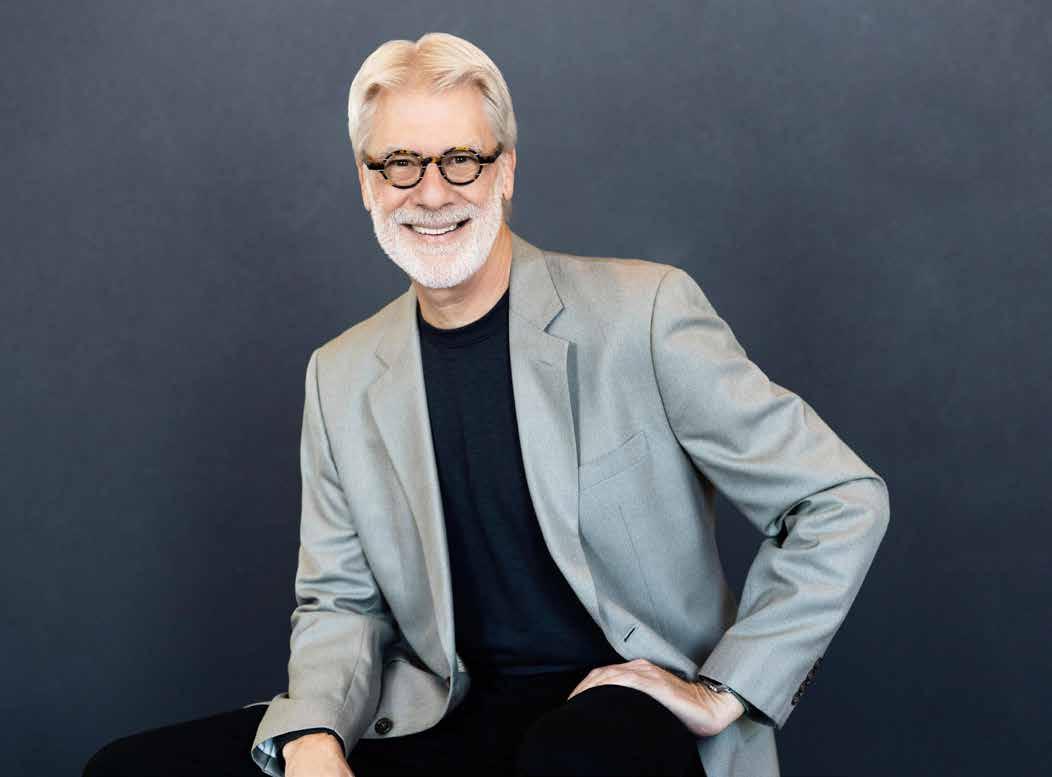
The “INNOVATE® NASHVILLE” Team would like to give a special thanks to all the participants and the following companies for their support and assistance in making this project a reality.

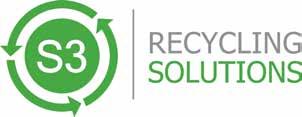


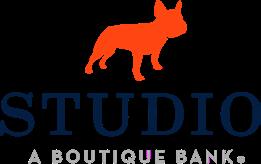
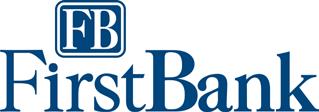
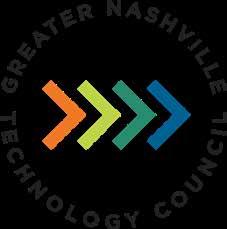
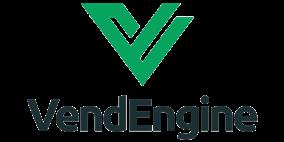

Meet the people that are building a better NASHVILLE for tomorrow


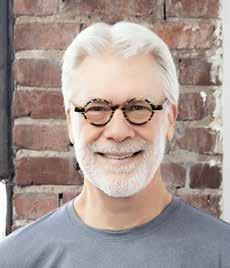
INNOVATE® Nashville showcases the best of Nashville’s innovation and entrepreneurial ecosystem. Embedded on some pages you will find augmented reality videos, when used with the free GLOBAL VILLAGE APP, the world of the future will open up before your very eyes.
But “INNOVATE® Nashville” is far more than a tech-enabled publication; it is a multimedia experience centered around the deluxe hardcover coffee-table book you are now holding, which includes AR videos and also an online web platform and multilevel social media networking. Online, the full e-book will be viewed in the millions through the InnovationsoftheWorld.com online library.
This publication aims to celebrate those involved in the Nashville ecosystem, but it is also meant for all business leaders and decisionmakers who can effect change in their industries throughout the USA and the world. We publish INNOVATE® Nashville for the open-minded folk who want to know more about the exciting changes that have recently transpired in the Nashville ecosystem, and who play or want to play an active role in its growth and development.
This inaugural edition of INNOVATE® Nashville is part of a global series. We are currently launching volumes in cities throughout the Globalvillagepublishinginc.com publishing partnership network.

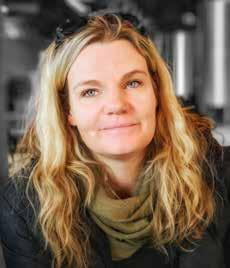
By experiencing INNOVATE® Nashville, you are part of our Global Village network, and we are happy to have you. I trust you will join us as we continue the journey of the INNOVATE® series.
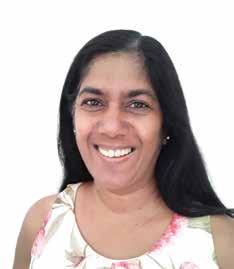 Sven Boermeester Founder/CEO International Group Publisher
Sven Boermeester Founder/CEO International Group Publisher
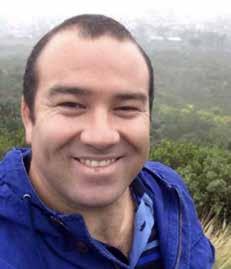
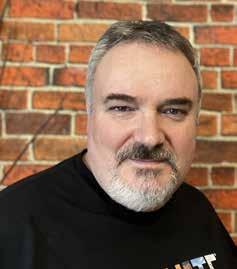
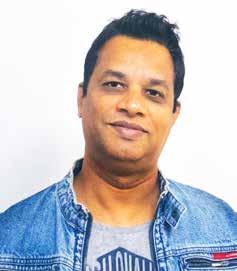
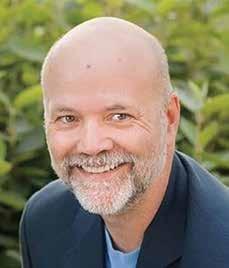 Sue Rooney COO
Gill Wagner Publishing Partner
Brian Moyer Project Champion
Anita Govender Production Manager
Ravi Handve Designer
Justin Jones Chief Digital Officer
Evan Rothman Editor & Writer
Sue Rooney COO
Gill Wagner Publishing Partner
Brian Moyer Project Champion
Anita Govender Production Manager
Ravi Handve Designer
Justin Jones Chief Digital Officer
Evan Rothman Editor & Writer
MULTIMEDIA EXPERIENCE AND MORE.” SVEN BOERMEESTER - FOUNDER/CEO, INTERNATIONAL GROUP PUBLISHER
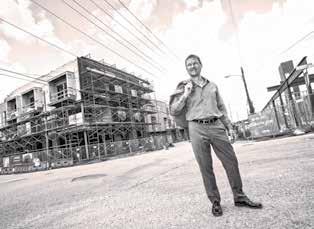
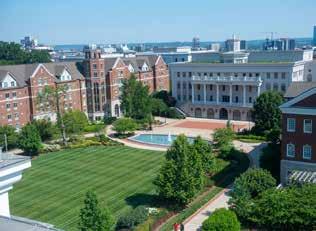






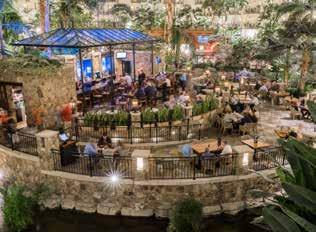



INNOVATION ENABLERS
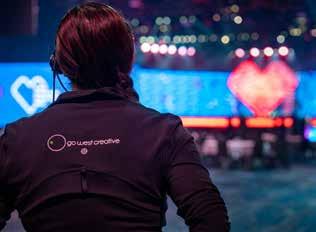
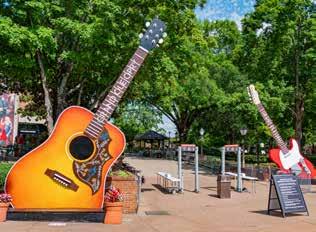



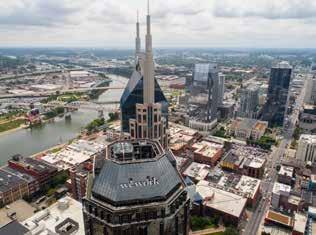

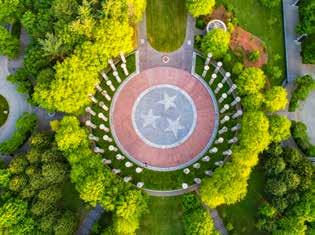
AFTERWORD
IT’S A KIND OF MAGIC...
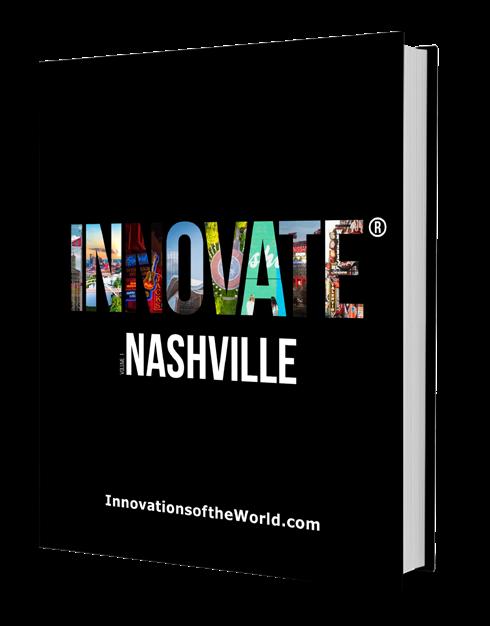





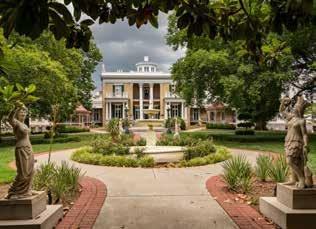
To experience the future of print, download the Global Village AR App from the IOS or Android App stores. Open the App and hold it about 30cm above any page that contains an image with the “play” Icon.
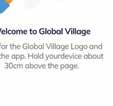

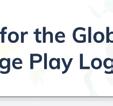
Make sure your back camera is pointing at the page. Click the Play button that appears onscreen and immerse yourself in the latest updated content with reference to that page.









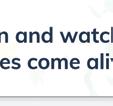



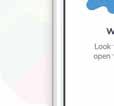






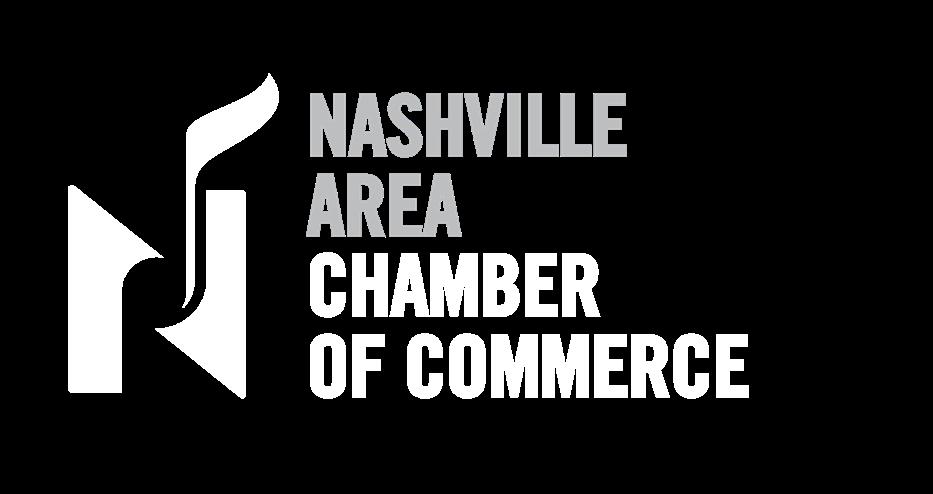

Nashville is the spiritual home of music in the United States. That drumbeat and sassy guitar solo can be heard nationwide, celebrated as a cultural leader other cities follow. Its work-life balance, popular tourist attractions and charming historic spaces may fool some that this Tennessee region is all about the sweet life, but Nashville is also gleaming skyscrapers, diverse industries, and Big Business.

The Nashville region is home to more than 2 million people and more than 53,000 businesses. Many corporate headquarter giants call Middle Tennessee home, including Nissan North America, Bridgestone Americas, Dollar General, Hospital Corporation of America, AllianceBernstein, iHeartMedia, Mitsubishi, The ICEE Company, and Amazon. A national hub for the creative class, Nashville has the strongest concentration of the music industry in America.
The Nashville region’s educated workforce not only provides an abundant talent pool for companies, but also bolsters the region’s vibrancy, artistic and musical essence, and competitive edge in technology and innovation.
The Nashville region is defined by a diverse economy, low living and business costs, a creative culture, and a well-educated population. Cultural diversity, unique neighborhoods, a variety of industries and a thriving creative community make Middle Tennessee among the nation’s best locations for relocating, expanding and startup companies.
Those who call the Nashville region home know it is an influential and energetic center of creativity, a place of growth and business, and a place for community leaders. National and international media coverage touting our progressive arts, food, sports, fashion, and music scenes have come as no surprise. We recognize the caliber of industry, intelligence and creativity that define our community. We work it and live it every day.
Nashville is one of nine Google for Startups Tech Hubs in the U.S. to help our local Nashville startup community thrive. Over 250 entrepreneurial resources in our region navigated through a free, formalized service at the Nashville Entrepreneur Center (eco.co/navigation).

According to research by Kauffman in 2018, Nashville is #12 overall on the Surge Cities Index for best places for startups. Within those rankings, Nashville was #5 overall for Job Creation and #6 for Net Business Creation. (2020) Nashville ranked #4 city for growing startups.

A city of poets, scientists, inventors, scholars, and developers, Nashville highly values education and offers abundant options for learners in all stages of life. With 18 colleges and universities, it is home to nearly 123,000 college students. Each year, 26,000 of these students graduate, and 6O% remain in the Nashville region.
The top driver of this region’s growth lies in the strong talent pipeline. Vanderbilt University, Middle Tennessee State University, Fisk University, Tennessee State University, Belmont University, Lipscomb University, and a host of two-year institutions are just a few of the talent suppliers for the area.
Nashville is full of young, creative talent with a median age of 36. Nashville consistently ranks in the top metros across the country for attracting young professionals.

Middle Tennessee is a rich assembly of people with widely varied backgrounds, experiences, and interests. Our diverse, inclusive population creates a culturally competent community.
Nashville understands the importance of diversity and inclusion, with one in eight Nashvillians being foreign-born and international migration accounting for more than 20% of Nashville’s net in-migration from 2010
- 2018. Nashville is home to large Hispanic, Middle Eastern, Kurdish, and South and Southeast Asian populations with a wide variety of international cultural and social organizations.
More than 450 Nashville area businesses are also members of the coalition Tennessee Thrives, a partnership of businesses committed to a thriving Tennessee that welcomes all people.

Nashville is widely recognized as a national healthcare industry capital and global healthcare industry leader. With a reputation for dynamic, innovative healthcare companies, the Nashville region has a rich tradition of entrepreneurship and strong industry management talent.

It has helped shape the nation’s healthcare landscape for the past four decades and continues to improve the delivery of patient care across the globe. The healthcare industry contributes an overall benefit of nearly $67 billion and 328,598 jobs, direct and indirect, to the local economy annually.
More than 900 healthcare companies are located in our area, making it the region’s largest and fastestgrowing industry. Eighteen publicly traded healthcare companies are headquartered in the region, with a combined worldwide employment of nearly 500,000 and $95 billion in global revenue.
More than half of the privately-owned hospital beds in the U.S. are operated by Nashville-area companies. The region has also developed a network of professional service firms specializing in the healthcare industry – including legal, accounting, finance, and real estate services.
With more than 190 recording studios, over 5,000 working musicians, and live music every night of the week, Nashville is a hub for the music industry. The Nashville region’s concentration of musicians and music businesses is the highest in the nation.
Music industry activity in Nashville is as much as 30 times greater than the nation overall – 10 times greater than New York or Los Angeles and even greater compared to other cities, such as

Atlanta, Austin, and New Orleans. Nashville has evolved alongside the music business and has maintained its status as a global center for the entertainment industry. The local music scene has been praised in major publications such as The New York Times, Travel + Leisure, SPIN and Rolling Stone.
The Nashville region has been a magnet for creative talent since the 1930s. Today, that energy is stronger than ever and is drawing songwriters and instrumentalists from all genres, as well as filmmakers, artists, authors, and digital entrepreneurs.
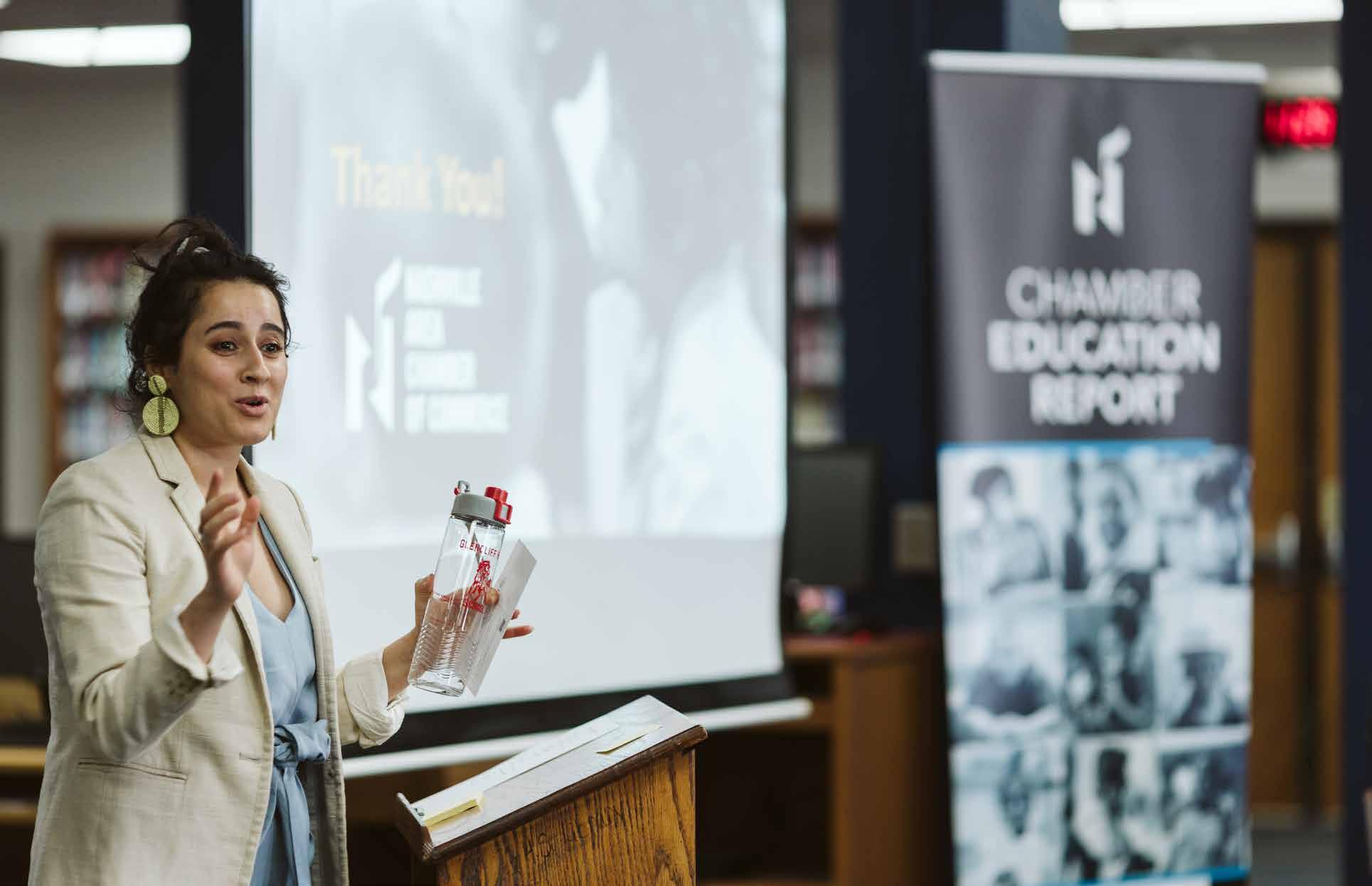
The Nashville region is home to some of the world’s most popular entertainers, including Tim McGraw, Jack White, Taylor Swift, Sheryl Crow, The Black Keys, Paramore, and Kings of Leon. Nashville’s incredibly diverse music and entertainment industry continue to expand, making the city a creative core for the region and the country.
A landmark – and institution of Nashville – is the city’s Bluebird Café. It gained mainstream attention across the world when it served as the backdrop of the 1993 movie “This Thing Called Love” starring River Phoenix and Sandra Bullock. It was more recently featured in the recordmaking TV show “Nashville,” which ran for eight seasons and birthed the “Bluebird Café Lifestyle.”
In 2019, a documentary titled “Bluebird” outlined the impact of this famous location on country and pop music. Following Garth Brooks and Taylor Swift, it showcases how this music venue helped propel these artists (and many more) to music stardom.
Over the past two decades, Nashville’s premier location, skilled workforce, labor cost advantages, advanced training, and innovative technology have made the region an ideal destination for world-class manufacturers.
These advantages allow Nashville’s celebrated manufacturing base to operate more efficiently and at a lower cost than almost anywhere in America. Three interstate highways converge in Nashville, providing ideal access to market for the manufacturing community. The city is a hub in the CSX rail system, connecting 20 states, 140 freight carriers and 150 truck terminals.
Air cargo at Nashville International Airport (BNA) is supported by ten major carriers. Rates for freight transport are among the most competitive in the nation. As a right-to-work state, Tennessee

consistently gives employers optimal return on investment. Favorable business regulatory and tax climates allow manufacturing firms to focus on high-quality production. The community college system and vocational/technical schools provide the workforce that helped Nashville earn a national reputation as a top location for advanced manufacturing operations.
The Nashville region has established itself as one of America’s most desirable headquarters and corporate office locations.
Corporate headquarters in the region range from sectors including retail (Dollar General, Tractor Supply Company, Kirkland’s, Genesco) to healthcare (HCA, Community Health Systems, LifePoint,
SmileDirectClub) to manufacturing (Nissan, Gibson Brands, Red Collar Pet Food, Bridgestone, Hankook Tire, Mitsubishi) and financial services (AllianceBernstein, Pinnacle Financial Partners, Ramsey Solutions, CAT Financial).
The continued growth of these corporations is driven by the regional talent pool, affordable operating costs, and the ability to recruit key talent to the region. The Nashville region has also earned a reputation as a hotbed for technology, as companies like Lyft, iHeartMedia, NTT Data, Pilot.com, Amazon, Asurion, and KeepTruckin’ chose Nashville for significant tech operations.
As Nashville continues to thrive, this evolution has become even more evident through the region’s creative talent and a wealth of entrepreneurial success.
The Nashville region is also one of the most attractive metropolitan areas in the country for in-migration. Nashville gains an average of 76 net new residents per day, providing the region’s employers with a continuous supply of available workforce.

Nashville’s unparalleled creative community— with a mash-up of musicians, artists, writers, developers, and designers—translates into a tech scene unlike any other in America. The Nashville region possesses an economy that is more diverse for its size than nearly any market in the United States.
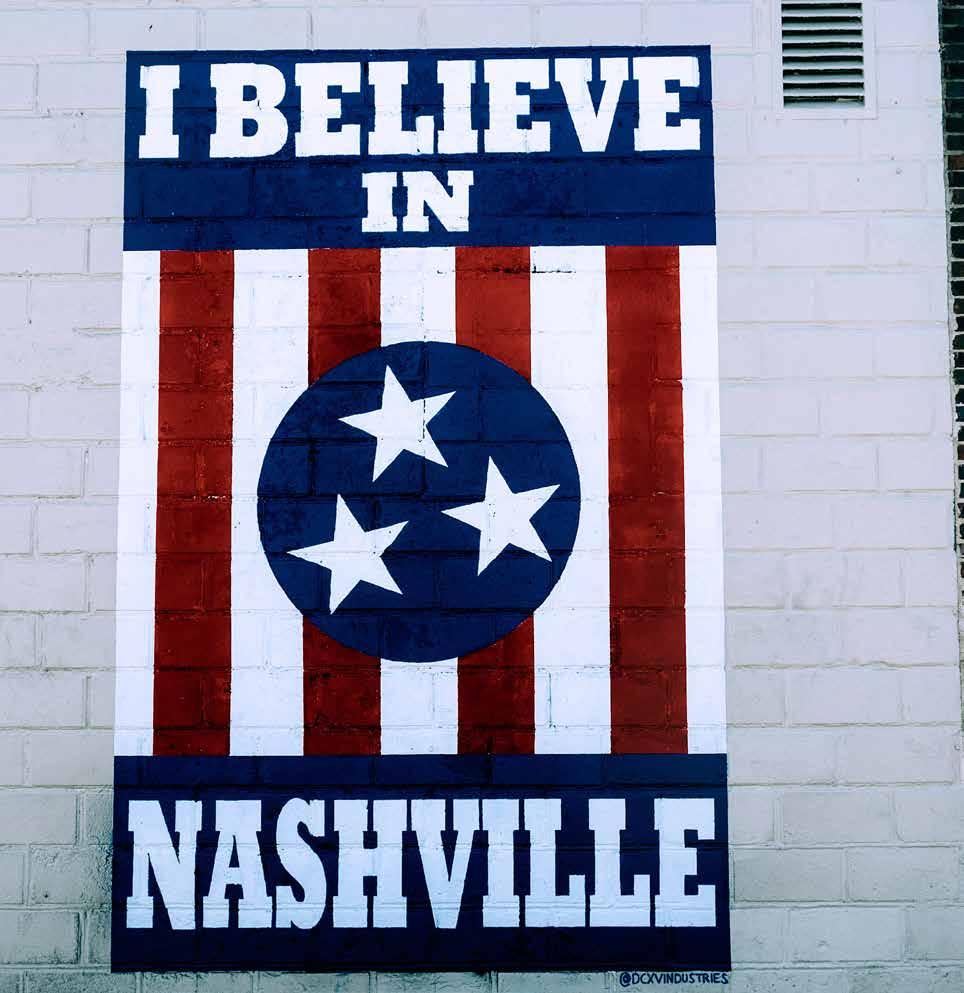
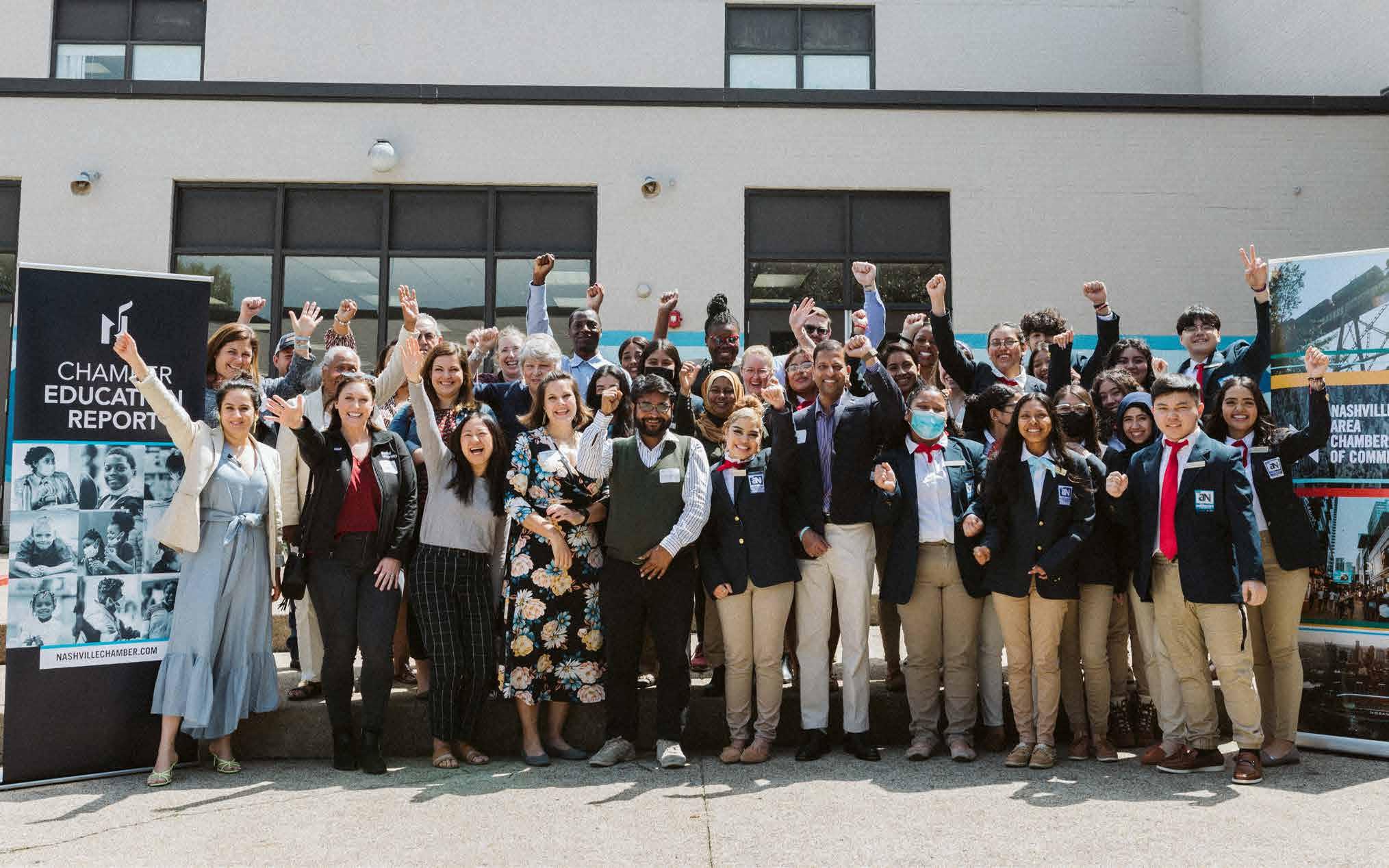
The Nashville MSA has experienced remarkable, record-breaking growth for many years, while continuing to rely on the diverse industry mix that has provided the region with great stability.
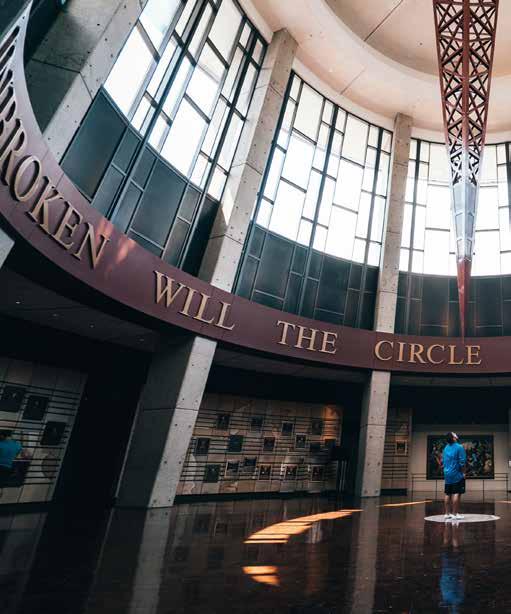
As a field, technology has been present for many decades, but has expanded rapidly in the nation and the world since the 1990s. Nashville’s tech job growth is notably faster than the national average for growth in this field. Technology has become ubiquitous as a feature of nearly every industry, firm and location in the country and, in Nashville, the tech workforce is deployed across healthcare management, manufacturing, music, logistics, finance, government, education and many other industry sectors.
CompTIA, widely regarded as the world’s leading information technology association, draws the distinction between core tech industry employment and tech occupation employment in other industries. Nationally and in the Nashville region, tech occupations exist in both tech-dominated firms and across many industry sectors.
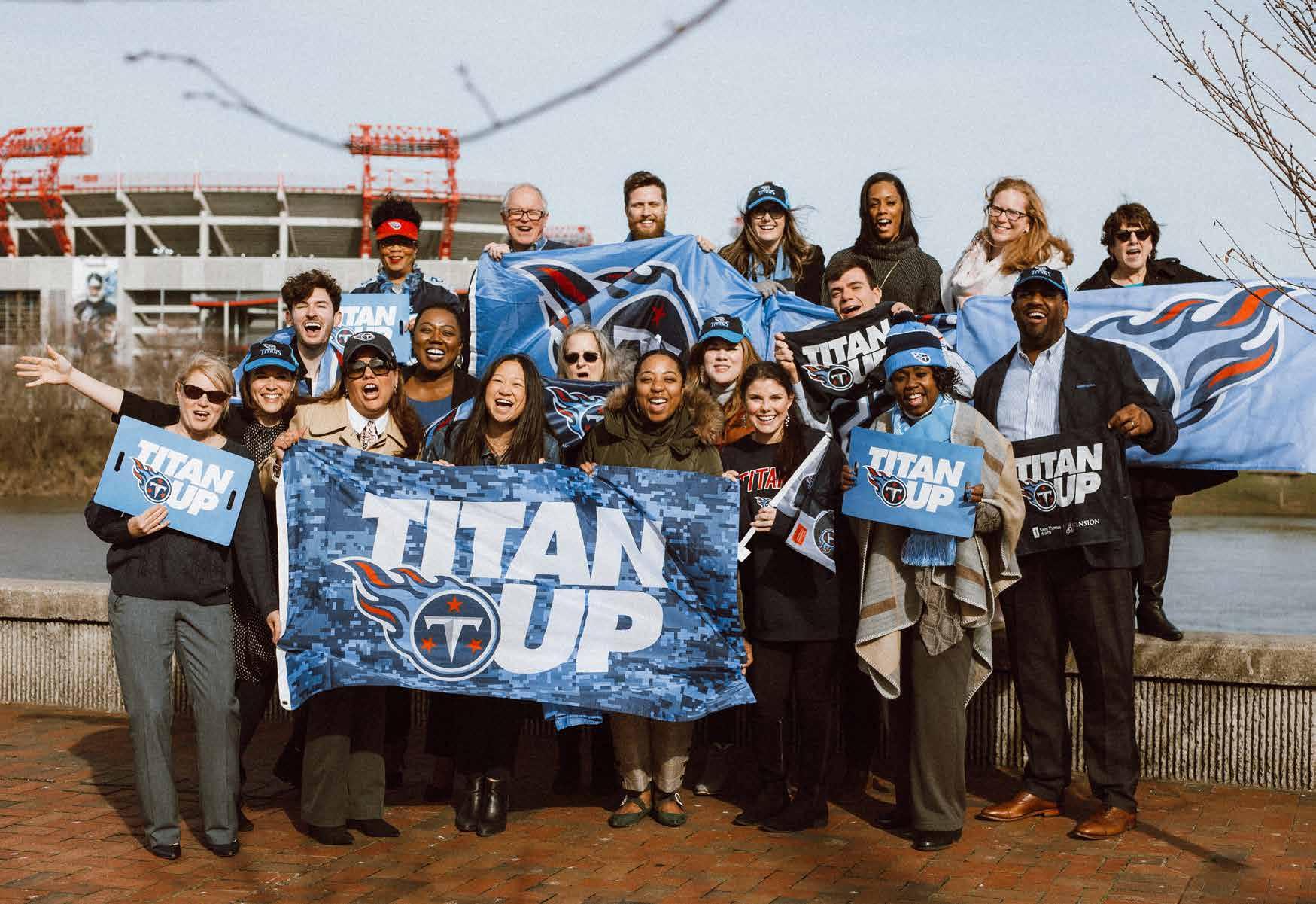
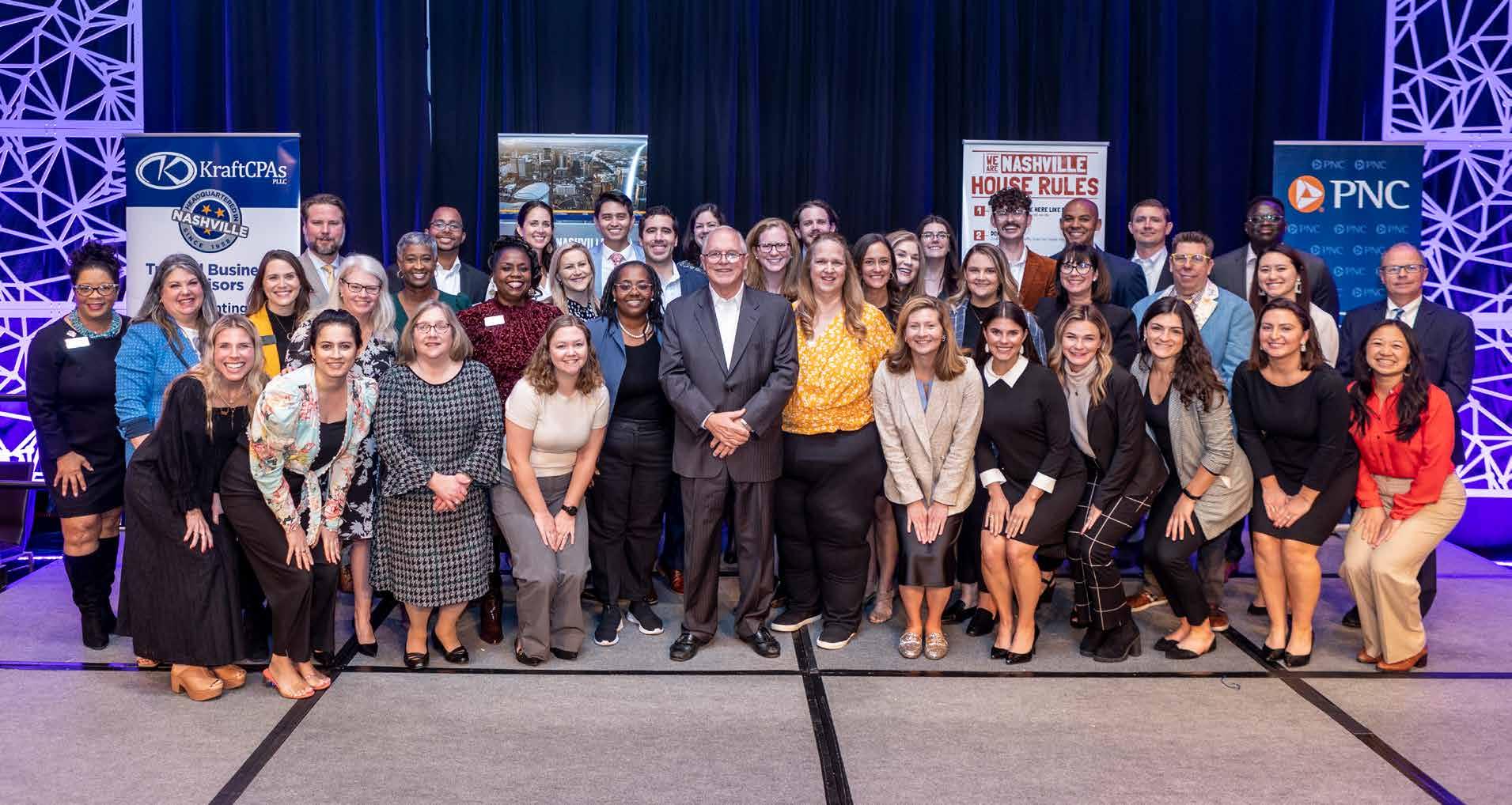

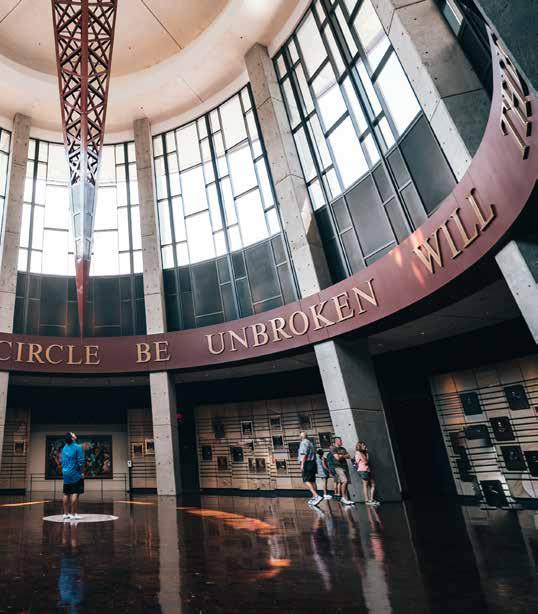
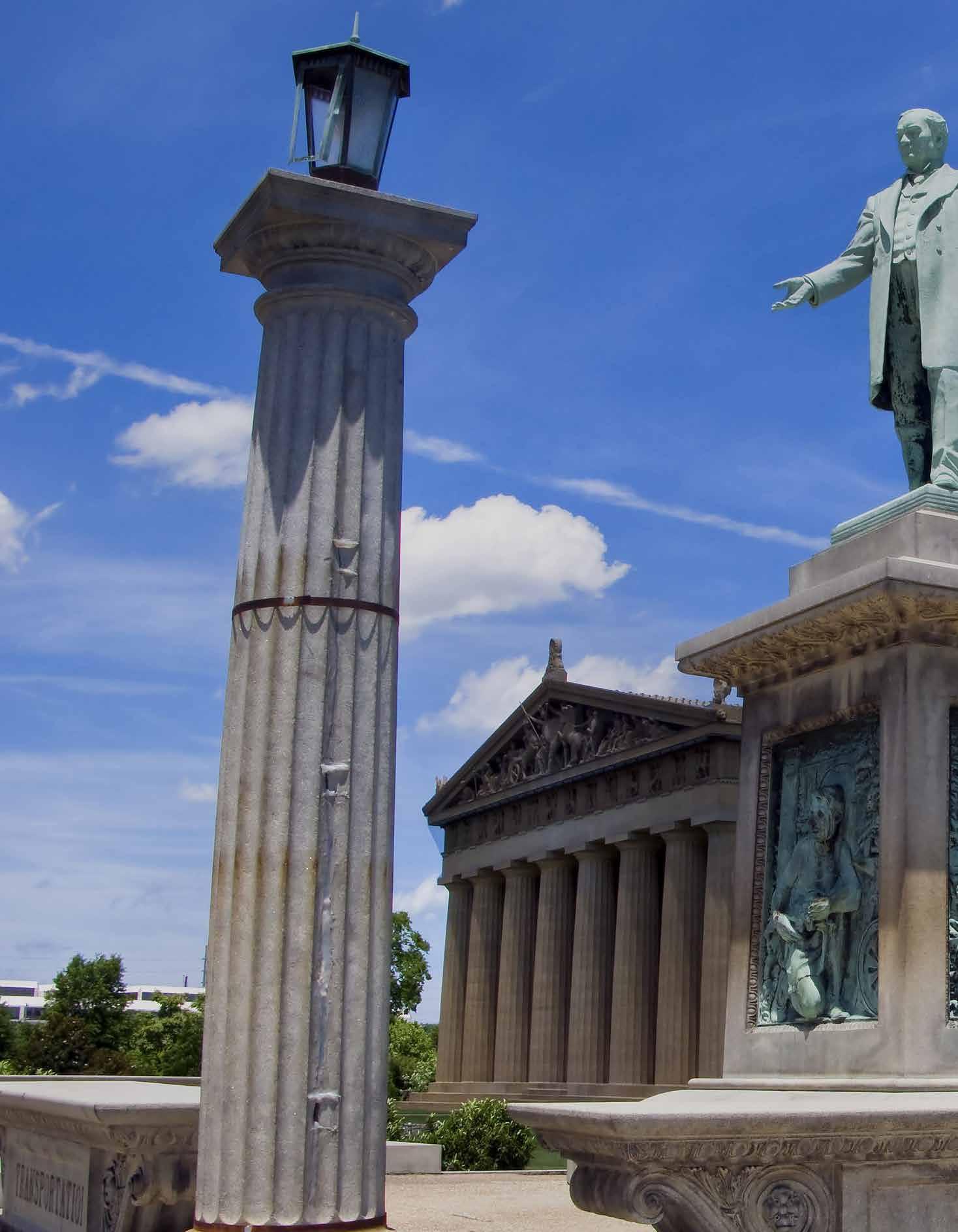
“If you don’t like the road you’re walking, start paving another one.”
DOLLYPARTON
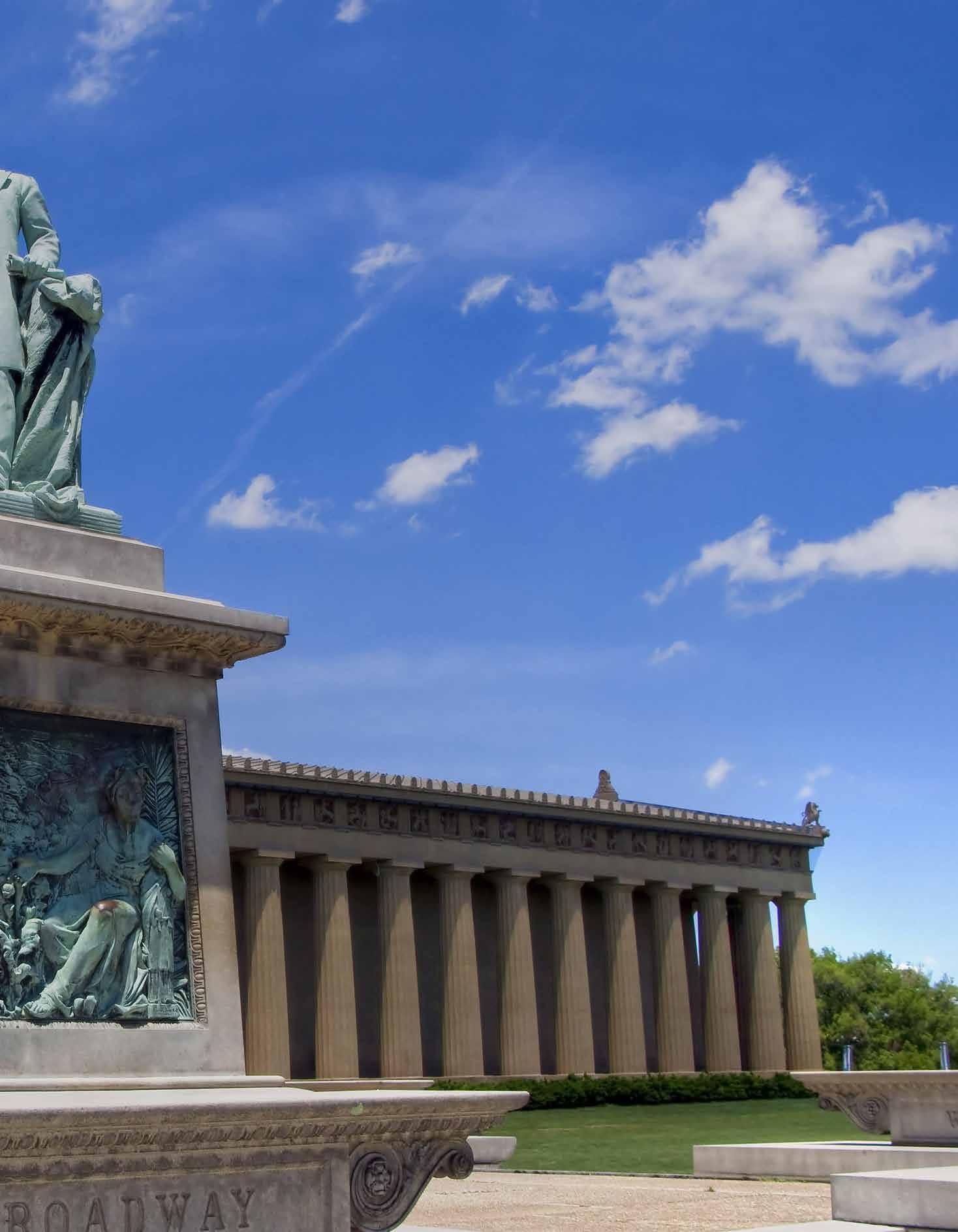
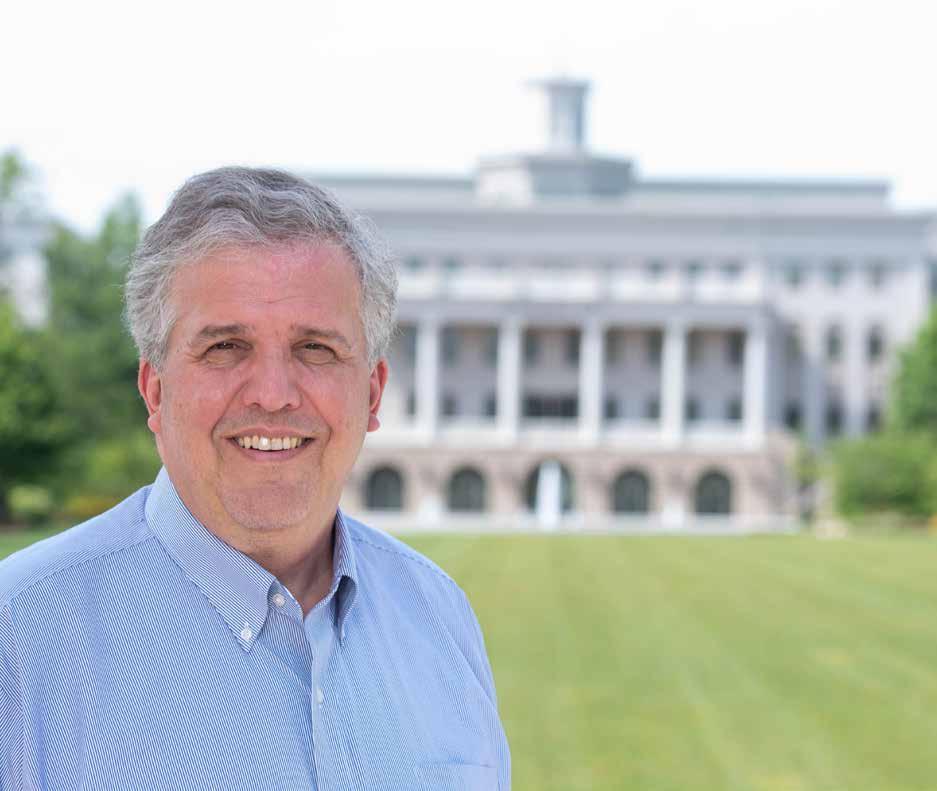
Social innovation—the opportunity to leverage creativity and innovation to solve complex problems and help people and communities thrive—is often associated with entrepreneurs or singular individuals. Though this is true and is certainly one aspect of the formula that leads to meaningful impact, it isn’t the full story.
The reality is that few individuals create truly innovative social impact alone. Organizations have an incredible role to play in the important work of supporting human flourishing—and as leaders of organizations, we must step into the role before us and get engaged.
When I reflect on organizations who embody what it means to play a significant role in social innovation—and actively serve as a catalyst for social impact—three key pillars come to mind.
The first is a distinct sense of purpose; one that serves as a North Star to transcend vision and galvanize our efforts. This sense of purpose enables creativity across organizations and invites a sense of imagination that leads to true innovation.
The second is a commitment to an organization’s role as a convener. True impact requires the engagement of an entire ecosystem, particularly when we’re considering some of the most complex problems that keep people and communities from flourishing. Organizations have an incredible role to play when we consider the ways in which we can bring together a variety of players who are interested in collaboration, ultimately focused on improving lives for those around us.
Finally, we must be willing to act, resisting the urge to simply discuss how we can improve the countless challenges we face and together begin to move toward action. It can be easy to get lost in conversation, but discussion alone will not create change. It’s action that leads to results.
When organizations step fully into this role and see themselves as key players in the social innovation space, it can lead to true impact and flourishing for our communities.
Entrepreneurial and higher education thought leader Dr. Greg Jones is the president of Belmont University in Nashville, Tennessee. Greg is passionate about re-shaping cultures within and across organizations and has coined the term “traditioned innovation” to capture how he re-frames complex challenges to seize significant opportunities.
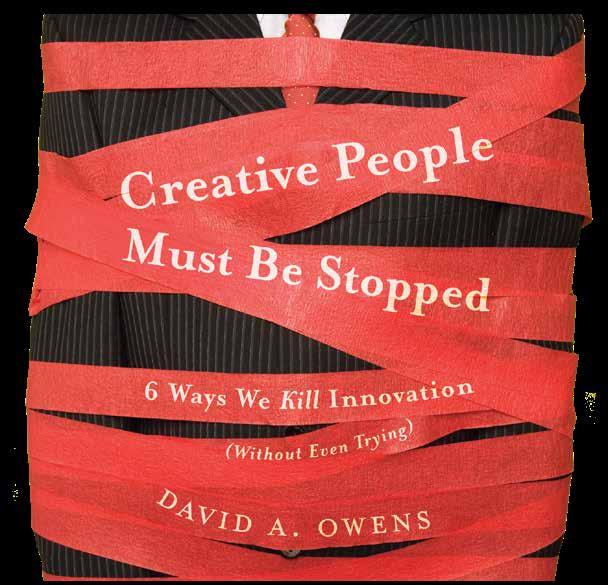

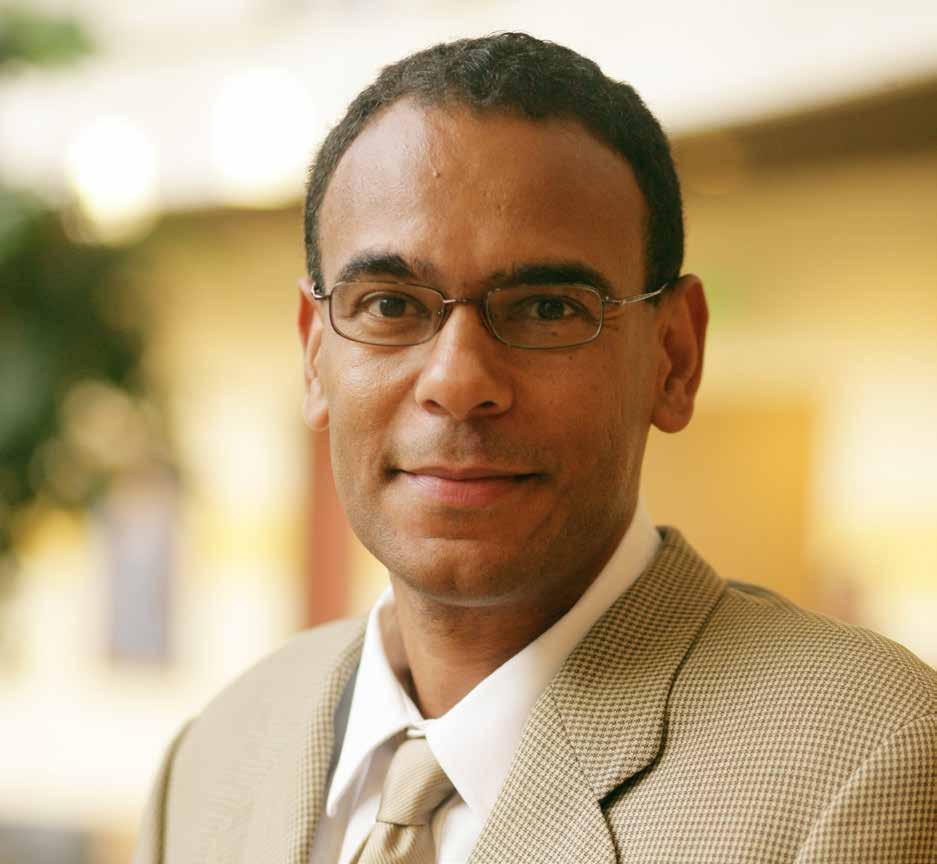
Nashville has always been a great place for members of the creative class. It has more than its fair share of the spirit of innovation and, as I was told when I moved here, more recording studios than bars and more microphones than people. And while the artistic creativity is widely known, a broader and more fundamental force in Nashville and the region is the creative dexterity of the community. This is readily apparent as the innovation ecosystem of Nashville evolves in both breadth and depth. That dexterity is at work as we grow our music business into music-tech and our healthcare services expertise grows into areas of biotech. And it is apparent as we transform from a distribution hub into a leader in smart city logistics and from a finance center into a fintech mecca, to name but a few of the profound industry transformations taking place in the city.
At the Wond’ry, Vanderbilt’s innovation center, we have a significant part to play in this growth as well. To support creative dexterity across the region, we don’t take direct responsibility for innovating. Rather, and more importantly, we take responsibility for identifying and removing barriers that stop innovation. We do this by providing tools,
space, technology, capital, resources, and most importantly, direct access to a diverse network of experts, mentors, and an enthusiastic and creative community across the campus, city, and the region. Driven by the insight that not understanding how to go about doing innovation can itself be a barrier (which is why it is easier to envision change than to achieve it), we conduct and teach innovation and design research with a goal of supporting the creative community as they drive from abstract ideas to real changes in the world.
I love that Nashville is such a creative city. And what I find amazing is how many different and effortless ways that creativity and innovation show up and unfold across the community.
David A. Owens davidaowens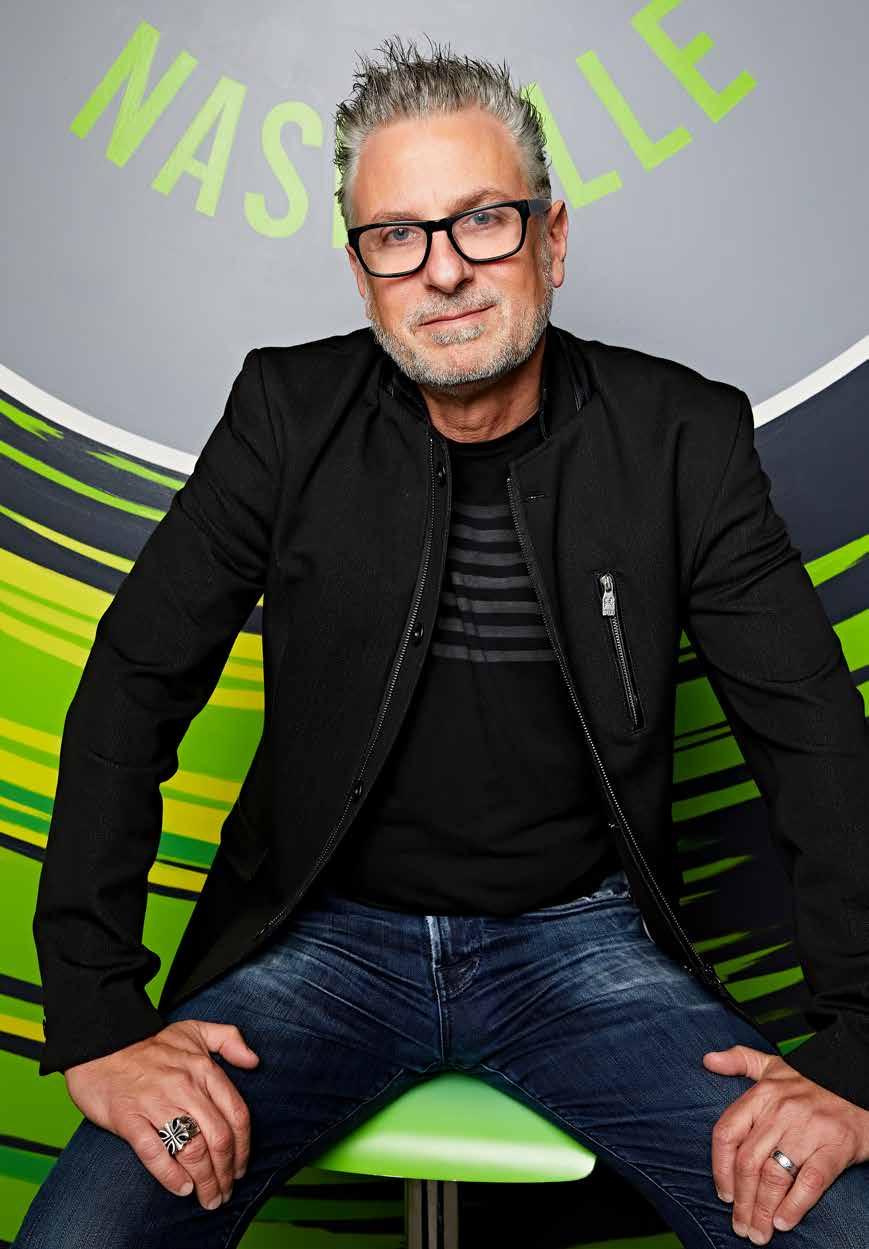
I don’t think that there is anything more important in business today than authenticity. We have all been through so much as a global community in the past 3 years, that I feel people just have no capacity for B.S. anymore. Which is a good thing.
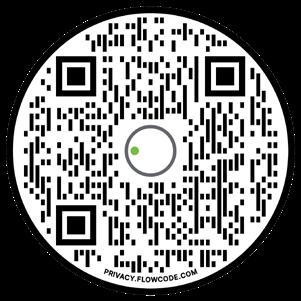
But when you think about it, this really isn’t just a post pandemic thing, this is a human thing.
I remember speaking to a class of Leadership Nashville on the history of my business. What truly resonated with them the most was the stories of my failures, mistakes and how close we came to completely going out of business. This is a complete 180 from the way that I was raised up in business in the 80’s and 90’s. Back then, it was all about making sure everyone I met knew how great things were and how successful the company was….even when it wasn’t. I often look back on those times and those conversations and wonder if I was fooling anyone, besides myself.
But after a few undeniable missteps and misfortunes, I had to come to terms with the fact that things are not always going to be perfect…for me or for anyone else. So, becoming vulnerable and honest and sharing the pitfalls and mistakes that had been encountered AND how through tenacity and creativity, we were able to navigate dire situations, became the key to building trust and authentic relationships with staff and clients.
Today, striving for authenticity is the cornerstone of our operations. If I am being honest, we are not always 100% perfect. However, we see time and time again that when we invite others into the real dialogue about real topics and concerns, there is a greater sense of connection, collaboration and comradery, and that is what leads to lasting relationships.
Go West Creative gowestcreative go-west-creative-groupTHEY CARE TO REACH.
DAVID FISCHETTE, CEO & CHIEF CREATIVE, GO WEST CREATIVE
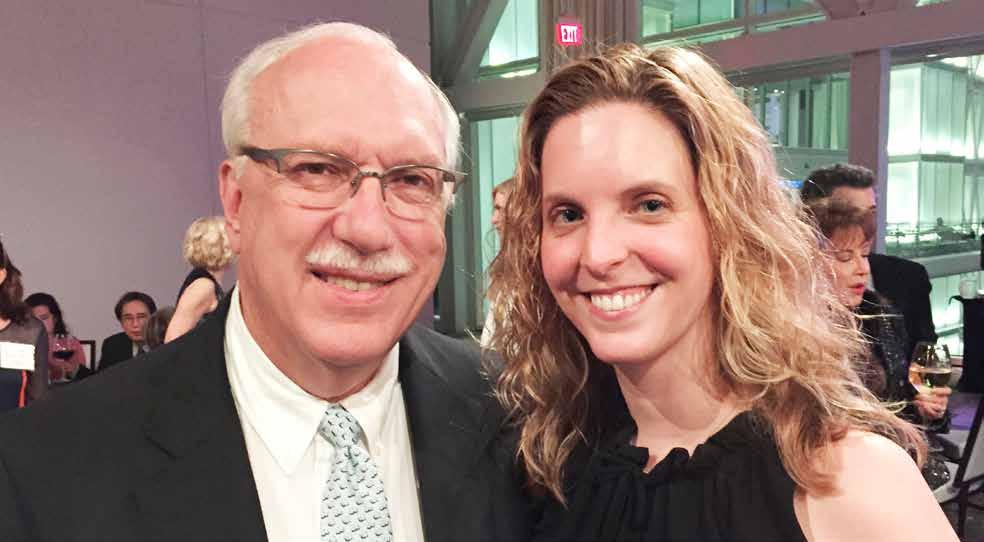
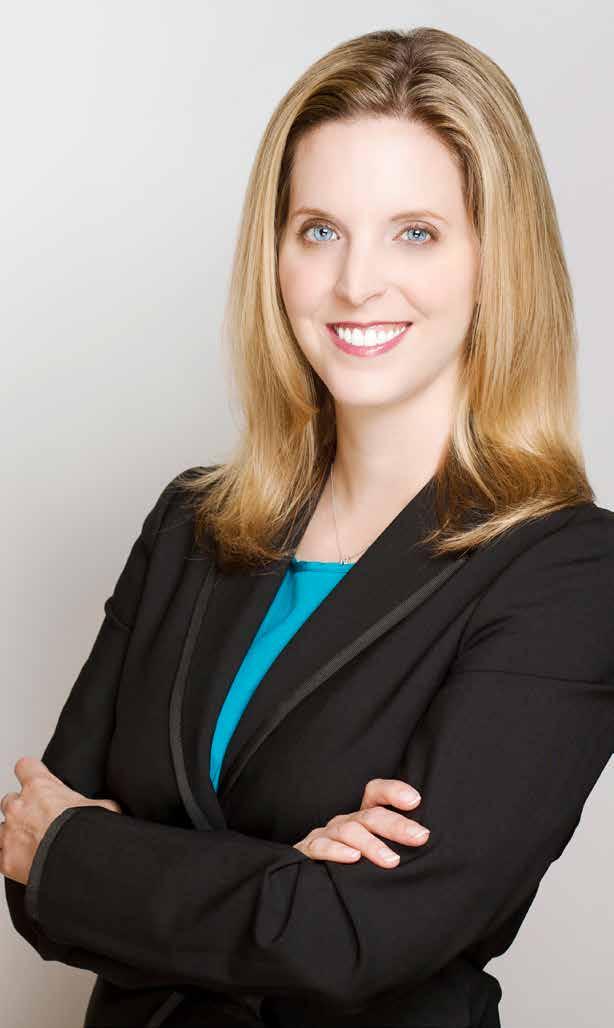
My late father will always be my original mentor and the embodiment of everything I have wanted to be…a successful doctor and business professional with a limitless heart for caring for others, an unending passion for giving to those less fortunate, and an unbounded love of being a parent. Losing him when I was 13 years old, shattered my dreams. I felt alone, wondering who I could turn to for guidance in pursuing my calling to become a physician.
Over the past 30 years, mentors are the people who said, “You have something special. I see it inside you. Let me help you reach your goals and be a success.”
Mentors share their expertise. They ignite us when we are on fire, and they inspire us when our flames have quieted down. Mentors offer a different perspective or a different solution. They give us another reason to persevere when we may be ready to quit. They will be our biggest cheerleaders at our moments of success. Great mentors are lifelong colleagues and friends.
One of my mentors, Richard G. Glogau, M.D., said to me during my fellowship, “You are amazing. Stop second guessing your instinct and start believing in yourself. Only then will you be able to project your true self to the world so that others can see that you are amazing, too.” That advice, in that moment, changed my life. I relinquished the self-doubt engrained in me by the many years of hierarchical training. I confidently accepted my knowledge and intuition when it came to the practice of medicine. I projected a more assured self-image in my personal life. I felt liberated. It is this advice that gave me the confidence to open my own business.
Find mentors, seek personal advisors, and hire an executive coach. You need people around you that encourage and cultivate everything “amazing” you have to offer. For me, these people have not only helped me to become successful, but also have guided me like my father would have done if he were here. For all of my mentors, I am grateful.
Natalie M. Curcio, M.D., M.P.H., M.M.H.C Curcio Dermatology, P.C. 2125 Bandywood Dr. Nashville, TN 37215 +1 615-679-9011 (phone)AND CULTIVATE EVERYTHING “AMAZING” YOU HAVE
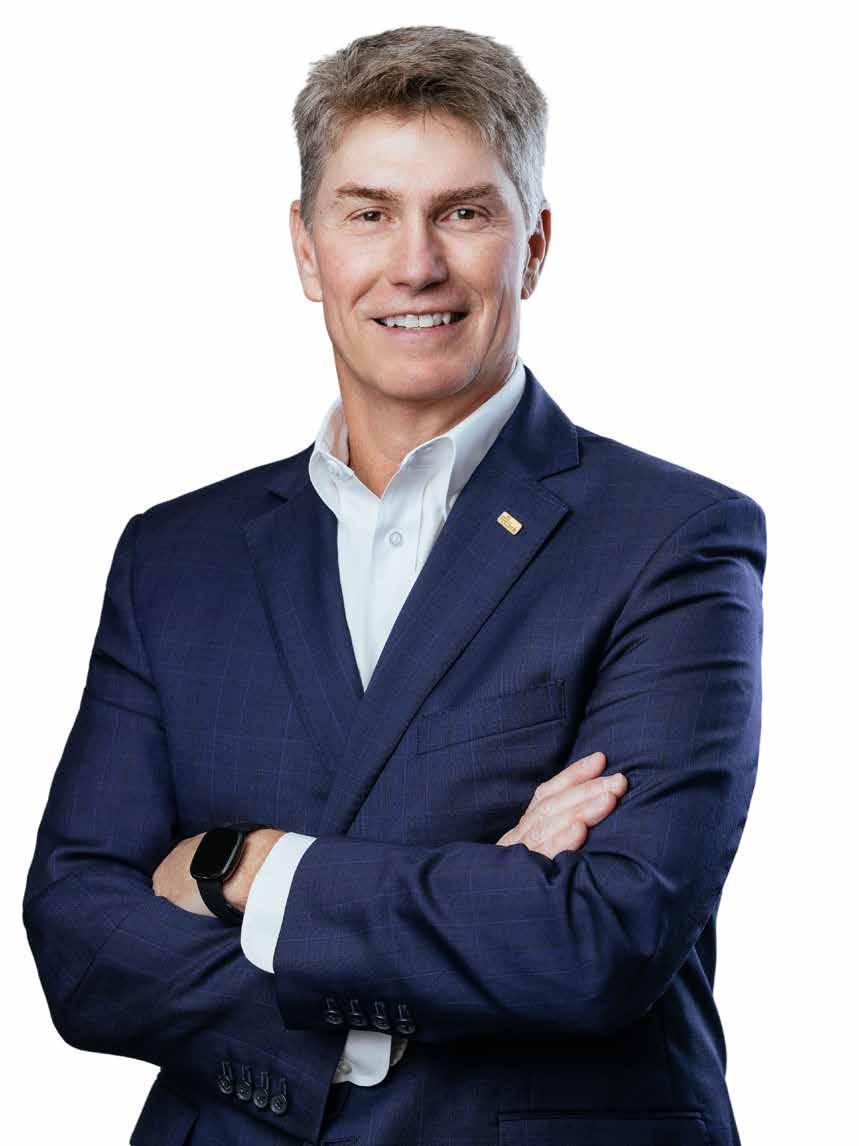
As a career banker with over 30 years’ experience, I’ve seen a fair amount of change along the way. In retrospect, major inflection points, no matter how disruptive to traditional banking methods have been positive in terms of making the banking experience better for everyone. The adoption of the Internet, evolution of the smartphone, and thoughtful application development all extended banking products and services to people who were otherwise outside of the banking system, improving access and inclusion.
I believe Blockchain and Web 3.0, although in early stages, will spur the largest and most disruptive round of innovation in the history of the financial services industry. Truth will replace trust, eliminating friction along with layers of intermediaries that slow down our systems and add unnecessary cost. Authentic ownership for real-world assets will be tokenized, recorded, and transferred on blockchain. Money will be programmable allowing for real-time, accurate execution of the most complex transactions. We will take control of our personal data, shop in the Metaverse, and the list goes on…
From my point of view, the future looks a lot like the past with new technologies presenting new possibilities. Having witnessed the unbundling of banking services and the accompanying exodus of retail customers from banks to fintechs during the last wave of tech innovation, I’m determined to put my years of experience to work instead of a being a passive bystander.
The most critical foundational challenge for the banking industry is the need to develop a method of tokenizing deposits within the existing regulatory and risk framework. By doing so, our banking system can continue to function as designed without a Central Bank Digital Currency and without the inherent risk presented by stablecoins.
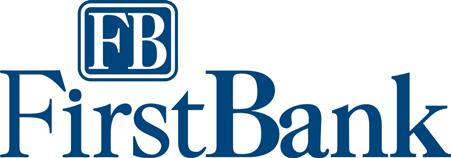
The Blockchain and Web 3.0 learning curve is steep for bankers, but it’s very exciting to see interest rapidly building. Attitudes are changing within banking leadership teams, and I’m encouraged to see the number of banks now investing and partnering with technologists to evolve our industry.
As all disruptive events go, the victory will go to those who lean in, learn, and lead. Banks are well positioned to evolve and innovate using these new technologies and if done well, recapture business that was lost in the last innovation wave.
The inflection points are obvious, and the time is now to engage and help shape the future of banking.
AND I’M ENCOURAGED TO SEE THE NUMBER OF BANKS NOW INVESTING AND PARTNERING WITH TECHNOLOGISTS TO EVOLVE OUR INDUSTRY.
WADE PEERY, CHIEF INNOVATIONS OFFICER, FIRSTBANK
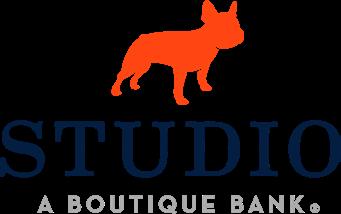
I love Nashville. As a fifth-generation native, Nashville is the only place I’ve ever called home. And while it’s not the town I grew up in, today’s Nashville has certainly kept me engaged and excited. So I’ve continued to choose Nashville as the place to build my family, my company, and invest in my community. For me, it’s exciting to be in the same town all these years and witness the tremendous amount of change that has taken place. And at the same time, fully appreciate what has always been a part of Nashville’s secret spice.
Ours is a city that understands the value of relationships and connectivity. Perhaps it’s because we’re Music City and creating music is much more fun with others, but we have long understood the power of collaboration and partnership. So when I was presented the opportunity to help start Studio Bank, I knew immediately that a big part of our approach would be harnessing the power of relationships. I knew that a bank could serve as a unique nexus point for bringing together people from all walks of life and different industries. I knew that a bank that reflected the energy of Nashville shouldn’t just be a community bank. It should be a community. Because that would be so Nashville.
An innovative community is only as strong as its willingness to support its members in making meaningful connections and building relationships of value. If Nashville is to sustain its growing reputation as an epicenter for creativity and innovation, we all have to be intentional and generous with our relationships. It’s the currency that enables prosperity sufficient enough for us all to share.
If you’re like me and have been in Nashville a long time, I encourage you to continue to engage in circles that are unfamiliar and get to know new creators, entrepreneurs and neighbors. Offer them the hospitality that has become part of the brand and has long been in the DNA of Nashville. If you’ve recently made the decision to call Nashville home, seize opportunities to contribute and connect. This town offers many
ways to do both. And if we all do this in big and small ways, at large-scale conferences and coffee meetings, these intentional and chance encounters are sure to lead to some great ideas and solve significant challenges.
Harry Allen is the Co-Founder and Chief Relationship Officer of Studio Bank. In this role, Mr. Allen serves as the Bank’s lead business development officer, key point of contact for stakeholders and strategic partners, and manages the Bank’s involvement and investment in community efforts. Mr. Allen is active in the Nashville community serving on the board of directors for the Nashville Public Education Foundation, Tennessee Performing Arts Center and is a Trustee and Chair of the Nominating and Evaluation Committee of Belmont University.
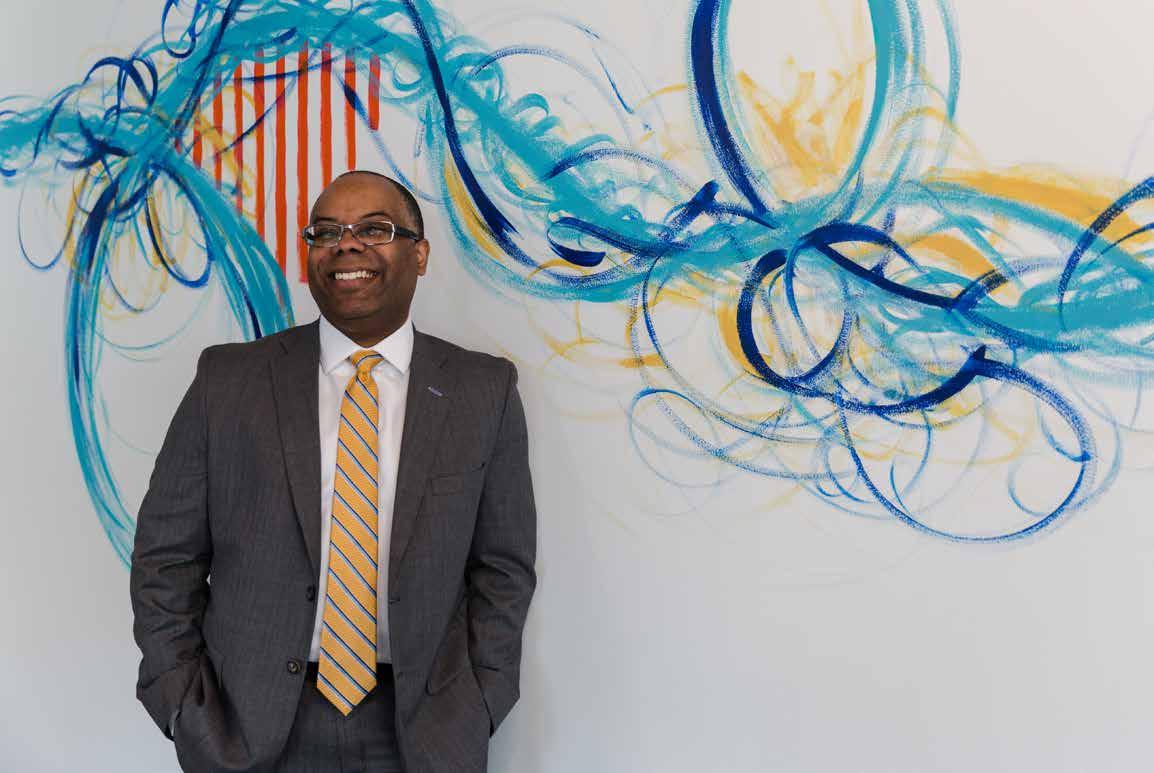
We are in a huge change moment equal to the Renaissance and the Industrial revolution. The way we have always done business cannot continue to work in this new environment. The focus must move away from expecting employees to serve the company with no reciprocity or at the expense of their very human experience. The new model is one in which companies recognize employee needs and support them in ways that promote both better performance and well-being.
Research shows that people want to be seen as whole human beings, not cogs in the machinery. During the pandemic, people were forced to slow down and learn new ways of working and connecting. With so much time to reflect, many took stock of their lives and decided to leave workplaces they saw as unhealthy or unfulfilling. Mental health became a bigger focus. While we are certainly not back to stasis from the shakeup, there are some clear patterns emerging, and business leaders ignore these at their own peril.
At InteraWorks, we are all in on the new model of business that embraces a clear mind and excited heart. We design and deliver programs that elevate the human experience, providing the tools and systems needed to succeed personally and professionally. Performance improves as people are more balanced, innovative, engaged, and able to show up as their best selves every day. This impact on performance and engagement is directly connected to the bottom lines of businesses. A powerful “and” is the positive culture shift that comes with caring for people first. The
implications for attracting and retaining talent, increasing innovation and engagement, and creating more alignment throughout all levels of an organization are staggering.
Wemay be most proud that we have been able to bring these same tools and systems to the nonprofit sector globally through our Best Year Yet Foundation. Collaborating with donors, corporate sponsors and other foundations allows us to bring all the same tools and systems to organizations who otherwise would not have access and who often need them the most. We are committed to leaving this world better than we found it.
Laurie graduated from Purdue University with a degree in Industrial Engineering. Prior to this current chapter in people development, she spent over 20 years in the corporate technology and manufacturing sectors. She has held numerous board positions and is currently a member of the Nashville Women’s Presidents Organization (WPO) Chapter and the Nashville Network of the Women’s Business Collaborative (WBC).
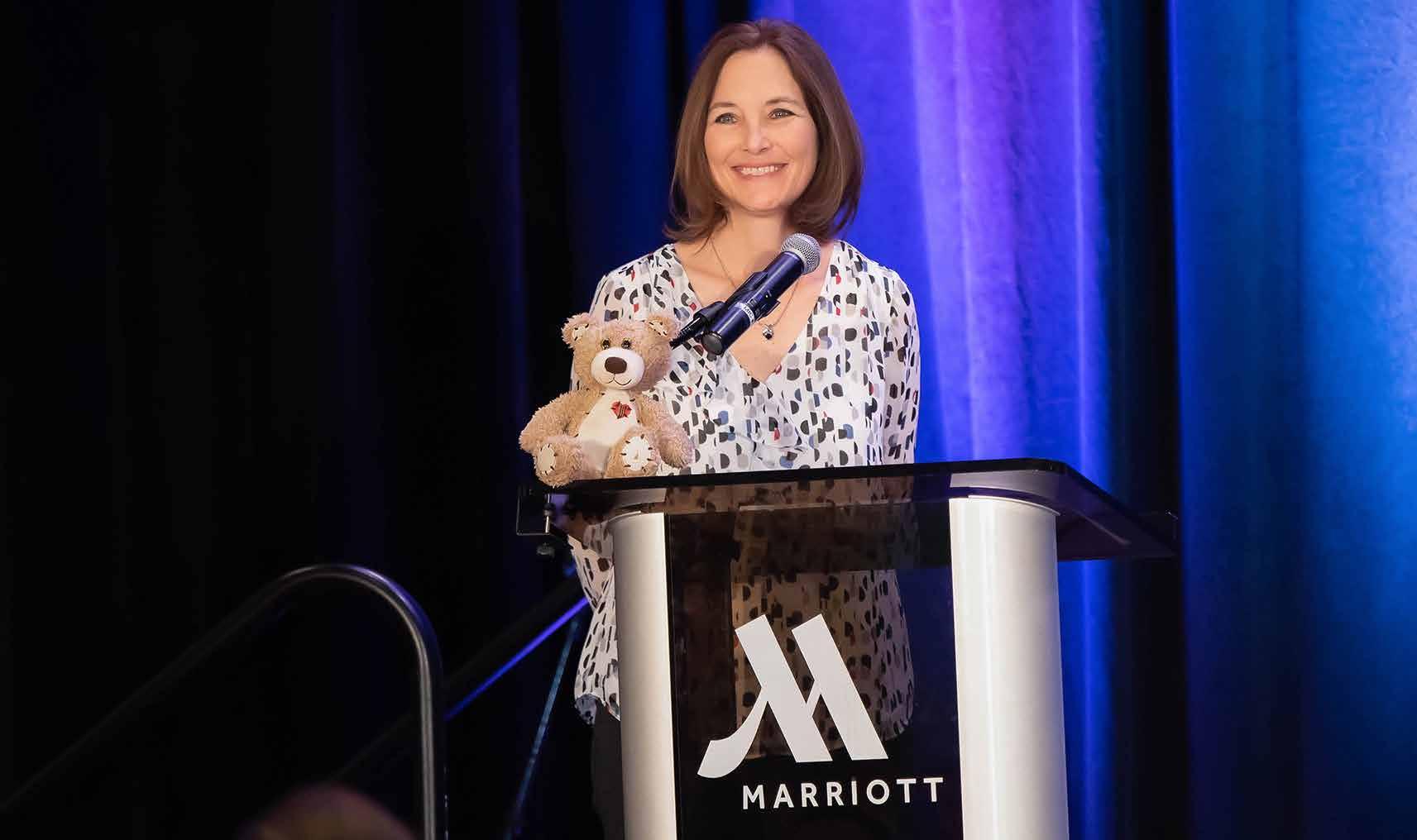
InteraWorks
info@interaworks.com
InteraWorks
interaworks.com

LAURIE OSWALD, CEO, INTERAWORKS AND CO-FOUNDER, BEST YEAR YET FOUNDATION
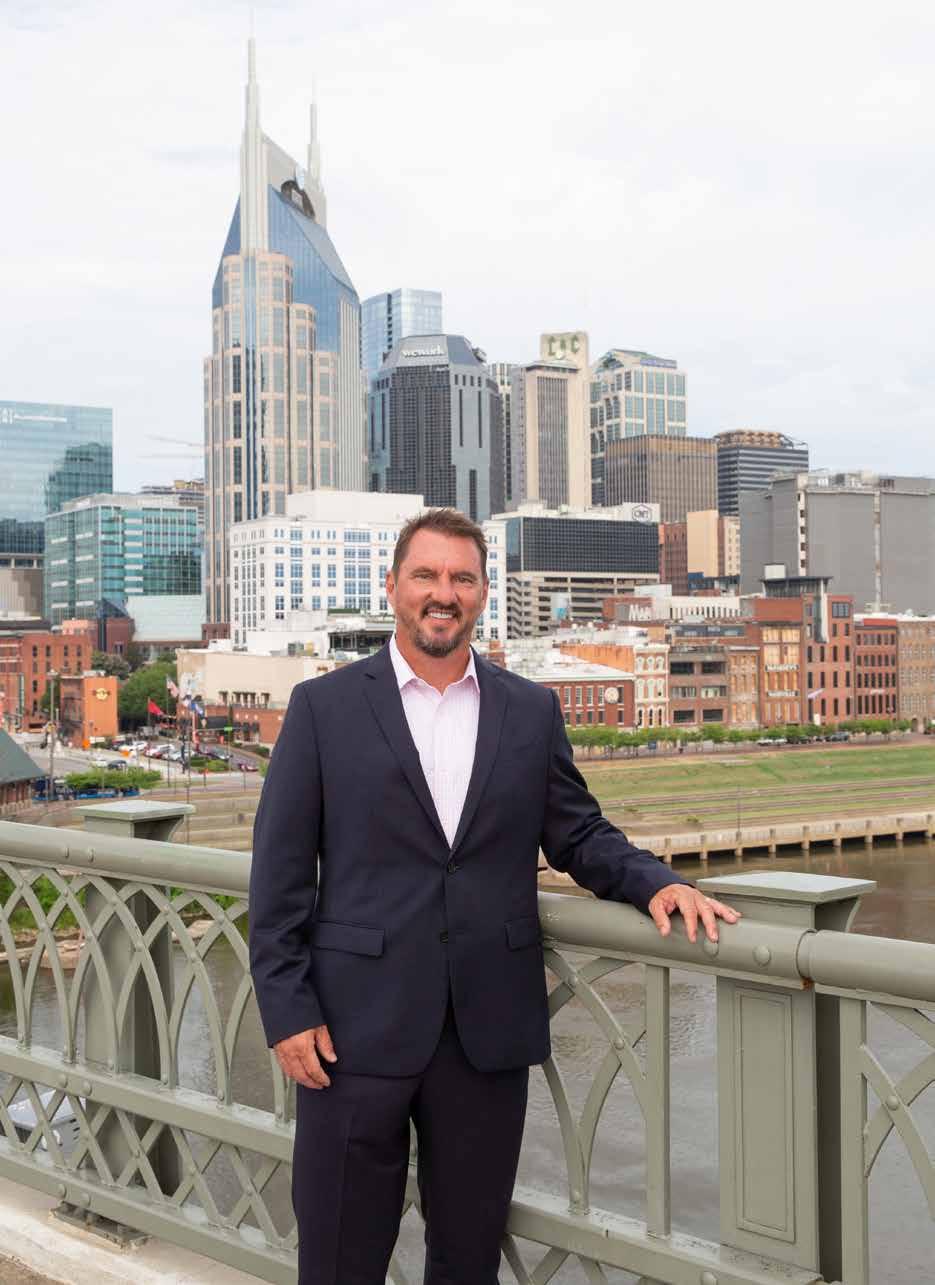
Historically, electronic payments solutions have been delivered by most banks as a secondary offering – often living in the bowels of the bank’s basements or tucked away into treasury as a secondary offering. Frankly, the early evolution of the payments landscape caused such posturing. Electronic payments and deposits were miniscule to that of checks and cash – and as the interchange schedule grew more complex, and terminals became small computers – most banks lacked the internal expertise, and material interest in maintaining a competitive presence in this industry.
The competitive landscape for banks has changed – FinTechs and acquirers are now competing with banks, offering their deposit, lending, and fee income solutions as complementary to the payment vehicle. Banks are losing potential market-share to FinTech and have to adapt with this technology to augment traditional offerings and meet the market where it is now and where it is going.
FinTech has evolved greatly in the past 3-5 years and there will likely be more changes in this 5-year period than in the past 20. Many banks have stayed focused on core offerings and resisted spending significant energy evolving payments and other FinTech offerings during this change.
That’s a problem, considering FinTech is swooping in and revolutionizing the payments business through easy to consume vertical technology bundles, simplified lending models, business management software that create business efficiencies, rewards and analytics data, and facilitator models that sidestep the traditional, cumbersome on-boarding to allow local businesses like VanDykes Bed and Bar to accept payments with complimentary tools that help the business compete in minutes.
FinTechs are now offering small business loans and deposit accounts to clients, which is an entry way and direct threat to banking’s biggest revenue source – lending.
Banks, some of who see market share decreasing, are able to benefit greatly from FinTech. Fintech organizations can compliment banks by providing faster, simpler, and more effective electronic payments solutions, vertically focused business management software, payroll services, lending alternatives, rewards and reputation management, and data insights that can materially impact a small business’ ability to grow.
Building a localized, strong payments product with the right mix of technology, transparency, and high-touch service will position the banks that embrace these partnerships to dominate the landscape.
They are most impactful together. It’s time to get to work.
There is more access to information and opinions than ever before in history. With this historic access, you’d think there’d be more visibility to leaders making a difference in the world.
Instead, we have more talking heads, self-proclaimed experts, and selfpromoted leaders competing for our attention over the airwaves. So where are the true leaders who lead us through the day-to-day challenges, and why are they so hard to find?
Dr. Furse of Vanderbilt’s Owen School of Management once told our class that if you are reading your name in headlines then you are not getting your job done. In his book Good to Great, Jim Collins said, “Level 5 leaders channel their ego needs away from themselves and into the larger goal of building a great company… They are incredibly ambitious – but their ambition is first and foremost for the institution, not themselves.”
I’ve had the privilege to meet and learn from many “Level 5” leaders in my life. Here are a few lessons I’ve learned from them that might help you become one yourself.
The gates of success are patrolled by the dragons of fear and doubt, so the first step in leading through any challenge is to identify and name your fears and doubts. We all have them, and so do the people we lead. Once they are named, then we all have a choice to make. Will I face those fears and doubts or spend my energy avoiding them?
The next lesson is that leadership is formed by serving. With the next generation graduating from great schools with huge tuition, it’s no wonder they want the best jobs and titles. But the irony is that the greatest thing we can do to become leaders is jump into any company and serve. It’s people who run companies and make them tick – even software and AI companies. There is no more valuable resource for any company than its people. Those people need to be understood, served, mentored, led, and honored for the work they do.
The last lesson is that if you want to lead people in a company, you need to clearly identify your values. If a company doesn’t know who they are, how can you expect your employees to know? Taking time to own and demonstrate values creates stability and a high integrity company (what you see is what you get). When you establish stability, you free employees to live out their values in the context of their work. Who doesn’t want to be fully themselves when they wake up every day!?
In a world where we spend way too much time watching others, there is no greater success than finding and being your full authentic self. When you combine your people and values with the innovative work you offer,
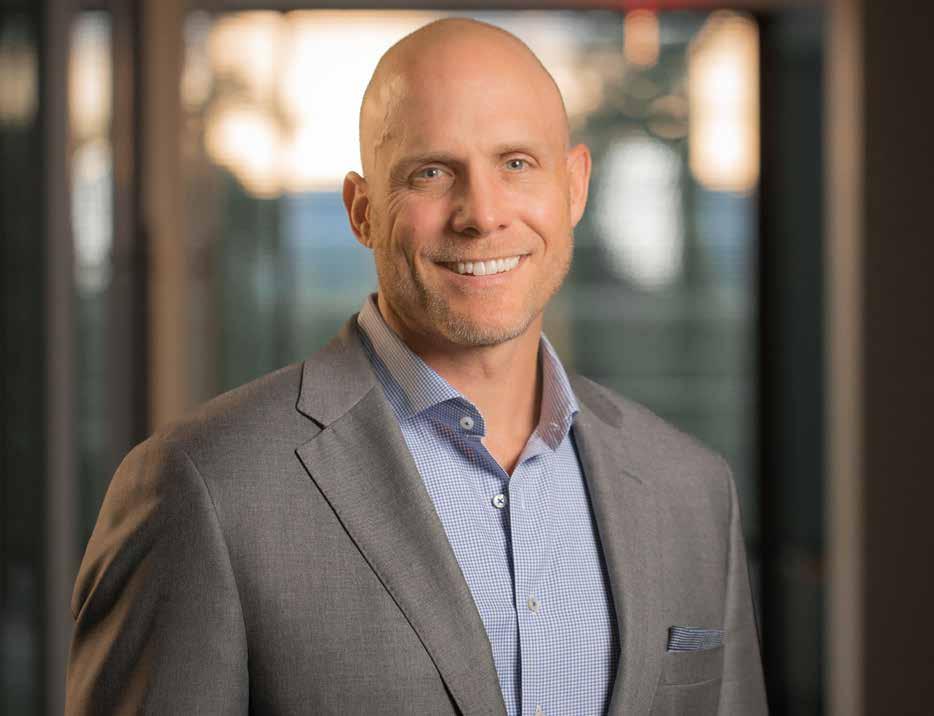
a company becomes great. The fuel for this greatness is leaders who are willing to serve, live out their values, and be fully present in a world of distractions.
Be humble. Be present. Be a leader.
Samuel “Bo” Bartholomew is CEO of EvidenceCare and leads efforts to create the first ever Clinical Marketplace within the EHR for every healthcare provider to have real-time access to clinical best practices while treating patients. He serves on numerous healthcare and non-profit boards and has an extensive history leading healthcare tech and services companies after he started his healthcare career in HCA’s Executive Development program.
GREATER
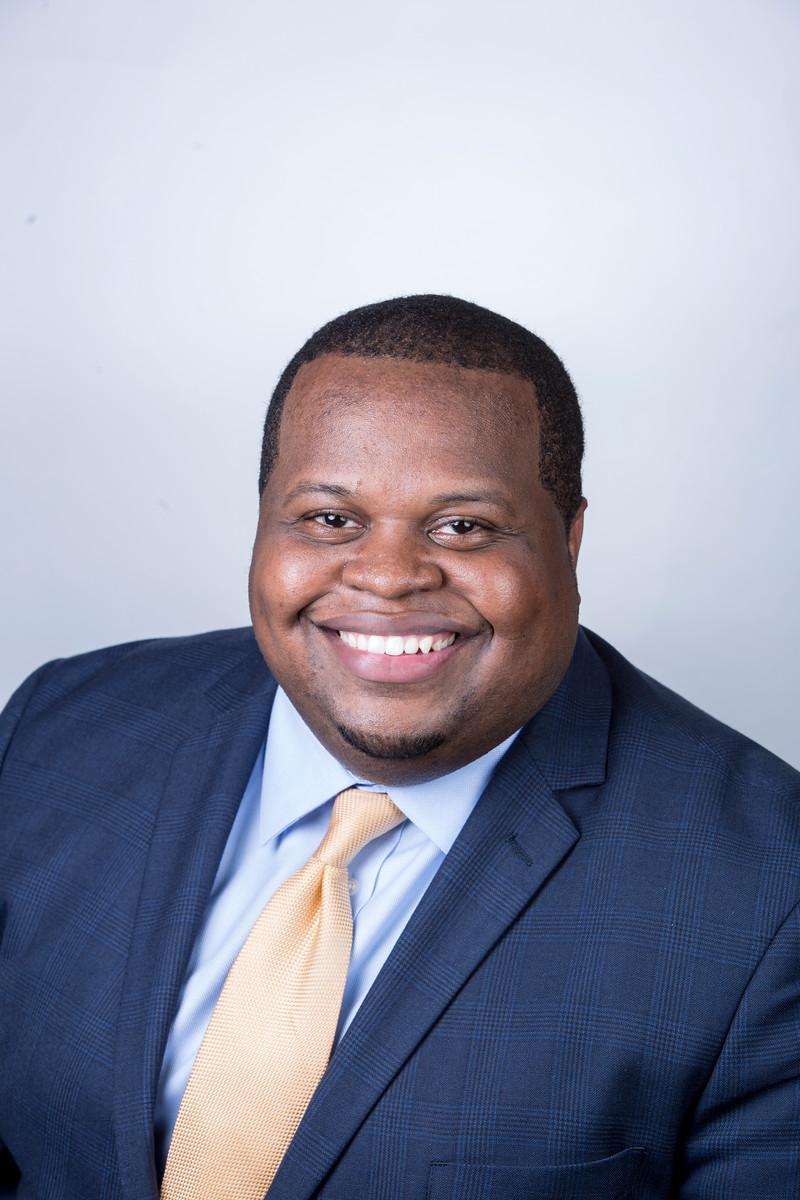
My career in the electronics recycling industry is a vehicle to fund my passion. Yes, it excites me to have a profession that reduces e-waste and creates a more sustainable planet. But my true passion is giving back to my community and putting technology in the hands of people who are less fortunate. I was born to a teenage mother who raised me in public housing, so I understand the importance of business leaders doing charitable work. I was once a recipient of such generosity, and I am incredibly honored to be in a position to pay it forward. I feel it is my duty to do so.
Technology changed my life and I am hoping it can do the same for others. My “day job” at S3 comes with the awesome perk of providing resources to those who need a helping hand. S3 has supported numerous individuals and charitable organizations with financial resources, volunteer hours, and donated technology and supplies. Everything from strengthening the literacy of atrisk children by donating iPads to grooming the next generation of leaders through mentoring, S3 takes a proactive approach to doing good. A spirit of servant leadership and service permeates throughout our organization. It’s a company value that is actively displayed with events and opportunities for all team members to participate. So, I have even more motivation to do well in business so that I can do good for my community. I believe that finding a way to live your passion is a key component to longevity and happiness, and I wish that for everyone.
Larry Rubin is the Founder and Executive Chairman of Thnks. Larry has 30 years of media operations, management, M&A and board experience. He also co-founded and operated the PE-backed Cross MediaWorks family of companies. Larry graduated with a B.A. from Northwestern, M.A. from Columbia and holds a J.D. from the Vanderbilt School of Law.
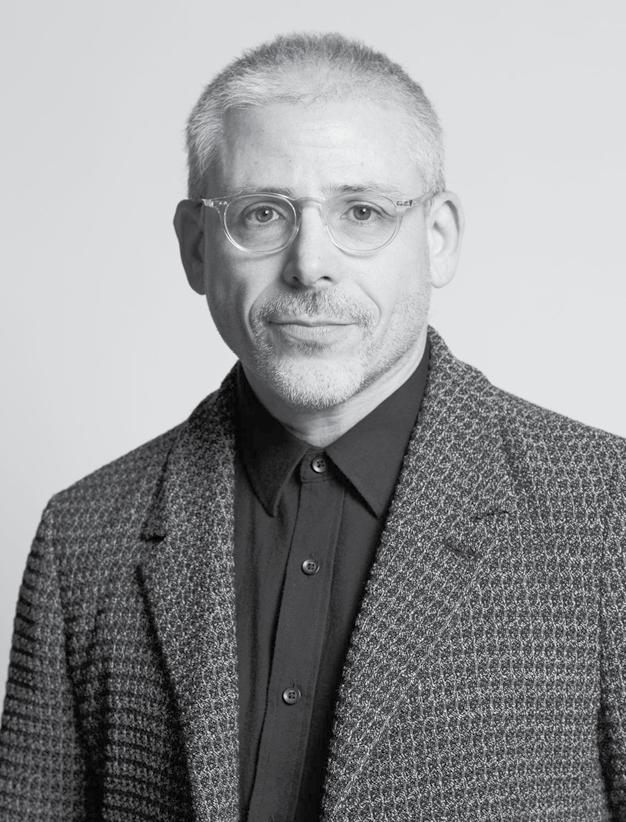
An entrepreneur’s journey is never easy. It requires perseverance to make it through the tough times and vision and commitment to stay true to yourself when the unexpected happens. Failure should be an expectation, something that happens every day, from hiring the wrong person, to accepting money from the wrong investor, to watching your first development team burn through all your budget - bad things will happen. Amidst the challenges you’ll encounter you must also have the ability to inspire others - to find good people to join your team who may have had other opportunities but chose you because of your vision. Clearly communicating that vision to your team and to your customers is critical from day one.
In my experience founding and growing numerous companies, I’ve followed these five guiding principles:
Smart people – Hire people smarter than you are and knowledgeable about the things you do not know about.
Patient investors – Have investors who bring value and share the same vision as your company. It’s not just about the money.
Humility — Know that you will fail before you succeed … ask for help, know that you will be wrong and that you will make mistakes.
Perseverance — Don’t let your mistakes and initial failures overcome your belief in yourself and your mission.
Culture — As you grow, do everything you can to maintain the original culture you wanted in your company — don’t let information become siloed, or turf battles erupt.
Having had success as an entrepreneur, I’ve also learned that the world needs more kindness and that business needs more gratitude. There are a lot of people who play a role in your success and recognition of those acts, small or large, are what creates lasting relationships that will further your work. Relationships in business are everything - value them, appreciate them and remember to always say thanks.
I’VE ALSO LEARNED THAT THE WORLD NEEDS MORE KINDNESS AND THAT BUSINESS NEEDS MORE GRATITUDE.
LARRY RUBIN, FOUNDER & EXECUTIVE CHAIRMAN, THNKS
Innovation does not belong to just one industry, just one degree, or just one area of expertise – it belongs to everyone. Solving problems requires courage, creativity, and collaboration. All of us can be empowered to ideate, but our strength is in the collective.
I have always thought an Innovation Ecosystem is most like the fire triangle we learned about as kids – you need fuel, oxygen and heat (or a spark). These three components are critical to start a healthy fire and keep it burning longer. If you equate these three in the simplest of terms to Community, Academia, and Companies – we have the key elements to start and maintain a healthy Innovation Ecosystem right here.
We have long been known for our music and our healthcare, and now we need to showcase the diversity of our innovation: tech, auto, biomedical, food, manufacturing, fashion, crypto, web3, blockchain, sustainability, finance, academia, #and… Greater Nashville is ready for a most brilliant Innovation Ignition.
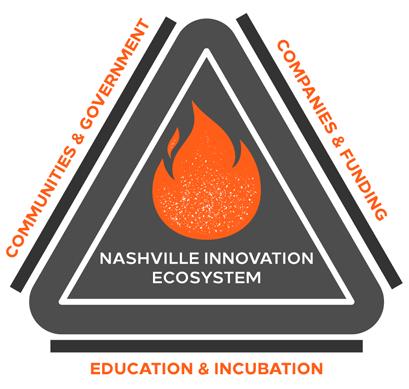

Nashville Innovates. Come join us, there’s room by the fire.
Yesi B. Sevilla is the Director of Strategic Engagement and Ecosystem Development for the Wond’ry at Vanderbilt University. Yesi has 20+ years of experience in leadership roles across varying global biotech and healthcare industries, consulting, and higher education. Her diverse industry background, global business acumen and multilingual skills make her an invaluable resource in innovating, collaborating, building, and leading.
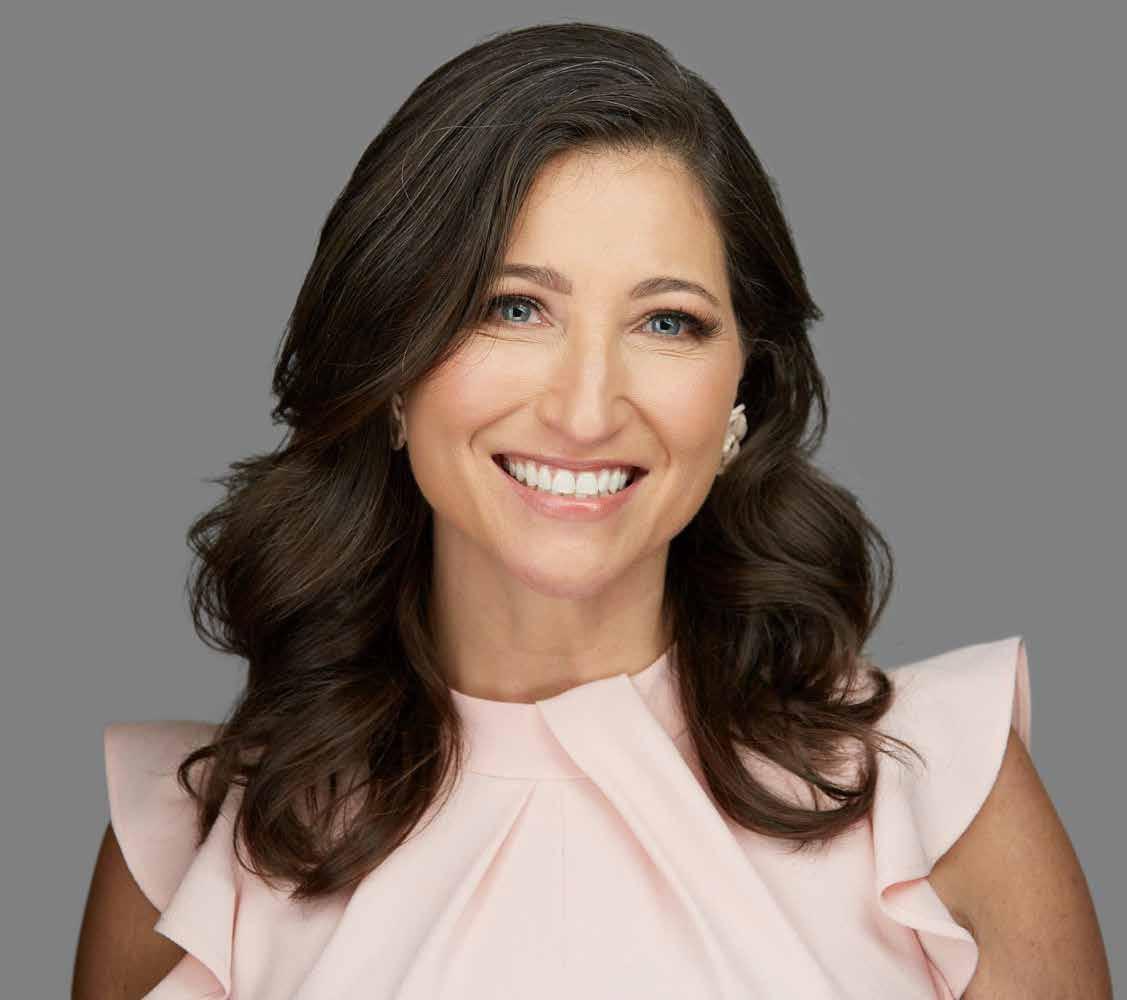
I started my company, VendEngine, with zero outside investment, credit, or employees - nothing but an idea. Ten tough years later, managing the business on cash flow management, I sold it to an S&P 500 business for $89 million.
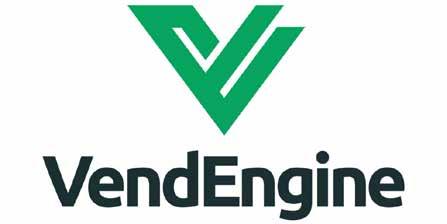
It was an atypical entrepreneur’s journey. I’d do it all again. Along the way, I’ve learned important lessons.
Lesson #1:
During the late 1990s, I had a very successful, multi-million-dollar mentor. He repeatedly told me: “To be successful, look where everyone else is headed – then head in the opposite direction.” Looking back, I don’t believe he literally meant for me to head the other way, instead to slow the urge to be the first to market at something. Slow down, observe and make moves on areas where perhaps others had great ideas but failed. Being young at the time, that didn’t make a lot of sense to me. However, after being an entrepreneur who experienced the boom and bust of the early 2000s dot-com era, I began to understand his philosophy better.
Lesson #2:
I love working with entrepreneurs. I see hundreds of business plans a year and serve on several boards for startups, including serving as Chair of the Board for the University of KY Entrepreneur Center.
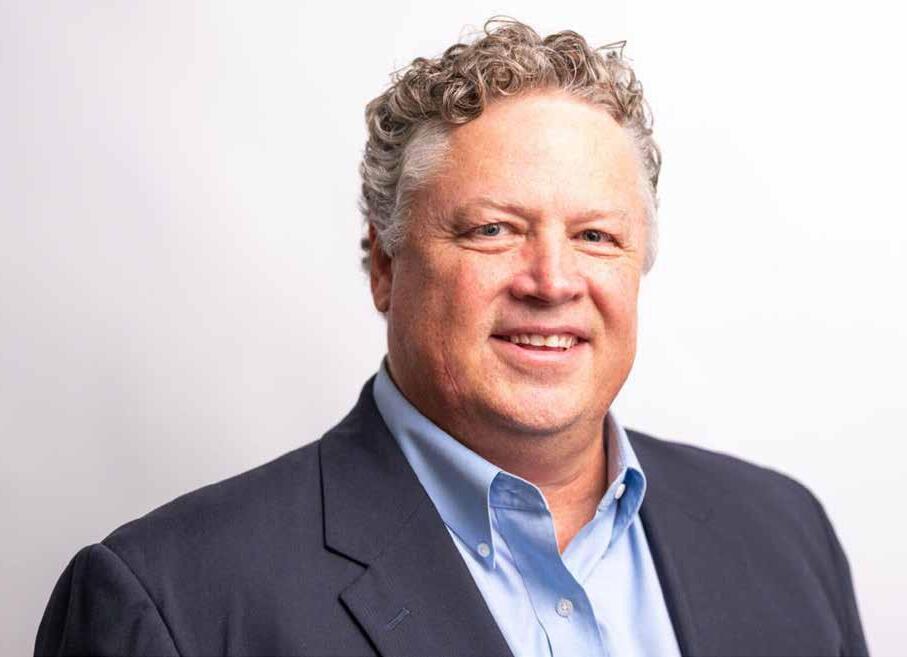
To aspiring entrepreneurs, I always share the following: Just because you have an idea it doesn’t make you an entrepreneur 99.9% of being an entrepreneur is execution, willpower and the ability to be flexible and agile to evolve: where you start today is NOT where you will end up.
Are you prepared for the most challenging thing you have ever tackled?
An entrepreneur breathes, sleeps, eats, and marries their business. Only 1 in 12 entrepreneurs will make it past Year 1, and of those only 10% will make it to Year 3.
The majority of businesses become lifestyle businesses and not multimillion-dollar exits. If all of the above appeals to you, let’s make it happen.
Lesson #3:
Steven Covey said it best: “The main thing is to keep the main thing the main thing.” Entrepreneurs are typically highly creative individuals who see a problem and want to fix it. But why do so many great ideas and concepts fail? Be aware of chasing rabbits, always persevere and partner with executioners.
Chasing rabbits: What starts out solving one problem often leads to other ideas that solve different problems. Entrepreneurs fail to focus on solving the main problem and start chasing others.
Perseverance: Startups are challenging. There is no room for failure at first, while recognizing the need to evolve and adapt for survival: those are highly divergent skills.
Execution: Executing the plan is difficult, especially for a creative entrepreneur. Those that survive have partnered with great executioners early.
Silas Deane is Vice President, Courts and Justice, Tyler Technologies. Before that, he was President and CEO of VendEngine, successfully selling to Tyler Technologies for $89 million. Silas is experienced in technology, healthcare, government relations, and communications. He is passionate about finding solutions to complex problems and creating/executing sustainable business models from them.
It is the promise of innovation that brought me to Nashville and to Vanderbilt University. I was hired in August of 2021 to serve as Vanderbilt’s first Vice Provost for Career Advancement and Engagement. There were many elements of this opportunity which were attractive: joining a pre - eminent global university powerhouse; engaging with incredible students, staff, faculty, and alumni; building a new division focused on career empowerment; and moving to the music city boomtown that is Nashville. But the signature intrinsic motivation for me was the invitation to infuse innovation into every aspect of our career advancement strategy, with the potential to positively change and impact lives in new and profound ways.
Over the past year, I have met frequently with key collaborators including academic leaders, faculty, corporate executives, alumni, parents and of course, students. Our community is energized around the boldness of our career empowerment vision, as we reimagine every facet of our work to reach every student and support every pathway. I believe our energy core is innovation: thinking differently, welcoming diverse voices, ideating in new spaces and embracing discovery, change and action.
If innovation is the energy core for many start-ups ventures and change initiatives, how can thoughtful leaders protect it so it can fuel their ambitious path? I believe this is the most significant aspect of how I aspire to lead change and innovation: infusing emotional intelligence into our design. Innovation is inspiring, but it is also difficult, daunting and even scary for some. As a servant leader, I embrace the principles of emotional intelligence to help our team and stakeholders navigate through innovation and change: understanding self, listening intensely to understand others, showing empathy in every facet of our work, placing team and mission first, and being ever thoughtful in how we adapt, build and shape our strategy and our culture.
I’m honored to be one small part of the innovation ecosystem here in Nashville. We all play a signature role in developing our shared future.
I’m eager to partner with others who share our mission of career empowerment, in whatever that means to you, and however that advances innovation in our music city boomtown.
Please reach out to me directly if I can support your unique path to deliver positive change and impact here in Nashville.
 Vanderbilt Career Advancement and Engagement
Vanderbilt Career Advancement and Engagement

 Dr. Alex Sevilla
Dr. Alex Sevilla
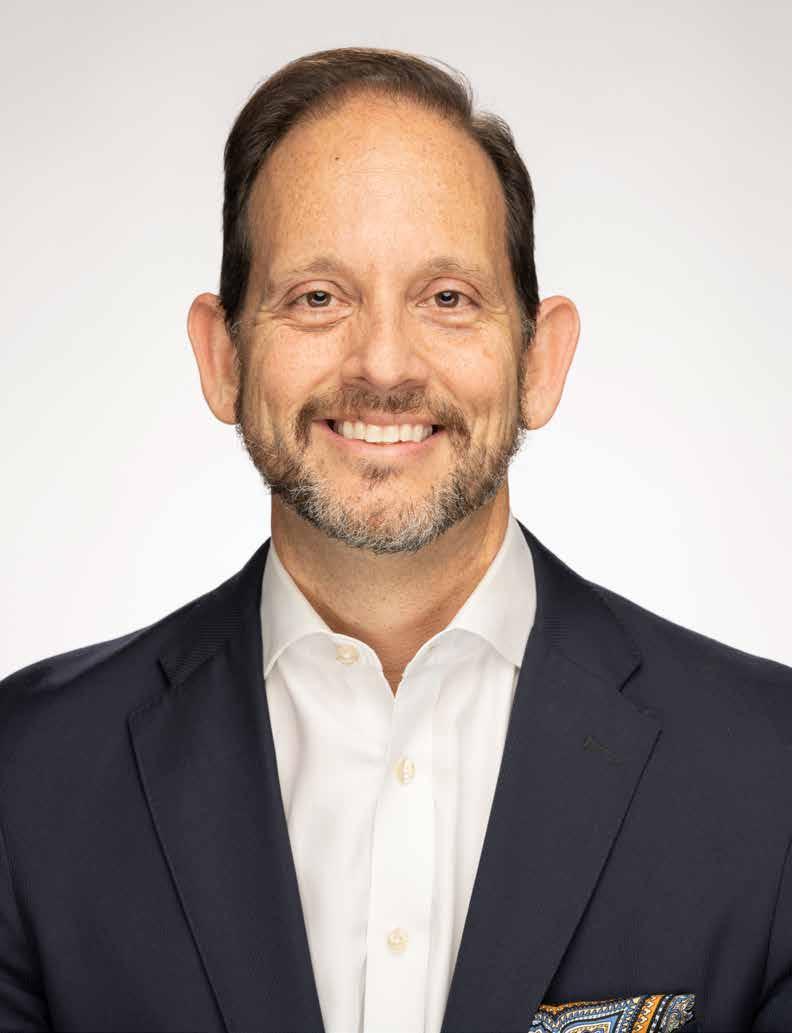
Email: alex.sevilla@vanderbilt.edu
vanderbilt.edu

IT HAS THE POTENTIAL TO CHANGE INDUSTRY, SOCIETY AND PEOPLE, BUT IT MUST BE WELCOMED, NOURISHED AND PROTECTED FOR IT TO THRIVE.
ALEX SEVILLA- VICE PROVOST VANDERBILT UNIVERSITY
Composure. It’s a quality we look for in any leader, from political candidates to CEOs to college presidents. To assess a person’s leadership ability, composure is one of the main things we try to measure – how rattle-able they are under pressure and in crisis.
Composure is about an inner integrity that is neither instant nor easy. It flows from our self-knowledge and character. To borrow from author David Brooks, it’s more about a person’s ‘eulogy virtues’ than their ‘resume virtues.’
The world needs people of composure, and not just those at our highest levels. So how do we get there?
We have to be willing to visit our own basement. We banish our worst traits and trick ourselves into believing they don’t exist. We end up fragmenting our public and private selves in a way that fractures integrity. Composure is hard to come by when we do not deal with this reality.
We have to get out of the echo chamber. In this age of overwhelming voices and knowledge, we carefully pay attention to the people who tell us what we already think. Composure requires that we live in a world of diversity and difference. We have to learn to be kind and wise in the presence of radically different people.
We need to develop an uncommon sense of welcome. In our culture, we form alliances of like-minded people and resist others before we ever actually know them. But people of composure have a hospitable attitude. They are rock solid, steady, and principled, and they understand that disagreement with civility is far better than rude pre-judgment.
When we seek leaders in our society, I’d encourage us to pursue something much deeper than appearances or coached reactions. Let’s look for people of true composure.
As president of Trevecca Nazarene University since 2005, Dr. Dan Boone has spearheaded tremendous growth in campus infrastructure, enrollment, academics and athletics. A pastor, speaker and author, he has served churches in five states and written more than 25 books. He holds a doctorate in ministry from McCormick Theological Seminary.

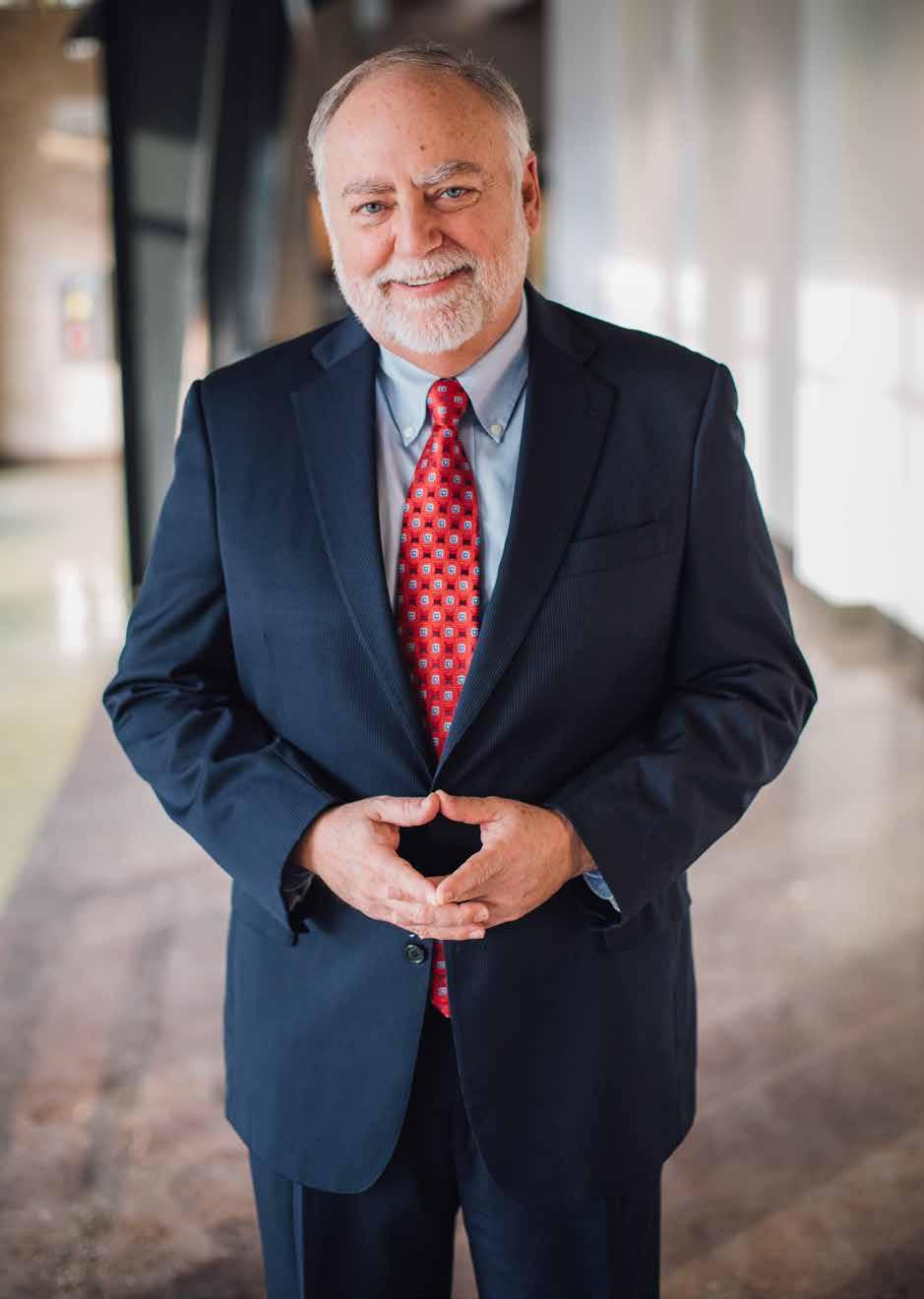
WE NEED TO
OF WELCOME. IN OUR CULTURE, WE FORM ALLIANCES OF LIKE-MINDED PEOPLE AND RESIST OTHERS BEFORE WE EVER ACTUALLY KNOW THEM.
DR. DAN BOONE, PRESIDENT, TREVECCA NAZARENE UNIVERSITY

I am a physician and a scientist, and I study the human immune system. When I was a senior medical student training to be a physician, I worked for several months as a pediatrician in a rural hospital in East Africa. The work was challenging to me, because of the overwhelming burden of infectious diseases in young children there. I promised then that I would do what I could in my professional life to make a difference in the fight against infectious diseases, especially for the most vulnerable among us.
Humankind has been locked in a relentless, titanic struggle for survival, since the beginning of time, against the world of infectious diseases. Bubonic plague, 1918 influenza virus, smallpox virus, HIV, COVID-19. These outbreaks have shaped our history as humans, and they are scary. The question I have been exploring is, which is the more formidable force - infectious pathogens or the human immune system?
When we review the persistent emergence of outbreaks throughout history, with a seeming acceleration to annual outbreaks at present, what words would you use to describe how you feel about the prospects of the human race to endure? Do you think of persistence . . . hardiness . . . resilience? Or instead does your mind wander toward fear, and the possibility of death or extinction?
Often when we speak of our ability to resist challenges, we talk about our body’s system, and what we really mean is the immune system. The human immune system is an enormous reservoir of information and potential. We have more genes in the human immune system within each of us than is in all the microorganisms in the world, combined. We now have the powerful laboratory tools and computers to catalog all our immune system genes. Our task now is to fully understand and use this enormous capacity of the human immune system to prepare for epidemics of the future.
I want to harness the power and complexity of the human immune system for good, based on my enormous confidence in the universe that is within each of us.
James Crowe founded the Vanderbilt Vaccine Center (VVC) in 2005 with a core vision of “Improving human health through next generation antibody science”. The VVC is now a leading antibody discovery biotech laboratory, with many human monoclonal antibodies in testing or use in humans including antibodies for COVID-19. This team has received numerous accolades, including Best Academic Research Team World Vaccine Congress, the 2021 Golden Goose Award, for scientific contributions with great societal benefit, the 2022 The Harrington Prize for Innovation in Medicine, a 2022 R&D100 award and a R&D100 Gold Medal for a COVID-19 special recognition category from the R&D100 Awards (“Oscars of Innovation”), and recognition by TIME for The Best Innovations of 2022. Vanderbilt University Medical center jcrowe vumc.org
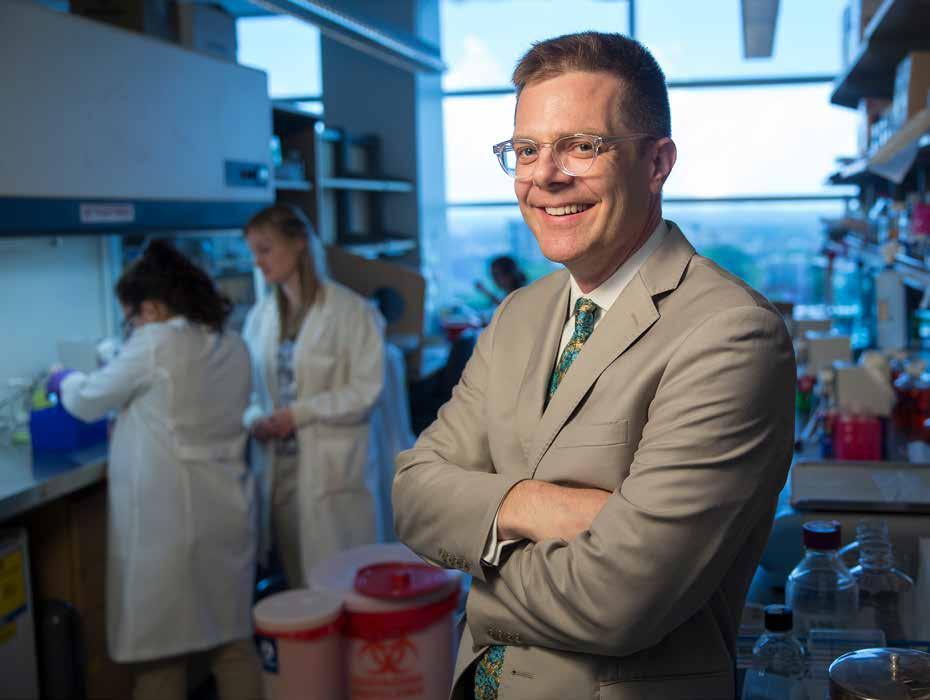
Marty Paslick is HCA Healthcare’s chief information officer. He has been with the organization for more than three decades and leads its Information Technology Group (ITG), a team of more than 6,000 colleagues that provide IT strategy and support for HCA Healthcare and its 182 hospitals and more than 2,300 sites of care.
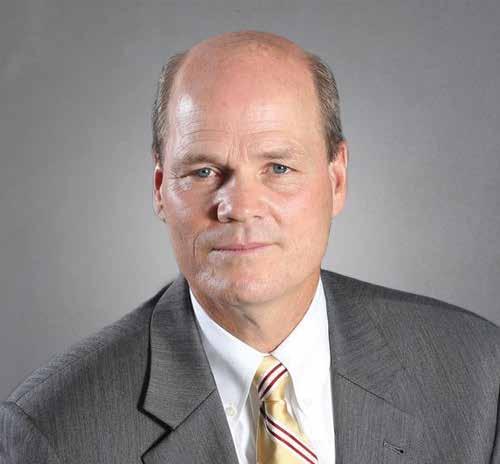
If you want to innovate, you can work almost anywhere. If you want to innovate with purpose and impact, you need to work somewhere with a strong mission. For me, that has always been the driving force of innovation – how to improve the way we do things to create a better outcome for patients.
At HCA Healthcare, our mission is to care for and improve human life. We believe, as one of our founders Dr. Thomas Frist Sr. once said, that “bettering the human condition is the greatest good any individual can achieve.” Improvement — always searching for a better way — is in HCA Healthcare’s DNA. And anytime you’re focused on improvement, you’re talking about innovation.
Innovation at HCA Healthcare is exciting because we are responsible for 35 million annual patient encounters each year, so we see opportunities to innovate that are not as visible or possible at other healthcare organizations. When our colleagues find a way to improve care for one patient, it can make healthcare better for millions of patients being cared for within and outside of our facilities. That concept and opportunity resonates with and inspires our Information Technology Group colleagues.
I’ve actually experienced our mission’s impact on innovation firsthand, with two admissions to our hospitals for intensive care. Some might call me the ultimate secret shopper. But it’s a powerful thing when you get to see how the tools and technologies your team helped develop, test and deploy make a measurable, meaningful difference in someone’s health. As a patient, I got to see how our SPOT tool quickly provides caregivers with the information they need to know who to check for sepsis.
And that’s just one example. From our use of data science and analytics to mobile solutions and emerging possibilities offered by AI and wearable technology, we are continually challenging the status quo in healthcare.
Where else can a technology professional be part of a team making that level of purpose and impact?
They say Gen Z cares more about purposeful work than any other generation and wants to be part of organizations that share their values. At HCA Healthcare, we are constantly looking for a better way and we have the resources and scale to back it up, all in the service of helping improve people’s lives. There’s no better place to innovate with impact than right here.
WE ARE CONSTANTLY LOOKING FOR A BETTER WAY AND WE HAVE THE RESOURCES AND SCALE TO BACK IT UP, ALL IN THE SERVICE OF HELPING IMPROVE PEOPLE’S LIVES. THERE’S NO BETTER PLACE TO INNOVATE WITH IMPACT THAN RIGHT HERE.
MARTY PASLICK, SENIOR VICE PRESIDENT AND CHIEF INFORMATION OFFICER
While very few miners found fortune or glory in their pursuit of gold, and Sutter himself watched his businesses fail; it was the utilities, merchants, saloons, hotels, banks and myriad other entrepreneurs that capitalized the opportunity at unprecedented rates. This led to demand for better information sharing and more robust supply chains. It spurred the telegraph, and fueled rail expansion. Despite the bleak fortunes of most mining pioneers, gold played an outsized role in the economy and financial system until Nixon famously closed the gold window in 1971.
Are we in a new gold rush?
Bitcoin and cryptocurrency spurred gold-rush hysteria that has ripped through popular consciousness, carrying with it a familiar story of fortune for a small few and losses for a great many. What can we learn from history – from our impulse to “chase the gold”?
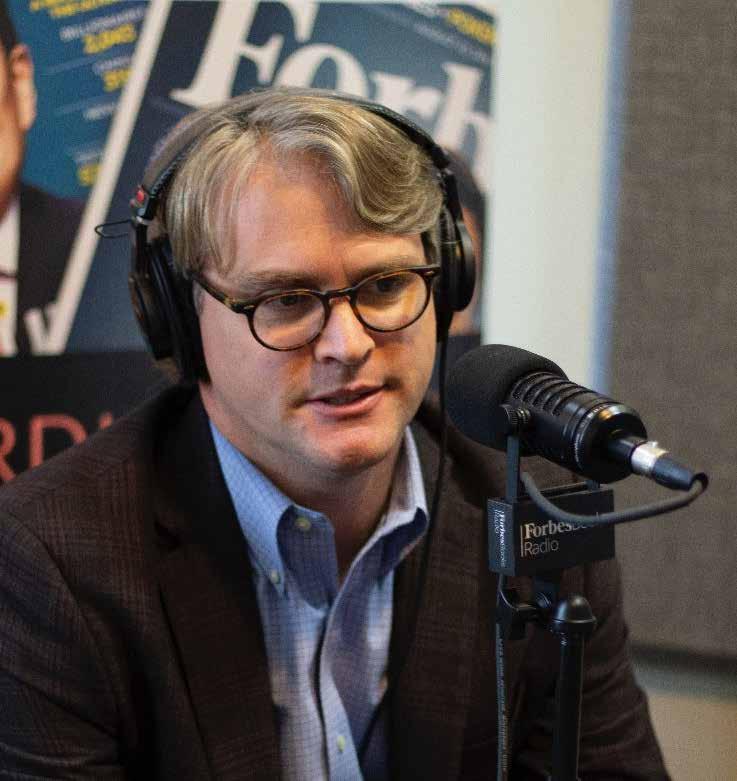
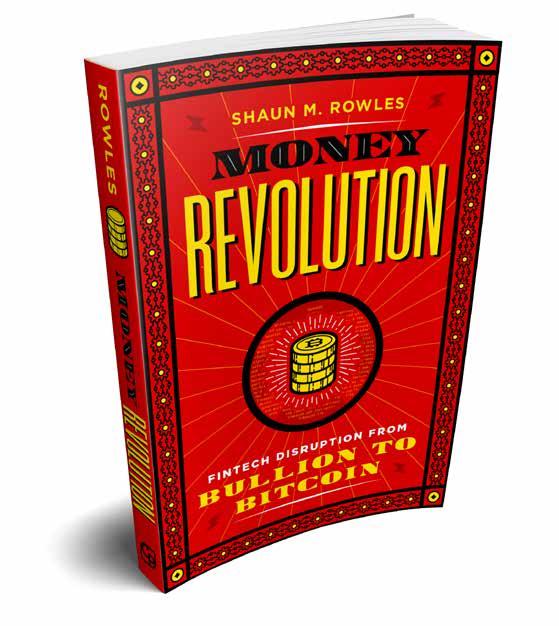
We can learn that opportunity stems from leveraging the underlying change – in this case the technology, not from chasing the story of gold “in them there hills.”
On January 24th, 1848, Swiss-born Johann Sutter was dismayed by the news that his chief mechanic delivered: Gold had been discovered on the site of Sutter’s sawmill.
Most readers are aware that this discovery kicked off the “California Gold Rush,” but few ever hear of Sutter’s immediate reaction: “From the very beginning I knew what the outcome would be. My property was entirely exposed and at the mercy of the rabble. I was alone, and there was no law.”
Within three months San Francisco schools were closed, because teachers and pupils had taken up mining. Within a year, the gold rush had impacted every corner of the country.
Cryptocurrencies may or may not linger in our society, but the underlying technology of blockchain will change the world forever, even if doing so in hyper boring ways. Warren Buffet famously notes that most people don’t have the patience to “get rich slowly,” and this skews their minds and efforts towards less-productive strategies, i.e. the get rich quick stories and hoax’s.
Yes, it’s far more exciting to pan for gold, but sometimes boring can create fortunes. Mark Twain reminded us that although “history doesn’t repeat, it often rhymes”. The initial Gold Rush phase of the blockchain revolution may be over, but to my eye the real opportunities are just getting started.
Shaun M. Rowles shaun.rcg@icloud.com shaun-rowles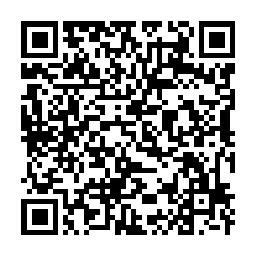
NOT FROM CHASING THE STORY OF
“IN THEM THERE HILLS”.
Since the dawn of time, change has proven to be the only constant. In the current digital age, the speed of change has reached a level never seen in the history of the world.
One of my favorite quotes is, “It is not the strongest of the species that survives, nor the most intelligent but the one most responsive to change.” Many have attributed this quote to Darwin, but it was actually coined by Leon Megginson, Professor of Management and Marketing at Louisiana State University.
My life story is one of consistent reinvention. From music to finance to software development to health tech founder to economic development and community leader to board member and advisor. Every new iteration involved drawing on past experience and stepping outside my comfort zone to learn new skills. None of those skills came from traditional education but rather from personal research and lessons learned from many mistakes.
When I speak with students, I emphasize that graduation is not the end but the beginning. If change is the only constant then we must adopt a learning mindset and embrace life as a journey to learn and grow. Another thing I share is that the important skills of tomorrow are problem solving and communication. Survey after survey show these to be the most coveted skills by managers and leaders. The importance of this was never more evident than during the recent global pandemic, when people across the globe were banned from travel and forced to work from home. I watched both hourly workers and corporate CEOs adapt by learning new skills and new ways to operate to survive.
Talent is the currency of the future. As such, the key to tomorrow‘s economic growth is dependent on the availability of skilled workers. Most cities don’t suffer from a shortage of workers but from a shortage
of skilled workers. Cities and regions able to overcome this skills gap will prosper while those who don’t will not.
Learning has no age limits. As parents and business leaders, we should encourage those in our charge to become changemakers through experimental and continual learning. As policymakers, educators, and community leaders, we need to focus on helping our adult population gain the skills needed for the jobs of tomorrow.
There has never been a better time to learn a new skill. Invest in yourself and believe in your ability to succeed.
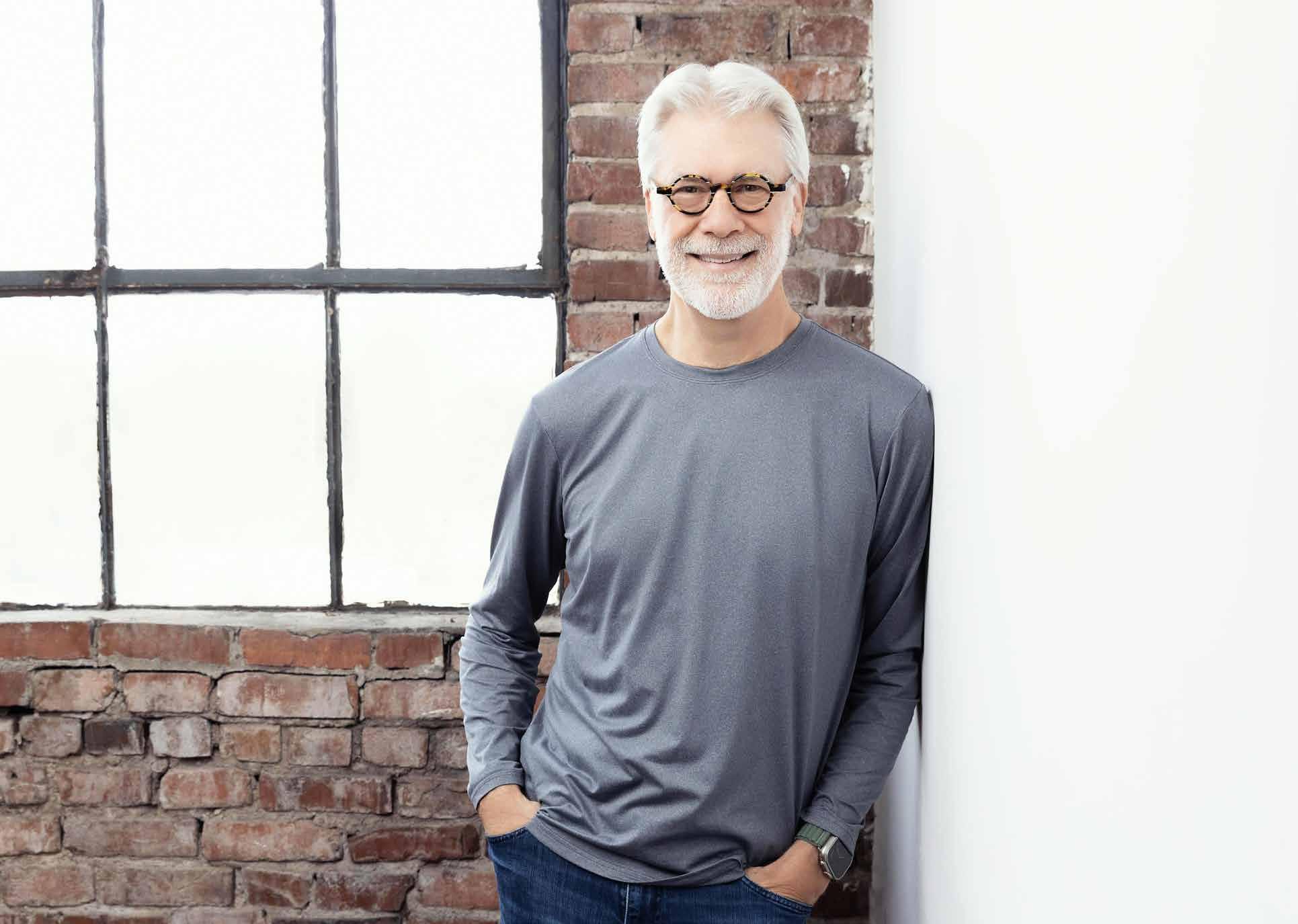
CHANGE IS THE ONLY CONSTANT. BRIAN MOYER, CO-FOUNDER AND CEO OF THE INNOVATION STUDIO
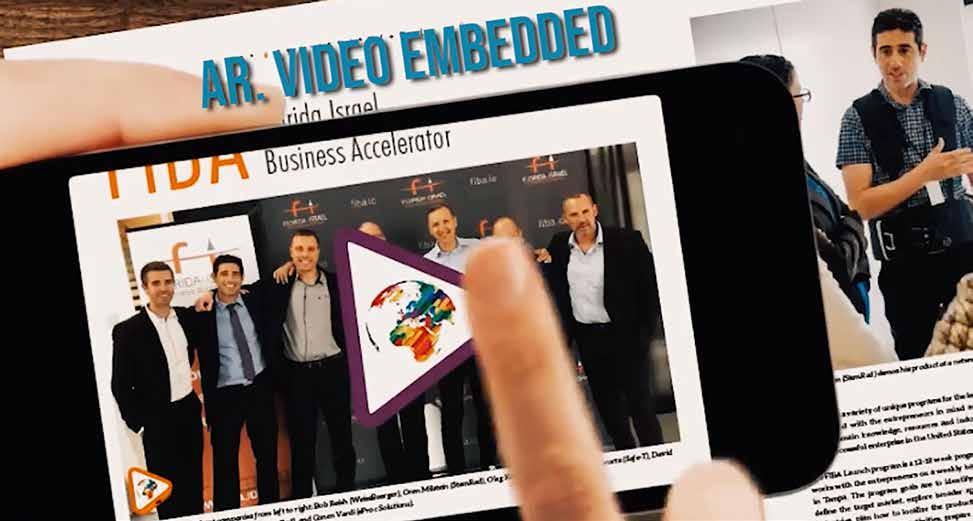
Some clients joke with us that we are bringing back a dying art form, printing hard cover books for business which are cool again. The business model however has changed completely, gone are the days of pay to play by selling advertorials or advertising. A great book on an ecosystem or industry needs to be authentic and all encompassing of all the major players sharing their story, not just whoever paid to be in there. To finance that we moved to a crowd funded book buying model where the market and the participants buy the books in bulk to use as gifts to clients, visitors, investors and employees. As publishers of the INNOVATE® Series, we are constantly innovating ourselves.
Working on ways to make book publishing future-proof. Some of our more recent innovations in the book publishing space is our Augmented Reality app that allows us to embed videos and 3D objects directly into the pages of our books and our latest innovation - Interactive 3D books that can be published as NFTs. These Interactive NFT books live on the blockchain forever and can act as access passes to special events and communities or other gated content.
We look for skilled marketing professionals in each city that know their community well and form 50/50 partnerships with them where they collect the stories and we design and print the book. We are a fast growing tribe of fun and energetic publishing entrepreneurs, partners and friends. We all share a passion for innovation, beautiful places and cultures that we want to embrace, share and showcase with the rest of the world. We are always looking for marketing entrepreneurs to join our team, please reach out to me on LinkedIn or info@globalvillagepublishinginc.com.
Sven Boermeester is a global publishing entrepreneur with a career that spans over 20 years with stops in more than 100 countries. He was born in Antwerp, Belgium and grew up in South Africa. After completing his business studies in Cape Town, he opened his first media company and started publishing the trade and industry directories for South Africa followed by the launch of the Best of the World publishing series in Dubai. Fast forward 20 years and 183 ‘Best of’ editions across 60 countries. Sven is a true digital nomad, when he’s not traveling the world he can be found in either Tampa, Cape Town or Dubai. He is working on disrupting the publishing business by mapping out the Innovation ecosystems of every major city in the U.S. and around the world, through his latest Innovation books and augmented reality video series.
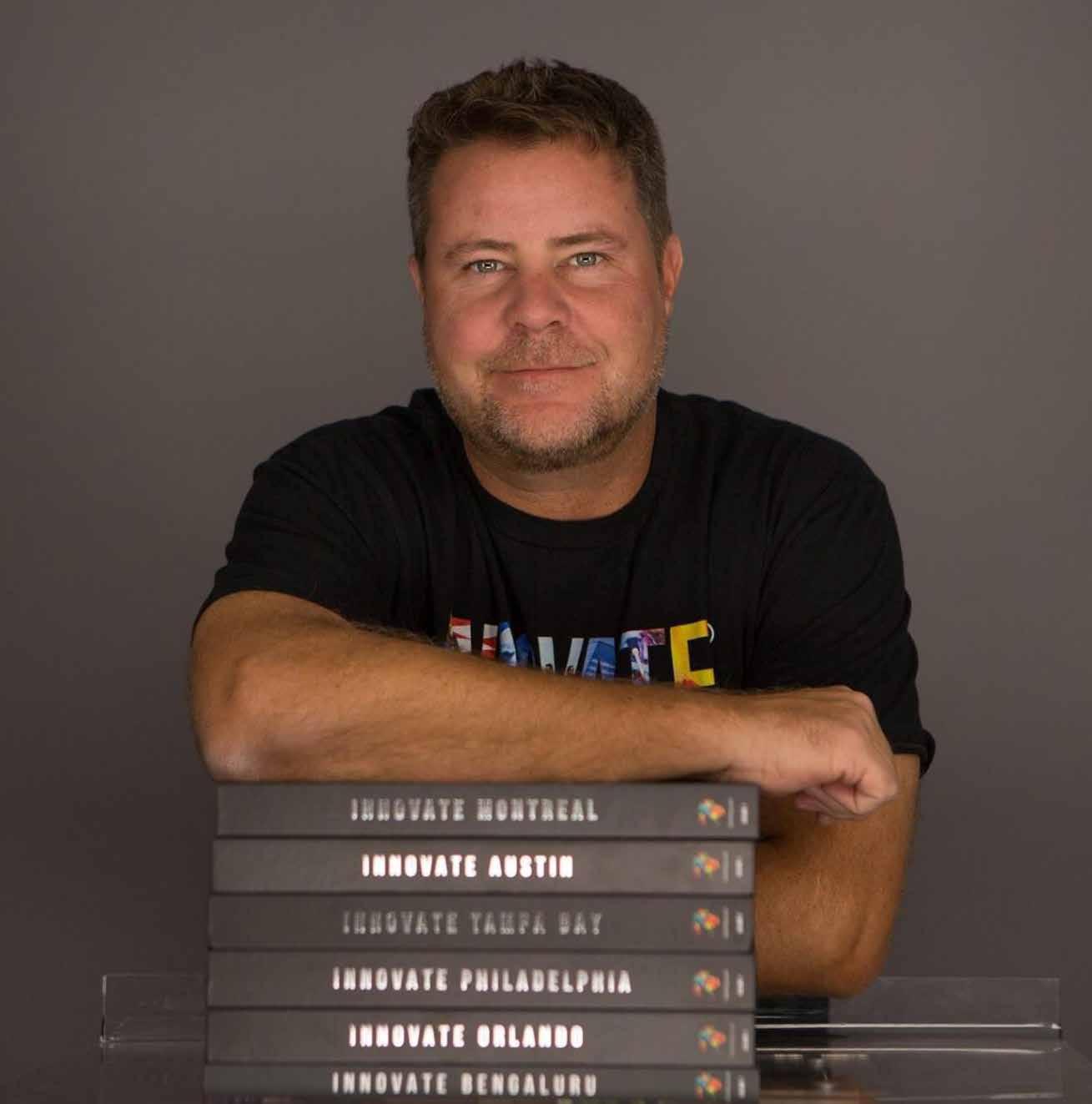
Email: info@globalvillagepublishinginc.com
sven-boermeester-8605823
Globalvillagepublishinginc.com
InnovationsOfTheWorld.com
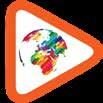
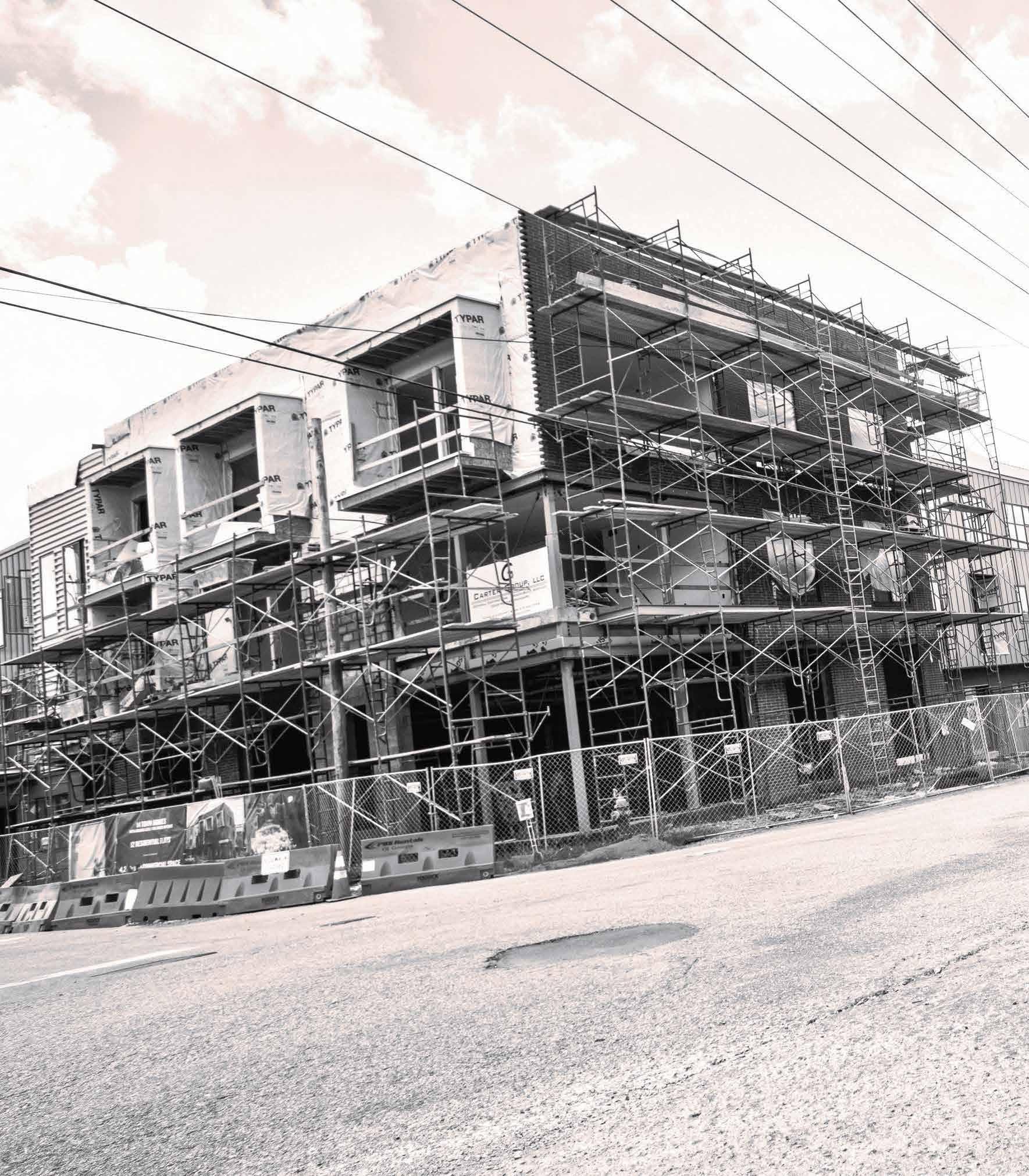
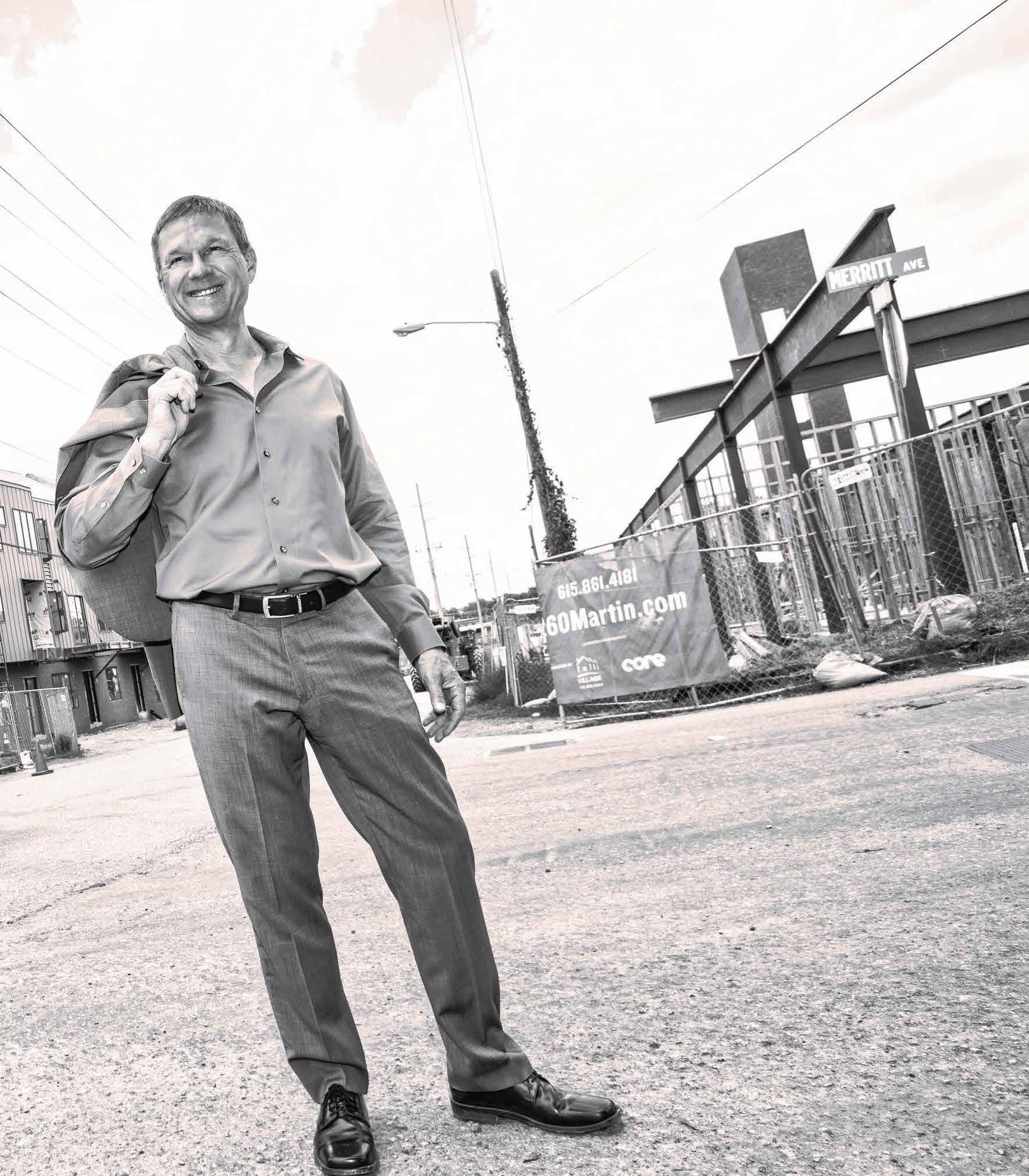

“I realized to be truly successful in growing any real estate business, you have to be both a good real estate practitioner and a community builder.”
—MARKDEUTSCHMANN FOUNDER&CHAIREMERITUS,VILLAGE
“I sell real estate within a one-mile radius of downtown.” Mark Deutschmann’s unique strategy launched his real estate career and legacy in Nashville.
He launched Village Real Estate in the heart of Music City in 1996 to change how real estate was practiced. Deutschmann and his first two real estate agent recruits set about re-imagining the inner ring neighborhoods with a vision and mission to build communities from the core.
Since then, Village Real Estate has helped tens of thousands of buyers and sellers find their dream properties (and sell them, too). Village Real Estate is one of the city’s biggest and highest-profile real estate brokerages.
Village is unique in that it uses its real estate platform to effect positive social change in its communities. Deutschmann set up the Village Fund at the inception of the company in 1996 to donate 5% of the company’s profits back to the community by helping with social ventures that care for children, investing in art projects, environmental issues, and affordable
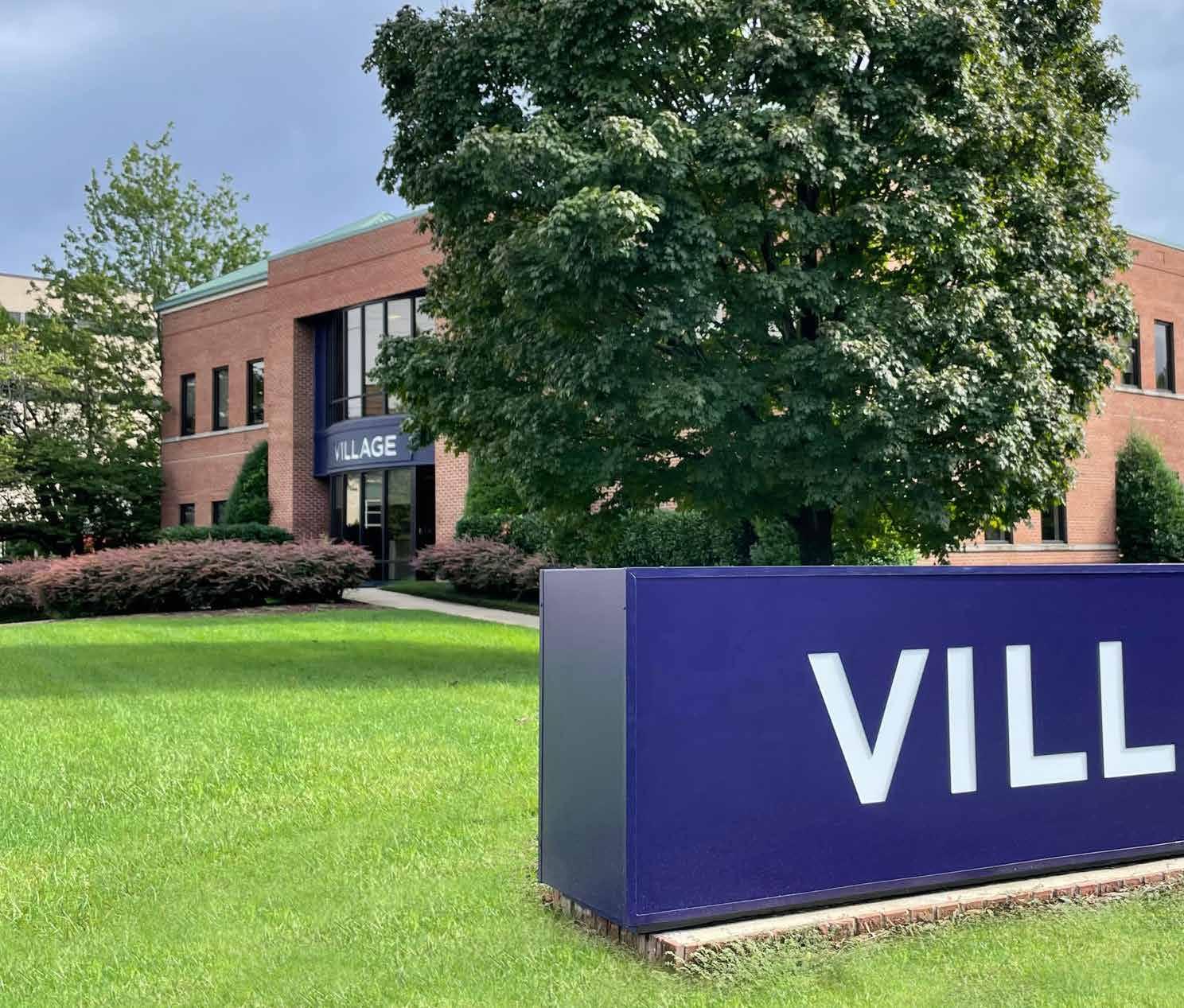
housing schemes, and becoming involved in community-building conversations and initiatives. Additionally, he encouraged his agents to align with these social profits, becoming ‘change agents’ and the face of the Village Fund in these communities. This created a virtuous circle, where agents grew their individual successful businesses. To date, the Village Fund has donated over $2.8 million back to Nashville’s community.
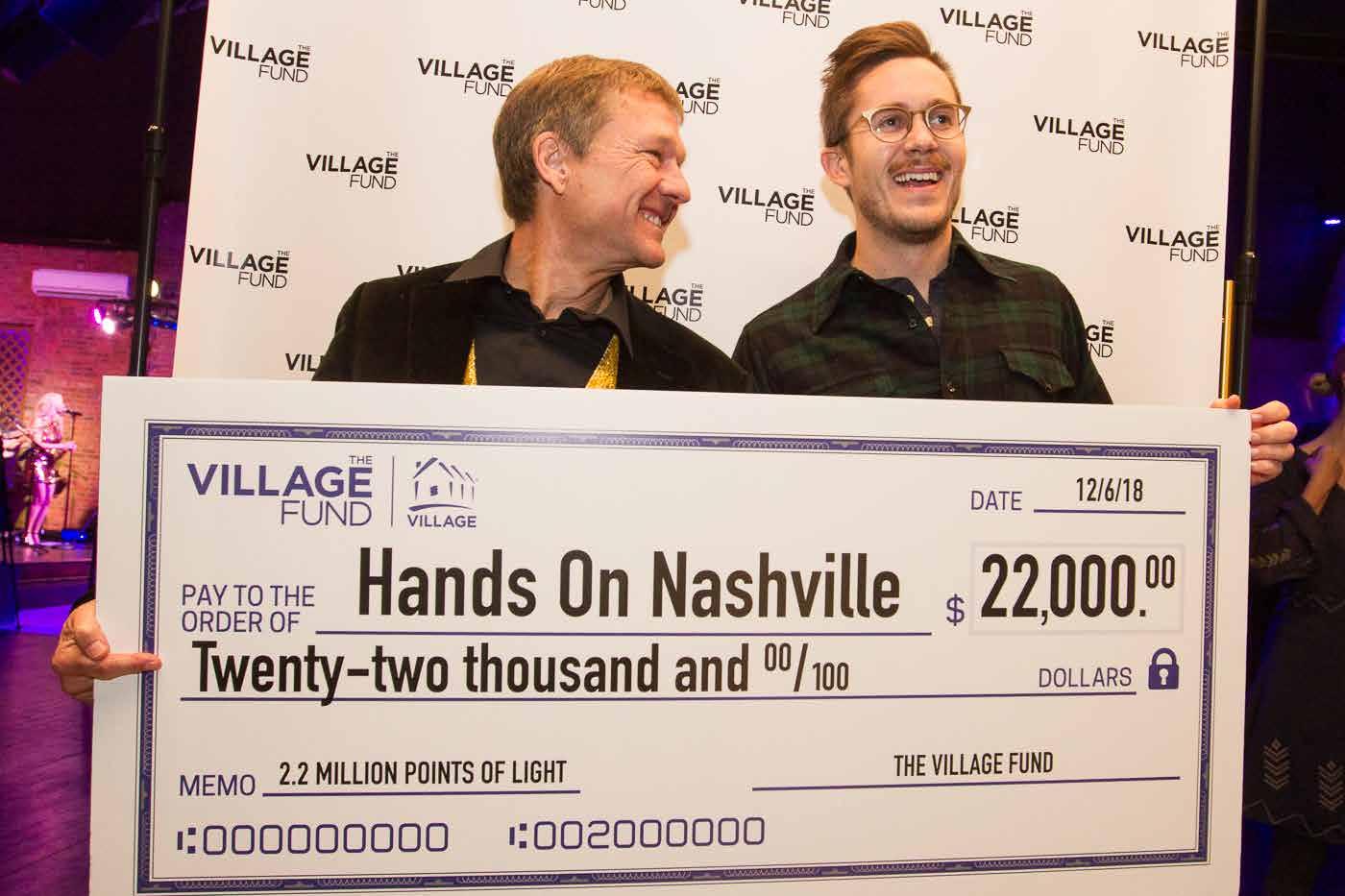
Deutschmann’s ‘one-mile radius’ strategy as a realtor helped reinvigorate Nashville’s identity as a livable city. Nashville in the 1980s and 1990s was a hollow shell of what it is today. The landmark historic homes were not in the beautiful condition they are today; the commercial districts were also a shadow of what they are now. The central business district, where nearly 50,000 people went to the office daily, didn’t allow residential development until the early 2000s. Neighborhoods, such as Belmont Hillsboro, Hillsboro West End, 12South, Sylvan Park, East Nashville and Germantown, were victims of urban flight with the carcentric society moving people to the suburbs.
Deutschmann and Village Real Estate worked with city partners over the past 26 years to transform Nashville into the thriving urban landscape it has become today. Village Real Estate’s tagline is “Find Your Place” – that place is within a one-mile radius of a walkable/livable community. One of them is a vibrant neighborhood community district on a corridor, a greenway that provides access to work, schools or parks, or to Nashville’s Central Business District, which has now become a vibrant 18-hour city.
The one-mile radius strategy involves not just real estate but business ecosystems and people building communities one relationship at a time. On this strategy as a realtor, Deutschmann shares: “I love the idea of making a difference in one community at a time. That way, when that community prospers, the city of Nashville does too. It is more effective to do things one community at a time when trying to change a city than to do everything for everybody statewide or countrywide.” With this in mind, he launched Core Development in 2003 and The CityLiving Group in 2005. Core development has built 50+ mixed-use and attainable housing projects in urban Nashville, including adaptive reuse projects like the 351-unit Werthan Mills Lofts in Germantown and transformational projects in emerging neighborhoods like Wedgewood Houston and 12South. It has an exciting mix of current projects in the works. The CityLiving Group was created to sell multi-family development projects emerging in our city and has sold nearly 60 communities.
In 2017, Deutschmann released his book, ‘One-Mile Radius; Building Community from the Core,’ to share this vision.
He sold the brokerage firm in 2019 to a consortium of six former Village Real Estate employees, who merged two firms - Pilkerton Realtors and Parks Realty – locally grown brands with the Village Real Estate umbrella. Hunter Connelly, who grew his real estate practice at Village and Core Development, serves as CEO of the combined firms, which now houses some 1,400 agents across many offices throughout the greater Nashville
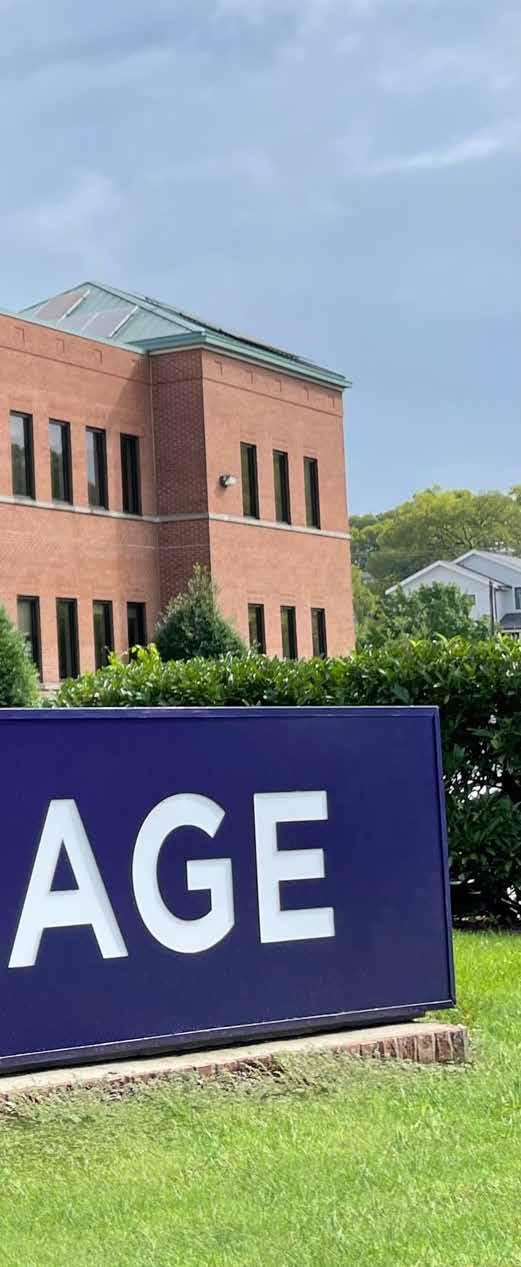
and Middle Tennessee, selling everything from high-rise condominiums to historic neighborhoods to rural retreats. The expanded company grossed $6.5 billion in annual sales in 2021. Deutschmann retains a small shareholding in the company and serves as Chair Emeritus, while his team at The CityLiving Group still licenses under the Village Brand.

Business for Village Real Estate and sister companies under Deutschmann’s watch has been a tool for community building. At its inception, Village worked to re-create Nashville’s core and ring neighborhoods, creating walkable neighborhood commercial districts and more vibrant communities. In those earlier days, innovation might have meant assessing a neighborhood, purchasing derelict commercial buildings and vacant land, organizing merchants in a neighborhood commercial district and assessing what they wanted and needed, pulling together neighborhood groups, and creating dialog. An example of this type of work was on 12South, which in the late ‘90s had nearly 50% vacancy. The Village Fund was a useful tool, assessing neighborhood social profits and giving to those who might have a positive impact. Groups like Affordable Housing Resources, Hands on Nashville, Rebuilding Nashville Together, The Nashville Civic Design Center, and Greenways for Nashville put these funds to good use.
Core Development has pitched in, and when a neighborhood is not yet fully-formed – or is under-utilized (such as former industrial properties) –innovation is thinking through how to recreate a neighborhood’s commercial district or the evolution of an urban neighborhood, developing mixed-use projects to create attainable housing opportunities, such as the project Twelve60 Martin in Wedgewood Houston, which has ‘maker space’ at the base to serve the entrepreneurial artists in that neighborhood. Or, Core might create one of its cottage series projects which buffers a neighborhood from a commercial district, like Gale Lofts in Melrose or Richland Station in Sylvan Park. The Core Fund also gives 5% back to the community and is now making a significant contribution to the community.
Village agents working in these neighborhoods worked to help buyers find homes that suited their needs, and many took on the early century ‘fixer uppers’ that had much-deferred maintenance. Sellers were rewarded with

appreciating values, helping many to realize the American Dream that home ownership offers to help create value. Eventually, as the prices in these neighborhoods began to rise and the commercial districts evolved, the values flipped, and the urban core neighborhoods began to outpace their suburban counterparts.
Before Village Real Estate and Deutschmann arrived in Nashville, the city had no program to create greenways. That changed in the 90s; Greenways for Nashville was incorporated in 1994, and that was preceded by the creation of the Greenways Commission in 1991, and several years of precommission organizing. Davidson County now boasts nearly 100 miles of paved greenways. Greenways has been a passion project for Deutschmann, and he has served on the Greenways Commission and as president of the board of Greenways for Nashville for many years. Greenways for Nashville is now focused on finishing The City Central Greenway, a 23-mile loop around the city with spokes through underserved neighborhoods into the Central Business District. An example of one of these sections in planning is a section that will connect a neighborhood in North Nashville to Centennial Park in one direction and the Nashville Farmers Market in the other.
These greenways enable people to find a healthy alternative to access pocket parks and green spaces, exercise and get a breath of fresh air. But they are also a multi-modal transportation alternative, connecting people to schools, jobs, shopping, restaurants, and recreational areas; all the things greenways can do when aligned with complete streets. Greenways are part of Nashville’s sustainability pledge, aiming to reduce its carbon footprint by 50% by 2030. Deutschmann shares: “Nashville has become the number one emerging trend city in the USA. People are looking at us and saying “I want to live and invest there.” Nashville is a multi-faceted city. Not only is it the capital of Tennessee and the most populated city in the state, but it is the heart of many industries. Its tech sector is one of the most prominent in North America, and it is home to globally recognized brands in tech, education, health, finance, manufacturing and transportation.
Werthan Mills Lofts | Germantown Segment | Wedgewood HoustonFor Deutschmann and Village Real Estate, greenways are an attractor, offering vital and realistic ways to improve access and mobility in a city where traffic congestion worsens during rush hour. For Nashville, the City Central Greenway is a significant company recruiting and retention tool and serves as a tourism drawcard. Big tech companies like Oracle and Amazon are moving into Nashville and embracing its greenways.

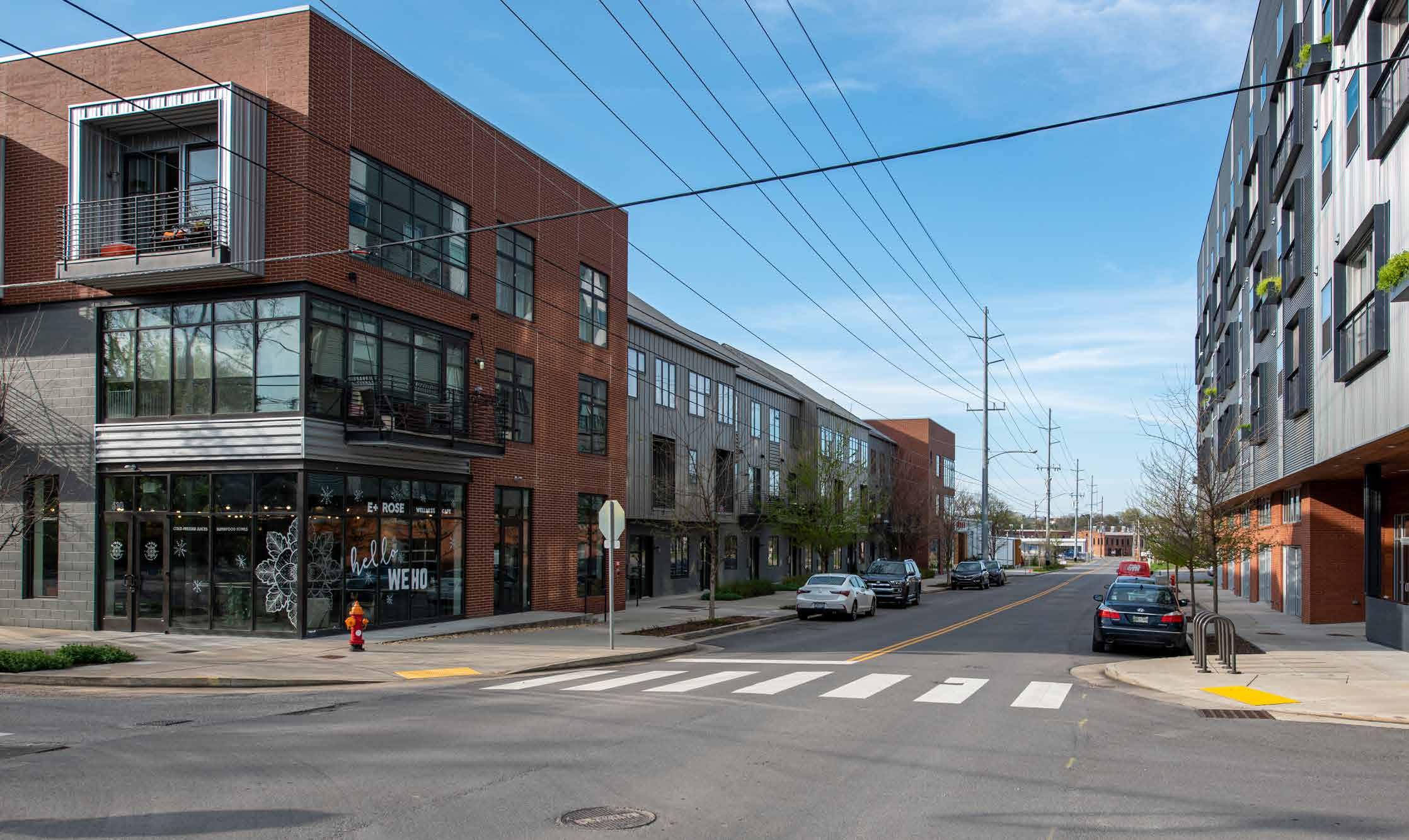
Amazon wants at least 50% of its employees to come to work each day without a car and was the lead sponsor for the Greenways for Nashville annual fundraiser in 2022. Oracle is building their new campus on the East Bank and plans to invest in a new pedestrian bridge to connect its campus to Germantown and to what is becoming an ever more robust urban greenway system.
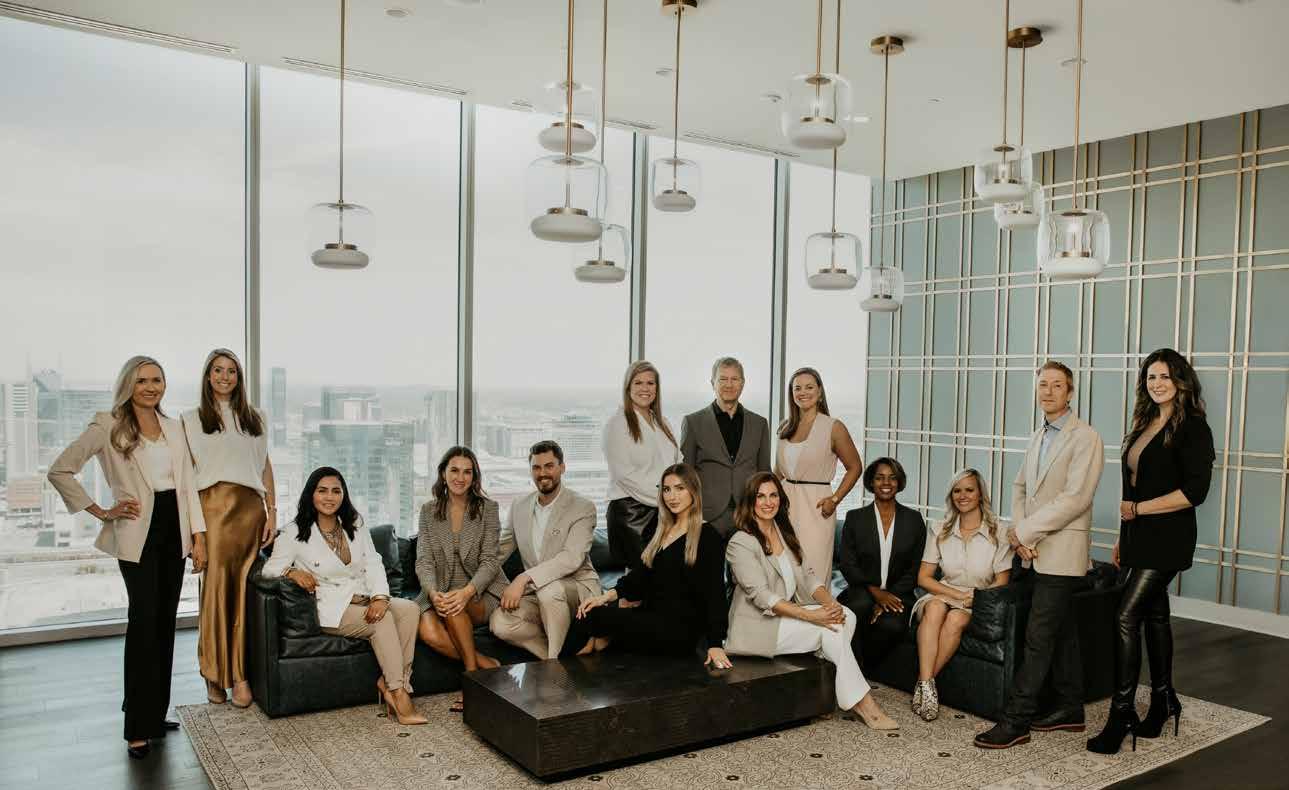 The CityLiving Group
Six10 Merritt & Twelve60 Martin | Wedgewood Houston
The CityLiving Group
Six10 Merritt & Twelve60 Martin | Wedgewood Houston
Village and sister companies have had to change with the times, as Nashville has evolved into one of the most vibrant cities in the country. When Deutschmann was the chairman of the Urban Land Institute in Nashville in 2018/19, which has over 800 members, he had a chance to network with other chapters and learned that Nashville had an enviable brand. Most famously, it is the “Music City.”
Under his watch at ULI, Nashville hosted ULI’s National Spring Meeting at the Music City Center in April 2019. The ULI Chapter gave its guests, some 4,300 members from around the country and world, an incredible glimpse of Nashville, tours of many of its emerging neighborhoods, and a taste of Music City, which is perhaps why so many were in attendance. At the time, Nashville had risen to be the #3 Emerging Trends City in the country, according to ULI. After these top real estate professionals from the US and around the globe visited the city and experienced its brand, its ranking rose, and Nashville is now #1 in the country!
Apparently, in this emergence, it didn’t hurt that Nashville then had a TV show with its name, which featured one of the city’s signature Music City specialties, the ‘artists in the round’ that had become a staple thanks to the Bluebird Café. The Bluebird Café got its big screen debut in the 1993 movie ‘This Thing Called Love’ starring River Phoenix and Sandra Bullock, and also became a hit in the TV show ‘Nashville.’ It spawned a documentary in 2019, Bluebird, that traced the impact of the music location on music. The Bluebird Café is a Nashville landmark. The documentary ‘Bluebird’ traces the origins of megastars Brooks and Swift, with the Bluebird Café playing a central role in their careers – and changing the music industry. It has also turned the city into a tourist attraction, with people flocking to experience the “Bluebird Café” lifestyle. Nashville, the TV series, had leveraged that lifestyle into an 8 season run that gave the city a considerable brand lift.
“Innovation in Nashville is connectivity; creating connectivity, creating access and creating value for residents. Innovation is thinking through affordability: how to create housing and home ownership access. We’re involved with the city’s leaders on a multi-faceted, multi-approach initiative. Affordable housing is a major issue right now – and has been for a time and will yet be for the time to come – but affordable living is what we’re focused on building and creating for Nashville’s community.”
That cultural impact was only possible thanks to the efforts of the city’s leaders and visionaries such as Mark Deutschmann, Village Real Estate and Nashville’s city partners. The Gulch, a once abandoned industrial area, has
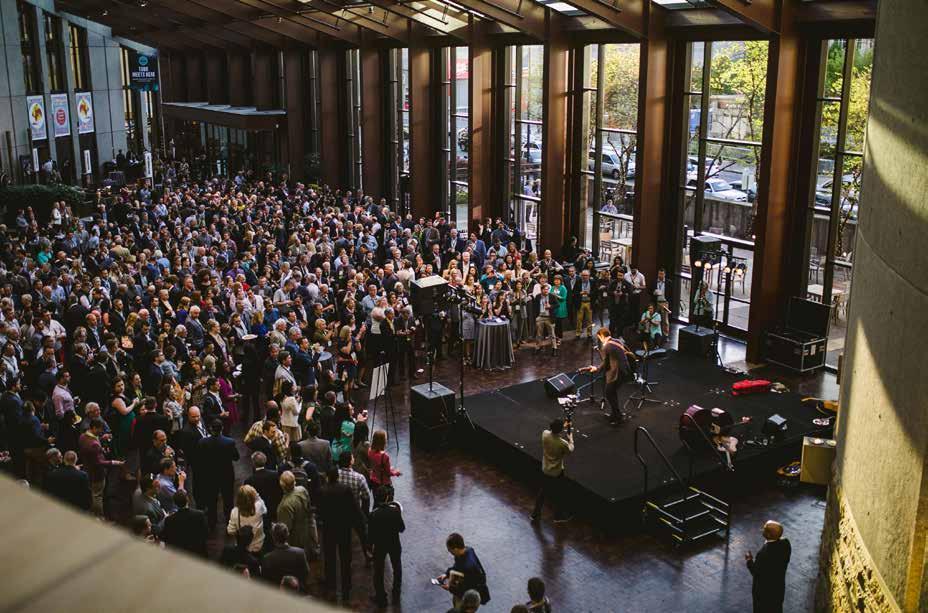
undergone a similar transformation and urban revitalization and is now described as having intoxicating new energy; 12South is one of the most walkable neighborhoods in Nashville; Germantown has been rejuvenated and injected much-needed vitality into this historic community on the National Register of Historic Places.
Village Real Estate’s tagline “Find Your Place” has made Nashville one of the United States’ top ten places to buy a house and live. That’s developed Nashville into a growing job market with low unemployment, making the
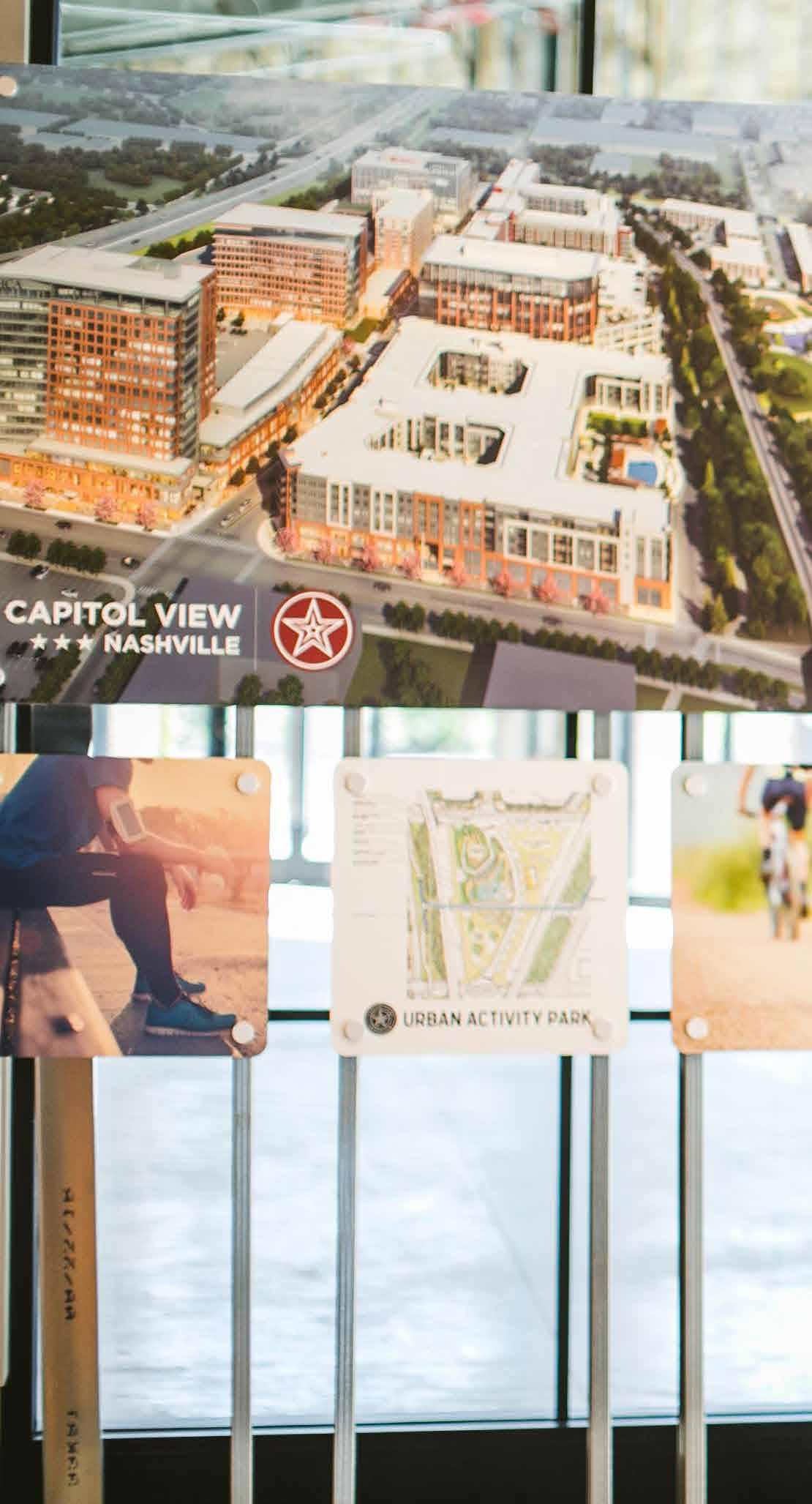 2019 ULI Spring Meeting | Nashville
2019 ULI Spring Meeting | Nashville
city one of the leading markets for investment. That’s the one-mile radius strategy in effect. With companies like Village Real Estate driving innovation in real estate, Nashville will continue to build a living, affordable city of the future.
Deutschmann shared: “We are living and working in exciting times for our city. We’re honored to be in the mix. All these things are shaping the landscape of the next version of this city. It is a dynamic landscape, changing and growing.”
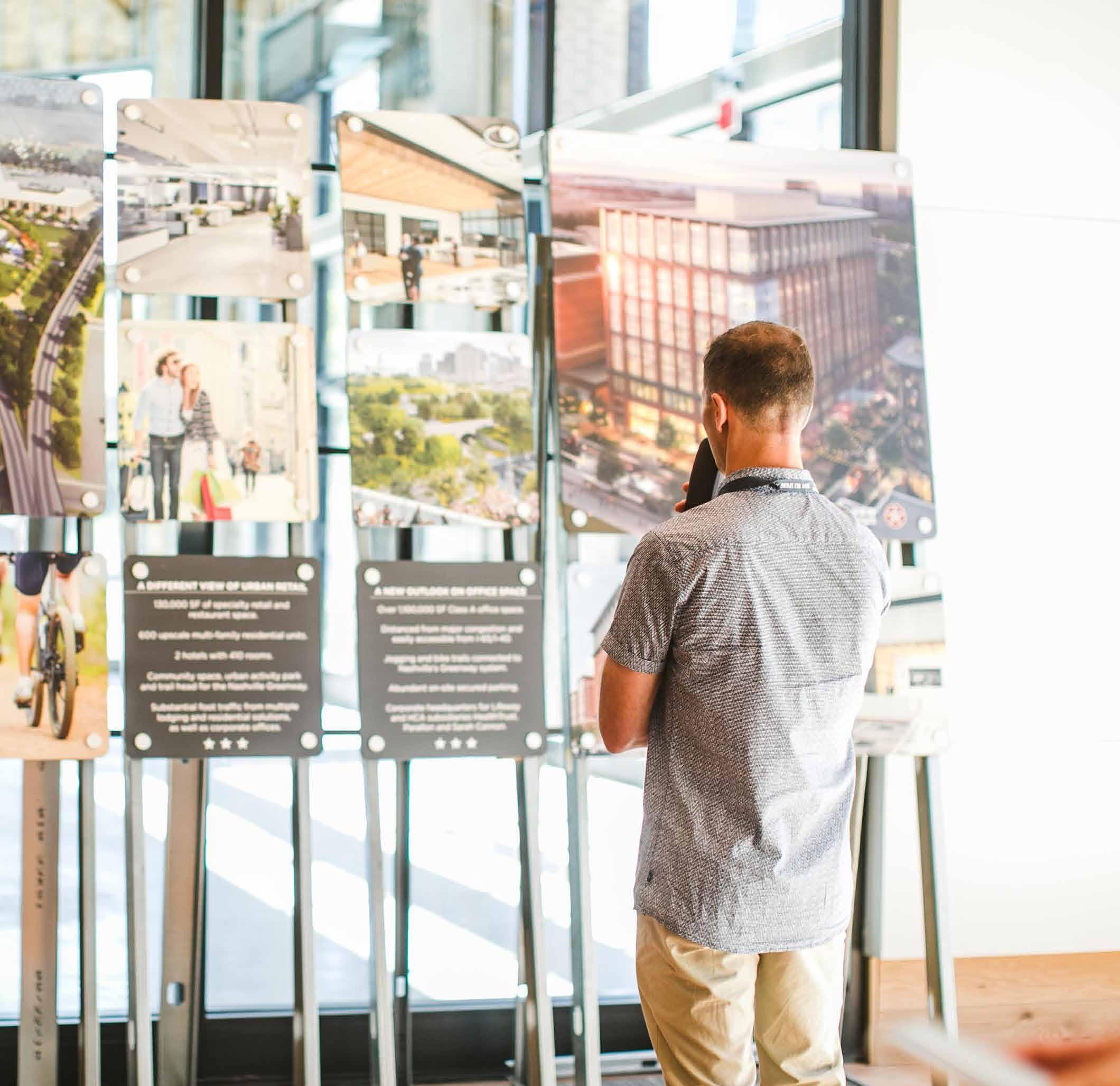
I have lived to work and, believe me, that’s no way to live… or work.

This doesn’t mean don’t work hard. I’ve just discovered that when you love where you live you have a longer-term view of how you work.
I spend my days supporting people who are in the arena - colleagues, founders, investors, and team members who are spread all over the planet. These folks are counting on me to show up, be present, and be useful. It’s the opposite of the ego-driven founder life I thought I was supposed to lead.
For a decade, I lived in San Francisco’s SoMa neighborhood and I embodied the stereotype of the manic start-up lifestyle. My home was next to my office. That short, concrete walk - office-coffee shop-home, lather, rinse, repeat - became a treadmill that fostered short-term thinking. It was a life lived in bursts, hard to see past tomorrow.
Brad Feld, an investor in my first startup and the co-founder of Techstars, among many other accomplishments, has observed that people who start
companies where they want to live are much more likely to succeed than people who don’t. I never thought of San Francisco as home. That’s why I came to Nashville. To be home and create a three-dimensional life.
If there’s anything positive that came out of the pandemic, it’s that capital went from wanting to be somewhere to wanting to be everywhere. New capital with a different mindset is now available to the best founders in Nashville. This changes everything here, for both founders and investors.
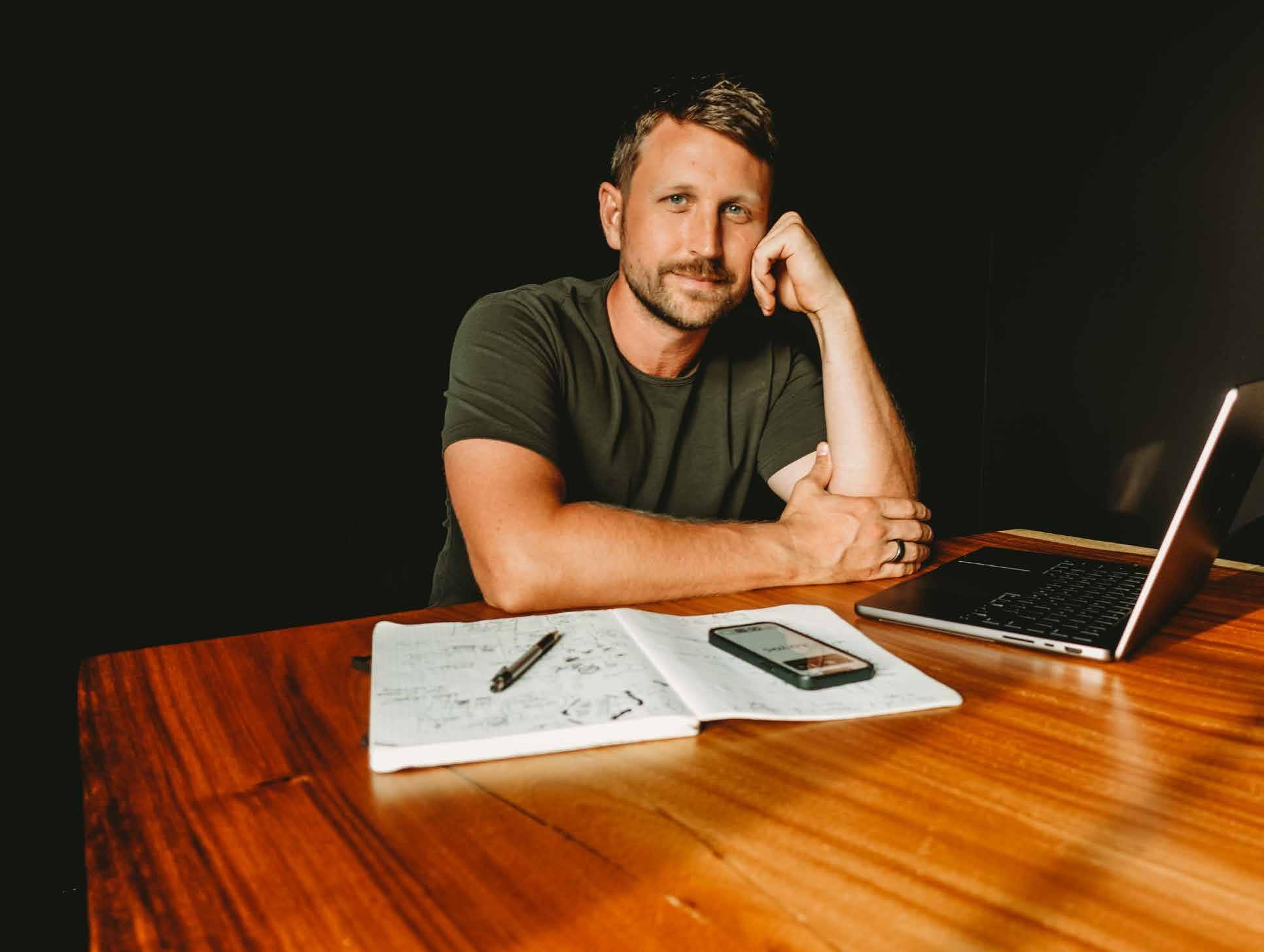
When the best investors in the world are now investing in our city, it raises the bar for everyone.
Nashville is the embodiment of latent opportunity. There are a lot of great founders here, but I feel like Nashville will go from “good to great” by being more connected. SoMa’s density and small footprint was an important contributor to San Francisco’s success because everyone was running into each other. We need to dramatically expand Nashville’s local interdependence.
Isolation stunts a start-up ecosystem. Entrepreneurs need to have both peer and mentor networks. There’s no substitute for being around people who are going through the same things, the same struggles, and being able to help each other. That is the fuel that keeps people going.
Creating spontaneity matters when building community and I’d love for us all to put a stake in the ground for where we come together. The investments that I, and others, are making in Wedgewood Houston (WeHo) are based on this view. It’s gathering density and emerging as a hub of coffee shops, restaurants, VCs, shops, and founders with its own sense of localism and place. It has a startup vibe because it’s a startup neighborhood itself. The goal is never to replicate what’s happening elsewhere, but, rather, to be happy to be where we are and make sure we have the people and support, and energy to make things happen.
A good day always includes meeting someone who loves living in Nashville. It’s not about being better than New York, San Francisco, or Miami. It’s about owning the differences, lifting up what makes Nashville great, and embracing our pivotal position.
When people in San Francisco started asking me “why Nashville?” I told them I saw it as America’s most important switchboard city. I can get to New York, Miami, San Francisco, and Austin by 10AM. Nashville is a switchboard city because you can feel the connection to everywhere else.

This connectedness is integral to Nashville’s future because remote work is the way businesses are being built. Remote does not mean “never together,” though. Nashville can play a role in bringing people together for the essential offsites and in-persons. This is a town built on culture, music, and deep relationships. Telling this part of our story, and weaving it into the larger switchboard narrative can benefit everyone.
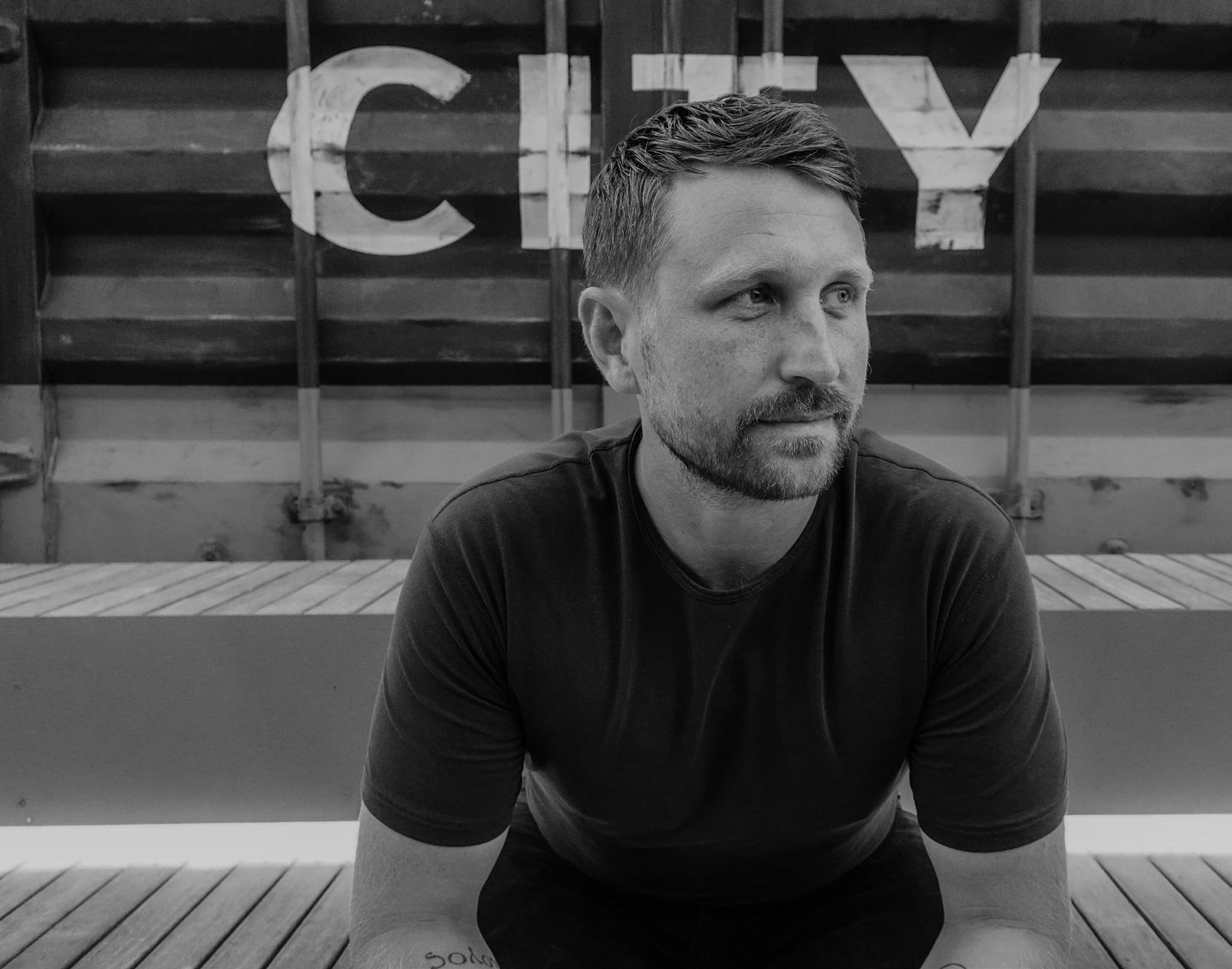
Our ability to evolve the “switchboard” story will expand our collective opportunity. By approaching the maturation of a trust network with intentionality and focus, we’ll be able to develop new competitive advantages. The more trust that we can grow in the local network, the faster information will move through Nashville, and we’ll be able to fully capitalize on our vast network of connections and opportunities anywhere in the world.
I think what helps is having a 20-year view on the world. That’s how I see Nashville, specifically, and it’s the approach I’m taking with every company I own. It really changes everything about how you think when it’s based on a 20 year view.
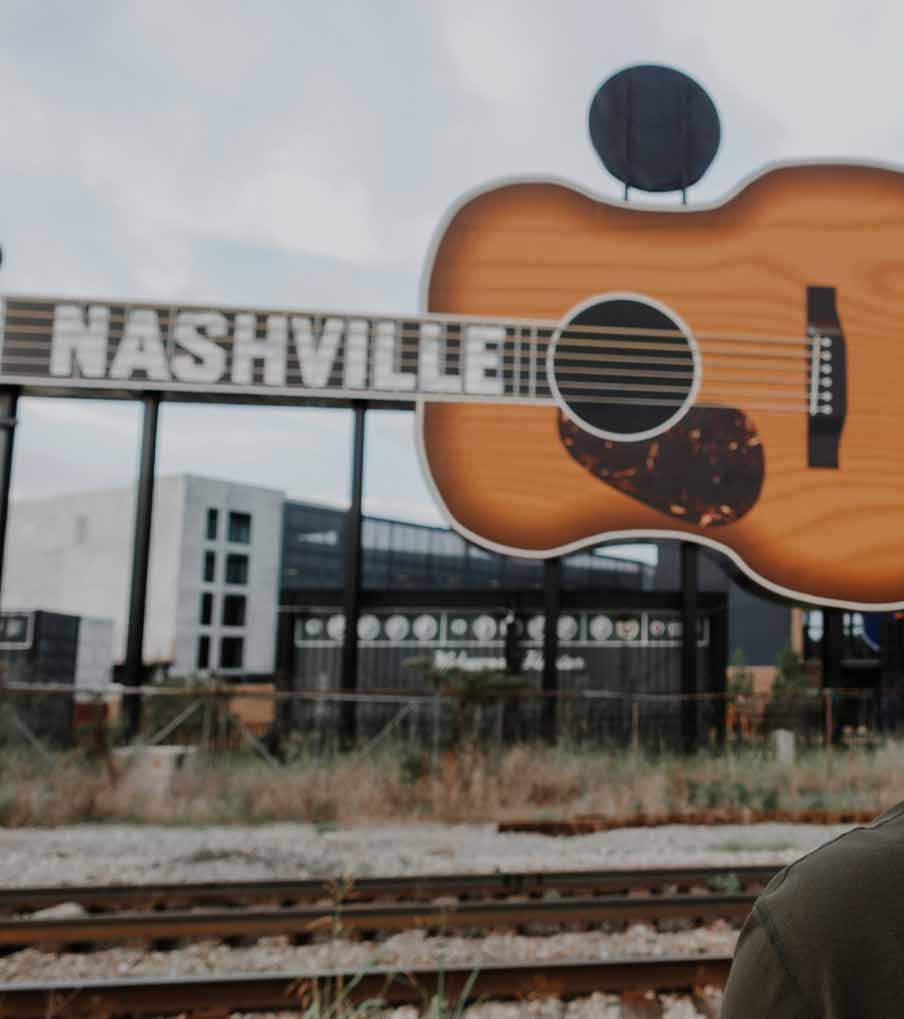
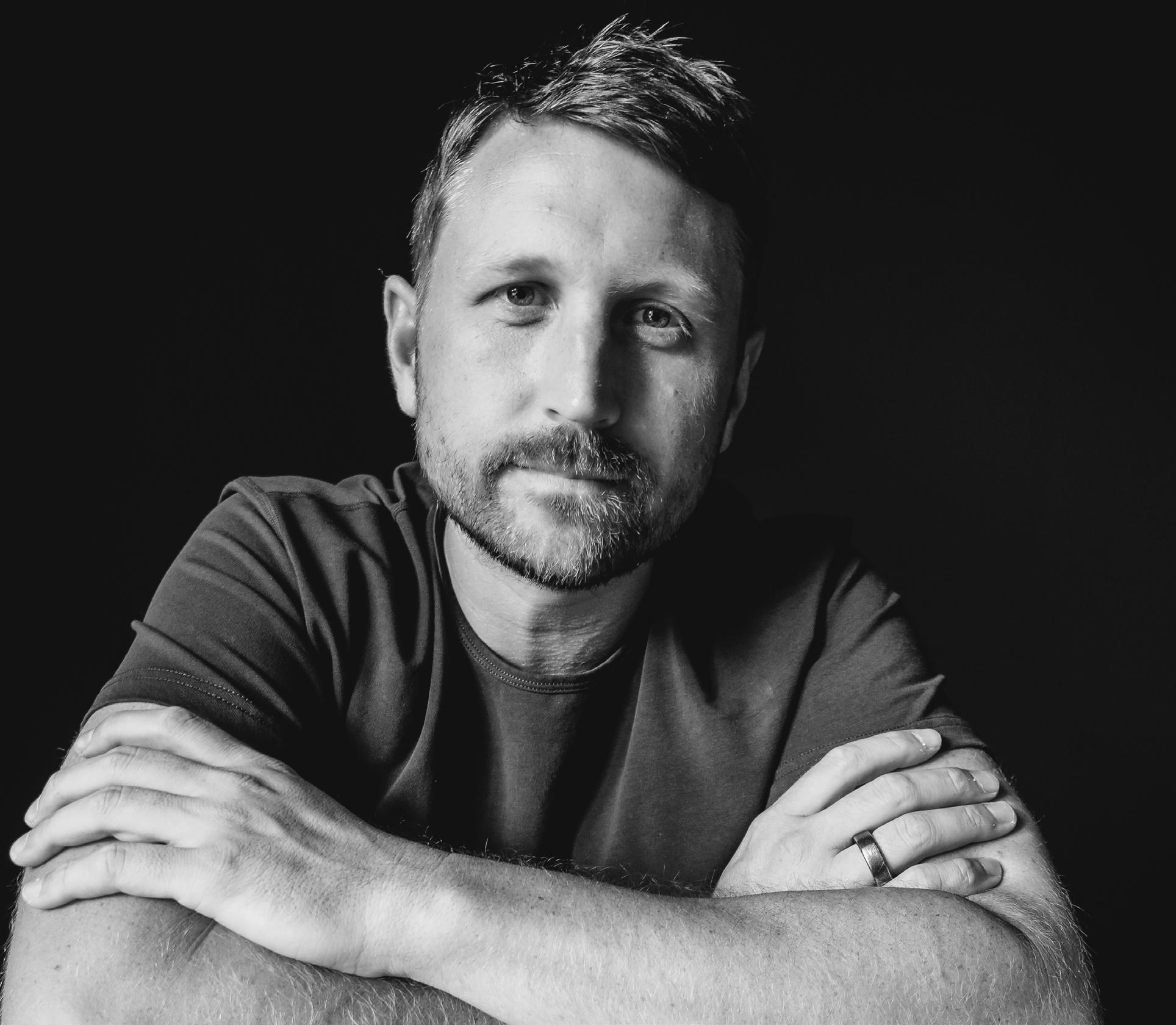
I believe in direction over speed. I’ve found that a lot of founders believe in speed over direction and I think that’s a terrible mistake, one that I’ve made personally. I thought external approval and recognition were signs that I was successful and making a difference. I thought leading was about telling people what to do. I thought sprinting was my only option and, worse, I’d end up up sprinting to nowhere. Those were mistaken beliefs and they had me running at an inhumane pace for many years, making terrible decisions, and almost killing myself along the way.
I’ve learned that I am happiest and most useful when I am helping others pursue their dreams. As my mentor David Marquet says, leading is about “getting out of the way.” As the founder, it took me over a decade to realize I know the least about what is going on in our company. The people in the weeds are the ones with the information and knowledge. My insecurity and need to feel smart and have the answers did nothing to help great people do great work.
Leading is about creating more leaders and getting out of the way. Once I got out of the way and got more curious, everything started flying. My goal these days is to make the least amount of decisions because that creates the maximum space for my partners and teammates to run. It’s not about having the answers, it’s about having the humility to enjoy asking “what don’t we know?” Today, every time I have to make a decision, I ask “have I failed to create an environment for that person to own that decision?” That has been one of the hardest things to discover and one of the hardest changes to adopt.
I’m grateful for having the opportunity to have made all my mistakes and it’s a lot of what informs how I am living, and building, and connecting, and just living my life in Nashville.
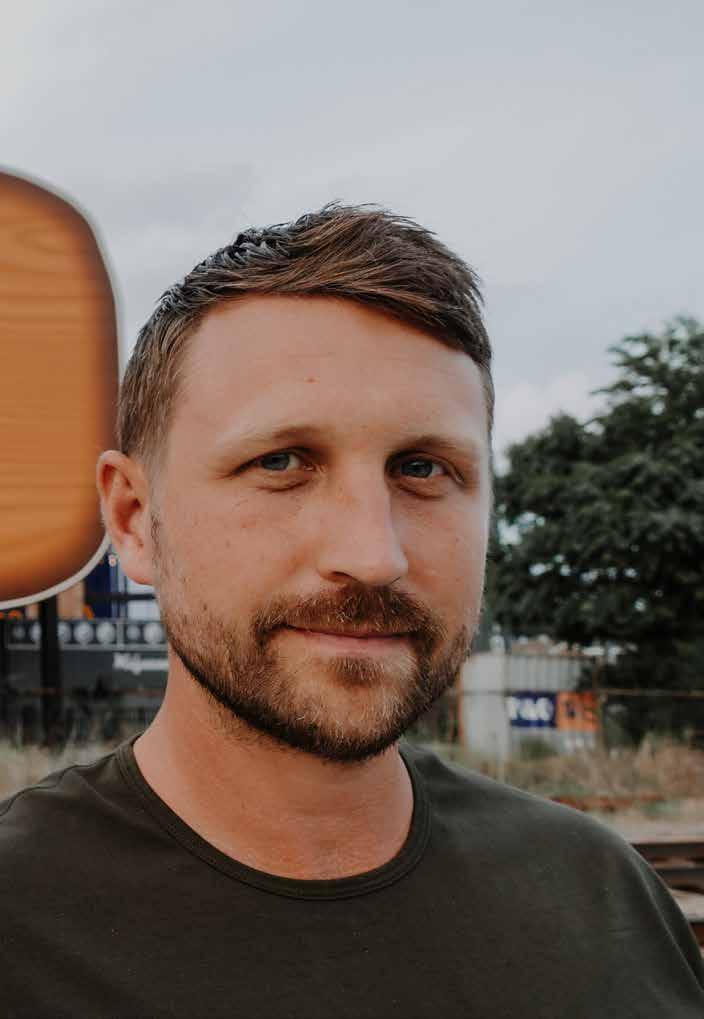
SHANE MAC STATS
• CEO & Co-founder of “http://xmtp.com/”XMTP where we’re building a new communication protocol for Web3. We’ve raised $25m led by Andreessen Horowitz, Ashton Kutcher & Guy Oseary’s Sound Ventures, Naval, Coinbase Ventures, and many other great investors.
• Founder & General Partner of “http://logoslabs.com/”Logos Labs where we invest in the future of living & Web3. Our companies have a combined valuation of $4+ billion. Founders looking for funding please say hi!
• Co-founder of “http://gosquaredaway.com/”Squared Away where we employ military spouses as executive assistants. We are profitable, $10m+ ARR, and have never raised venture funding.
• Say hi on Twitter @shanemac
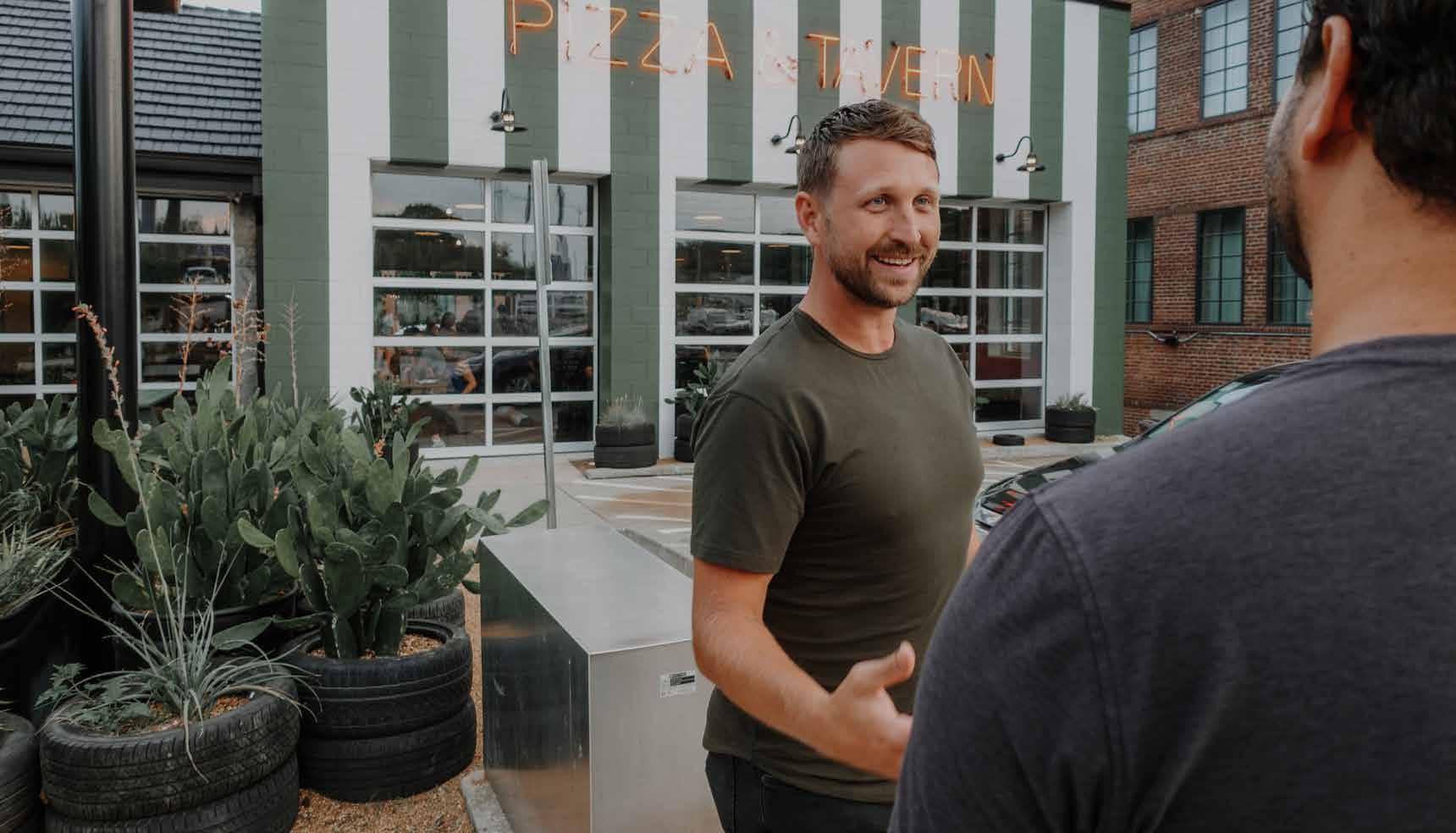
Since 1847, the Nashville Area Chamber of Commerce has been working for Middle Tennessee businesses. The Chamber is a nonprofit organization dedicated to creating economic prosperity by facilitating community leadership. The Nashville Area Chamber is Middle Tennessee’s largest business federation, representing more than 1,700 member businesses in 10 counties (Davidson, Dickson, Montgomery, Cheatham, Robertson, Wilson, Sumner, Williamson, Rutherford and
Maury). Through a wide variety of programs and initiatives, the Chamber works to positively impact the economic vitality and enhance the quality of life in the region, while supporting the growth and prosperity of Chamber-member businesses.
An important part of the Chamber’s work is facilitating Partnership 2030, Middle-Tennessee’s public-private partnership. For nearly 30 years, this coalition of business and policy leaders have guided the Nashvillearea to become the thriving region it is today. Since the mid-1990s, more than 530,000 new jobs have been created, supported by more than 2,000 company expansions and 1,030 relocations to the Nashville area. Since then, our population has grown 81%, with more

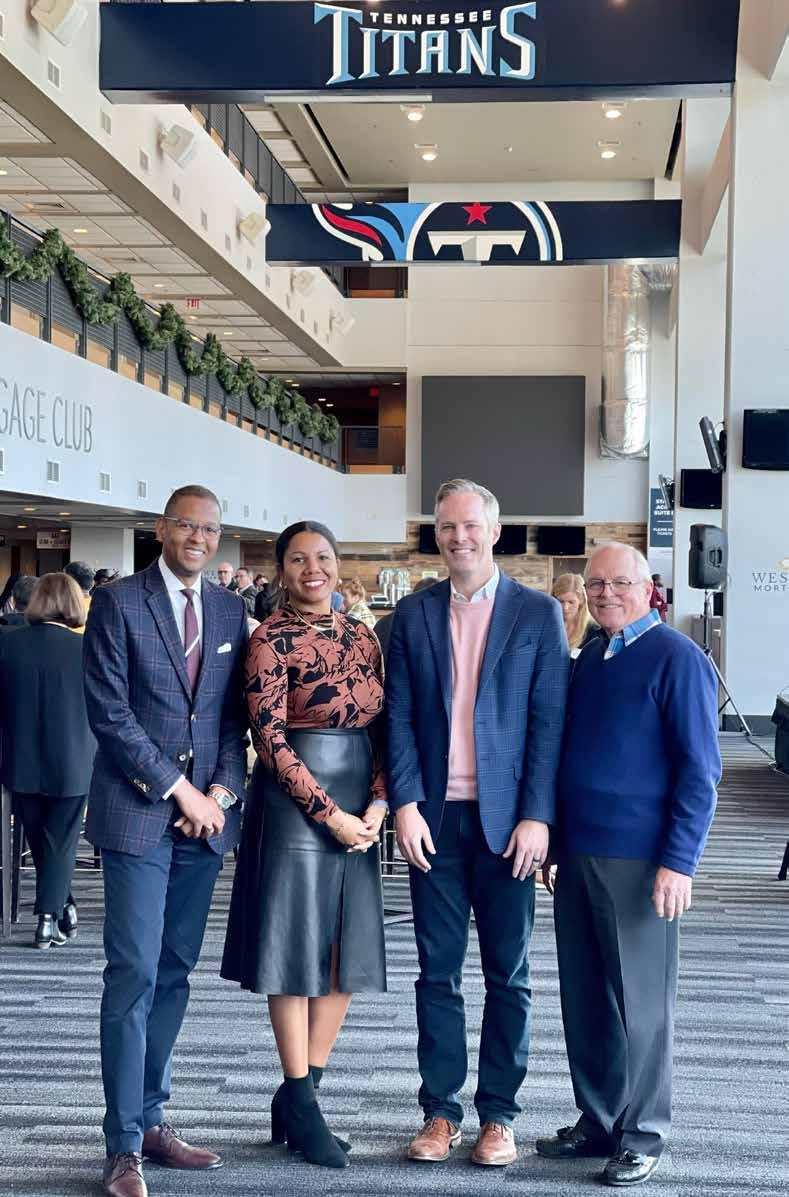
Since
the
has increased economic prosperity by facilitating community leadership.Burke Nihill, Titans President and CEO, Ralph Schulz, President and CEO of Nashville Area Chamber of Commerce pose with other members of Titans senior leadership. (Burke is #3, with Ralph to his right)
than two million residents in the region today. Thanks to Partnership 2030, the region’s economic future is stronger than ever.
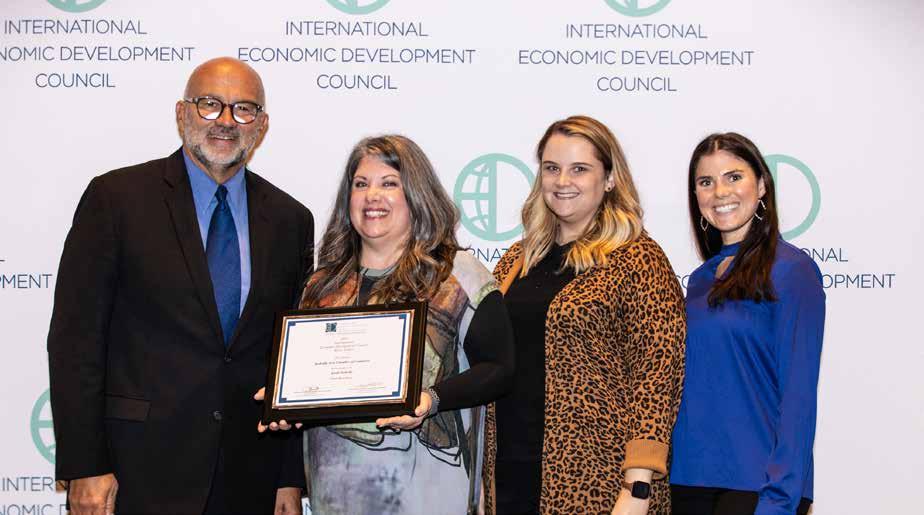
In addition to our commitment to economic prosperity, the Nashville Area of Chamber is leading the drive to increase and amplify our region’s workforce. The Chamber helps prepare current and future workers for high-demand, high-wage jobs through education and talent development initiatives that support the region’s economic growth. Effective talent development happens on a spectrum and requires a multi-faceted approach beginning with Pre K-12, creating a pipeline from education to career. Development of talent pipelines after high school include adult education, upskilling and reskilling the current workforce, and facilitating connections to industryrecognized credentials and degrees to meet the evolving needs of employers. A skilled and educated workforce is the most important factor influencing a community’s economic competitiveness, and the Chamber is proud to help lead Nashville’s workforce.
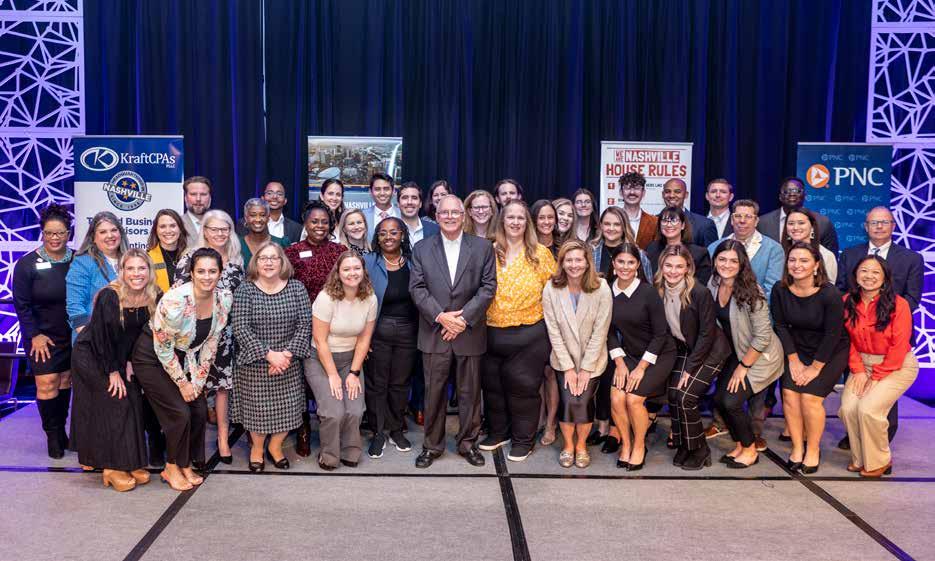
Through nearly two-dozen initiatives and programs, the Nashville Area Chamber of Commerce provides opportunities for businesses and business leaders of all stages to have their voice be heard. Visit our website at nashvillechamber.com or follow us on social media at @nashchamber to see how becoming a Chamber member can benefit your business.
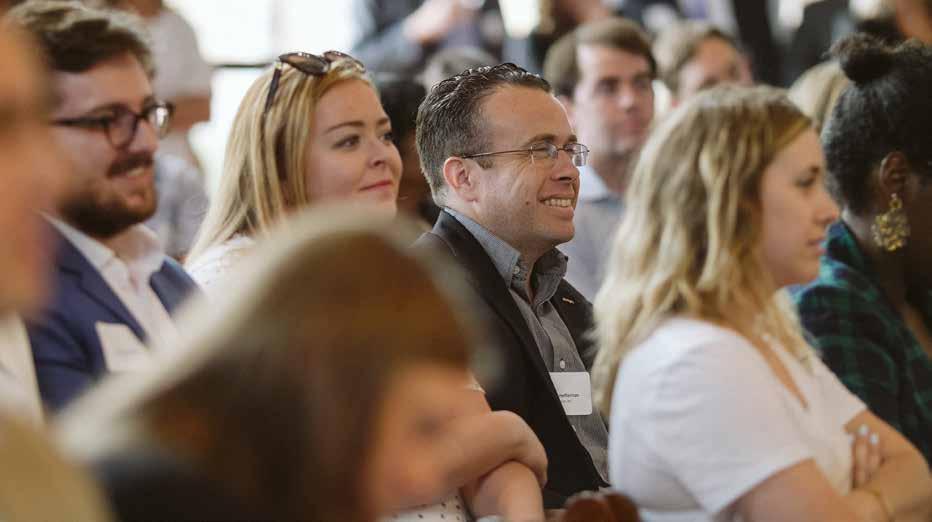

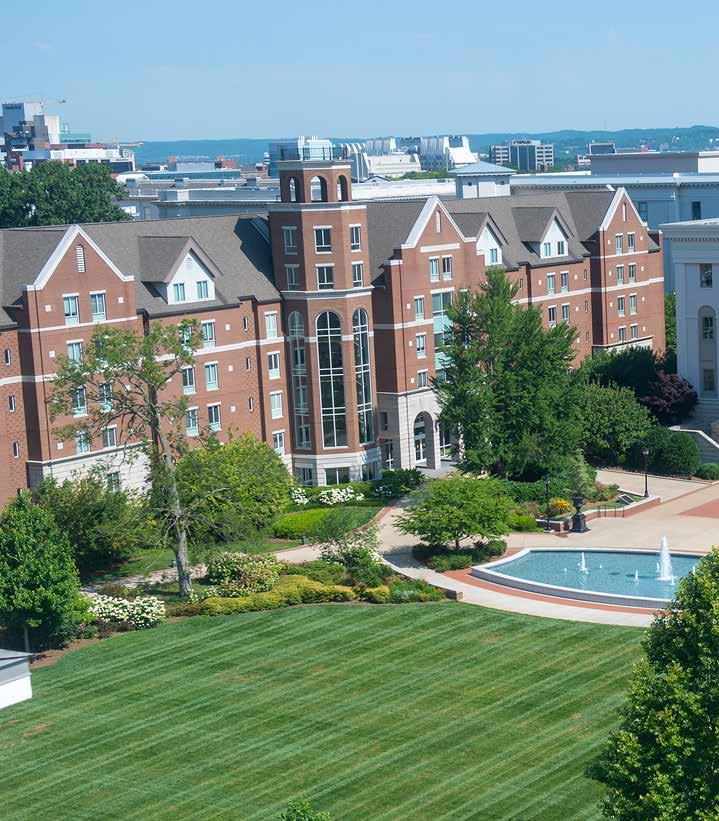
“Social innovation is a powerful and essential tool that helps communities and institutions work together toward human flourishing.”
— DR.JOSHYATES,EXECUTIVEDIRECTOROFTHE BELMONTUNIVERSITYINNOVATIONLABS
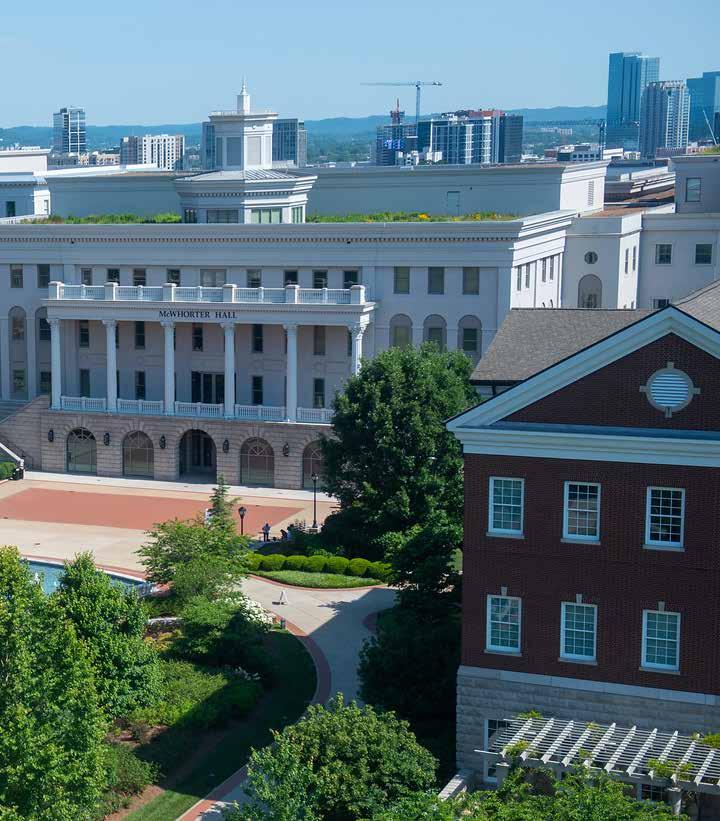
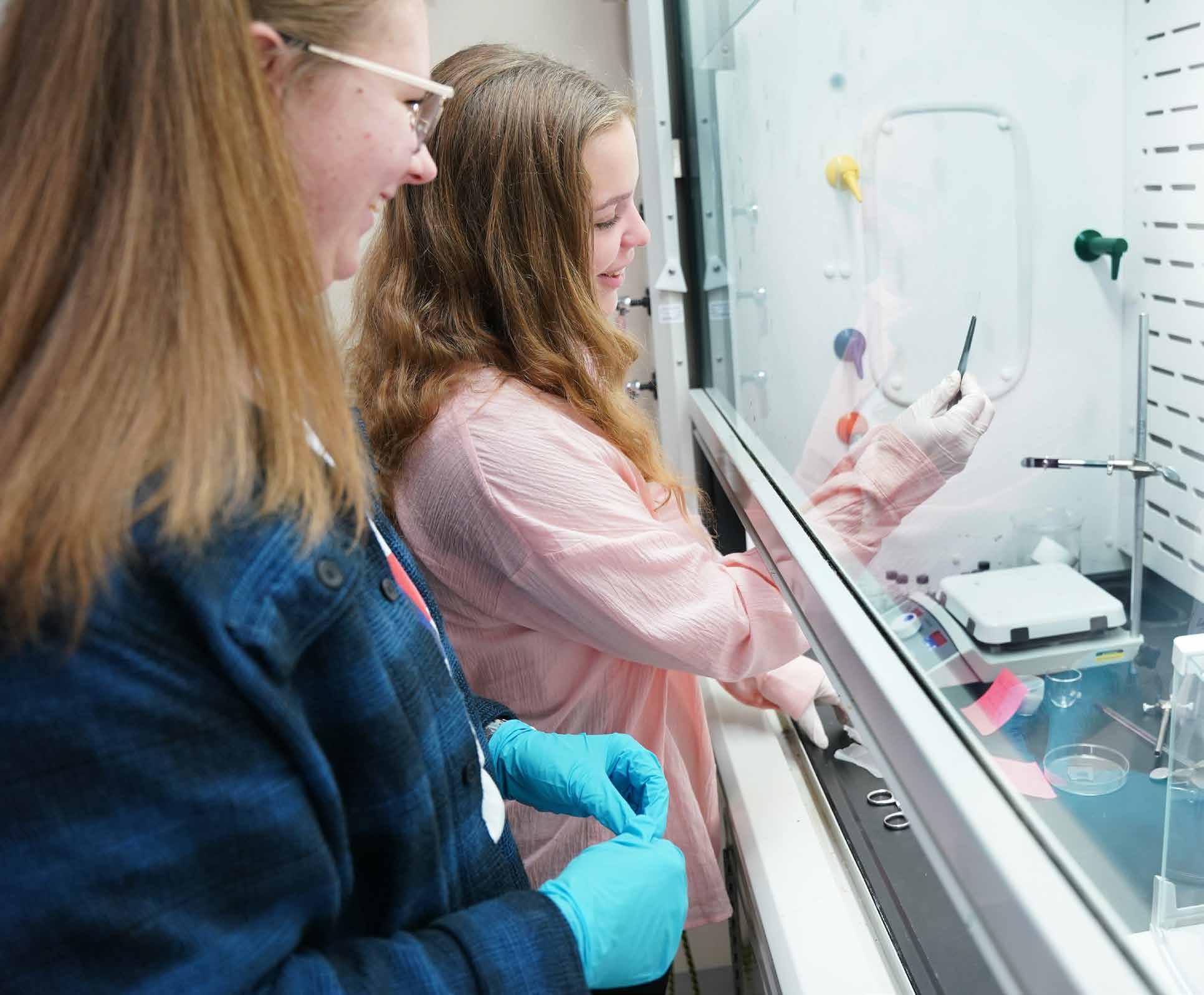
Founded in Nashville in 1890 by Susan Heron and Ida B. Hood–two female school teachers–Belmont University has been defying conventional expectations of higher education and serving as an incubator of innovation ever since. Today, the University is comprised of nearly 9,000 students from every U.S. state and 33 countries. Nationally ranked and consistently recognized by U.S. News & World Report for innovation, Belmont offers more than 127 areas of undergraduate study, 41 master’s programs and eight doctoral degrees.
Following Dr. Greg Jones’ arrival as the Institution’s new president in June 2021, Belmont launched a new mission, a fresh vision and an ambitious Strategic Trajectory to 2030 that will guide the University’s course for the next decade. With a focus on whole-person formation and data-informed social innovation, Belmont is committed to developing diverse leaders of character who are equipped to solve the world’s complex problems and support human flourishing for all people.
“It’s an exciting time to be in higher education,” said President Greg Jones. “The academy has long been a place where people of differing perspectives, backgrounds and experiences can work together toward action that will lead to true impact. That’s what we’re about at Belmont–we seek to be an innovation incubator where ideas spur actions and lives are changed. I’m energized by the chance to be among leading minds who are working in this space to provide incredible educational opportunities to our students and leverage all we’ve been given to help people and communities thrive.”
An institution with this posture–one that is focused on supporting communities and using its resources to impact the world–can have a significant impact. Belmont is illustrating this commitment through new programs and initiatives all across campus.
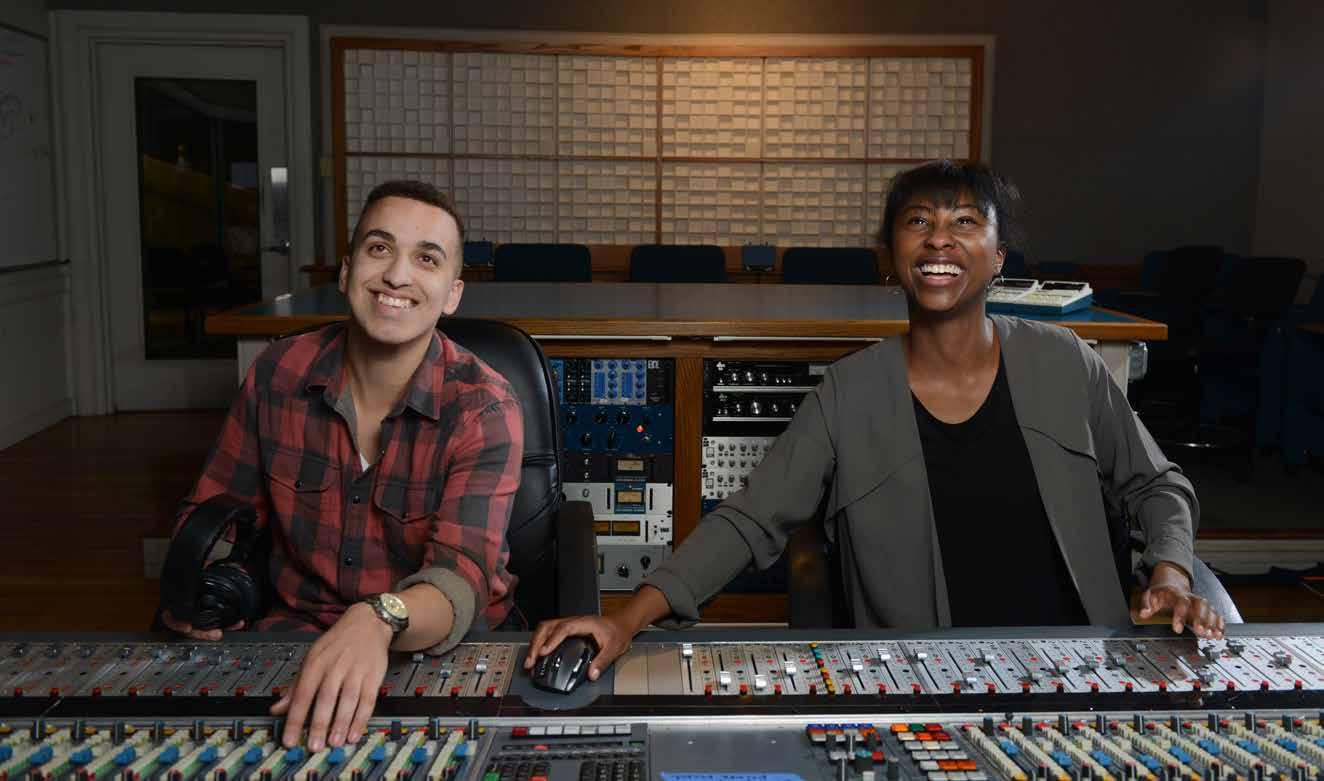

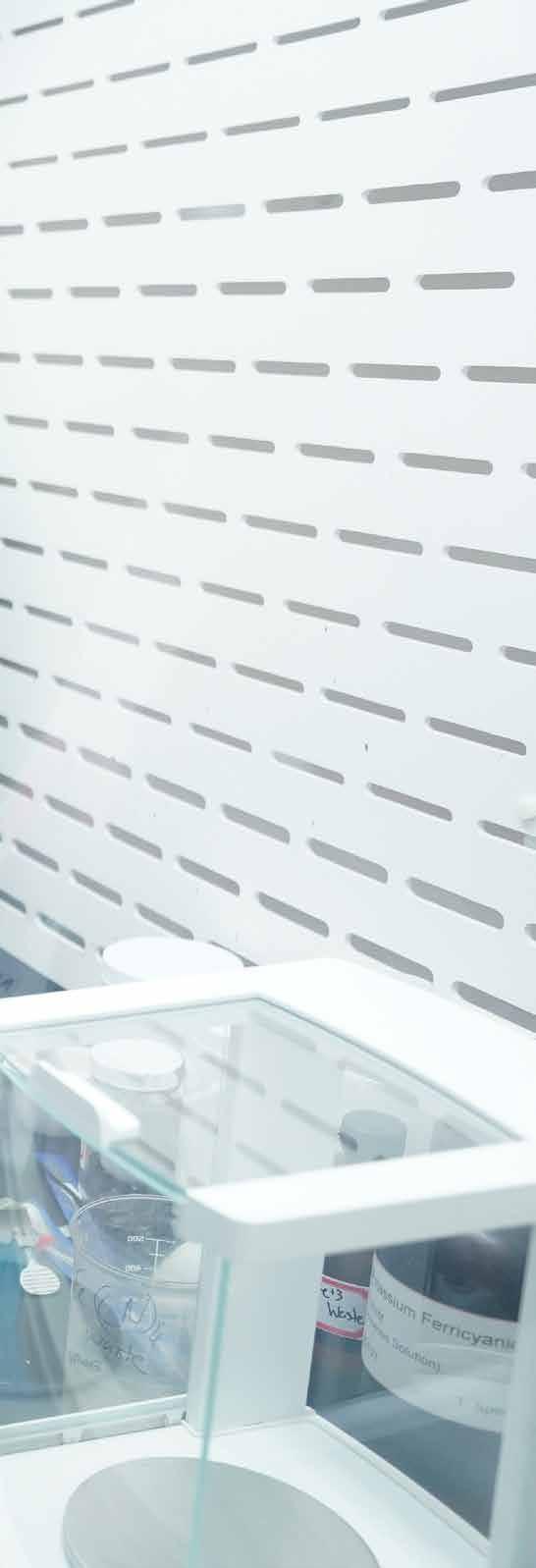
In August 2021, the University announced the creation of the Belmont Data Collaborative (BDC) and its intent to invest $60 million throughout the next five years in data initiatives. Led by Executive Director Dr. Charlie Apigian, BDC’s purpose and scope is broad: to serve Belmont students and working professionals by delivering curricula and programming to help fill the ever-evolving need for data skills in nearly every workforce environment and use data to develop creative solutions to growing and significant community challenges.
At its core, BDC infuses data skills into every facet of Belmont’s mission and serves as a trusted data partner for organizations and communities in Nashville and across the state of Tennessee. In its first year, the BDC team has forged partnerships with numerous organizations to make a significant impact quickly, beginning with hypertension in Nashville.
The Data Warehouse, which has been done in conjunction with many community partners, is focused on gathering and analyzing publicly available data to develop creative solutions to complex social problems. The Hypertension Project was the first to leverage data gathered by and housed in the new Data Warehouse, Tennessee’s first hub for a variety of publicly available state-wide data.
After gathering and analyzing health data, the BDC team released its initial report on hypertension and related health inequalities across Nashville–data that is already leading to innovative solutions and partnerships that will support human flourishing. Moving forward, BDC will continue these efforts and expand its focus to harness data and innovation to tackle other critical community challenges including mental health and wellbeing, affordable housing and human trafficking.
We are committed to solving societal problems,” said Apigian. And data is one of the best resources we have to accomplish that goal. As data tells the story of what is holding our communities back, we can inform innovative, meaningful, life-giving change. And that’s really significant work that we’re grateful to have the chance to take on.”
The newly created (launched in early 2022) Belmont Innovation Labs is focused on equipping people and organizations with the tools to design, develop and deploy collaborative responses to our most pressing social and community challenges.
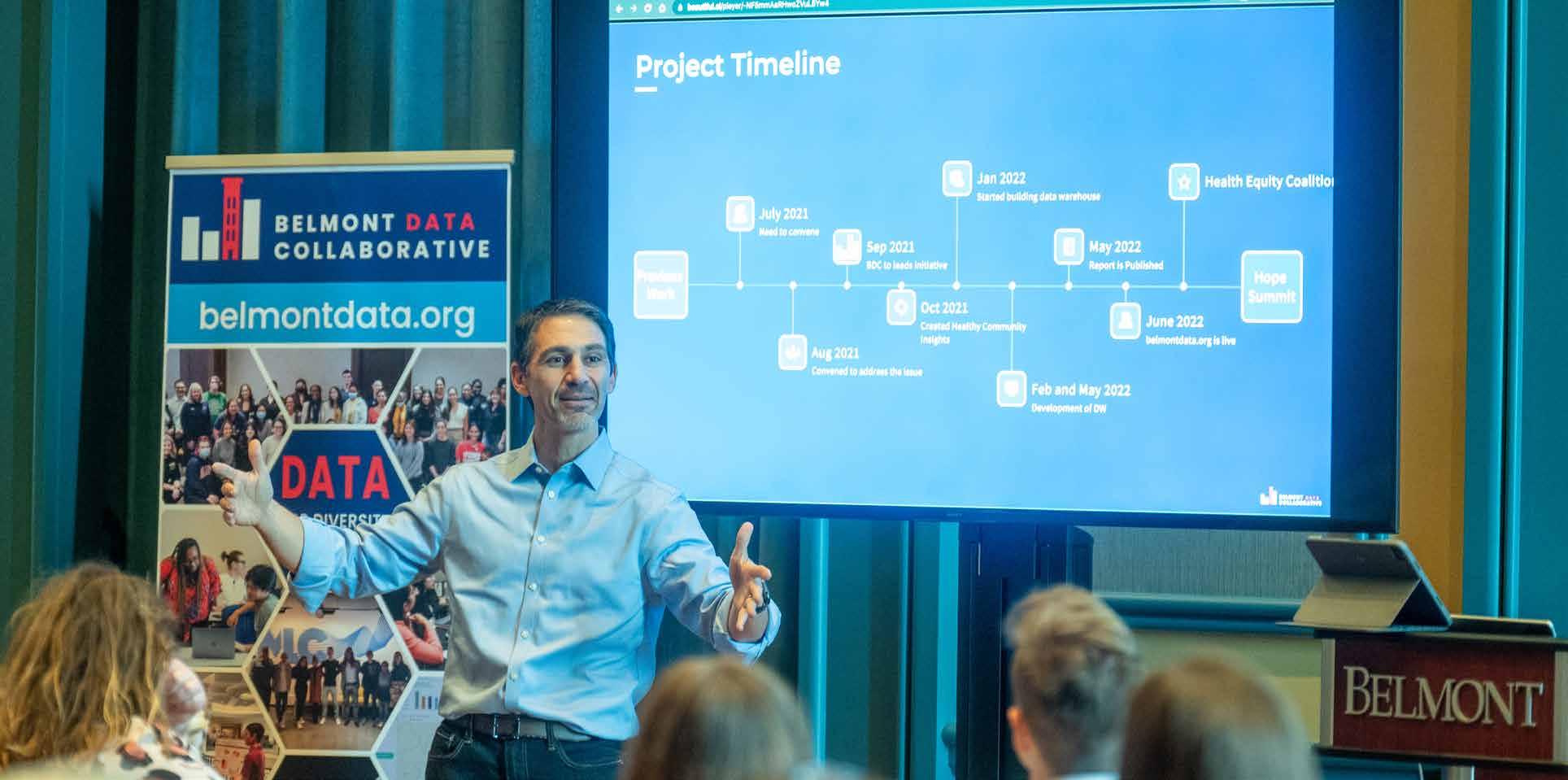
The Labs accomplish this mission by mobilizing and resourcing social innovation ecosystems through leadership development, translational research, strategic convening and creative storytelling. When harnessed and aligned, ecosystems (which should include organizations like universities!) can generate lasting positive impact in the lives and communities that need it most.
In October 2022, Belmont and the Innovation Labs hosted the University’s inaugural Hope Summit, a multi-day event focused on innovation and creativity to help regions thrive. With entrepreneurs, investors, philanthropists, researchers, academicians, students and more engaging creatively on how to leverage innovation and resources to drive to thriving. The time provided many opportunities for conversation to lead to action.
These opportunities continue to forge stronger and deeper connections among all members of an ecosystem–social enterprises, universities, funders, entrepreneurs and more–across the regions and around the world.
Belmont’s work in this space is significant and only growing. At the Hope Summit, the University announced a new partnership with the Transformational Business Network (TBN) to launch the TBN Global Alliance, a worldwide network of impact investors and entrepreneurs who are actively building social enterprises that care for vulnerable communities and transform lives. Together, Belmont and TNB will further human flourishing by working alongside a large and diverse array of independent enterprises, individual and institutional investors, capacity-building organizations and academic researchers to promote and establish scalable enterprise solutions to poverty.
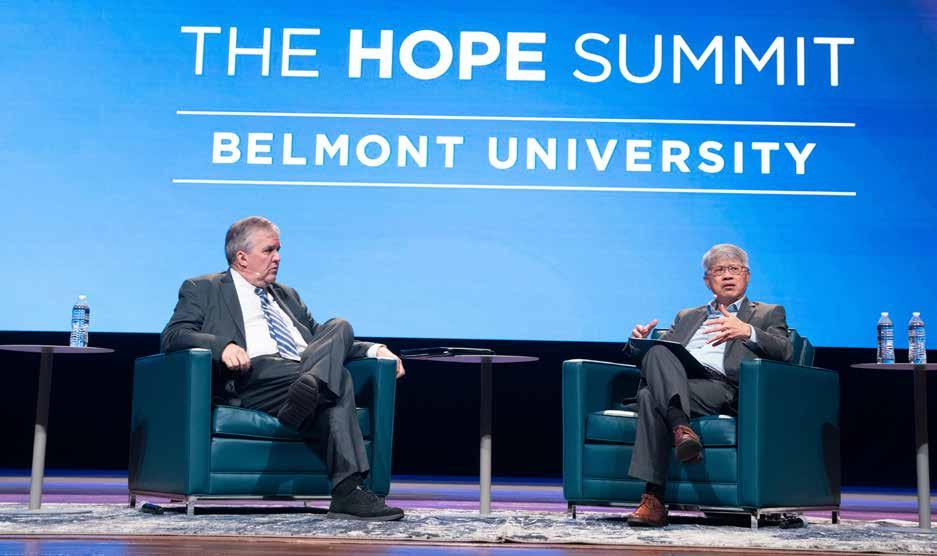
One of Belmont’s Strategic Pathways to 2030 is focused on storytelling–developing and sharing stories of truth, beauty and goodness in the world. We know that stories hold so much power, and Belmont is deeply committed to building upon its foundation as a creative community to continue to leverage the power of this medium to transform lives in significant ways.
The Story Studio is one way the University is moving toward this goal.
This new initiative, designed to help cultivate a sense of imagination, is the perfect intersection of innovation and storytelling–focused around developing moments of impact, learning and connection. Story Studio will center diverse narratives in curriculum and throughout Belmont’s community work, partnering with the Data Collaborative to incorporate data into storytelling and elevate the impact of every story that’s told.
Nashville is a leader in many industries–and with major corporations making the transition to the city so frequently, there is a role for higher education to play as a key partner.
Belmont has seen this opportunity and is leveraging its prowess for both innovation and education to answer the call. In 2022, Belmont launched its Division of Educational Innovation, expanding the University’s capabilities in online programming, and taking the call even further to develop custom solutions for corporate educational needs. The division includes Belmont Online, which promises digital courses, credentials, certificates and continuing education opportunities, as well as Belmont Executive Education, which provides in-person and virtual custom programs, executive coaching services and a variety of professional development options.
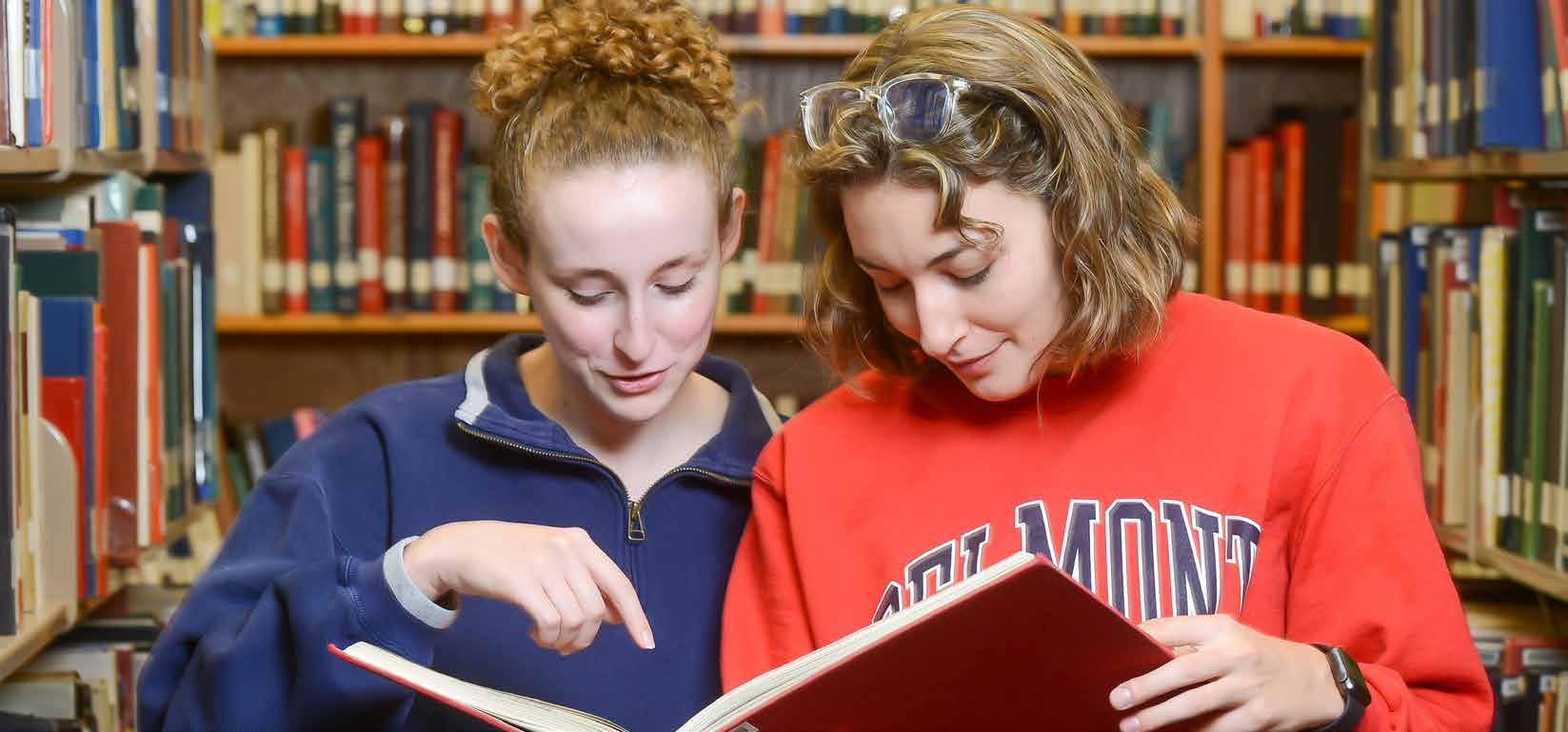
In addition to the incredible innovation found through new initiatives, labs and partnerships, Belmont has long been known for innovation in teaching and in the classroom. Now celebrating its 50th year, the Jack C. Massey College of Business is one prime example of this legacy.
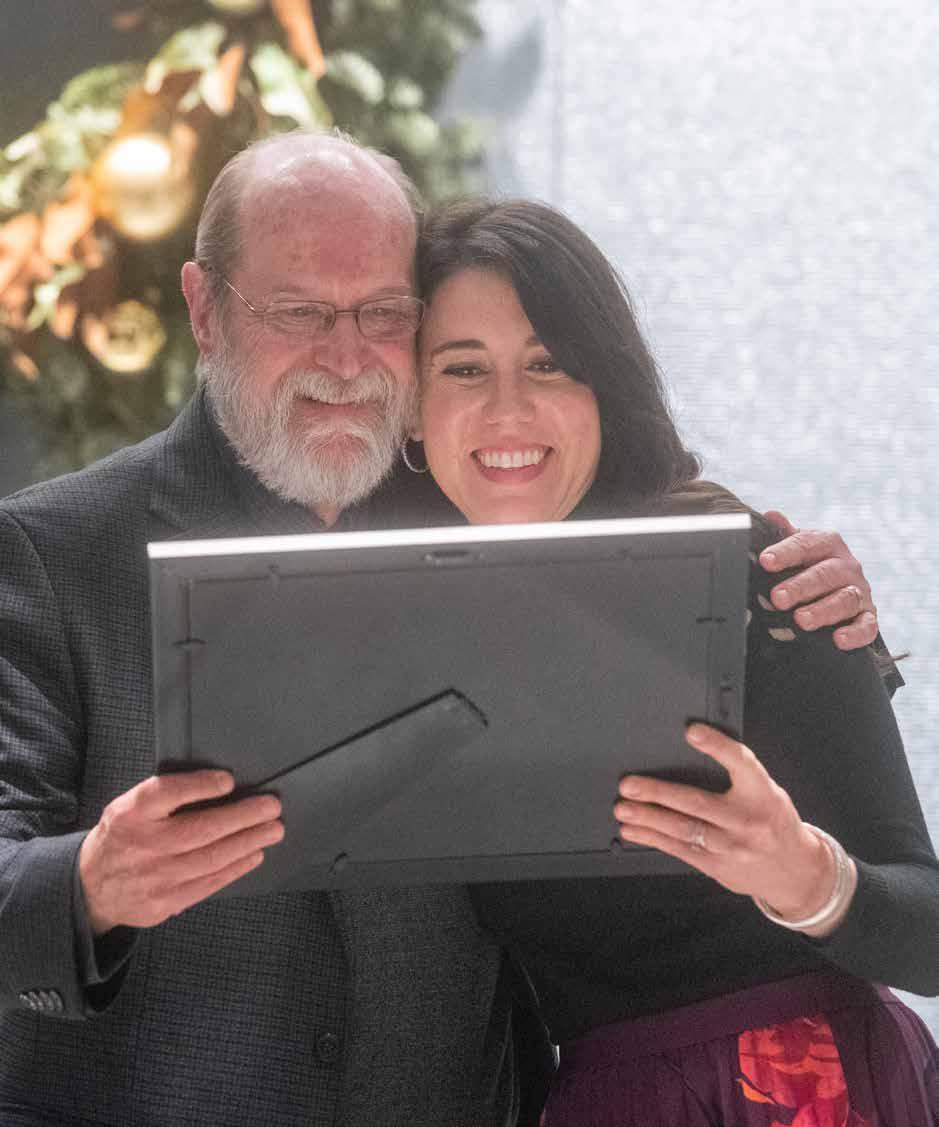
In 1968, Mr. Massey–a world-renowned entrepreneur and venture capitalist who was the first person to take three different companies public–shocked the then-Belmont College administration when he announced a multi-million dollar gift that would fund a state-of-the-art business program. “Talk about a game changer,” said Dr. Bill Troutt, former Belmont president and Massey mentee. “He was the game changer for Belmont University.”
The College’s 50th anniversary celebrates its success, as well as the example of its namesake. Jack C. Massey was innovation personified–his influence has guided the direction of the College since its founding and continues to lead to the incredible outcomes we see today, many of which are directly connected to the Massey Centers of Excellence.
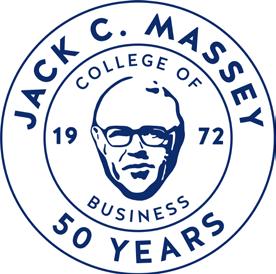
The Thomas F. Cone Sr. Center for Entrepreneurship, named for another business leader known for his creativity and character, empowers students across disciplines with an entrepreneurial mindset and cultivates the competencies to build and deploy innovative and transformative ideas. Established in 2003, the Center provides mentorship, resources, workshops, seed funding and support to students from all majors across Belmont’s campus who are interested in incubating their businesses.
And this innovation continues to be recognized. This year, Belmont’s Entrepreneurship program was ranked No. 1 in Tennessee, No. 5 in the South and 26th overall by rankings released by The Princeton Review for Entrepreneur magazine. Belmont has ranked in this list’s Top 30 over the last five years and has yielded 105 alumni-started companies in the same time.
“Entrepreneurship is woven across campus to engage all students,” said Elizabeth Gortmaker, director of the Cone Center. “Whether someone is starting with an idea or actively growing their business, we have the tools to guide them to success. We are equipping students with entrepreneurial skills, data literacy, a redemptive mindset and the space they need to become a force for positive change.”
Massey’s Center for Social Entrepreneurship, launched by Dr. Bernard Turner in 2008, paves the way for new generations of social entrepreneurs who are interested in employing business skills to transform communities. Belmont was home to the country’s first undergraduate degree in social entrepreneurship and continues to forge ahead with countless innovative steps that meaningfully impact both students and the broader community.
Belmont’s student chapter of Enactus, which brought home the world championship trophy in 2012, continues to engage students in business incubation. This network of leaders teaches students how to use business as a catalyst for positive social and environmental impact. To date, many successful alumni-run social enterprises that are making an impact in the lives of others were incubated in either the Center for Social Enterprise or through Enactus projects.
Both Centers join three others–the Thomas W. Beasley Center for Free Enterprise, the Center for Global Citizenship and the Edward C. Kennedy Center for Business Ethics–in providing innovative and meaningful educational opportunities for students, allowing learners to develop solutions on campus to significant community challenges.
Of course, innovation isn’t confined to the business school and can be seen across Belmont’s highly creative campus. The University’s School of Nursing, long a leader in healthcare education, recently celebrated its 50th anniversary and honored 50 outstanding alumni who are leaders in their field. Since its inception, the School has produced nearly 4,000 alumni who continue to champion better health and well-being for the myriad communities in which they serve.
In addition, Belmont is incredibly well known academically for being the home of the first freestanding school focused on the entertainment industry, the Mike Curb College of Entertainment & Music Business. The music business program–Belmont’s largest major that boasts an alumni base that reads like a Who’s Who of Grammy winners, songwriting legends and leaders onstage, backstage and throughout the industry–will celebrate its own 50th anniversary in 2023-24.
For organizations to truly incubate innovation, there must also be an emphasis on collaborating across Colleges, teams and units to pull strengths and ideas from a variety of areas. BASIC—the Belmont Accelerator for Social Innovation Collaboration—is another example of the power of such collaboration.
Launched in 2021, BASIC promises to encourage and empower faculty, staff and students across Belmont’s campus to use their intellectual capital and faithful commitment for the betterment of our community and beyond.
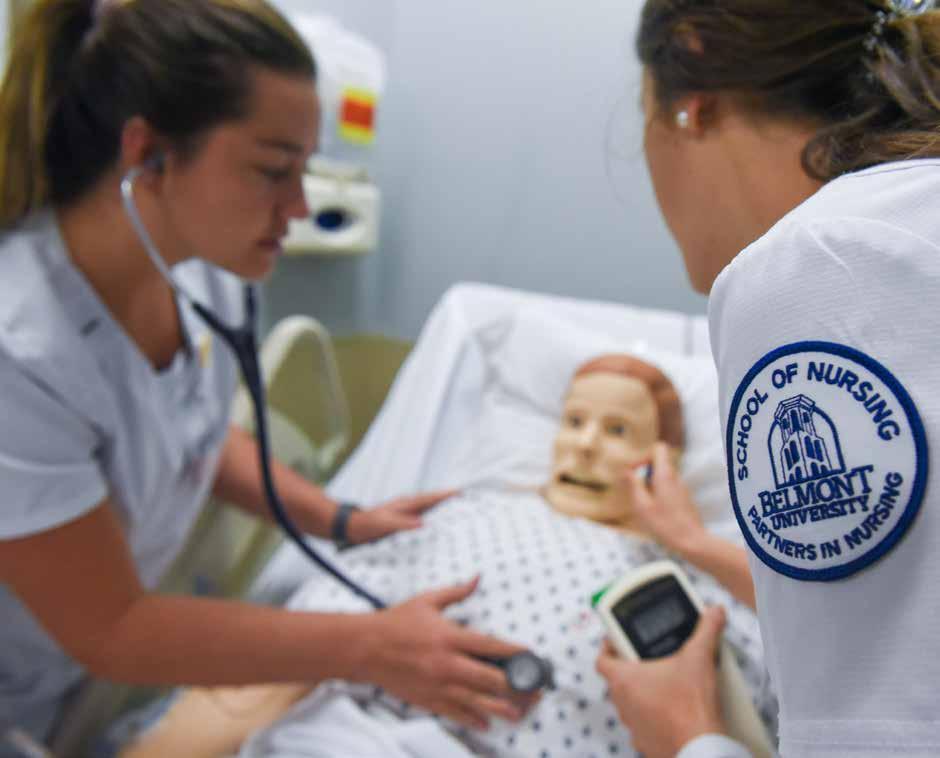
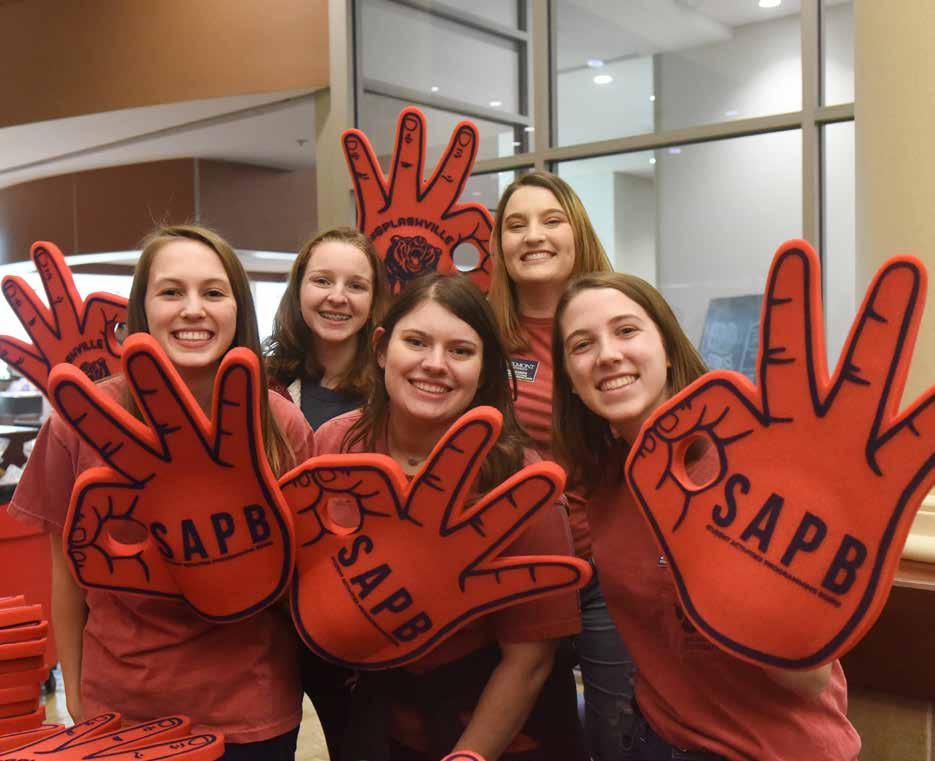
“For us to be a catalyst for hope in Middle Tennessee, we need to be frontrunners in the quest for innovative solutions to complex social problems,” said Greg Jones. “We can work to creatively address these problems–issues that are so pervasive that they require intense collaboration and experimentation across a variety of sectors.”
Complex problems like intergenerational poverty or lack of educational opportunity, to health care inequities and drug abuse require interdisciplinary thinking and diverse perspectives. As such, BASIC projects involve at least 2-3 disciplines across Colleges and include faculty, staff and student participants.
Since the program was announced, a series of BASIC projects have launched including:
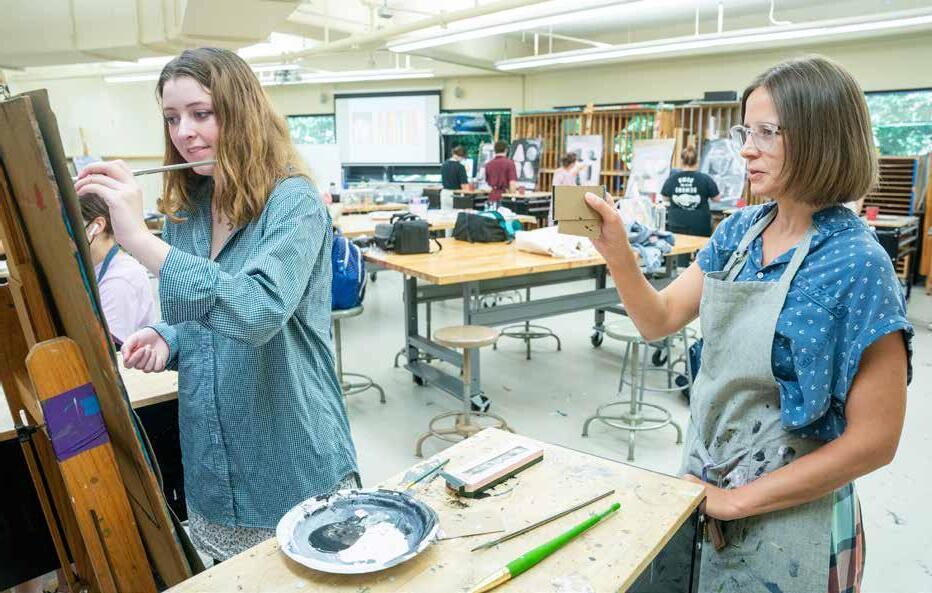
Flourishing for Immigrant and Refugee Families: Faculty and staff from six disciplines collaborating to address food insecurity, workforce development and community wellness with The Branch in Antioch
Two-Generation Engagement to Address Barriers to Thriving: Social Work and Education faculty working alongside Belmont’s Community Relations staff to partner with neighborhood organizations for academic, arts and wellness enrichment in the nearby Edgehill community Community Health Assessment and Improvement in Rural Tennessee: Public Health, Exercise Science and Pharmacy faculty collaborating with the Tennessee Department of Health to provide public health toolkits for Middle and West Tennessee counties
Music and Arts Access for Nashville Youth: Music and Marketing faculty bringing together schools, musicians and community organizations in Nashville to enhance mentorship and music
Reducing Financial Exploitation for the Working Poor: Economics and Law faculty working to create opportunities for the unbanked in Nashville
This solution incubation model allows teams of individuals who are interested in solving a significant and complex problem to come together, offer their expertise, pool their resources and develop scalable ways to improve human flourishing.
Established in 2010 from the generosity of Belmont donor and long-time supporter Cynthia Leu, the Lumos Travel Award provides a different kind of innovation incubator for Belmont students. Known as a “working adventure,” this experience is offered to recent graduates of Belmont who are interested in investing themselves and their skills into a community where they will live, serve and work for at least two months.
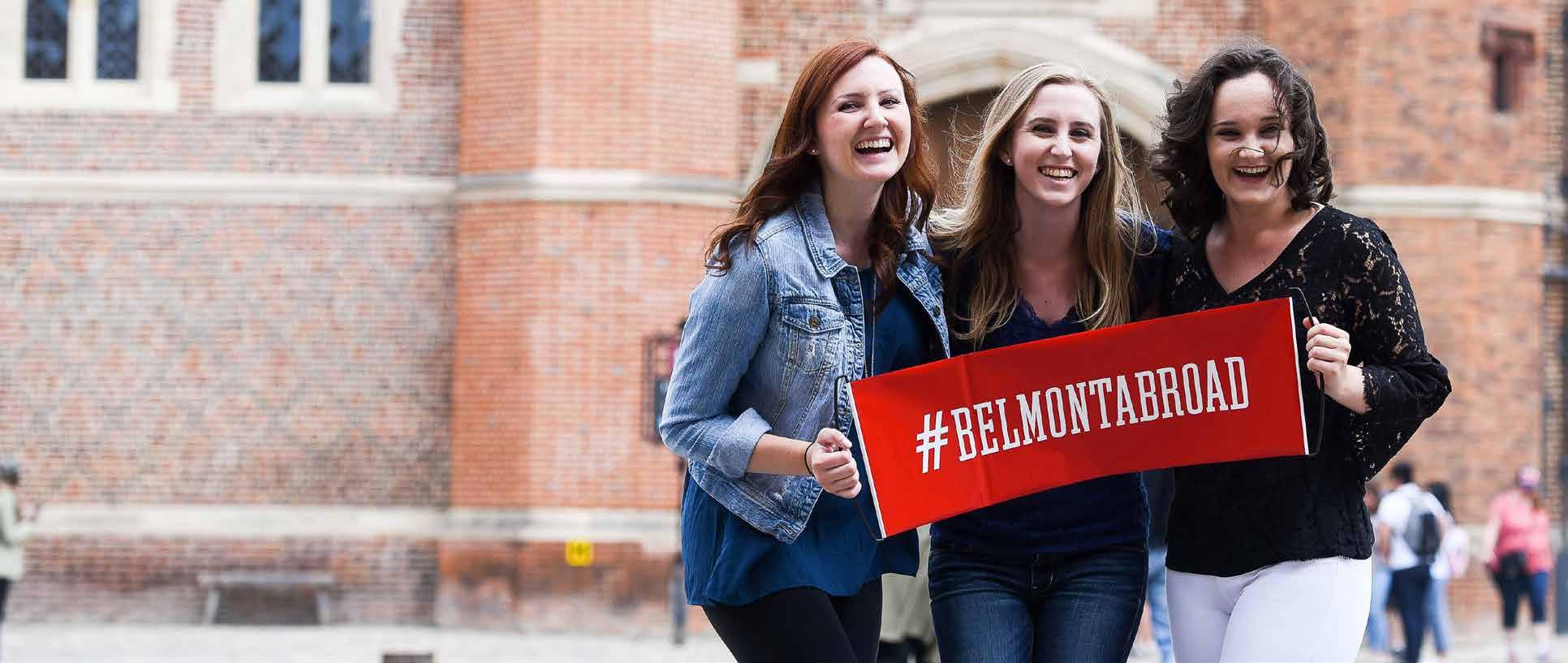
Since its inception, Lumos has funded experiences for 68 participants in more than 31 countries. With each trip designed intentionally by the student traveler, Lumos empowers travelers to explore, engage and immerse themselves in local communities to deepen their understanding of an issue, project or idea.
Two travelers–alumni Eric Taft (social entrepreneurship, ‘12) and Hilary Hambrick Taft (business administration, ‘13) – took advantage of this opportunity to explore a different culture and engage with local
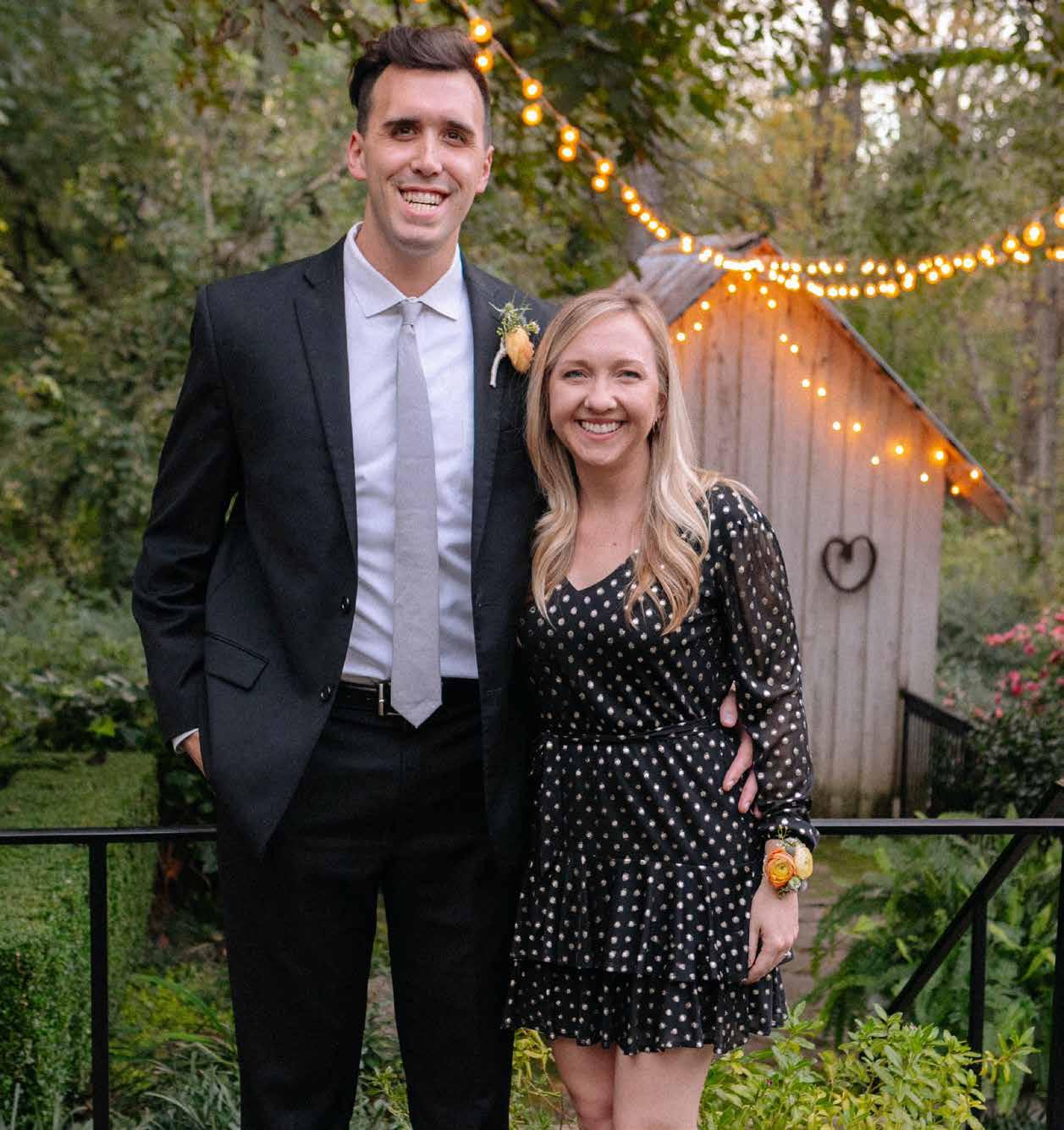
communities in a meaningful way, together. The couple was newly engaged when they applied to travel on the funded gap year and was married for just two months when they took off to Guatemala to work with a family-run rural community development center in Chimaltenango, about 45 minutes outside of Guatemala City, called Centro Monte Cristo.
While there, the couple worked with the team to start a new business–Queen Bee–and a school. “They came up with the name, they came up with the logo,” said Eric. “Then that grew into us making hundreds of units a month and selling those in 15 stores across the country. That moved them away from some of the industries that were common in Guatemala, like making textiles or carpentry, furniture, catering,” shared Hilary. Now, a decade later, those businesses are still running profitably, as well as contributing to the education, nutrition and healthcare of people in that village.
These projects–and more–build upon Belmont’s rich legacy of innovation, adding and extending capabilities for partnership, research and engagement. Belmont finds opportunities to innovate in every facet of campus: through teaching, data, storytelling, corporate learning and more.
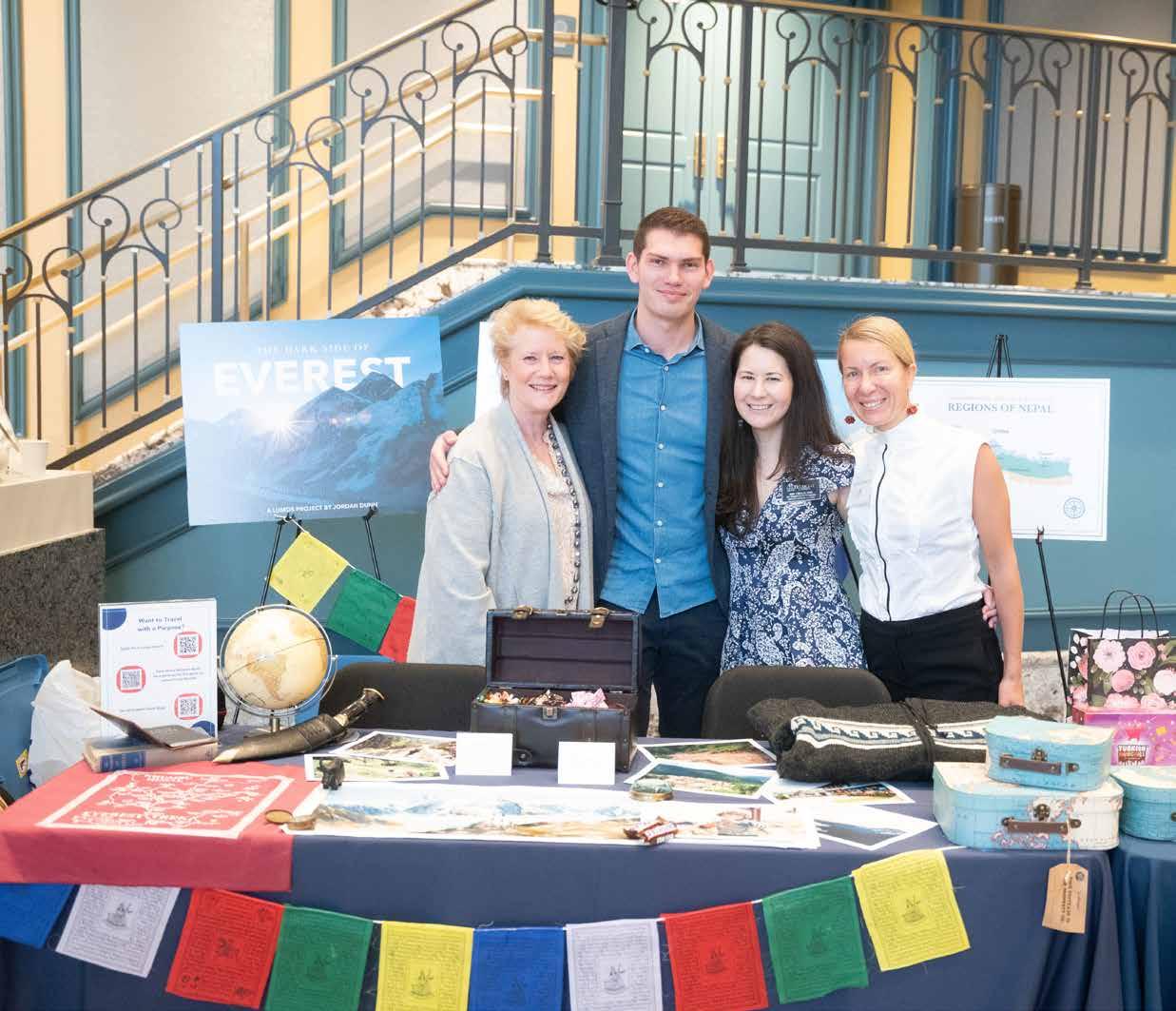
By asking hard questions and working collaboratively, the University has a lasting impact on the lives of students, faculty and staff. With passion, creativity and a willing spirit, Belmont continues to build a platform that enables and empowers the community to serve as Agents of Hope, eager and excited to tackle today’s most complex problems, at home and around the world.
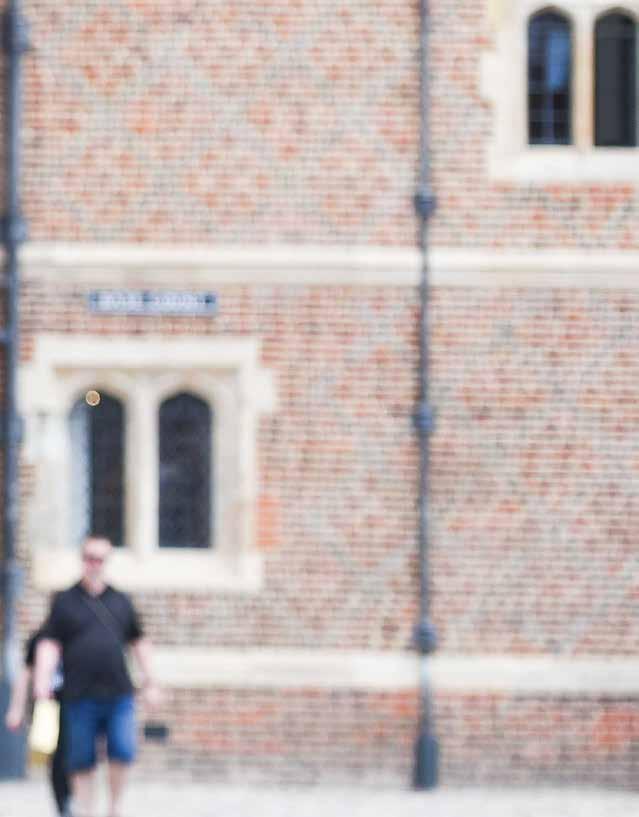


“Inclusive Innovation is equity, diversity, and inclusion in action — it is innovation optimized. What better way to innovate than to have a diverse set of viewpoints, expertise, and lived experiences on a team. It enables deep empathy and optimized ideation to develop the best solutions for the people in need.”
DR.CHARLESONBELL,DIRECTOROFENTREPRENEURSHIPAND BIOMEDICALINNOVATION
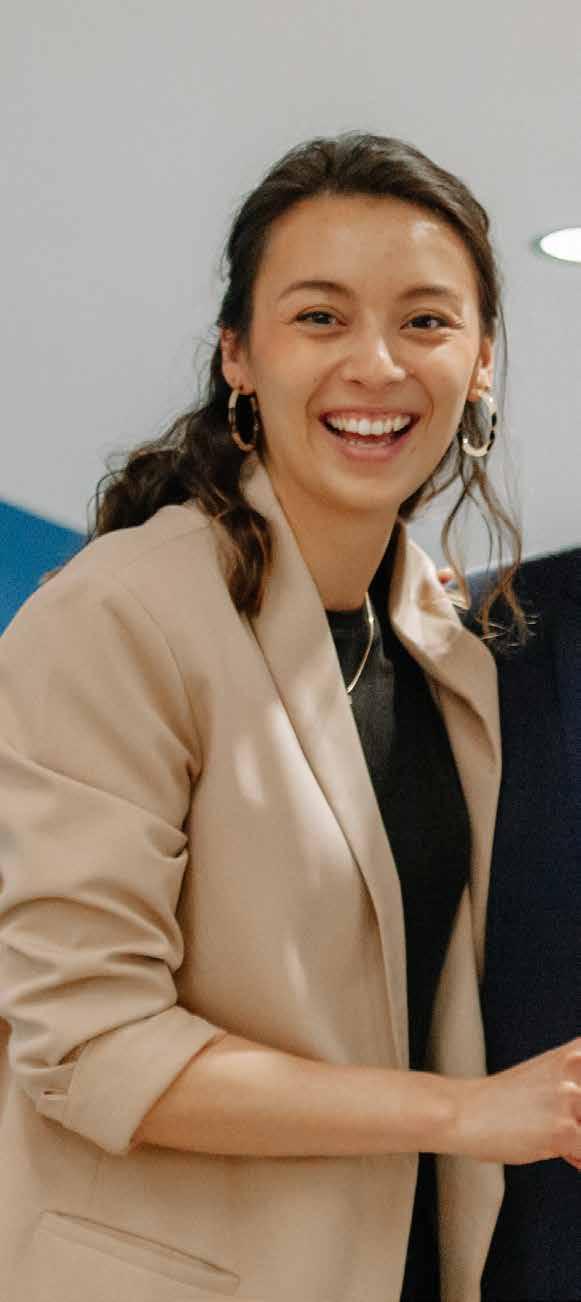
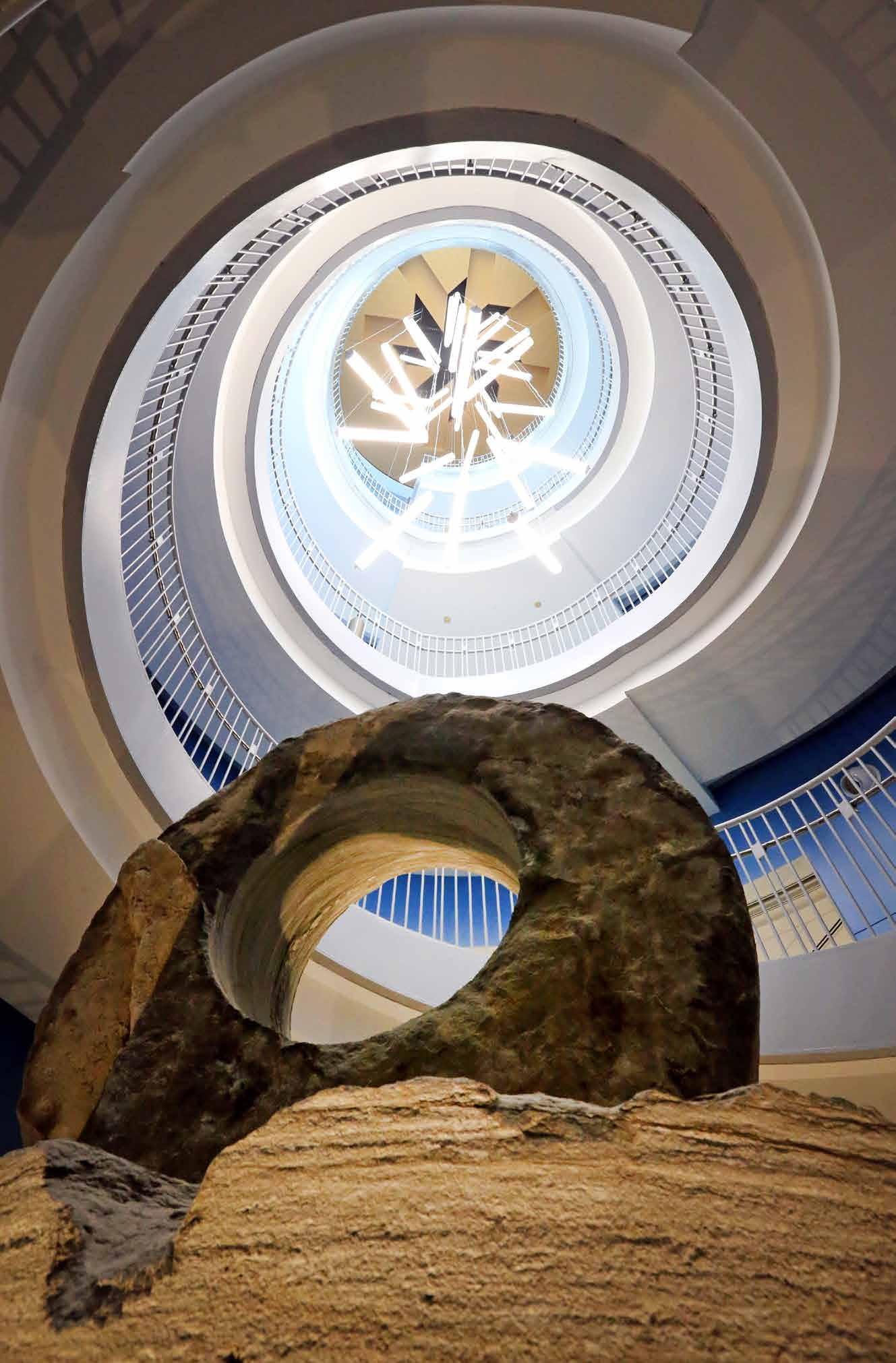
The Wond’ry, Vanderbilt University’s center for innovation, serves as a catalyst for efforts to build and strengthen innovation capacity in the region. The Wond’ry provides space, mentorship, programming and other resources designed to facilitate cross-disciplinary collaboration among students, faculty, staff, and alumni from across all parts of Vanderbilt and from all of the other universities in the region as well.
The Wond’ry has something for anyone interested in innovation. This includes workshops, speakers, hackathons and pitch events, along with innovation summits, training programs and corporate partnerships. From engineers to scientists to humanists, from entrepreneurs to artists to change-makers of all kinds, the Wond’ry is the primary point of connection for those who want to learn an innovation process, to develop creative confidence, and to use their talents to make real their ideas for bringing about positive change.

Our name “Wond’ry” is a contraction of the words Wonder and Foundry. This represents the foundation for what we are and how we will evolve. When people can come to a place that activates wonder and curiosity, combined with the expectation that ideas must be forged and brought to life in order to provide value in the world, truly great innovation can happen and the changemakers themselves are changed.
The vision for what would become the Wond’ry started with a groundswell of interest from alums and students to have one of these innovation- or entrepreneurship-centers’ that were sprouting up at institutions across the country. A team from Vanderbilt visited centers of all types through a wide range of geographies to understand what they offered, how they were structured, what was working, and what was not. These ideas and insights were used to craft a proposal for a new type of innovation center, not situated within one college or school, and built upon the belief that innovation is for all and this would be where Vanderbilt could shine.
Three years later, a new building was completed and the Wond’ry officially opened in November of 2016.
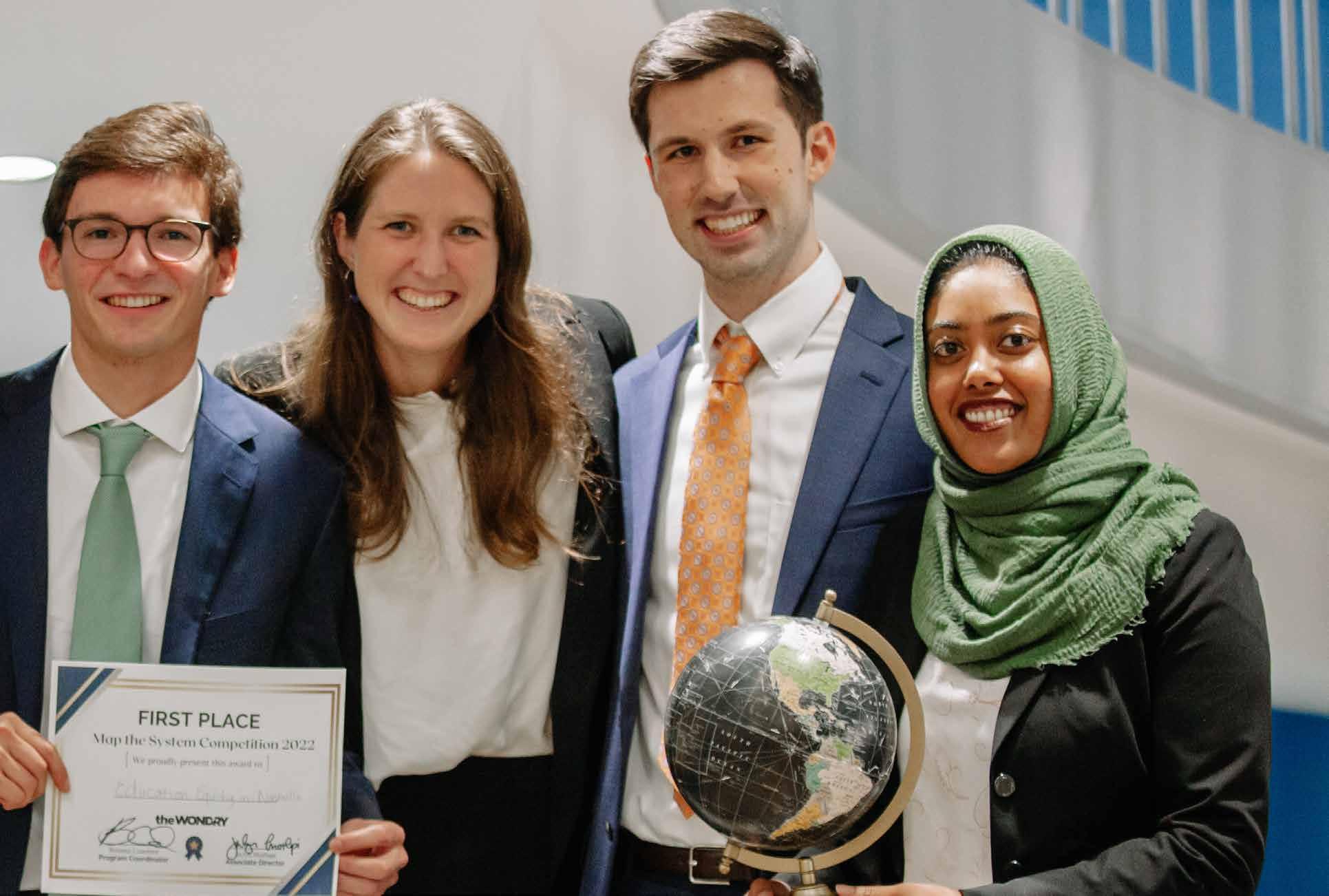
Our Unique Approach- Innovation for All:
Uniquely positioned outside of any one school or college, the Wond’ry serves faculty, students, staff, and alums from all academic disciplines from Vanderbilt, as well as the surrounding colleges and universities throughout the region. Though the center remains grounded in its teaching of the innovation and design process, programming and resources evolve each year to serve emerging interests of this audience.
The Wond’ry is the front door to innovation at Vanderbilt University. Its primary location in the beautiful three-story Innovation Pavilion adjacent to the Engineering and Science Building is located in the heart of Vanderbilt’s 340-acre campus. This LEED Gold Certified building with its multicolored glass walls, modern furniture, and ample sunlight is designed to put innovation on display so it can inspire interdisciplinary audiences to create, make, explore, and learn processes to bring ideas into the world where they can have an impact on society. In this building, the magic doesn’t happen behind closed doors. On any given day, a visitor could see someone testing a new exo-suit, writing code for an autonomous vehicle, designing clothing to relieve anxiety, working alongside a nonprofit to develop a new solution, or creating a commercialization plan for a new venture.
Last year, the Wond’ry opened a second location, Wond’ry Launch to support the incubation of new ventures and give them an opportunity to grow and plant roots in the Nashville community. With its full continuum of innovation supports, the Wond’ry truly is a space for creative collisions and a space designed to inspire.
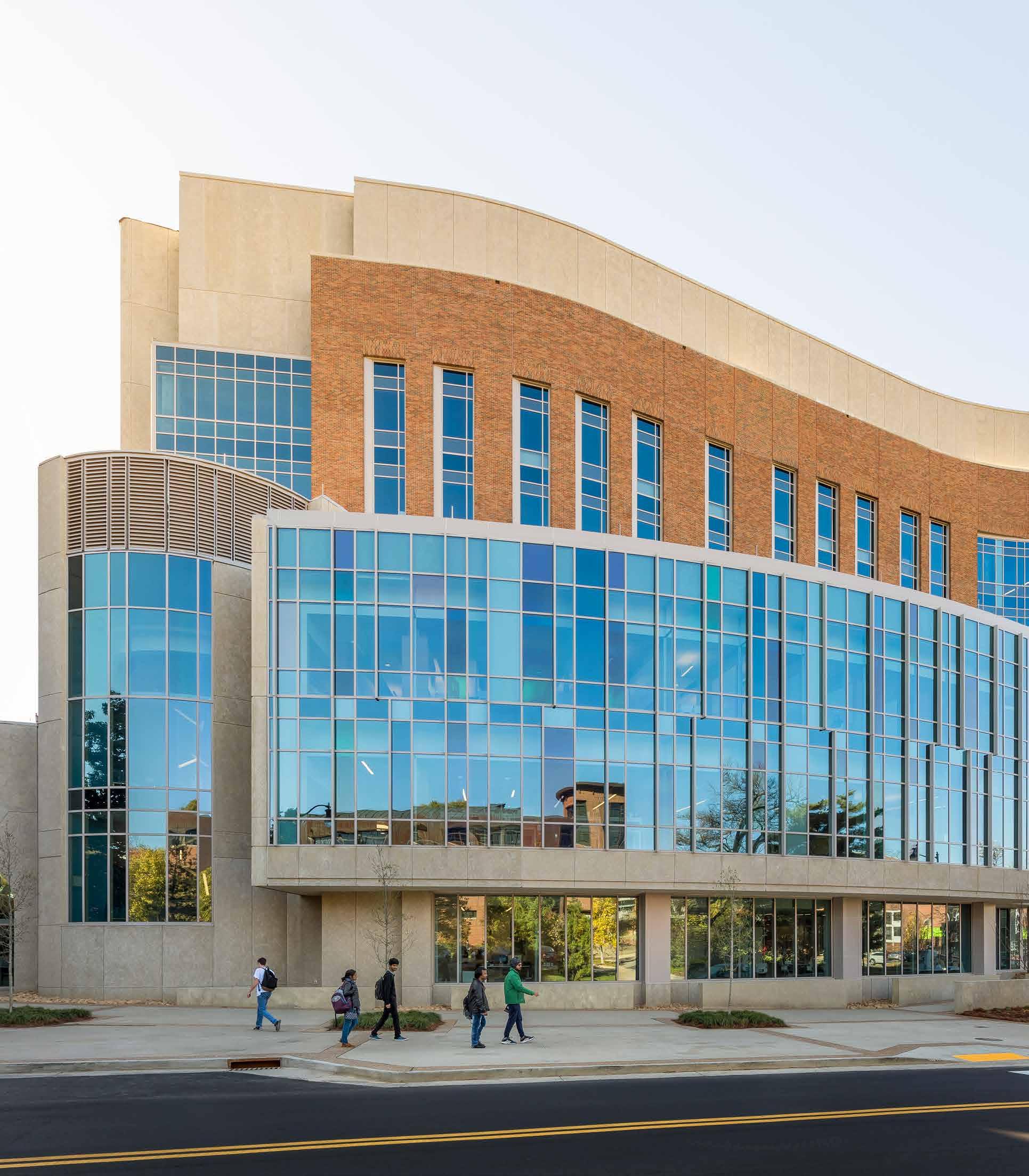
The Wond’ry’s mission comes to life through the activities organized in four main practice areas- Social Innovation, Making, Entrepreneurship, and Innovation and Design Research. The term practice area gives participants permission to practice and not feel like they must know how to do something or be instantly good at it.
Social Innovation:
The Social Innovation practice area prepares a new generation of social changemakers to challenge the status quo of social and environmental injustice using the frameworks of equitycentered design and systems thinking.
Societal issues are complex and often interconnected. This means that there are no silver bullet solutions or simple fixes. The Social Innovation practice area equips students, faculty, staff, alumni and community partners to be social innovators who understand the root causes and effects of social and environmental challenges and co-create opportunities to support transformational benefitting our communities and environments. This social innovation activity leads to new products, processes, programs, business ventures, partnerships, or other innovations that help positively transform routines, resource access, mental models, power inequities or values that hold the most complete societal challenges in place.
Participants learn to collaborate with diverse stakeholders to understand the problems they care about through multiple lenses to design and implement meaningful innovations for social change through the Wond’ry’s social innovation programs.
Map the System: students learn to use a holistic, system approach to understand and help solve complex social and environmental challenges. Working in teams, students analyze why a problem exists in order to identify levers of change that may support resolution of the problem.
Social Changemakers: this program engages interdisciplinary teams to use human-centered design to develop a prototype of a service innovation for a local nonprofit, social enterprise, or public office. The program is designed to offer students experiential learning opportunities related to social impact while community partners benefit by accessing talented, visionary students who are committed to social good.
Social Innovation Bootcamp: this 5-week fast track program gives participants the opportunity to explore social innovation and introduce its landscape from design thinking to field application. Topics include finding your why, equity-centered design thinking, career pathways, and systems thinking.
Climate Innovation Accelerator: this 10-week, project-based, cohort journey allows student teams to serve as consultants to identify, ideate, and scope a climate-related innovation for minority-owned nonprofits or small business owners with the
guidance of a corporate mentor and Wond’ry instructors. Each cohort participant will leave with actionable insights for project implementation.
Entrepreneurship:
The Entrepreneurship practice area at the Wond’ry supports aspiring university-affiliated entrepreneurs through programming, mentorship, and microgrant funding.

Beginning with the earliest stages of an idea’s development, the Wond’ry provides a continuum of entrepreneurial supports that empower participants with an evidence-based process for idea evaluation and business model development. Whether a participant chooses to start a new venture or become an intrapreneur and innovate inside of a larger organization, the process for using evidence to evaluate an idea is a highly sought after ‘skill for life’ that a participant can utilize in a wide variety of different contexts and applications.
Working collaboratively with a network of over one hundred mentors, the Wond’ry’s entrepreneurship team supports over four hundred ideas a year and this number has been growing at a rapid rate. Here are a few of the ways, the Wond’ry assists aspiring entrepreneurs:
Sullivan Family Ideator Program: this 5-week idea evaluation program teaches participants an evidence-based approach to customer discovery. Focused on customer interviewing, customer segment exploration, and value proposition development for early-stage ideas, this program gives innovators the opportunity to ensure they are building a solution that someone wants. Each participant receives a dedicated mentor and access to the program’s instructors through 1:1 office hours. At the end of the program, microgrants are provided to support the continued development of the most promising ideas.
Builder Program: this 9-week venture model evaluation program helps entrepreneurs with an idea that has found problem-solution fit to uncover whether a sustainable business model exists to support the organization that would be needed to take their idea out into the world. In this program, participants complete the Business Model Canvas they began in the Sullivan Family Ideator Program. Each participant receives a dedicated mentor and access to the program’s instructors through 1:1 office hours. At the end of the program, microgrants are provided to support the continued development of the most promising ideas.
Founder Program: this 6-12 month program provides no-cost office space, mentorship, and resources for entrepreneurs that have found or are on the cusp of finding productmarket fit. Designed to give these innovators the best shot at navigating the difficult early days of launching a venture, the Founder program encourages ventures to plant roots and grow their companies in Nashville and contribute to the vibrant local innovation and entrepreneurial ecosystem.
National Science Foundation I-Corps Program: In 2017, Vanderbilt University received a grant from the National Science Foundation to train university scientists with deep technologies that are ripe for commercialization and how to move their ideas from the lab to the market. This program prepares teams to apply for NSF’s National I-Corps Program where, if accepted, they receive $50K in non-dilutive funding to conduct customer discovery around their idea. Over 93% of the teams coming through Vanderbilt’s training program that have pursued this prestigious national program have been accepted.
V-Corps: Not everyone is the idea person. V-Corps helps bring visibility to ideas at risk of being orphaned and intellectual property available from national agencies and matches them with faculty, students, staff, and alums with entrepreneurial ambitions that do not have an idea of their own that they’re working on. Once individuals or teams are matched with an idea, they have the opportunity to take that idea through the Wond’ry’s Ideator, Builder, and Founder program continuum.
Innovation Open Mic: Once a month, Innovation Open Mic provides an opportunity for any university-affiliated innovator from throughout the Southeast region to virtually present their idea to a network of established mentors and center leaders. This invite-only event provides a safe space for innovators to get feedback and make connections from experts from a muchwider geographic area than just their home institution. Presenters receive a video of their presentation and a copy of the comments and connections offered from the audience of experts.
Due to the strength of its programming and team, the Wond’ry was named the Outstanding Emerging Entrepreneurship Center of the Year by the Global Consortium of Entrepreneurship Centers (GCEC) just two years after it started.
MAKE IT REAL is our motto in the Wond’ry Makerspaces. In these spaces, the Wond’ry team helps everyone from students to start-ups bring their ideas to life. Here, hands-on learning is key and the Wond’ry provides a team of faculty, staff, and student experts that provide entry level to advanced workshops and 1:1 support. The Wond’ry’s makerspaces include an Electrical Makerspace, Emerging Tech Lab, Fiber Arts Build Lab (Fab Lab), and a Mechanical Makerspace. These spaces contain the state-of-art equipment and technical assistance needed to take an idea from concept to prototype. The Makerspaces are open to the entire Vanderbilt community, as well as our partners. They serve as a hub for collaborative design, experiential learning, and interdisciplinary creation. The Wond’ry Makerspaces provide students, faculty, staff, and partners with the tools, training, and resources to pursue their passions and make their ideas real.
The Wond’ry Makerspaces offers critical supports in a number of ways:
Shared Fabrication Tools and Equipment: tools for rapid prototyping (e.g., 3D printers), fiber arts (e.g., sewing machine and textiles), mold making and casting, as well as electrical design tools, robotics, and much more are provided onsite.
Design Review Consultations: The Wond’ry team has extensive fabrication experience across a number of industries and many connections to subject matter experts at the university and throughout the region. Maker Techs are on hand daily to assist innovators with their projects.
Maker Events: The Wond’ry hosts a number of events, including the annual TN Maker Fest and Tikkun Olam Makers Makeathon, Wond’ry Maker Events bring maker communities together from across the region to share ideas and innovate together.
Weekly Safety Training Seminars: Safety Seminars help beginners to become efficient and safe makerspace users.
Workshops: The Wond’ry workshops are offered by makers in the community and focus on skill building through hands-on projects.
Tours: School tours are offered by appointment for students from elementary to high school.
All resources offered in the Wond’ry Makerspaces are provided at no-cost to the Vanderbilt community and Wond’ry partners.
The Innovation and Design Research (I&DR) practice area offers Wond’ry community members an opportunity to learn proven approaches to tackling innovation challenges. It teaches techniques for generating effective solutions which can support positive change in teams, organizations, and society. The I&DR area offers three program types: Design Studios, Design Doing Workshops, and Professional Education in Innovation & Design:
Design Studios: Design Studios are composed of local practitioners, students, staff, faculty, and mentors who collaboratively address important innovation opportunities not otherwise being addressed. Proposals for studios come from community members with a passion and commitment for addressing their issue in an innovative way. If accepted into the program, studio teams are given access to space, technical resources, design process expertise, and an incubation timeline of two years in which to explore and prove potential viability of their solution concept. Some current Design Studios address Climate Health and Energy Equity (CHEEL Lab), Undergraduate Employment and Diversity in the Quantum Computing Industry (Quantum Studio), and Entrepreneurial Opportunities for Student Athletes (and social influencers) in light of the NCAA rule changes on student use of their name, image, and likeness (NIL Studio).
Design Doing Workshops: These customized engagements help groups, campus work-units, and outside businesses apply the design thinking process by identifying creative solutions to the otherwise “wicked” problems they face. The Wond’ry staff and student fellows help design workshops to address the focal challenge and support clients in pre-session research to make sure that the right problem is being addressed. These Wond’ry team members then serve as facilitators and participants in design sprint sessions that help client teams move through the five phases in the design thinking process- empathy, define, ideate, prototype, and test. With a focus on iterating for rapid learning and improvement, the Design Doing workshops solve problems while working around clients’ availability and needs.
Professional Education in Innovation & Design: Professional Education offerings are a resource for learning the tools and frameworks needed to identify opportunities for innovation and to effectively address problems that result from poor design. These online and in-person, non-credit educational programs are intended for the full range of Wond’ry community members
including faculty, staff, alums, and community partners. In addition to educational programming access, corporate members of the Wond’ry’s Industry Collaborator Program also have access to innovation expertise, research, and diagnostic tools to support the development of interventions to support the realization of the creative and innovation potential for their firms.
Wond’ry participants are making an impact. In just the few short years since the Wond’ry opened, our participants have already brought exciting solutions to life that are changing the world.
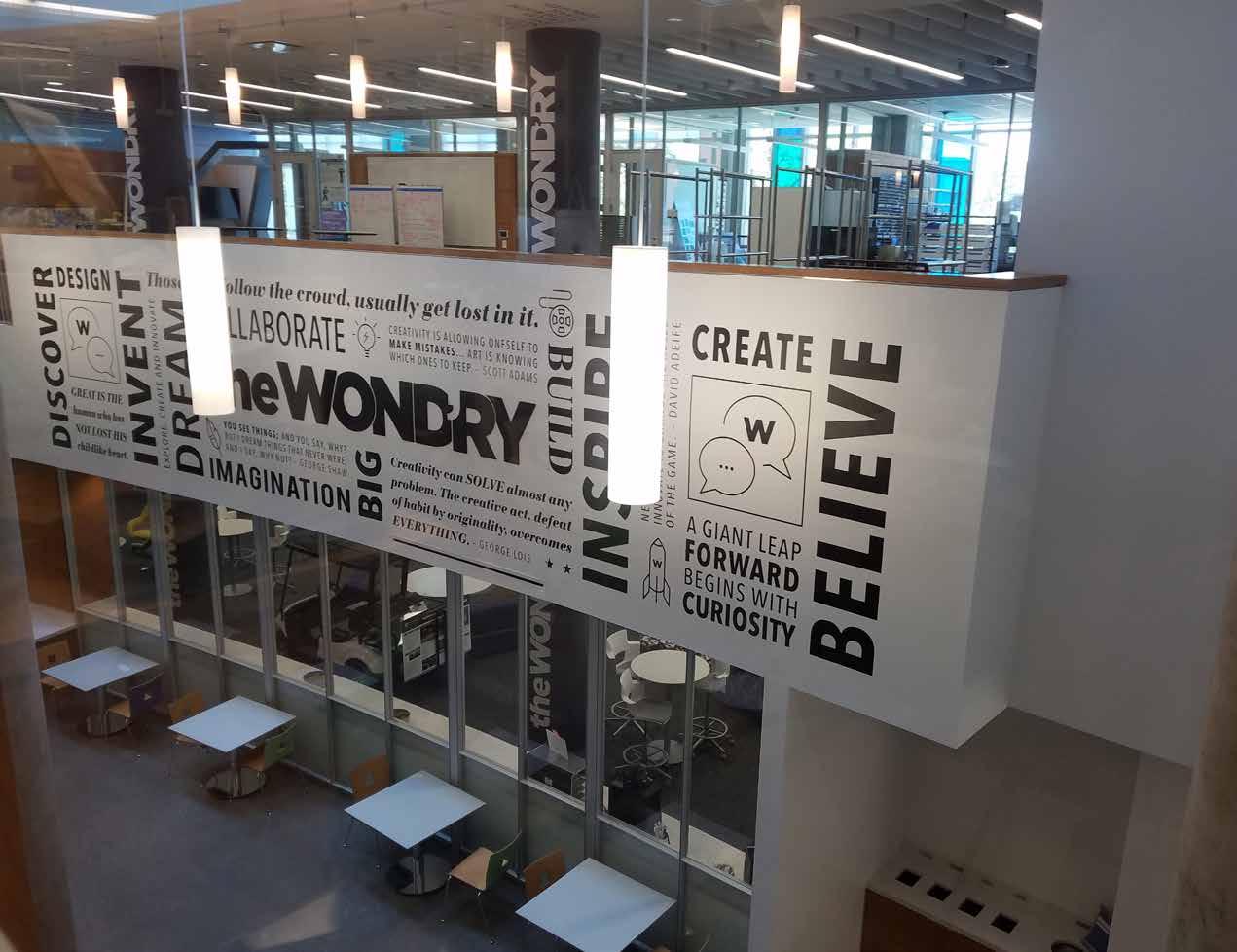
Leaf Global Fintech: Leaf started with a mission to enable refugees and displaced people to carry their money across borders safely and securely. Leaf’s founders, Tori Samples and Nat Robinson, have won a number of awards from the United Nations, The Vatican, Cisco, Fast Company, and were named to the global Inclusive Fintech 50 list. Their Innovative mobile wallet utilizes Stellar blockchain-powered solution to serve unbanked communities in East Africa. Post-graduation, the founders moved to Rwanda fulltime and in 2022, Leaf was acquired by IDT Corporation (NYSE: IDT), a global provider of fintech, cloud communications, and traditional communications services.
Inequities in Education: This Map the System Social Innovation team conducted a systems analysis of the inequities of the local educational system and highlighted some ways in which students, particularly those from underrepresented backgrounds are being left behind. The results of their work won first place during the Vanderbilt Map the System competition and earned them a place in the Top 6 during the Global Finals at Oxford University out of over 948 teams that competed from across the world. This team’s fantastic work is being utilized by NFL Superbowl Champion Michael Oher as he and his team at the Oher Foundation work to develop solutions that ensure every student has a chance to succeed.
Arms Cyber: When twin brothers, Brad and Tim Potteiger first met the Wond’ry team, they were participating in a competition to create a business model for a medical device technology. Not long into their first session of Wond’ry programming, the brothers approached the Wond’ry team. They’d had an idea throughout their PhD programs to develop a novel cybersecurity solution, but said, “It never felt possible until today.” That day their journey started to build innovative cyber company, Arms Cyber, began. They completed the NSF I-Corps National Program, won a number of pitch competitions, and have received millions in grant support. Their technology is being utilized by businesses and government agencies to protect against cyber-attacks.
Zeno Power: The Zeno team was the first Vanderbilt undergraduate team to be accepted into the National Science Foundation’s I-Corps program. Their technology, which started as a way to keep a drone in the air for a year, has evolved into an extremely innovative radioisotope power system (RPS) that will generate clean, resilient power for decades. The team, less than three years after undergrad, has raised over $20M to ramp up the production of small-scale nuclear batteries for spacecraft, deep-sea exploration, and challenging environments on Earth.
The Wond’ry supports a vibrant and diverse array of innovative, entrepreneurial, and social innovation projects involving faculty, students, and staff from Vanderbilt, as well as other universities throughout the region. This support takes many forms that often include training, programming, makerspaces, microgrants, incubation space, and access to a network of professionals willing to listen to ideas and provide feedback and/or mentorship. Mentors are needed in a variety of industries and with a variety of skill sets. The Wond’ry has mentors who consider themselves generalists, as well as those that have deep expertise in a specific area.
If you’re interested in becoming a Wond’ry mentor, please reach out to us at wondry@vanderbilt.edu. The Wondry
If you woke up with the opportunity to help empower the next generation of change makers, how would you maximize that opportunity? That’s the question we have the privilege of answering every day for our students.
In the 150 years since Vanderbilt University’s founding, we’ve grown from a regional university into a globally recognized institution with students, faculty and alumni who are changing the world.Today, the university –ranked 13th in the nation by U.S. News & World Report – boasts 10 schools and more than 60 graduate programs. One in ten Vanderbilt graduates currently serve as senior executives across a wide range of sectors – from finance, tech and healthcare to arts and nonprofits.
Discovery is part of who we are – from original research to new ways of approaching traditional ideas – the Vanderbilt community pursues bold new ideas through disciplined, rigorous inquiry.




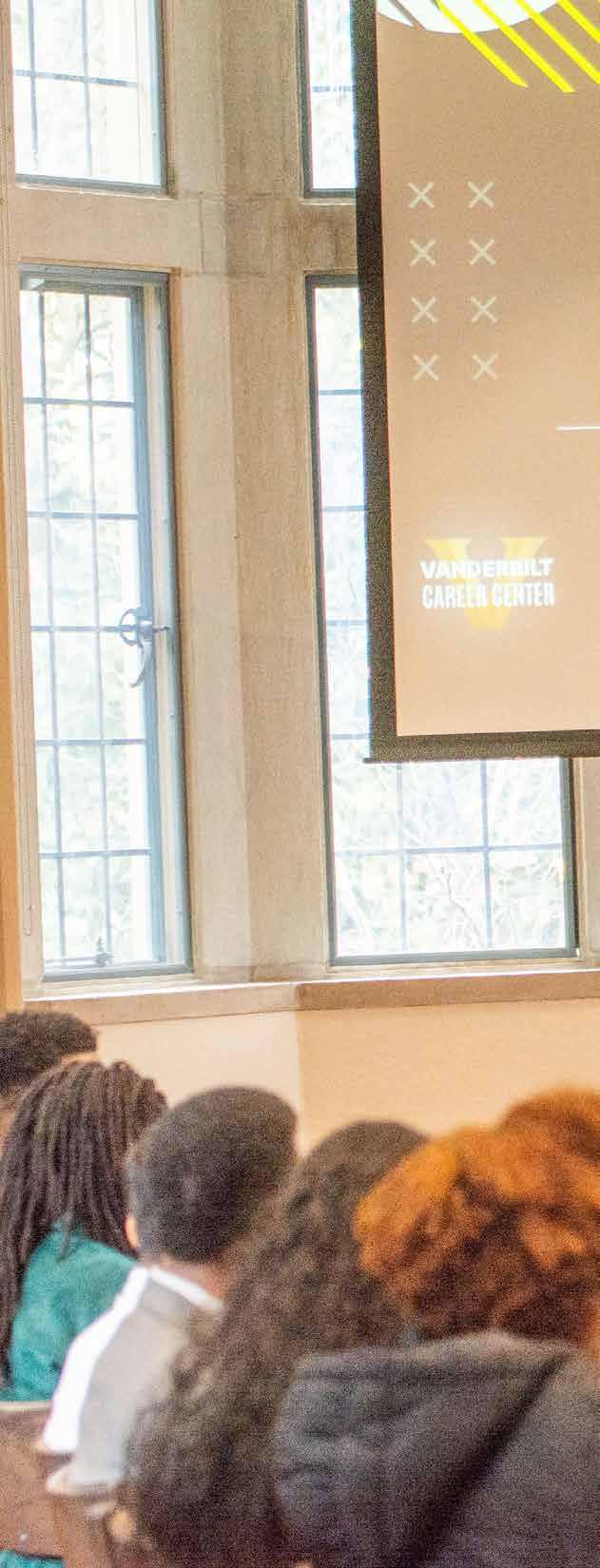
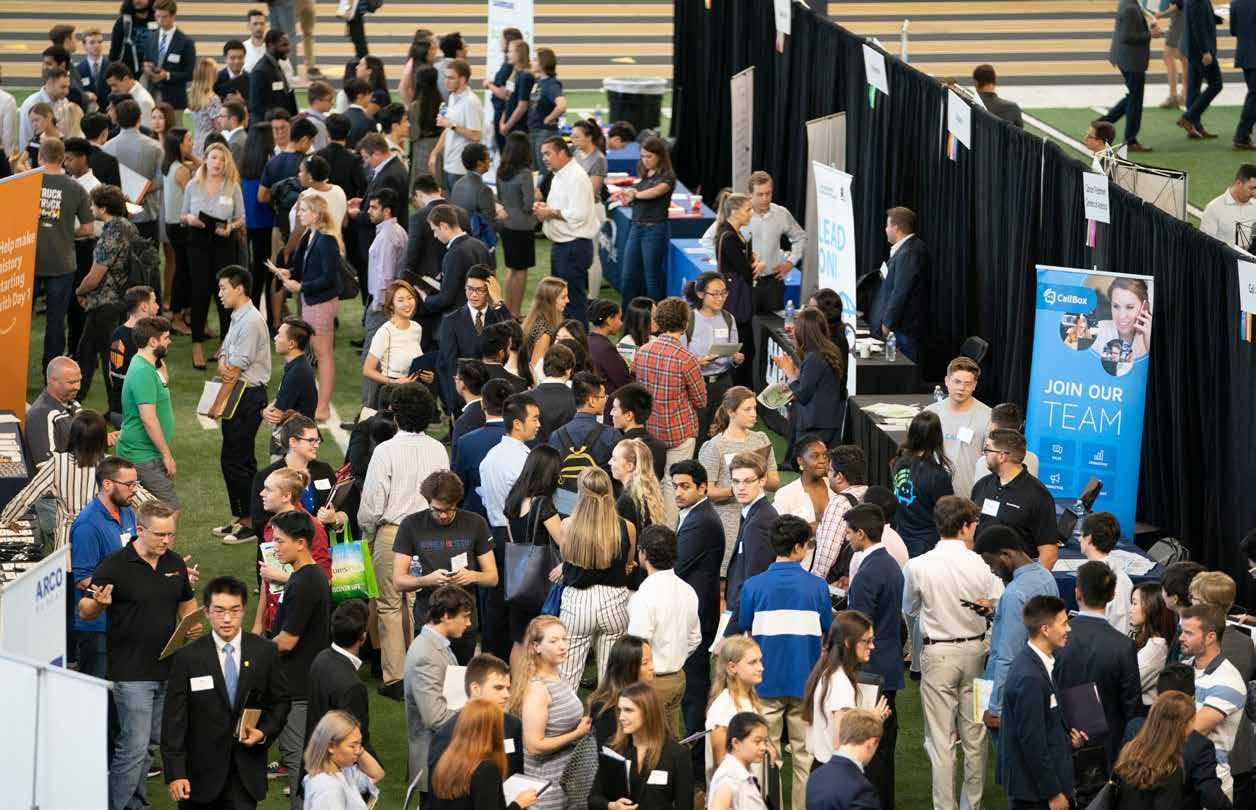
Vanderbilt is unique. As a university, we seek ways to ensure every student learns through research - affirmed high - impact practices including individual research, experiential learning and career journey mapping. Students select this institution ready to be shaped and molded in unique ways.
Despite the significance students and parents place on career outcomes after graduation, many universities do not prioritize this work as a strategic focus. Not Vanderbilt. Vanderbilt made it a central part of the university structure, creating a Vice Provost role and division focused on every student’s career journey. In addition to a career center in the heart of the student life center, Vanderbilt career coaches meet students where they are – literally through
THIS IS A COMMUNITY OF LEARNING DEDICATED TO THE FULFILLMENT OF HUMAN POTENTIAL.
programming in the residential colleges and figuratively by providing tailored tools to support each unique journey.
Strategically, Vanderbilt’s career engagement team embraces four guiding principles to deliver success:
1. It is our responsibility to reach every student (and postdoc), meet them where they are, and provide them with a compelling reason to believe our team can best support their unique career empowerment pathway.
2. It is our responsibility to proactively collaborate with every internal and external stakeholder who shares our career empowerment aspirations.
3. We must embrace data, analytics, technology and innovation to be precise in our actions, scale our efforts, and build our credibility with students and stakeholders.
4. Our team is ever evolving, growing, improving and innovating, and is our most important asset, worthy of deep levels of development, investment, and support.
Combining our unique methods and principles, we foster individuals with unique skills and perspectives ready to influence the world. We refer to this process as “making our students and alumni Vandy Ready. ” It’s not just firstJob ready. It’s change the world ready.
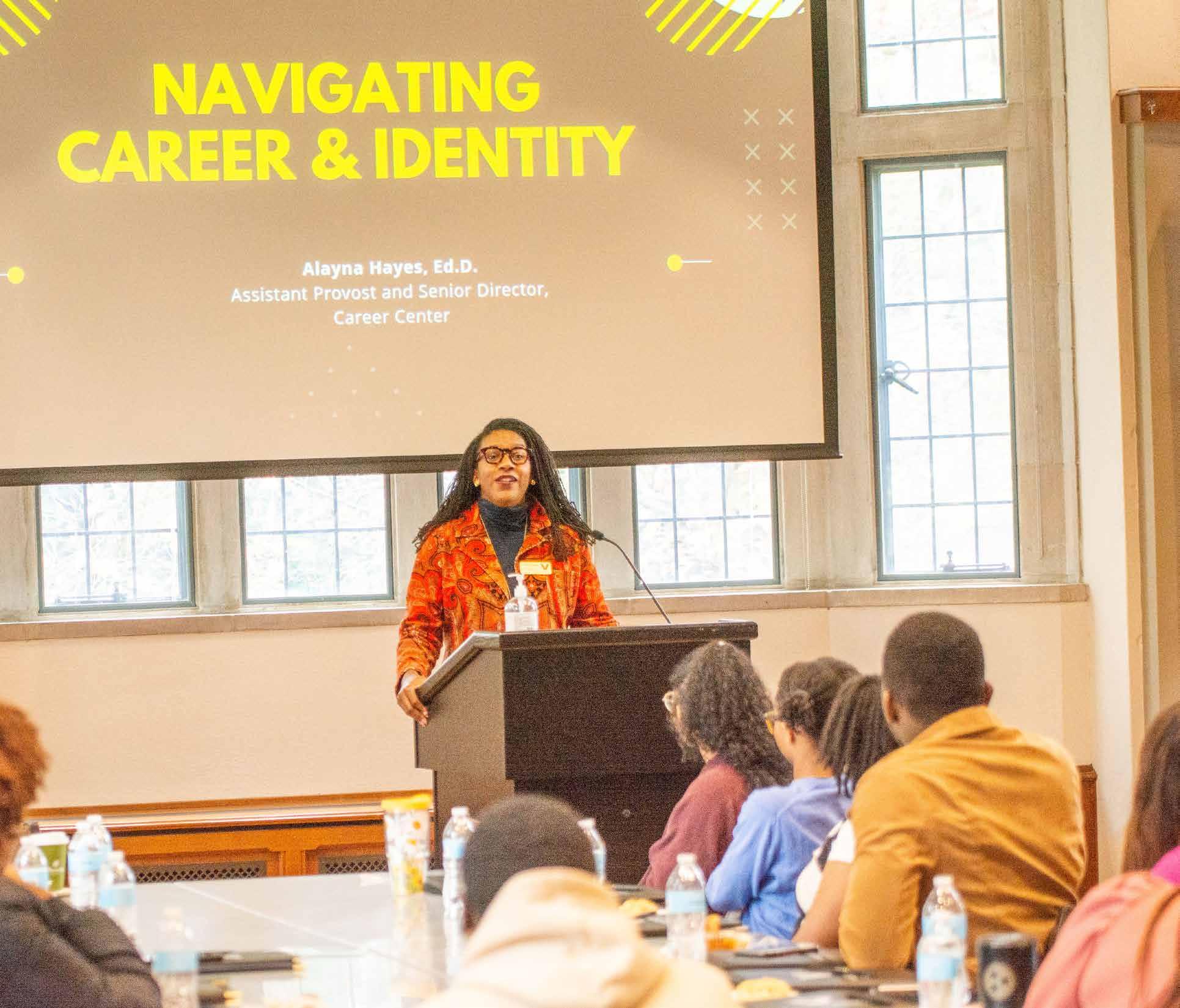
The Vanderbilt Career Center empowers students to consider myriad options related to career discovery and connects student aspirations to successful career outcomes.
Vanderbilt students embody the idea of matching your skills and passions to the needs you see in the world,”
— Alayna Hayes, assistant provost and senior director of the career center.
“Our innovative career center helps students address these needs through considering all career pathways – from continuing education to common and unique next steps. We provide these services to students throughout their time on campus and for the first two years after they graduate.”
In our day - to - day efforts and our overarching goals, we strive to make every student ready for whatever comes next — not just the next job, but the path to a future that lives out the Vanderbilt mission of daring to grow.
Making meaningful connections with industry experts provides our students with a vital opportunity to discover, learn and grow,” said Alex Sevilla, vice provost for career advancement and engagement. “We aim to maximize the support from alumni, parents and employer partners to deliver unique experiences across many career pathways. The expertise, insight and dedication from these leaders will play a vital role in preparing our students for the careers they seek and increasing their clarity and confidence in the path they have chosen.”
— Recent Examples of Innovative Career Center Initiatives to Connect Students, Alumni and Industry Experts
• Vandy Meets the Street Immersion Treks
• Equity, Diversity & Inclusion (EDI) Impact Chats
• Black VU Real Talk Conference
• Vandy in Hollywood Internship Program
• Vandy on Madison Avenue Immersion Trek
• Vandy for Employers LinkedIn Live Sessions
• Commodore Career Week
The newly created Office of Corporate Partnerships (CP@VU) housed within the Division of Career Advancement and Engagement at Vanderbilt University, establishes a critical new enterprise capability for holistic university engagement with the business community.
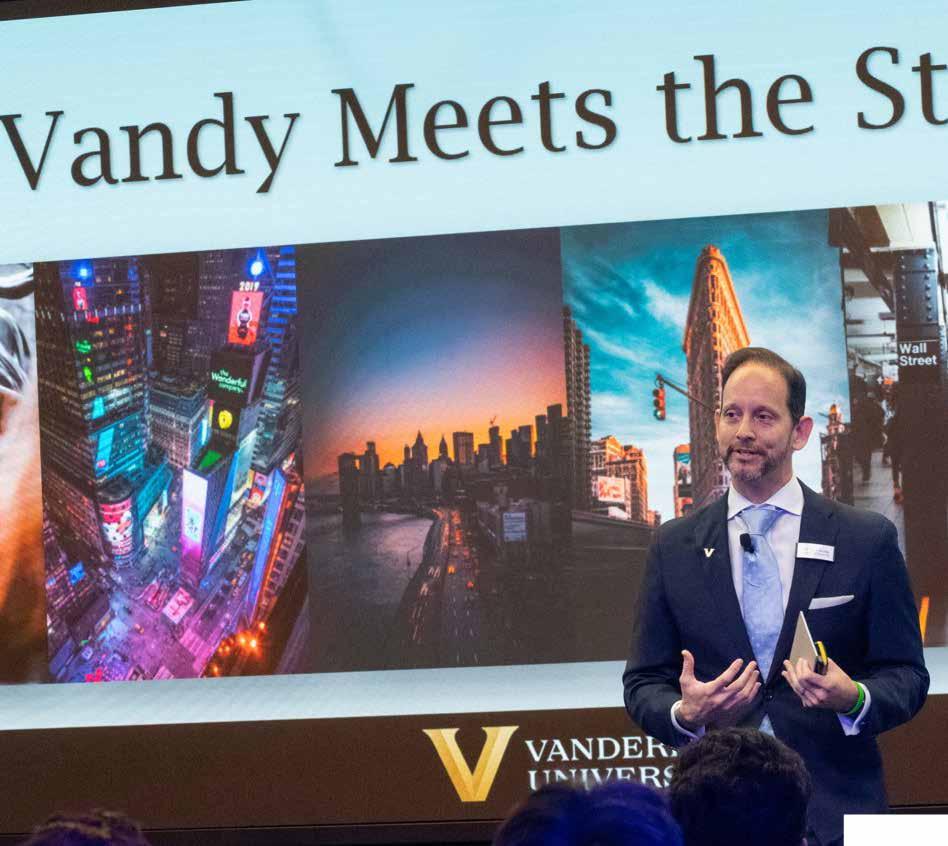
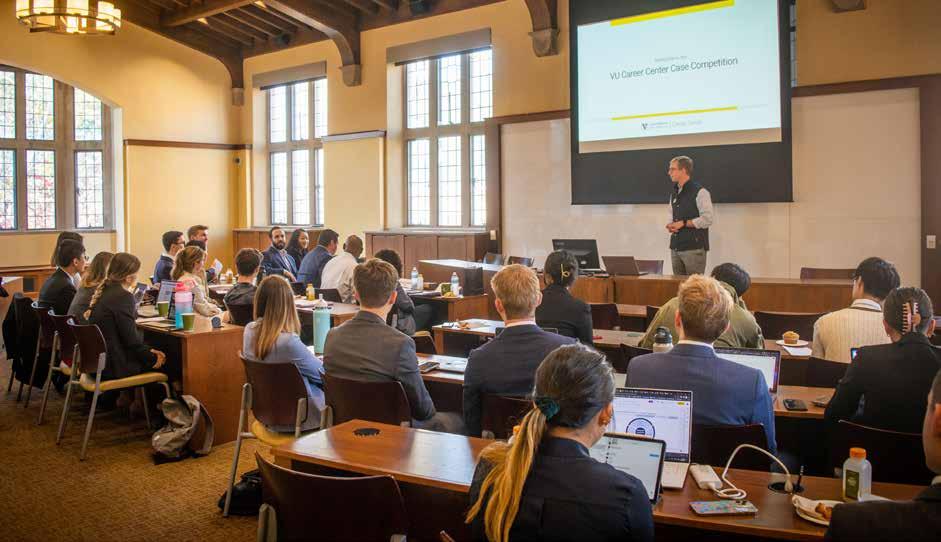
Vanderbilt has the career ready graduates and worldclass faculty expertise to align critical talent pipelines and generate timely solutions to real - world problems faced by every level of organizations around the world,” said Scott Paja, assistant provost and executive director of corporate partnerships. “As we build this team and continue to advance relationships within the business community, I am impressed with the impactful industry collaborations already underway across the universities’ portfolio, and excited to see what additional value we can symbiotically create with and for our corporate partners.”
This team will serve as connective tissue to steward and facilitate all corporate opportunities with the appropriate resources across the VU enterprise (Talent Acquisition/Hiring, Classroom Engagement, R&D Projects, Tech Transfer & Commercialization, Skilling/Executive Education, Athletics, Corporate Social Responsibility, Sponsorships & Business Engagements, etc.).
CP@VU will convene key corporate partnerships to identify needs, align solutions and advance highly coordinated organizational relationships. This new approach will be further accelerated through strategic alignment in the new VU Regional Hubs, working in concert with VU Enrollment Affairs and Development & Alumni Relations to optimize an approach capitalizing on proximity of critical mass for key corporate relationships in Hub markets.
While Nashville is our home, Vanderbilt dares to grow by establishing our first VU Hubs in Atlanta, Houston, New York City and Miami. These hubs will further enable prospective students, current students, families, alumni, friends, as well as corporate and community partners to connect with Vanderbilt through professional opportunities and custom programming. This approach is designed to establish and strengthen ties between Vanderbilt and the distinct constituencies of these cities that align with our dedication to collaboration and world - changing discoveries.

• Deploy support services to members of local communities from the time they initiate interest throughout their enrollment in the university and beyond in their lives as alumni, donors and potential employment or organizational partnership connections.
• Provide local, dedicated Vanderbilt resources to connect with prospective and current students and their families, alumni, donors and corporate partners.


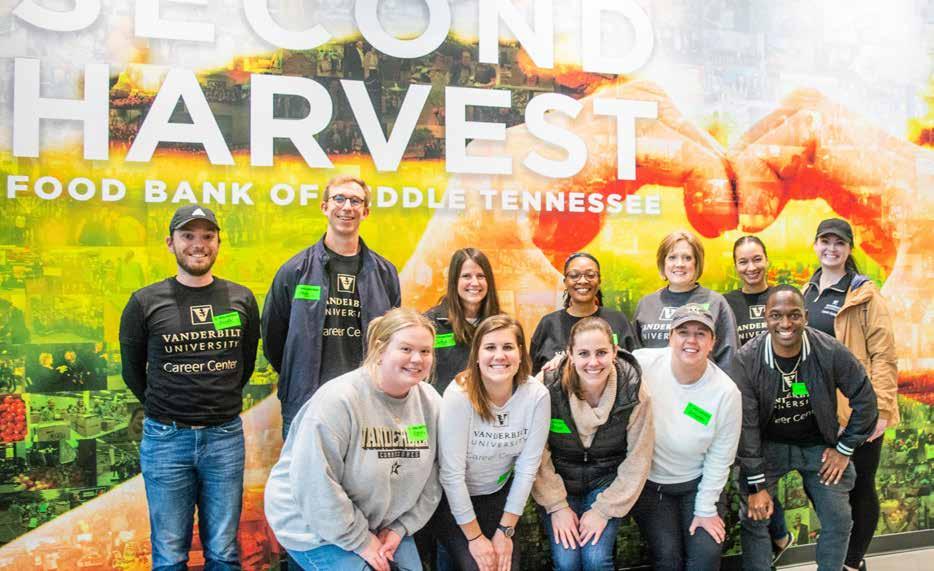
• Increase the ease with which partners can access Vanderbilt services, utilize Vanderbilt resources and continue to strengthen the Vanderbilt network nationwide.
• Advance Vanderbilt in these key markets, initiate custom programming and leverage alumni and partner energy to amplify the impact of Vanderbilt’s influence in that region, nationally, and around the world.
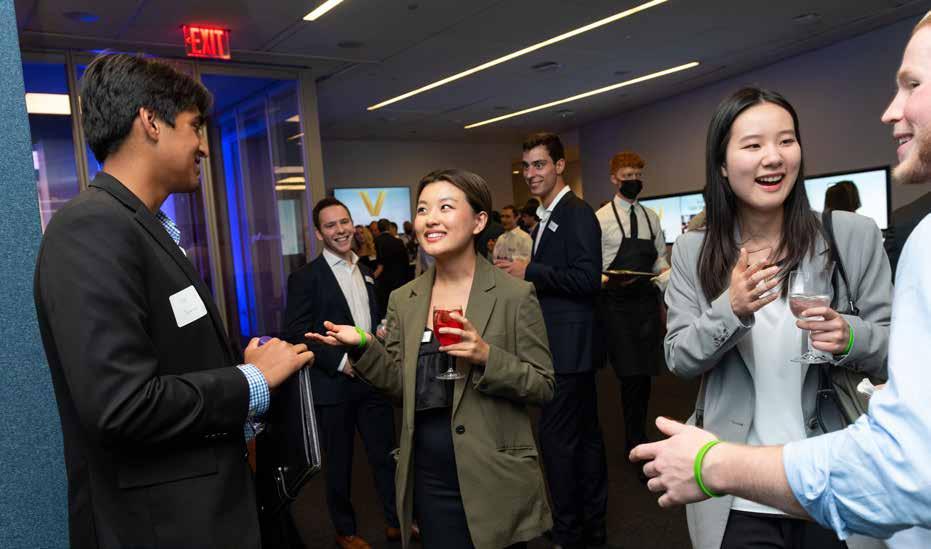
To reach our goals and provide Vanderbilt students with best - inclass career empowerment support, we need partners across the university and the world. Whether you are a student seeking help, a family member ready to support Vanderbilt graduates, an alum looking to share your expertise, an employer seeking talent or a faculty member directing students to the best resources for their future, please partner with us by reaching out to alex.sevilla@vanderbilt.edu to connect with and empower every student to be Vandy Ready.
Vanderbilt Career Advancement and Engagement vanderbilt_careercenter
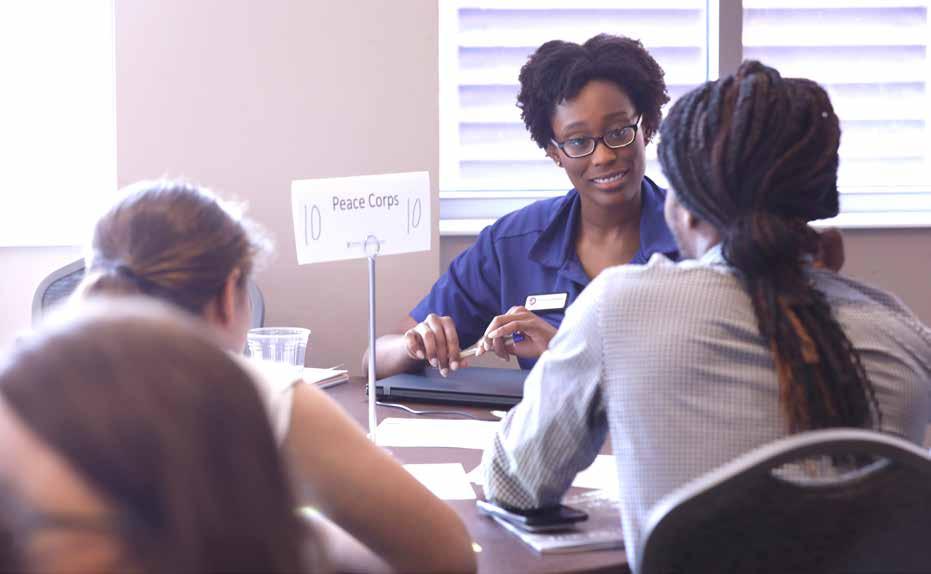
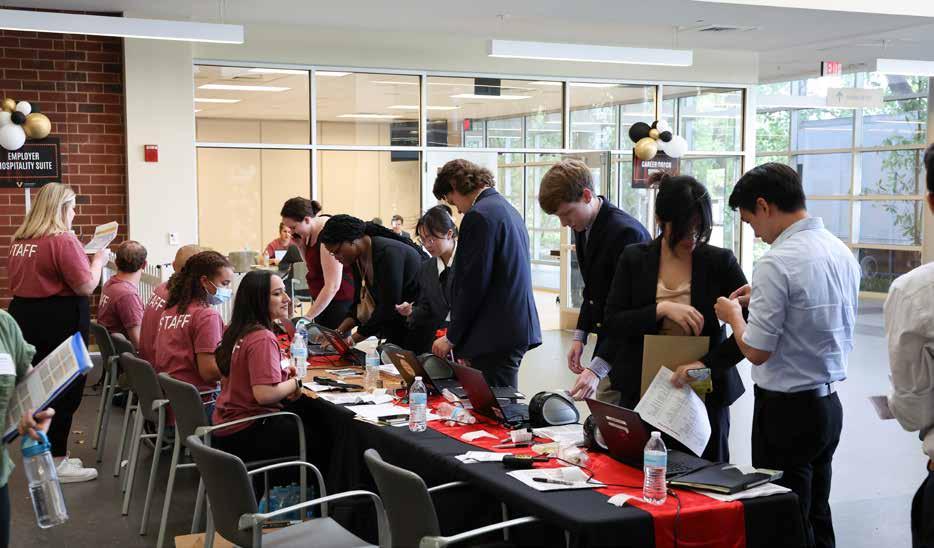
Vanderbilt Career Center careercenter@vanderbilt.edu
Corporate Partnerships: cp@vanderbilt.edu

Alex Sevilla
Dr. Alex Sevilla alex.sevilla@vanderbilt.edu
vanderbilt.edu

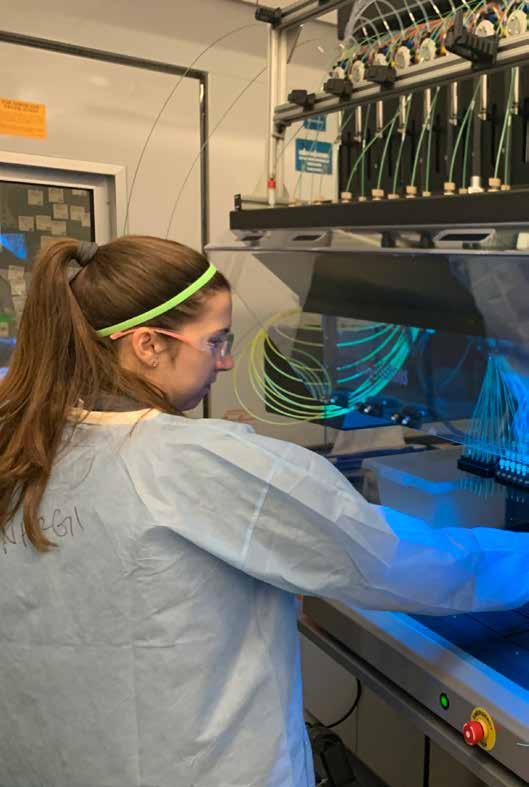
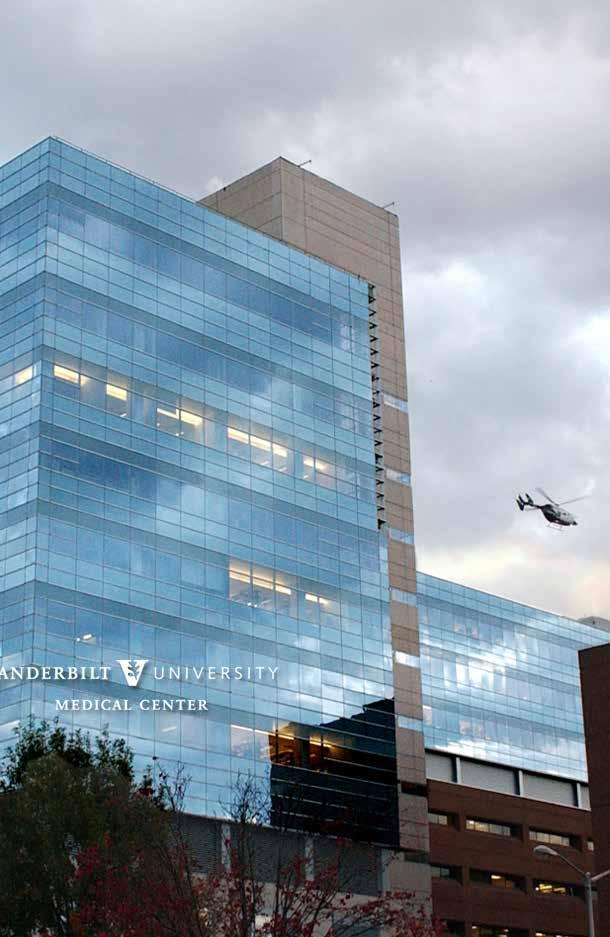

The Vanderbilt Vaccine Center (VVC) was founded in 2004, with James E. Crowe, Jr, M.D. as director. The mission of this internationally recognized biomedical research and development team is to transform infectious disease prevention approaches using instant immunity achieved by use of naturally occurring molecules form the human immune system called antibodies The VVC houses an active research faculty that focuses on basic, translational and applied research in antibodies for infectious diseases and in the study of human immunology.
VVC has internationally unique capabilities to develop human monoclonal antibodies to infectious agents. The Center has developed a wide network of collaborators in international sites for identification of survivors of infections with emerging diseases, and acquisition of convalescent blood samples that are used for isolation of monoclonal antibodies. VVC has large scale capacity for biosafety agent testing of vaccines and therapeutics. The Center also has collaborative relationships with most of the laboratories in the U.S. with select agent clearance for laboratory studies in biosafety level-3 or biosafety level-4
containment laboratories (“hot zone labs”). This research network allows VVC scientists to rapidly isolate naturally occurring human antibodies from survivors of natural infections, characterize those antibodies in great detail, and then validate the functional activity of these reagents and drugs with virtually any infectious agent.
Our group uses a very broad array of techniques including molecular and cellular biology, state-of-the-art imaging and flow cytometry, bioinformatics, and bioengineering approaches to attack the scientific problems that are of interest to us. Our philosophy is to work on major human pathogens - we study model systems only when the direct study of the primary pathogen in humans is not feasible at a definitive level.
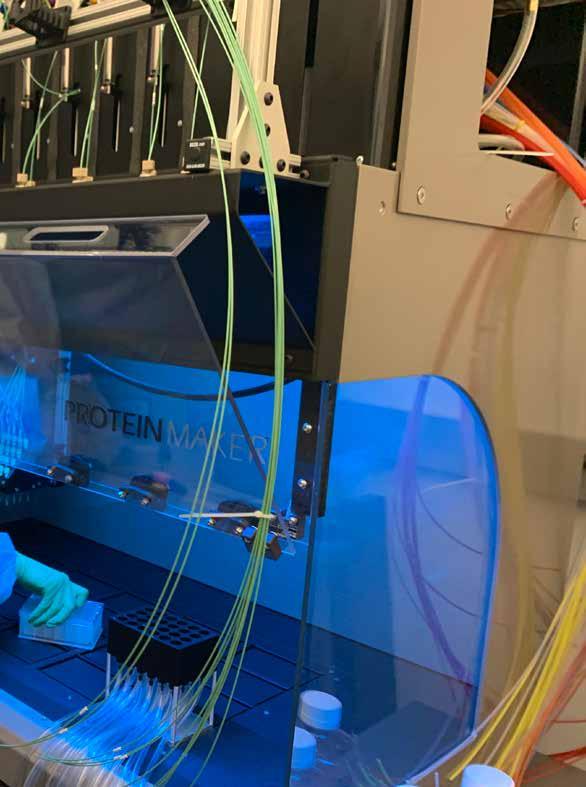
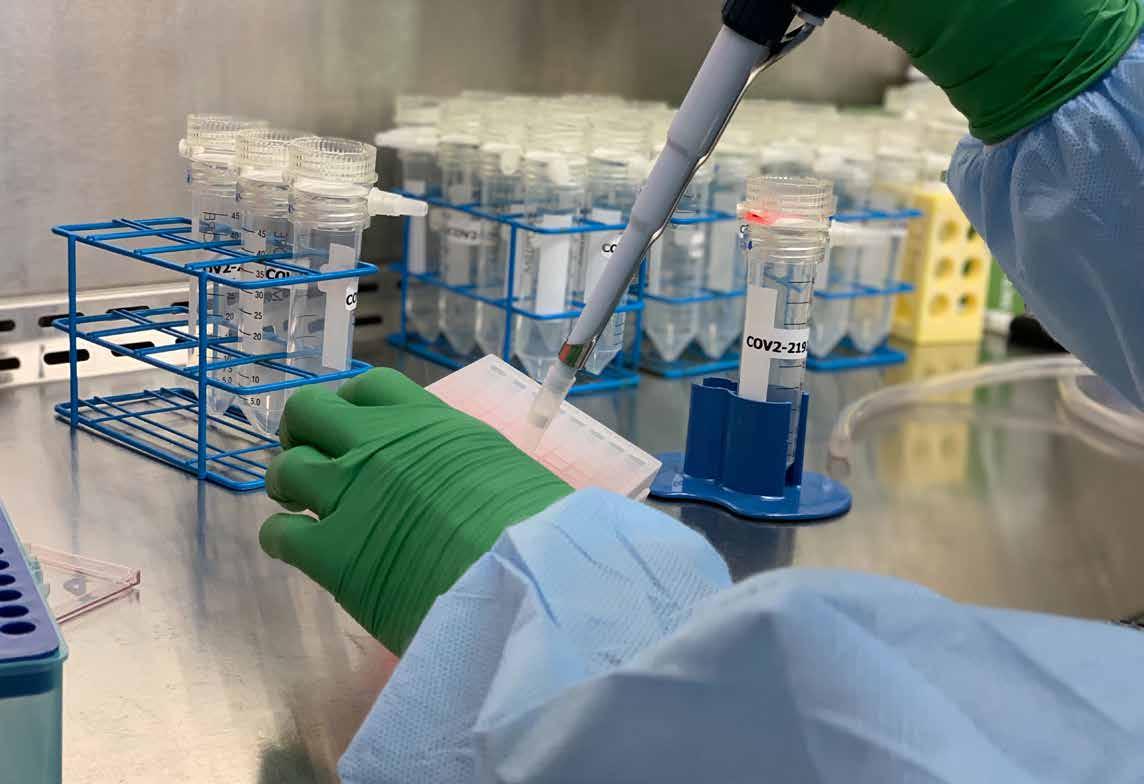
Education & Training Initiatives at VVC: We are training the next generation of virology, immunology, and vaccine scientists. The VVC trains scientists at all levels, including undergraduate, graduate, and medical students and PhD and MD or MD/PhD postdoctoral research fellows. Students in VVC obtain PhD degrees in Pathology, Microbiology and Immunology, Chemical and Physical Biology, or Biomedical Engineering. The VVC is also an active site for career development of physician scientists and veterinarian scientists. The VVC has a longstanding commitment and demonstrated success for training with diversity as a priority. We have recruited numerous Black and Latinx scientists for PhD or postdoctoral studies and all are still in science or medicine and successful. We have trained a lot of very strong women in science who are leaders in government, industry, and academia; of the more

than 30 graduate students we have mentored to date, about 60% have been women.
Research: VVC Research includes a large panel of active awards from the US National Institutes of Health, the Defense Advanced Research Projects Agency, the Defense Threat Reduction Agency, and from foundations and industry. The VVC is particularly well funded in the area of virus immunity, with many active grants and contracts for virus studies.
Locations of current research activities: Our studies and collaborations are international in scope. Africa: Uganda, Nigeria, Democratic Republic of Congo, South Africa; Asia: Sri Lanka Singapore; Caribbean and Central/South America: Argentina, Chile, Brazil, Panama, Costa Rica.
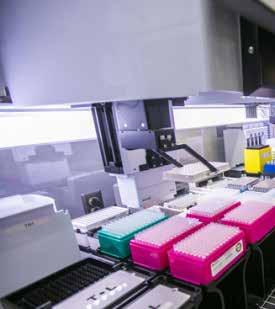
Disease focus areas: Our specialty is developing antibodies for emerging infectious diseases and biodefense: SARS-CoV-2, Middle East Respiratory Syndrome (MERS) coronavirus, Ebola, Marburg, chikungunya, dengue, Rift Valley fever, poxviruses; HIV AIDS; respiratory viruses: RSV, MPV, influenza, including avian H5, H7 and swine H3N2 variant; gastrointestinal viruses: noroviruses, rotaviruses.
VVC plays a major role in research in emerging infectious diseases because of the high capacity of the Center to develop and test human monoclonal antibodies in a rapid fashion. Antibodies developed from the B cells of vaccinees or survivors of natural infection are powerful tools for development of rapid diagnostic point of care tests, and can be developed as prophylactic or therapeutic biological drugs. The large-scale epitope discovery work in the Center also contributes to the development of tools for understating the human immune response to infection or vaccination. VVC scientists have deposited information on thousands of epitopes to international repositories the Immune Epitope Database, the Protein Data Bank, GenBank and other publicly available sources.
Recognition: This research team has been widely recognized for excellence in biomedical research. Awards and prizes recognizing the group’s work include:
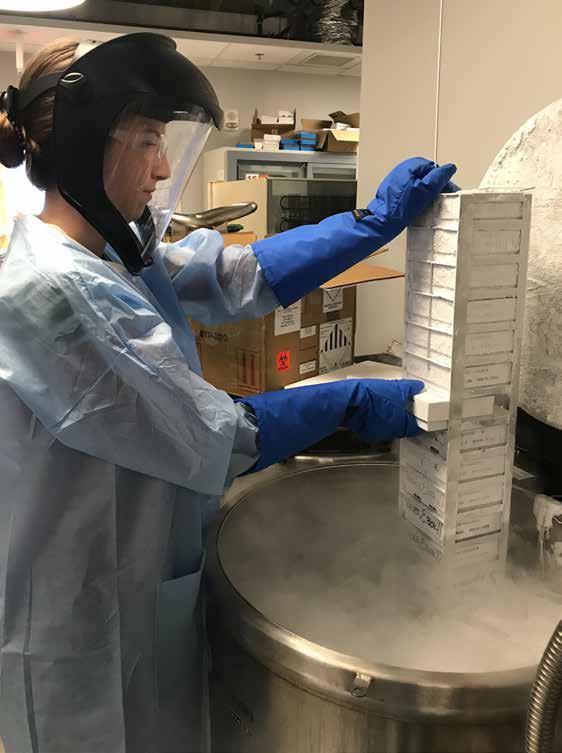
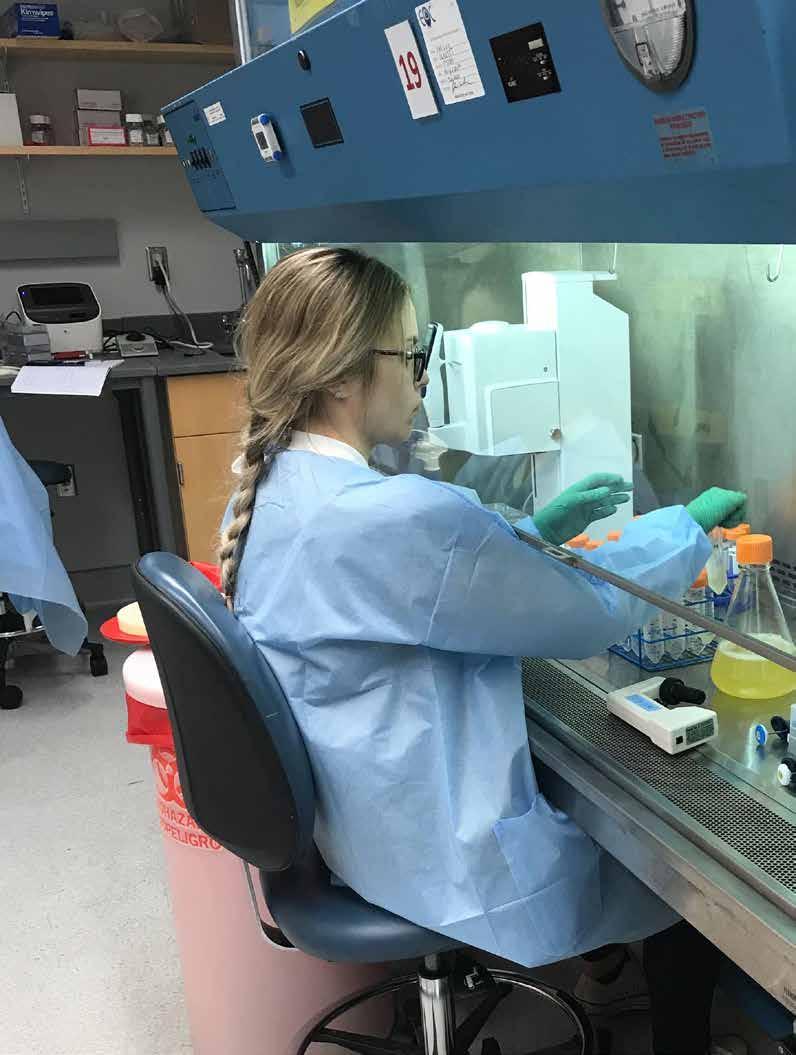
2018 Best Academic Research Team, 11th Annual Vaccine Industry Excellence Awards, World Vaccine Congress
2019 Future Insight Prize for Pandemic Protection
2021 Golden Goose Award, for scientific contributions with great societal benefit from the American Association for the Advancement of Science (see the Film (5 min): The Human Immunome: Small Moves Become a Movement
2022 Harrington Prize for Innovation in Medicine for moving science forward with novel research that has potential for clinical application.
2022 TIME, The Best Innovations. For tixagevimab and cilgavimab antibodies for COVID-19, announced here.
2023 Building the Foundation Award from Research!America, recognizes one or more individuals whose basic research discoveries have played a pivotal role in advancing public health.
Press: The laboratory has been featured in many press and educational venues, including local, national and international media venues, including National Public Radio, Public Television, CNN, CBS Evening News, BBC, Fox, New York Times, Wall Street Journal, Atlantic, and others. Bill Whitaker of
The lab director Dr. Crowe explained the work in a frequently watched TEDx talk, Unraveling the Mystery of Immunity.
The online Seeker video podcast featured SARS-CoV-2 work in The Race to Develop a Coronavirus Treatment. Vanderbilt

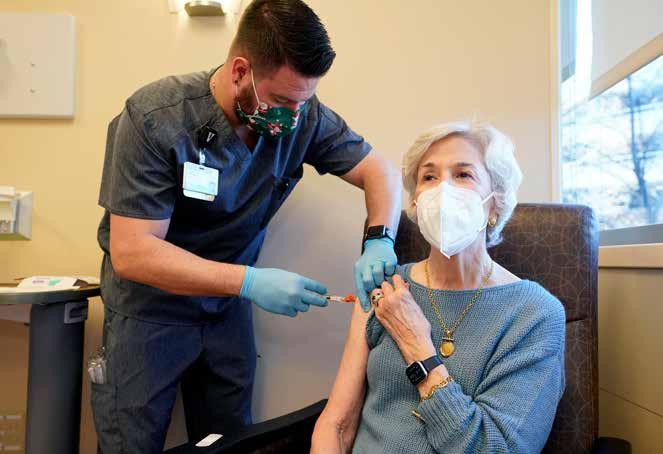
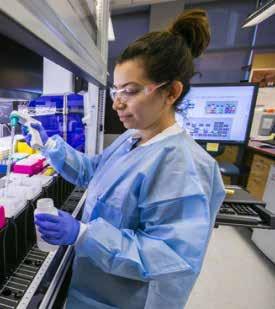 60 Minutes reported in “THE LAST PANDEMIC” on the group’s efforts to prevent future pandemics; > 9 million viewers Watch or read transcript
60 Minutes reported in “THE LAST PANDEMIC” on the group’s efforts to prevent future pandemics; > 9 million viewers Watch or read transcript
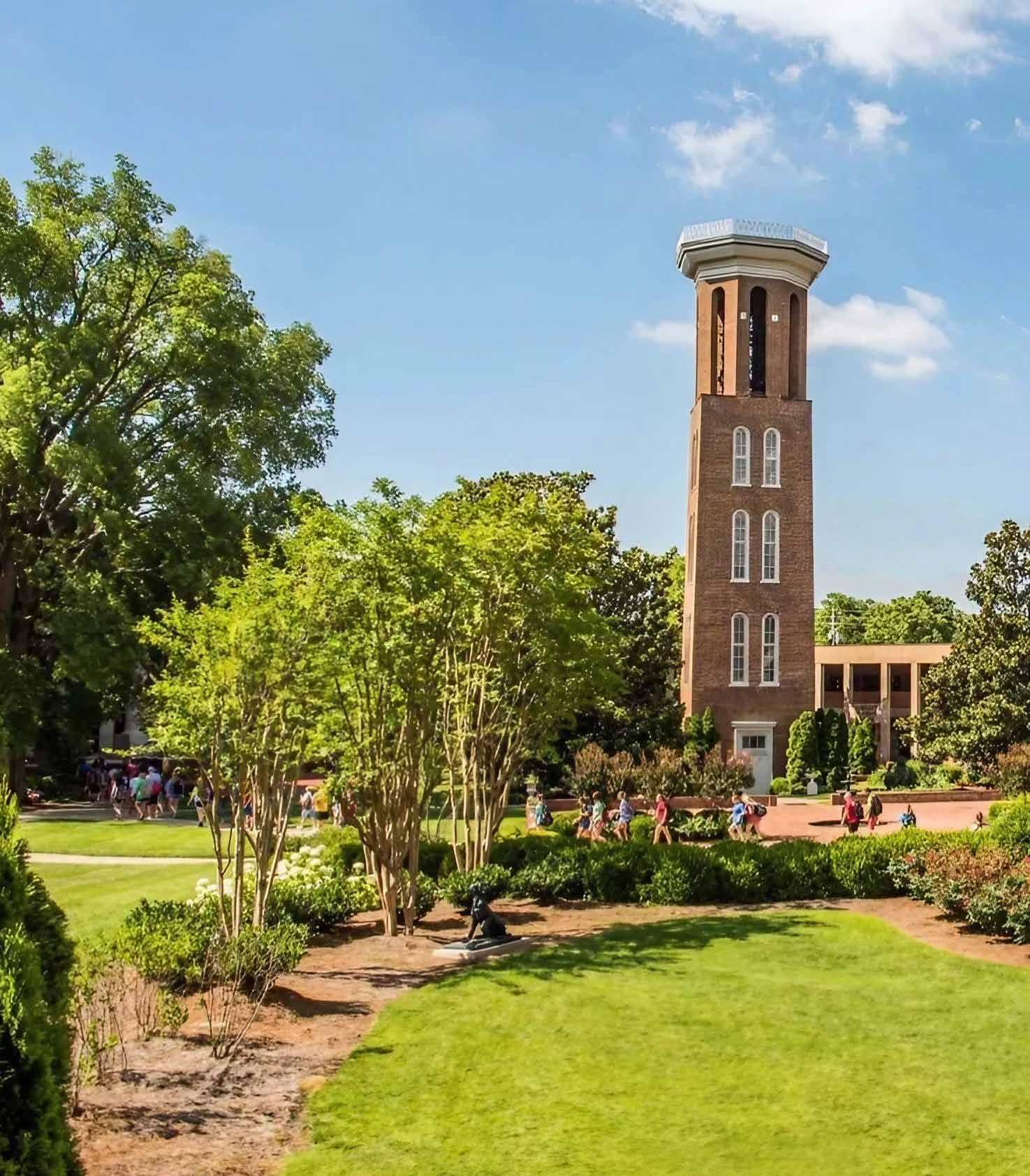
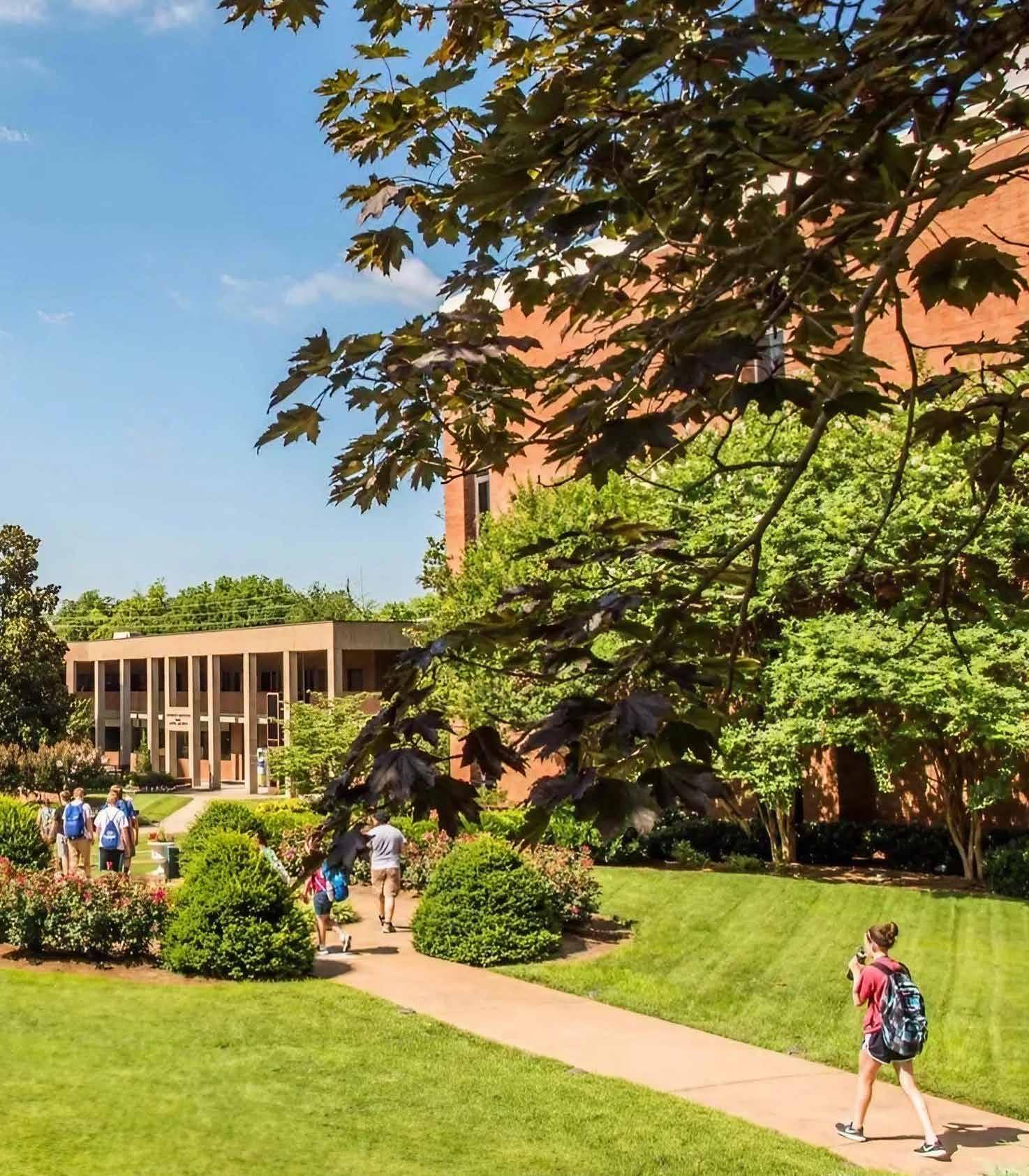
“Education’s purpose is to replace an empty mind with an open one.”
—MALCOLMFORBES
Located
As one of Middle Tennessee’s fastest-growing colleges in recent years, Trevecca is truly a school on the rise, and development is evident in all


areas of campus life, from diverse enrollment to facilities and academics. Students from 47 states and 39 countries now attend Trevecca. Physical progress can be seen in the full renovation of the school’s central hub, the Jernigan Student Center, and the construction of a modern new residence hall to accommodate the growing student population. Another recent expansion project was the addition of the new Health Sciences Building – which is also an indicator of academic advancements at Trevecca, as it was constructed to support the new School of STEM (Science, Technology, Engineering and Math).
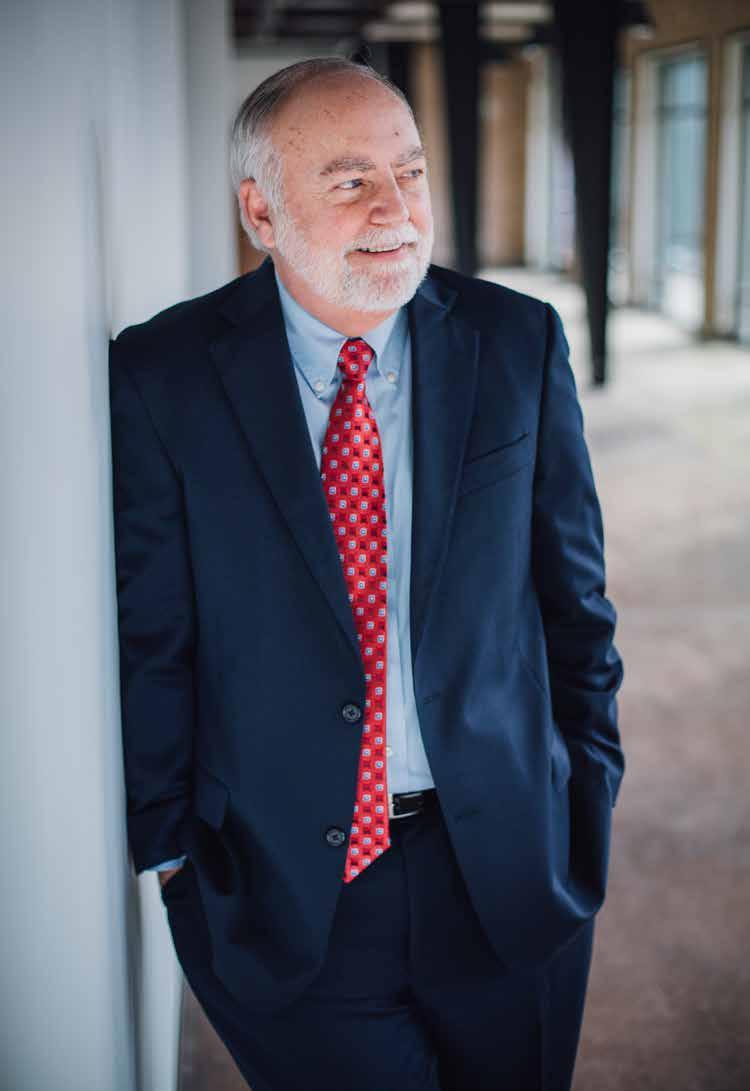 in the heart of Nashville, Trevecca offers students an exciting, fulfilling college experience as they pursue a personal calling in a thriving city. A Christian liberal arts university, Trevecca’s diverse, supportive community is a safe haven for spiritual and personal growth, vocational discernment and opportunities for service.
in the heart of Nashville, Trevecca offers students an exciting, fulfilling college experience as they pursue a personal calling in a thriving city. A Christian liberal arts university, Trevecca’s diverse, supportive community is a safe haven for spiritual and personal growth, vocational discernment and opportunities for service.
Trevecca was the first university in Nashville to offer weekend and evening formats for adults who are balancing school, work and family life.
More than 90 percent of Trevecca’s faculty hold the highest academic degree in their fields, and classes are small enough to make learning a collaborative experience. The University employs faculty, staff and administrators who model the values of the school and are willing to go beyond teaching to mentor students, fostering a supportive and challenging environment that gives every student the opportunity to realize their full potential in Christ. The 86 traditional undergraduate degree programs at Trevecca are offered in classrooms and facilities with state-of-the-art equipment.
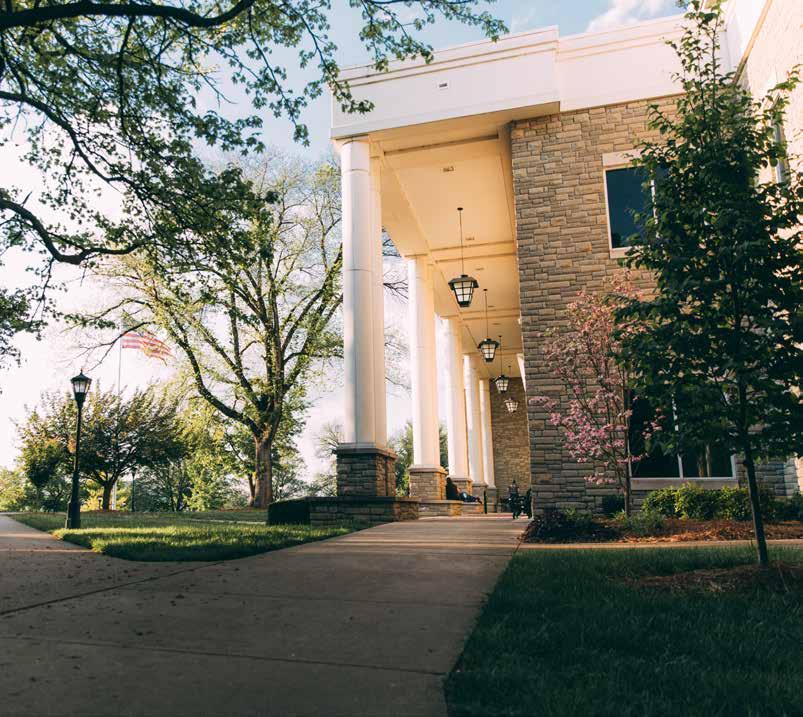
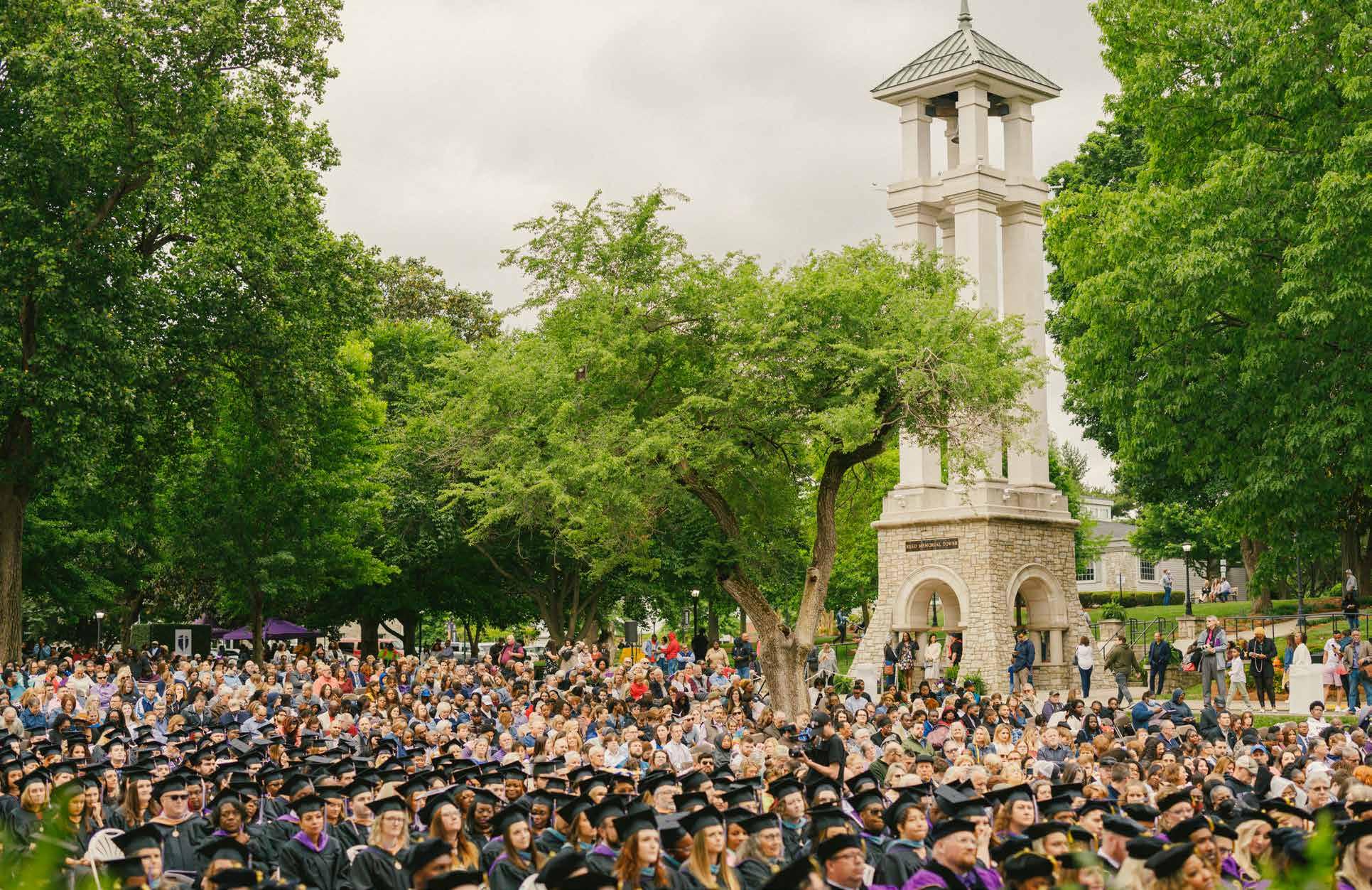
Students are also encouraged to fortify their learning outside the classroom, and opportunities for internships, research, mission trips and community engagement are plentiful. Community service programs like ministries, environmental cleanup and an urban farm contribute to Trevecca’s unique environment for experiential learning. The school’s home in iconic Music City, USA, is another draw; Trevecca’s beautiful campus is situated just a mile from downtown Nashville, and connections to Nashville’s major industries provide unique opportunities for hands-on learning.
Extracurricular activities and clubs are a substantial part of life at Trevecca, giving students the chance to apply their gifts to uplift and benefit the school community. The Student Government Association and Resident Hall Association allow students to exercise and grow their leadership abilities, serving as a voice for the community and organizing events.
Futuro and Namaste are clubs that focus on the international community at Trevecca, giving both international students and American students from diverse backgrounds the opportunity to feel supported and to educate the student body on various aspects of their different cultures. Campus organizations such as Darda, the school yearbook, and Trevechoes, the school newspaper, allow students to exercise their creativity and gain valuable experience through a dispersion of information and a celebration of University culture.
Trevecca has a thriving nontraditional community, going beyond undergraduate programs to provide degrees at the master’s and doctoral levels. The University is home to the first and longest running physician’s assistant program in Tennessee as well as one of the state’s earliest counseling programs. Trevecca was the first university in Nashville to offer a weekend or evening format for adults who want to finish their degree while balancing work and family life. Graduate programs span a variety of areas including business, education, religion and leadership.
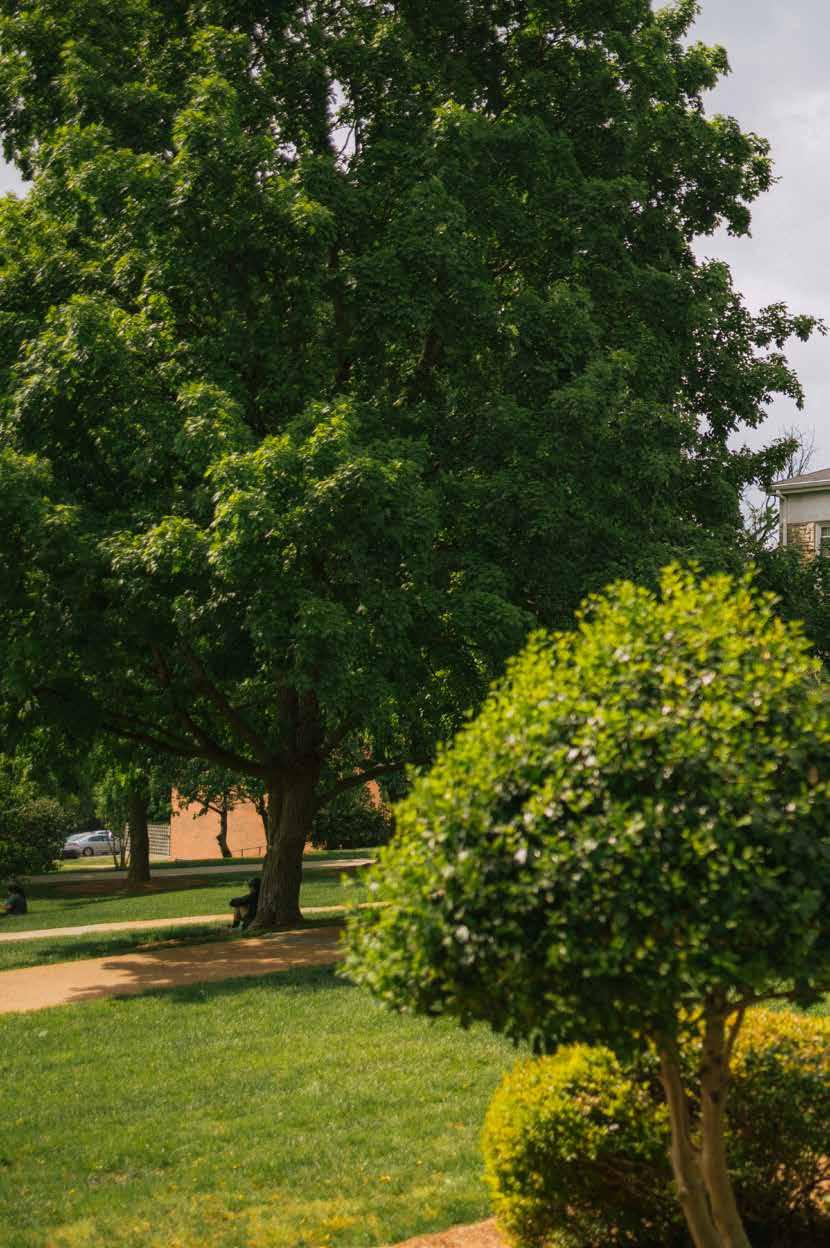
Trevecca intends its graduates to be globally aware and socially conscious, individuals who are actively seeking to develop spiritually, cognitively, socially, emotionally and physically. The desire is that each student would be a life-long follower of Jesus Christ, becoming people of strong Christian character, who are capable of making decisions based on biblical principles as well as reflective thought. They are to be capable of critical thinking and develop essential skills in the classroom and through real world experience to become productive influences in their communities, churches, families and workplaces.
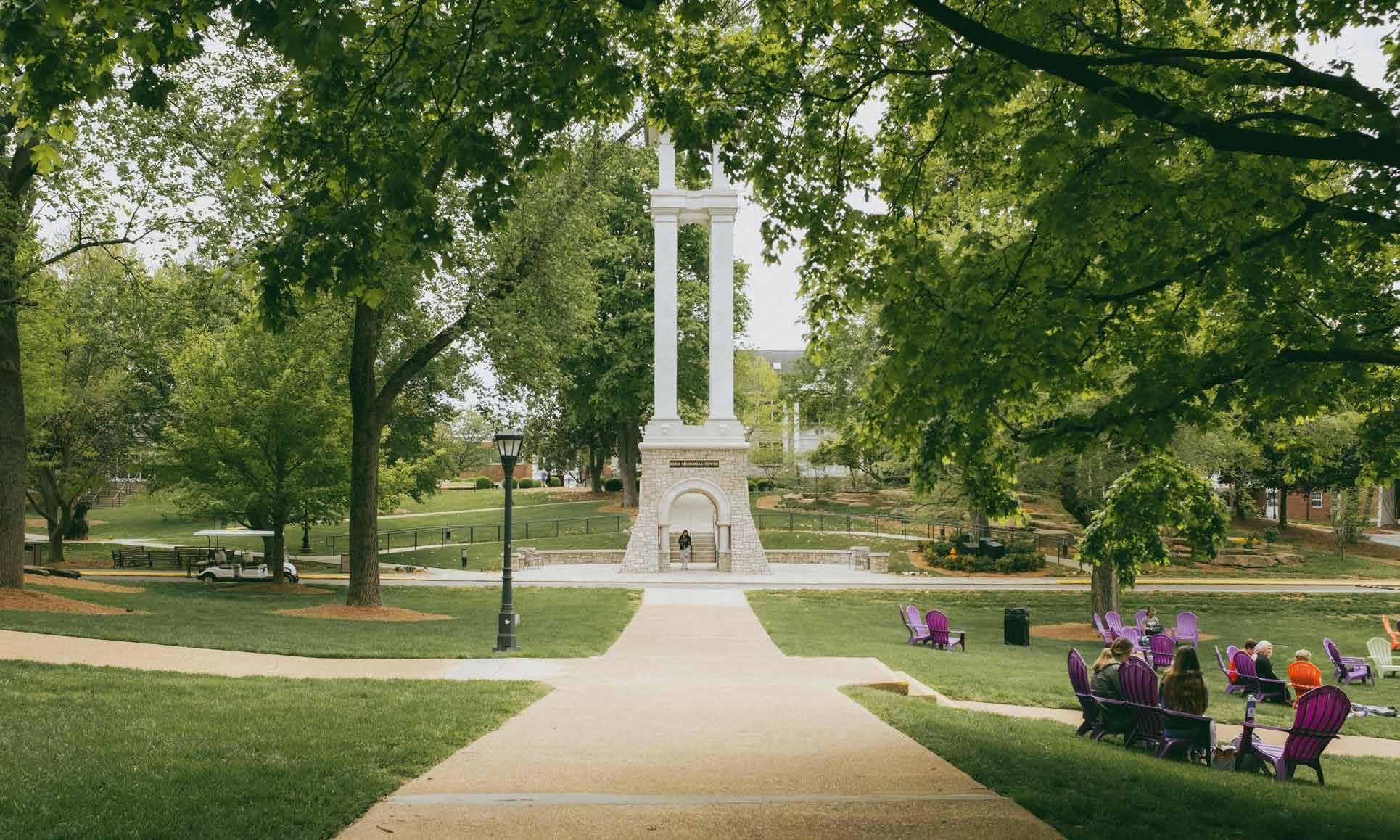
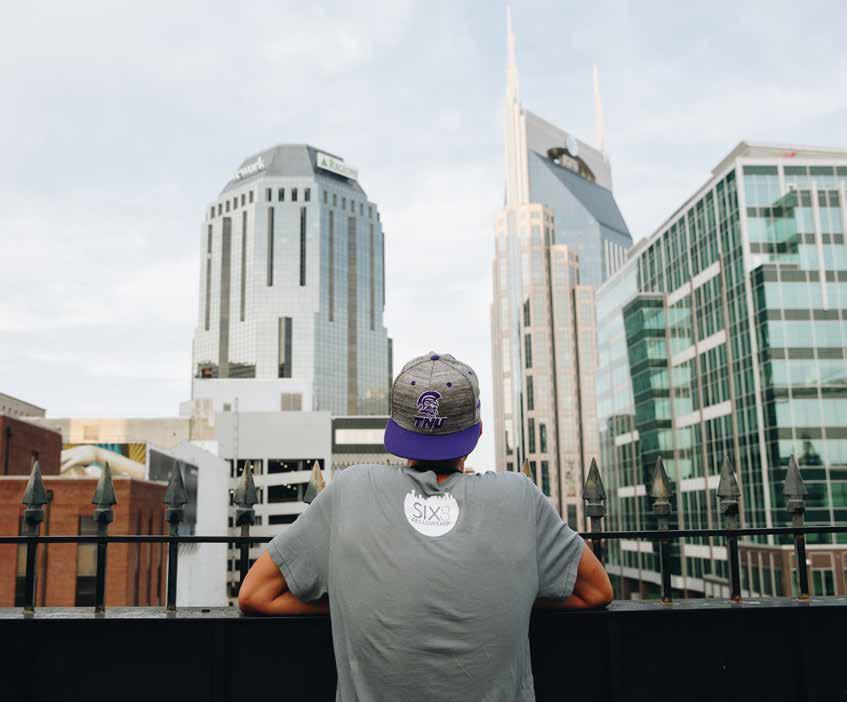
Trevecca has a long history of excellence in education, beginning as a center for pastoral training in 1901 called the Literary and Bible Training School for Christian Workers. In 1911, the name was changed to Trevecca. It derives its name from ‘Trevecka,’ a school, castle and village in Wales. The school was founded as a place to bring people of different theological sects together and Trevecca’s founder chose the name, feeling it was appropriate for welcoming and uniting Christians from all over Nashville and beyond.
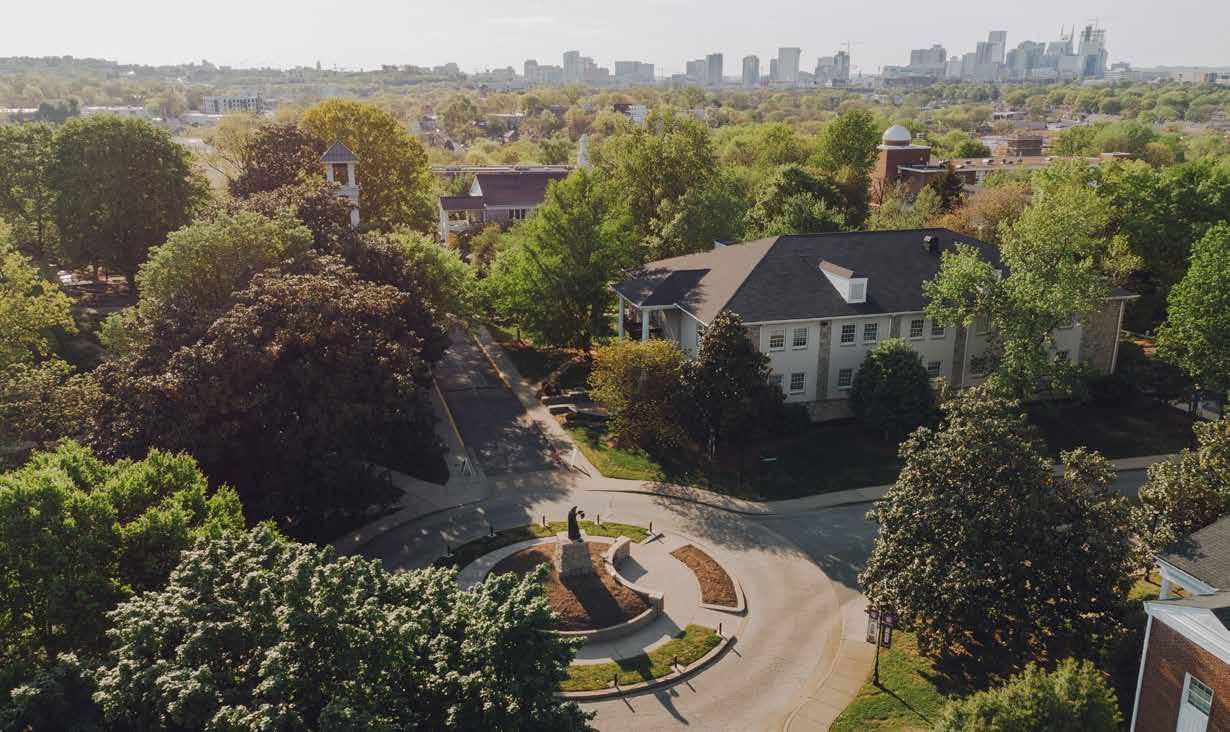
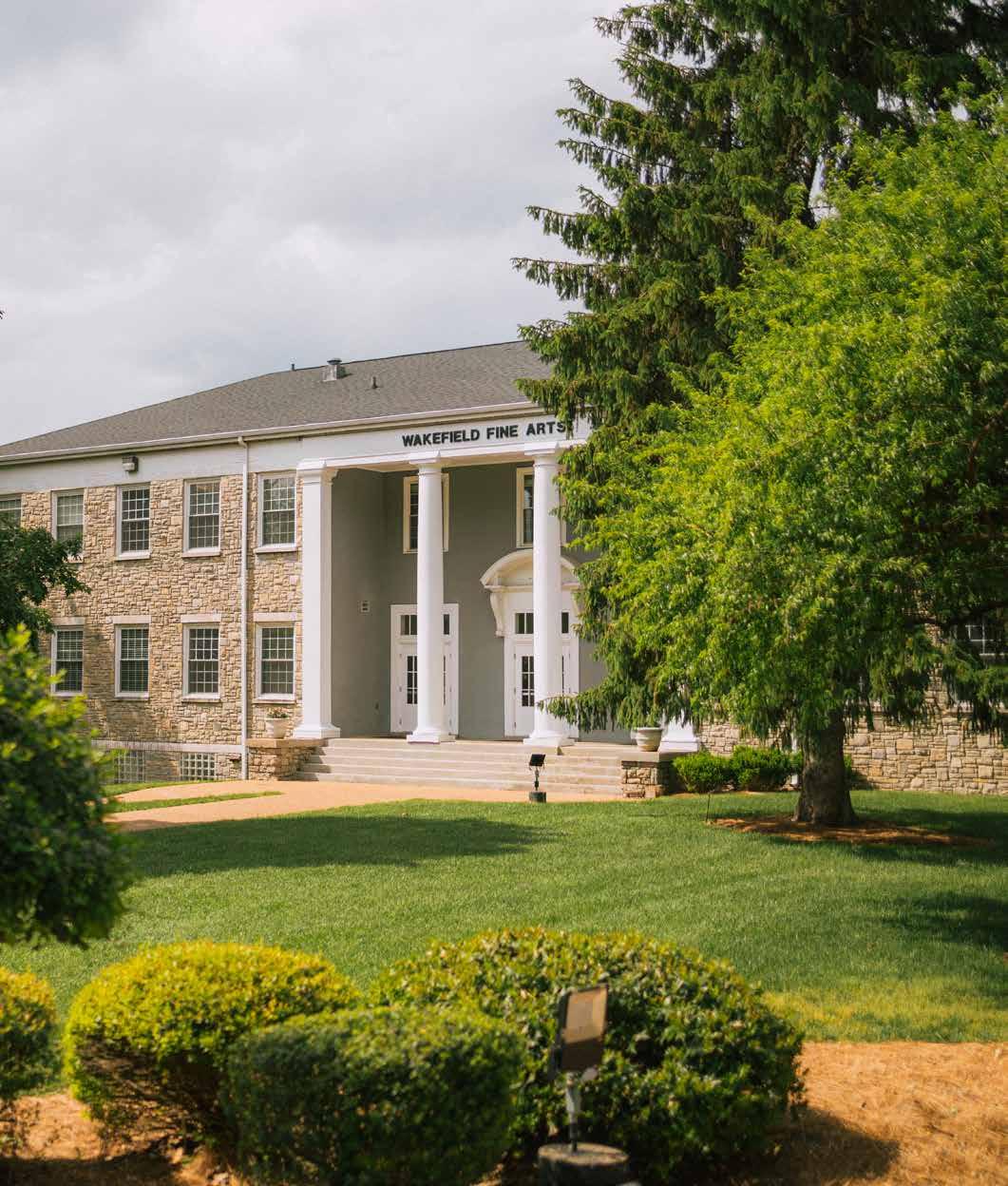
When it comes to getting to know Trevecca, seeing is believing. Prospective students and their families are invited to schedule a campus visit for a private tour, or they can attend Experience Trevecca Days to preview the school as part of a group. Consistent with the atmosphere of care and support, each student is paired with an admissions counselor for individual assistance throughout the admissions process.
At the undergraduate, continuing education and graduate levels, this Christian university in the heart of Nashville is developing the successful servant leaders of tomorrow.
It was late 2011 when Nashville Software School (NSS) Founder and CEO, John Wark set out to find a solution to a challenge he frequently heard about in Nashville’s business community – the persistent shortage of trained tech talent such as software developers. The tech skills gap was (and is) a national problem, but Wark believed that there were proven, non-traditional training approaches to apply to the problem as well as an ample local supply of creative, underemployed adults with the latent aptitude for tech work. What if we focused on home-growing junior tech talent for the local job market?
Through conversations with interested leaders in Nashville’s tech community, Nashville Software School came to be. Founded in 2012 as one of the first half dozen coding bootcamps and as the nation’s first nonprofit coding bootcamp, Wark designed NSS to create opportunities for adults to transform their lives by training for high-income, interesting and engaging work in technology.
All of NSS’s career launch training programs are based on community input about the tech skills relevant to Nashville employers’ needs and designed to give students hands-on experience as web developers, software engineers, data analysts, or data scientists.
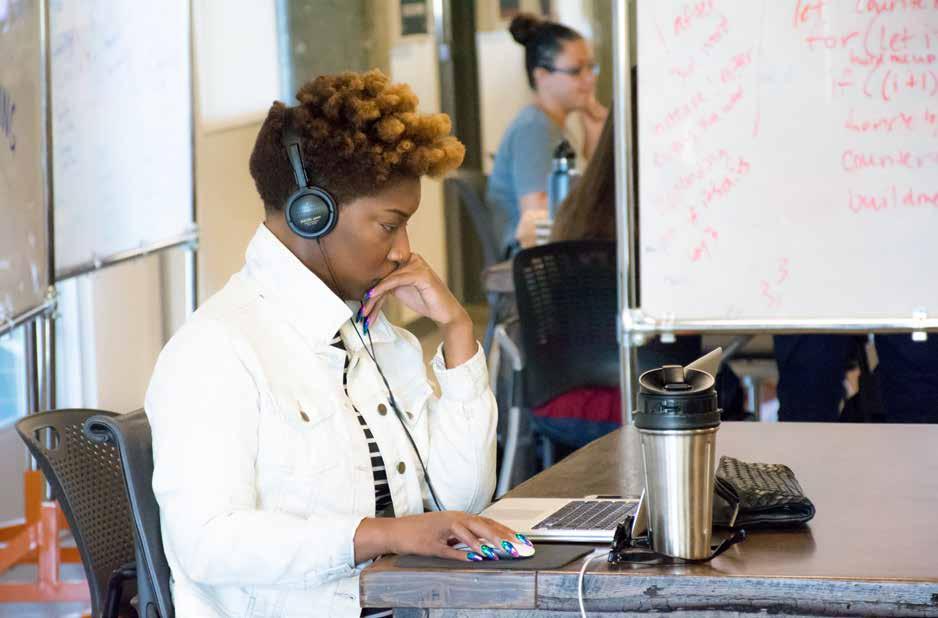
Wark is no stranger to entrepreneurial ventures, but this was his first non-profit. So it’s not surprising that NSS’s business model combines best practices from tech startups, education, and to nonprofits. Being a
non-profit has helped NSS become rooted in the Nashville community and allowed them to try things that for-profit schools won’t - or can’t - do. For example, 50% of students attend NSS on the Nashville Opportunity Tuition plan - if those students don’t graduate and get a tech job, NSS doesn’t get paid. This shared risk approach aligns NSS’s incentives with students’ incentives. Many of the students on Opportunity Tuition are women, veterans, or people of color from outside tech’s traditional talent pool.
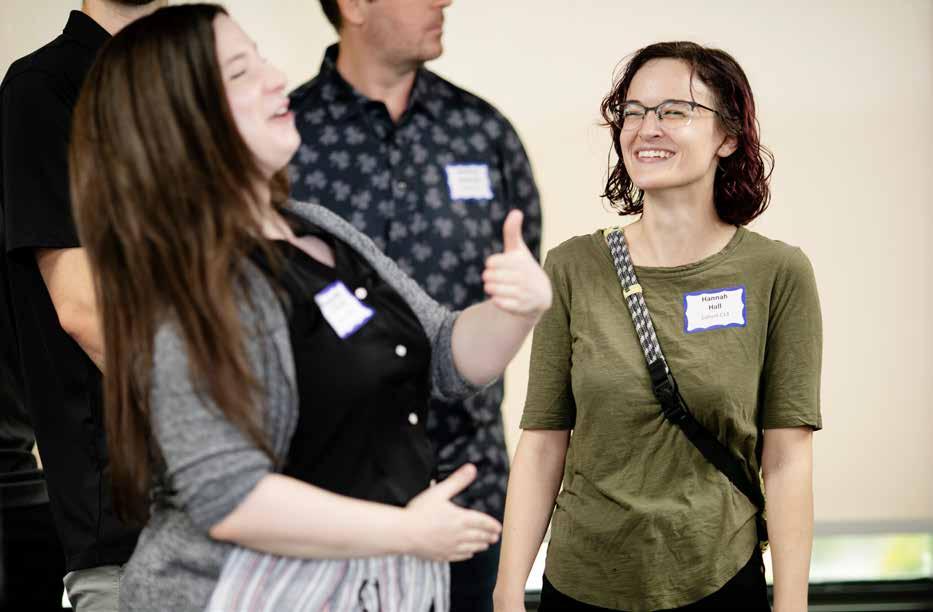
Not only has the business model been labeled innovative, but NSS approaches learning in a non-traditional, non-academic way. Through hands-on learning, students gain exposure to in-demand tech skills to prepare them for entry-level positions. Students learn not only individually, but through collaborative work on group projects. Project-based learning provides students an alternative way to learn technical skills and also a way to learn and practice collaboration, teamwork, communication, and problem-solving skills that are critical to their being “job-ready” on graduation from NSS. By combining the science of learning with instructors’ own observations from the work environment and the classroom, they are continually evolving the teaching process.
“Nashville Software School is one of the best educational experiences I have had in my career and I’ve had a lot! NSS not only creates an environment that challenges learners, promotes deep thinking, and synthesis over rote memorization, it also makes the instructor disappear as the learner grows stronger in skill and confidence,” shares Dr. Teresa Vasquez.
Ten years and over 2000 graduates later, NSS is thriving in Nashville and beyond. The school’s impact is clear: 90% of their graduates find jobs in tech within six months of graduation. Fueled by Nashville’s booming tech job market, NSS’s impact will continue to grow as they add programs targeting new career pathways and connect with students across a larger geographic area through their live, online classrooms. NSS currently offers programs in full-stack web development, software engineering (in collaboration with Amazon), front-end web design/development, data analytics, and data science. As NSS enters its second decade in 2023, they look forward to continuing to expand to help meet the talent needs of Nashville’s exploding tech economy through ever more accessible pathways into tech careers for motivated adult learners.
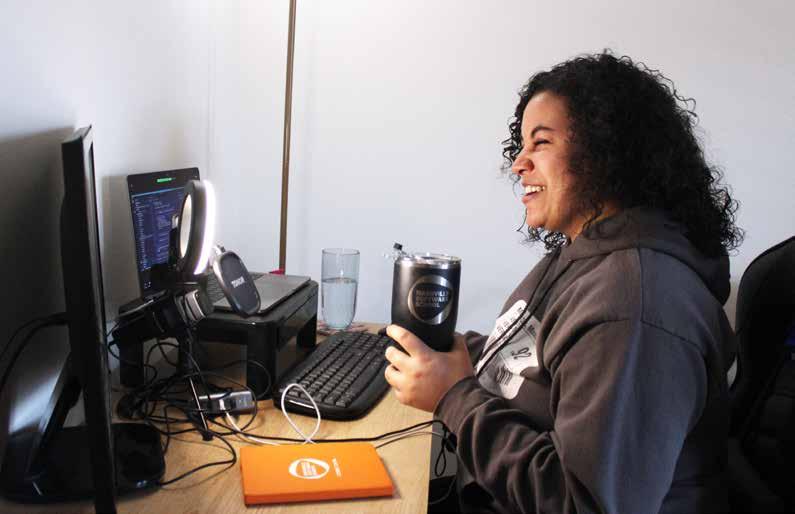
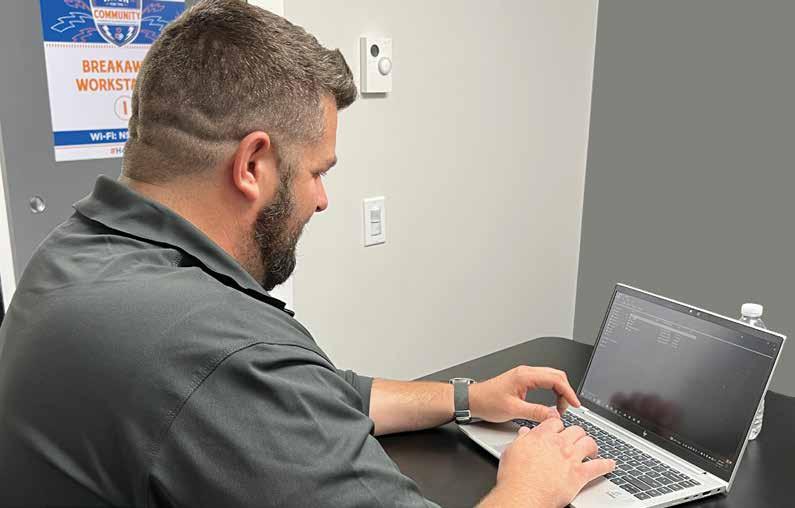
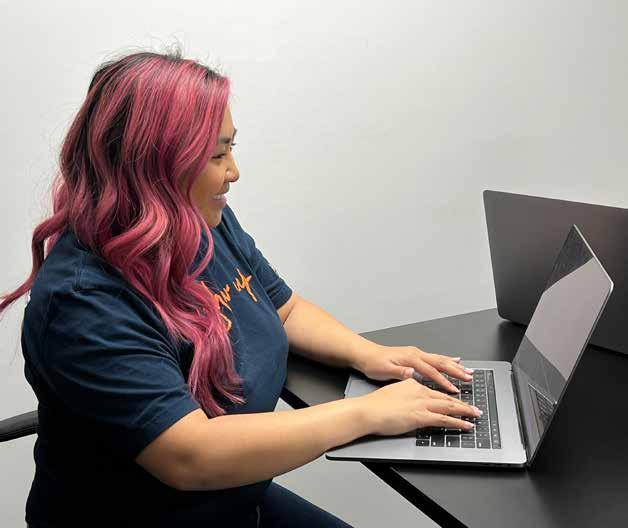
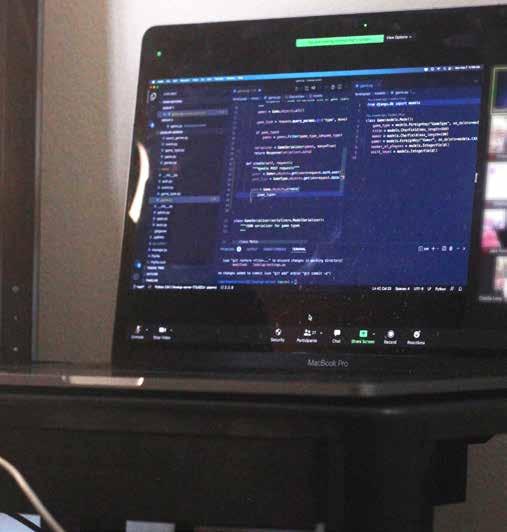
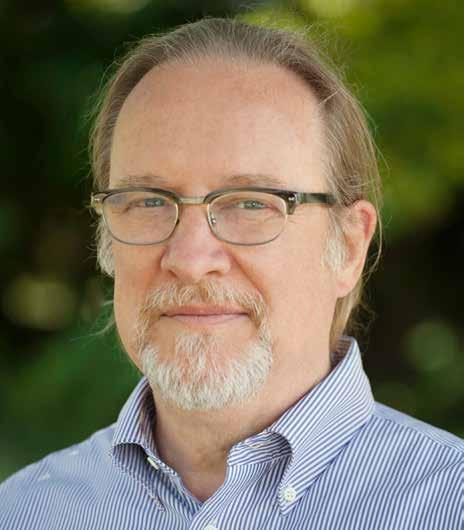 NSS Junior Instructor teaching remotely from her home office.
NSS alumnus working in a breakout room at NSS.
NSS Junior Instructor teaching remotely from her home office.
NSS alumnus working in a breakout room at NSS.
Innovation isn’t always changing something. Sometimes it can be doing something old differently and that is how I view NSS. It is a leader in doing education right!”
— Teresa Vasquez, MBA, EdD Graduate, Web Developer Bootcamp Cohort 21 (2017)
Momentum University offers in-person and virtual sessions to over 1200 corporate leaders in over 60 companies around the globe. Whether it’s experiencing high-energy keynote speeches, training, or group coaching, the business is one of the fastest growing minority owned leadership and development companies in the state of Tennessee.
The mission of Momentum University is to Focus on “Transforming Lives for Good”. In 2018, Adrian Davis stepped out on an idea to create a high-energy motivational conference. Attendees— over 50— reported experiencing lifechanging results. Weight loss and healthy lifestyle changes, job changes, going back to school to pursue a life-long profession, and determination to launch new businesses all were results of the motivation they received. The team fell in love with the dream of continuing to change lives and began to put the conference on annually, with increased attendance. Forced to pivot and rethink the approach after the arrival of Covid, the team developed strategies to impact lives in a virtual setting. Thus, Momentum University was born..

After a successful virtual Momentum conference, with attendees from seven states and three countries, the Momentum team decided to turn this impact into something more accessible and more frequently than an annual event.
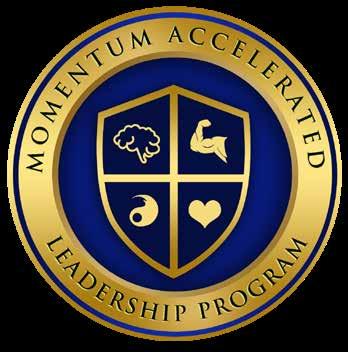
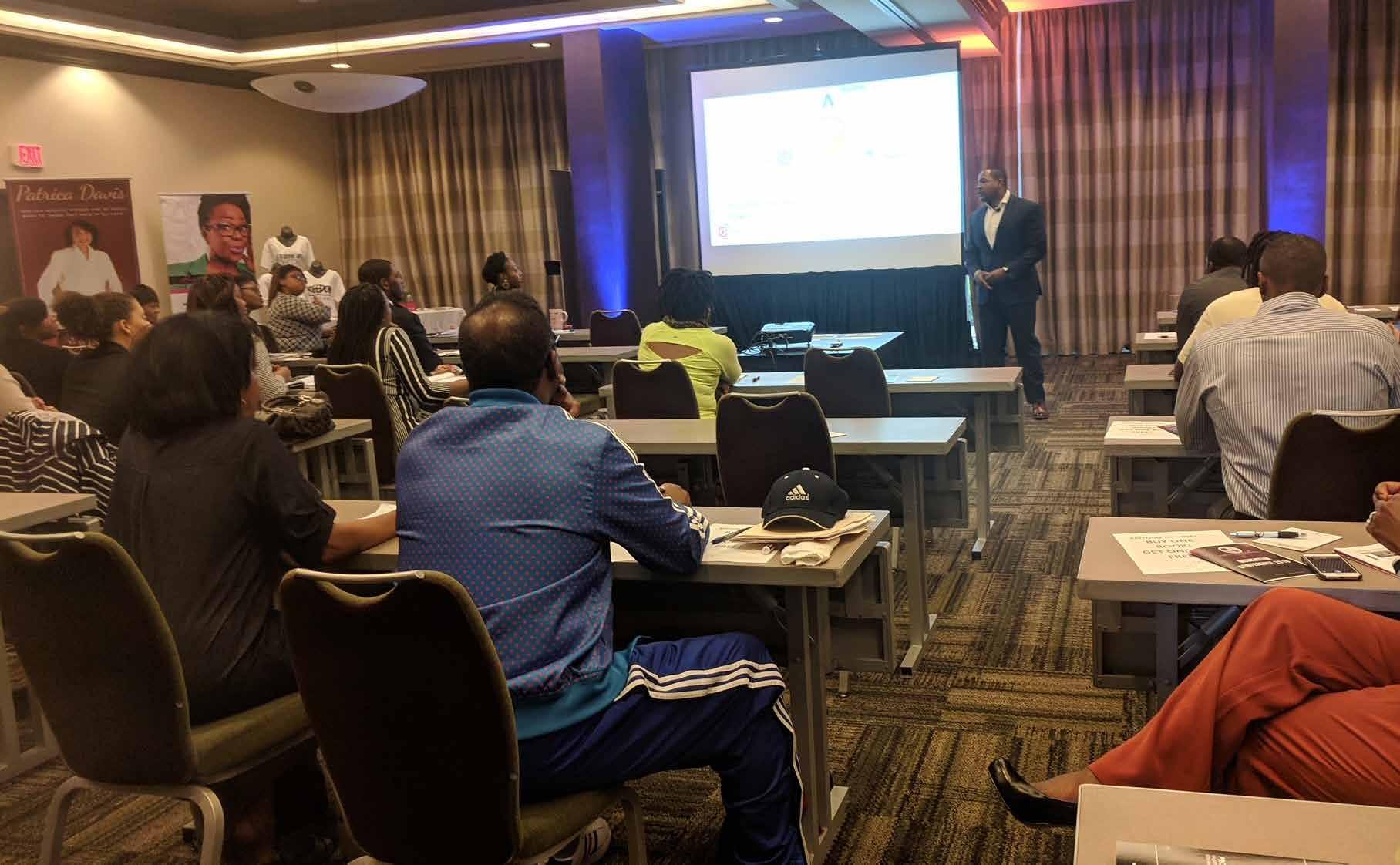
Creating an engaging tool to stay connected to participants that attend leadership training or group coaching was the missing piece to satisfy the scientific need to transform behavior. Teaming with a local state vendor, Momentum University developed an engagement App that keeps learning at the front of mind, encompasses a learning environment for cohorts to learn from each other all while capturing data around engagement and psychological well-being.
Taking a scientific approach to learning and pairing it with technology is the pathway the company has chosen to move forward in this 21st century. Since cell phones are with us everywhere we go, Momentum University’s platform now makes it possible for learning and development opportunities to be with us, too. According to Adrian Davis, “It is already happening, so why not give
Adrian J.R. Davis, Founder, Momentum University people good content that will ‘transform their lives for good’ and put them where they really want to be in their careers.”
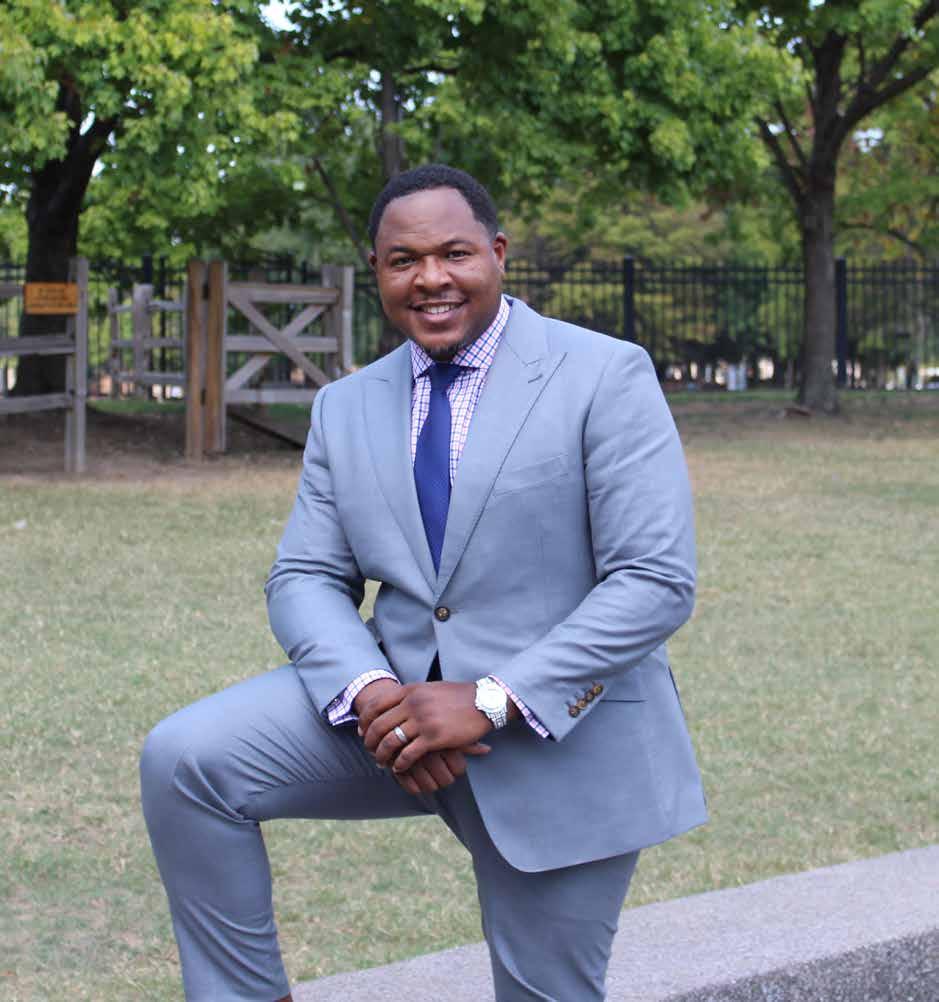
With timed check-ins to combat the forgetting curve of knowledge and the introduction of ALICE into how we perform this, our new results for transformation is on an upward trajectory for implementation of career and leadership skills.
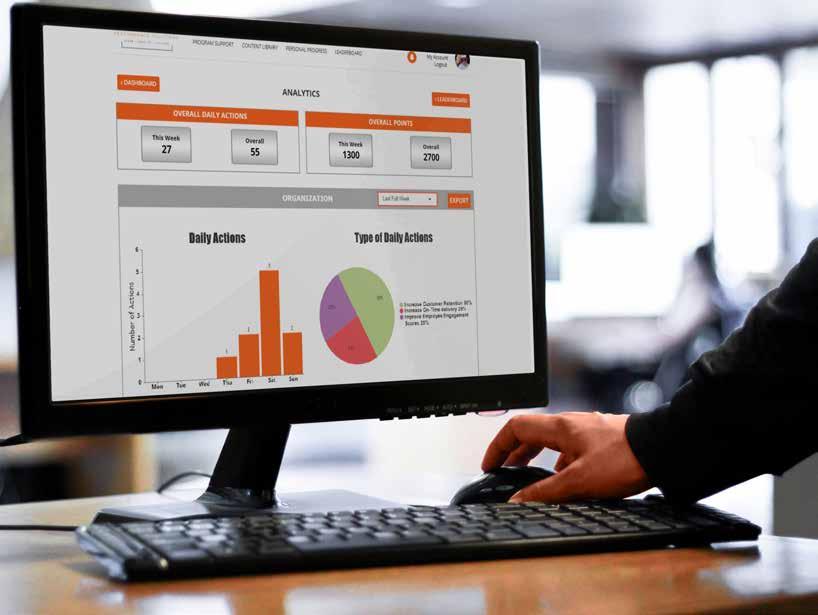
Davis:
“If you’ve never had an opportunity to hear Adrian Davis speak about Building Trust in the Workplace, you are missing out!! Great way to kickoff day 2 of AgCareers.com HR Roundtable. #agRT “ Kevin J.
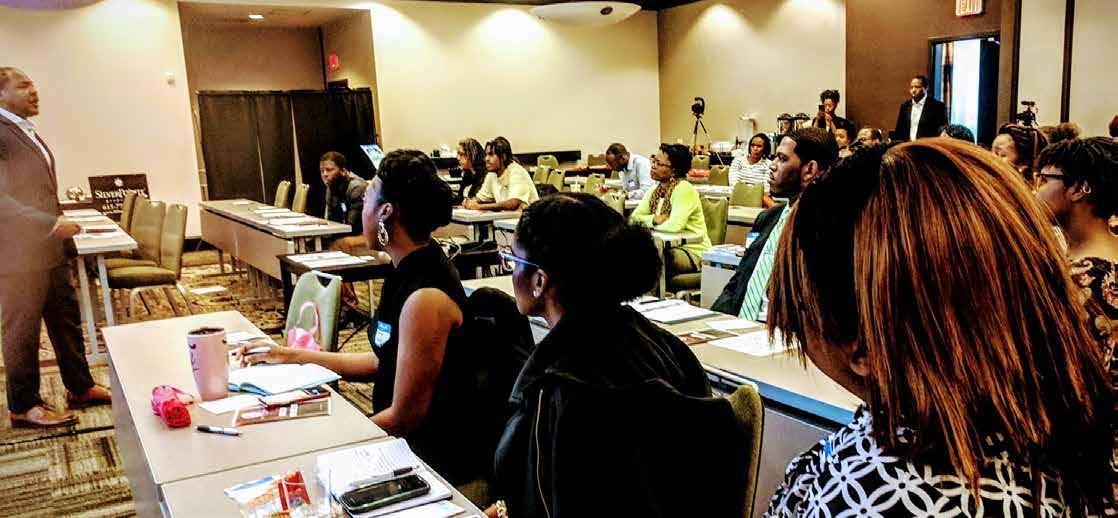
“Thank you! For the energy and the inspiration! Loved your message. Feel fortunate that we crossed paths ” Michael W.
“The speakers and sessions helped me better align my vision for my life. …If you are serious about pursuing your dreams, I recommend Momentum. It will change your life!”
Juandreka G.“A pleasant surprise. I initially thought it would be a lot of general rehash of concepts I have heard over the years. It has turned out to be refreshing new approach to: Identifying employee qualities to gain “buy in” on new ideas
An introspective approach to our own leadership style Daily activities to build upon new concepts
Already had a one – on – one with Adrian. He brought some new ideas and challenges to my leadership approach. Super program.” Jon. S.



A Studio is a place where creators do their thing. Studio Bank exists to empower creators. Whether you’re designing a company or creating a better life for your family, crafting a song or writing code, orchestrating social change or enhancing the quality of care, we launched Studio Bank to collaborate with you. We empower creators by providing meaningful financial resources and human connections that make an impact, by serving those in our care and in our community with our very best, and thereby achieving superior results.
With its launch in 2018, Studio Bank became the first new locallyheadquartered bank to start in Nashville in a decade. Studio started like most things in Nashville, with a group of friends and a dream: What if a bank could become a force for creativity, instead of an obstacle to it? With that question in mind, we began to rethink and reinvent the typical banking experience. Fusing innovative technology with a zeal for genuine hospitality,
we created a bank that is uncommonly modern and surprisingly human. From our offices in the Nashville area and through our community of members, we are relentlessly committed to the future of our city and its many influences beyond.
With decades of banking experience, we bring the best of both worlds: the sophistication of a larger institution but the unparalleled client service of a great local bank. And we’re more than just bankers. We’ve lived on the same side of the table as our clients- starting companies, building organizations, raising families, making art, and doing the things creators do. We know Nashville and love to serve Nashville. We are here to make an impact.
Studio Bank represents a diverse coalition of local founders, board members, owners, advisors and clients. From our city’s recording studios to its
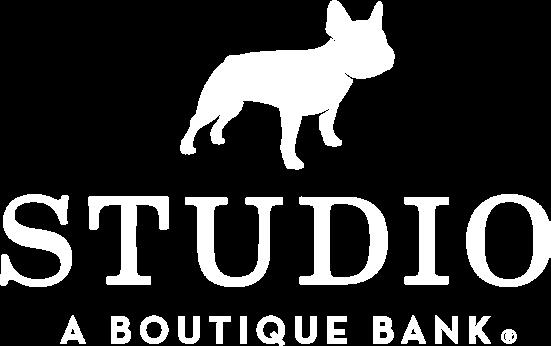
board rooms, our Governing Board of Directors and Founders’ Advisory Board is comprised of those who have invested their lives creating organizations, experiences and art we love. Together, we’re eager to empower our members and support what they are creating.
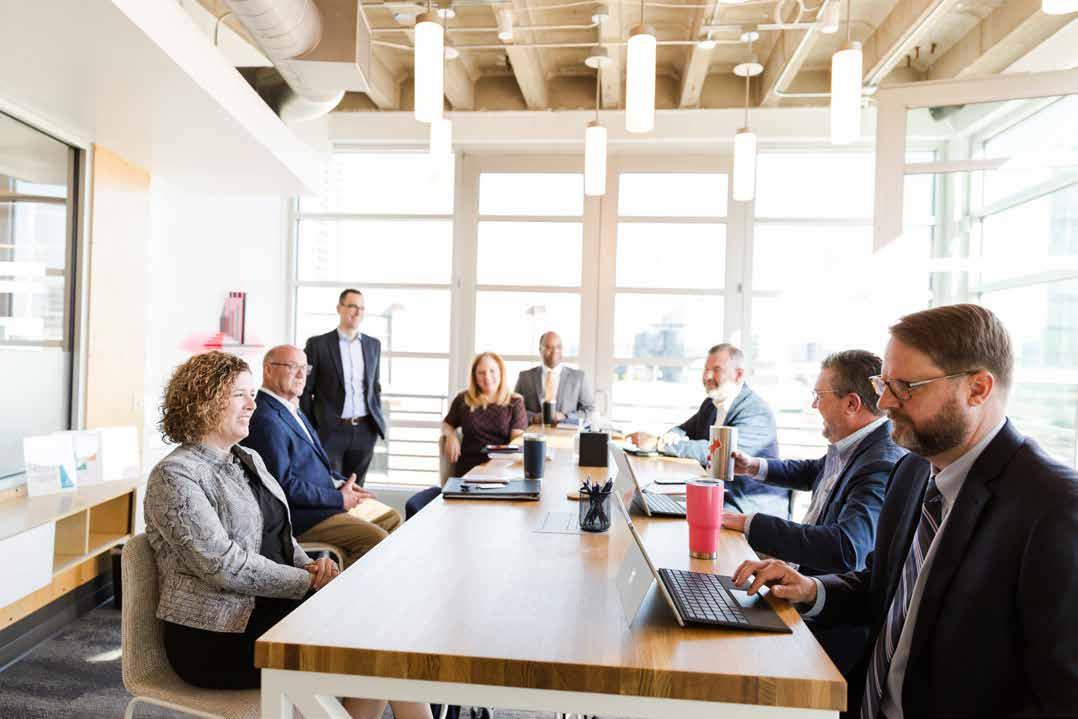
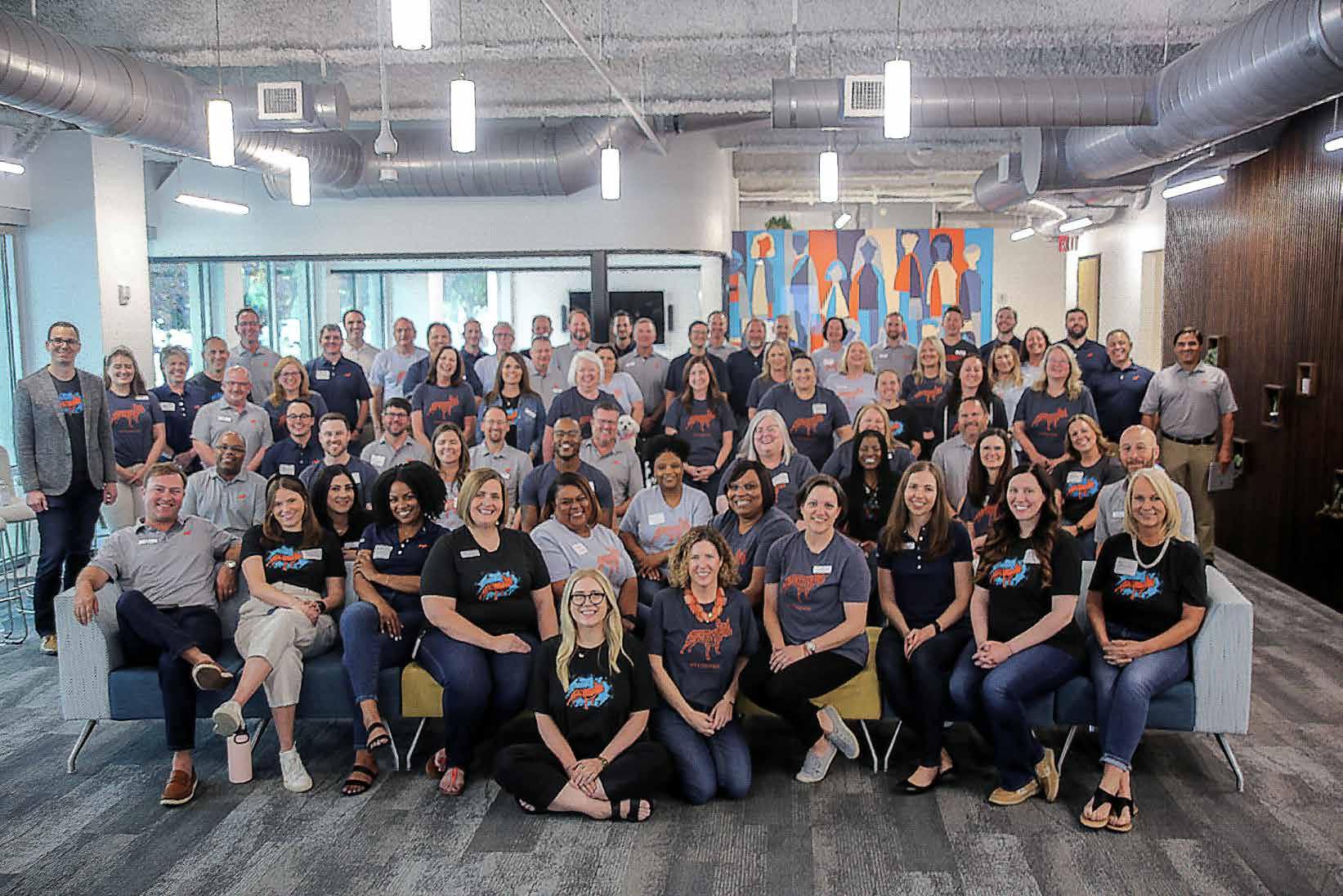

Half of Studio’s existence has been navigating a global pandemic as well as its effects on our clients. During a time of need for our clients and the greater community, Studio’s assistance in procuring Paycheck Protection Program (PPP) loans resulted in sustained businesses and retained jobs. As a young company, the value of our efforts was more than $46 million,
representing the preservation of more than 3,800 jobs during the first two years of the pandemic. And all of the PPP loans issued through Studio Bank qualified for full forgiveness and did not have to be repaid by the borrowers.
Our team is surpassing business goals by surpassing client expectations. When Studio Bank was founded in 2018, we had high expectations. We knew we had the right team with the right support in the right community. We believed in what Studio Bank could be, and we were determined.
Nevertheless, we also knew success wouldn’t come easy. There hadn’t been another “de novo” bank- a true startup from nothing- since the Great Recession, Nashville was rapidly evolving, and the establishment competition was strong.
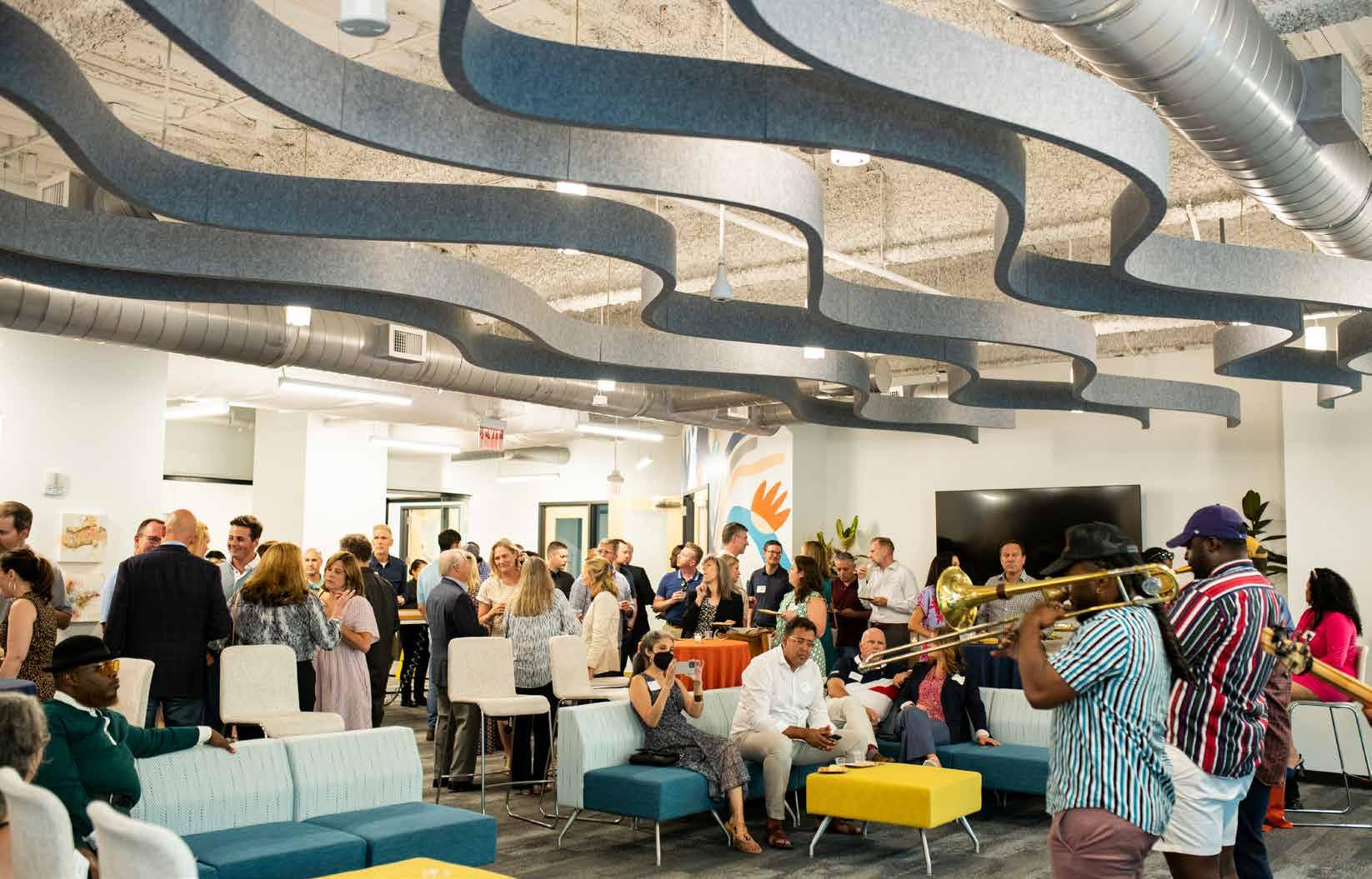
Now, four years later, reality has surpassed even our initial optimism. Across many metrics, we’ve surpassed our projections. Our results are a testament to the strength of our community. Studio Bank’s success is largely due to the incredible collaboration of local investors, local client members, and local bankers. What’s been created is truly extraordinary.
Since our inception, Studio Bank has had roots in Williamson County. For many of us, it’s home. But it’s also where many of our clients live, work, play and serve. That’s why it is a natural next step in our growth. Over the last year, we have added a team of Williamson County’s top bankers and in July 2022, we opened a second headquarters in the heart of the growth of Williamson County along McEwen Drive.
Over the last four years, we have added many new members and roles to the Studio Bank team. From client-facing bankers and relationship managers to those who keep the systems going behind the scenes, we’ve got the best team to serve our ever-growing client member community. In each of the last four years, the Nashville Business Journal recognized Studio Bank as a Best Place to Work. The credit for this honor goes to each of our team members; every member of the Studio Bank team plays a huge role in making this truly a wonderful place to invest our efforts.
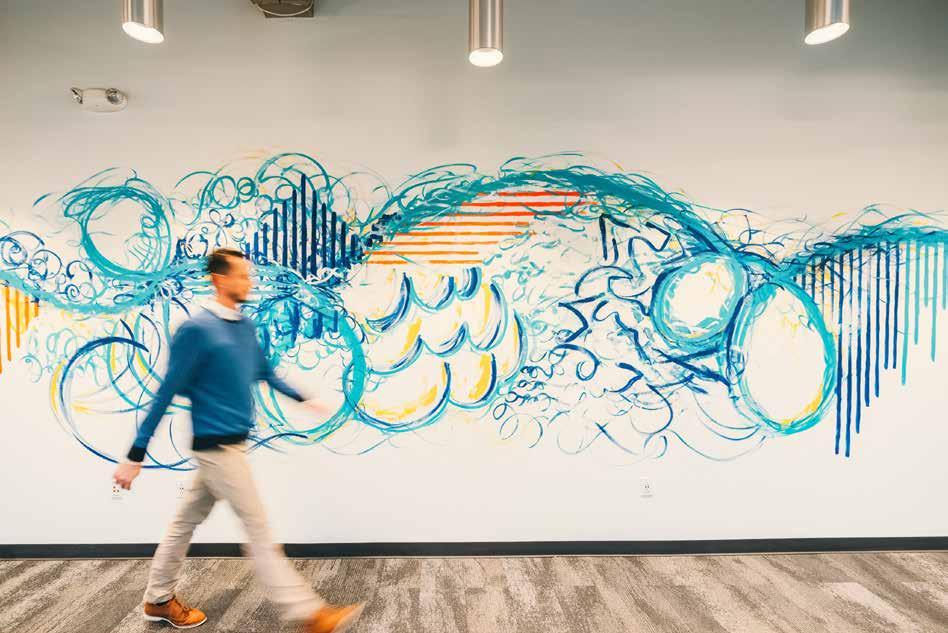
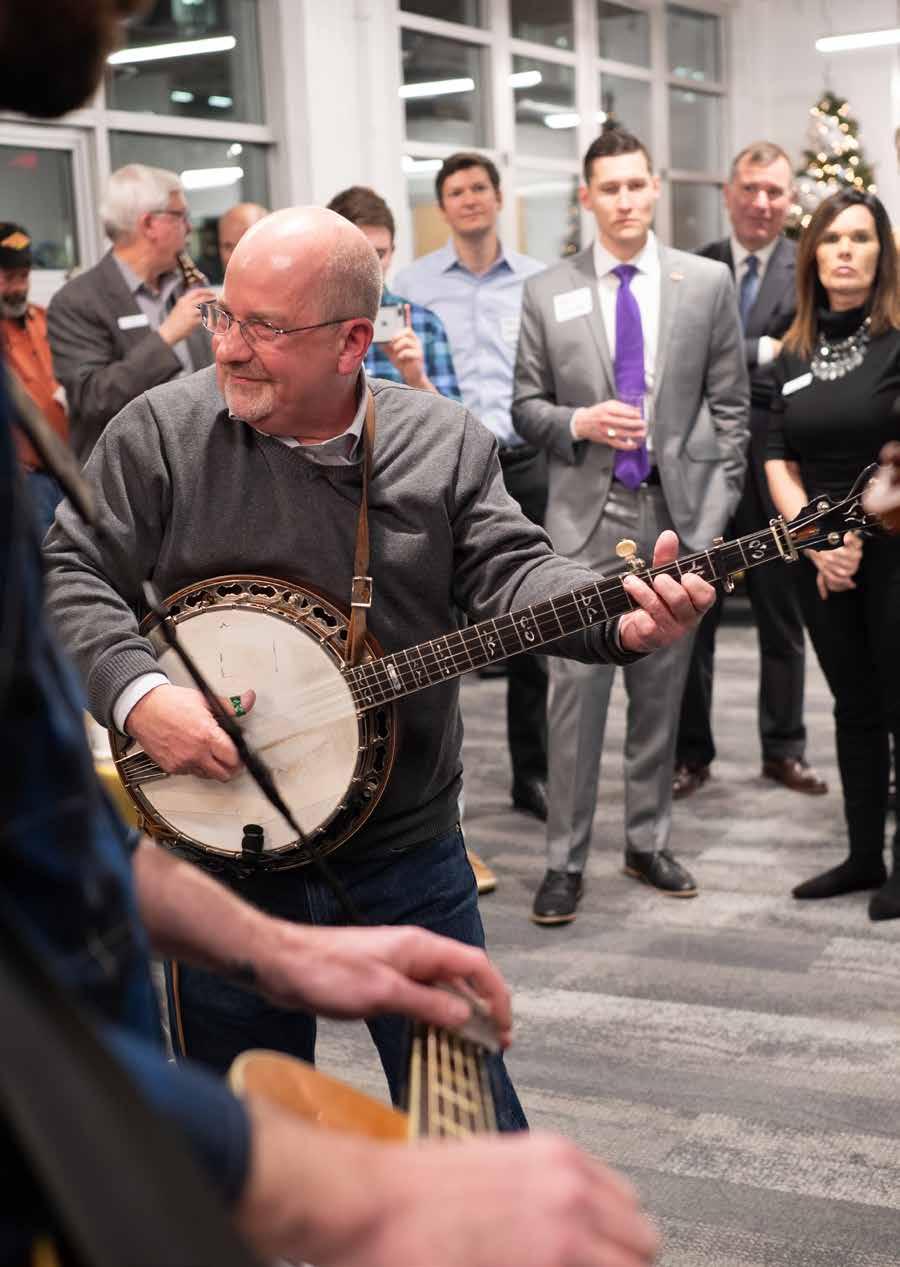
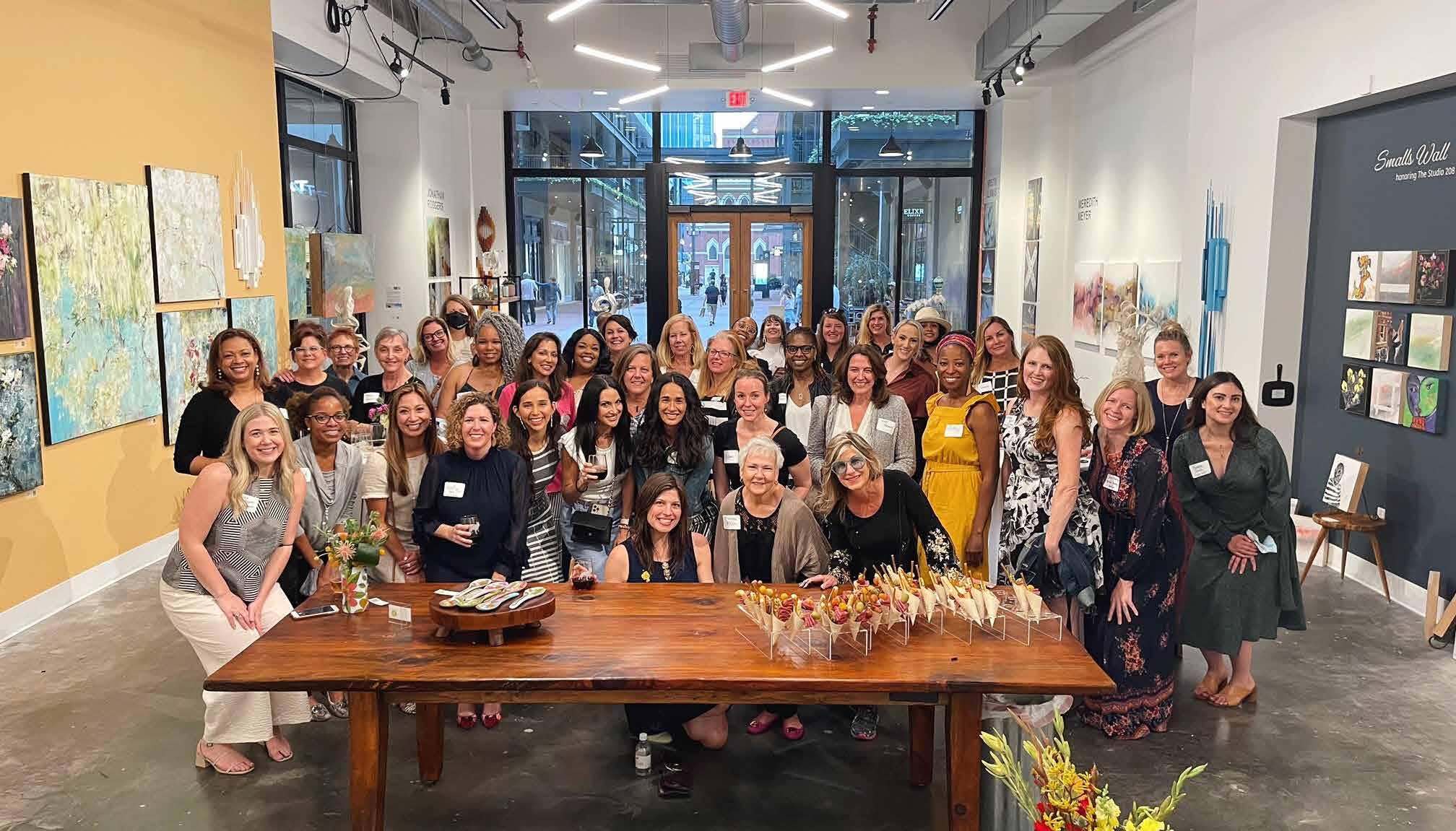
Studio Bank is made up of banking veterans and community leaders. As Nashville’s newest locally-headquartered bank, Studio Bank’s directors, executives, and team members are deeply committed to the Nashville Community and serve our city in a variety of ways. Each of our leaders serve as board members of local organizations, as do many of our teammates. Through active participation, donations, and volunteering, Studio Bank has been involved with over 45 local civic and charitable organizations. And through special lending programs to provide capital to underserved communities, providing down payment assistance for home mortgages and investing in affordable housing development, and teaching financial literacy, we continuously seek opportunities to be part of impactful change throughout our community.
studiobank.com
As Kevin Jones’ right-hand and most trusted advisor, Abigail Lucier drives and executes strategic direction, and fulfills the company’s pursuit of product, technology, and human talent via acquisition.
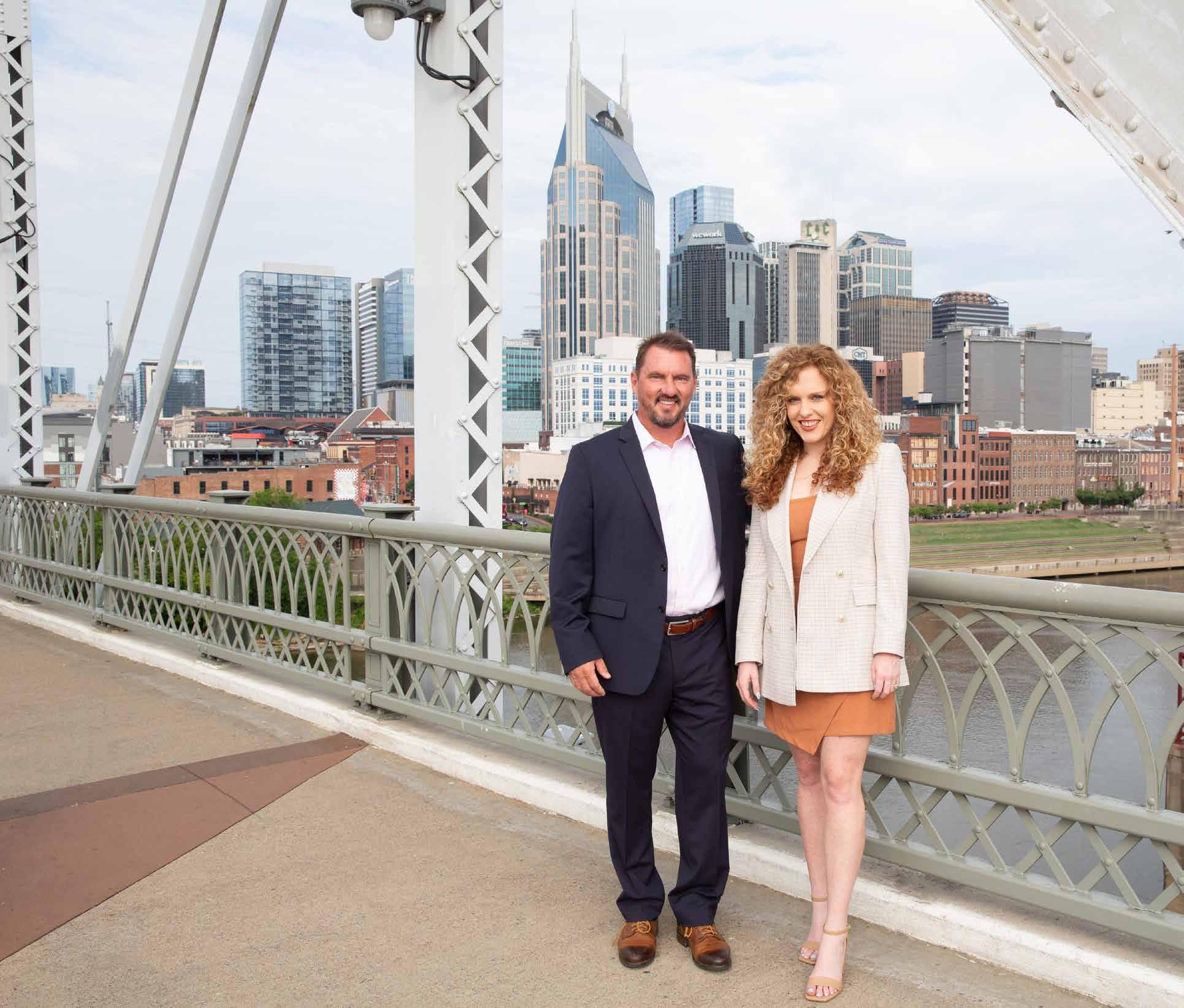
We know that we can deliver that by leveraging our investment in FinTech and our commitment to partnerships with community/regional banks. It is this combination that truly empowers local businesses in a way that enables them to compete and win in this ever more complex and competitive market.
Oftentimes, bankers are challenged to know what is happening within their own client base. Celero uses proprietary technology and human-driven processes to make community and regional banks more competitive, not only against the larger direct competitor banks, but also the rising tide of FinTech companies. Many of our bank partners are unaware these FinTech
companies have begun offering business checking accounts and lending solutions, which threatens key areas of profitability for them. Analytics and artificial intelligence are capturing business owner and customer activity data to create payments ecosystems for FinTech companies that do not involve banks. This threat to fee, loan and depository income is real and growing.
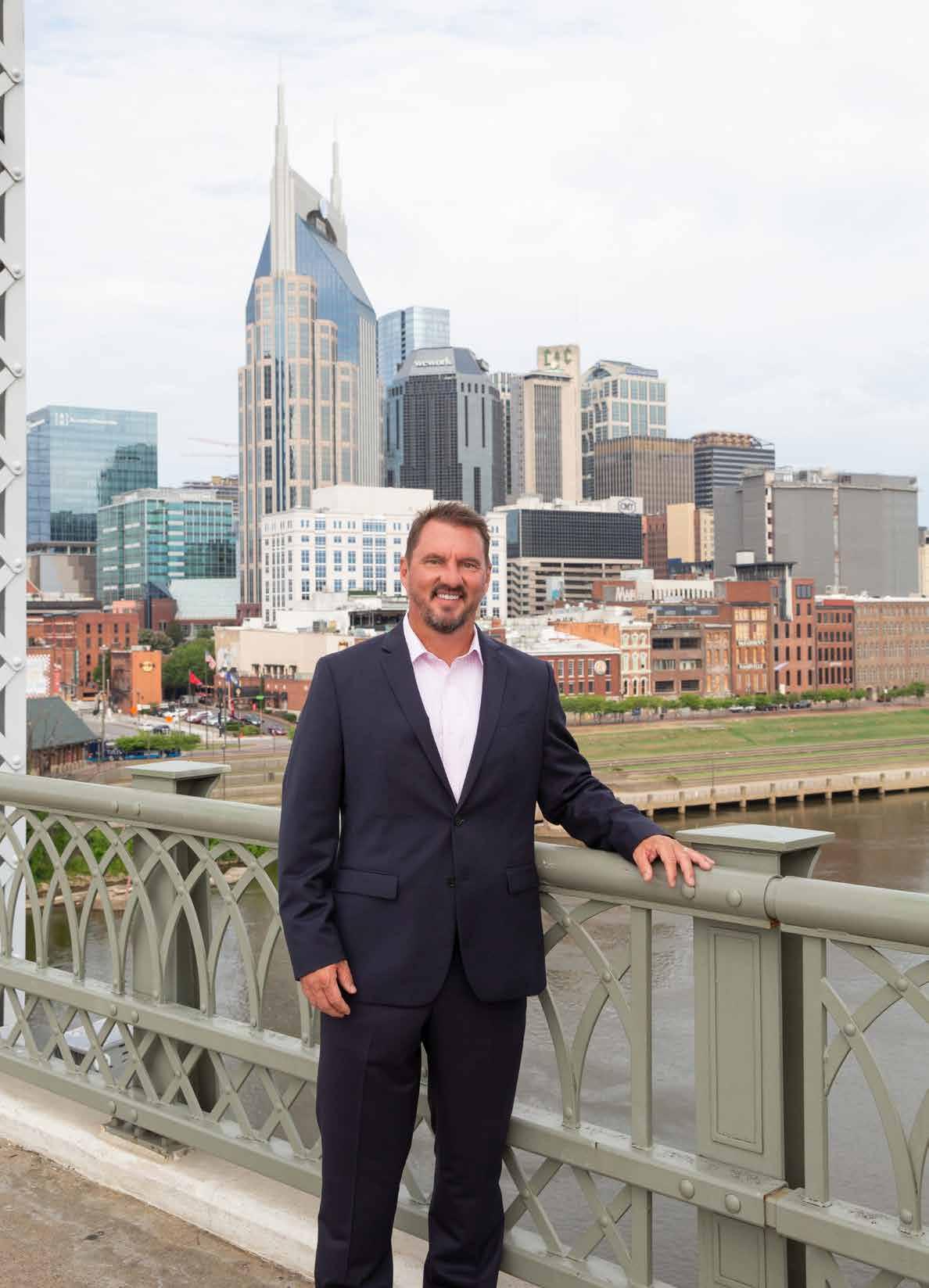
With the help of Celero, banks can now identify their target market opportunities and get armed with the facts they need to protect their merchant base and grow it. We have created solutions that act as a FinTech attachment complimenting banks core products (instead of competing with them), creating a powerful combination that helps SMBs thrive. We analyze
 Kevin Jones, CEO
Kevin Jones, CEO
their data, identify opportunities, and provide the technology solutions needed to improve the merchant’s business operations while enabling a frictionless boarding and customer management process for everyone, which means savings for their customers and more income for the bank.
We put our bank partners in a position to win, especially since their victories are aligned to the success of their business customers. Happy customers— those who have the payments capabilities they need coupled with the business management technology solutions that empower them—will see their bankers as partners who enable their success, rather than simply trying to maximize their own income at a product level.
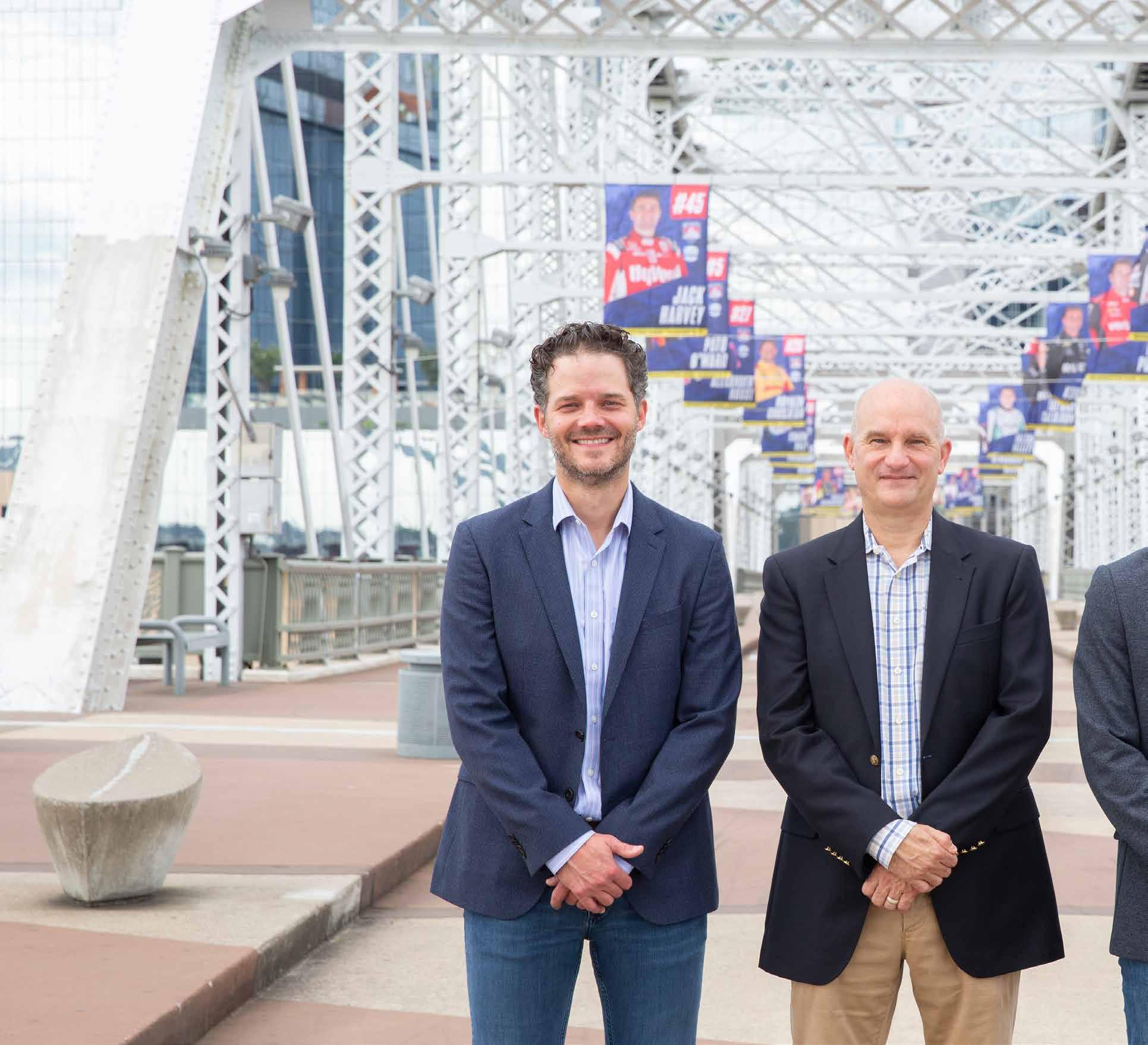
Our bank partnership leadership team is comprised of industry professionals who assist in this endeavor every day. As leaders of our bank channel, Jim Harris, and Matt Moore drive innovation by staying at the forefront of the financial institutions market and corresponding relationships. Their teams are in front of bank partners every day, continuously listening and strategizing to keep these partners competitive. They identify what banks
need, what areas can be improved upon, what innovations they need to lead and differentiate in the marketplace and deliver clear feedback to the organization. That feedback drives our strategic planning and development initiatives.
Complimenting these efforts, our Mergers and Acquisitions team, led by Abigail Lucier, searches for acquisition targets that provide the right set of products and technology that contributes to the success of our bank partners and ultimately their customers. Abigail continues to explore opportunities to add vertical and horizontal technology aligned with our strategic approach to the Celero arsenal. These companies also bring a mix of strategic, geographic, and human benefits for our bank partners.
Another key component of innovation is our internal technology development, which is spearheaded by Chief Technology Officer Charlie Berard, whose goal is to ensure efficiency though automation while providing the best in-class experience. Charlie oversees the development and adaptation of middleware technology that positively impacts our bank partners with features such as frictionless merchant onboarding, streamlined management of risk and underwriting, support functions, and finger-tip access to valuable data insights.
Through these efforts, our bank partners no longer need to feel threatened by FinTech companies who are creating payments ecosystems that do not involve them. They can stop trying to keep up and be the leaders in the market.
For community banks to fulfill their mission and continue to better serve those in small towns and underserved urban neighborhoods, as well as all Americans, they need the right strategic partners, the right products, and the right tools to succeed. Celero has made it a mission to be innovative and accessible and assist in their growth every step of the way.
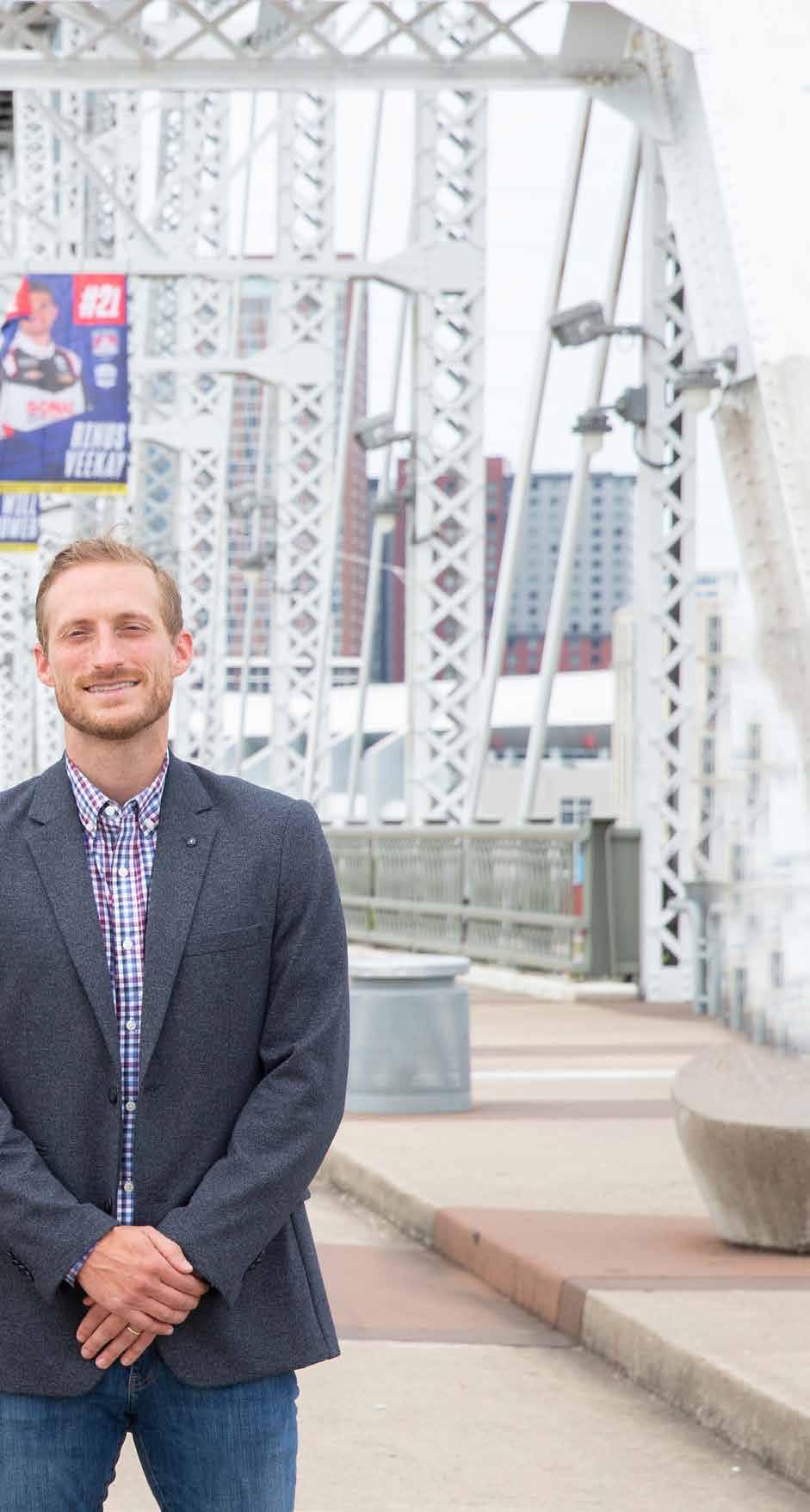
It’s not often you hear about companies that thrive for over a century, but FirstBank, from its humble start in rural West Tennessee in 1906 continues to evolve and conquer 117 years later. From its original mission of serving a small-town farming community, FirstBank, headquartered in Nashville, Tennessee with a multi-state presence, aims to be a thought leader and innovator in bringing blockchain and Web 3.0 technology into the highly regulated banking industry.
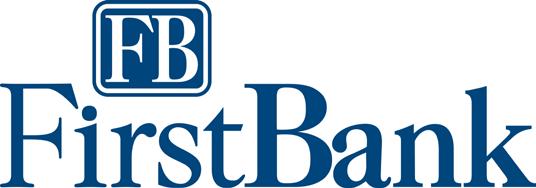
“We are on the cusp of a massive wave of disruption at the infrastructure level of the financial services industry,” said Wade Peery, Chief Innovations Officer at FirstBank, the third largest bank headquartered in Tennessee. “Fifty-year-old payment rails supporting the economic activity of our country are slow and expensive due to unnecessary layers of intermediaries. By responsibly exploring new ideas using blockchain technology outside of production environments and a goal to align with existing regulatory framework, FirstBank is validating that banking can become more accessible, inclusive, and efficient with less risk.”
A major initiative by FirstBank has been its founding member status in the USDF Consortium, launched in 2022 alongside four other chartered financial institutions and Figure Technologies, Inc. The mission of the Consortium is to bring programmable money to life through tokenized bank deposits using distributed ledger technology, typically referred to as blockchain. USDF aims to become the banking industry’s answer to the need for a digital dollar.
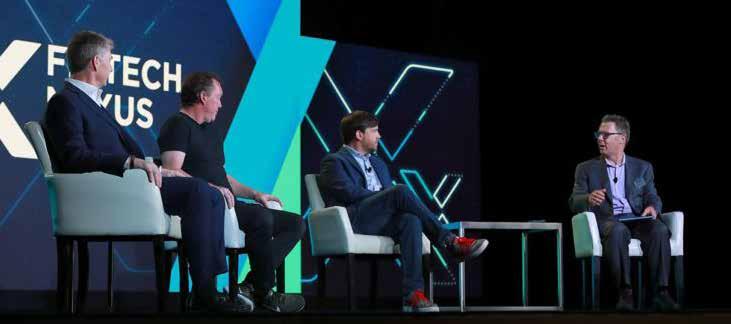
To benefit by using blockchain as a payments rail supporting safe bi-lateral settlement, new technology is needed to move money between fiat held in a bank account and a tokenized deposit on chain. Creative and collaborative thinking with key partners Jack Henry & Associates and the USDF Consortium has already resulted in a Provenance blockchain based prototype delivering realtime peer-to-peer payments at roughly one-third the cost of existing solutions. The partners’ multi-phase development approach offers regulators and other banks an opportunity to lean in and further understand this new technology and its resiliency.
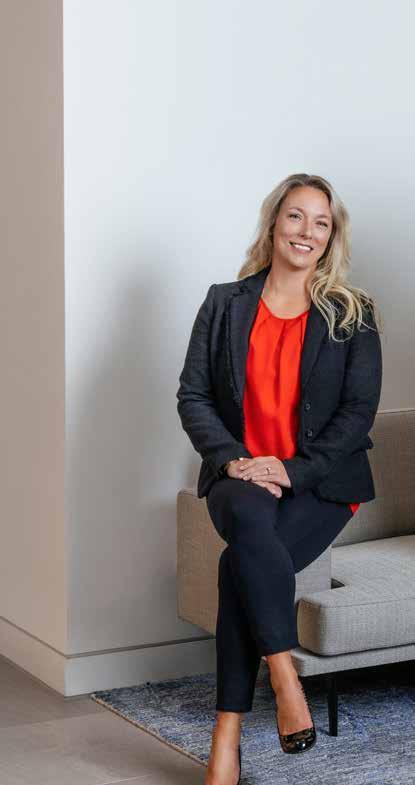
“This is far removed from the novel digital assets that customers hold in the crypto ecosystem. Our work has nothing to do with cryptocurrencies, privately issued stablecoins, or crypto exchanges. It’s the boring stuff on the backend that enables significant efficiency improvements translating into better banking services benefiting consumers and businesses,” said Peery.
FirstBank is also setting the bar for banking innovation in Nashville. A focused approach is bringing new ideas and opportunities to the bank almost daily. Equipped with a group of deeply experienced bankers dedicated to
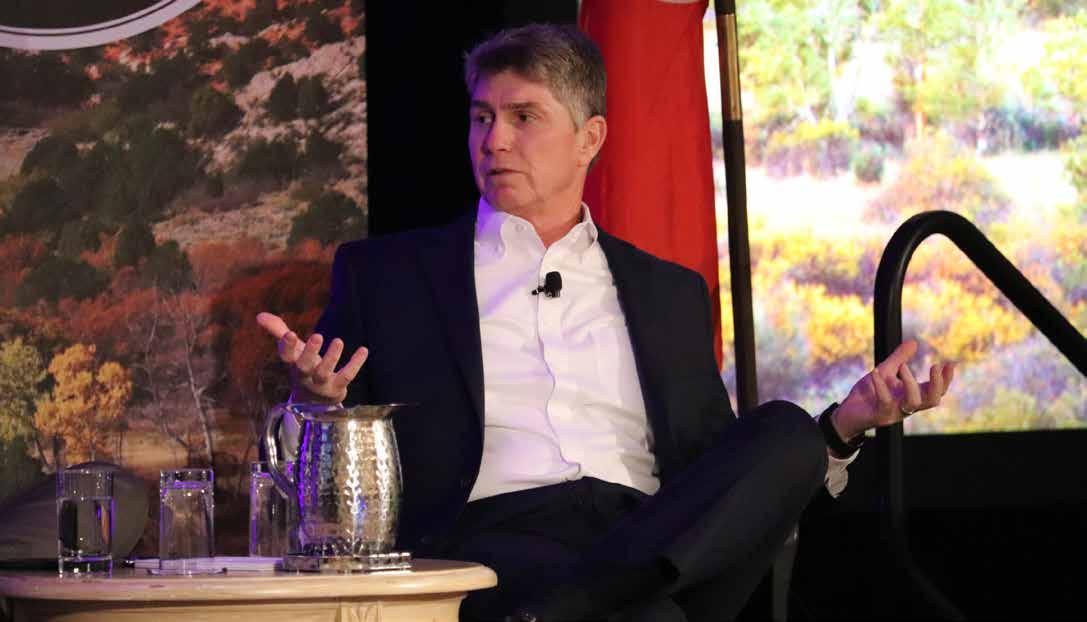
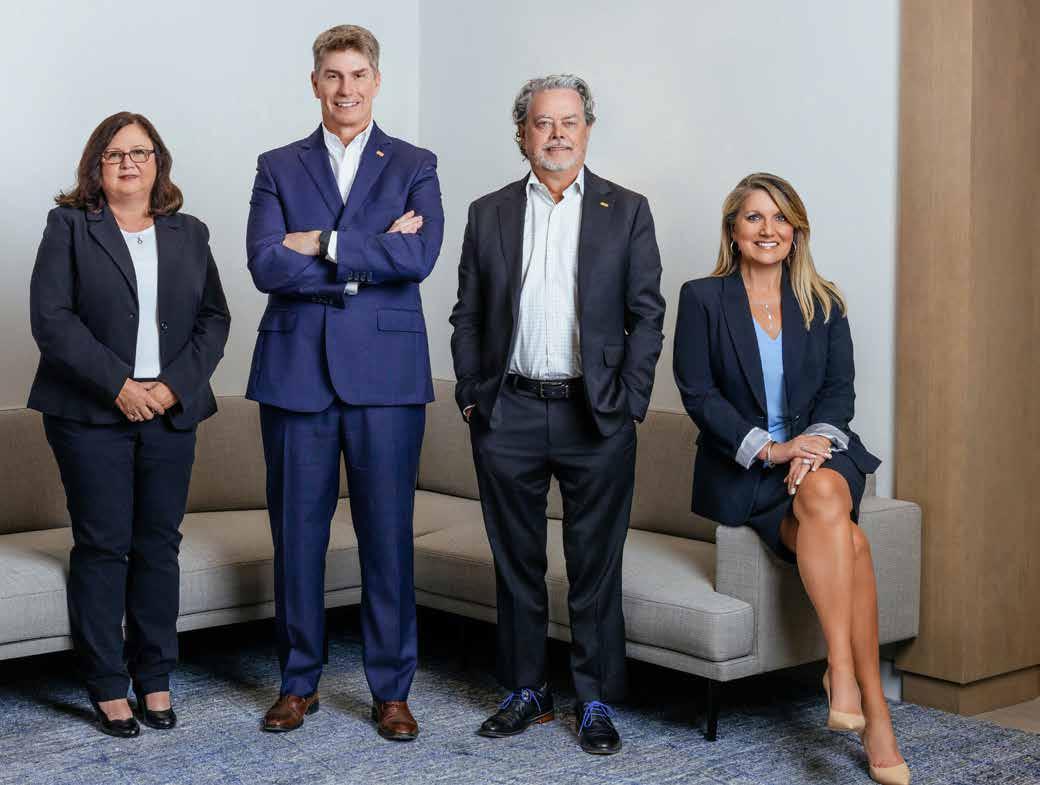
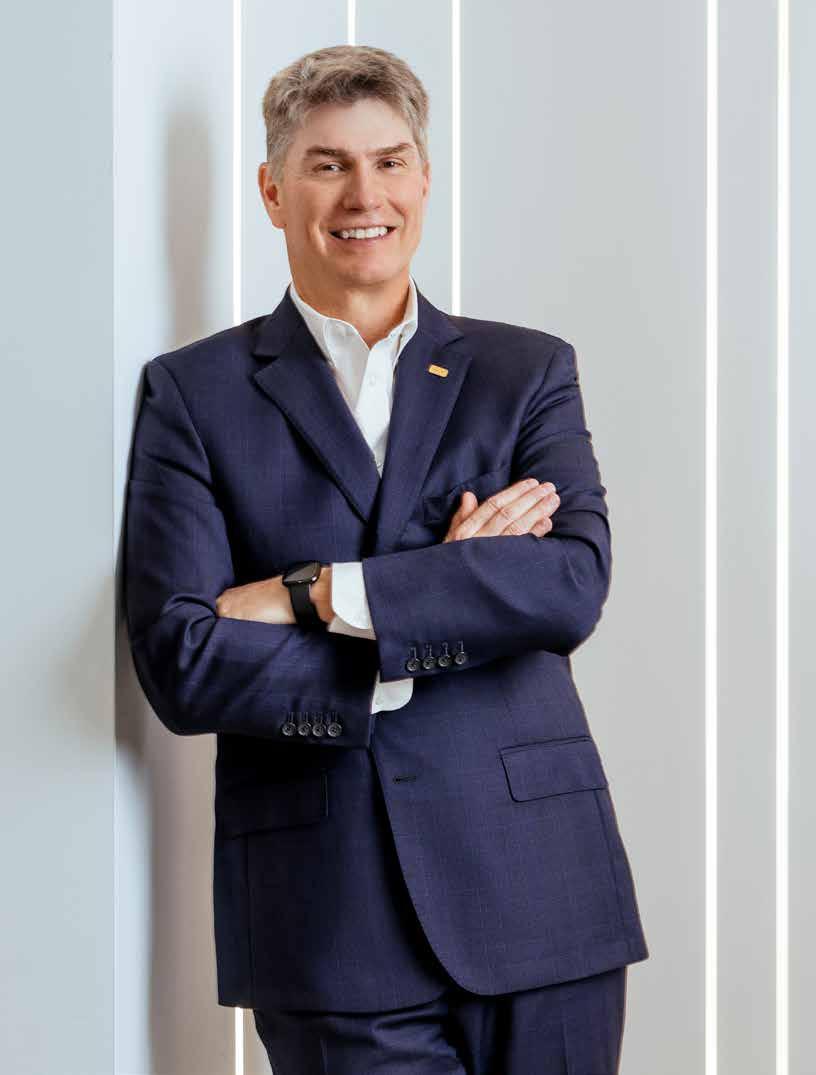
innovation efforts, the bank is positioned to serve key needs of earlystage financial services companies with promising solutions. Offering advice and mentoring drawn from deep banking expertise and the willingness to provide capital to early-stage founders increases the likelihood of successful projects. An open-door allowing founders to have discussions with career bankers to better understand problems and the insight to help navigate the regulatory environment is of tremendous value.
A budding new relationship with Vanderbilt’s Wond’ry Center is one of several exciting local opportunities as the bank integrates into the Nashville technology community. With future entrepreneurs only a few blocks away, the bank is motivated to share its knowledge of the financial system and act as a catalyst to reimagine the future of banking with students. FirstBank is proud to be an industry leader and driver behind the Web 3.0 evolution while helping raise awareness of Nashville as an amazing place to build a business and call home.
Alto, a self-directed IRA custodian, is on a mission to provide everyday Americans the same investment opportunities long favored by wealthy and institutional investors. With an Alto IRA or CryptoIRA, you can diversify your portfolio beyond the public markets and invest in what interests YOU!
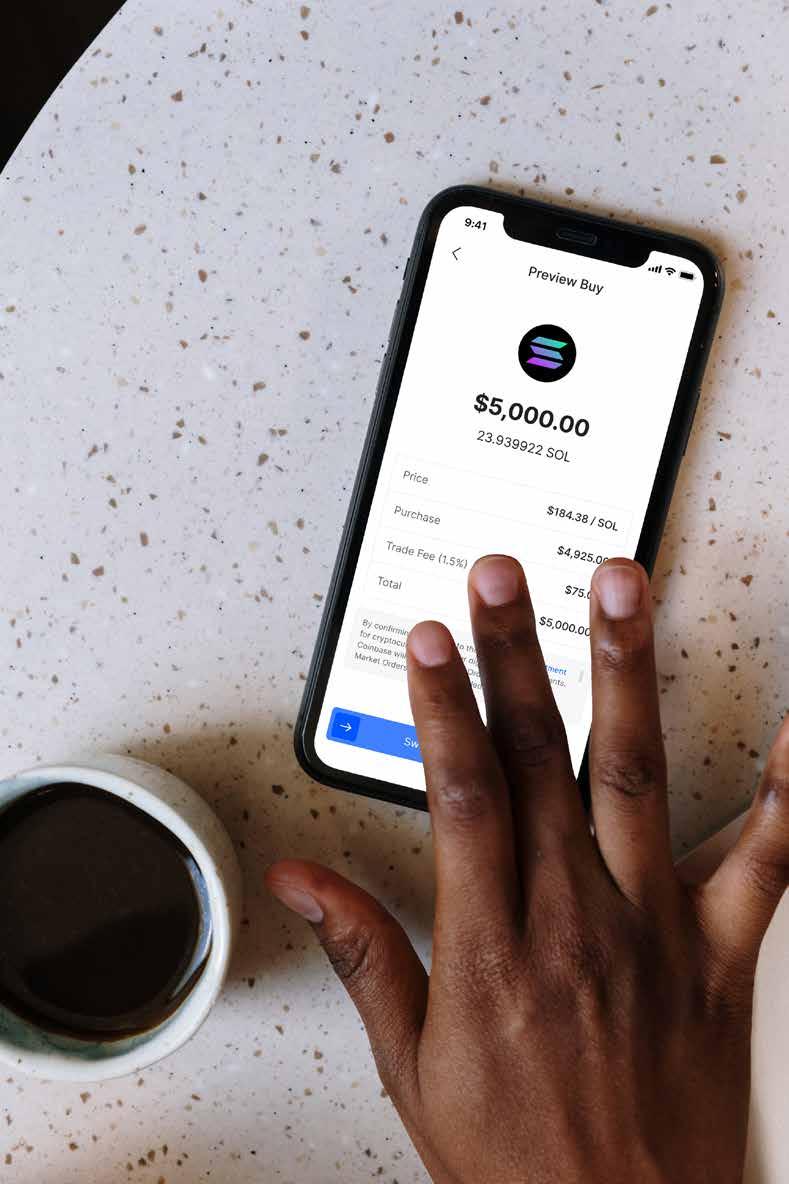
It used to be that if you wanted to invest in startups or other private investments in an IRA—assuming you knew you could—not only did you have to do pretty much all of it on your own, you also needed to be able to commit a sizable investment. Then you had to pay a custodian to file the paperwork you likely spent weeks completing with little if any guidance—if you could even find a custodian willing to consider it.
Eric Satz, Founder and CEO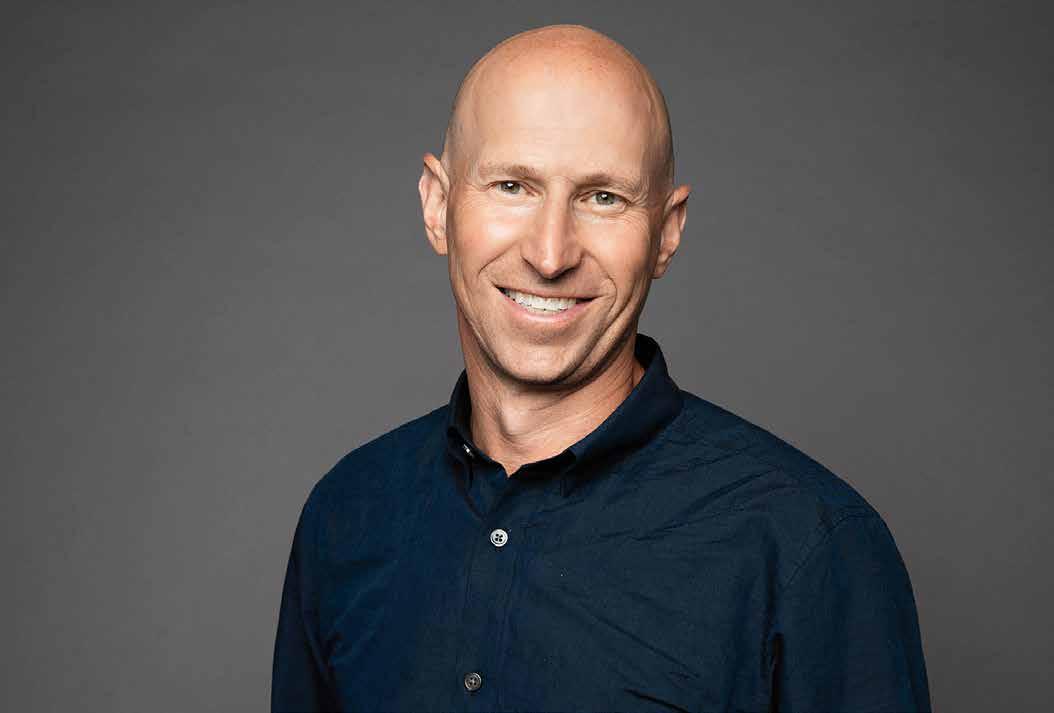
That was the situation Alto founder and CEO Eric Satz was in nearly a decade ago. At the time, he was managing a venture capital fund and wanted to personally invest in a business alongside the fund. But it wasn’t until he noticed his IRA statement lying on the kitchen counter that he wondered, “Can I use my IRA funds to make this investment?”
Individual retirement accounts, of course, offer tax advantages ranging from tax-deferred to tax-free gains, depending on the type of account.
Given the potential for outsized returns seldom seen in public markets today, along with the long-term nature of startup investments, Eric saw his IRA as the perfect vehicle for investing in alternative assets.
He’s far from the only person to realize the potential of self-directed IRAs, too. Peter Thiel famously used a self-directed Roth IRA to invest in the thenstartup PayPal, earning millions of dollars, which he later turned into billions by investing in early stage Facebook. By doing so in a Roth IRA, he’ll be able to take distributions completely tax free once he’s eligible in a few years.
Only Eric didn’t see a “secret” investment strategy. He saw an inequity. Why should the wealthy and well-connected have all the opportunities while everyday retail investors have only the public markets? Year after year, fewer companies were going public—and when they did, they did so later— meaning even fewer opportunities with smaller expected returns for Main Street American investors.
Making alternative investments and portfolio diversification accessible for everyone, not just the ultra-wealthy.
Portfolio diversification is one of the most important tools any investor can leverage because it spreads risk and increases risk-adjusted returns. Until recently, though, true portfolio diversification wasn’t available to most Americans, whose only investment options existed in the public markets.
Alto was created to make investing in alternatives something everyone can take part in by streamlining the self-directed IRA process and enabling individuals to use their IRA funds on popular alternative investment platforms such as AngelList, Masterworks, Republic, and even Coinbase.
Currently, Alto offers two consumer-facing investment products but has plans to expand its offerings to include additional asset classes and accommodate financial advisors.
Launched in 2018, the Alto IRA enables investors to allocate tax-advantaged funds to assets once available only to wealthy and institutional investors— such as art, farmland, private equity, real estate, and venture capital— without complicated or hidden fees. Thanks to the rise of fractionalized ownership, Alto makes it possible to invest in shares of startups, securitized collectibles, and more, for as little as $500.
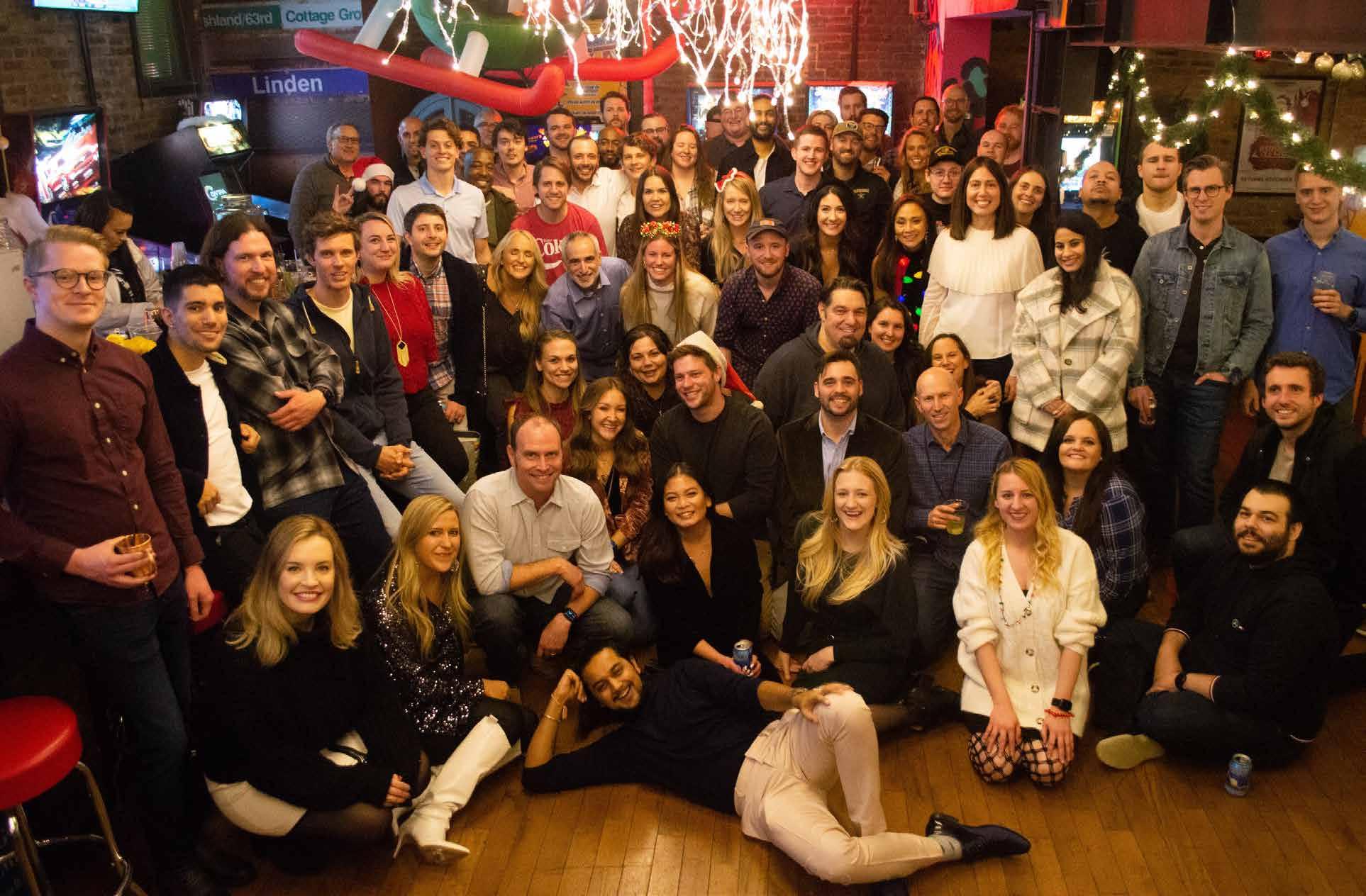
Where Alto IRA gives investors access to a wide variety of alternative assets, Alto CryptoIRA® was created specifically for investing in digital assets using IRA dollars, offering one of the largest coin selections of any crypto IRA. In addition to providing access to 200+ cryptocurrencies through its integration with Coinbase, and unlike many rival offerings, Alto CryptoIRA doesn’t require large investment minimums or charge monthly account fees. This makes it the perfect choice whether you just want to dip your toes in crypto or are an experienced crypto trader.
When Eric Satz first learned of self-directed IRAs, he had no plans to start a company offering self-directed IRAs. In seeking an improved solution for himself, he recognized an opportunity to help everyday Americans take greater control of their financial futures, and moreover, have real agency in thinking differently about financial planning and retirement. No hyperbole, Alto is a platform that can change the trajectory of the entire retirement industry for the better.
When we founded Lodestone Advisory Group in 2013, business leaders were tired of a management consulting industry that was a stiff, black box offering one-size-fits-all “solutions,” with little accountability on end results. Lodestone, named after the naturally occurring magnetic powder that gave early merchants and tradesmen the ability to navigate the globe and open up a world of opportunity, set out to do what clients actually needed: not handing them a presentation telling them how to do their own jobs better, but instead partnering with them on strategy and execution to deliver tangible and measurable results.
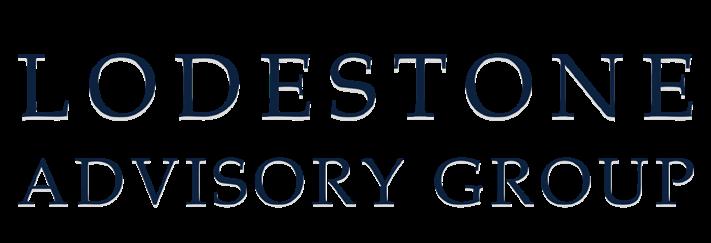
Our story is not conventional, nor is it linear. Our team’s backgrounds intersected at the crossroads of investment, entrepreneurship, innovation, law, and economic development / government. We came together to create and offer something different that we thought the market was craving based on our own research and experiences. At our core, we focused on being hands-on problem solvers.
We directed our initial efforts toward what we knew best: helping clients grow. As simple as it might sound, growth comes in different shapes and scales, and so do clients. International expansion, innovation, business transformation, strategy, fundraising, and capital events are all engines of growth. Equally, start-ups, small- and medium-size enterprises, large corporations, NGOs, research institutions, and government agencies are all constantly searching for opportunities to successfully capitalize on such growth engines. Our focus since day one has been on helping clients unlock these opportunities. Our approach, which safely assumes that business leaders know their industries as well as anyone in the space, prioritizes helping clients maximize impact by building, activating, and launching their future growth engines using a disciplined decision-making approach.
Along this journey, we have learned many important lessons. For example, when the private sector evolves, so should governments and regulators; however, this is not always the case in reality. Our team studied for more than a decade how many city and state governments retained, despite a substantial need for change, a traditional economic development model –
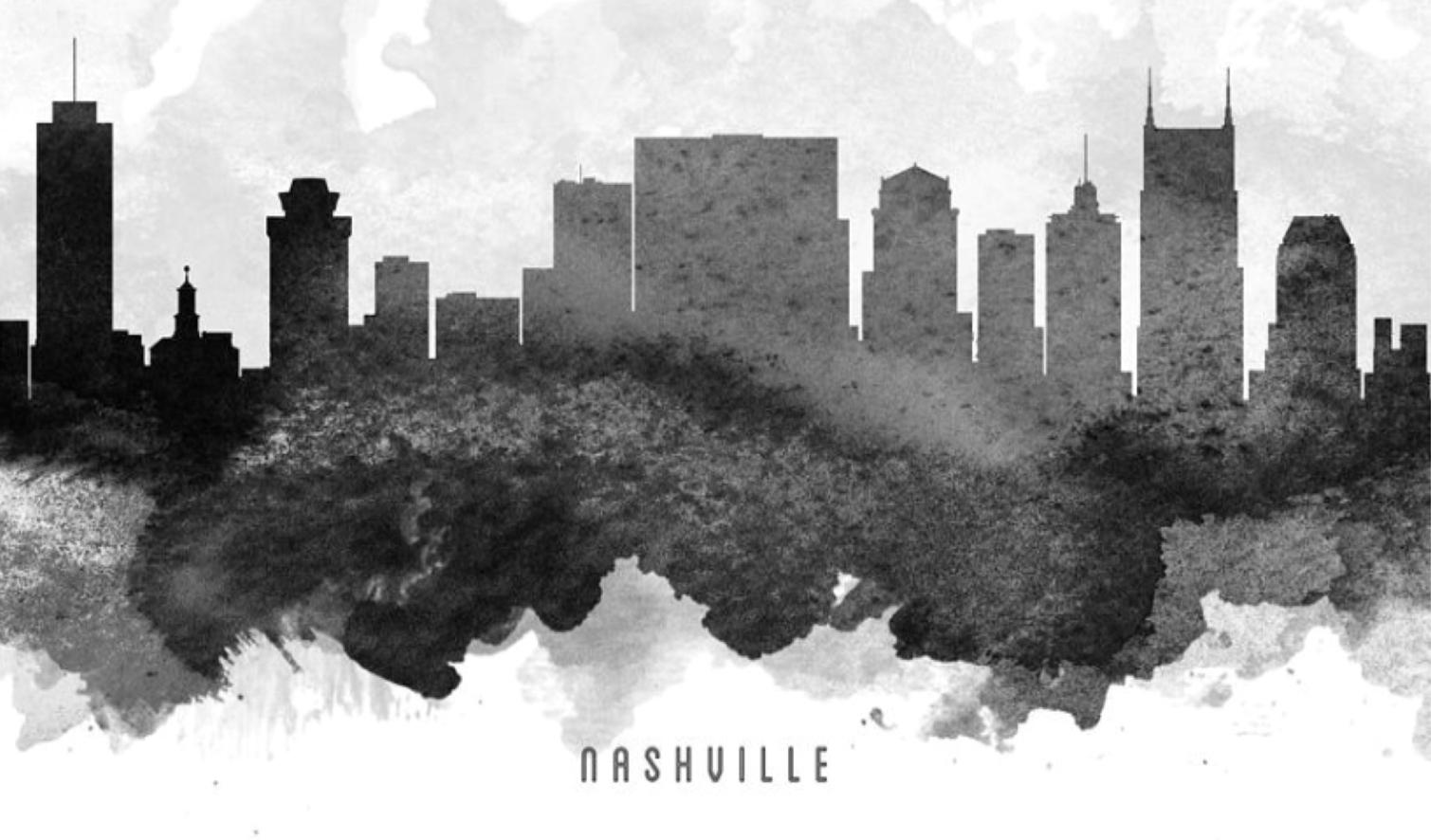
Lodestone Advisory Group is reimagining venture capital and economic development from the ground up.
spending enormous subsidies and forgoing future tax revenues to incentivize legacy industries to relocate operations – something that has left major parts of America’s urban, suburban, and rural communities decimated. The Fourth Industrial Revolution has rendered this model obsolete, and communities are scrambling for modern approaches to address the void left by empty factories and warehouses that once teemed with solid, well-paying jobs.

In response, we launched Lodestone Growth Labs, which turns the traditional economic development model on its head. Growth Labs equips local governments, communities, and economic development organizations with the tools to transform their economies and achieve sustainable growth from the ground up by creating ecosystems of innovators, small businesses, inspiring local entrepreneurs, and recruiting foreign direct investment from multinational companies and equity investors. We successfully refined this effort across global markets, and brought it back right here to Tennessee, where the majority of our state’s counties are suburban or rural.
Separately, our Lodestone Ventures story began in 2015, when we combined our growth strategies with internationalization to support the launch of an innovative technology startup accelerator concept across multiple global markets. The participating companies outperformed their peers focusing on their immediate domestic markets, raising over $60 million, and creating over 2,000 jobs, with over half of the companies that completed the program successfully scaling internationally. At the same time, we began investing in and advising startups and are now introducing a first-of-its-kind venture capital concept that will invest in Seed and Series A stage ventures at the intersection of emerging technologies and industry. Our VC platform will support the growth of portfolio companies through a proprietary program, Lodestone Growth Labs for Startups, which equips company founders and leaders to adopt new venture best practices and capitalize on global business opportunities.

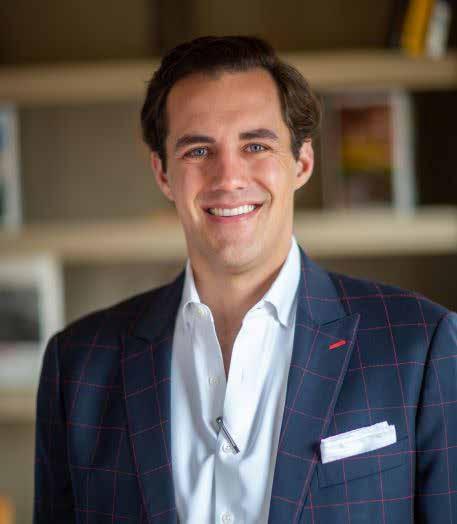
We believe Nashville has the potential to be a world class economy. What it needs to realize its potential are sound economic strategies, an authentic and functional innovation infrastructure that is positively disruptive, and a true entrepreneurial ecosystem that embraces and creates access to opportunity for people from all walks of life. As we continue to expand our management consulting and venture capital offerings, we are looking forward to being a part of the change taking place here in Nashville, in Tennessee, and across the Southeast as these economies continue to diversify and scale.
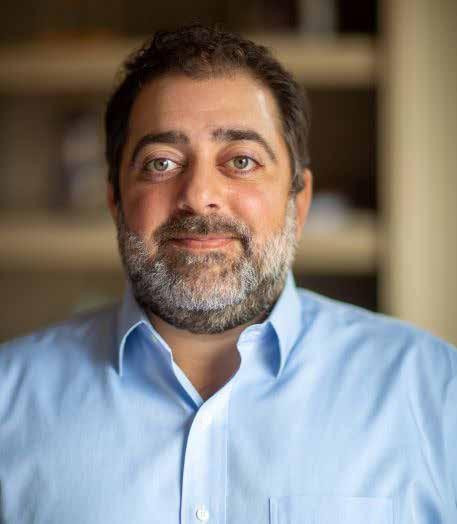


“Tell me and I forget. Teach me and I remember. Involve me and I learn.”
—BENJAMINFRANKLIN
Software should solve problems, not create them. However, the process of developing software has its own set of bugs.
In 2021, 48-percent of software development projects ran over budget and a third over time, according to a Deloitte study. These project pitfalls stem from a lack of transparency and proper execution.
Three years ago, serial entrepreneur and 25-year software development veteran Kishore Tummala launched bundleN, a full service software development firm based in Brentwood, Tennessee, to solve the software dilemma.
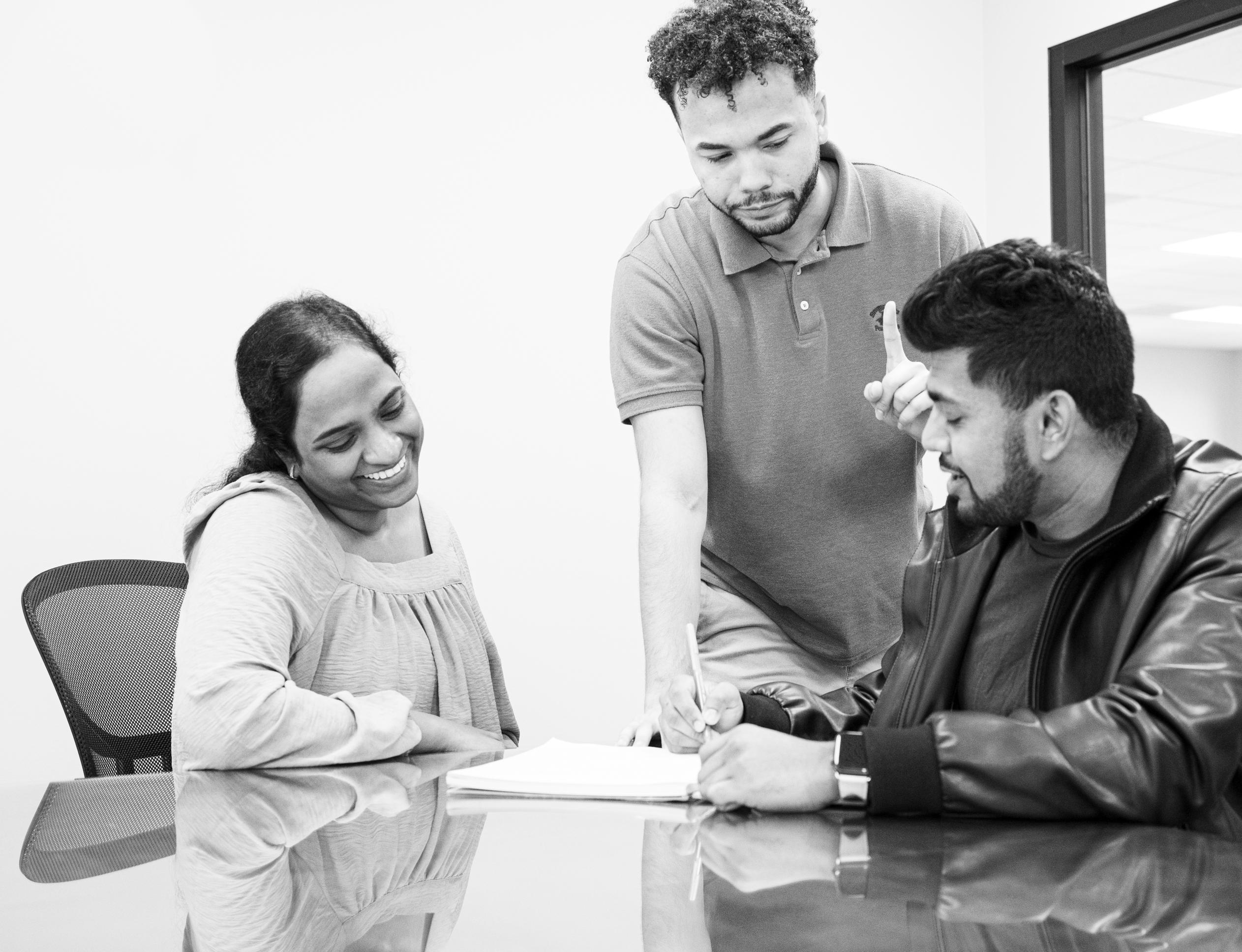
bundleN employs capital efficiencies and transparent communication to deliver quality software beyond expectation.
Since 2019, Tummala’s agile team of 56 developers has co-created more than 40 software solutions for 25+ businesses ranging from startups to Fortune 500 companies.
The Music City has found its voice as a tech hub. Founders and startups have flocked to the city due to its pro-business politics, creative scene and comparatively low-cost living.
However, there are still significant gaps within the burgeoning ecosystem. The greatest among them being software development. In a 2022 survey detailing the needs of Nashville founders, more than 50-percent of respondents said software development was the most significant need.
bundleN is passionate about startups and fulfilling founders’ development needs.
Last year, bundleN designed and developed software applications to launch five Middle Tennessee startups — ranging from healthcare to on-demand trash pick service — including WhiteCoat AI, newpr, Jodobee, MiterHealth and Pckitup.
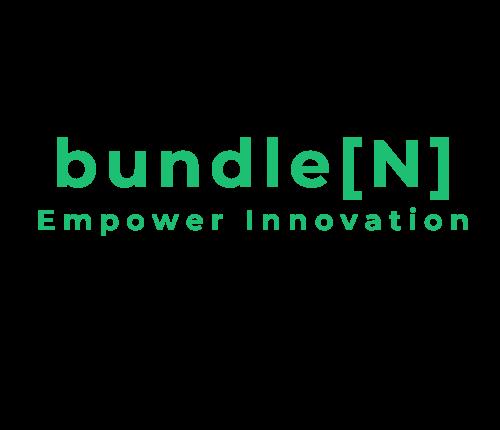
Tummala hopes to double that figure in 2023 and take 10 startups from concept to commercial product.
Invested in Middle Tennessee
bundleN is invested in the Middle Tennessee ecosystem. The forward-thinking firm builds for area businesses and recruits top talent from local universities.

90-percent of the company’s clientele is based in Tennessee.
More than half of bundleN’s new hires in 2022 were recent graduates of area universities including University of Tennessee Knoxville, Tennessee Technology University and Middle Tennessee State University.
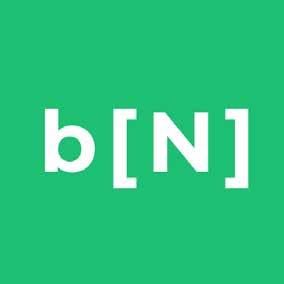
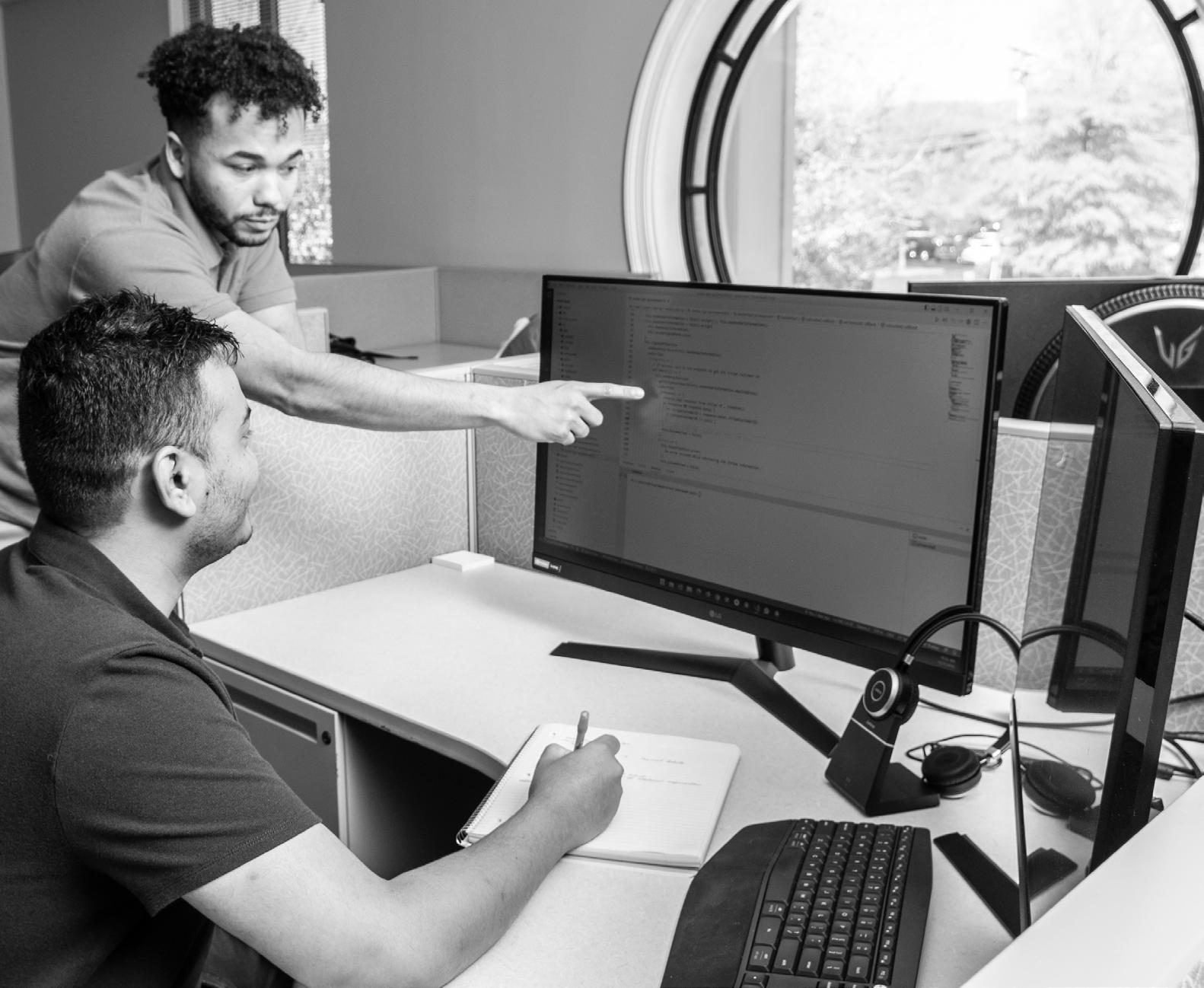
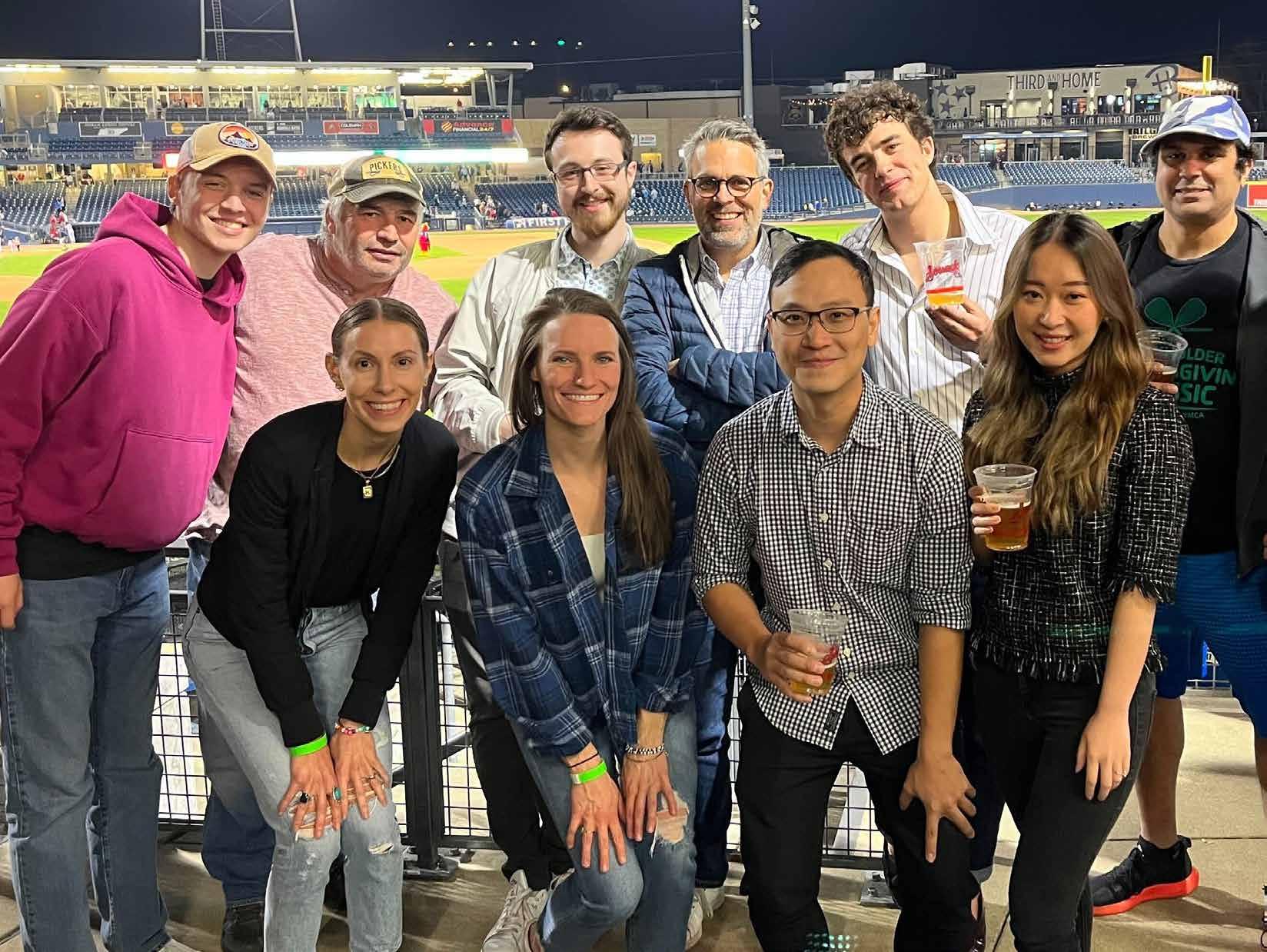
DARVIS empowers companies with ultimate visibility of objects, processes and efficient solutions. This productivity as a service platform uses cutting edge artificial intelligence and computer vision technology to track objects and processes with the highest precision and privacy standards on the market.
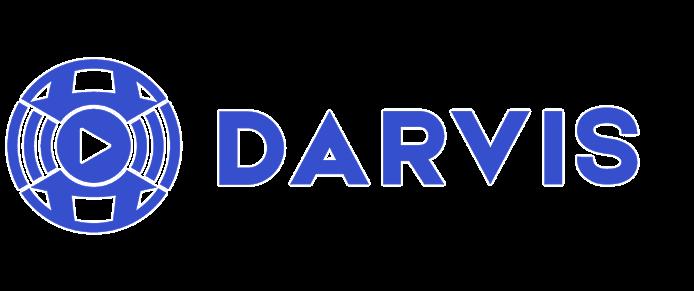
Using an existing camera infrastructure, DARVIS converts images captured into real time data that is stored on a custom dashboard.
This provides unique insights into areas of interest - enabling companies to automate, document and predict efficient flows of staff, equipment and processes.
DARVIS Autopilot for Nurses and Staff offers a variety of features aimed at maximizing efficiency, easing staff workload and boosting patient safety in the healthcare space.
DARVIS Inventory Autopilot helps operational leaders in warehousing and retail spaces who need enhanced visibility and productivity in their facilities.
DARVIS Shield is a threat mitigation solution providing weapons detection and enhanced security features to companies in all industries.
DARVIS solutions are helping companies have ultimate visibility into their operations.
In 2015, DARVIS (Data Analytics Real World Visual Intelligent System) was founded in the heart of Silicon Valley, CA. Originally called Hashplay, the technology company offered virtual reality and live streaming services.
In 2017, DARVIS shifted focus to computer vision and AI. DARVIS created a technology solution to help fuel the companies of the future in healthcare, logistics, retail and other industries by giving them ultimate visibility into processes and inefficiencies.
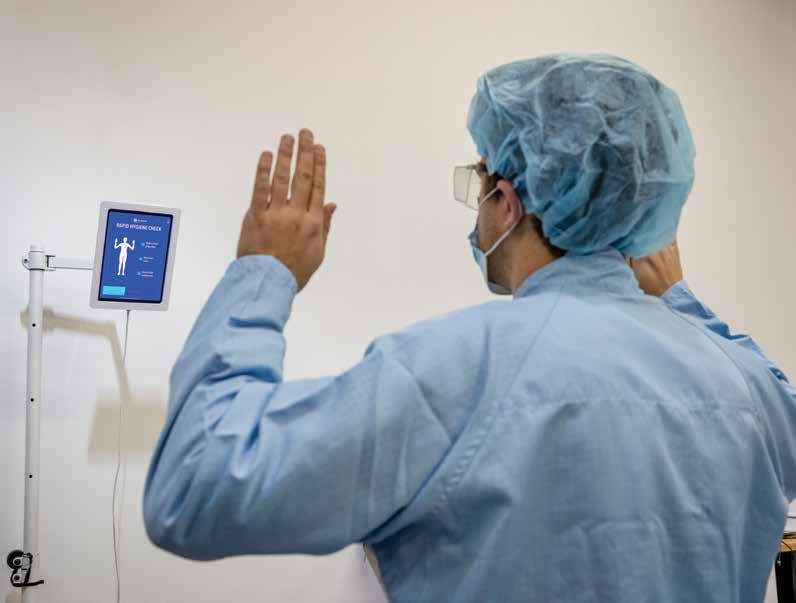
In 2020, DARVIS launched their ‘Productivity as a Service’ platform to recognize, track and predict visual objects and processes autonomously using AI.
In 2021, DARVIS moved from Silicon Valley to Nashville, TN where they opened a new HQ office and Innovation Lab.
DARVIS has found a great home in Nashville’s thriving community and are thrilled to be part of the city’s growing technology ecosystem.
Everything from the flexible, work from home policy to the dog friendly office space creates an environment of innovation, where fun and hard work go hand in hand. The DARVIS team is collaborative, creative, diverse and technology obsessed.
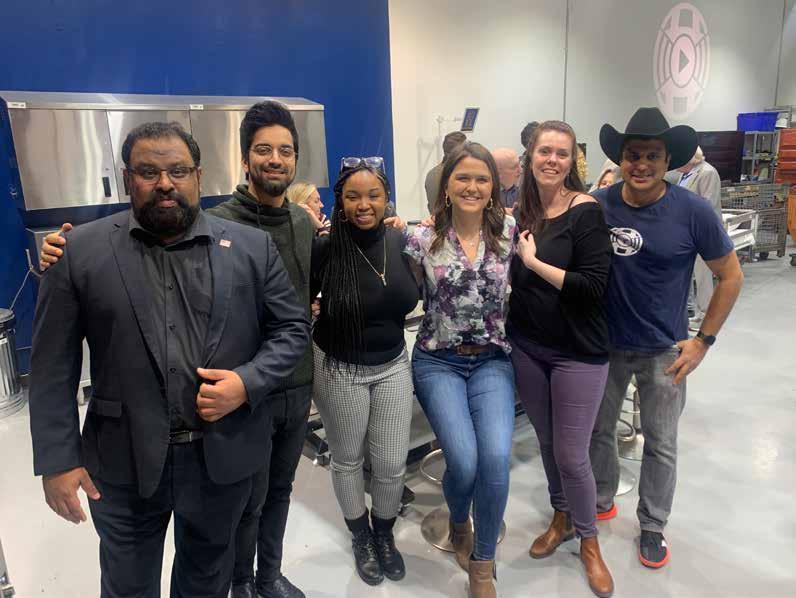
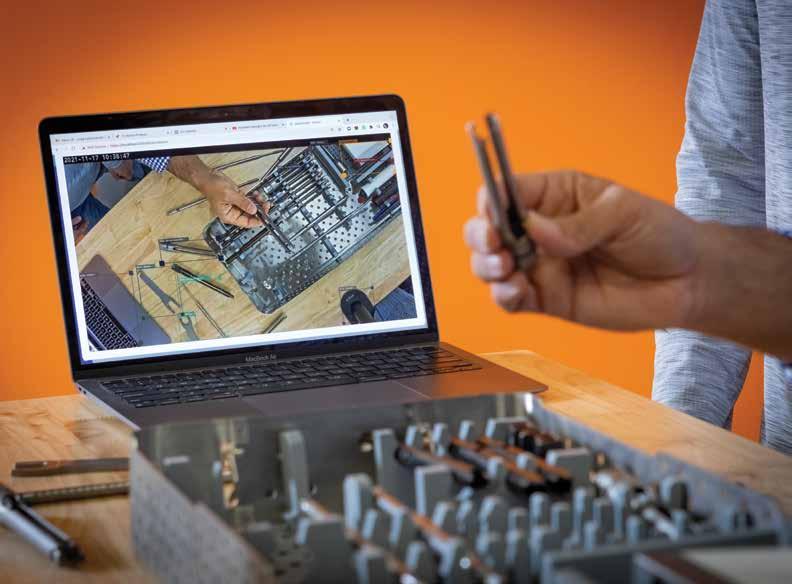
They are a global company with staff and management spanning over seven countries; The United States, Germany, Pakistan, the UK, Turkey, Greece, and Poland.
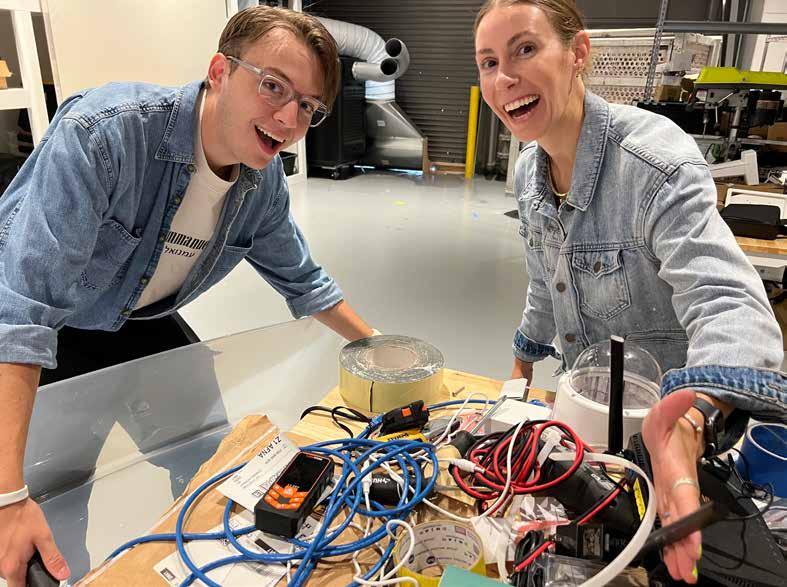

After spending several years in the San Francisco Bay Area as a consultant for a pharmaceutical distributor, GraphiteRx Founder and CEO David Zilberman resolved to tackle some crucial challenges facing the healthcare industry: high distribution costs and limited access to critical medications. Many small- to medium-sized pharmaceutical manufacturers sell their products outside of a primary wholesaler to reduce the fees they pay and build stronger relationships with their customers. But in doing so, it complicates the process of ordering those products directly from suppliers, which happens via phone, fax, email, and multiple online portals.
David envisioned a marketplace platform that could modernize and simplify the healthcare supply chain. Leveraging contemporary technologies, GraphiteRx enables manufacturers to radically reduce distribution fees compared to traditional channels while improving access to medications and healthcare supplies for hospitals, pharmacies, and clinics. David visited Nashville often while working with a leading local health system as an early design partner for GraphiteRx. After raising initial venture capital in September 2019, despite living most of his life in the San Francisco Bay Area and Israel, both hotbeds for startups and innovation, David chose to establish the company’s headquarters in Nashville, TN. Music City beat other tech hubs like Austin, Dallas, and Boulder due to the city’s diverse healthcare talent, growing tech scene, and entrepreneurial spirit. People here were also genuinely friendly and helpful, which became very apparent when a tornado ripped through the city in February 2020 and hit the company’s first office in East Nashville.
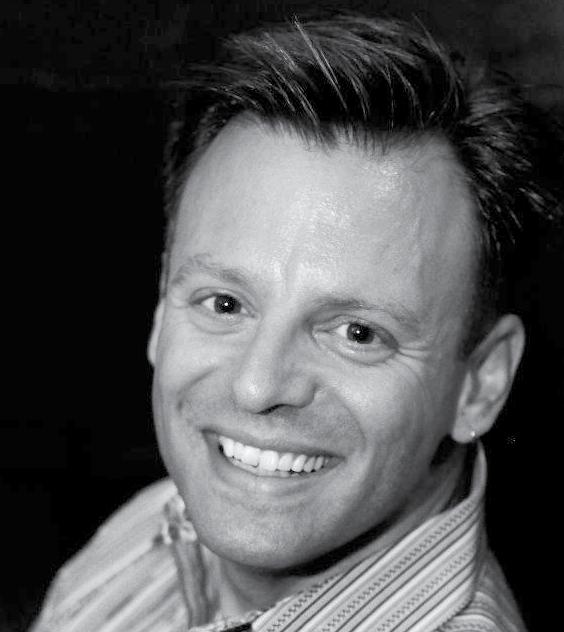
Two years later, the company has hundreds of hospitals, pharmacies, and clinics, including a number of the top 25 US health systems. These customers use GraphiteRx to manage complex purchasing processes for lifesaving medications and critical supplies from hundreds of manufacturers and distributors. In addition to providing better access to limited distribution drugs (like oncology medications), shortage drugs, and cost-savings opportunities, GraphiteRx allows buyers to be more efficient, freeing up their time so they can focus on higher-value activities.
Building on the success of its initial product, GraphiteRx is now expanding its platform capabilities to enable suppliers to serve healthcare providers better. The company is defining a new category for healthcare distribution to improve access to and reduce the cost and complexity of healthcare. GraphiteRx believes that a scalable marketplace model–versus traditional wholesale distribution–can also help level the playing field and drive competition in the healthcare supply chain.
David and the GraphiteRx team are proud to be part of Nashville’s health tech innovation story.

GraphiteRx graphiterx graphiterx.com
Revitalizing a 25-year-old software company is no small task, but can be a pathway towards innovation and compelling value creation for employees, customers, and investors. That’s the story of Mindful, a contact center software company that relocated to Nashville in 2018, which was acquired by Medallia in 2022 after an exciting period of transformational growth.
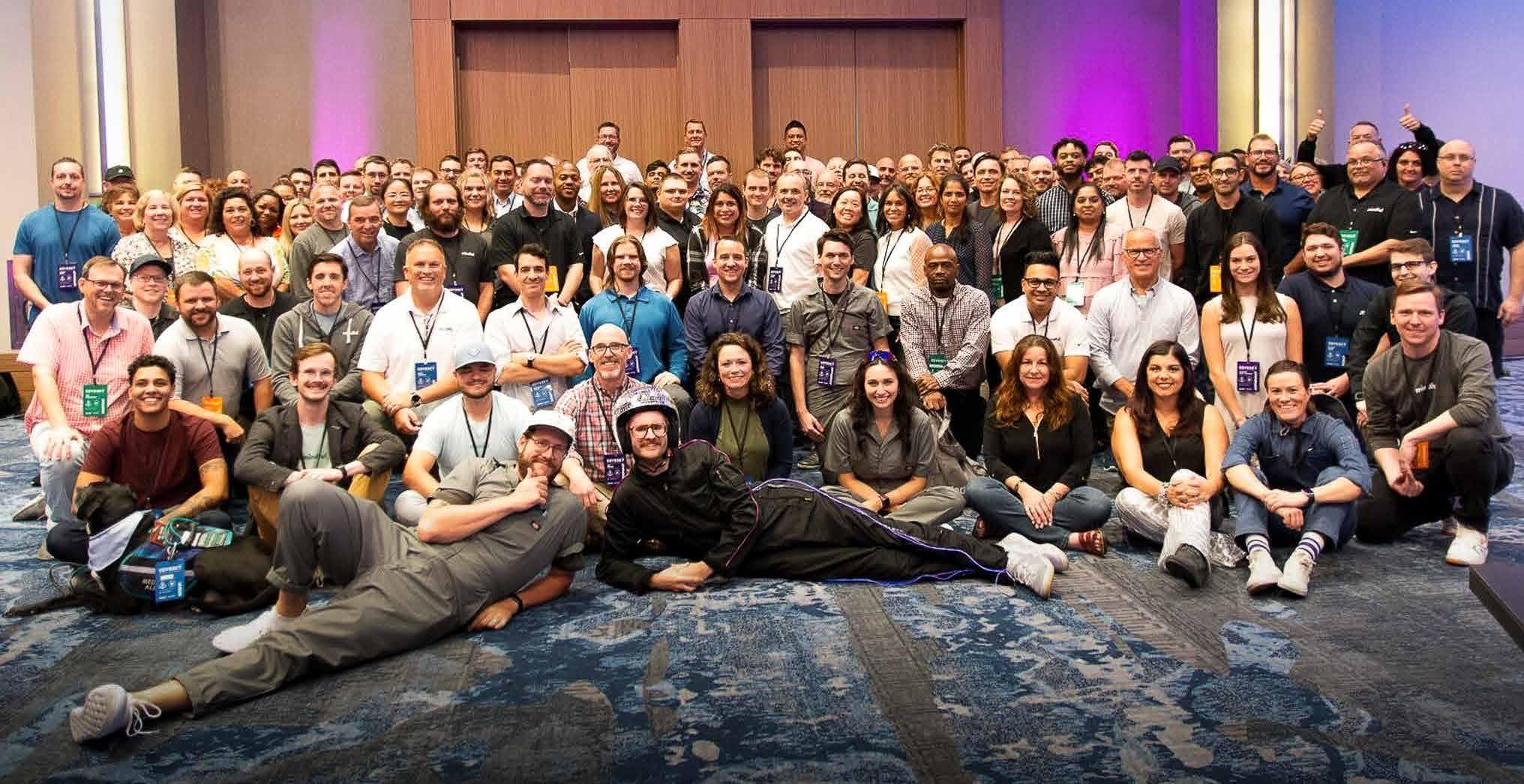
Founded as Virtual Hold Technology in 1995 and based in Akron, Ohio, Mindful is best known for pioneering the software that enables customers to choose to be called back rather than waiting on hold when calling into large enterprises. When done well, callback software saves a company money while improving customer satisfaction.
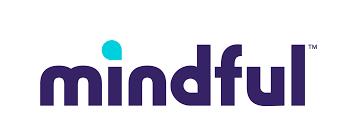
Mindful’s “secret sauce” is providing callback capabilities for high-volume contact centers where thousands of agents must deliver punctual callbacks
to millions of consumers. An airline, for example, may operate call centers in multiple cities, staffed by thousands of agents trained to handle millions of inquiries from the traveling public. Personnel planning to meet the demands of such high call volume is like threading a needle, and, as a result, hold times are commonplace. Callback software allows callers to save their place in line, hang up the phone, and be reconnected when it would have been their turn.
Matt DiMaria, Mindful’s CEO partnered with San Francisco-based Alpine Investors in 2018 as they were acquiring the company.“We saw the power of callbacks to save money and delight customers as immensely valuable, but the technology and business model had fallen behind the times”, said Matt. After relocating from Silicon Valley to Nashville in 2018, Matt relocated the Mindful headquarters and hired a new team to lead the company’s business model and technology transformation.
Matt started coming to Nashville in 2012 when his son was a freshman at Belmont University. “I was immediately struck by the energy and creativity of the music industry in town but also saw the tech sector gaining momentum.I started reaching out to the local tech community which ultimately led me to meeting with leadership of the Nashville Technology Council, local chambers of commerce and local government in the Greater Nashville area,” Matt said. “Every leader I met with was focused on making Nashville a great place to grow a business.” By 2016, Matt concluded Nashville was a place he wanted to “build, buy or relocate” a software company.
During his exploration of the Nashville tech sector Matt met Kurt Nelson, a local entrepreneur and co-founder of a Nashville-based start-up company. “Kurt and I immediately hit it off and, once I moved to town, I hoped we could figure out a way to work together,” Matt said. Nelson joined the new leadership team at Mindful in 2019 as its Chief Marketing Officer. “I thought the callback experience was amazing but what got me really excited is that we would have a chance to re-invent it,” Nelson said. He immediately began recruiting local talent to make that happen.
Adam Ragauskis also joined Mindful’s Nashville-based leadership team as Chief Financial Officer in 2019. Ragauskis had just completed the sale of his prior company, Nashville-based Edgenet, when he met DiMaria for the first time. “Mindful was serving the biggest and best brands in the world. The idea of building on that foundation was really compelling and I wanted to help make that happen,” Ragauskis said
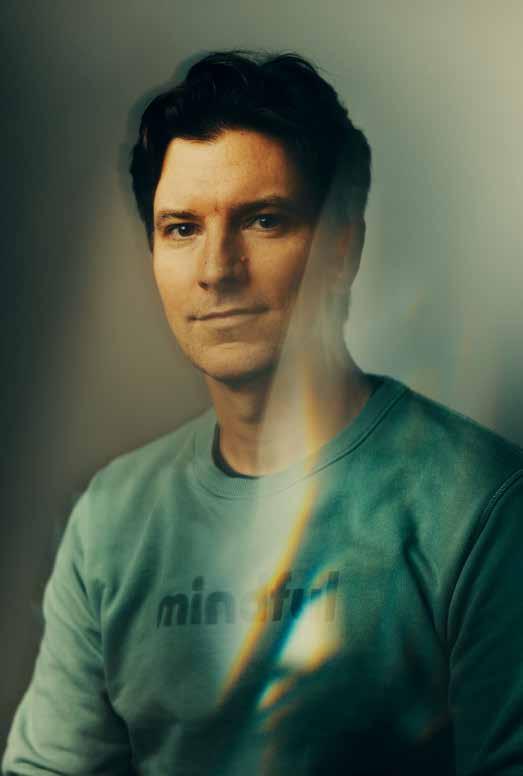
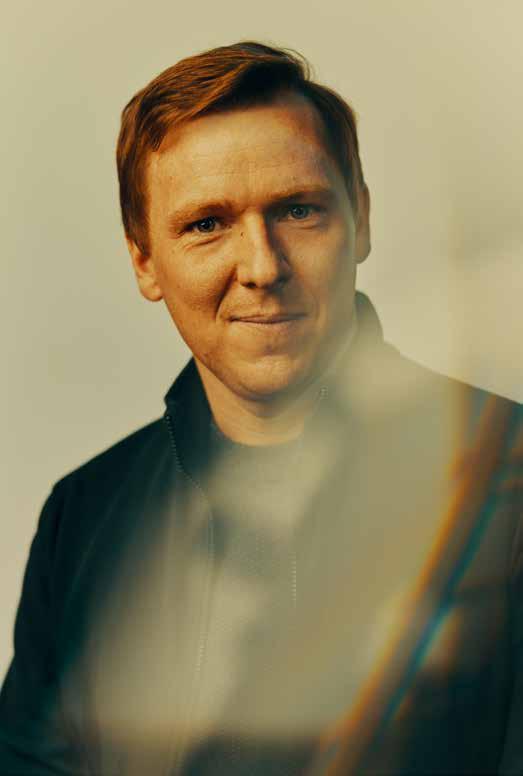
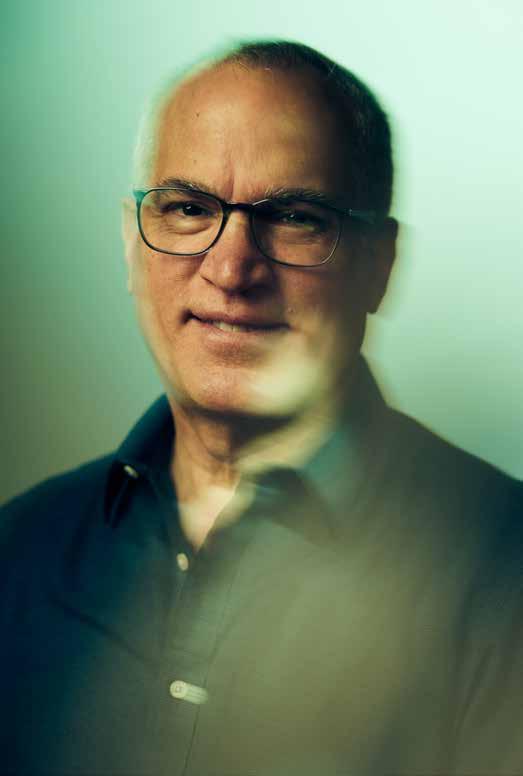
The first 18 months under new leadership led Mindful to a complete overhaul of its business model and technology while preserving key customer relationships and investing in the development of its employees. Most of Mindful’s 190 staff are located in Akron, Ohio, but as the company grew, so did its Nashville presence, COVID ramped up work-from-home remote hiring.The company navigated the complexity of launching a new product line, introducing a new pricing model, and rebranding the company leading into the pandemic.
Entering 2022, Mindful had doubled the size of its core business in 3 years and was experiencing over 100% annual growth from its new Softwareas-a-Service (SaaS) product offering. The company’s business performance and success in both transitioning the world’s leading companies to its new offering and attracting massive new clients caught the eye of Medallia, the market leader in customer experience software. Medallia acquired Mindful in August of 2022.
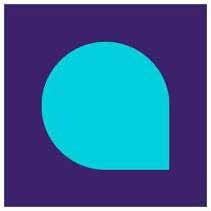
Matt’s journey in Nashville could not have gone better had it been scripted in advance. “Like any growth journey, it’s never a simple matter of going straight from point A to point B,” said Matt. “We tapped the creativity of Nashville, blended it with the determination of Ohio and seasoned it with Silicon Valley-inspired innovations to create a winning outcome for our employees, customers and investors. It has been an amazing run.”
Mindful hi@getmindful.com getmindful.com
Adam Ragauskis, CFO Kurt Nelson, CMO
TODAY YOU SHOULD SEE THE SEQUEL: SPD PRO.
What exactly is innovation?
It’s more than a brand new way of thinking, though that is definitely a key part of the equation. Genuine innovation also must have a practical application; that is, be impactfully useful. Sometimes the combination of novel idea and usefulness reach the summit and forge a whole new way of doing business.
Such is the case with Insequence Corporation. Through good fortune and a lot of hard work, Insequence pioneered the very first sequencing software application for an automotive supplier in 1996, which gave rise to a new industry paradigm called Just-in-Sequence (JIS) manufacturing. A significant evolution of Just-in-Time assembly, the concept of Just-in-Sequence is the fulfillment of an ideal process: delivering the right parts in the right order at the right time.
Insequence’s entrepreneurial founders, Keith Delk and Tony Westbrook, started the company with matching $500 investments backed by their personal credit cards. Initially, they intended on providing technology products and services to manufacturers in any industry segment. But fate
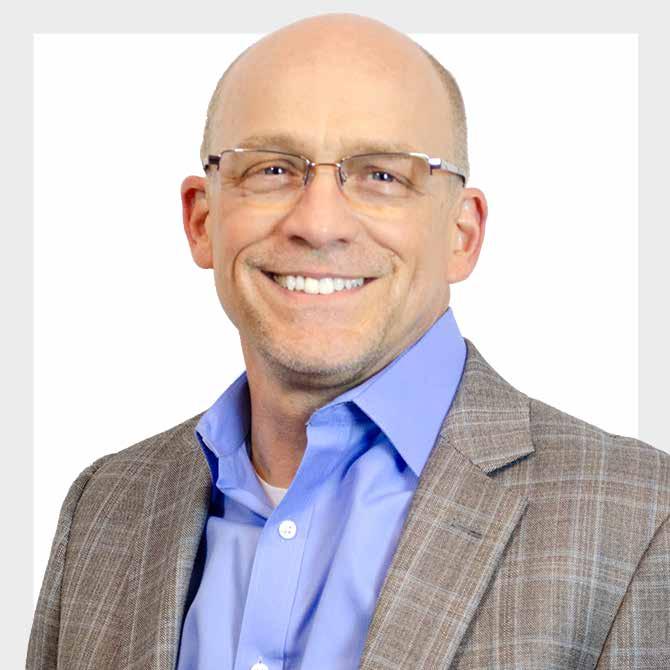
intervened: their big break came their first year in business when they received a request to create a custom sequencing software application for an automotive supplier. The deadline fuse was short; there was no room for error. Through grit and skill they delivered a successful implementation, demonstrating to the supplier and OEM that their software was effective and reliable. Thus began Insequence’s pioneering, leadership role in sequencing and manufacturing software.
By 1998, the founders had acquired so many automotive customers it was clear they needed to focus solely on that specific industry at that time. Insequence had established itself as an essential link between the assembly
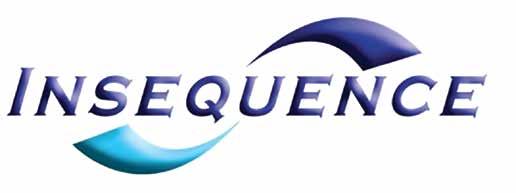
plant and the supplier. Without question, the company pioneered the ability to ship with little to no inventory. As part of their automotive industry specialization, the company not only addressed sequencing software, they also offered enhanced customer support on a 24X7 model and a new design for workstations.
In 2015 the company opened its European office in the UK to deliver additional support to its European customers across the continent. Insequence is providing the automotive manufacturing ecosystem with critical solutions for many key suppliers and logistics organizations that support OEMs throughout Europe. Its software is available in German, French, Polish, Spanish, Portuguese, and English with other languages on the horizon.
Today Insequence’s holistic family of industry-leading JIS and manufacturing execution solutions are active in hundreds of facilities across the Americas and Europe and marketed under the brand name SPD Pro (SPD stands for Sequential Parts Delivery). Notably, over a quarter century later this includes facilities operated by the company’s original 1996 customer.
In terms of influence SPD Pro is supporting every major automotive OEM in North America, along with many in South America and Europe. This list includes BMW, Chrysler, Ford, General Motors, Honda, Mercedes Benz, Nissan, Peugeot, Renault, Toyota, and Tesla, to name just a few.
For more than 25 years Insequence has blazed a trail of excellence. Its software is highly trusted by the automotive industry, is remarkably versatile, and is fully scalable. Regarding SPD Pro’s ability to grow along with its customers—no matter how large they are or how complex their needs--Insequence president and COO Tom Mitchell noted, “We’ve never found an upper limit to our capability. In fact, we like to say we make the impossible possible.”
And last but not least, Insequence puts a huge premium on its ability to provide strong customer support. Customers have access to technicians 24 hours a day, seven days a week, with support available in English, Spanish, French, German and Portuguese at the time.
Insequence Corporation is a classic American success story. From humble start-up to industry leader, the company exemplifies the very definition of business innovation.
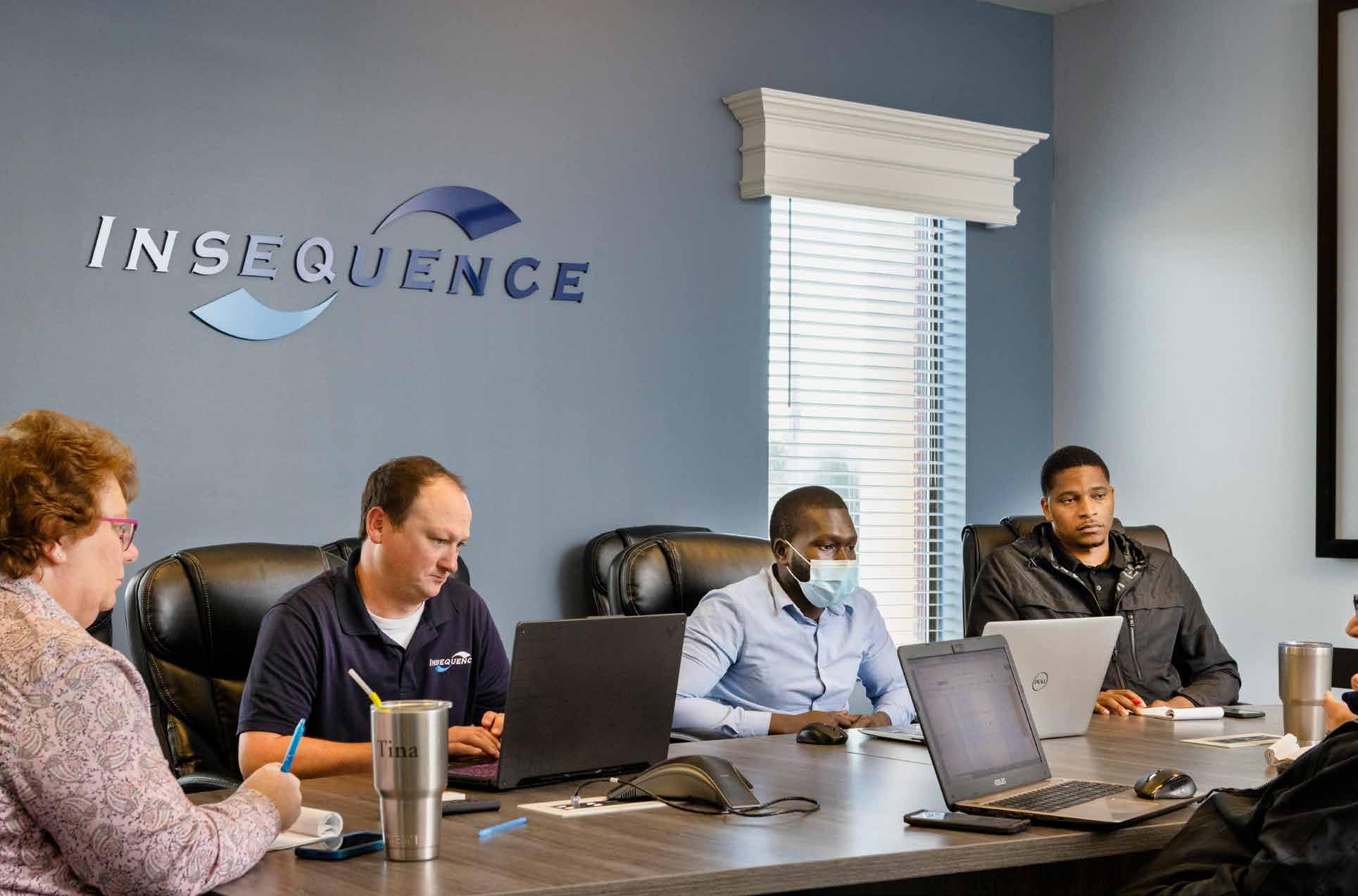
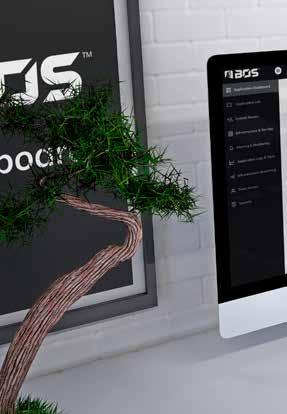
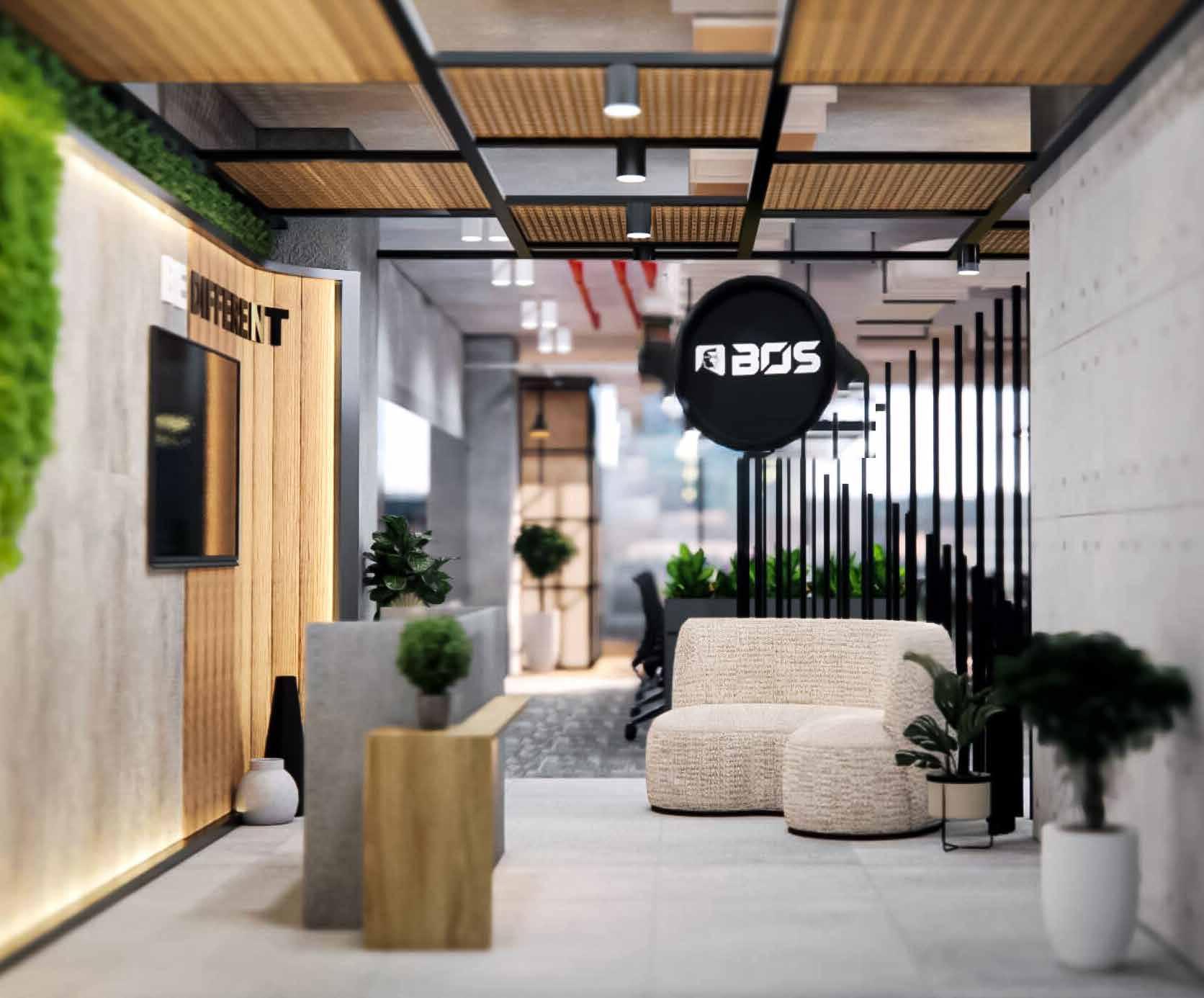
After building over 200 software products across industries spanning Clinical Research, HealthCare, Finance, Departments of Corrections, Defense, and Education in multiple geographies including North America, Europe, Australia, and Asia, BOS CEO and Founder Sashank Purighalla found that tech teams find time to do things over but never right the first time. This creates enormous technical debt, both intentional and unintentional, and companies end up paying for it over a long span of time. Consequently, maintenance often monopolizes IT budgets and stunts strategic development. More importantly, technical debt introduces vulnerabilities into systems resulting in cyber breaches.
This problem is exacerbated by the fact that no software developer does the same thing two times in the same way. This artisanal, inconsistent approach to software development creates broken architectures and companies end up paying for this.
Ironically, companies do not realize this as they have simply come to accept that software development is expensive and requires a lot of upkeep with many technical resources.
“Trained in the discipline and rigor of Mechanical Engineering, Engineering in Software was conspicuous with its absence. To me, the term Software Engineering is an oxymoron”, Sashank says.
Rooted in structured engineering thought and with the deep software development expertise and the patterns that were revealed to him over the 200 plus products that he built, Sashank envisioned a platform that is capable of providing a standardized foundation to software products that offsets the need for doing things over.
Over multiple engagements, Sashank worked with some of his best engineers to develop a Cloud and tech stack agnostic platform that may be used by dev teams to set up robust, secure, scalable products in the Cloud.
Tech-enabled companies and enterprises save 30-50% of their Cloud development and modernization cost and time with BOS.
Cloud modernization is a strategic initiative. Companies fail when they take a tactical approach to an initiative that inherently requires a strategic, holistic treatment.
Sashank calls this a four-legged stool for Cloud development and modernization:
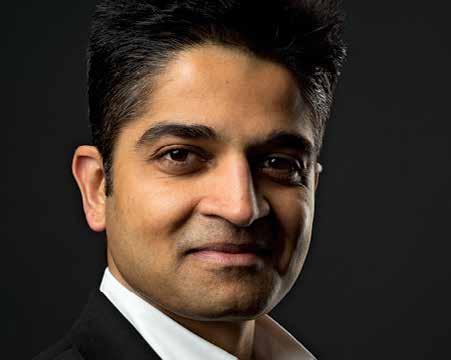
Security and Compliance
Observability and Maintainability
APIs for baseline functionality
The platform is based on best practices and incorporates the recommendations presented by Mitre’s CVE [Common Vulnerabilities and Exposures] list and enforces guardrails for developers to build natively resilient and compliant applications.
Additionally, the platform supports microservices architectures with multitenancy, multi-cloud implementations, and is highly customizable for use both by growing startups as well as companies in the mid-market.
BOS brings together Cloud Provisioning and Configuration, Security and Compliance, and Observability and Maintainability into a single platform and makes it available via a single pane of glass.
By pairing the BOS Cloud Platform with a team of experts comprising of enterprise architects, security and compliance consultants, and senior CloudOps engineers, BOS delivers a comprehensive ‘soup to nuts’ solution to growing tech-enabled companies and enterprises for their Cloud modernization, digital transformation, and compliance initiatives.
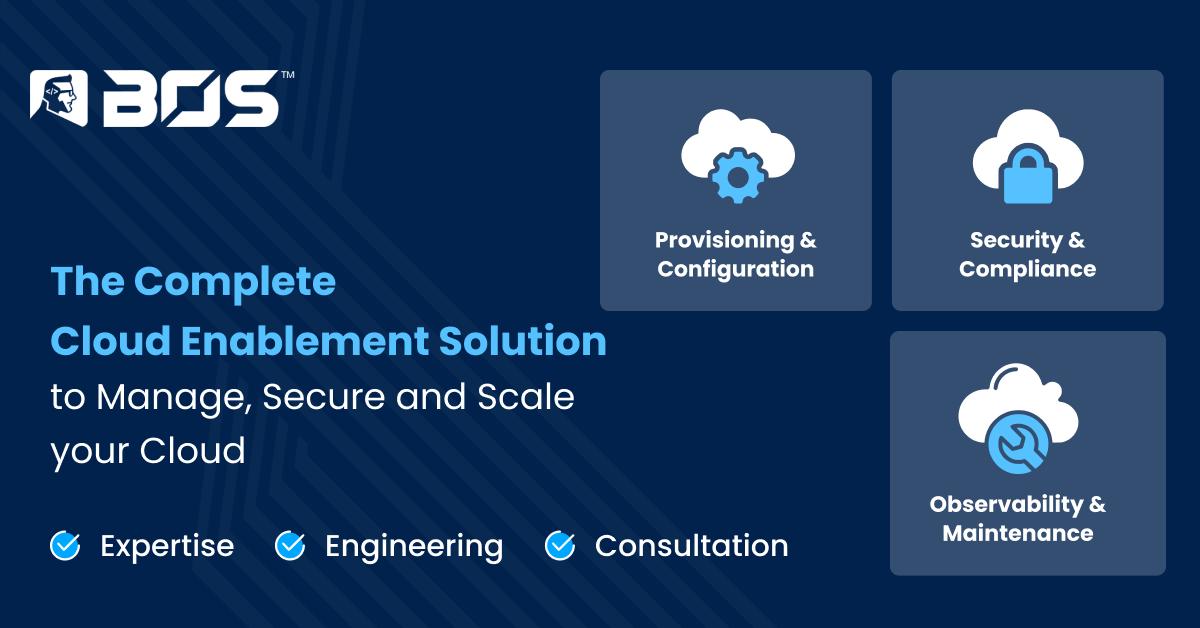
BOS was initially used by the founding team to build products from a variety of projects in Clinical Research, SaaS, and FinTech. The efficiencies that it delivered encouraged Sashank to float BOS as its own company with an investment from a California based Venture Firm.
For the first 3 years, BOS met with a lot of resistance and criticism from technologists who were cultivated into thinking of solutions as ground up build outs that would be custom framed by architects with their own choice of tools.
However, from mid 2020, the need for accelerating Cloud modernization initiatives, the exponential increase in cyber breaches, and the acute shortage of qualified/capable Cloud engineering resources made BOS a desirable Platform for two types of companies:
Startups that had found product market fit and were worried about their future problems
Mid-market companies that needed to accelerate their modernization initiatives while remaining capital efficient
BOS has seen an over 100% growth year-over-year since inception in 2018.
Over these years, the BOS Platform has grown substantially to natively support an increasing number of capabilities and use cases.
To make it more acceptable to a wider customer base, the Platform has also been enhanced to offer customizations based on architectural and instrumentation preferences of the tech teams using the platform.
As of late 2022, BOS is working on launching version 3.0 in Q223.

“The biggest problem that businesses have is broken architectures. You cannot inject nice tools into vulnerabilities and expect to achieve security. Resilience and integrity are the results of sound architecture.”
— Sashank Purighalla Bos Framework BOS Framework

According to Chad Marcum, VideoBomb’s Founder and CEO, “Our mission is to make augmented reality available to businesses of all sizes. AR is the next big thing in customer engagement, and it should not be limited to only the big brands with big budgets. We’ve made it easy and affordable for the Fortune 500 and the new brand alike.”
Traditionally, marketers hire agencies and spend hundreds of thousands of dollars to create Augmented Reality experiences for their brands. The process is expensive and takes months. VideoBomb’s WebAR platform allows brands to create their own AR experiences in minutes, and for a monthly fee.
VideoBomb was used by the city of Nashville to raise relief funding following the devastating tornadoes of 2020. By turning T-shirts into augmented reality video screens featuring messages from celebrities, the city was able to raise almost $1 million in three weeks.
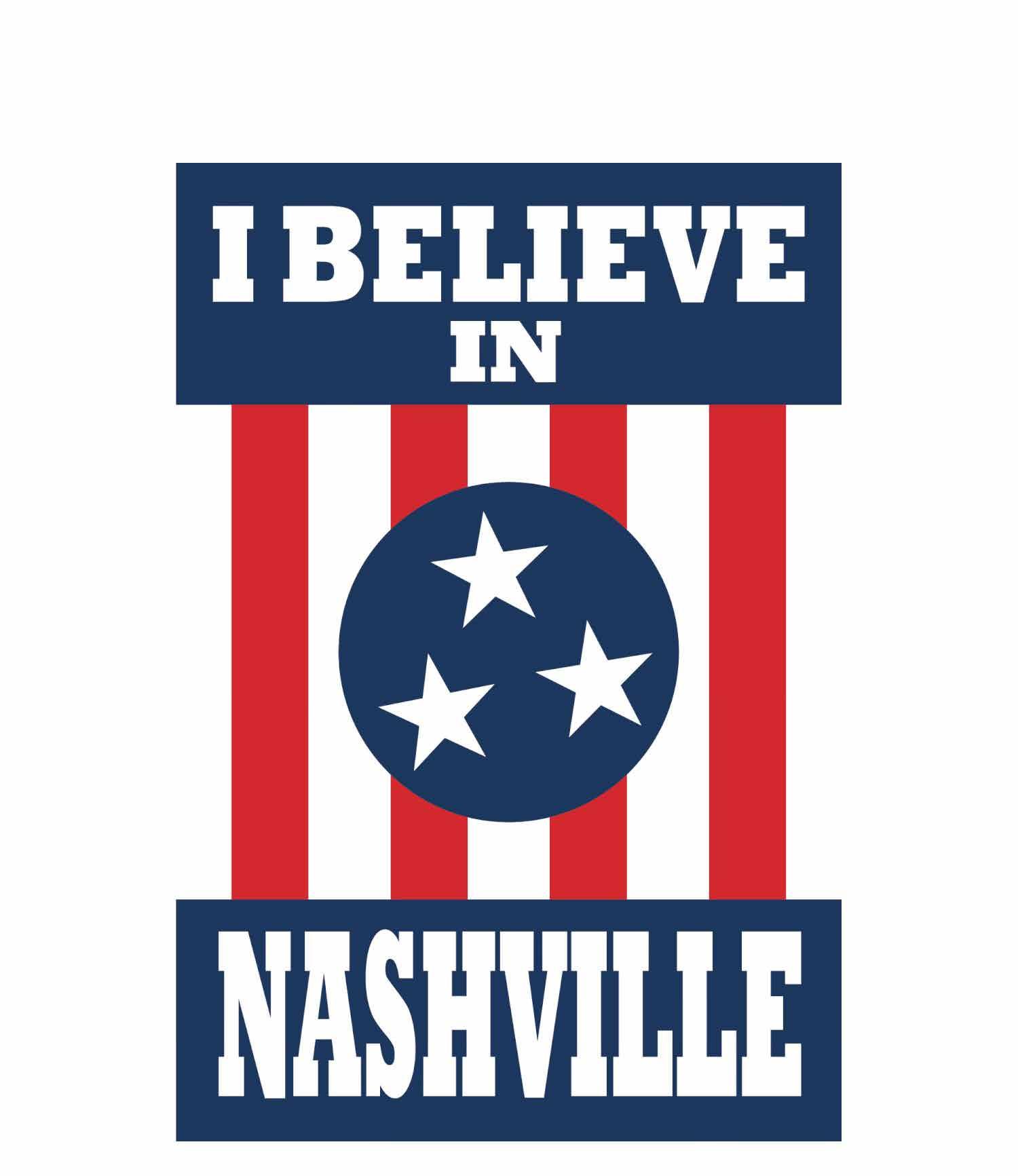
High-value use cases include:
Adding brand video content to product packing
Turning record albums into virtual music videos
Converting large murals into Jumbotron-like screens
Bringing coasters to life with sports programming
Using video to clarify installation and how-to instructions
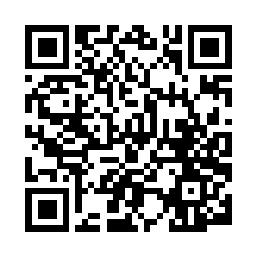
See how it works!
1. Using your phone, scan the QR Code by the image.
2. Point your phone camera at the image.
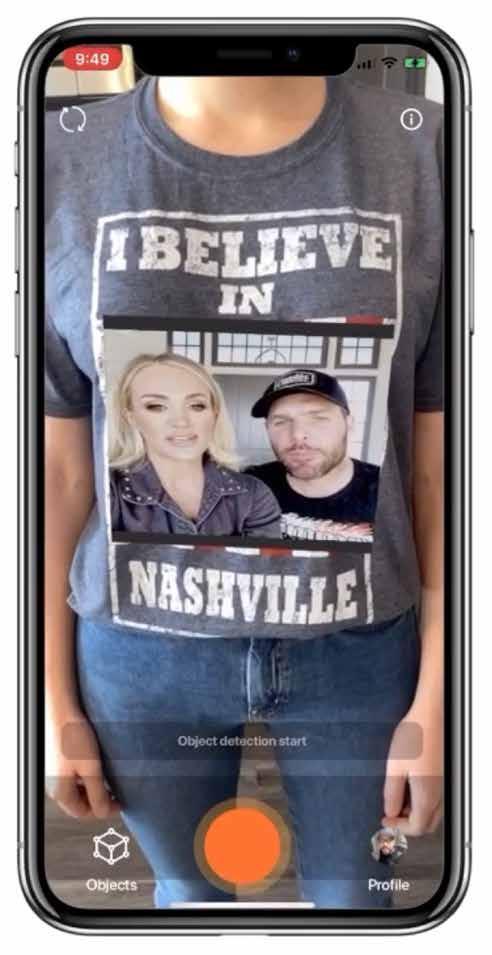
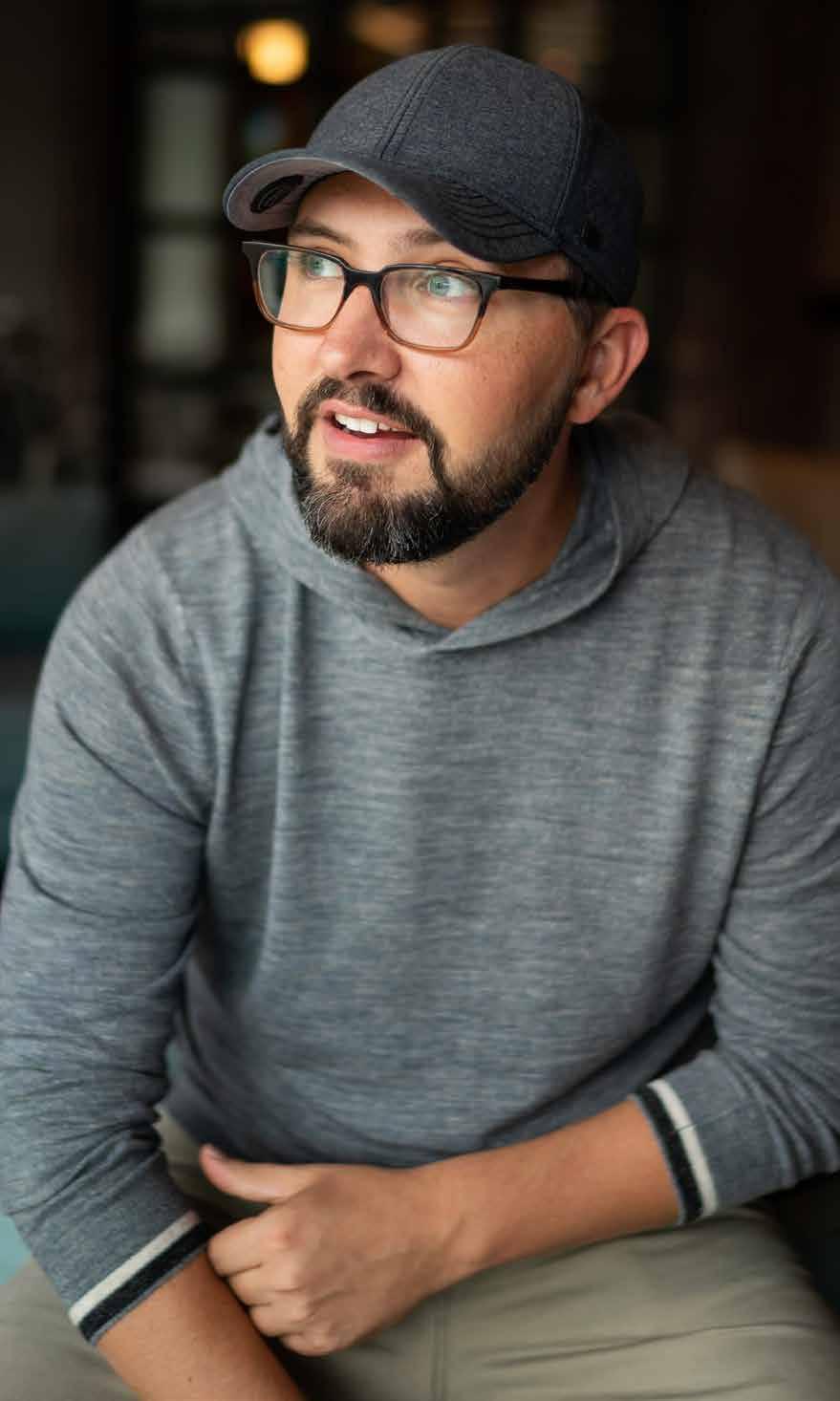
3. Enjoy the video in Augmented Reality.
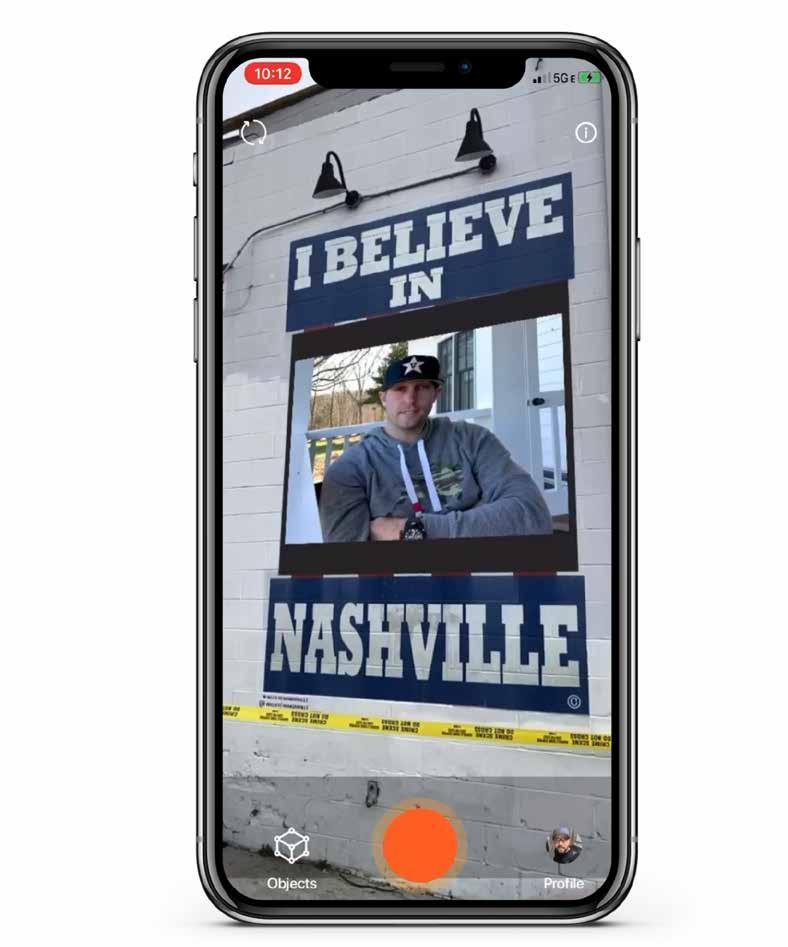
Info@VideoBomb.co
VideoBomb.co
Scan Here.
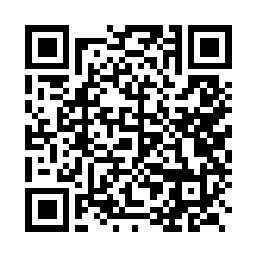 Chad Marcum, VideoBomb’s Founder and CEO
Chad Marcum, VideoBomb’s Founder and CEO
When we started our Nashville-based technology consulting firm Atiba all the way back in 1992, the tech services world was relatively simple. When a business needed tech help, they simply opened The Yellow Pages and looked under “Computer Consultants” to hire any one of the dozen or so Nashville IT consulting firms to solve all their problems.

Whether you needed a network setup, a custom software application, or your printer fixed, most computer consultants and even retail computer stores did it all. With a limited number of operating systems, database platforms, programming languages, and hardware brands, life as a computer consultant was good.
But as is often the case with technology, things moved quickly.
With the rise of the internet, the complexity of technology as well as the demand for technical solutions grew along with it. Before you knew it, businesses needed much more than just computers, networks, and printers
to operate. With needs expanding into everything from websites, to email systems, to mobile apps, to cloud computing, to big data, you name it— implementing and supporting technology got more complicated.


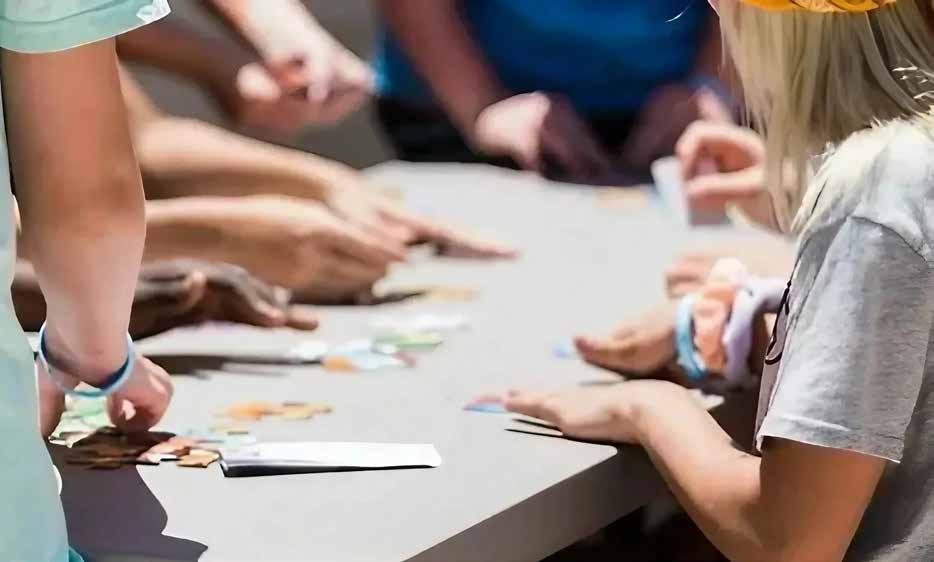
We decided to respond to the complexity curve by building a “dream team” of IT professionals, network engineers, software developers, web designers, business analysts, and project managers to help our customers meet their tech needs. Focused on being a one-stop-shop for tech help, we started on a journey of perpetual learning.
But learning in the tech world, as it turns out, is not just about the tech.
Somewhere along the line, we began referring to ourselves as “half-geekhalf-human.” We realized that the human side of our business was equally as important as the geek side. We decided that as individuals and as a company, we wanted to grow our human side in the same way we’ve always nurtured our geek skills.
But how?
We’d noticed over the years that the clients we had the toughest time serving were the nonprofit agencies around town.
Tech is hard. With the limited budgets that most nonprofit organizations are constrained by, they are often unable to afford to pay for the technical expertise they need to meet their missions.
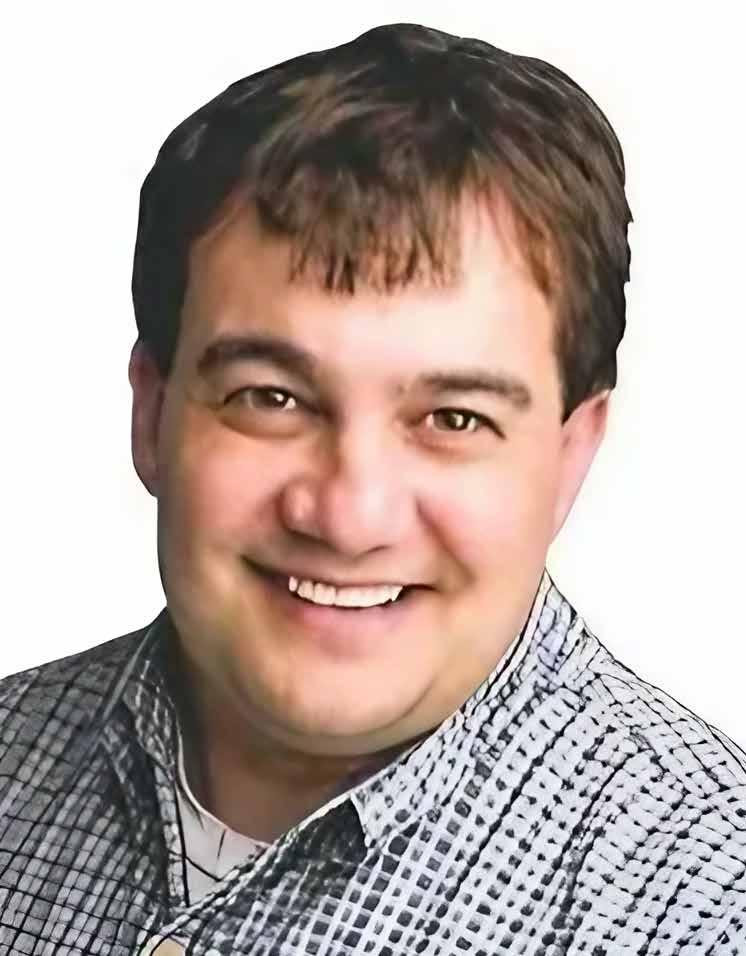
So, in the spirit of being innovative and thinking outside the box, we decided to grow our half-human side and launch what’s now known in the Nashville tech community as GeekCause.
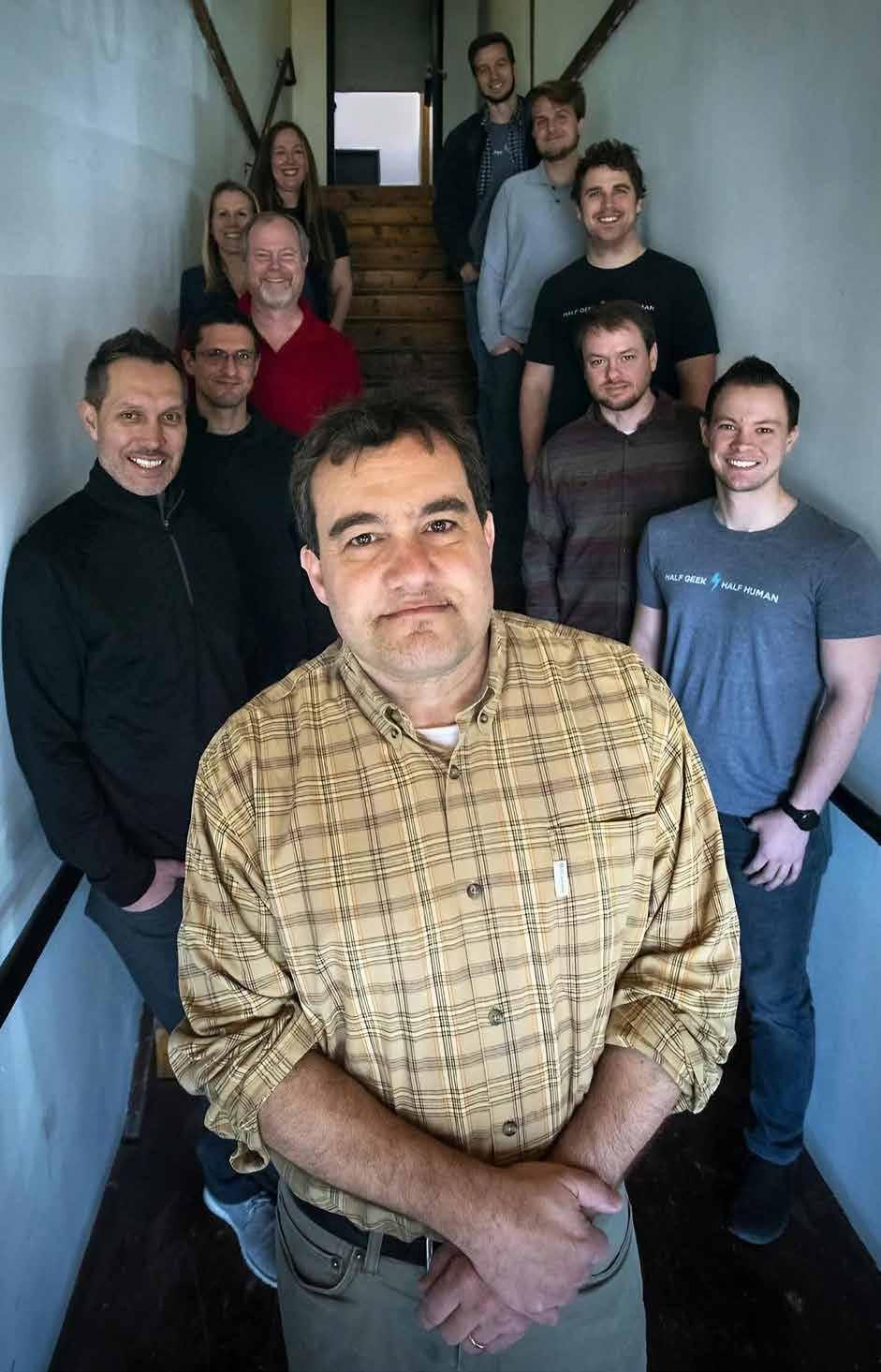
GeekCause is a group of local geek volunteers who donate their time and skills to Nashville’s not-for-profit community to help them solve their tech challenges. Nonprofits who need computer help simply reach out to GeekCause to be matched with a tech volunteer that can help them solve their problems at no cost.
We started small, with just a few volunteers, but with the guidance of Pete Bird and Corinne Bergeron from The Frist Foundation, we partnered with the volunteerism experts at Hands On Nashville to take GeekCause to new heights. As of this writing, GeekCause has over 300 Nashville tech volunteers who have donated thousands of hours to help nonprofits all over the city.
The spirit of innovation has always been central to Nashville’s success as a city. Our community has a history of solving hard problems in new ways, and the best ideas often come from unique connections of smart, wellintentioned people. Although tech may be hard and complex, when you combine the skillset of our city’s geeks with the humans doing good work all over Nashville, GeekCause has shown us that we CAN do hard things.
We are elevating the sales profession by arming reps with their buyer’s unique needs and pain points so they can have more effective meetings. In the information age, buyers want consultants (not sales reps) to guide them through the process. We make that vision a reality.
Foresight was born after our founders spent 10 years collectively working for early-stage software companies across key client-facing functions in sales, implementation, client success, and account management. As our founders scaled these companies from startup to IPO, they experienced a massive problem. Companies were giving generic pitches to their buyers. The sales process was not personalized to the unique needs of the buyer, and that led to losing deals that could have been won. Sales teams operated off intuition or outdated data from a market research report. There had to be a better way to generate revenue.
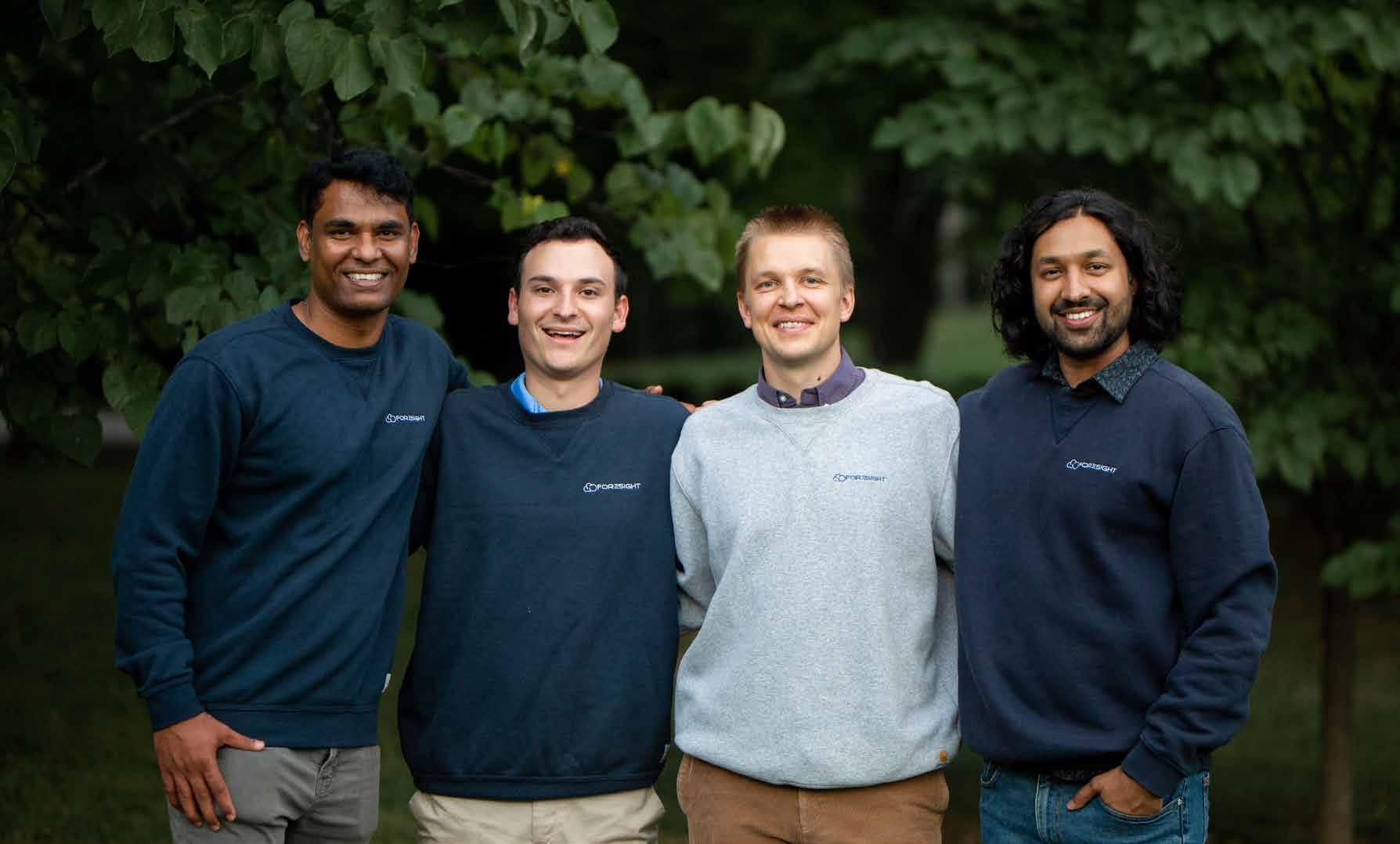
You can think of our platform as a GPS for a sales rep. Just as you would put your destination into Google Maps before you leave home, we send sales reps a map of how to navigate the conversation with their buyer before their meeting. We do this by sending the buyer a quiz beforehand that asks them about their biggest needs and pain points. We call this a Value Assessment and buyers love taking them – over 65% of people do it! Why? Because nobody wants to waste their time, especially on a sales meeting. Our platform ensures that both the sales rep and the buyer get maximum value from their time together.
Our software-as-a-service platform can be implemented within 90 minutes (we do all the hard work), and we integrate with industry leading CRMs. What gets our clients most excited about Foresight is that it is not just for salespeople. Once you close a deal, you have to make your client successful otherwise they will leave you for a competitor. Our solution provides visibility to client success and account management teams about which clients they should focus their efforts on. We help the team proactively identify accounts that are at risk of leaving, so they can take preventative action. In this economic climate, efficiency and profitability is critical!
 The Foresight team at our offsite in Percy Warner Park!
The Foresight team at our offsite in Percy Warner Park!
Foresight helps client-facing teams do more with fewer resources and ensures that you can grow revenue sustainably.
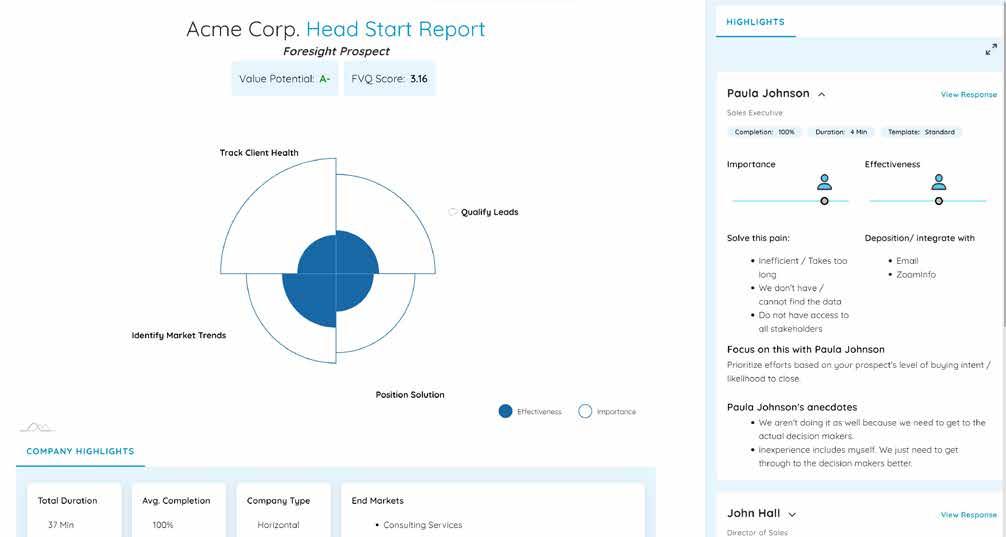
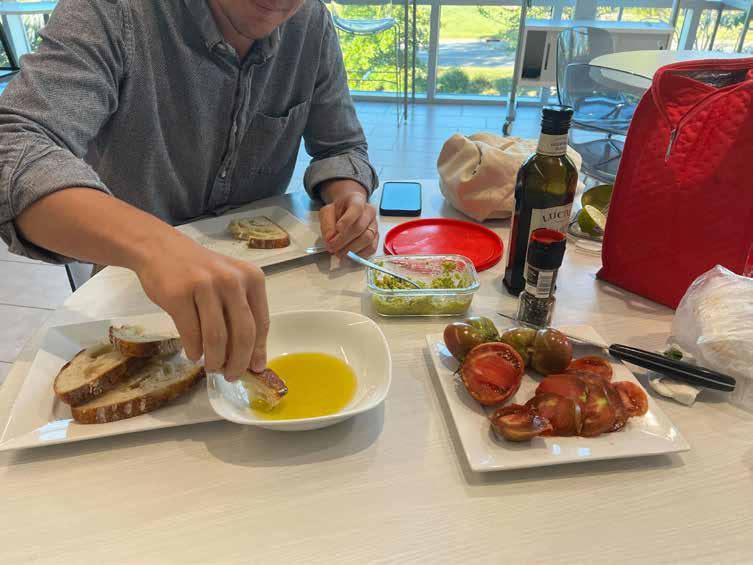
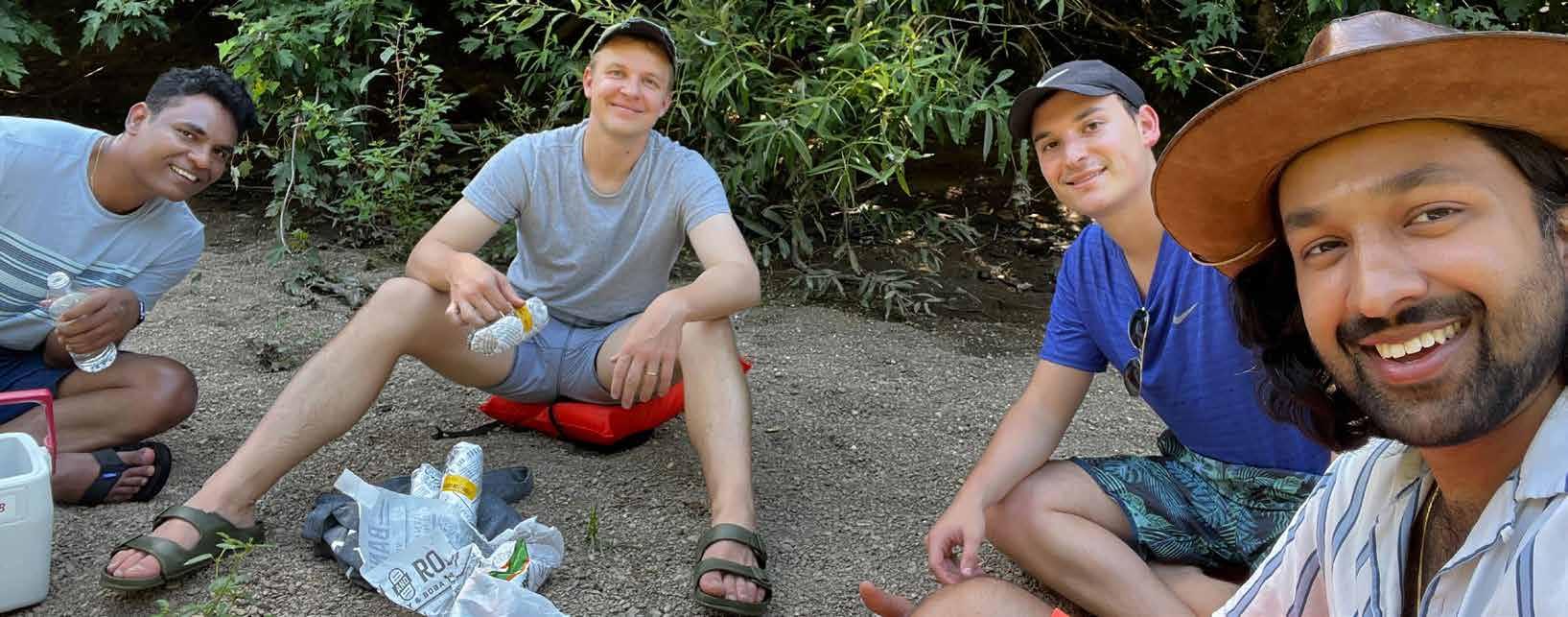
We partner with software companies that are generating real value for the markets they serve, and we are so proud of the outcomes we help them achieve. One of our clients sells a platform to nonprofits to help them improve their fundraising. They had a single partnership person responsible for managing over 150 accounts and they were totally overwhelmed. Each day was a race to put out fires and respond to clients who were sending in issues. The process was reactive, inefficient, and frustrating for everyone. They began using Foresight in January 2022 to track the health of all these clients.
Within 6 months, this individual was able to understand the health of every account and proactively reach out to the clients that were “at risk” before an escalation happened. They even saw the health of key accounts grow over 70% because of the actions they took based on the visibility Foresight
provided. The clients weren’t the only ones who benefitted, our client’s sales team used our Value Assessments to capture key needs of their buyers before they even walked into the meeting. We got feedback from the buyers that they loved going through this process because they felt more educated about what the solution could offer to them.
We are proud to be a Nashville based company and believe in the power of community. We believe in walking the walk and enabling the innovation ecosystem. To that end we have kicked off a project to leverage our solution to capture the needs of founders in Nashville so that the ecosystem can better support them – just like we do for our clients!
sagar@gainforesight.co gainforesight gainforesight.co
Our product in action! We send sales reps a GPS of their clients needs before a meeting Freshly baked sourdough and heirloom tomatoes from our team for an office snack.

“You can have data without information, but you cannot have information without data.”
—DANIELKEYSMORAN
The history of the Greater Nashville Technology Council dates back to 1999 when a group of business leaders came together to address the need in Nashville for better paying tech jobs and improved capital investment in technology start-ups. NTC’s mission is to advance the diverse technology ecosystem by connecting and promoting members, growing tech talent, and providing opportunities to reinvest in the Greater Nashville community.
By Connecting,Middle Tennessee is growing, and along with it so is the tech community. Today, the NTC supports the local technology industry and its 500+ member businesses, educational organizations, and nonprofits by coordinating local technology workforce development, connecting professionals to cultivate a collaborative community, uniting around policies that nurture expansion and attract both talent and businesses, and promoting the greater Nashville area. TechnologyCouncil.com.
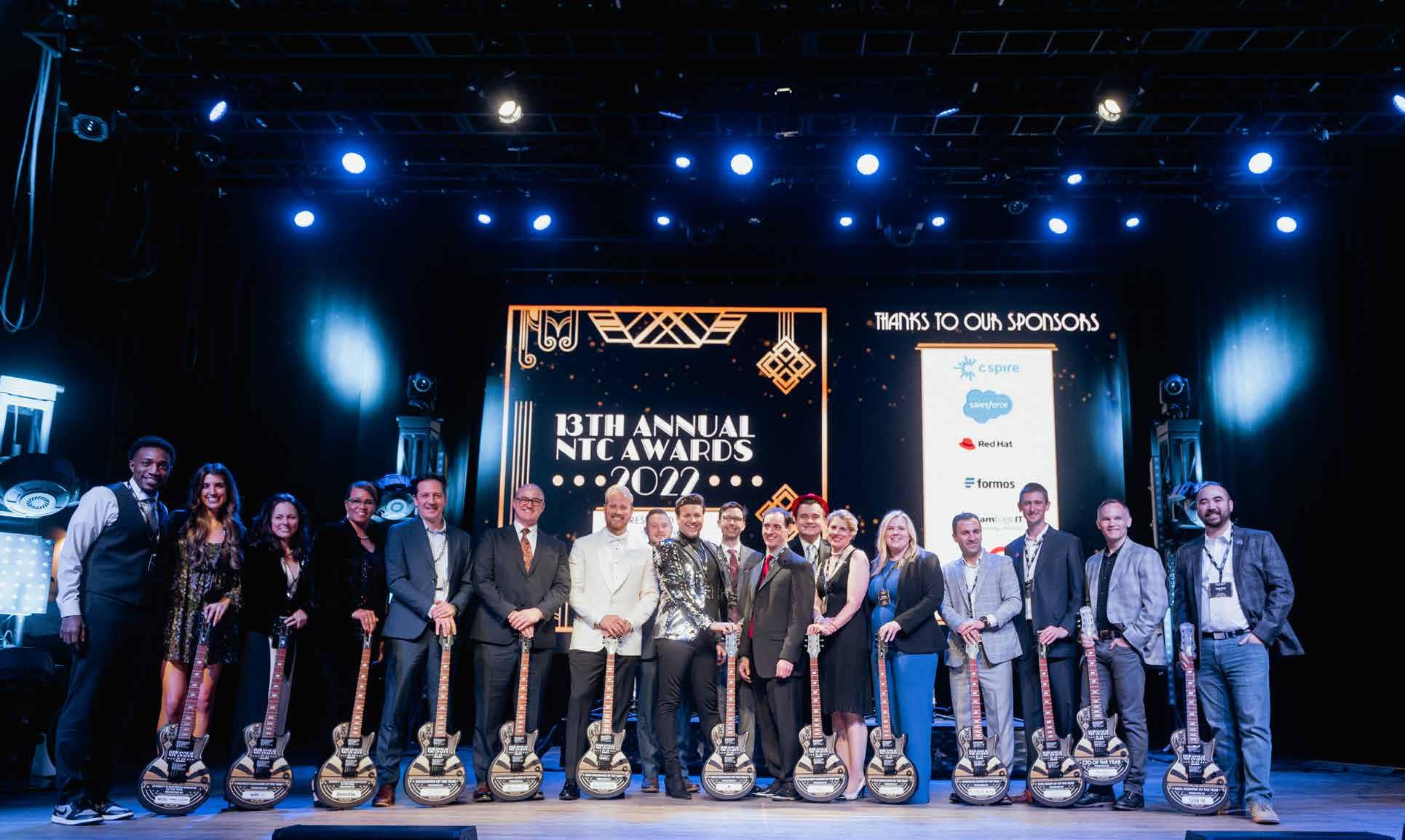
NTC Members build relationships through Peer Networks that provide topical programming and peer-to-peer conversations among local fellow tech professionals. The Emerging Leaders in TEch (ELITE) program brings together
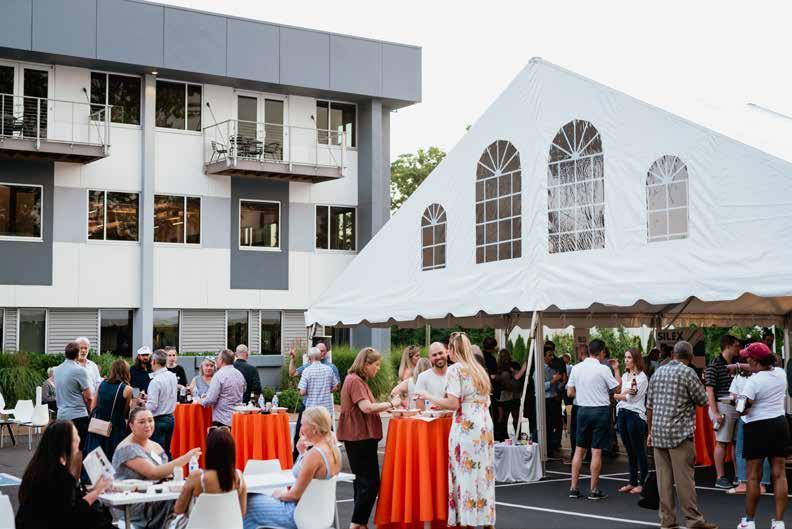
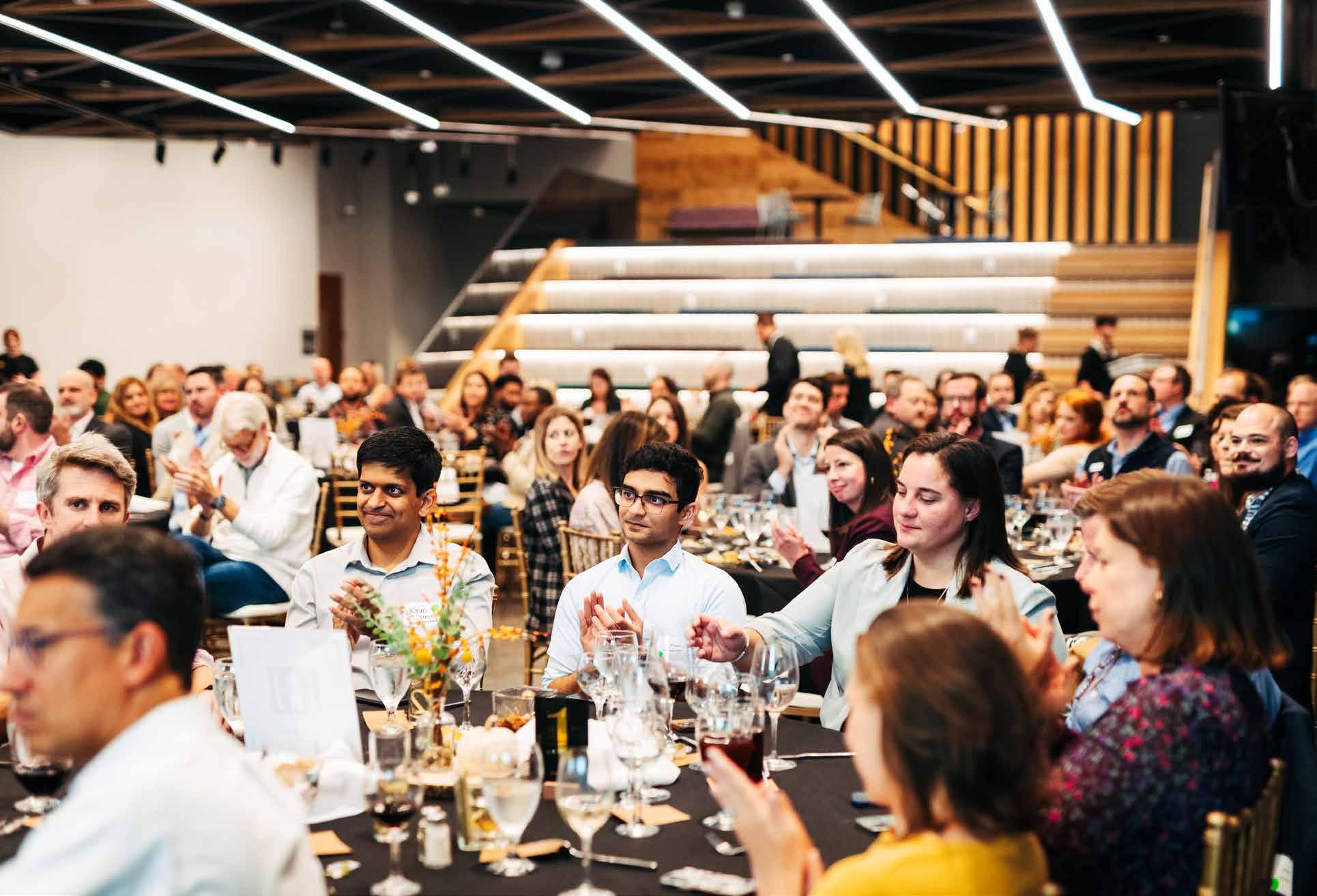
a select cohort of rising stars for a 12 week professional development and mentorship program. TechnologyCouncil.com/elite
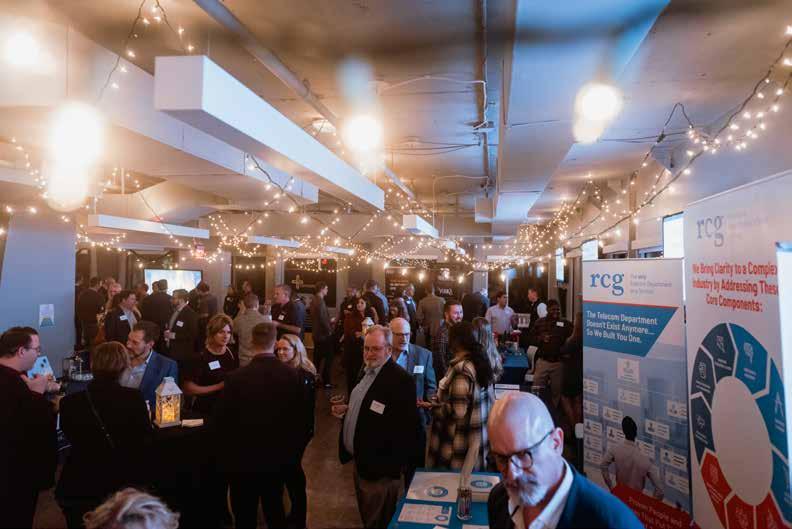
The Nashville area is booming, and so is the need for tech talent. The NTC is focused on increasing the number of undergraduates enrolled in techrelated majors through directed outreach and technology programs with students as young as third grade. The work starts early to interest young students in tech and future tech careers to fill those college classroom seats. The NTC organizes tech professional volunteers to support teachers

in classrooms during the Hour of Code - regularly teaching programming to thousands of students each December. The NTC Tech Camps have provided summer tech education to more than hundreds of students ages eight through 18. Traveling Tech Days are organized field trips for high school students throughout the year to experience tech jobs and workplaces in the region, reaching thousands of students to date. TechnologyCouncil.com
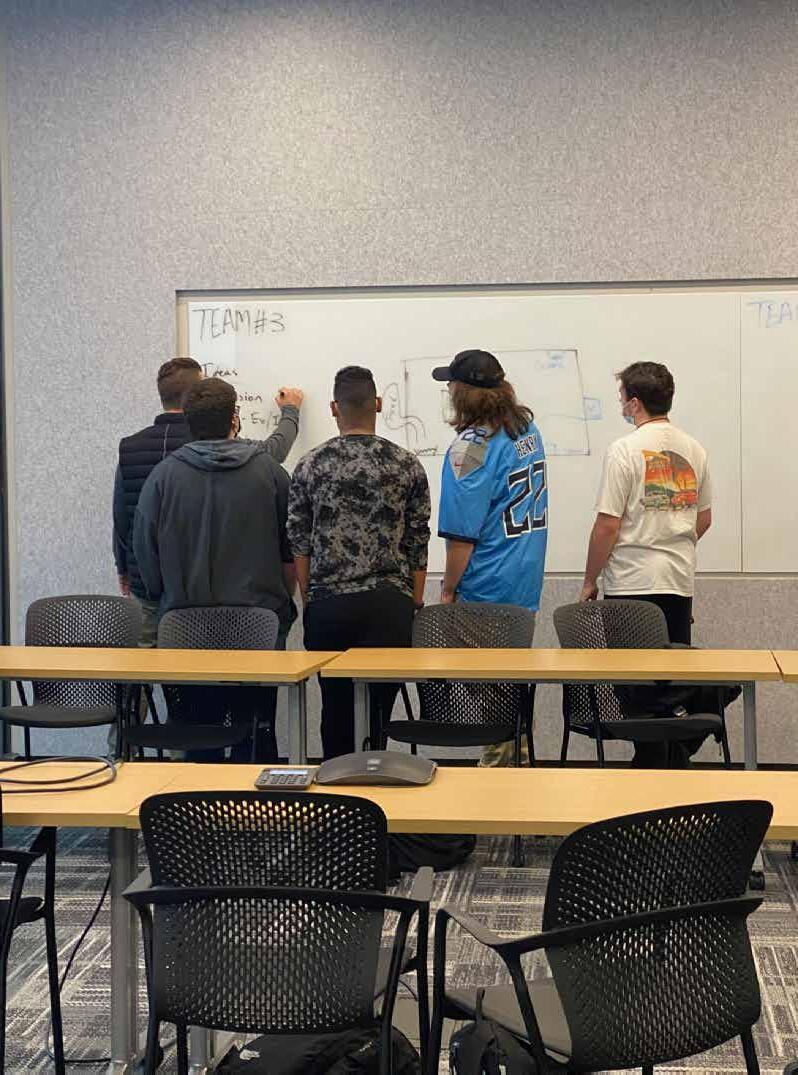
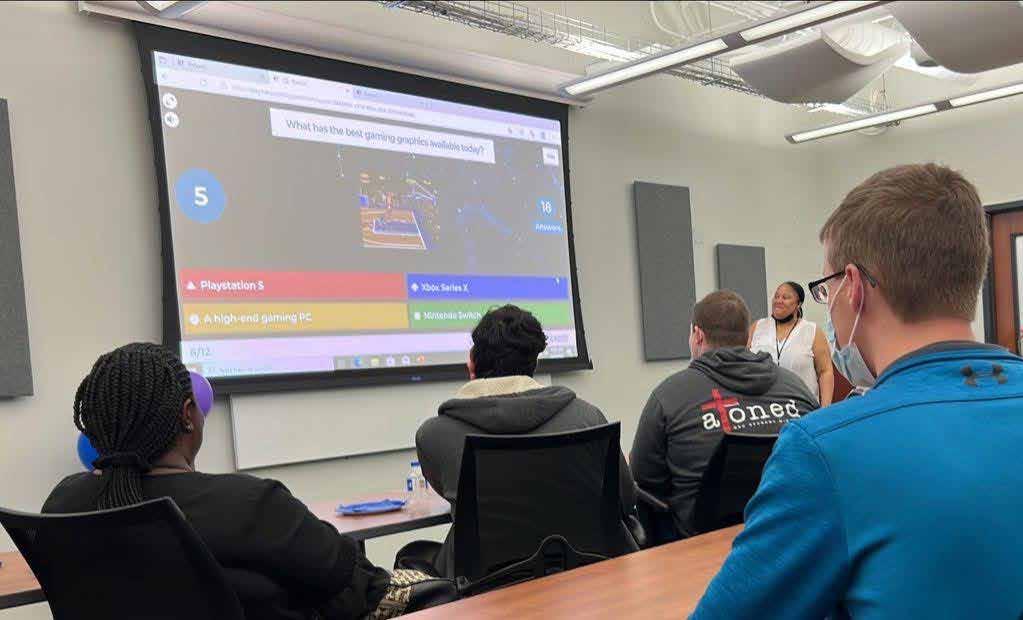
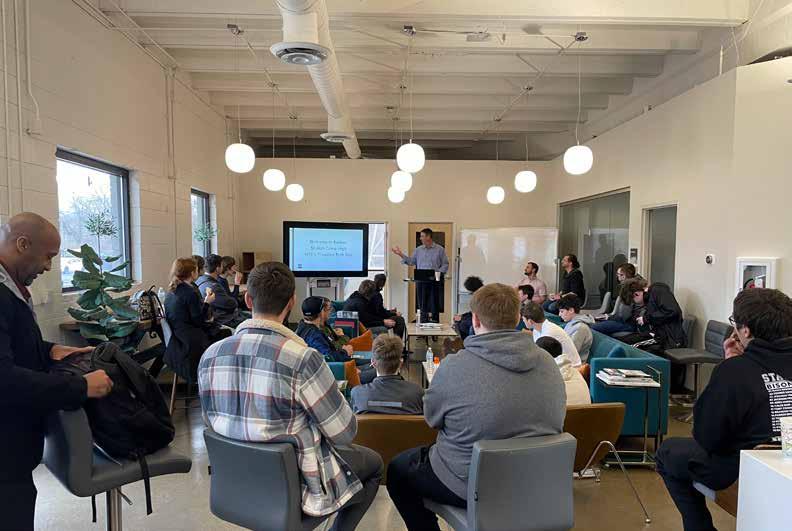
Opened in 2017, Tech Hill Commons is the public gathering place for Nashville’s diverse community of tech leaders, business builders, user groups, students and tech educators. The 9500 sq foot tech venue houses the NTC’s new HQ, two executive board rooms, 150-person event space, and a tech learning center. Whether you’re looking to challenge your team in an offsite retreat, teleconference with a client, organize your next cohort meeting, develop the next generation of tech leaders, or launch your new innovation, our Tech Hill Commons spaces are available to exceed your organization’s needs. TechHillCommons.com
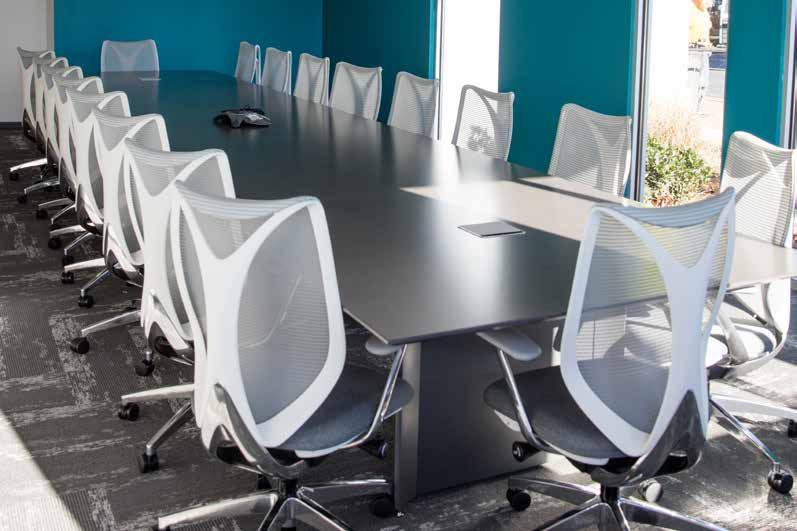
One of the most successful examples of the NTC’s work is the annual Nashville Analytics Summit. Starting with 90 attendees in 2015, now with over 500% growth since inception, the Summit continues to expand as one of Nashville’s largest, locally grown tech events in the region bringing together hundreds of data and analytics professionals from organizations from across Middle Tennessee, 47 cities and 19 states.
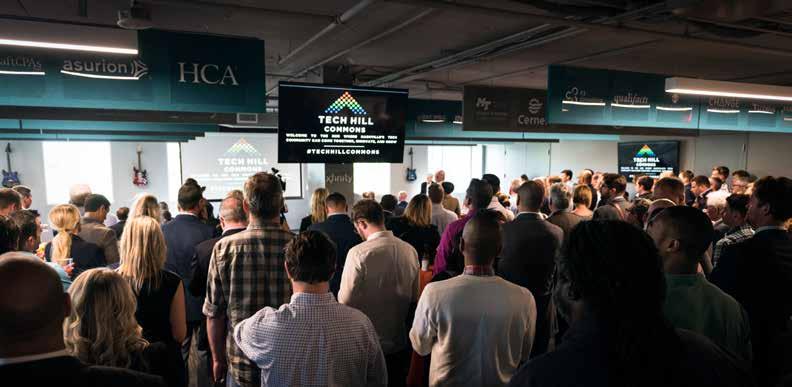
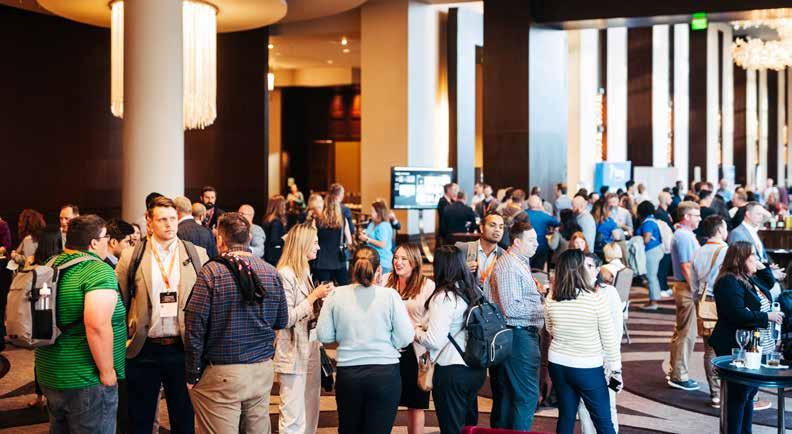
The two-day Analytics Summit focuses on fundamental issues in organizations today: how to effectively leverage big data and analytics. This two-day event alternates between hands-on workshops and speaker presentations, presented by experts from various industries and backgrounds. TheAnalyticsSummit.com
Nashville’s tech awards are dedicated to connecting, uniting, developing and promoting Middle Tennessee’s rich community of developers and technology entrepreneurs, enthusiasts and institutions with awards in 14 categories. Winners are awarded a signature Gibson guitar before a jam packed audience of hundreds of Middle Tennessee tech community peers
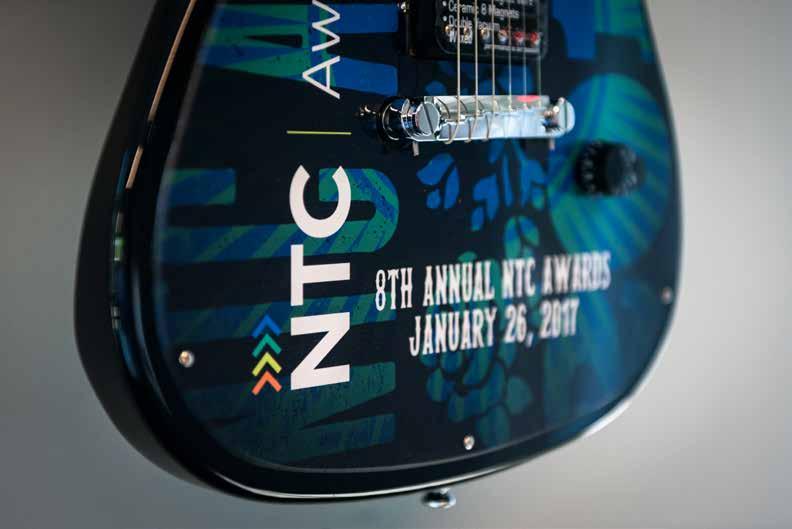
If 2020 proved anything, it’s that change is inevitable, whether that is decided on internally or not. “The ability to be resilient lies within confidently understanding where your organization is today, where it desires to be, the team that makes it up, and the processes that support it, fast,” says CEO, Rusty Goodsell. “New Orchard was created to help people drive sustainable change as best they can and we’re very proud to have created the first toolset to accelerate it.”
New Orchard is a change analytics company specializing in quantifying, profiling and improving the existing behaviors within a business. Born out of the information gap between leadership and their teams, New Orchard partners with clients to define, implement, and maintain sustainable change initiatives using customized data from within each client organization.
Booz & Co. reports that, “54% of the C-Suite does not believe their strategy will lead to success.” Historically, leaders have gone vertical into KPI’s and OKR’s in an attempt to increase their chances of identifying where things break down, but New Orchard believes this “solution” starts in the wrong place.
“The impact of mindset, approach, internalized behaviors and bias on organizational growth has been proven, but decision makers had only been given one, costly option for getting custom data until we started. The industry standard required bringing in a third party for months at a time and hoping lengthy, subjective interviews could illuminate some of what executives couldn’t (or prove what they already knew to be true). We realized it was the subjectivity of this whole process costing leaders their strategy. Organizational evaluation was far too subjective on the people front and, as a result, over-reliant on historical metrics.”
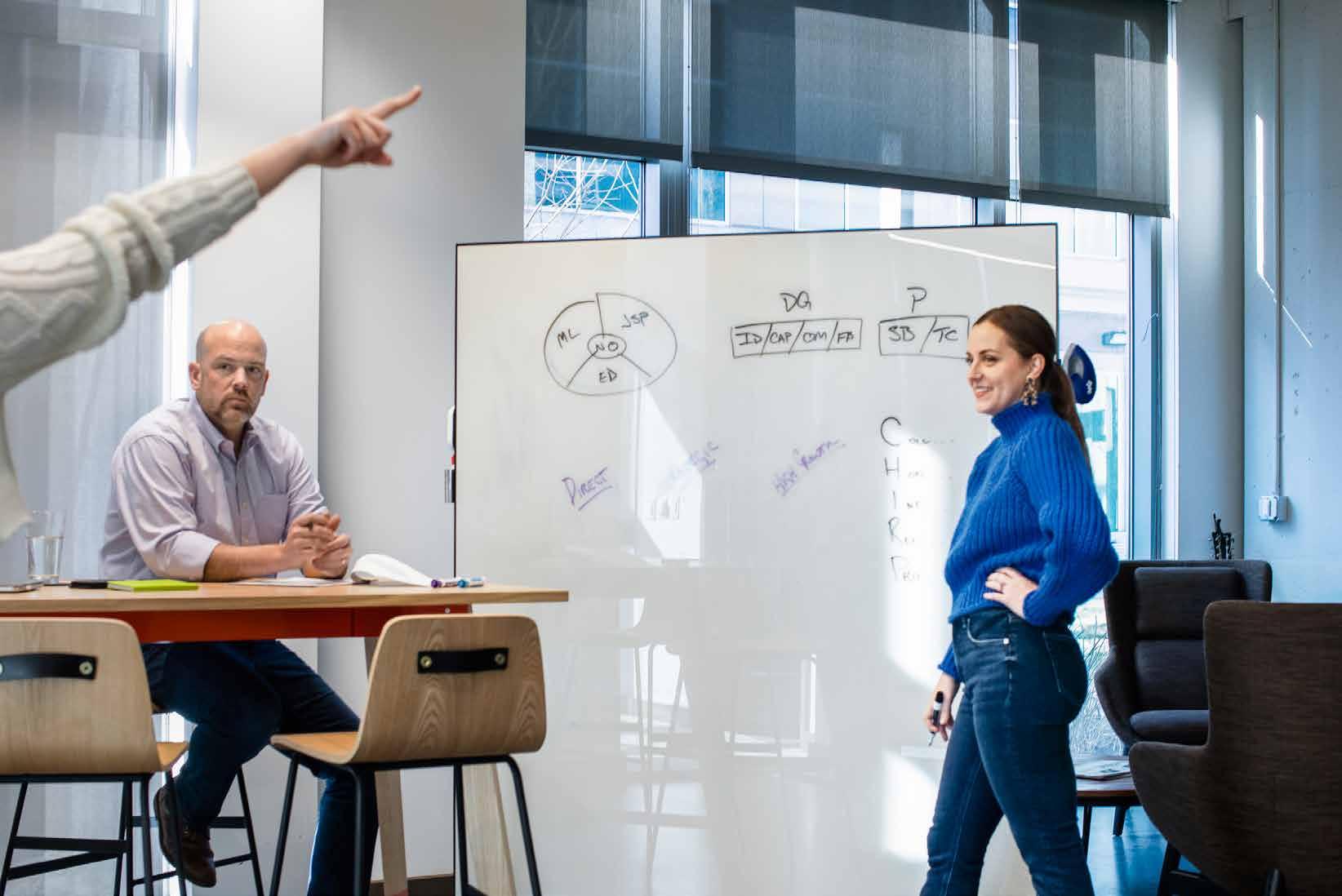
Leaders are getting catfished by the promise of data. New Orchard helps lessen those odds.
New Orchard created a way for anyone to measure - quantify and qualify, objectively - the Identity, Change Capacity and Operational Maturity of a business. Not personality assessments, organizational evaluation at scale. Finally, there is a way for business leaders and consulting firms alike to uncover real-time, data-driven insights at a rate no one else can.
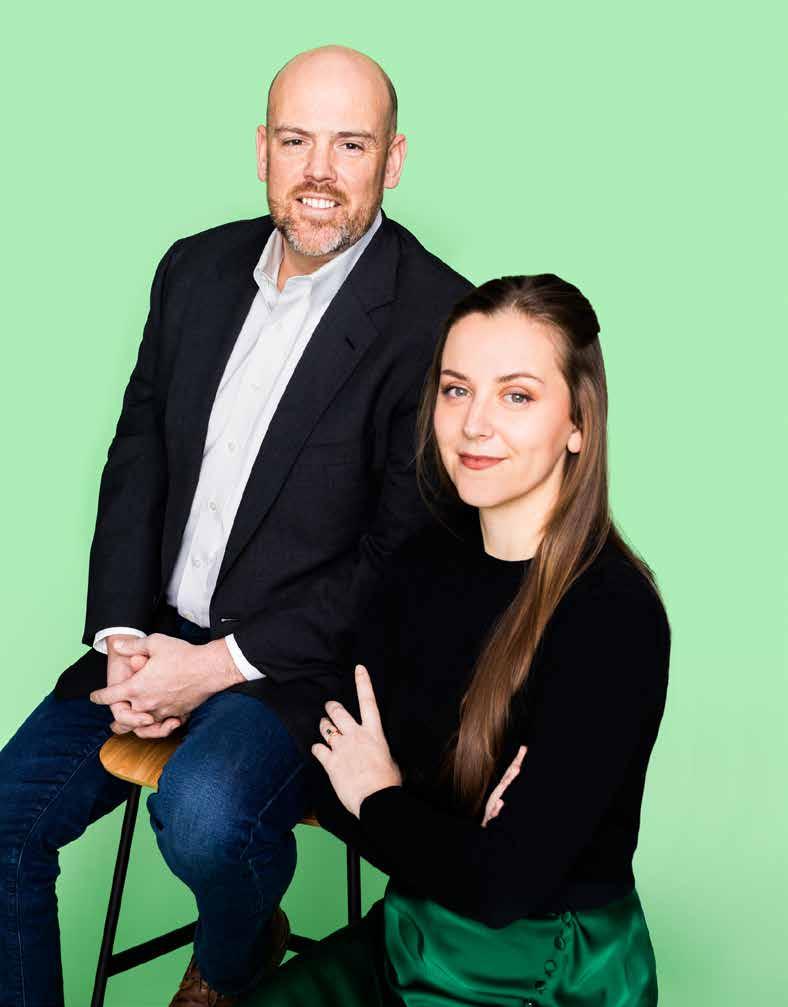
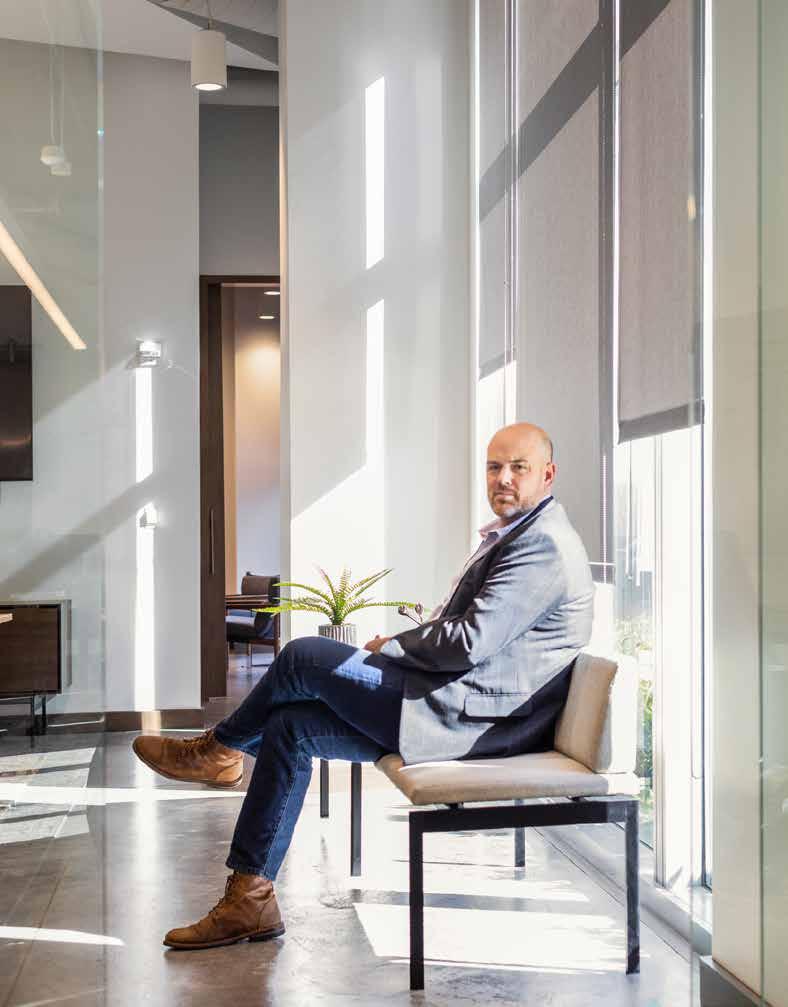
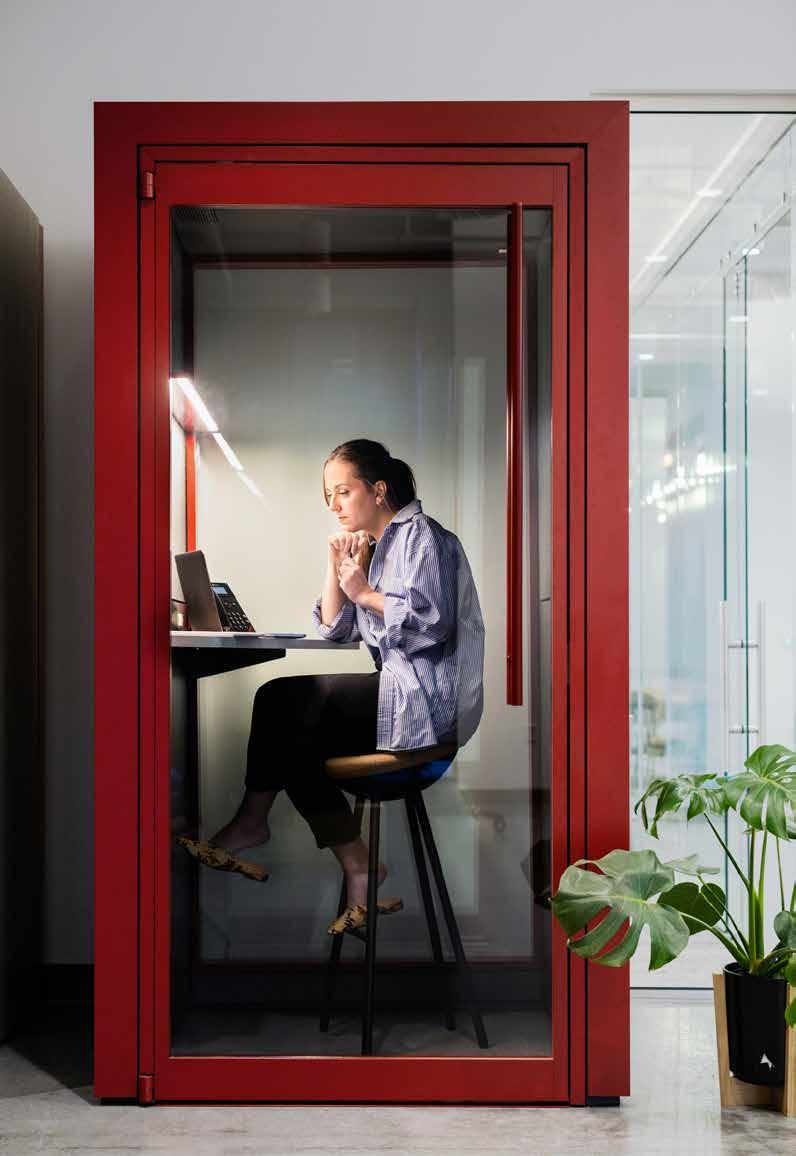
“The threat to many industries today remains the Cost-Quality-Speed ratio and every decision maker is asking themselves the same set of questions. ‘How can we uncover our blindspots, clarify where we want to go, prioritize change initiatives based on what it takes to get there and implement these strategies across capable teams - within a reasonable amount of time, at a reasonable cost?”’
Change management, acquiring a company, or pivoting a strategic plan are all deeply weighted efforts. New Orchard found that making such large decisions without customized, objective data to be most costly in its lack of visibility into the root cause. All of New Orchard’s tools are based on the science behind the CMMI and Big 5 Frameworks. Carnegie Melon University created the CMMI Framework to, “make maturity models—which measure the ability of organizations to have ongoing improvement in a particular area—more effective and usable by integrating a number of models into a single framework.”
The Big 5 (also called Five Factor) trait model of personality is the most widely accepted personality theory in the scientific community. It is generally believed to be the most scientifically sound way of conceptualizing the differences between people.
Small businesses make up 99.9% of all companies in the United States. Within a year, 20% of new small businesses fail. That number rises to 30% before the end of the second year. After five years, half of those small businesses have failed. Profits only start trickling in after 18 to 24 months. That’s far from the hyped picture portrayed by the media. It makes for sober reading for entrepreneurs.
But it doesn’t have to be that way. Small businesses frequently struggle to successfully employ data analytics to achieve business goals or gain a competitive edge. With data analytics, small businesses can improve efficiencies, boost productivity, and better target their customers. The
questions small businesses ask most commonly about data are “What data do I REALLY need?”, “What tools should I use?”, “What steps should I take to protect the data?”, “How do I get company buy-in?”
Becoming a data-driven organization can be a daunting task. It can be hard to know where to start. Rachel + Winfree Data Consulting recognizes the multiple challenges facing small businesses in the United States.
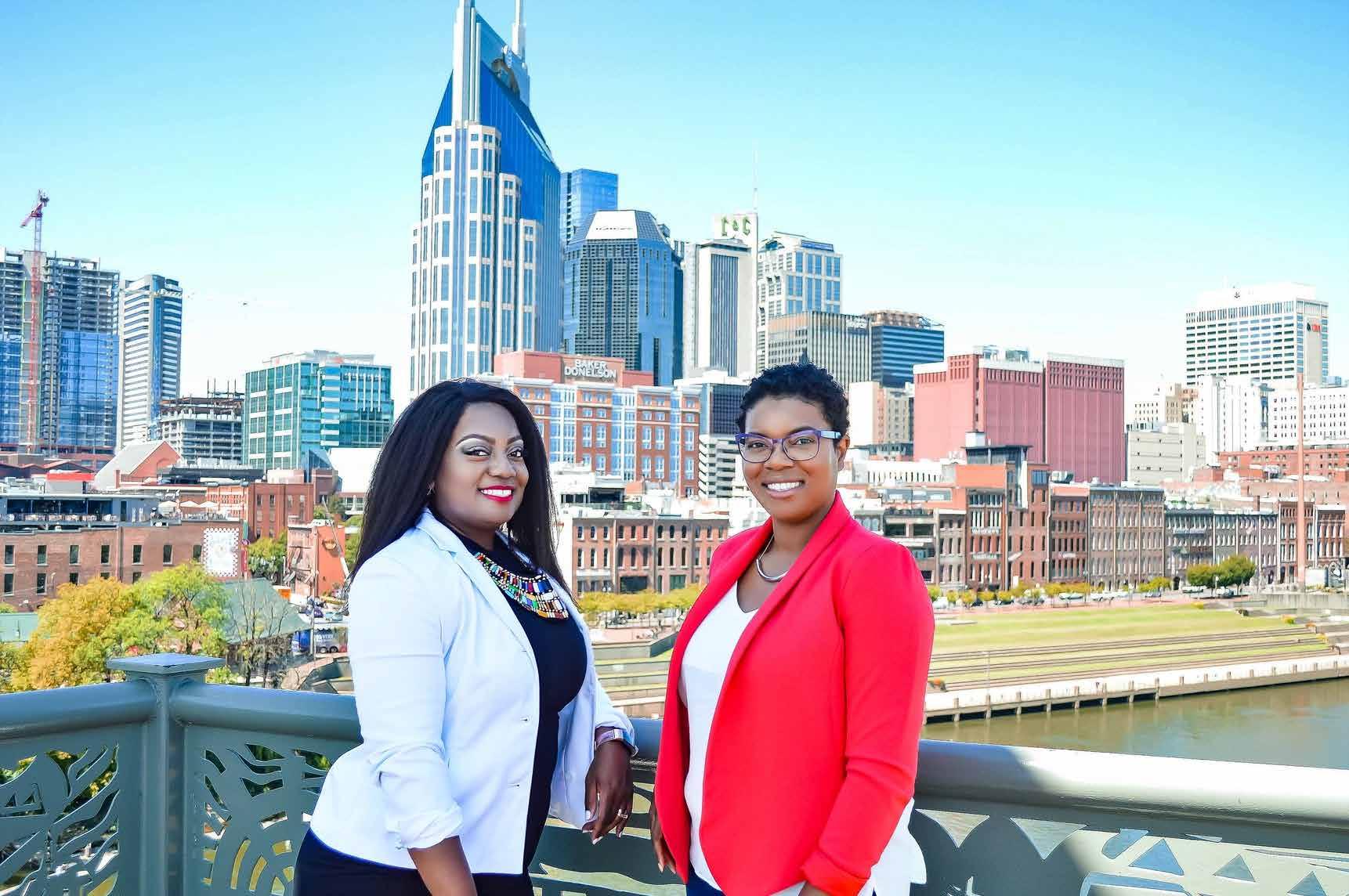
Rachel + Winfree Data Consulting specialize in data strategy design and implementation, data coaching, and organizational culture change for small businesses to help them compete in a data-driven economy.
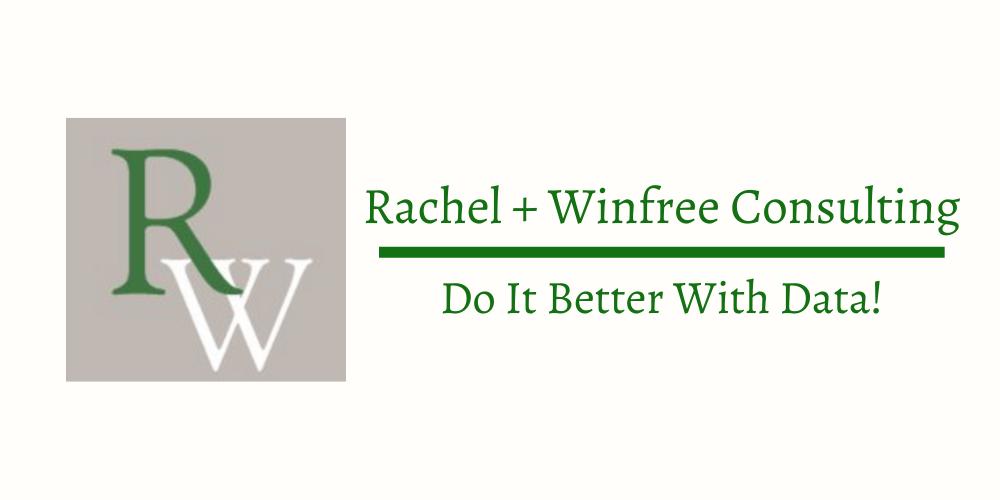
“In a data-driven economy, being able to use your data to make better decisions, develop better products, or better target your customer are skills that will separate businesses that thrive from those that fail.”
Rachel + Winfree Data Consulting’s mission is to help small businesses make the most of their data by assisting them in designing and implementing custom data strategies. Their goal is to help small enterprises participate in the digital revolution by listening to their business aspirations and providing them with clear, data-driven steps to get there.
Rachel + Winfree Data Consulting believes a data-driven business culture is truly the key to a successful and sustainable data strategy. Co-founded by Holly Rachel and Lena Winfree, this firm provides full-service consulting by working side-by-side with small businesses to create custom data strategies. The company will help implement proven techniques that reduce resistance in organizations, increase stakeholder buy-in, and help companies to become truly data-driven and data-centric.
The company’s motto is “Do it better with Data.” For founders Holly and Lena, that is their professional motivation for business, empowering small businesses to thrive and supporting budding Blacks in technology.
Holly says: “We are proud to provide end-to-end data analytics services to our clients. This means that we don’t just provide recommendations, we can provide the resources needed to see your data project through!”
Lena enthuses: “In a data-driven economy, being able to use your data to make better decisions, develop better products, or better target your customer are skills that will separate businesses that thrive from those that fail.”
Holly is a graduate of Oakwood University and Vanderbilt University, with over a decade’s data analysis and project management experience. Lena is also a graduate of Oakwood University, as well as Alabama A&M University, and has over 15 years of experience in data analysis, project management, data wrangling, curation and mining.
Both women are proud advocates for small business in Nashville, with deep roots in the local community. Their vision is to build Nashville and then branch out to other cities across the United States.
Lena and Holly co-founded the Blacks in Technology (BiT) chapter in Nashville. Holly proudly serves as President of the BiT-Nashville chapter, and Lena as its Vice President. BiT is a global platform dedicated to increasing the representation and participation of Black people in the technology industry.
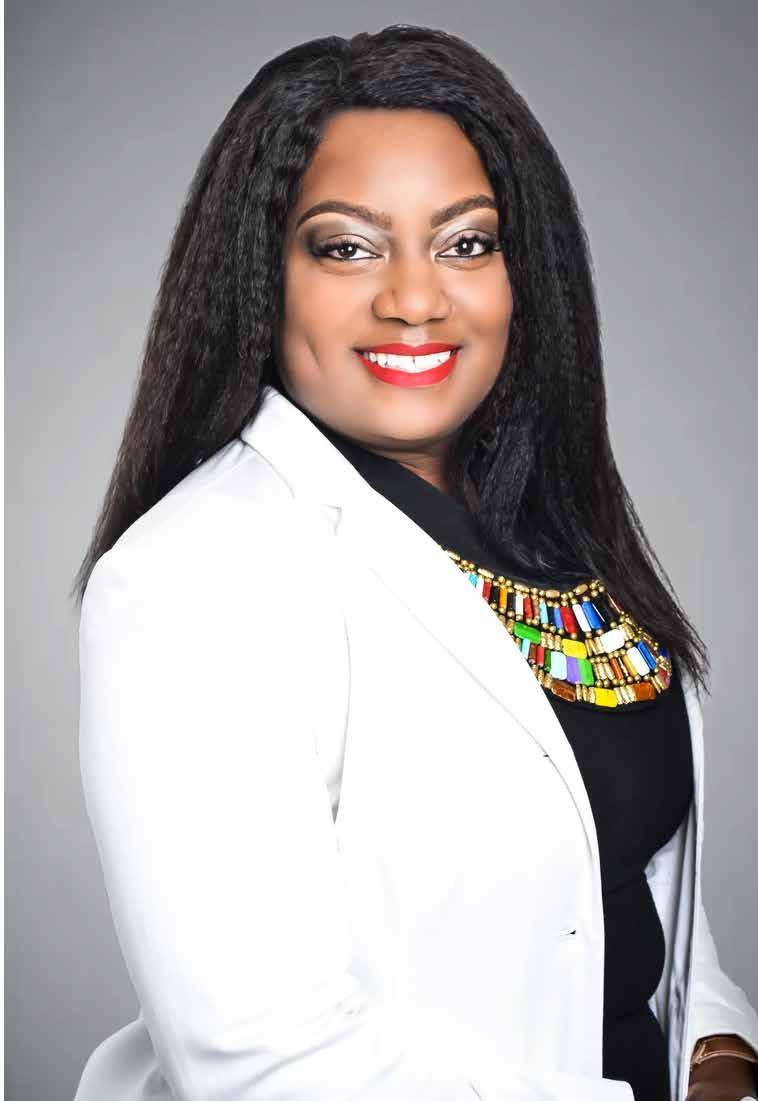
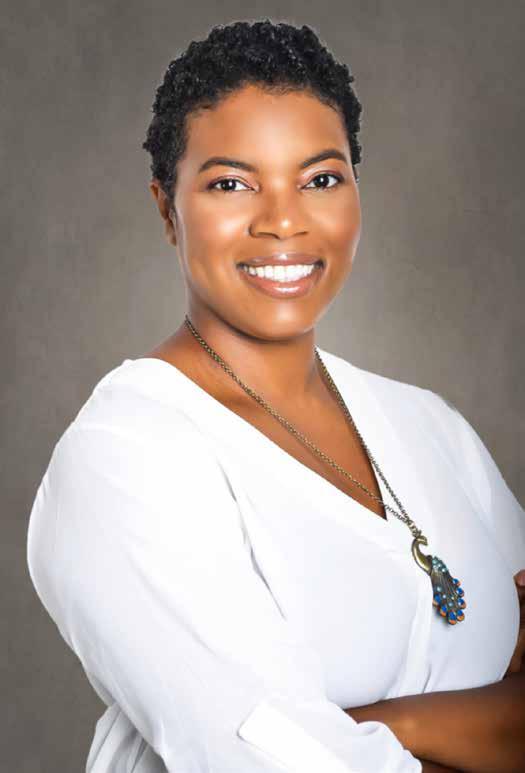
The secret sauce of Rachel + Winfree Data Consulting is their capability to provide a wide range of data services. Together, Holly and Lena make a formidable business pairing to provide a full-service data consultancy.
Taking a company’s goals, Rachel + Winfree Data Consulting designs custom data strategies to achieve those aims best. Holly and Lena offer corporate training workshops to reduce internal resistance, increase shareholder buyin, and provide data coaching services to help organizations optimize and revive existing or stalled data strategies.
For businesses that don’t have an existing data team, or don’t have the resources to find one, Rachel + Winfree Data Consulting serves as the ideal assistance. It connects companies with data professionals to help implement data programs so these small businesses can get straight to the insights.
The services include data analytics, strategic planning, infrastructure builds, integrated data solutions, technical project management, data warehousing, data governance and quality control, and data-driven diversity training.
Rachel + Winfree Data Consulting believes in integrity, honesty and transparency. With a kind, straightforward and down-to-earth attitude, Holly and Lena will help you to understand – and master – data for your business to grow and become sustainable. Simply put, do it better with data!
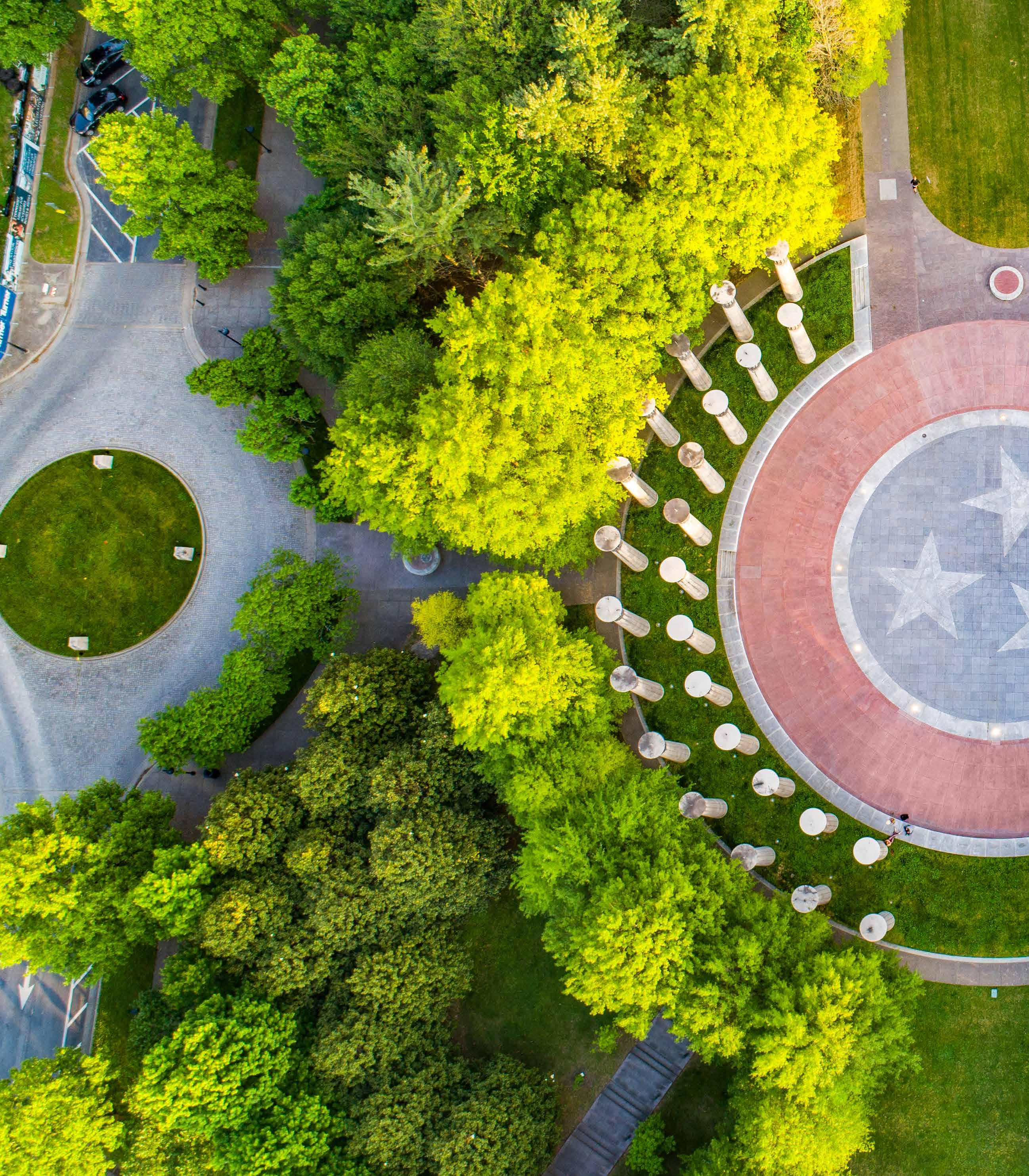
MAEWEST
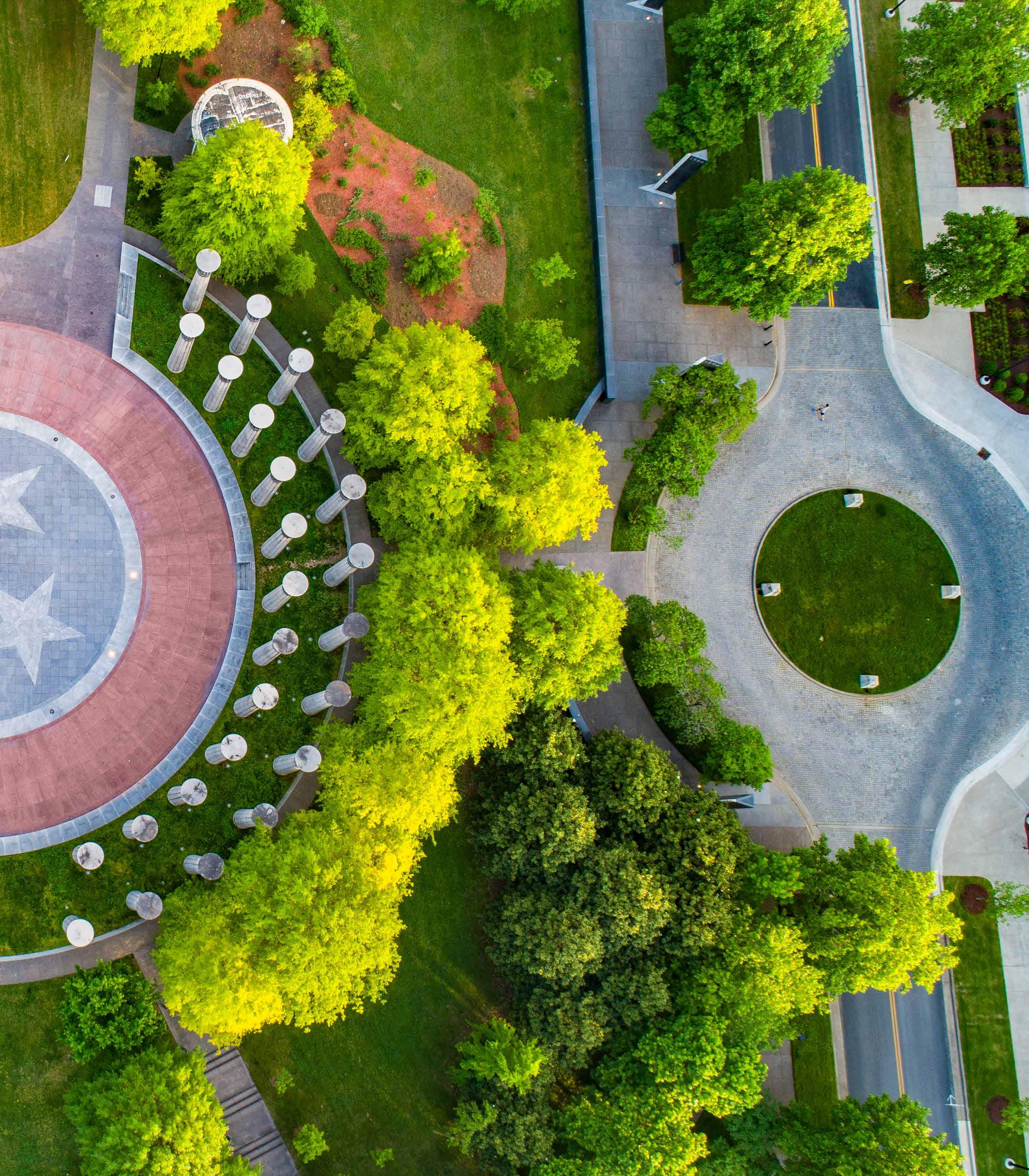
“You only live once, but if you do it right, once is enough.”

When HCA Healthcare was founded in 1968, we set out to be a different kind of healthcare system. We strived to harness the combined expertise and resources of multiple hospitals to help our frontline caregivers provide high-quality, patient-focused care in a way no single hospital could do alone. Today, that original vision is thriving, and the key to its success is innovation.
The healthcare industry can be a challenging space to innovate because it is extremely complex, often fragmented, and the stakes could not be higher. But that is also why it is the most critical. Our mission – to care for and improve human life – is at the core of everything we do, and innovation is an integral part of how we achieve it.
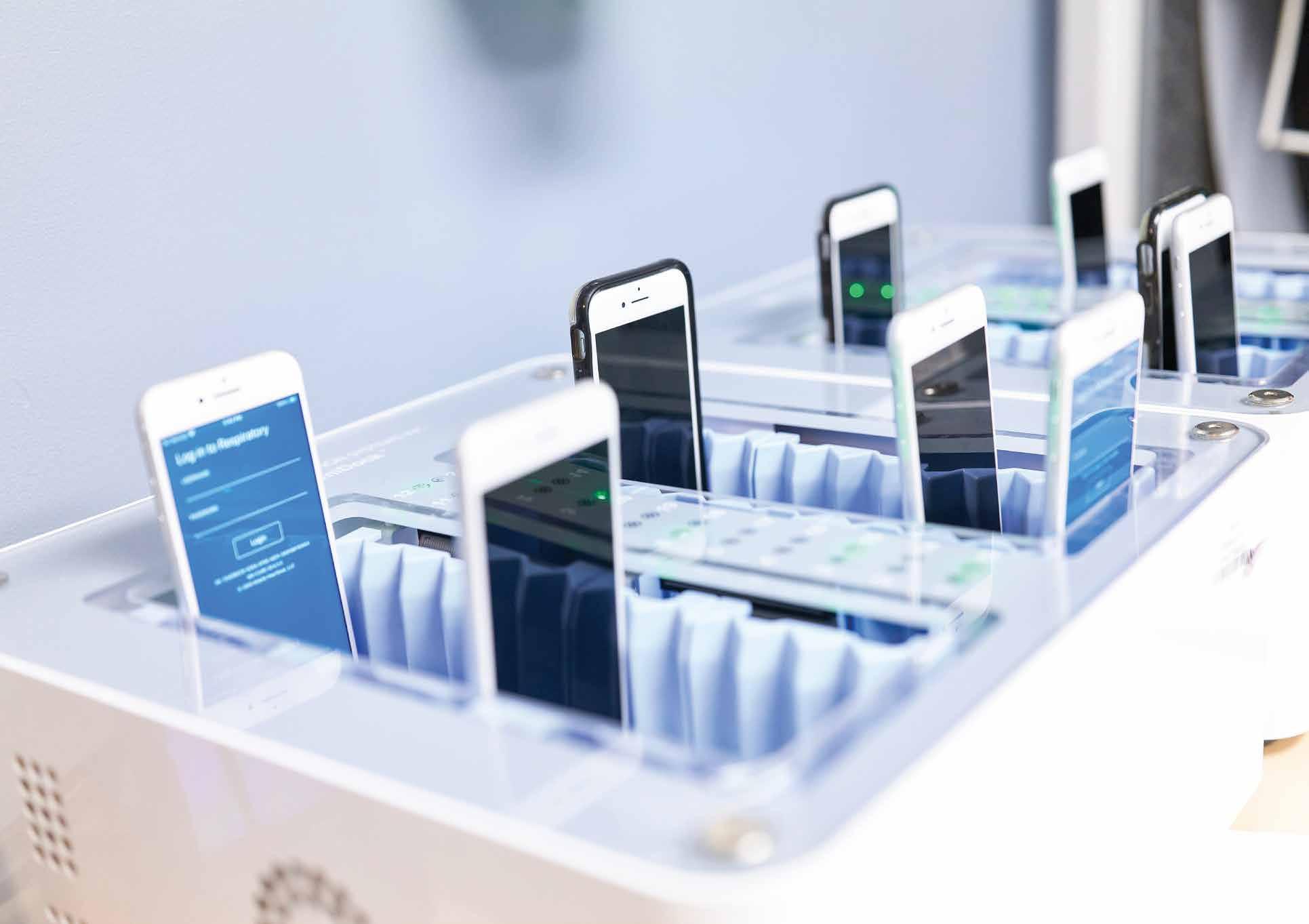
One of the foundational ways we innovate at HCA Healthcare is by operating as a learning healthcare system. Our network cares for approximately 35 million patient encounters each year, and we have one of the largest collections of clinical data in the country.
To synthesize this vast data, HCA Healthcare’s Information Technology Group built a Clinical Data Warehouse, which receives and securely maintains information from the electronic health record and other data sources. The Clinical Data Warehouse is the heart of our data ecosystem. It helps us aggregate and analyze de-identified data in real time and provides actionable information to hospital leaders and care teams, so they can continue to provide high-quality, patient-centered care.
This knowledge is shared across the network with every one of our facilities, creating a connected environment that is constantly improving for the benefit of each patient who comes through our doors.
Our large-scale health services research has helped us better understand how to improve the health of newborns, reduce healthcare-associated infections, and identify sepsis earlier. These learnings have gone on to inform not just care protocols and operations, but also industry standards, resulting in measurable patient care improvements within and beyond HCA Healthcare.
For example, one of the first enterprise predictive analytics tools we developed in-house was SPOT (Sepsis Prediction and Optimization of Therapy). SPOT is a system to help clinicians more quickly identify patients with sepsis.
Building upon the capabilities of SPOT technology, HCA Healthcare developed its Next-gen Analytics for Treatment and Efficiency (NATE) platform. Early in the COVID-19 pandemic, when little was known about the effects of the virus, NATE provided analytic insights to assist clinicians in applying the appropriate clinical protocol for mechanically ventilated patients. The ability to closely monitor key data points resulted in decreasing patients’ length of stay and helping to increase survival for COVID-19 in HCA Healthcare facilities by 28%.
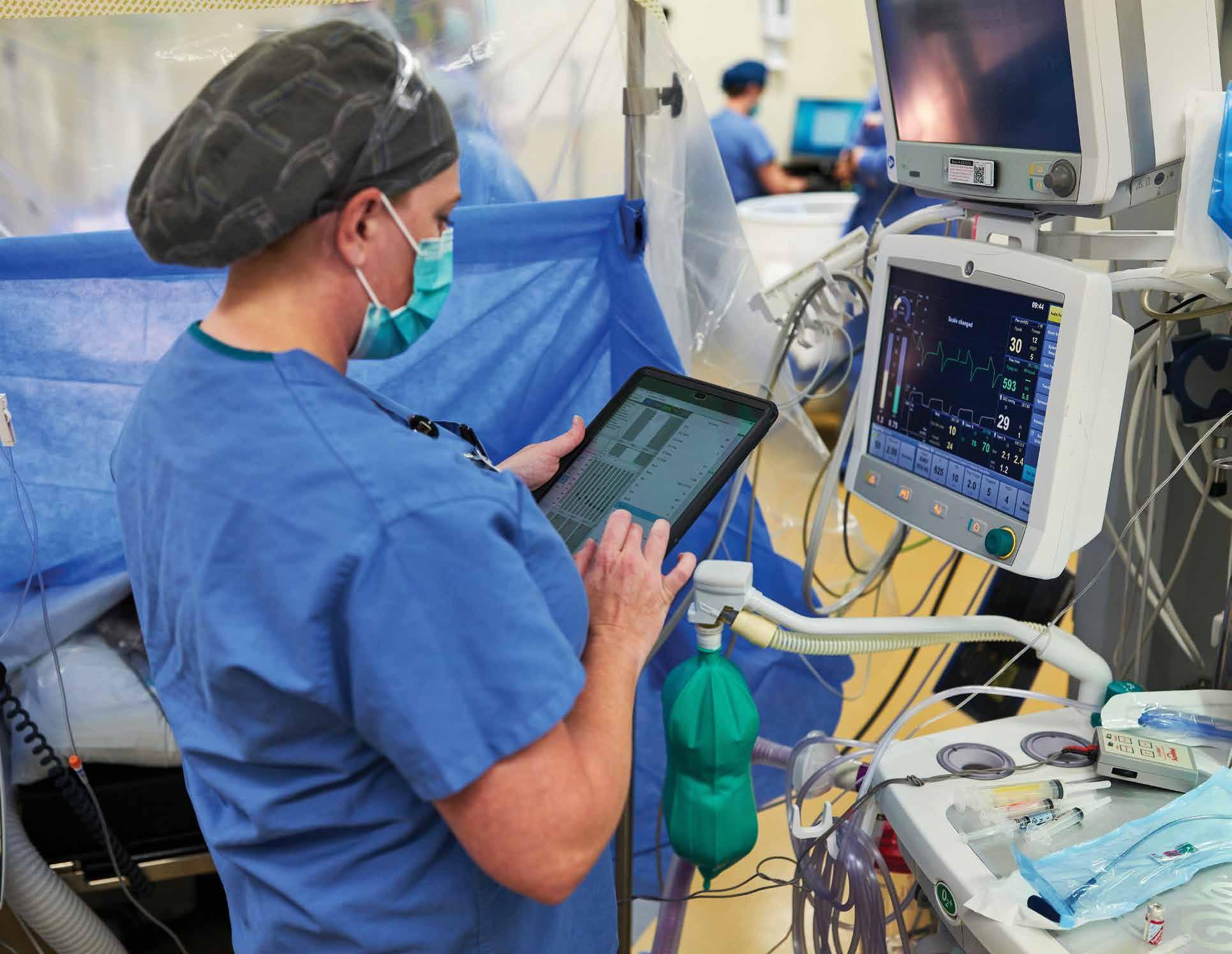
Looking ahead, the promising potential benefits of machine learning and AI require large amounts of data to be able to learn and recognize patterns. The scale and interoperability of our system allows us to advance data collection, machine learning and AI-enabled solutions. Through a new partnership with Google, we are working with their cloud team to create a secure and dynamic data analytics platform that will enable the development of next generation operational models, all with the goal of enabling better patient care to be delivered more efficiently, more consistently and more transparently.

While innovation has always been part of our DNA, we recently decided to double-down on our identity as a learning healthcare system by launching a new strategic pillar in 2021: Care Transformation and Innovation (CT&I). CT&I aims to build the hospital of the future by partnering with our clinicians to integrate technology into care delivery, developing and scaling bold innovations that address both current and anticipated challenges the industry is facing.
CT&I works directly with frontline clinicians to identify areas for improvement and then test, measure and scale solutions. Currently, the team is testing new technology and processes that can help reduce the
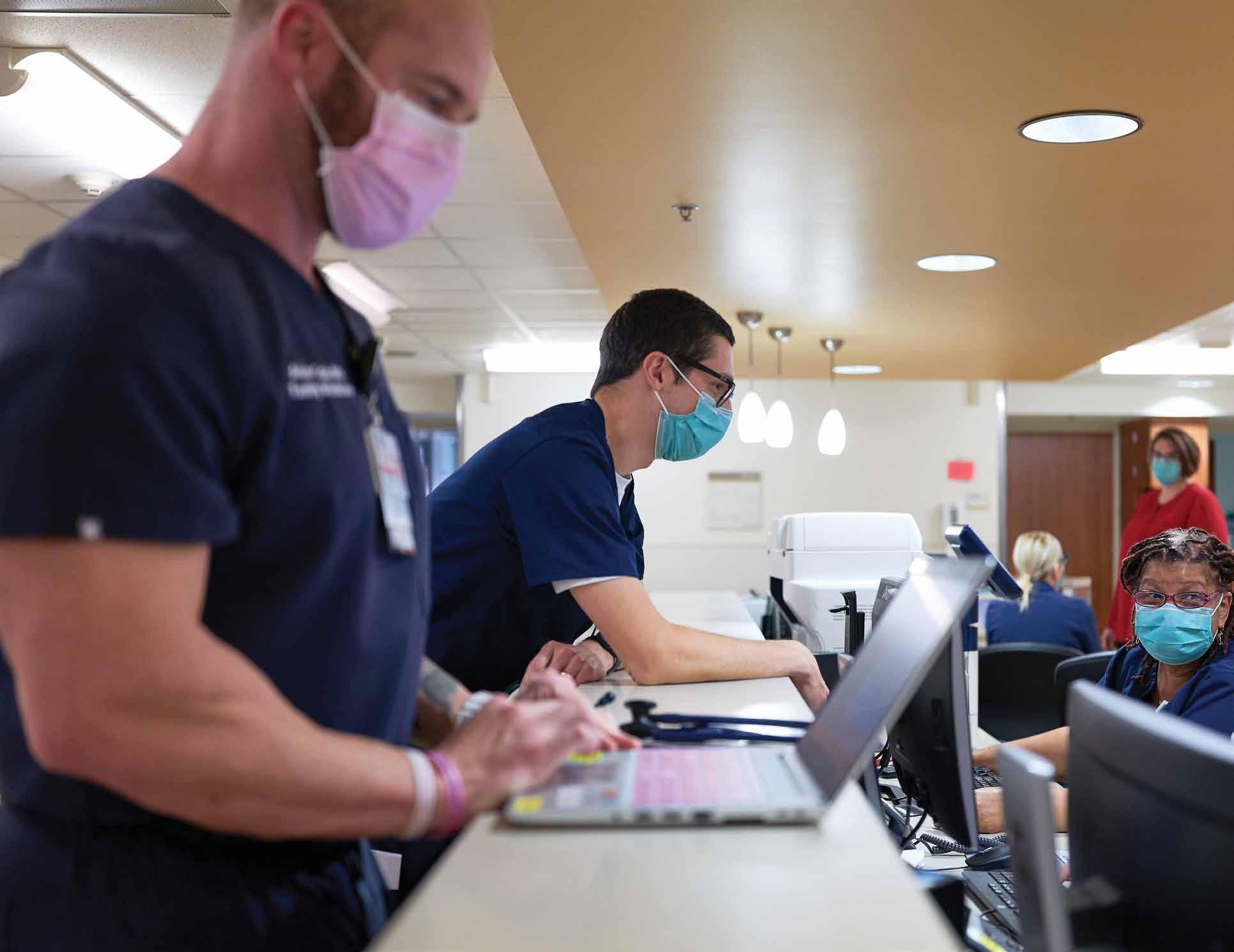
administrative burden for labor and delivery clinicians so they can spend more time caring for patients. One issue that our frontline caregivers identified was that L&D sees a high variation in patient needs. This can create challenges for care teams on days when the volume is higher than expected, for example.
In order to address the issue, we utilized our data on deliveries in our hospitals from the prior year and built an algorithm designed to predict information about the patients our department will have in the next 60 days. This includes both volume and the type of patient – who is going to have a routine delivery versus someone who might have a more complex delivery that needs a more specialized level of care. This tool helps us ensure that we have the right team of caregivers on a given day or shift to provide our patients the best possible care. We are using technology to ease the staff scheduling burden and help our care teams spend more time at the bedside.
Our CT&I work happens at our dedicated Innovation Hubs and Innovation Departments, locations at our hospitals around the country specifically designed for this. The solutions eventually will be deployed across the enterprise, further enabling us to use our resources and national reach to learn, innovate and improve.
As technology rapidly advances, HCA Healthcare continually explores the latest and emerging trends. We are excited about the potential for wearable technology to help improve patient care and time-consuming processes like documentation that can be partially automated.
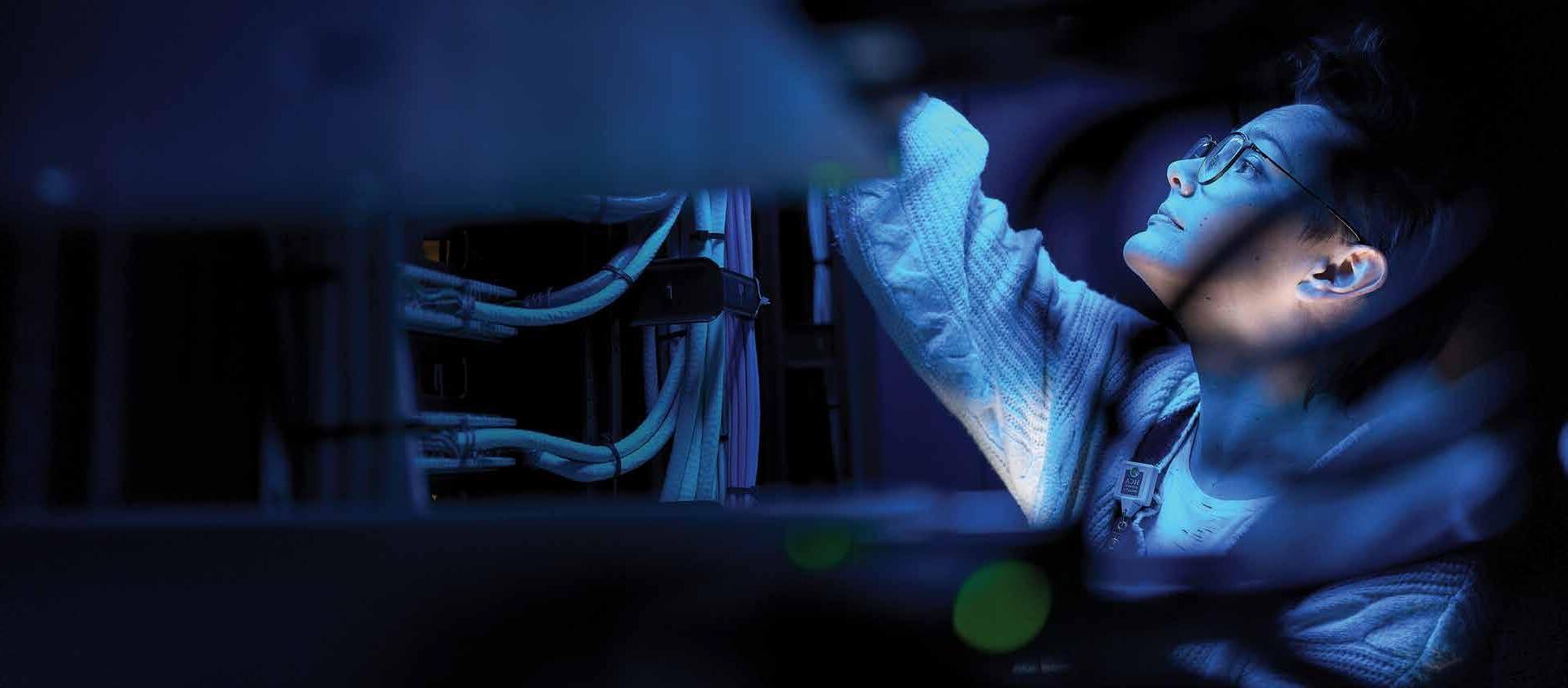

In the future, another technology we see having a real, useful application in the healthcare space is a digital twin – a virtual model of our hospital environment designed to reflect the real thing. These digital twins would allow us to test changes in workflows and their ripple effect across hospitals in a simulated environment, allowing us to try bolder innovations and test and fail faster than we currently can in a real-world situation to more quickly identify innovative solutions.
The innovation that is currently happening and will happen in the future comes back to our mission of caring for and improving human life. Technology is a key enabler of how we take care of our colleagues and deliver highquality care to our patients and communities, and we will continue to build on our legacy of innovation and grow as a learning healthcare system in service of that mission.
The genesis of EvidenceCare came one night while Dr. Brian Fengler was working in the emergency room of Saint Thomas Midtown Hospital in Nashville, and a young woman presented with extreme shortness of breath and fast heart rate.
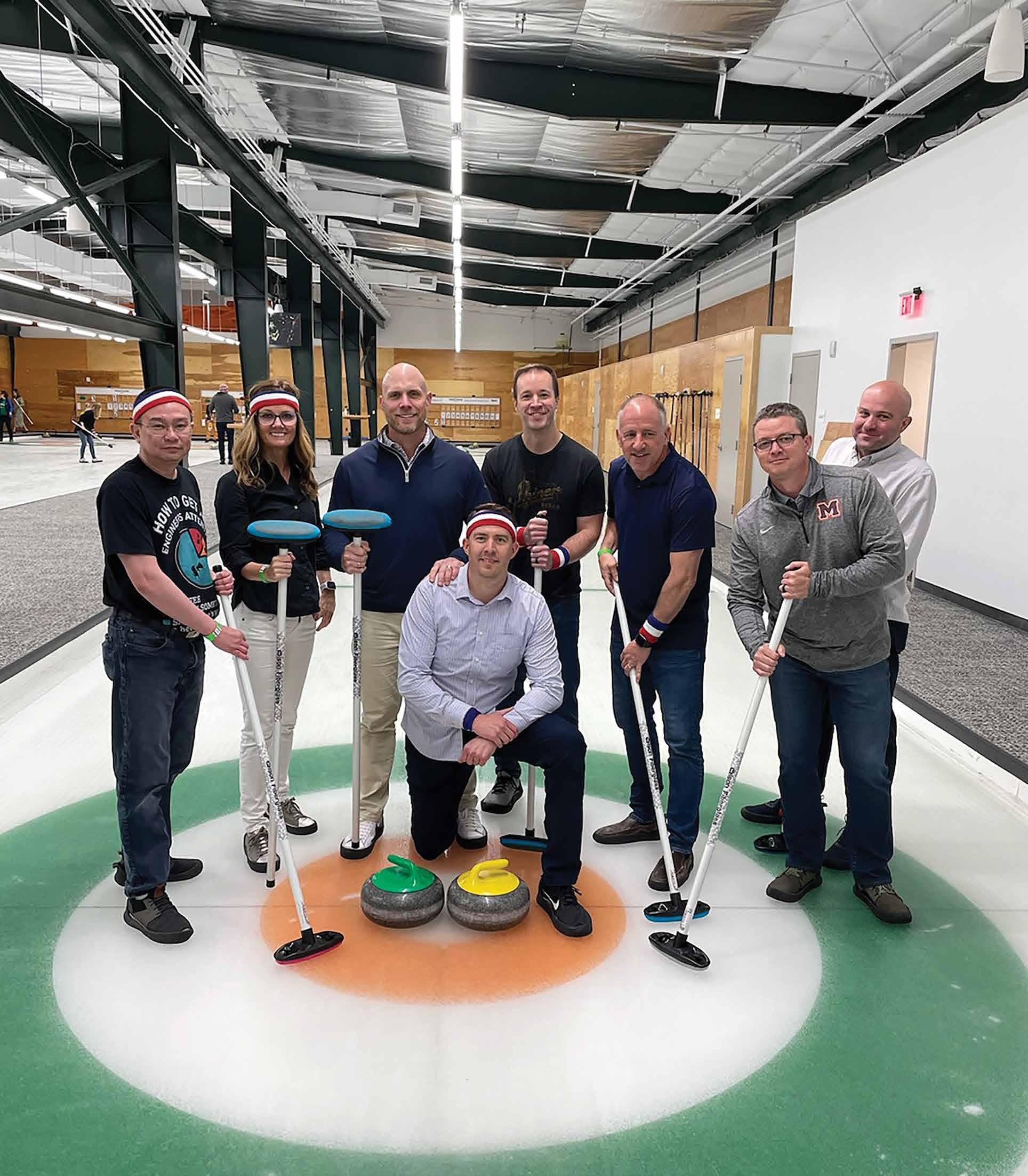
She had a massive blood clot between her heart and lungs. She was also 36 weeks pregnant.
As a resident at the University of Virginia, Dr. Fengler authored a treatment protocol on how to treat pulmonary embolisms, which is exactly what this patient had. Despite being an expert on this condition, he was at a loss when faced with this patient. Although he knew exactly how to treat the patient, he did not know how the treatment would affect her unborn baby.
Like 80% of the decisions made in healthcare, Dr. Fengler went online to search for evidence to support the treatment he felt was best. But he was unable to find this information quick enough and, in the end, was forced to make a snap decision without the benefit of evidence.
While this case resulted in both a healthy mother and baby, the experience left him acutely aware of the massive gap in evidence-based information available to healthcare providers when they need it most.
Fellow Co-Founder, Jim Jamieson, also realized a related issue after spending years in the revenue cycle side of the healthcare industry. When he started working with Dr. Fengler, it became clear that there was a need to get healthcare providers back to doing what they loved most, taking care of patients, and out of the “business” of healthcare.
Providers and their patients deserve the assurance that the right care is delivered at the right time, every time. They created EvidenceCare to help do just that.
They began working together in 2016 to create a solution that would minimize the time healthcare providers spent searching for clinical answers and automating evidence-based guidance within their EHR workflow.
Co-founder and Chief Medical Officer, Dr. Brian Fengler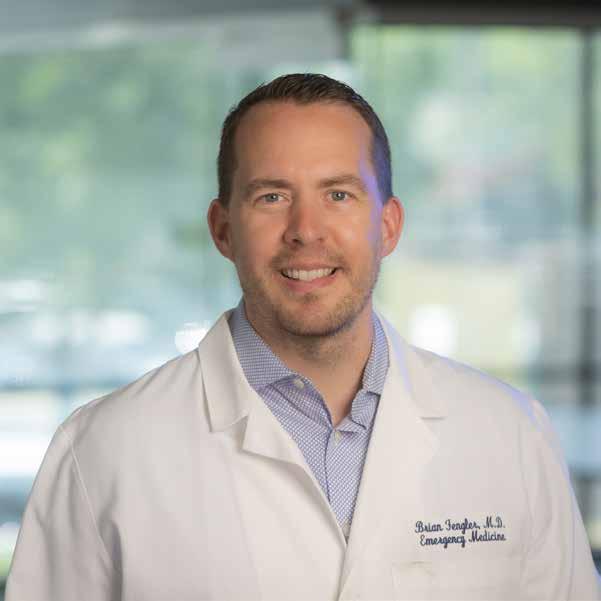
While Dr. Fengler and Jamieson were building the initial EvidenceCare products, CarePathways and AdmissionCare, another doctor in Texas was creating software to solve another issue.
Dr. George Fidone was tired of physicians getting blamed for high costs and variations of treatments, while not being given any tools that would
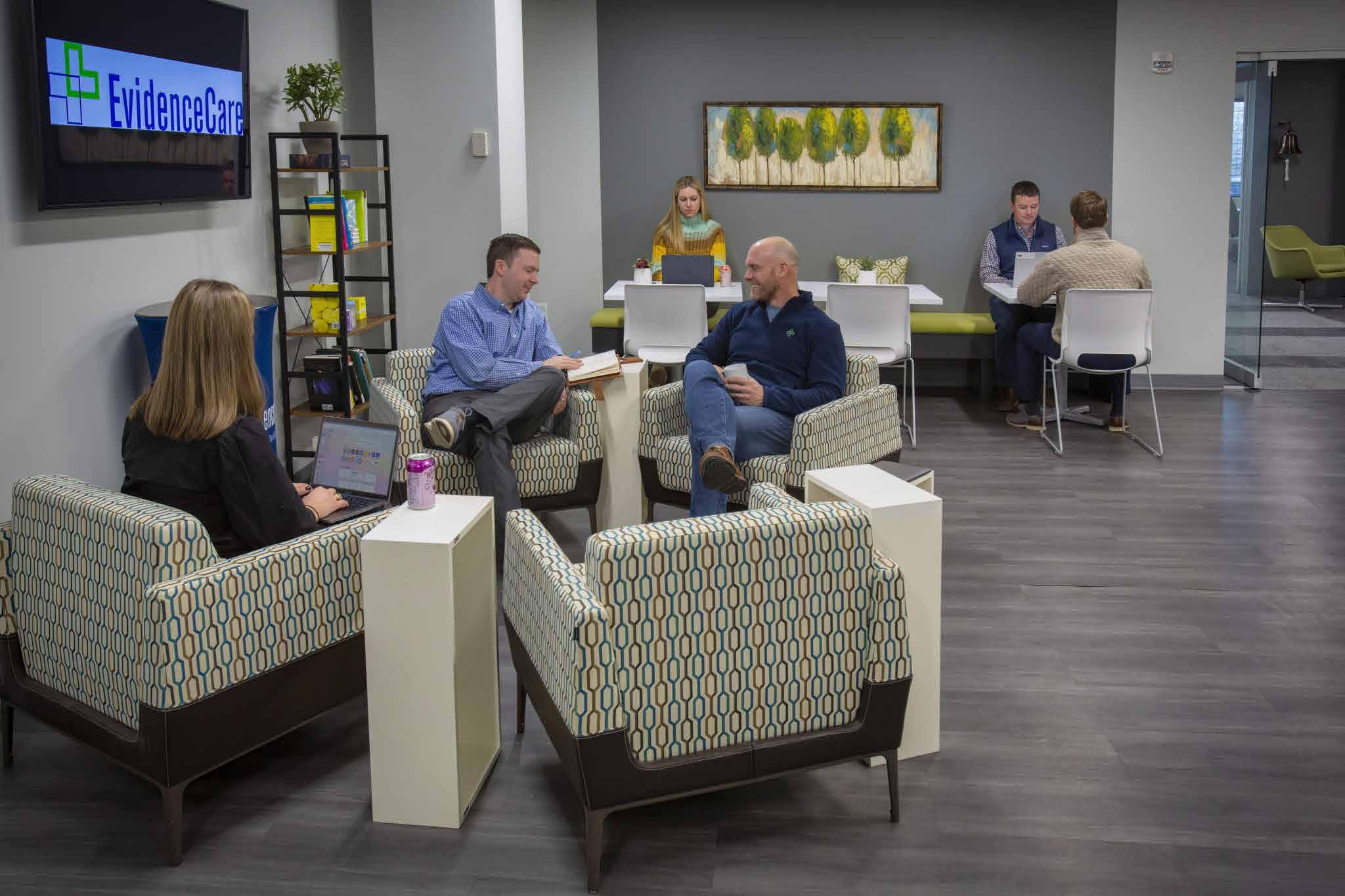
provide visibility into their care decisions. Similar to Dr. Fengler, he saw an opportunity for technology inside the EHR where the physician was already working to be the solution.
Dr. Fidone worked with a team to create CareGauge, which gives physicians real-time insight into the cost and utilization of their treatment decisions as compared to patients who were treated with that same condition.
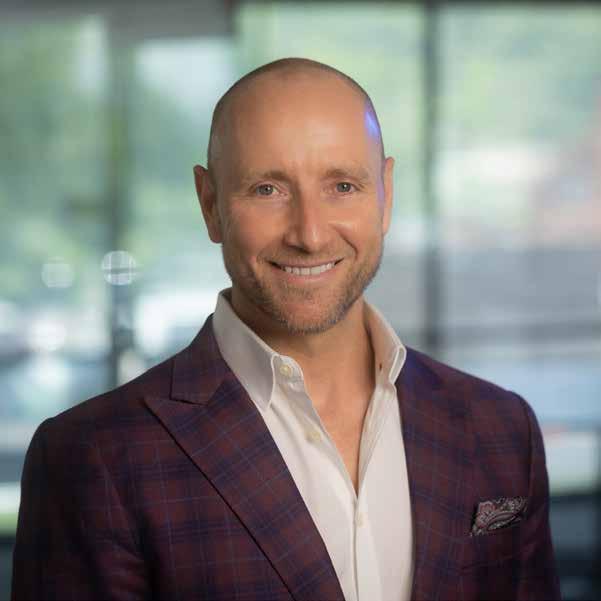
Seeing CareGauge as an innovative addition to their suite of products, EvidenceCare acquired the company who created CareGauge in 2021
Today, EvidenceCare has an evidence-based clinical decision support system (CDSS) that integrates into the top EHR systems in health systems across the country.
The mission of the company is to optimize clinician workflows to deliver better care, improved outcomes, and increased revenue.
There are a lot of clinical decision support tools available in the market, but they all require clinicians to leave the EHR or sign-in to another platform. This only adds technology burden to already burned-out clinicians.
EvidenceCare has built an incredible team of developers and EHR experts to ensure products are integrated into physician’s EHR workflows, removing friction and inefficiency in their processes.
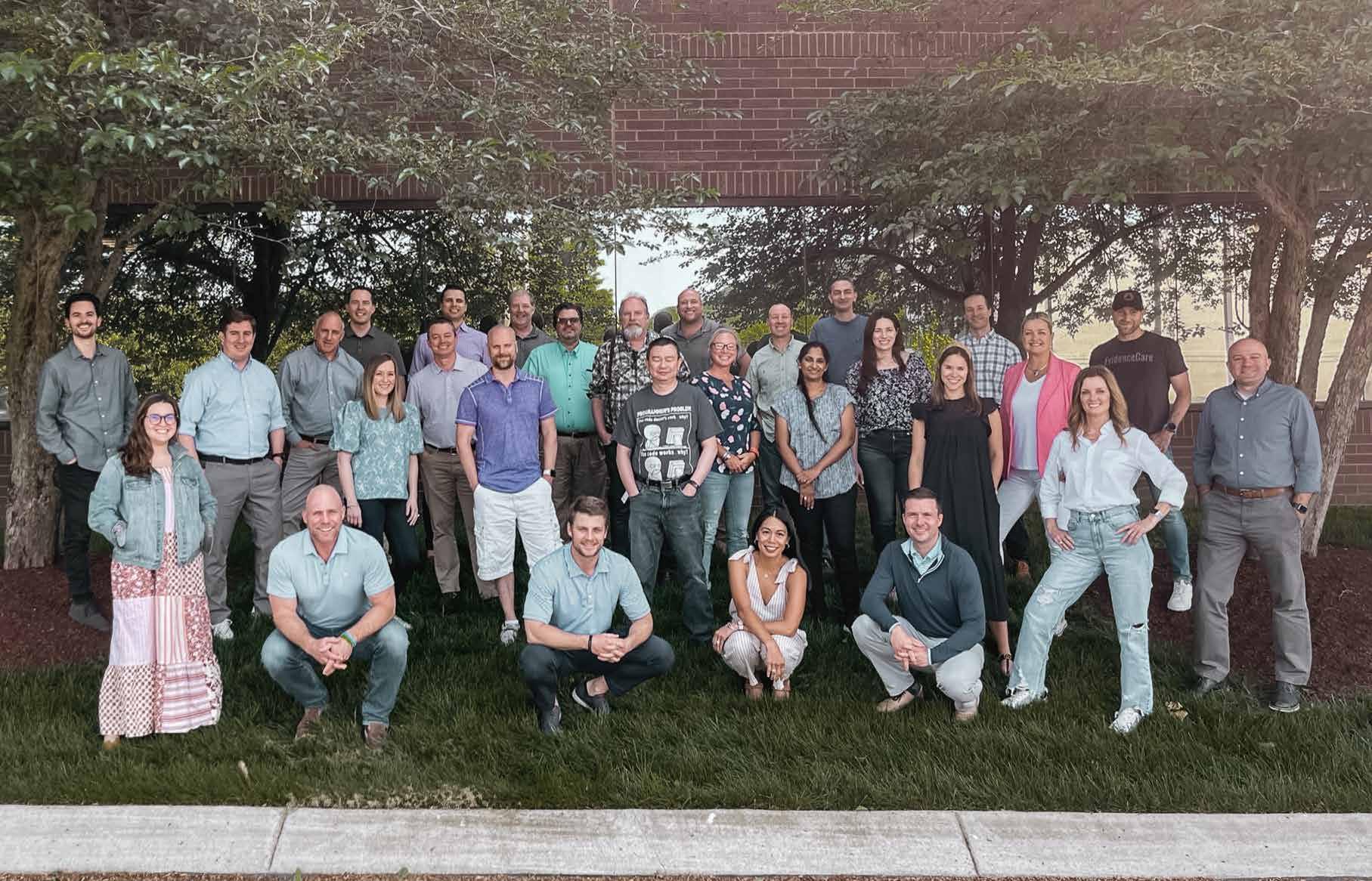
AdmissionCare addresses the pervasive issue of patients getting placed in the wrong bed status. This leads to improper documentation, patient dissatisfaction, and massive revenue loss to the hospital. The problem is that physicians weren’t trained on bed status criteria in school and can’t keep up with constant changes in those criteria. AdmissionCare puts the
criteria for bed status determinations directly in the EHR, making the admission process easier and removing negative downstream effects.
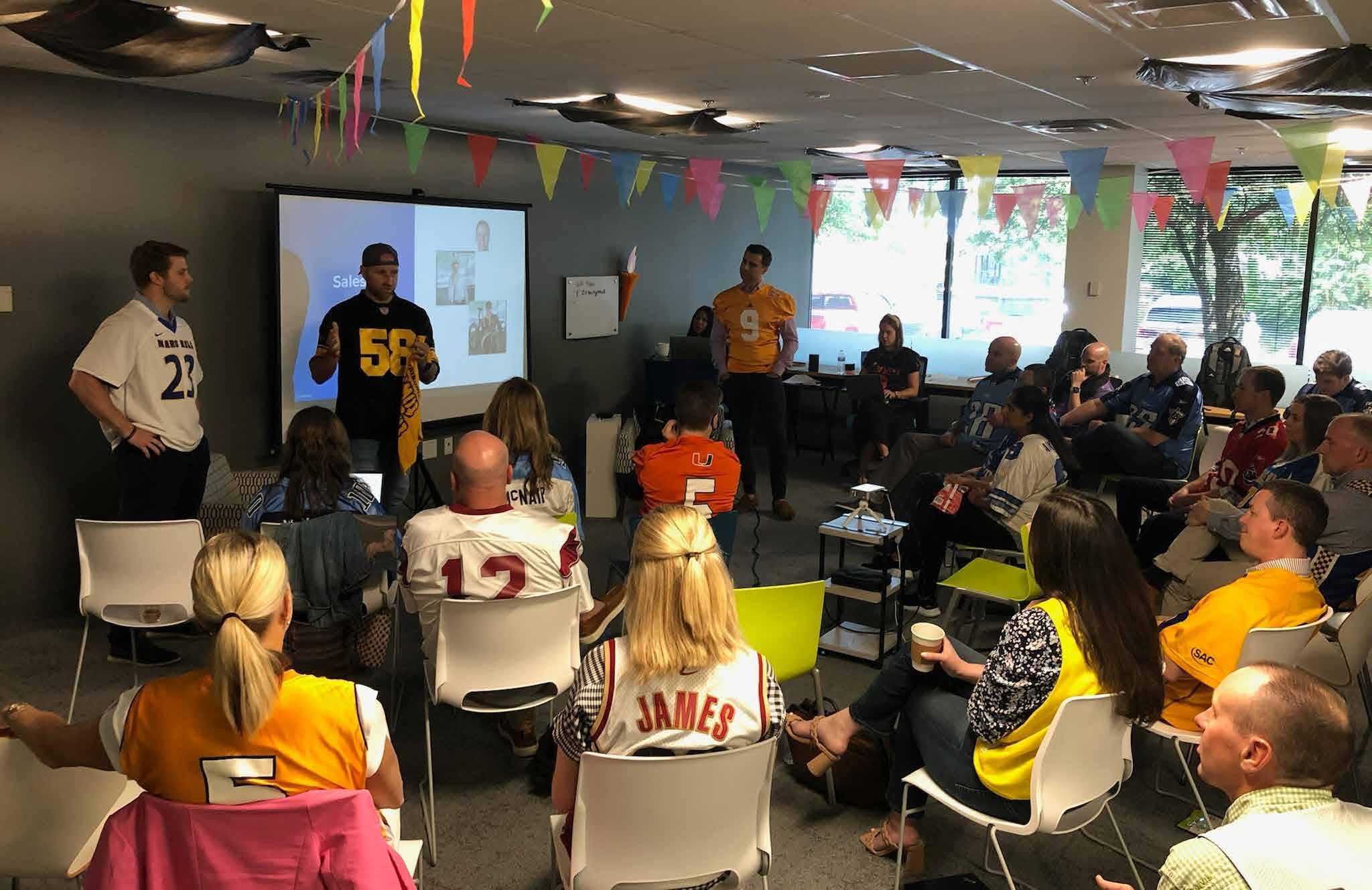
As mentioned above, CareGauge solves the problem of physicians not having any visibility into care variation and cost, which leads to prescribing and ordering low value treatments. The patented and awardwinning CareGauge gives physicians zero-click transparency into care utilization with non-invasive gauges that reveal peer-based care patterns. This visibility has proven to reduce average discharge costs and length of stay.
ImagingCare was created in direct response to the Appropriate Use Criteria (AUC) mandate, which required ordering physicians to consult a Clinical Decision Support Mechanism (CDSM) when ordering advanced imaging scans. Although helpful for avoiding over-ordering, it created another burden for physicians. ImagingCare makes it easy by auto-populating order information inside the EHR to fulfill the mandate.
And lastly, CarePathways – the inaugural product of EvidenceCare –addresses the specific issue Dr. Fengler had in the ER all those years ago. Clinicians can’t keep up with ever-changing guidelines and best practices that live in inefficient stacks of PDFs and online medical journals. CarePathways embeds leading evidence-based guidelines directly into clinicians’ EHR workflow with an easy-to-use interface that requires fewer clicks and less searching.
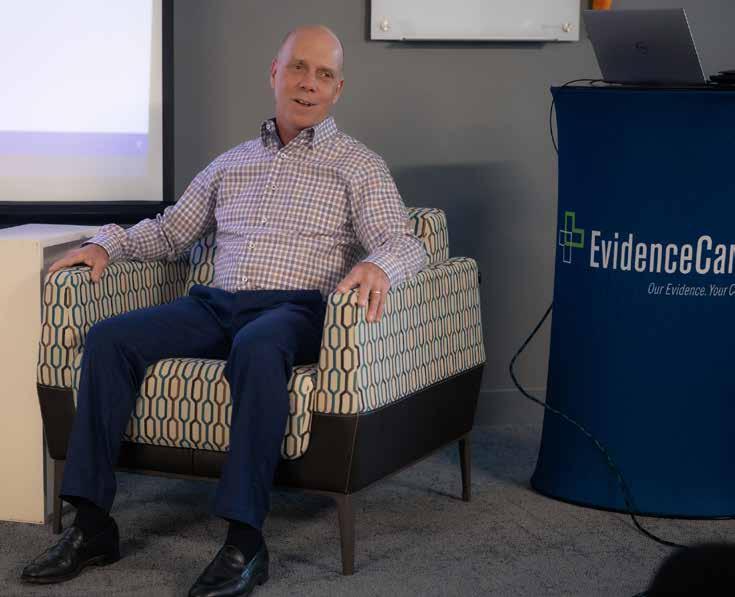
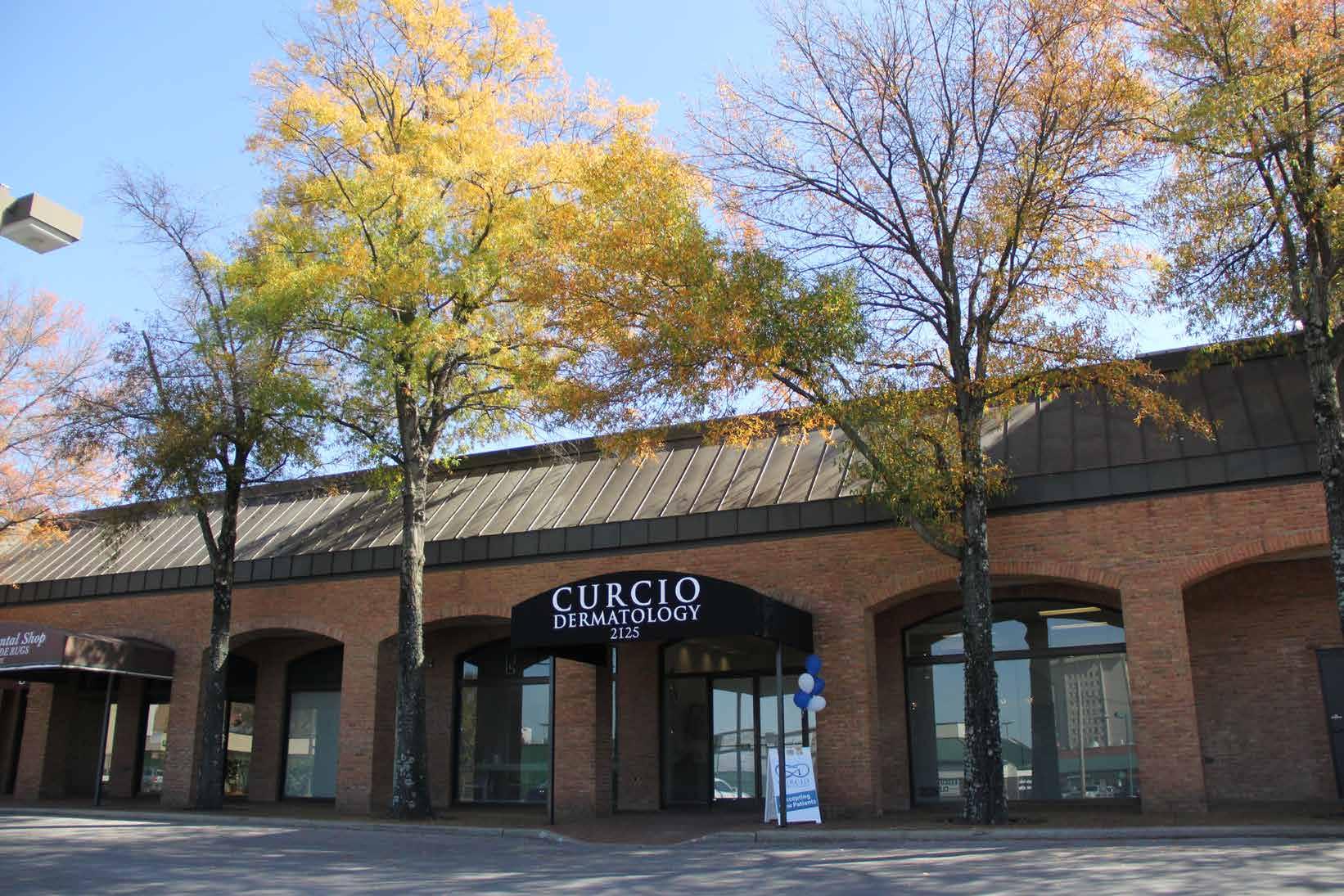
For as long as I can remember, medicine has been a special calling for me. And nearly as long, I realized my passion for healing was through dermatology. This was a gift that I inherited from my father, Frederick David Curcio, III, M.D. He knew that he was placed on this earth to serve others through Obstetrics and Gynecology. I grew up marveling at his medical and surgical skills, his aptitude for connecting with patients with his compelling bedside manner, his tireless energy, his prowess for teaching, and his dedication to serve those who were less privileged. My parents grew up disadvantaged - an example of the American Dream – where hard work and education were their keys to a better life.
On a Sunday afternoon, August 4, 1991, my life changed forever. A devastating car wreck happened, and my mother, my brother, and I walked out of the car. My father did not, dying at the age of 38. My life was turned
upside down that day and my world crashed down around me. I made a conscious decision not just to survive, but to follow my passions and dreams inspired by my father. Prevailing through adversity through self-reliance and perseverance was the way I could honor my father’s legacy.
As I entered 8th grade a few weeks later, education became my distraction and source of steady peace among the chaos happening around me. My true fondness for languages and academics were born out of this experience.
Soon after my father’s death, I was inspired to study Spanish. I was grateful for the opportunity to spend summers abroad in Madrid and eventually developed near native fluency in Castellano. My motivation for studying foreign language was to better communicate with and understand millions of people in order to serve them better as a physician. However, I realized that with language acquisition, one not only acquires the ability to speak to people, but also gains the capacity to understand different cultures, ways of thinking and unique perspectives. I was better able to connect with different types of people as I became a global citizen. This realization ignited an enthusiasm to
A life-long calling to heal, cutting-edge medical expertise, and an entrepreneurship-mindset are at the heart of helping others
study more romance languages, including Portuguese, French, and Italian. Being multilingual has offered me opportunities to travel and meet people all over the world, and practice medicine on a global stage. These travels include both academic lecturing and writing, in addition to providing free medical and surgical care to underserved communities.
It was my selection of Vanderbilt University that brought me to Nashville in 1996, a thriving city that I have called home for over 25 years. I am a quadruple ‘Dore, with four Vanderbilt degrees. I received my Bachelor of Arts in Spanish Literature from Vanderbilt University. I, then, completed my Doctor of Medicine, Master in Public Health, and Dermatology Residency at Vanderbilt University School of Medicine. I am a board-certified dermatologist who is double-fellowship trained in Cosmetic and Laser Surgery and Mohs Micrographic Surgery. In addition, I received a Master
of Management in Healthcare from Vanderbilt’s Owen Graduate School of Management.
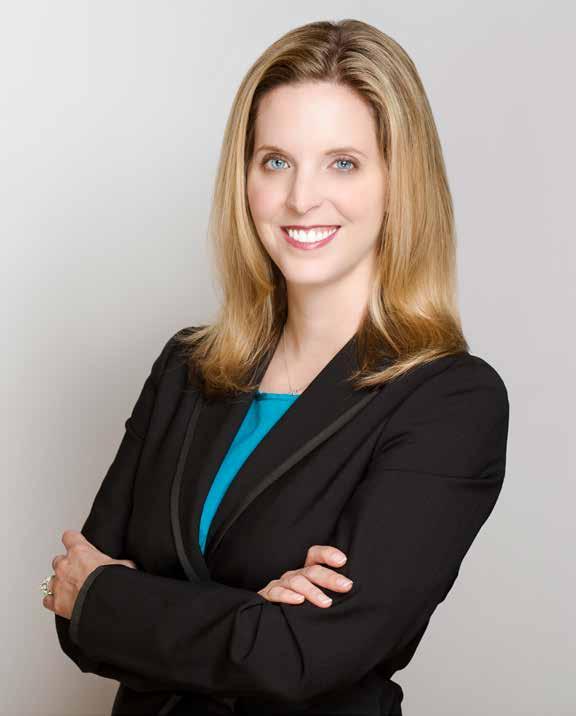
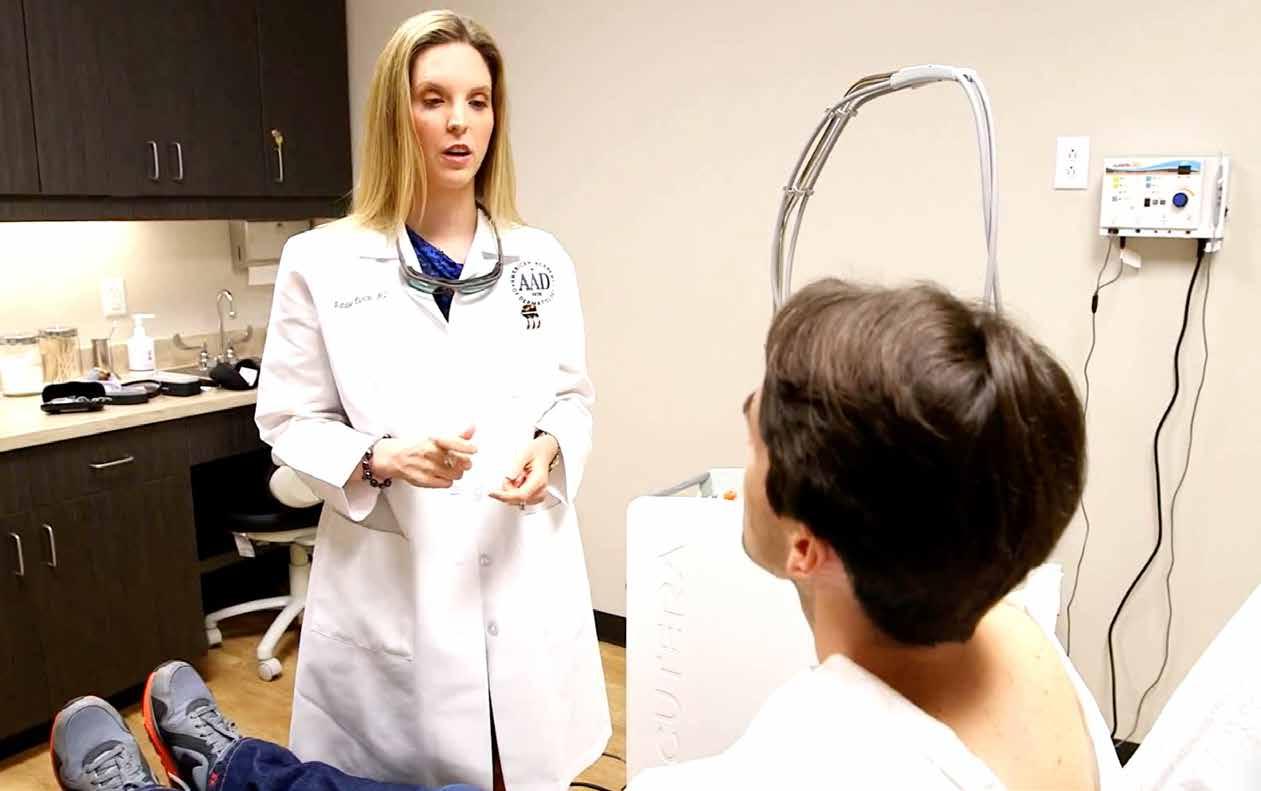
My father’s influence inspired me to serve as a mentor and give back to the next generation of medical leaders. I continue to support Vanderbilt by serving as Assistant Adjunct Professor of Health Policy in the School of Medicine. I am especially grateful to speak as a woman entrepreneur, modeling how to run a successful medical practice and business, while providing value and dedicated customer care.
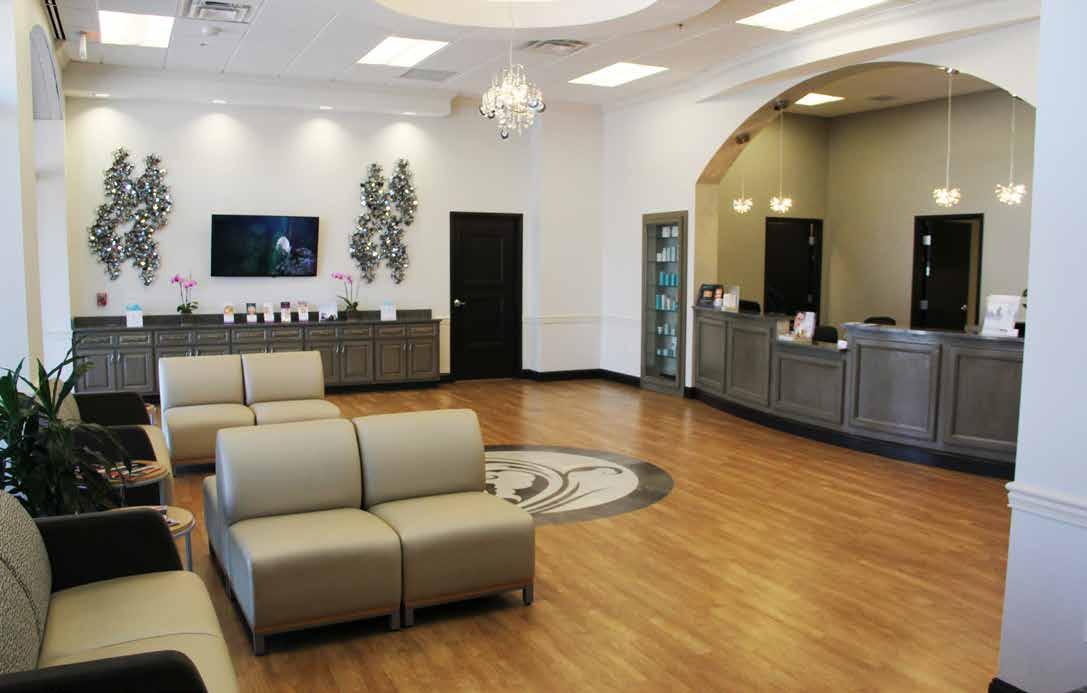 Natalie M. Curcio, M.D., M.P.H., M.M.H.C.
Dr. Curcio conducting a Cosmetic Consultation
Natalie M. Curcio, M.D., M.P.H., M.M.H.C.
Dr. Curcio conducting a Cosmetic Consultation
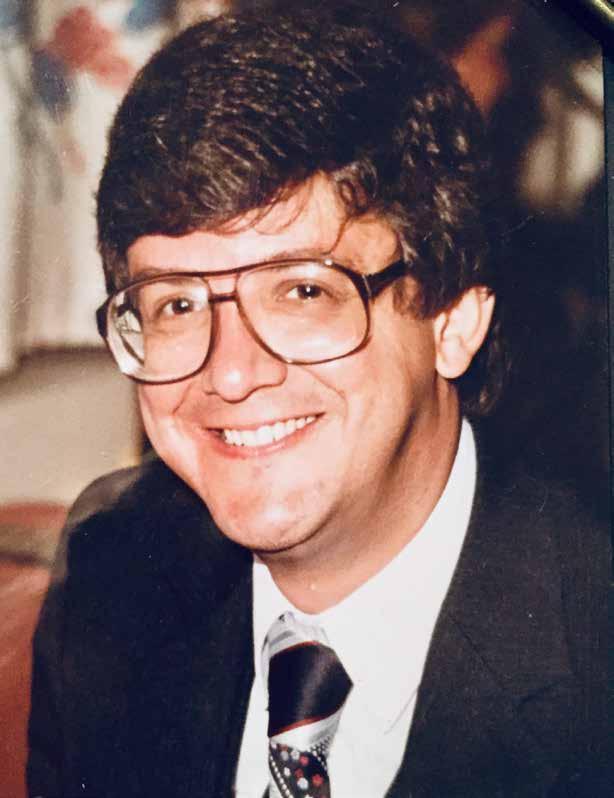
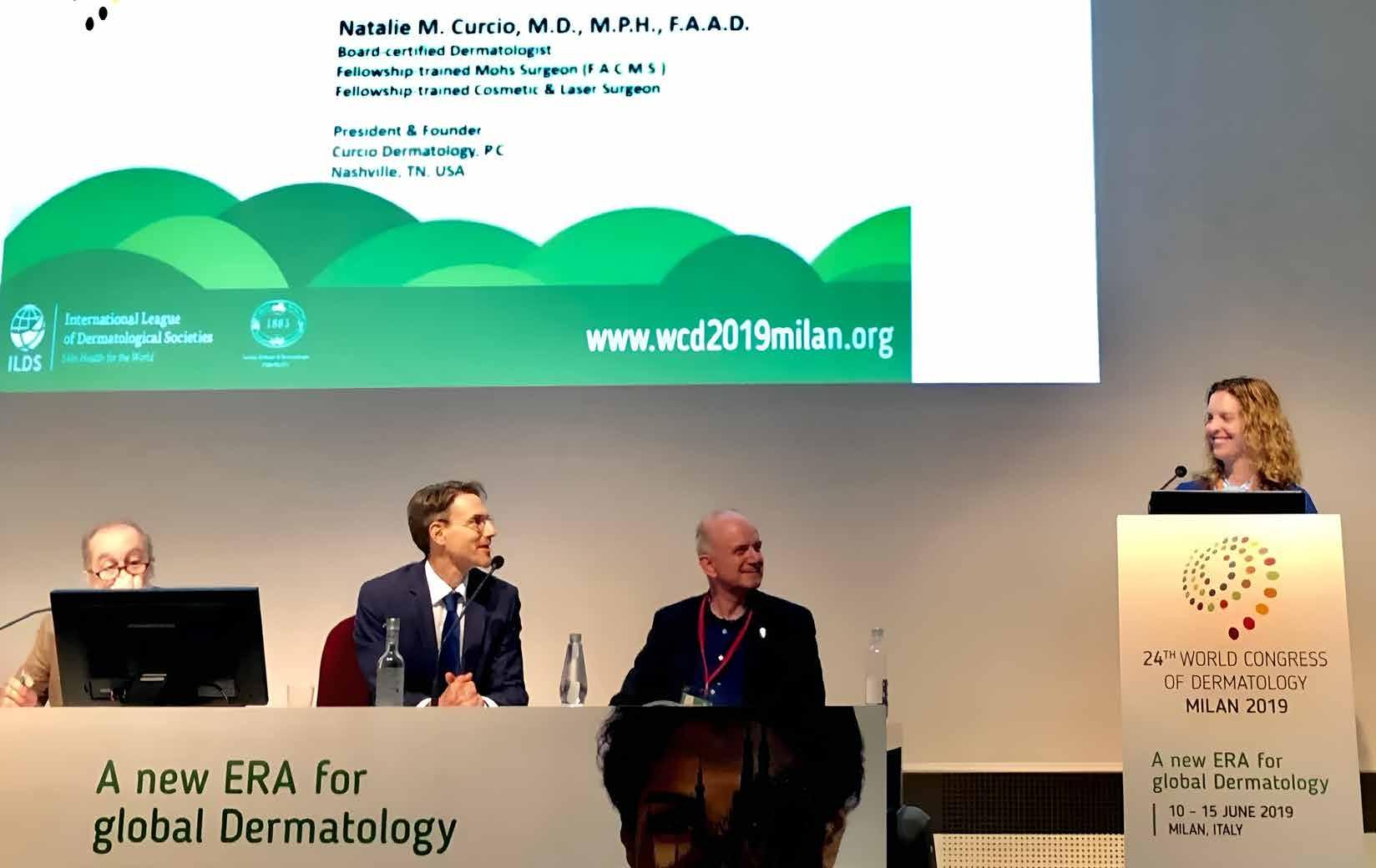
My education and training enable me to serve as a thought leader. I have always sought out the scientific evidence behind drugs, procedures, technology, products, and devices. My commitment to science, coupled with my training and expertise, ensure that I am able to offer patients the most cutting-edge technology in products and devices at my office. In a world of social media and beauty influencers - truth matters. Life-long reading and investigation not only ensures that care is accurate and up-to-date, but it underscores that health care means providing the best and safest patient outcomes in clinical care.
I opened my dermatology practice in the heart of Music City. My vision was for a boutique-style, private practice in a retail space that is beautiful, calming, and engaging. My patients enter a place in which they are greeted with a smile – an environment that feels more like sitting in Nordstrom’s versus a hospital waiting room. They choose a Nespresso or bottled water while waiting and have the option of browsing medical grade cosmeceuticals or make-up or watching television before their appointment. Plants, particularly orchids, grow freely in the natural light with high ceilings. There are comfortable sofas and chairs for relaxing. My goal is for the environment of Curcio Dermatology to make patients feel relaxed and special. Patients deserve customized care and respect in a place in which they trust.
Frederick D. Curcio, III, M.D.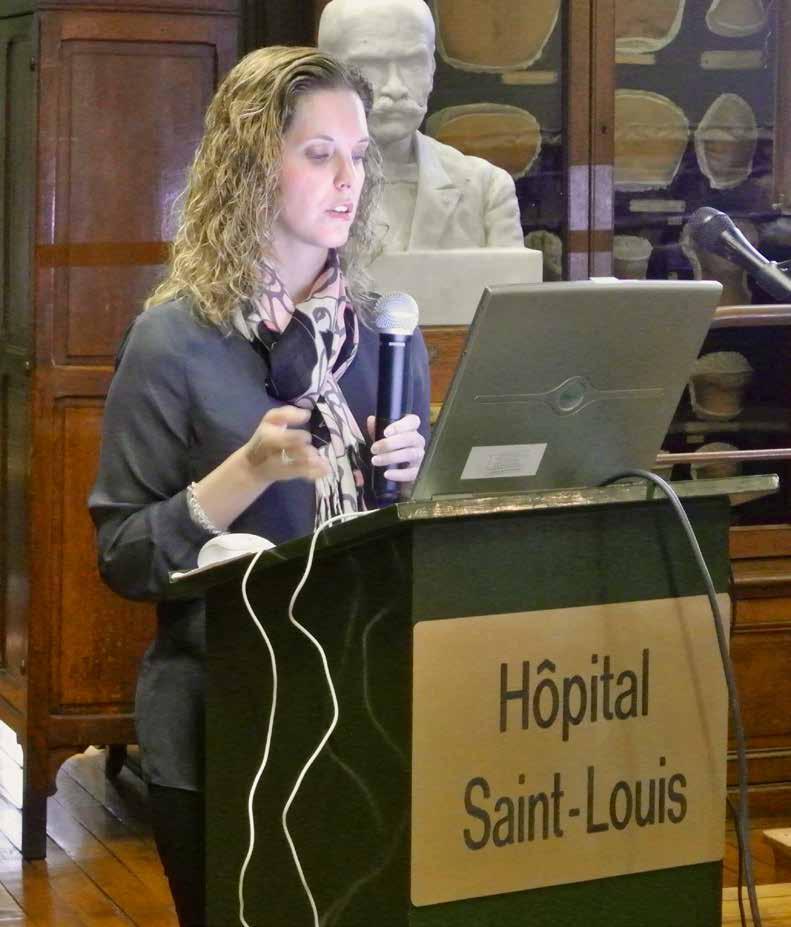
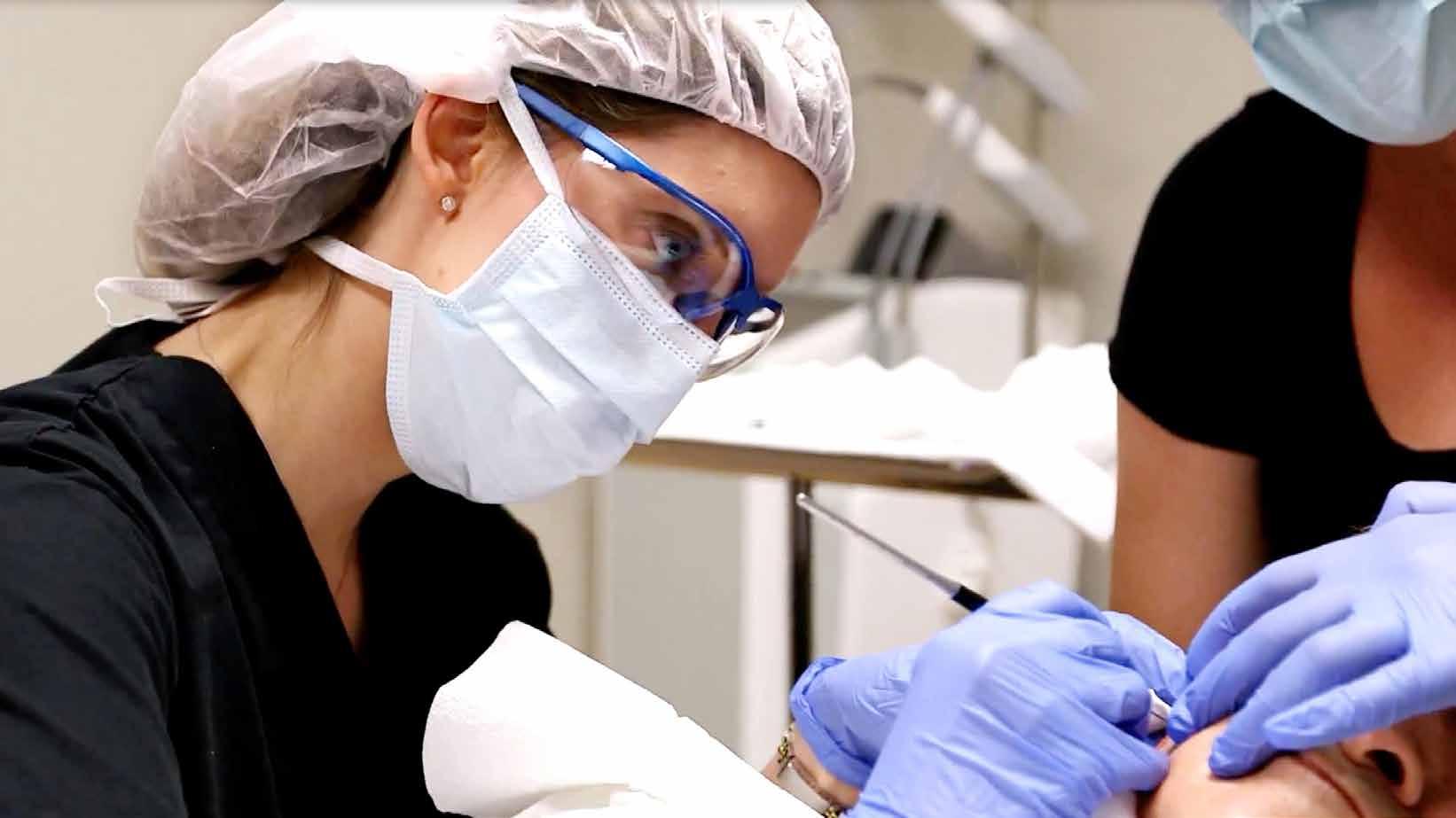
What is great quality health care? It is caring for patients with empathy – something that enables one to feel and empathize with the suffering of others. It is loving and respecting the people for whom you care because you thrive off the human connection and know that you have healed them and made their lives better in a meaningful way.
A vocation is more than a job; it’s a calling inspired by my father. Leading Curcio Dermatology is what I was born to do. If I could choose any job on the planet, it would be what I am doing today because of the way it makes me feel. It is a privilege to do it with a smile after decades of training while following in the footsteps of my father. It is a pleasure to read more and study more to be the best for yourself and for your patients each and every day. And, it is knowing that after an exhausting day, you have the honor to wake up and do it again tomorrow.
My father used to say “I was BorntoDeliver,” and “this means so much more than babies; it also embodies great quality health care.” I have thought about that conversation for over 30 years. After running my own private practice for nearly a decade, I finally discovered what he truly meant. For me, BorntoDelivergreat quality health care signifies the integration of clinical medicine, healthcare business, and quality relationships. These connections provide personal fulfillment and help me to continue my father’s legacy while building my legacy to give to the next generation.
Natalie M. Curcio, M.D., M.P.H., M.M.H.C Curcio Dermatology, P.C. 2125 Bandywood Dr. Nashville, TN 37215 +1 615-679-9011 (phone)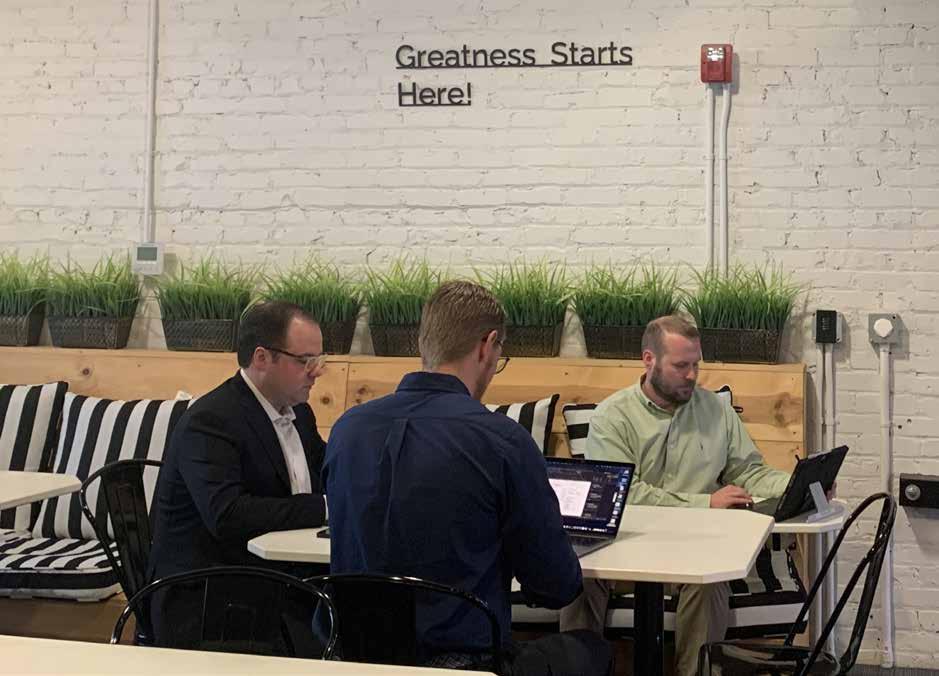
Current methods of managing healthcare are unsustainable, with chronic disease treatment alone putting a $4 trillion annual strain on the U.S. economy. Healthcare professionals across the board agree that earlier diagnosis, better preventative care, and improved disease management will significantly reduce those costs while improving the lives of millions of Americans. In a healthcare landscape rapidly moving towards personalized patient care, precision medicine offers a unique solution.
Precision medicine is an analytical model that focuses on solving a patient’s healthcare issues by considering individualized factors such as genomic data, clinical research, and social determinants of health (SDoH). Analysis of these data inputs allows for more targeted treatment plans, drives down the cost of expensive diagnostic testing or trial and error approaches, and helps to identify each patient’s unique disease risk factors.
This kind of precise and predictive healthcare relies on the evaluation of massive amounts of data points, pulled from a wide network of sources. Skillfully executed, the analyzed and organized data produces the kind of actionable insights used by clinicians, pharma, and diagnostic companies to predict risk earlier and improve patient outcomes. Better data, better decisions, better results.
Artificial Intelligence (AI) shows immense promise to accelerate the impact of precision medicine. However, adopting AI is expensive, requires a speciallytrained data team, and takes an average of four years to see a meaningful return on investment. With individual AI programs costing an average of $7 million and failure rates as high as 70%, utilizing in-house advanced analytics capabilities is simply not an option for many healthcare organizations.
Decode is a healthcare AI company that unlocks discovery with data. With over a decade of experience leveraging machine learning tools to synthesize mammoth datasets, Decode is reshaping healthcare data innovation. Decode’s scalable approach has made the company a trusted partner to accelerate precision medicine and quickly drive speed to results and value. Today, the company partners with and orchestrates an ecosystem of pharmaceutical, diagnostic, and technology companies to create a mutually beneficial network of healthcare data assets, products and services. Decode believes in the power of data and collaboration to revolutionize the healthcare industry and promote health equity. The company is not just looking to the future of healthcare - Decode is driving it.

Decode Health has developed the comprehensive AI tools and technical infrastructure needed to transform data into meaningful results, saving costs and increasing the likelihood for successful data initiatives. Decode’s framework provides a wide-angle lens to tackle medical issues. Layering combinations of genomic, clinical and SDoH data points, Decode has built an integrated framework to predict and understand patient outcomes and translate the risk factors that lead to these outcomes into a story that can be understood and acted upon. Decode’s framework can determine how a patient population might respond to a new drug, or the genomic, clinical or SDoH factors that lead to better or worse chronic and acute disease outcomes. Decode’s capacity to ingest large amounts of data and generate actionable, predictive insights translates to real-time impact. For instance, during the COVID pandemic, Decode applied its framework to predict infection outcomes and identify barriers to testing and treatment,
allowing health officials to launch location-specific campaigns and mitigate virus spread.
As Decode engages with its ecosystem partners to solve disease risk data challenges, the company’s framework is applied to existing or new information that Decode creates such as RNA genomics data or two-way patient survey results. The accumulating raw and derivative data results helps facilitate the discovery of products and services that fuel early disease detection, effective monitoring and further the field of predictive and preventative treatment.
For data to be most valuable, it must be well organized and continuously evolve. Decode’s approach cuts through the complexity with a scalable, repeatable process:
Develop data assets and analytics to understand and predict a specific disease outcome
additional clinical disease areas. This is significant because clinical trials that include effective biomarkers are 3-5X more successful.
“The team at Decode has spent the last decade creating and refining its technology to identify core patterns in data,” says Chase Spurlock, PhD, Decode Health’s Co-Founder and CEO. “Decode’s approach separates signal from noise, enabling us to rapidly solve disease challenges that fuel insights to predict and improve health outcomes.”
Chase Spurlock, PhD, Co-Founder and CEO
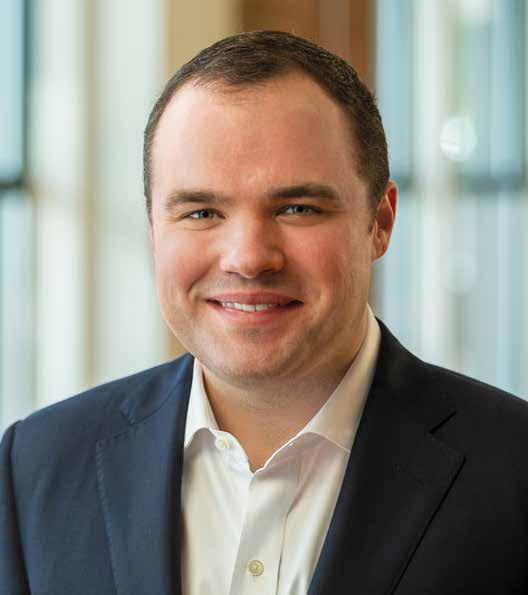
Reveal novel biomarker, clinical, and SDoH disease risk factors associated with the outcome
Repeat the process, either with a first win for the challenge at hand or as a springboard to tackle a new problem
The speed and scalability of Decode’s work allows its ecosystem partners to reduce the time and costs associated with discovery initiatives and sustaining AI/machine learning operations. Decode forges long-term relationships that continuously build upon themselves, increasing value and benefits exponentially across the entire partner ecosystem.
Take, for example, Decode’s collaboration with Quest Diagnostics. Using the Define, Develop, Reveal, Repeat model, Decode and Quest have integrated nationwide patient recruitment, next generation sequencing and advanced analytics for biomarker discovery. The clinical and RNA biomarker data produced will fuel the creation of new diagnostic tests and therapeutics in autoimmune diseases like multiple sclerosis, metabolic disorders and
Decode’s ecosystem of partners is expanding, and its work continues to drive the healthcare industry toward the future of precision medicine. Whether Decode is leveraging population health analytics to uncover risk factors that predict treatment outcomes or identifying new biomarkers to enhance the efficiency of diagnostic test development, Decode’s unique approach is changing the way complex medical problems are solved.
Adds Spurlock: “We are eager to extend this approach to new applications and disease areas, growing not only Decode’s capabilities with every problem solved, but amassing a collaborative network of partners, tools and resources that transcend the continuum of patient care.”
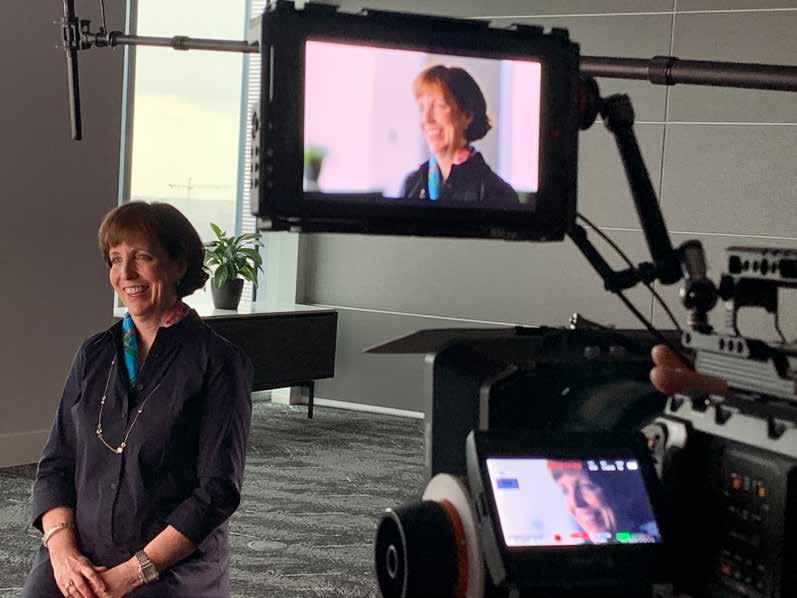
Join in Decode’s effort to improve patient outcomes, lower healthcare costs, and enhance health equity through the delivery of precise and predictive healthcare.
Learn more at www.decodehealth.ai or by contacting Chase Spurlock at chase@decodehealth.ai
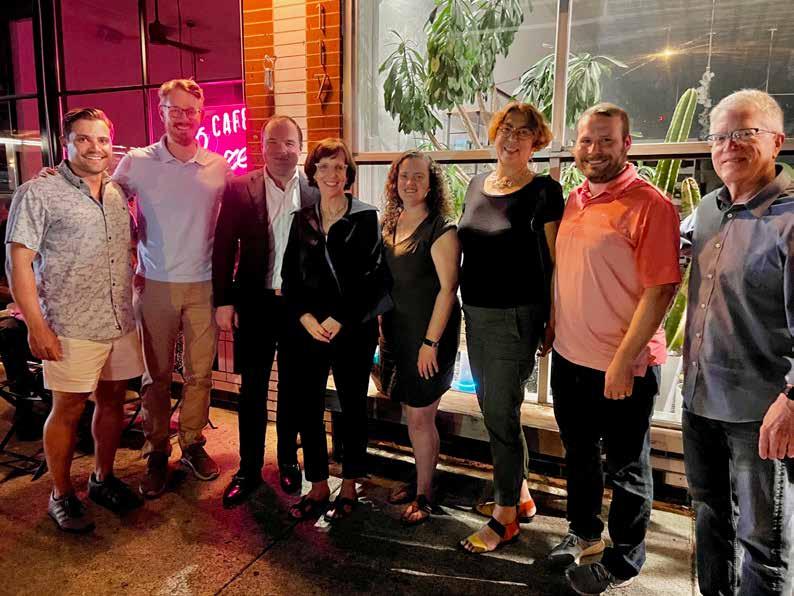
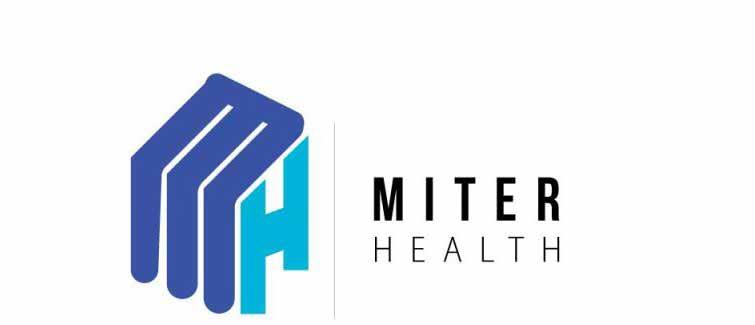

The healthcare industry works towards caring, promoting health, and quality of life. The growing aging population and rise in cost associated with eldercare is a concern to home health care providers.
The challenges faced by home health care providers are immeasurable. From rising costs to providing the care, tracking staff productivity, monitoring billing and payments are some of the issues to confront for a healthcare facility. Moreover, being unable to follow the process set by the organization,
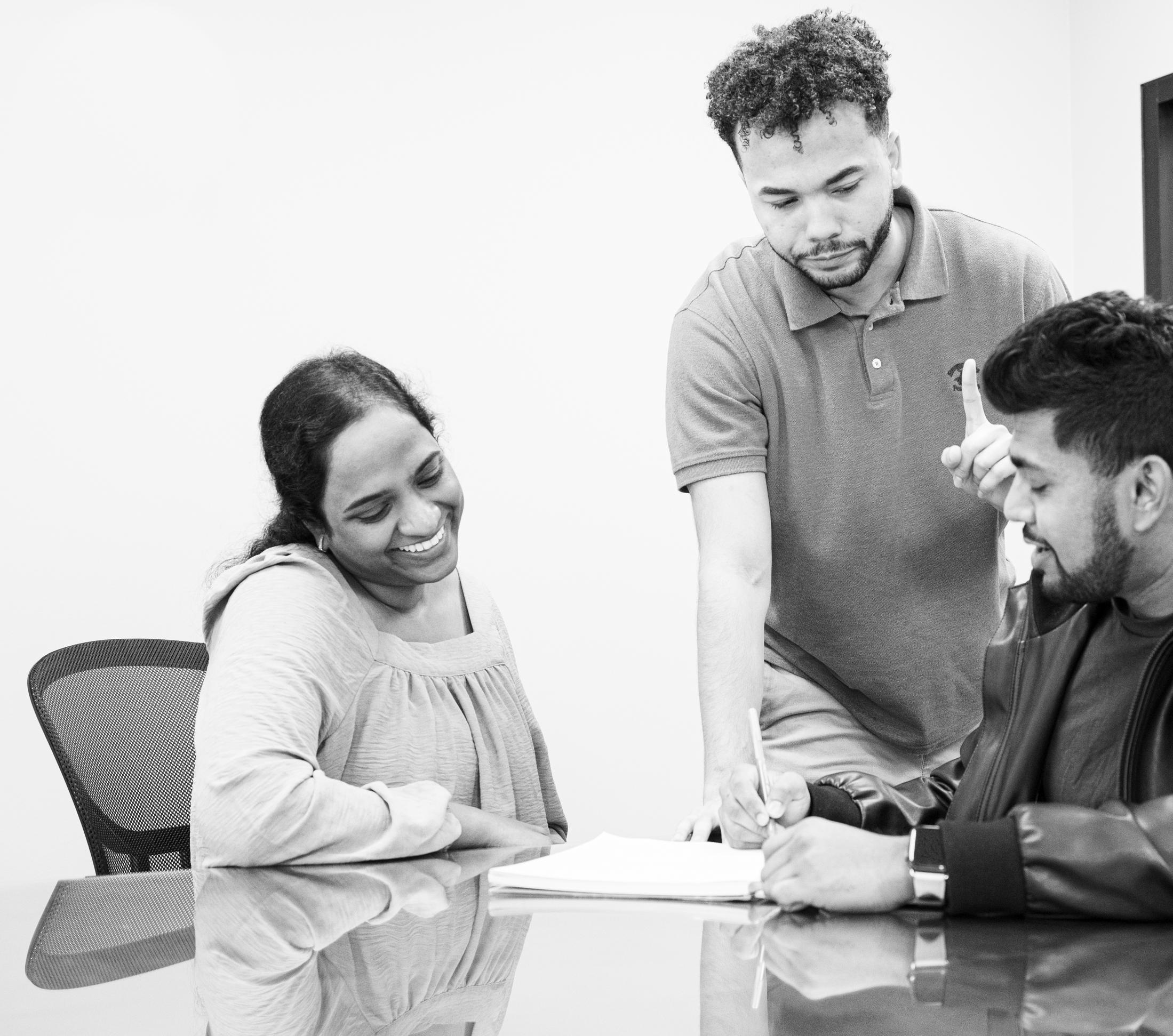
handling documents manually, and failing to comply with regulatory bodies are another set of issues tracked during auditing.
We have noticed the pain and frustration of the caring facilities, leading to issues in quality care and loss of patient’s trust in care providers. To improve the quality of consistent care by homecare facilities, MiterHealth has developed an integrated care solution that reduces manual work by introducing automation and customized workflows in the full-secured ecosystem.
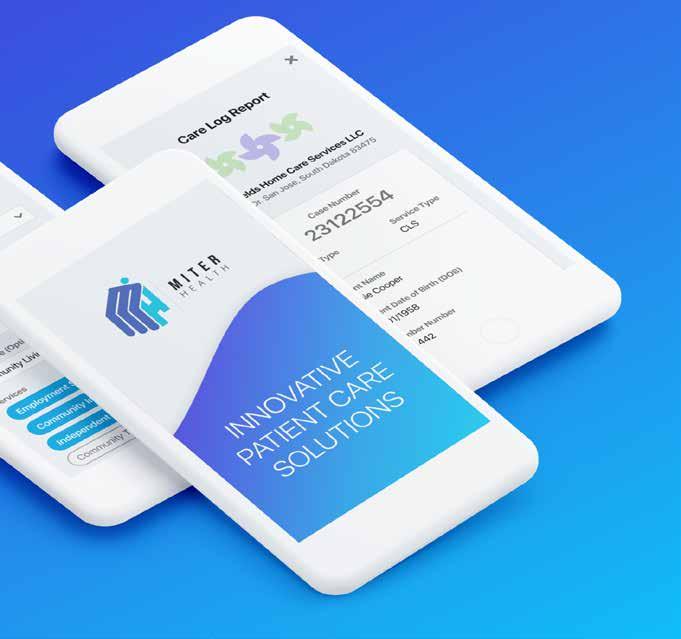
Our solutions aim to bring change to the industry. With a passion for technology, our exceptionally wellrounded team of software professionals and healthcare are ready to reinforce the integrity of your staff. By understanding your organized health care system, we develop tailored and robust solutions to fit into your facility.
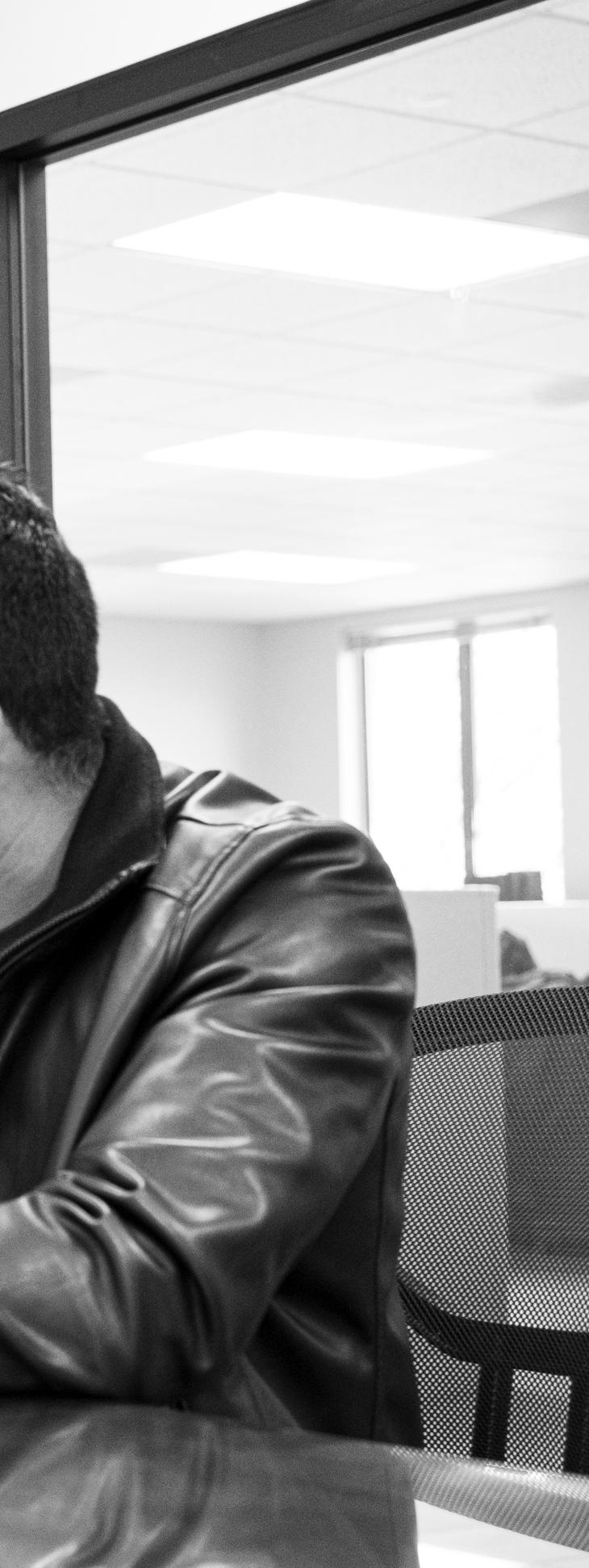
MiterHealth offers one-stop personalized solutions. We assist staff in efficiently managing documents, streamlining workflows, and staying compliant with relevant policies. Most importantly your staff is updated with real-time data while they present their feedback to family members.
By accessing real-time data at your fingertips, our service empowers you to better care for your clients.

Emids was founded in 1999 and has grown to be the proven leader in digital engineering and transformation innovations to the healthcare and life sciences industry. The company’s evolution has been expertly navigated by Saurabh Sinha, Emids CEO and co-founder. And while Emids has experienced tremendous success, its accomplishments and category supremacy would not be possible without Sinha’s flexibility, willingness to shift to adapt to changing market dynamics and his deep understanding of, and relationship with, Emids’ customers.

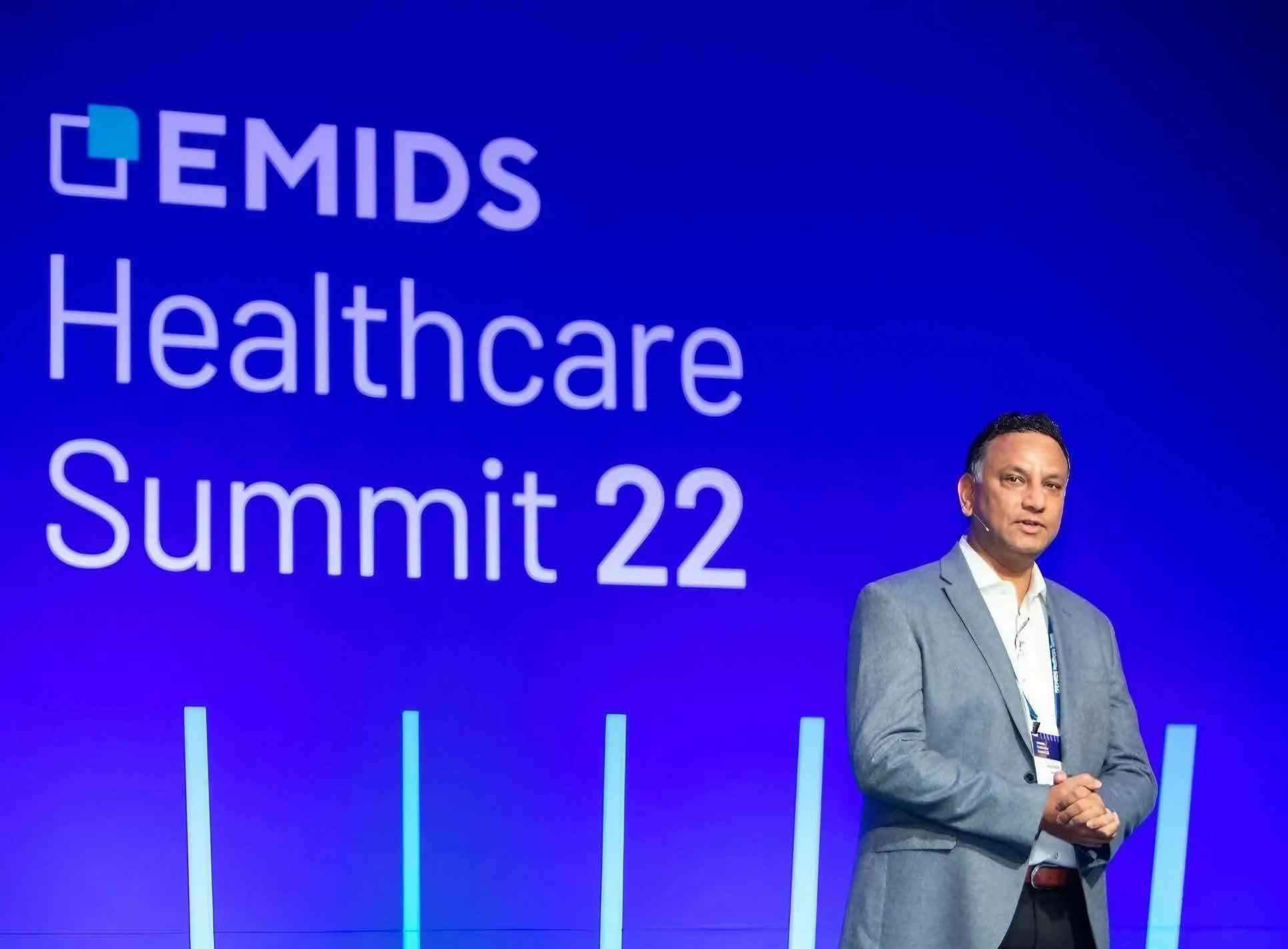
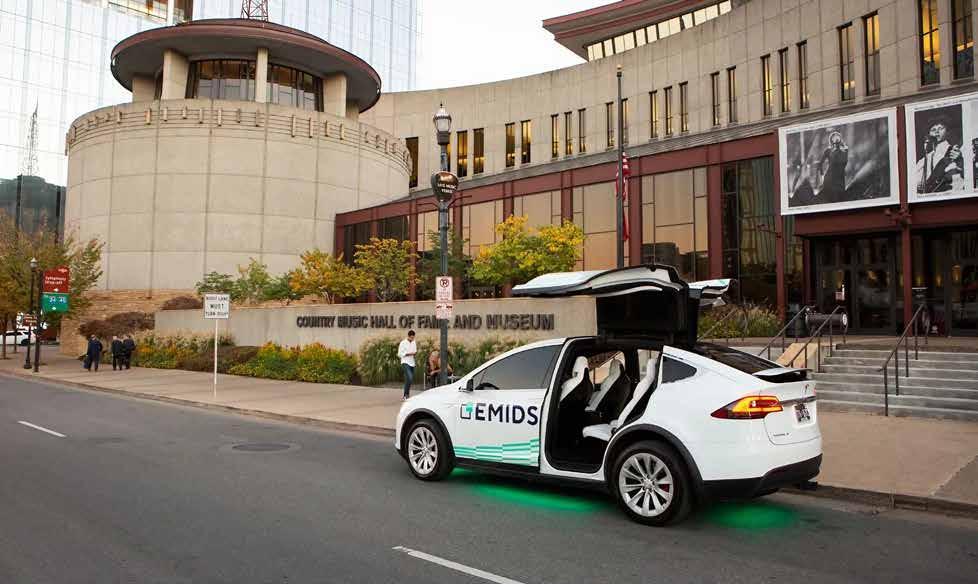
When the dotcom market collapsed shortly after Emids’ debut, Sinha changed the company’s direction, transforming it into a provider of web development services. While this offering was in high-demand, competition was fierce, and Sinha saw the writing on the wall. In order to continue growing, it would need to differentiate itself. This realization, and the subsequent decision to niche down, put Emids on the path to its current state. Today, its global presence is inclusive of 350+ customers, more than 3,300 associates, and a footprint in eight countries on four continents. More than 150 million lives have been touched by Emids’ services and solutions.
Sinha’s steadfast belief in the need for - and power oftransformation, led to his placing a bet on the healthcare industry in 2003. At the time, there was no indication that healthcare would up its investment in technology. Despite this, seeing that the industry as a whole was underserved, his business savvy combined with his intuition led to a leap of faith. His redirection of Emids into a deliverer of business application development services to healthcare organizations paid off. Five years after Emids shifted to serving healthcare entities only, the Healthcare Information Technology (HITECH) Act passed, sending demand for Emids’ offerings into hyper-drive.
Being a healthcare-only business means that Emids pay attention to details that others do not. This laser focus allows Emids to play a meaningful role in every aspect of the healthcare delivery field. And while global delivery of IT services is not a new model, Sinha decided to focus on cultivating healthcare knowledge as a way to drive IT excellence. This decision was fostered, in part, by Nashville’s budding technology and healthcare industries.
While its Music City moniker may be Nashville’s most recognized nickname, it’s also commonly referred to as the “Silicon Valley of Healthcare” and the for-profit healthcare services capital of the world. According to the Nashville Health Care Council, more than 500 healthcare companies have Nashville operations, including nearly 20 that are publicly traded. The industry accounts for roughly half a million jobs and produces close to $100 million in annual revenue. And while healthcare reigns as Nashville’s top industry, tech isn’t far behind.
Emids has flourished in tandem with Nashville’s healthcare and tech communities, affirming Sinha’s decision to establish roots in the city. In 2014 those roots grew even deeper when the company took another gamble, establishing the Emids Healthcare Summit. The annual Summit attracts the most reputable and respected leaders in healthcare to Nashville every year to collaborate on building innovation in the industry.
Each fall, speakers and participants from across healthcare convene to reflect, chart new courses, and shape an ecosystem that works better for the industry at large. The event reflects where Emids stands today: at the confluence of healthcare’s digital transformation.
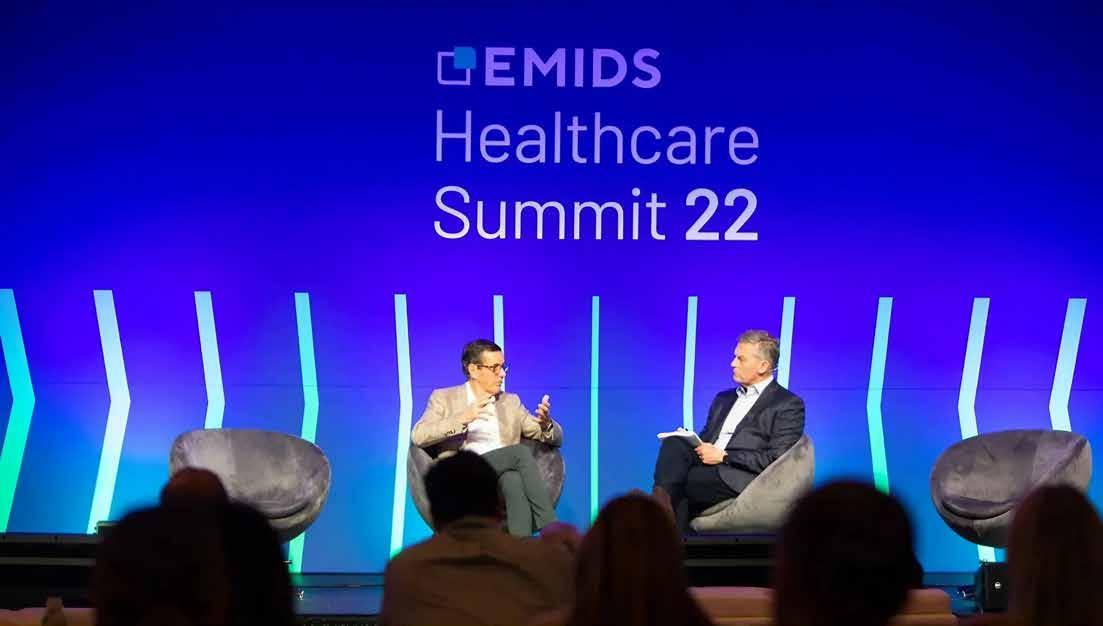
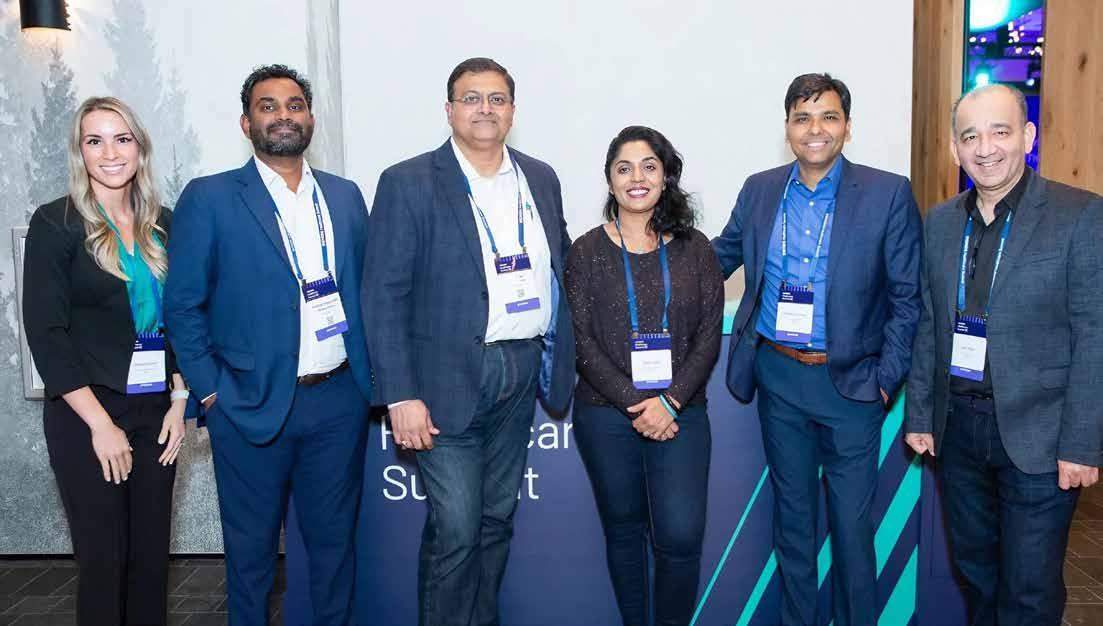
Emids guides companies of all sizes through the digital age so they can remain ahead of the curve. Priding itself on its relationships with customers, and holding
a deep understanding of their pain points, it meets with each client and tailors solutions specifically for them, always seeking the most efficient and scalable means of modernizing their businesses so they can evolve into the digital age and avoid losing engagement and revenue.
The cornerstone of Emids’ business has always been – and will always be – helping companies solve their most complex problems in an ever-changing healthcare landscape. As Emids moves into its next era, its alignment under the singular mission of advancing the future of health through impactful technology solutions well-positions the company for longevity and continued growth.

“Innovation is taking two things that exist and putting them together in a new way.”
TOMFRESTON
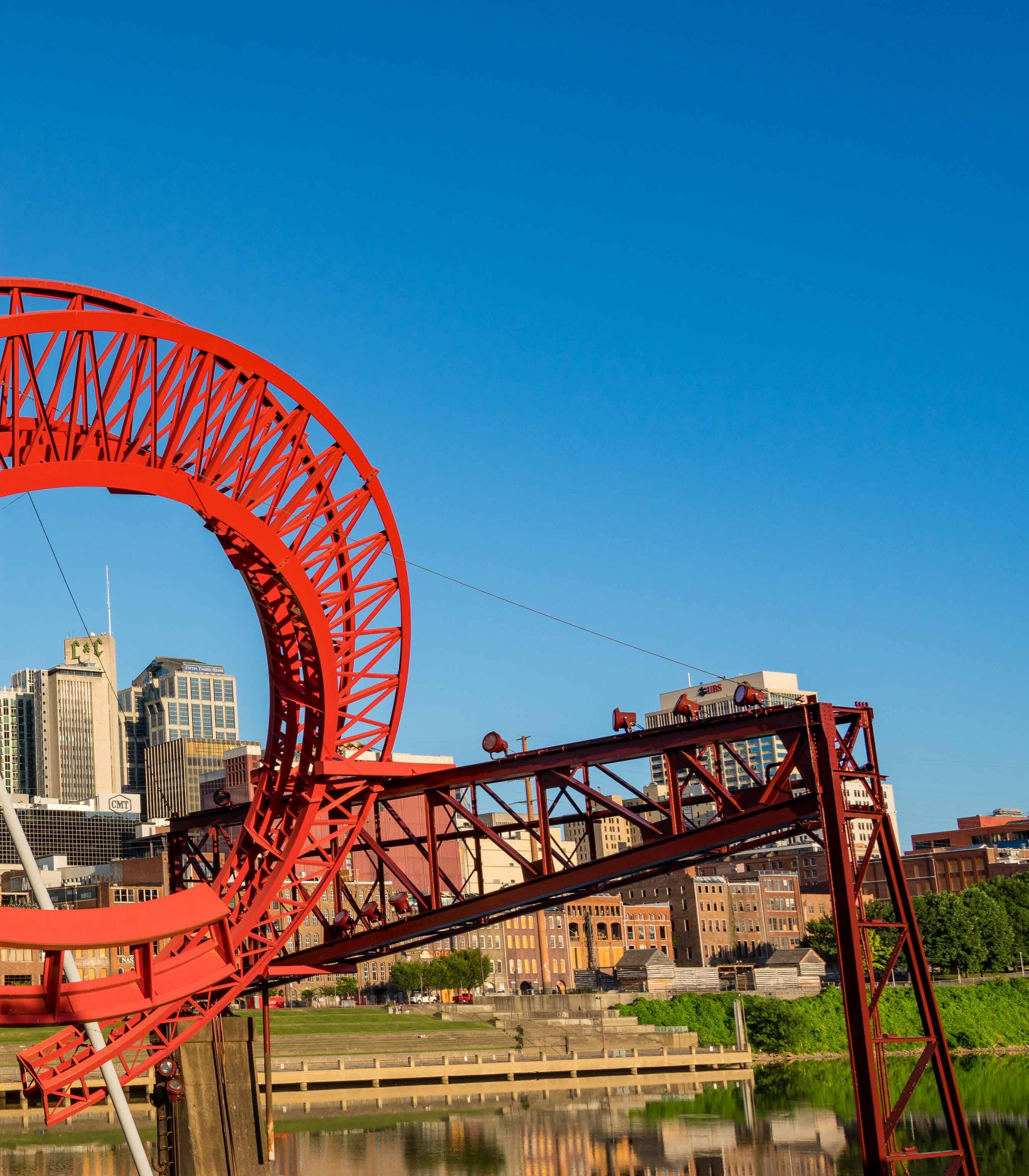

InteraWorks is an answer to how companies and their employees can elevate the human experience at work, leading to higher performance and new models of leadership, learning, and culture.

The world has changed, and it is time that companies realize that people absolutely must come first. Their capacity and capability set everything else in motion. InteraWorks brings dynamic learning and development to work, integrated with systems, tools, and mindset shifts to reduce distraction, as well as increase time and action on what matters most, putting the resulting energy into service and growth.
According to the latest Gallup State of the Workplace Report, only 20% of all global employees are engaged at work, a reduction of 2% following a steady rise in the prior decade. And just 32% of employees are thriving. As a result, most organizations are trying to push a rock uphill with the attention of their most important resource focused elsewhere.
People tap into the energy of the human spirit with their everyday work IF these activities are consistent with what they value most and what gives them a sense of meaning and purpose. Regrettably, the high demands of the fast pace of corporate life don’t leave much time to pay attention to these issues and most people don’t recognize meaning and purpose as a source of energy.
InteraWorks is the next generation of learning and development for global enterprise companies. Combining experiential facilitated programs, technology, and yearlong development paths, we deploy our portfolio to professionals and leaders of all levels, transforming the way their “work” gets done. We balance our proven mindset and methodologies with integrated practical systems and technologies. Our programs expand the capacity and capability of people through action, habit, mindset, focus, prioritization, and build skills for the future – now. And they work!
The path to success isn’t a quick fix or small bandage, but rather a journey lived all year long, again and again, in a continuous upward cycle of learning and growth. We believe in the long game and investing in the human potential that can transform both people and organizations, producing results year after year.
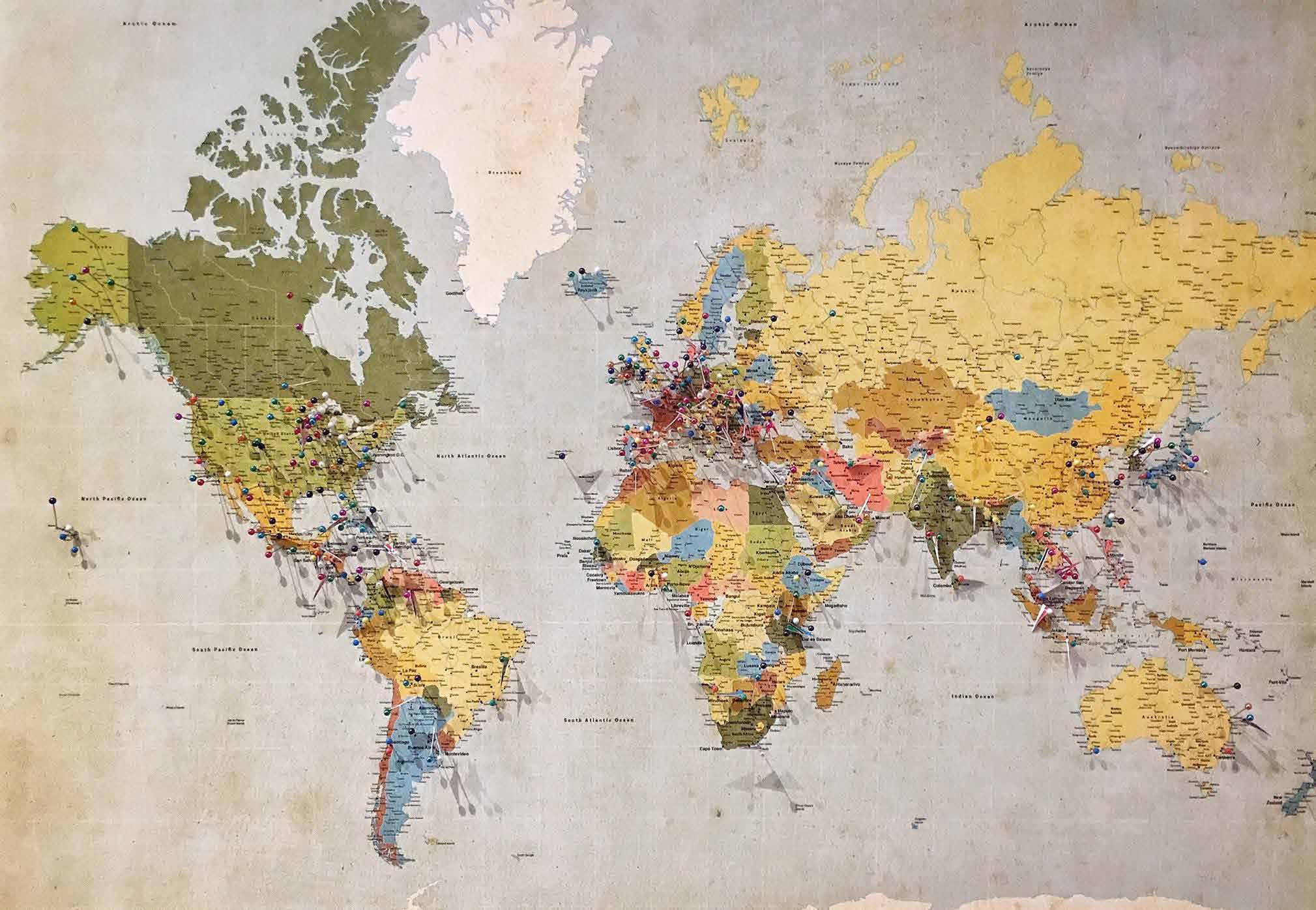
InteraWorks partners with organizations that want to do big things and value the people who work within those organizations - ones that know
creating the right environment is the right thing to do. Our clients have used our programs to set world records, generate explosive business growth, fuel turnarounds, climb mountains, hit key annual goals, launch new products to the world, and successfully tackle unprecedented challenges. The future@ work requires clear minds and excited hearts and that is exactly what we are up to.
Almost 80% of CEOs are concerned that a lack of essential or soft skills is threatening the growth of their organizations. Technical skill development often takes priority, but it has a short shelf life. Developing soft skills is a durable investment with a high ROL or “return on learning.” And the applications for our performance learning portfolio are endless. Our portfolio is designed to integrate employee performance and employee development. It’s based on more than 30 years of digging deep; understanding the human brain, quantum science, and developing strategies that work.
We have two of the longest-running and most highly rated programs in the world. Our clients consistently see increased capacity and engagement via these foundational facilitated curricula. They ensure your organization is purposeful and inspired, with leaders at all levels applying their full potential while leveraging systems and tools for optimal execution and performance. Participants learn and adopt a cycle of performance, work online to build systems and plans, engage in peer discussion, and receive coaching as they shift from coping and surviving to causing and thriving.

InteraWorks knows that what have been traditionally called “soft” skills are really the essential skills that can make or break a team, project, or culture. Further, these skills most critical to success are ones that are not usually taught – like how to focus, collaborate, communicate, activate empathy, make decisions, and pivot when the going gets tough.
How can we expect to thrive in complex work environments when we don’t have the essential skills we need? With over 10 programs to choose from, participants naturally access their inner resources and leverage memorable and practical models to accomplish amazing things as a result.
We recognize true learning requires reinforcement to make the learning stick. These practices now number over 20 unique social microlearning bites that help participants avoid previous behavior patterns and integrate new skills into their everyday work life for true sustainable learning. It’s amazing what a difference one hour can make.
All programs include a facilitated experience and access to our online Learning Experience Platform (LXP) as well as additional yearlong learning opportunities.
Our clients integrate our programs into their open enrollment learning, leadership development, diversity & inclusion, culture-building, up-skilling, high-performance team enablement, and future @ work initiatives. And by combining programs into Learning Paths, we help them build specific capabilities and fill talent gaps such as executive presence, first-time leader skills, team performance, new hire success, women in leadership, and more.
Our innovative approach to partnering with clients means we sometimes engage in unexpected ways. Speaking at internal conferences or events, content development to co-create new programs, facilitation training, and even licensing of online software and content are solutions we have deployed to fulfill client objectives or address a major gap.
Currently, we are building an app that we believe will change the world; a modern, user-friendly platform to enable any individual or team to build a plan to have their best year yet and bring it to life on any Android or Apple device.
Our Best Year Yet Foundation partners with individual and corporate funders and InteraWorks to bring learning and development programs and tools to community nonprofit organization grantees that do not have access or resources for these same investments. All human beings deserve to know their inner nature and unleash their greatest potential in the interest of planetary health, well-being, and progress. InteraWorks programs and products help organize, focus, and increase effectiveness in nonprofits and community projects around the world while reducing the burnout so often associated with service work. The reach of our Foundation has made a difference in over 200,000 lives to date in 21 US states and 4 countries.
InteraWorks is led by CEO, Laurie Oswald and Managing Partner, AnneMcGhee Stinson along with a fantastic global team of dedicated leaders and change-makers in the US, India, UK, Italy, Peru, Mexico, and Malaysia. We are privately-owned and are proud to be WBEC certified as a woman-owned business. You can reach us at info@interaworks.com and follow us on both LinkedIn and Facebook.
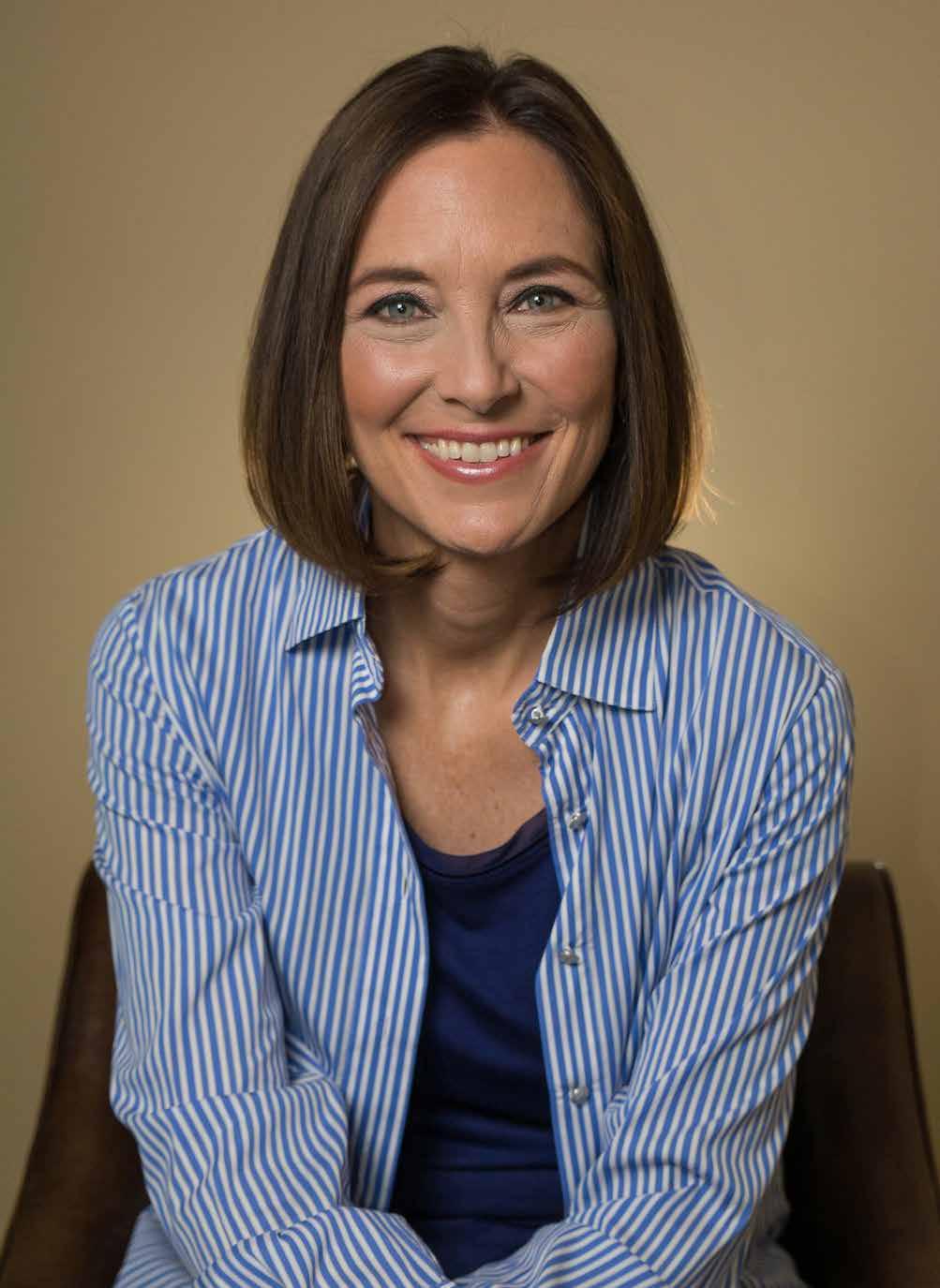
“I mean this with 100% sincerity – for the past few weeks, my life has changed. I’m delegating and holding my team accountable as a leader, and most importantly to me – my family is getting the benefit of having me plugged in fully as I’m less worried about work and keeping up when I’m home.”
— Sr. Manager, Emergency Response - International Airline
“Several of our Business Unit Presidents are strong champions of their programs and recommend them to their teams. They deliver our highest-rated programs conducted by an outside vendor.”
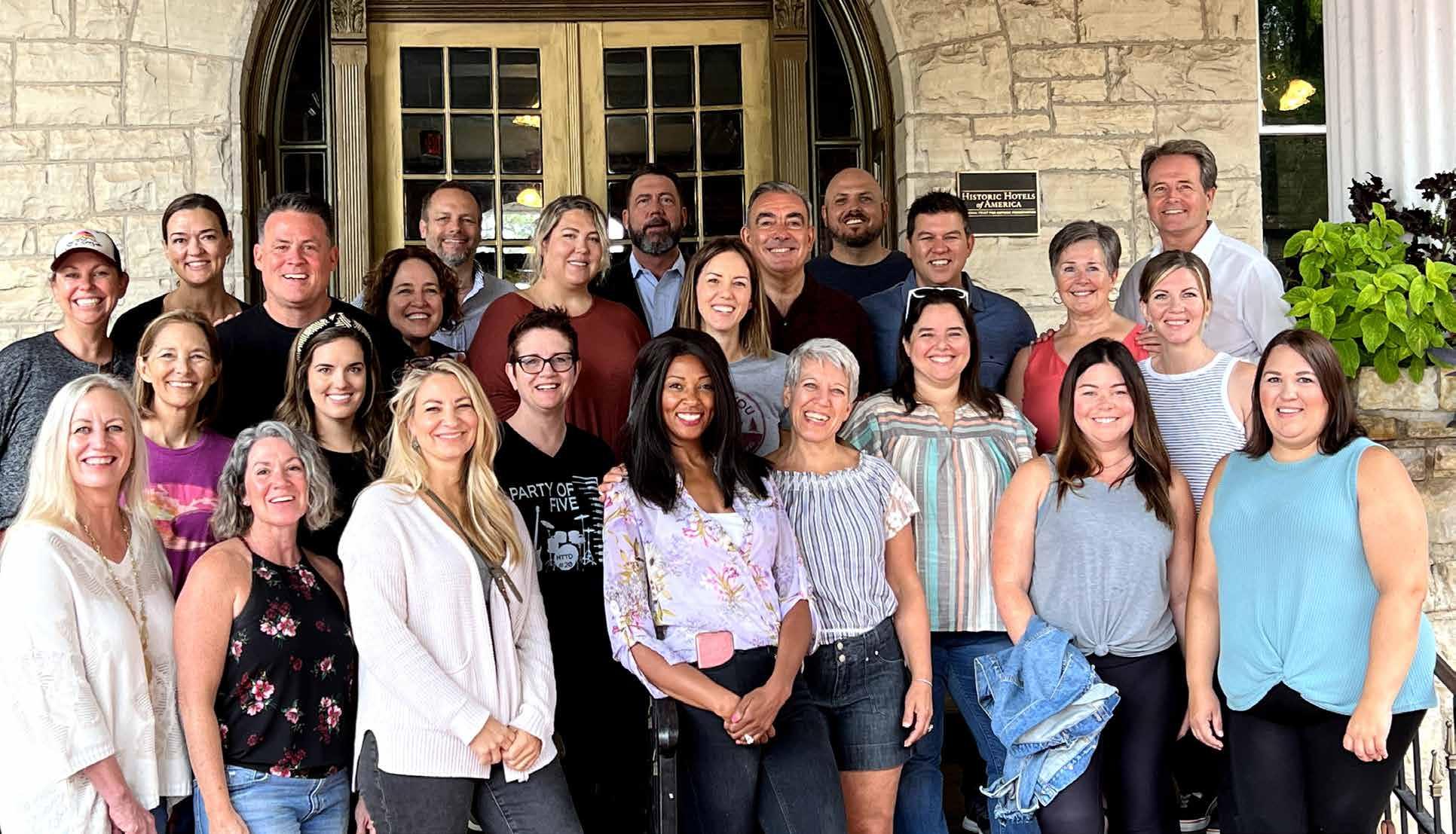
— Corporate Director, Learning - Global Engineering Firm
“I just wanted to share with you that this is the first day I can remember in a long time that I acted on everything that came in today. Interestingly, I cannot tell you how happy, free, and in control I have felt today. I see what you mean by clear mind and excited heart.”
— Global Training HR Leader - Biopharmaceutical Company
“I was able to attend the session today and just wanted to send the biggest shoutout to you all for eating, sleeping, and breathing ways to not only improve efficiencies but also to positively impact workplace cultures. As a person who strives to lead with empathy every day, this session meant the world to me.”
— Operations Manager, Global Manufacturing

“THIS
— Staff Leader, State University
WAS THE GREATEST CLASS I’VE EVER TAKEN IN MY LIFE!!!”
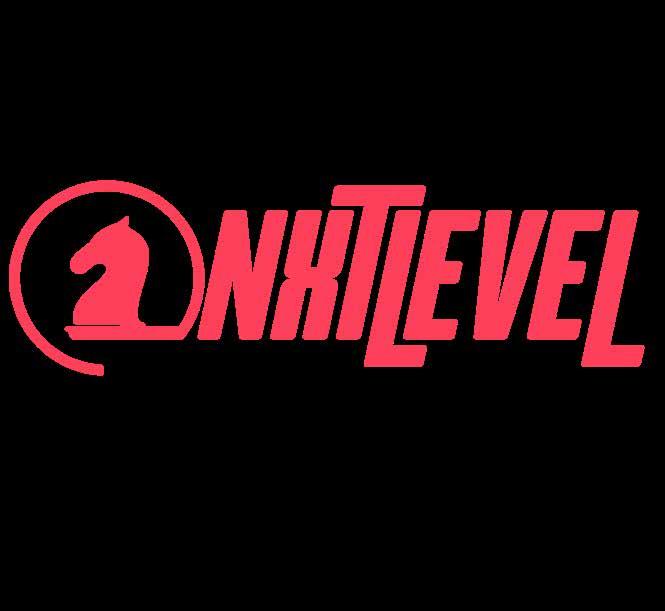
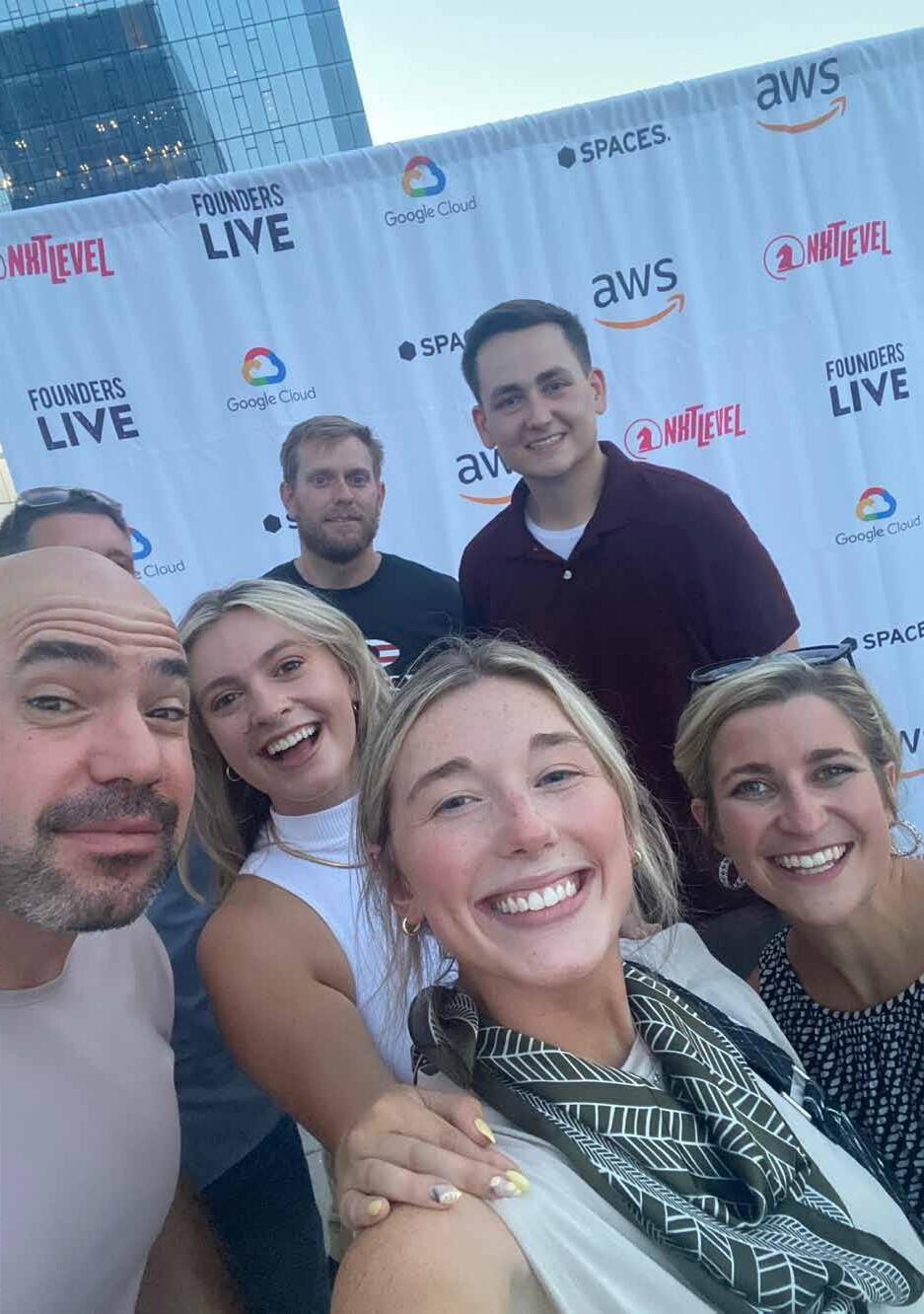
Nxt Level understands that companies struggle with finding and hiring the right team members to create growth. Our recruiting company views things differently. Our goal is to replace the mountain of resumes with a short list of the right people aligned with your job requirements, culture, and values.
The entrepreneurial spirit sparked early in Shane Shown when at nine years old he created his own hand-drawn Pokemon cards to sell to classmates. He is now the founder and CEO of one of the top technical and video game recruiting agencies in North America.
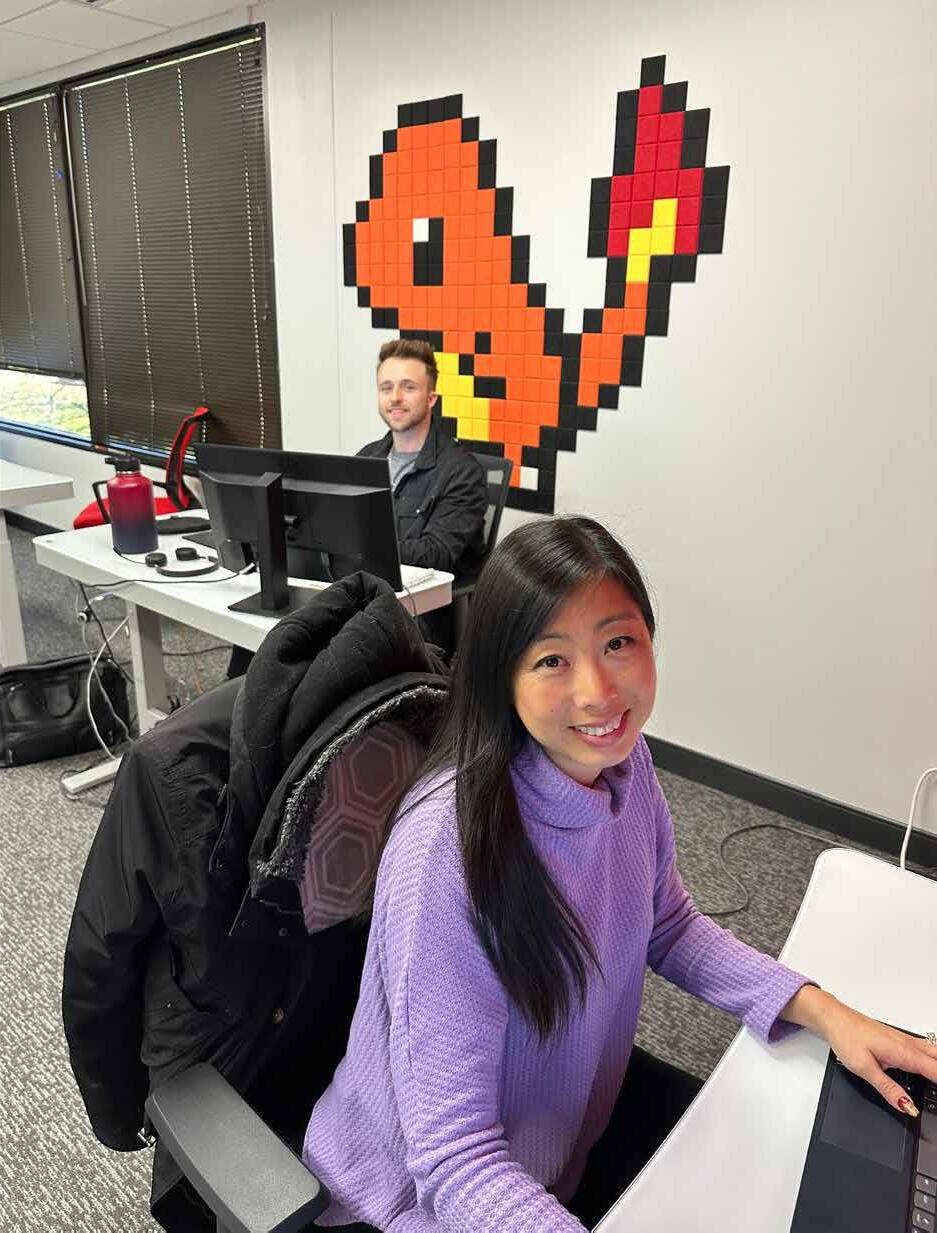
After time at Facebook and The Climate Corporation, Shown saw an opportunity to take his knowledge and opened Nxt Level Recruiting focused on Machine Learning and Healthcare technologies in 2018. Because of the Covid-19 shutdowns of 2020, most of his clients had to either stop new hiring and/or begin layoffs. This doesn’t work well when you own a recruiting agency.His team of three recruiters had to become salespeople and pivot quickly to bring in new clients. One habit they developed during this time was to watch the stock market to see what companies were having growth. They discovered that entertainment and video game company stocks were on the rise. The team began learning everything they could about gaming studios, products, and skill sets needed to work in the field. They were able to build a new track within the company to diversify clients and positions.
Shown also used this time to visit Nashville to help a family member set up a new company and possibly jump into the real estate market.He came with
that being the sole intention of the trip and to return home to Washington state.While in Nashville, he fell in love with the city and saw the benefits of owning a business in Music City.
After buying a house site unseen to flip, he decided to move Nxt Level to town and opened an office in the basement.He also recruited one of his former employers as his new COO, Taylor Duncan.Duncan was looking to move his family out of Chicago and Nashville was on the top of his list because of the importance of wanting in-person learning for his five children.
Building Nxt Level into a different kind of recruiting agency is a top priority for Shown and Duncan.The team specializes in finding world-class talent.
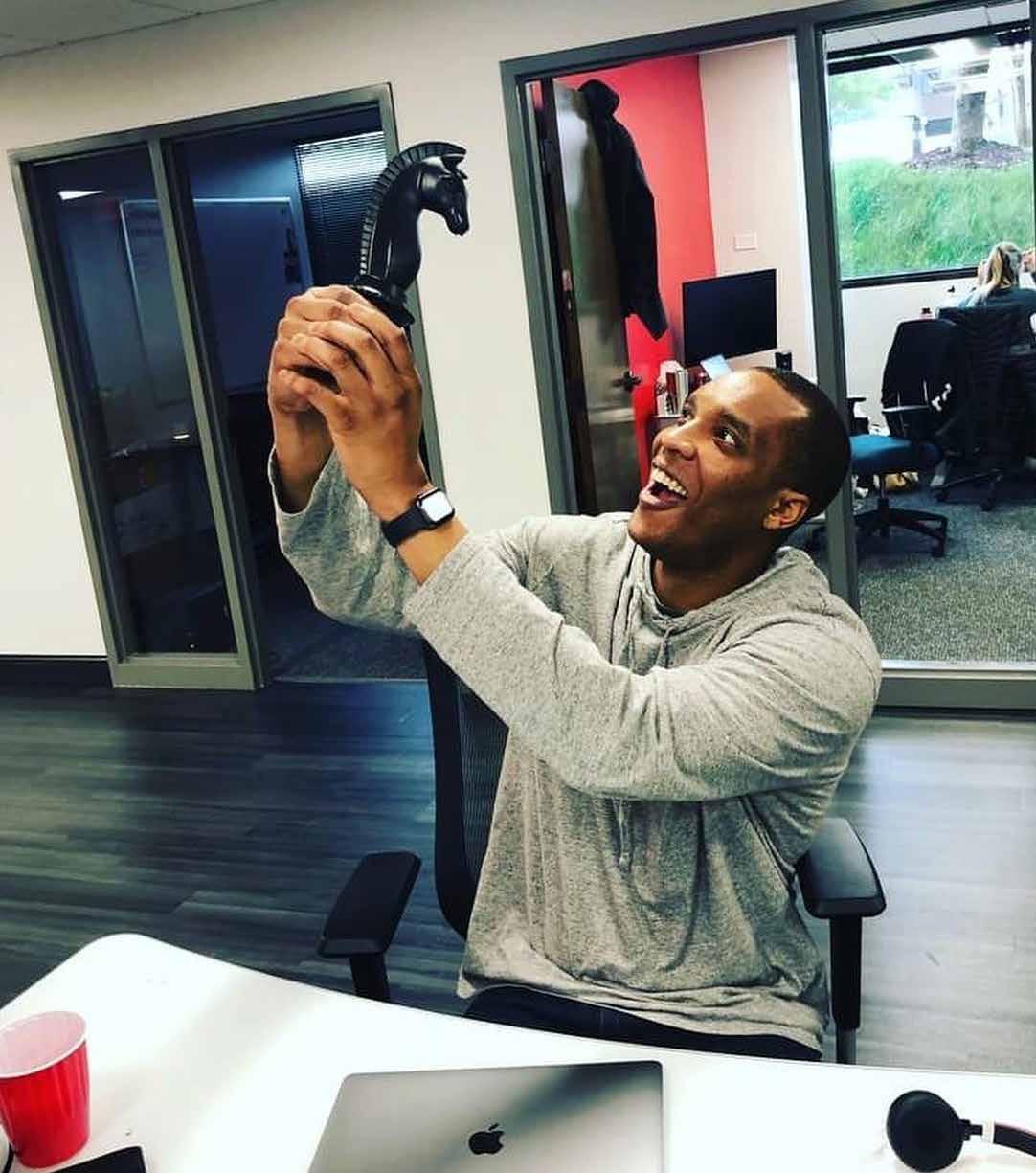
Because of the growth of the company in clients and employees, they were quickly able to move out of Shown’s basement and into an office space in the Maryland Farms area of Brentwood, TN. The employee growth of over 300% has not stopped and they have rapidly outgrown their first office and are now in a new state-of-the-art office that is close to three times their previous size and is equipped with its own podcast studio.
Nxt Level is a different kind of agency in that they do the arduous work to find and vet world-class talent for clients. The team interviews and screens candidates several times before they are even sent to clients. This frees up valuable time for hiring managers to see who is the best fit for their companies in experience and culture and not have to wade through hundreds of resumes to find the diamond in the rough.
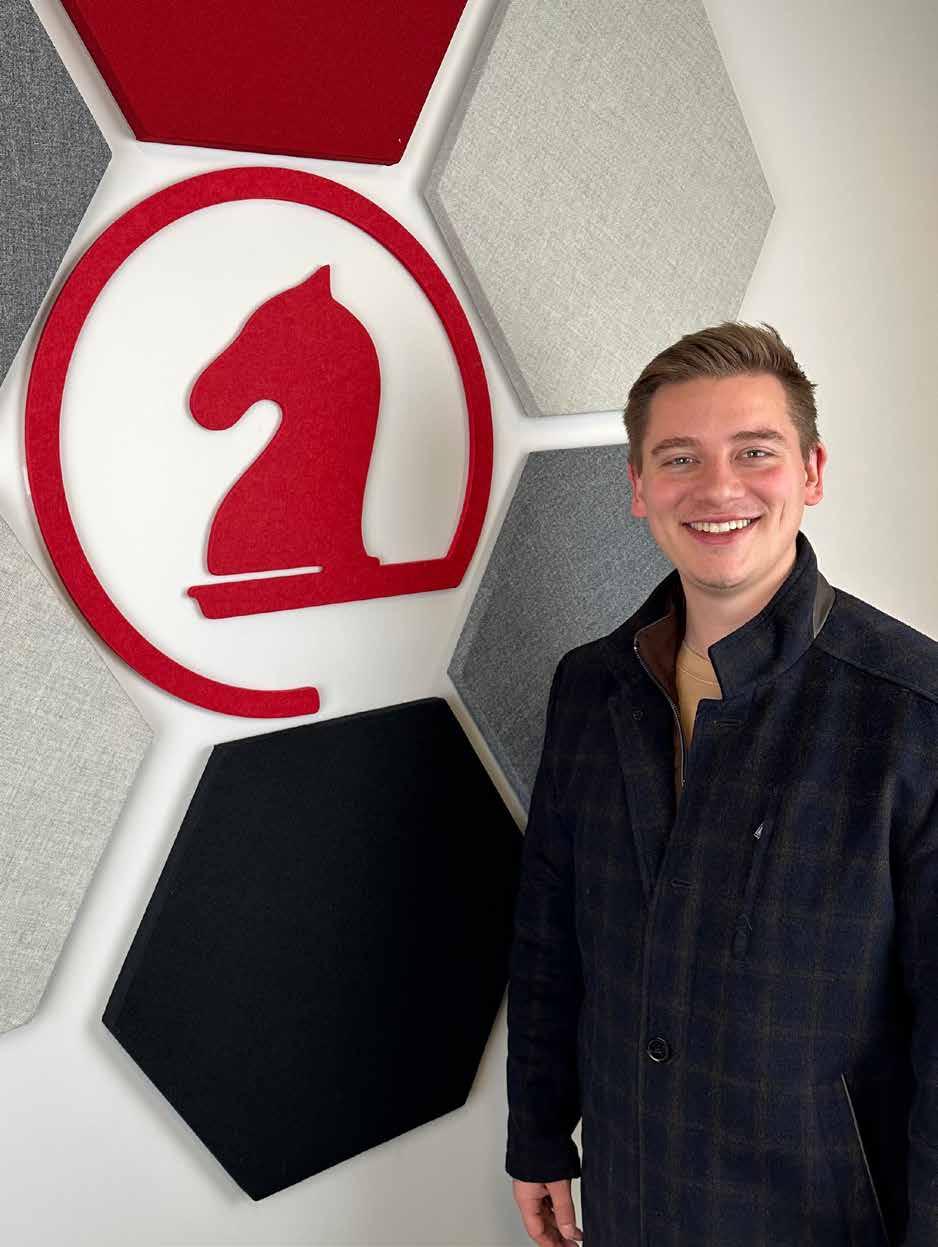
Nxt Level has jumped into the technology and gaming ecosystems in Middle Tennessee to help with growth and education. They are helping to open doors with a partnership at The Wond’ry at Vanderbilt University. They have also partnered with the Nashville Tech Council to provide interview, resume, and LinkedIn training to individuals entering the technology workforce.
They currently produce two podcasts. Shown and Duncan host “Nxt In” about technology, gaming, and hiring practices and challenges. “How She Got There” is focused on women in technology hosted by Jaime Vaughn. Guests featured have been from companies all over the world, such as IBM, Daimler, SalesForce, Squanch Games, Unanimous AI, Google, Edward Jones, Relo Metrics, Data Stax, WorkDay, Blizzard Entertainment, and many more.
Nxt Level is also a driving force in the entrepreneurial tech scene in Nashville. Shown and Duncan are the city leaders for Founders Live, a worldwide pitch competition for startups. Focusing on innovative technology startups in the Middle Tennessee area, Founders Live Nashville is one of the most cutting edge competitions and networking events that
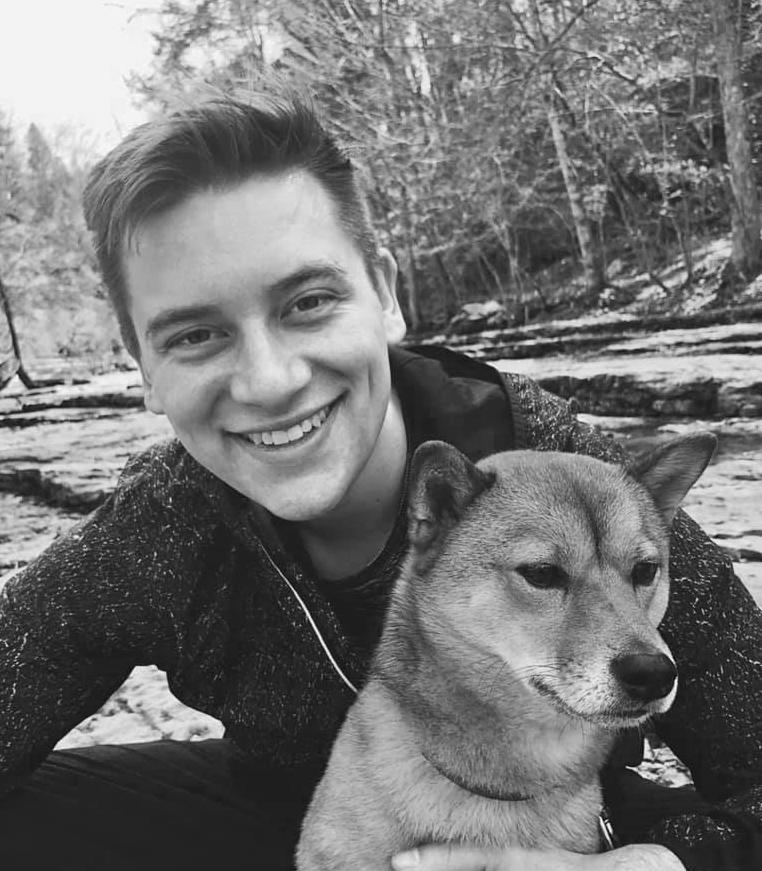

creates the ability for new companies to have exposure to venture capital firms, mentors, and possible new clients several times a year.
Nxt Level strives to live by its six core values to ensure the best experience. Play Chess, not Checkers to understand the bigger picture, not just for the company but for clients and placements as well. Every move is done with a greater purpose in mind for all involved.
Team is Family might sound cliche, but the team lives and dies by this statement. The team fights for its own to help growth to happen. They work together to create amazing outcomes for all.
Results Driven Culture is instilled to encourage learning.Failing is in fact encouraged to learn from mistakes quickly. Nxt Level uses it as a stepping stone to create attitudes of trying and striving.
Create Raving Fans is to design a space where everyone feels valued.They strive to make clients and candidates ecstatic that their expectations are surpassed on all levels, to have the community know that there is support within the company, and to make team members know their value.
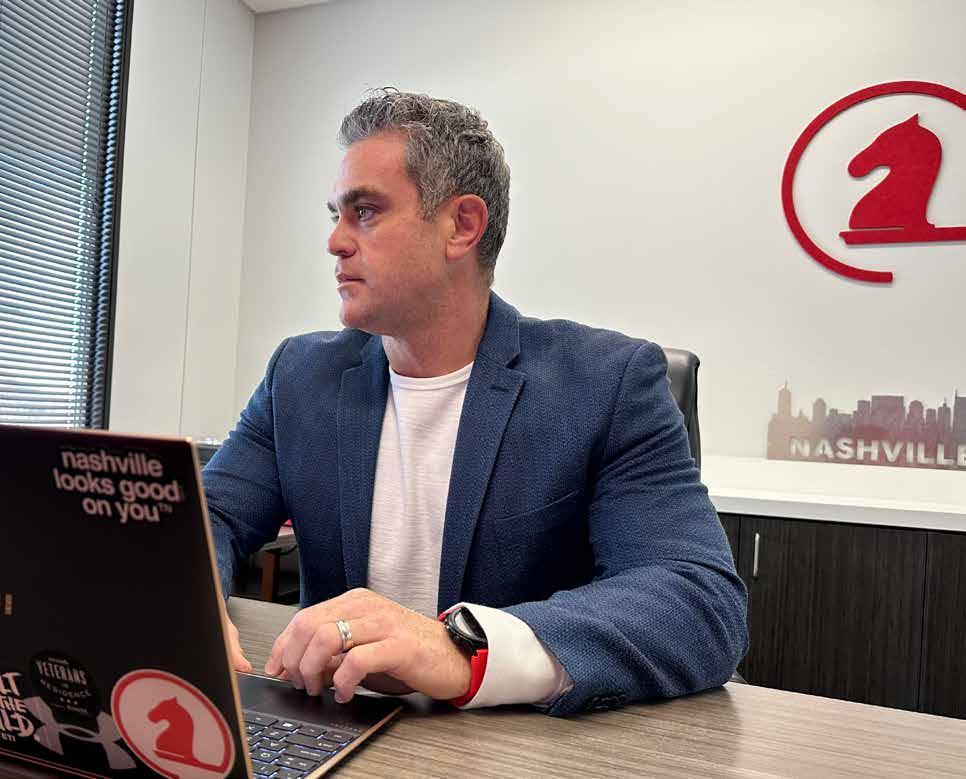
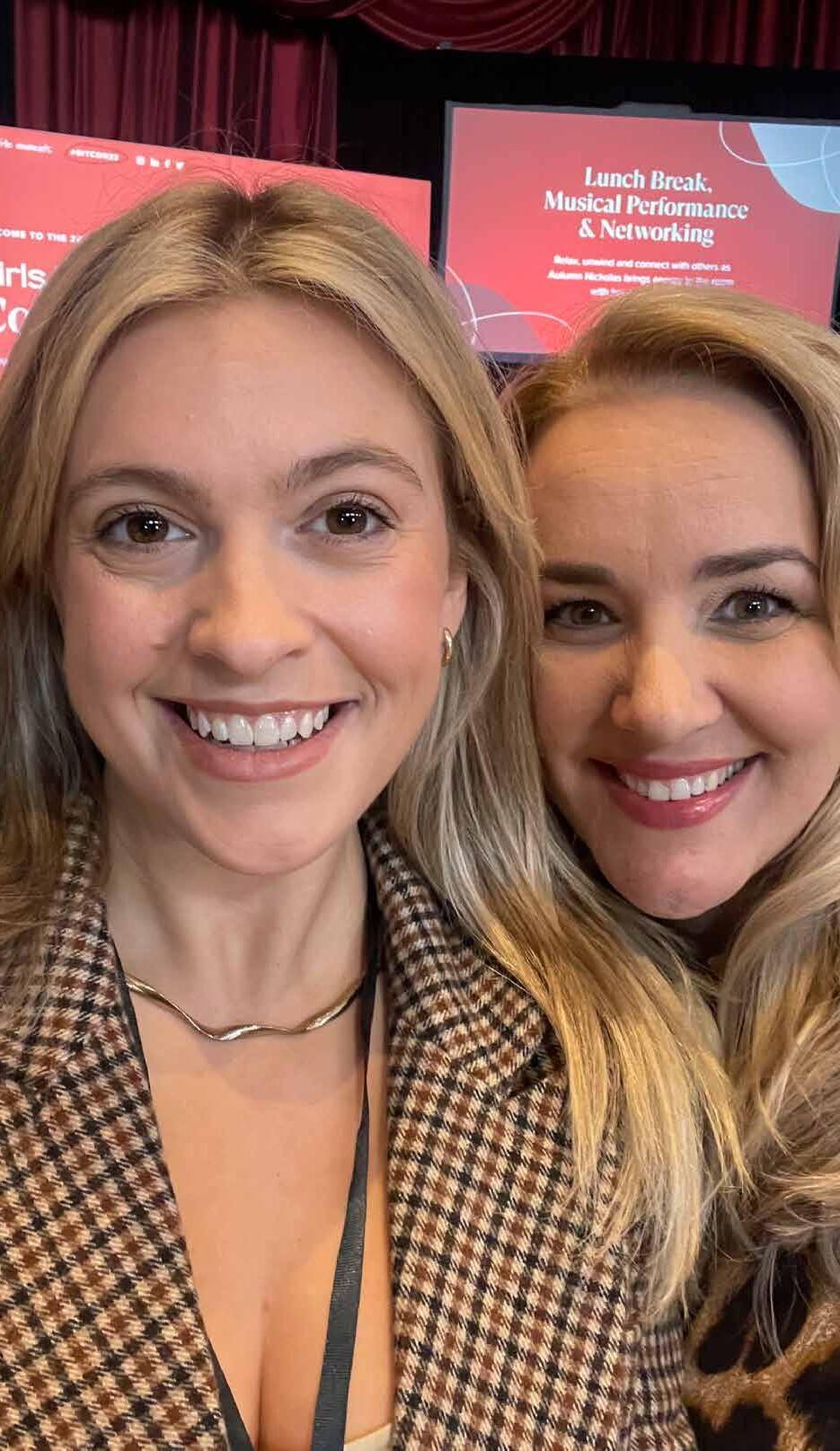
Winning is a Mindset is to foster healthy practices to push the team and organization forward.
World Class Hunter may sound bold but Nxt Level will find the best of the best and work to ensure that they went above and beyond for all involved.
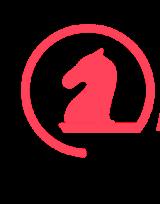
Nxt Level is now leading the way in recruitment for machine learning, gaming, defense, augmented reality, virtual reality, fintech, NFTs, Blockchain, Web3, and self-driving vehicles, with more to come.
Shown has come a long way from Pokemon trading cards.
You know when you shop for clothes online, but you don’t know which size to buy or if an item will look good on your body? Couture Technologies helps apparel brands solve this massive financial and sustainability challenge by seamlessly integrating its patent-pending virtual try on technology with a brand’s website. This innovative technology not only shows customers exactly how items will look, but also how they will fit on their body.
Couture’s founders, Deanna Meador and Marcelino Rodríguez-Cancio, first met while working on an innovation project for a large fast fashion company alongside executives from Accenture and a team of students and faculty members from Vanderbilt University’s Innovation Center, the Wond’ry. This project took them on a journey of discovery to learn everything they could about the apparel industry and the biggest challenges it faced. After completing this project and building a predictive analytics solution to assist customer service representatives, the challenges they discovered along the way that weren’t addressed by that solution stuck with them. At that time, most apparel brands received less than 20% of their revenue from e-commerce with high rates of returns caused by issues with sizing and fit
keeping them from expanding their e-commerce presence. The founders could see this would need to change if brands were going to be able to not only survive, but also thrive. In 2019, Deanna approached Marcelino with an idea, a bold, big idea. An idea with the potential to completely change the way people shop for clothing online by building an accurate and authentic virtual try on experience. Marcelino, a PhD-level computer scientist, assembled a team to explore whether the idea was technically feasible and what type of skills they would need to recruit if they decided to move forward. Before ever writing a line of code, Couture’s founders hit the road and the sky. They traveled around the world and talked to over 300 brand leaders to make sure reducing returns was in their top 3 challenges to solve. Not only was that confirmed, but the brand leaders described an accurate virtual try on technology as the ‘holy grail’.
There have been many companies that have tried since the early 90s to develop virtual try on technology and most have failed. The Couture team knew they would need to develop novel, cutting-edge technologies and methods from the ground up if they had any shot at success. This can be a daunting proposition for founders planning to bootstrap knowing they will need a highly skilled technical team and likely a couple of years in R&D in order to deliver. Based on all the evidence from their customer discovery, Couture’s founders decided it was a risk worth taking. When they had their first prototype of their technology, a brand partner said, “I want in!” The brand saw no returns when customers used Couture’s technology to virtually try on the brand’s signatureFlux jumpsuit. It was this early proof of concept that drove Couture forward.
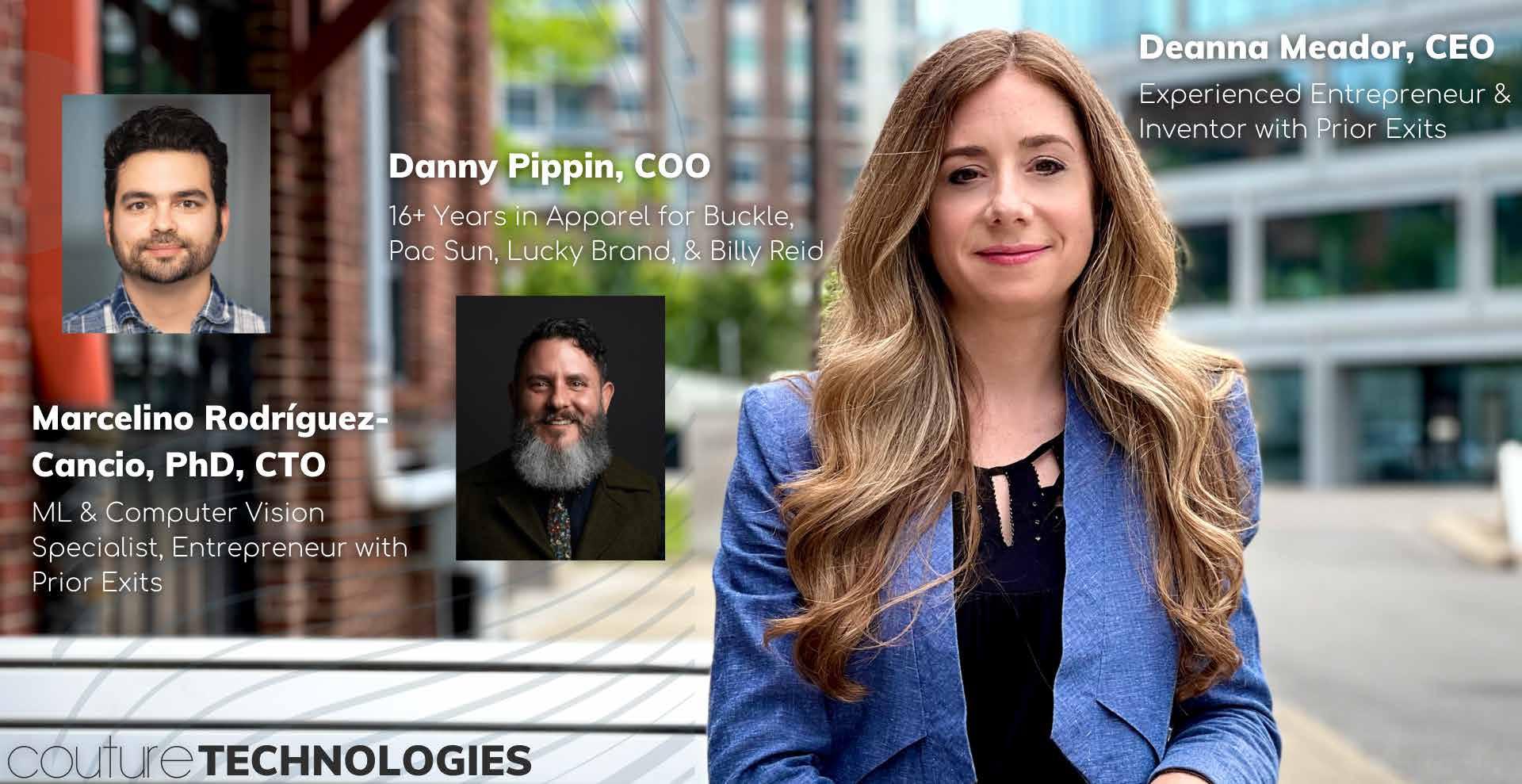
Since Couture officially formed, it has grown from 3 people to 26 and its people-first culture has attracted and kept top talent from across the globe. A lot of entrepreneurs will say qualities like grit, curiosity, determination, resiliency, and so on are the most important in order to be a successful entrepreneur. Couture’s CEO doesn’t disagree that those are important, but as a serial entrepreneur with several ventures under her belt, she has grown to recognize and appreciate that it is really strong soft skills that can make or break a venture. Founders must be able to genuinely connect to their customers, their team, their investors, and the list goes on. To make anything big happen in the world, it takes a lot of hands working together and that doesn’t happen without putting people first.
Couture’s technology was named the Most Innovative Apparel Sales Software by Acquisitions International during their Business Excellence Awards.

Taking an idea from your head and heart and bringing it into the world where it can have an impact on society and the lives of your team is one of the most fulfilling and rewarding feelings as an entrepreneur. People will tell you no and they’ll be right. People will tell you no and they’ll be wrong. Through it all, all the ups and downs, you will change, you’ll have stories to tell, and you will inspire others to chase their dreams.”
— Deanna Meador, CEOCouture was recognized as one of the Top 9 Tech Startups in the world across all categories during the Olympics of Tech. The early years of the company were bootstrapped by the founders with support from the National Science Foundation’s competitive SBIR grant program. Couture opened a subsidiary in Uruguay in 2021 and received a grant from the Uruguayan government to fund this exciting international expansion. The team received double their ask in less than a month when raising their first round of outside capital and Couture’s initial collaborators out of stealth mode were renowned workwear market leader, Workwear Outfitters, and three exciting D2C fashion brands.
Unlike some deep technologies, the problem Couture is solving is something that almost everyone has experienced; being unsure what size to buy when shopping online or having to return items that just didn’t fit your body well after they arrive on your doorstep.

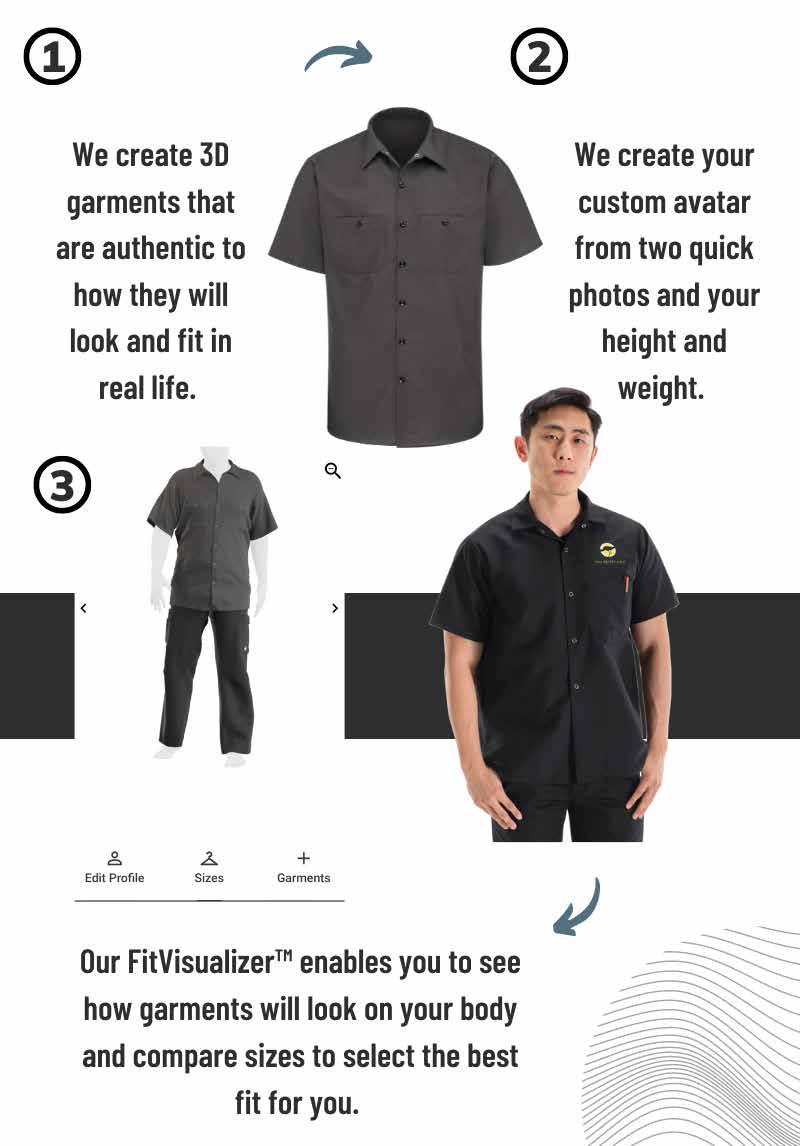
This has led to Couture’s solution really speaking to both brand leaders and their customers. Couture was on a call with a brand CEO and after seeing a demo of the solution, she got really quiet and then said, “This is going to change everything.”
This technology is not being developed in New York or Los Angeles. It is being developed right here in Nashville, Tennessee.
Couture’s founders want to use their story to showcase that Nashville truly is a great place to start and grow an innovative tech company. People are collaborative, taxes are low, there is access to both dilutive and non-dilutive funding, and it’s an attractive city for a team to call home.
During your last hotel stay, if your room was clean, the in-room appliances were fully functioning and your request for extra towels was addressed quickly then that hotel was probably using Quore. Our cloud-based operations app supports hotel staff in their day-to-day for better guest experiences, which means smarter teams and happier guests. Thousands of hotels around the world rely on Quore to boost productivity, promote better communication between departments, and improve guest satisfaction.
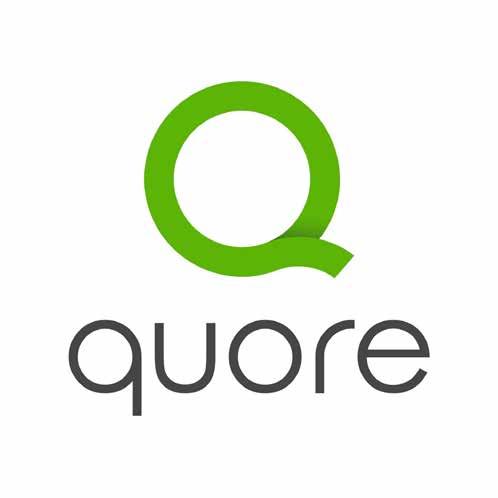

Scott Schaedle, our founder and CEO, is a Franklin, Tennessee native who began developing Quore back in 2012. At the time, Scott was working as an engineer at a local hotel and knew that there had to be a more efficient way to operate than relying on Post-It notes and walkie-talkies. He was tired of important messages getting lost between shifts, miscommunication between departments and general inefficiencies when it came to issues like preventative maintenance and housekeeping.
Scott set out to find a mobile-based application that busy hotel staff could utilize on the go but quickly realized that there wasn’t anything on the market that fit all of his needs. It’s a classic entrepreneurial story—Where there is a problem, an entrepreneur sees an opportunity to innovate. So, Scott decided to teach himself to code and build the perfect solution himself! In the 10+ years since Quore was first launched, we’ve since become one of the largest and most trusted solutions in the hospitality industry. We’re a preferred vendor for major brands such as IHG, Hilton, and Choice.
In an ode to our roots, Quore’s offices now overlook the same hotel Scott was working in when he got his industry-changing idea. Since our end users are at the center of everything we do, it’s important to us to never forget why Quore was first founded. Our team has grown to a group of 50 employees, all united by a customer-first mentality! Many of our employees used to work in hotels themselves, so they know exactly what issues hotel teams are
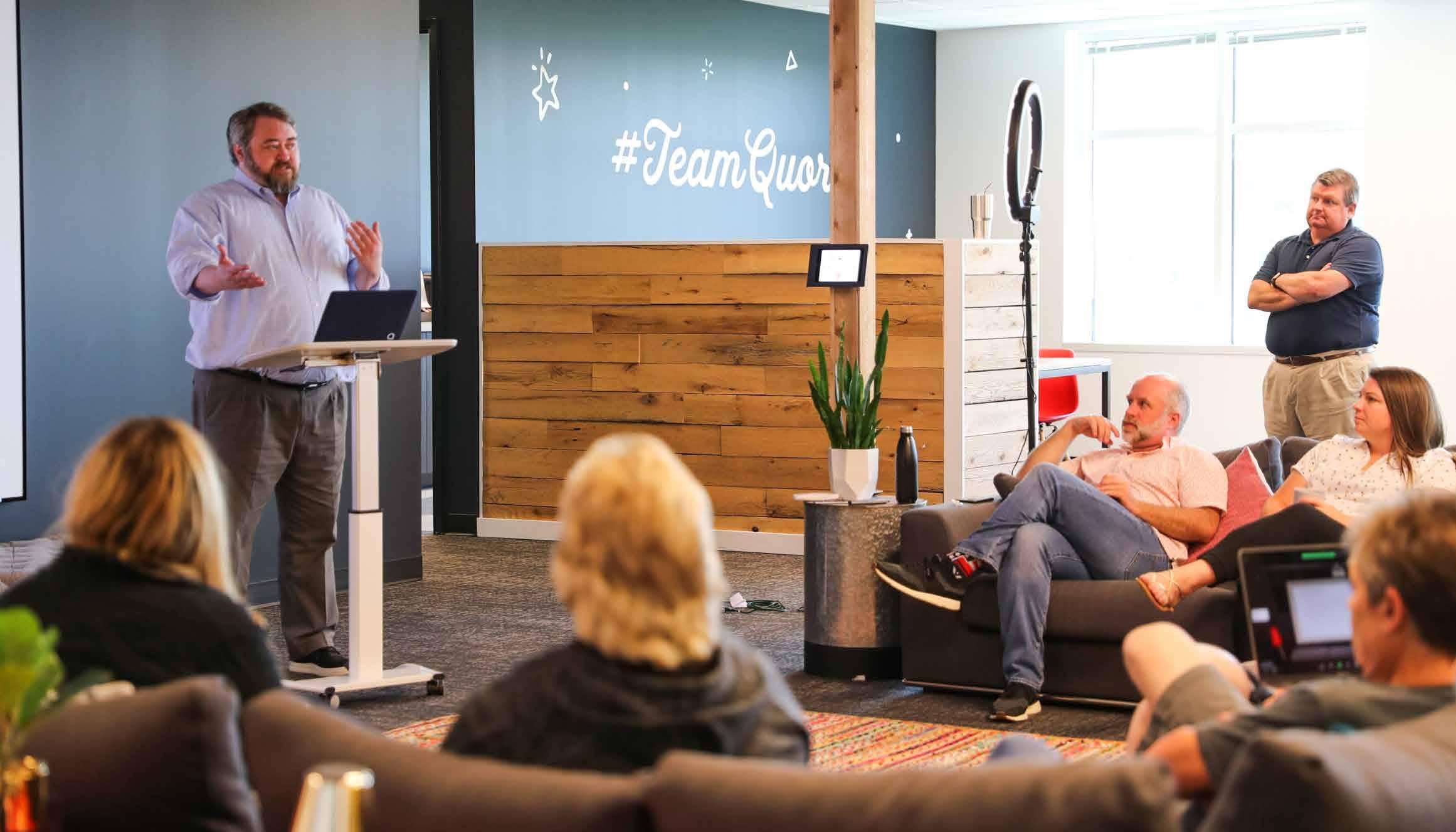
Quore is a hospitality technology company dedicated to revolutionizing how hotels operate worldwide.Scott Schaedle, Founder and CEO
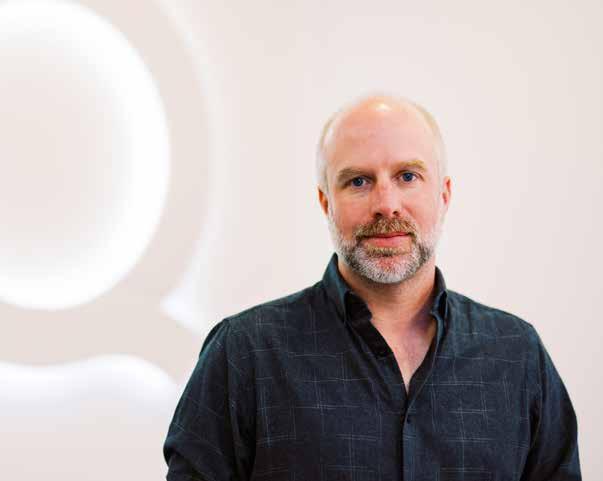
facing every day and how Quore can best serve them. We emphasize (and thrive on!) collaboration and creativity, which is apparent in our open office space, fun company culture, and flexible work environment. We are proud to have been named as one of America’s Best Startup Employers by Forbes.
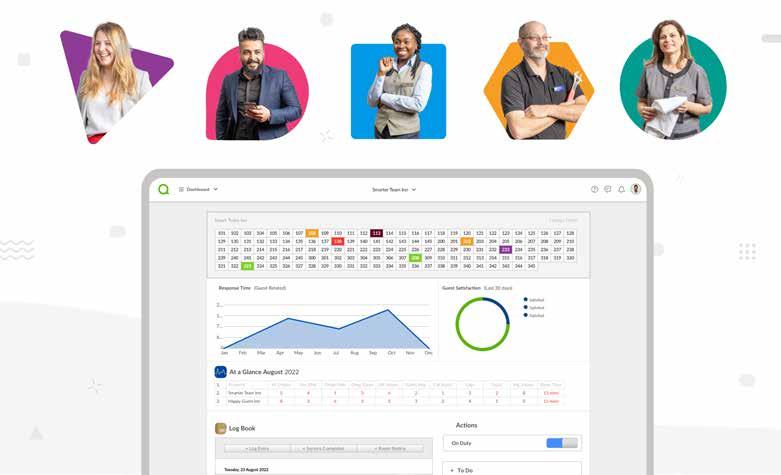
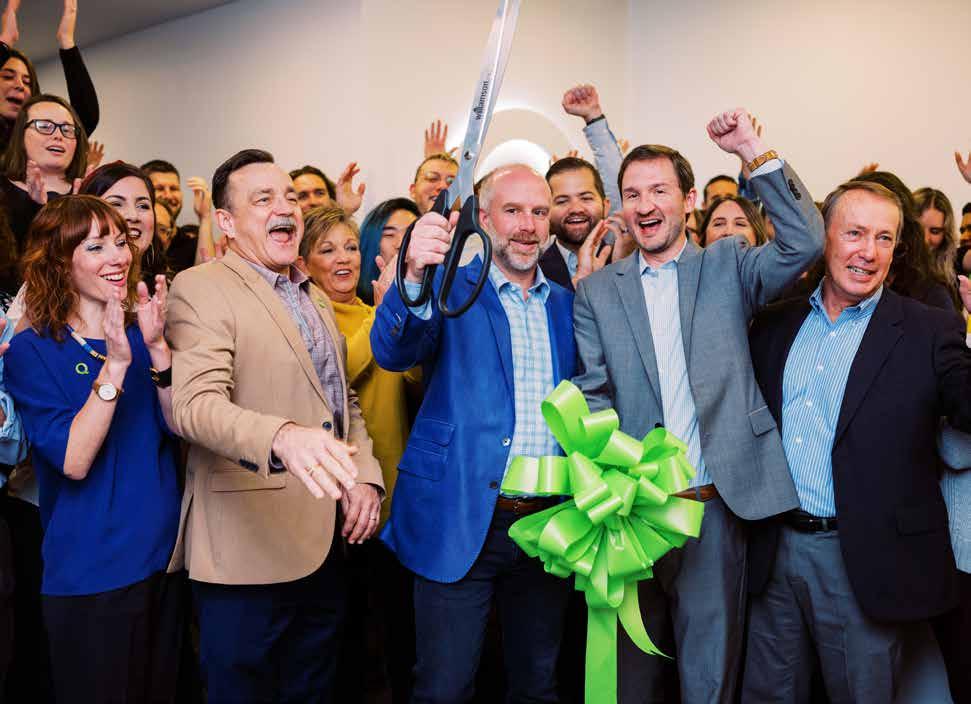
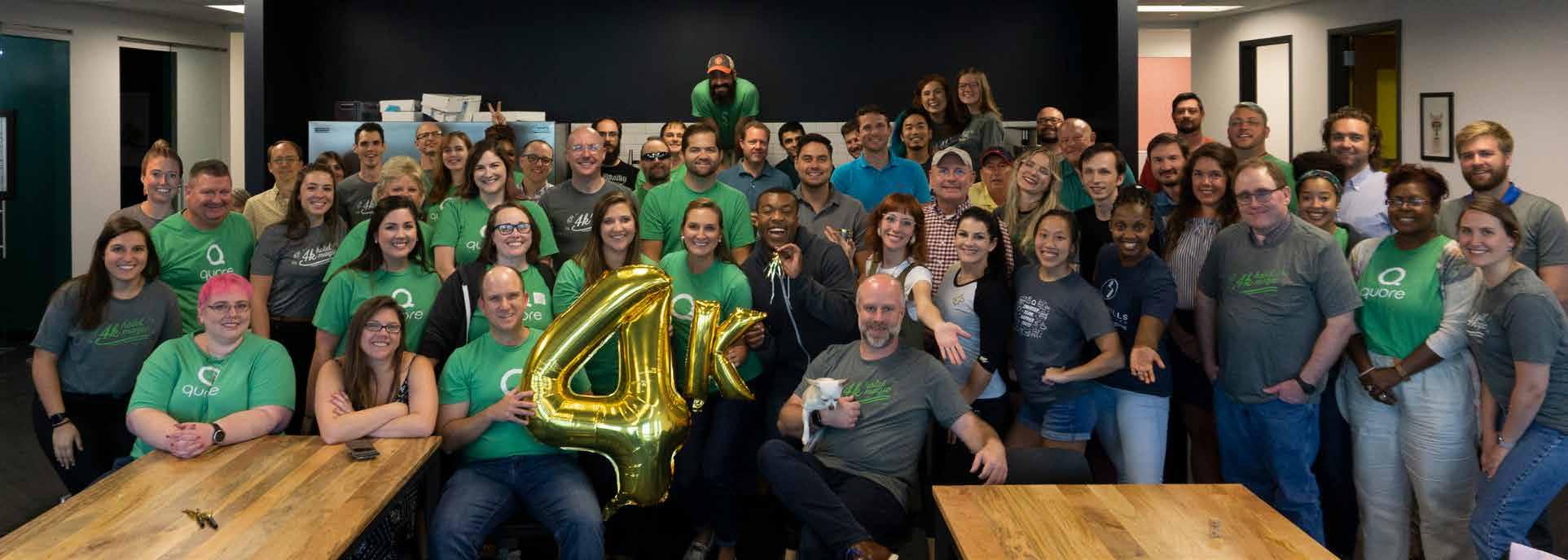
2022 was a benchmark year for Quore as we celebrated serving 5,000 hotels globally and 10 vibrant years in the hotel technology industry. Exceptional service is the heartbeat of hospitality, and as our vision states, we will continue to strive “to be the heart of a simpler and more productive workday.” We’re not done revolutionizing yet.
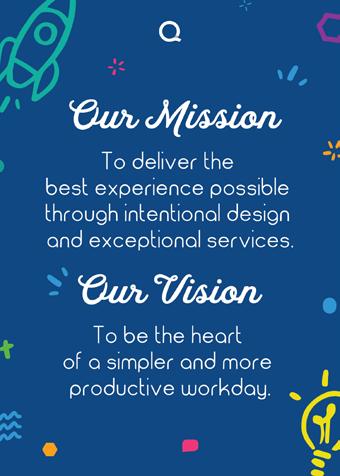
Quore
hello@quore.com
QuoreSystems quore
quoresystems teamquore
Have you ever had to throw your best work away? I have. It’s demoralizing, but sometimes things you can’t control go wrong and there’s nothing to do but let it go. You can start to think, “why bother?” I’ve seen it happen to our clients too. As a device development firm, there’s only so much we can do to help our clients succeed. Even if we make the perfect product, it can still end up shelved because of a flawed business model, marketing strategy, unlucky timing, or any number of other things.
We were tired of watching smart, talented hardware startup founders give up, so we asked ourselves, “what can we do about it?”
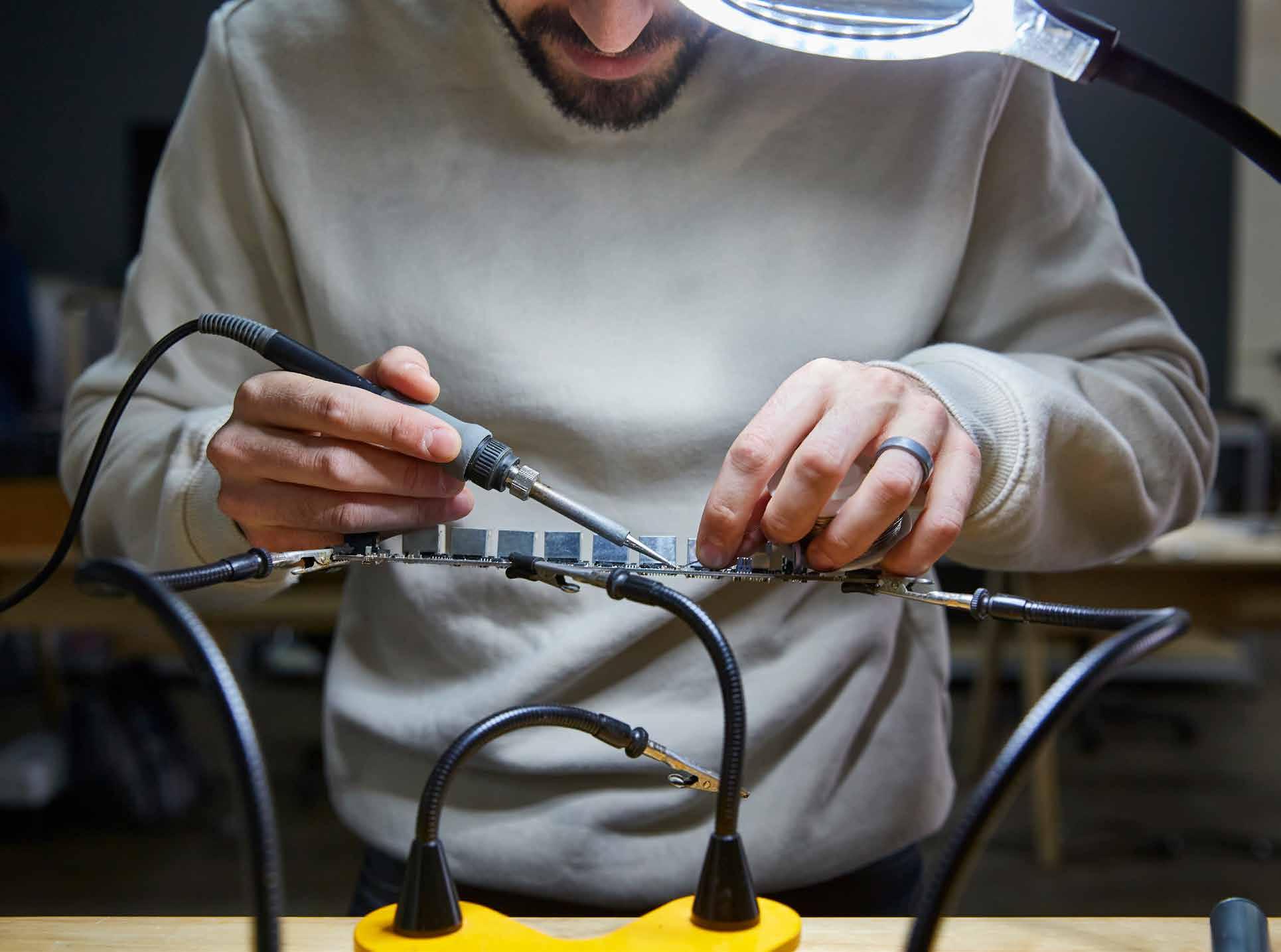
We’ve made some products we’re really proud of, but we realized that fixing this pattern takes more than that. It takes working even more closely with startups and helping in ways that are beyond the scope of just making stuff. We need to build a solid base of technical knowhow at the “why” level of the business to support a founder’s vision. To do that we need to be a key partner, where we can apply the pattern matching skills that we’ve developed over years of working on products of many kinds to help guide founders through some common pitfalls of making a high-end, high-tech product. We want to team up with startups and improve their success rates. We are building a hardware startup success machine.
The best products in the world are, without exception, created by tight teams of skilled people who share a singular vision. Making complex products is like playing orchestral music; team harmony is more important than individual virtuosity. Coordination outcompetes sheer skill. Every. Single. Time.
Our team has been multidisciplinary from the beginning. From day one we in-housed Electrical Engineering, Mechanical Engineering, and Industrial Design, enabling us to make devices start to finish. We’ve since assembled a diverse team, of fully invested full-time staff, co-located under one roof. We do everything from the research that drives viability, the design that creates desirability, and the engineering that solves for feasibility. With all of these disciplines in-house, we sidestep the challenges of using a cobbled together team of teams. We move quickly because we know and work closely with one another within a shared process framework.
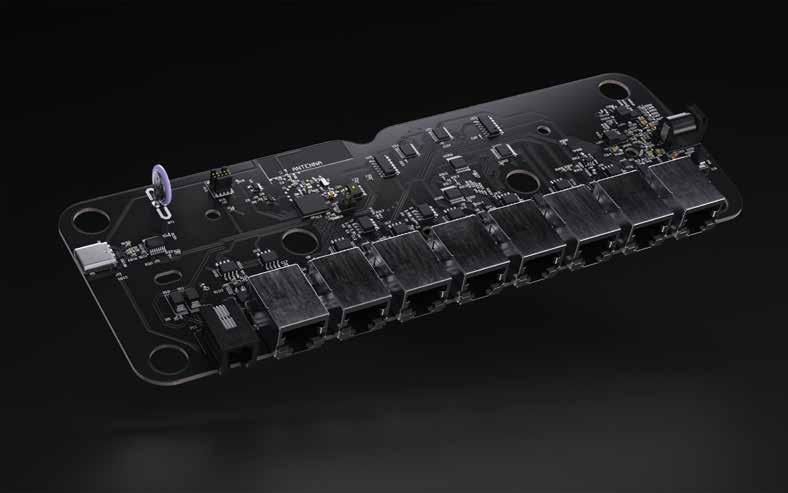
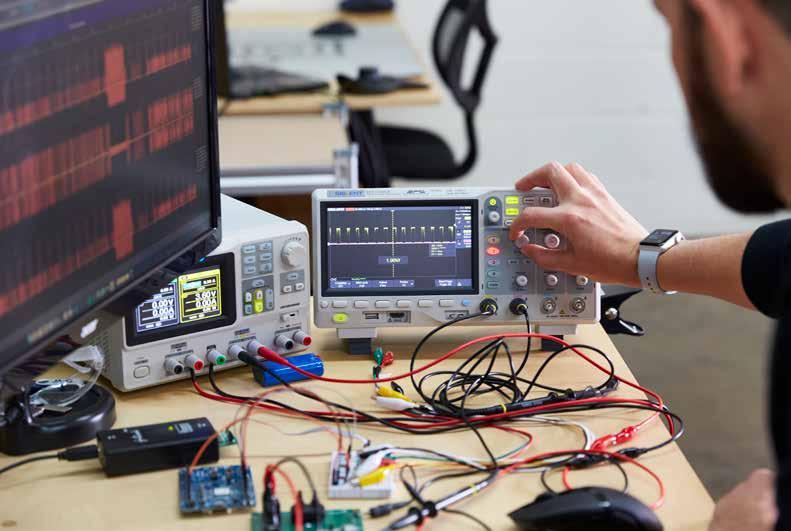

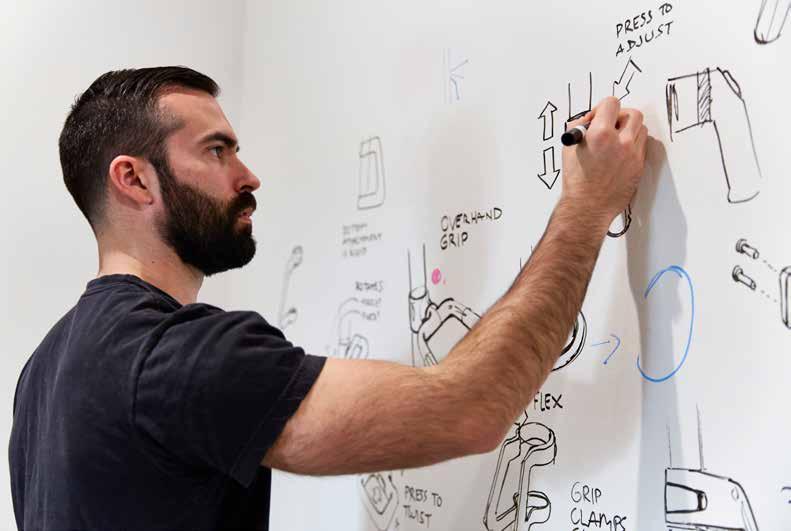
We’re looking for game changing, hardware powered startups who need technical help and guidance. If that’s you, we hope you’ll reach out at ovyl.io.

THOMASEDISON

“The value of an idea lies in the using of it.”
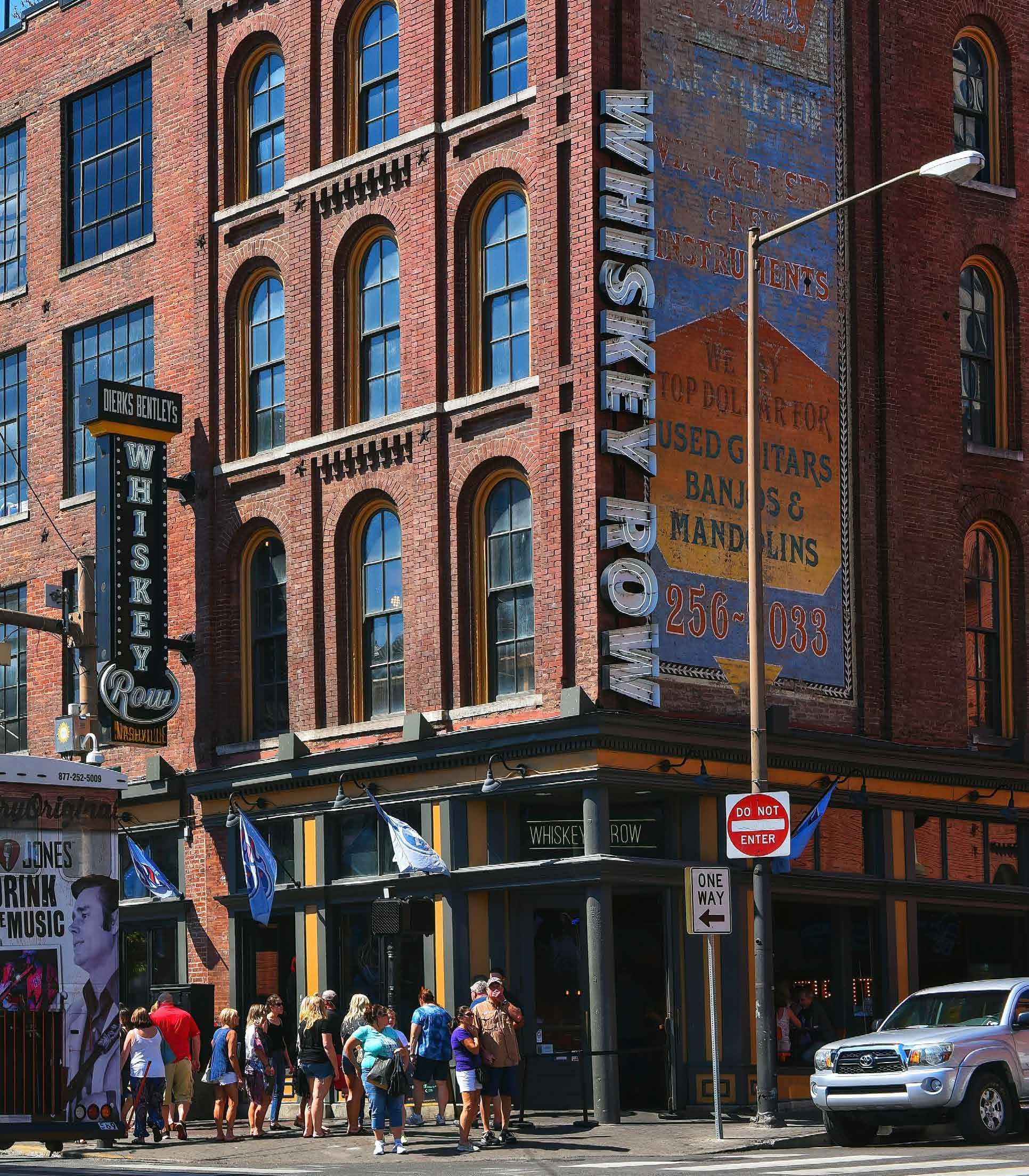
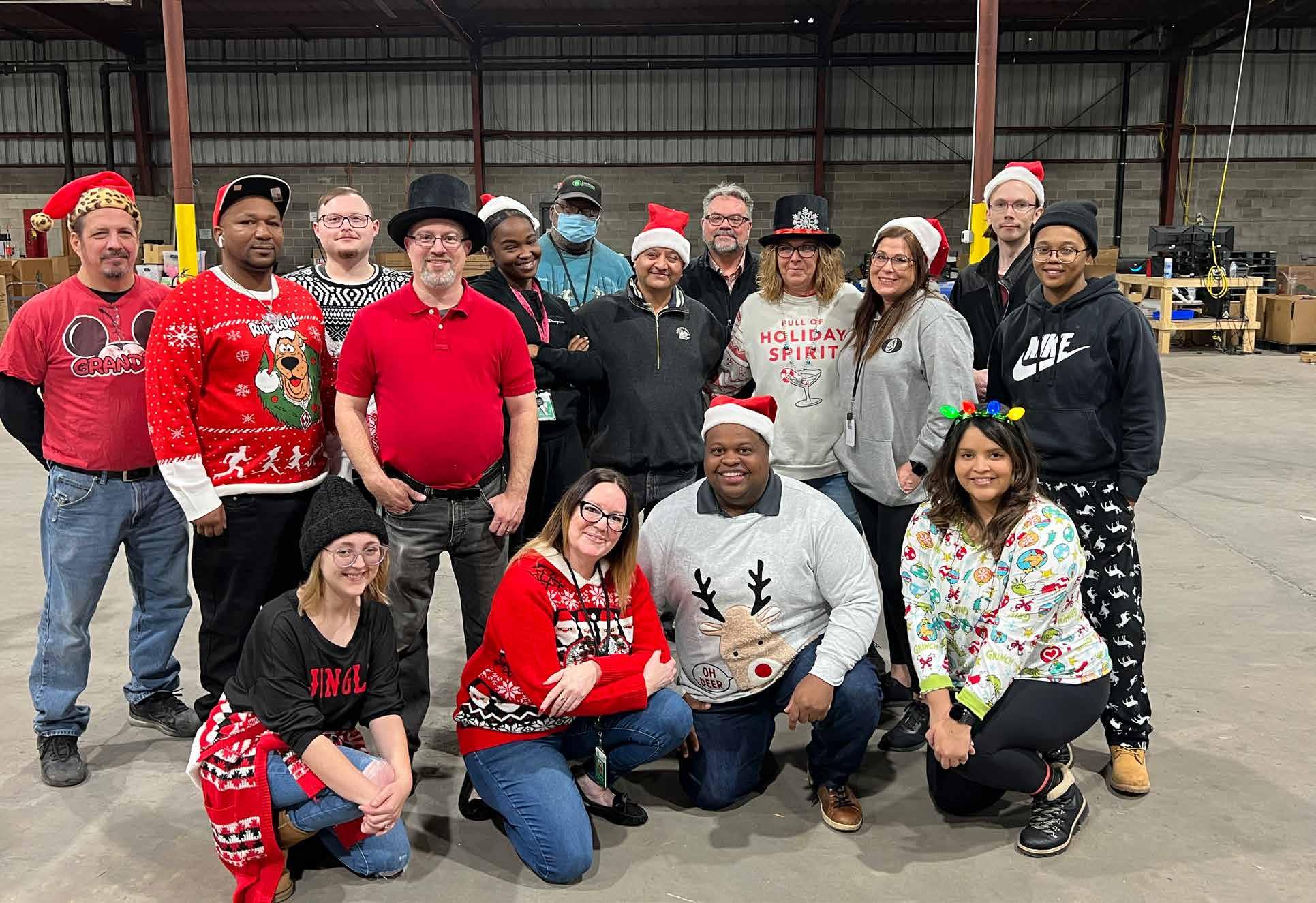
S3 Recycling Solutions is the right choice for businesses looking for an easy and hassle-free way to responsibly and safely manage excess electronics. Headquartered in Springfield, Tenn., S3 is an award-winning, R2-certified technology recycling firm that provides tailored e-waste solutions to businesses across the nation and in Canada. Since 2007, S3 has helped its customers reduce the cost of ownership of their electronic technology assets, while providing a peace of mind that data security is maintained at the highest industry standards.
The ease of doing business with S3 makes it an attractive recycling partner for companies – large and small – who are looking for customized, personal and dedicated service; robust reporting and chain-of-custody tracking for sensitive materials; and a seamless scheduling and pickup process. S3 customers can be assured that all of their electronics and technology devices are processed at R2 and e-Steward certified facilities, ensuring total compliance with local, state and federal environmental regulations.
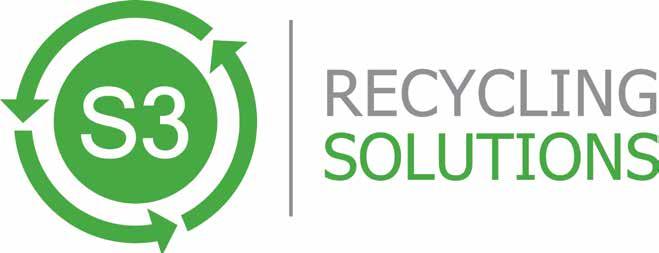
S3’s staff is trained to evaluate, test and determine the best disposition solutions for retired electronic and technology assets. It handles the entire process of sorting, selling, recycling or donating items based on clients’ needs. With an emphasis on cost-effective processes and sustainable solutions for businesses, S3 is consistently raising its profile as a leader in the national tech industry.
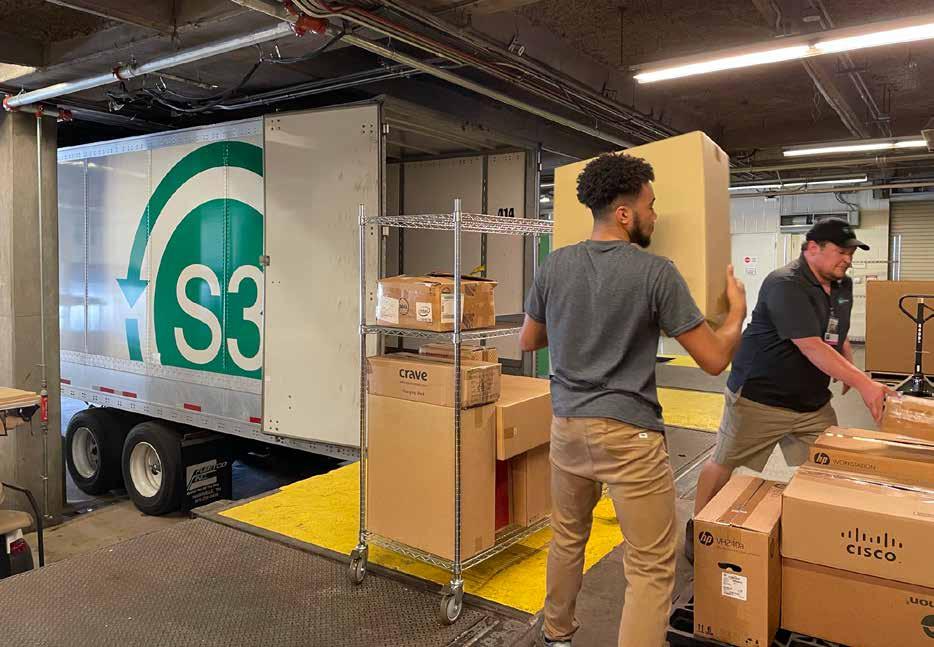
S3 Recycling Solutions provides IT recycling and remarketing services across all industries including:
- Universities and K-12 school systems
- Medical centers
- Government agencies
- Financial institutions
- Non-profit organizations
- Fortune 500 corporations, and others
S3 services include:
- Information Technology Asset Disposition
- Data Destruction
- Mobility Management
- Medical Equipment Disposal
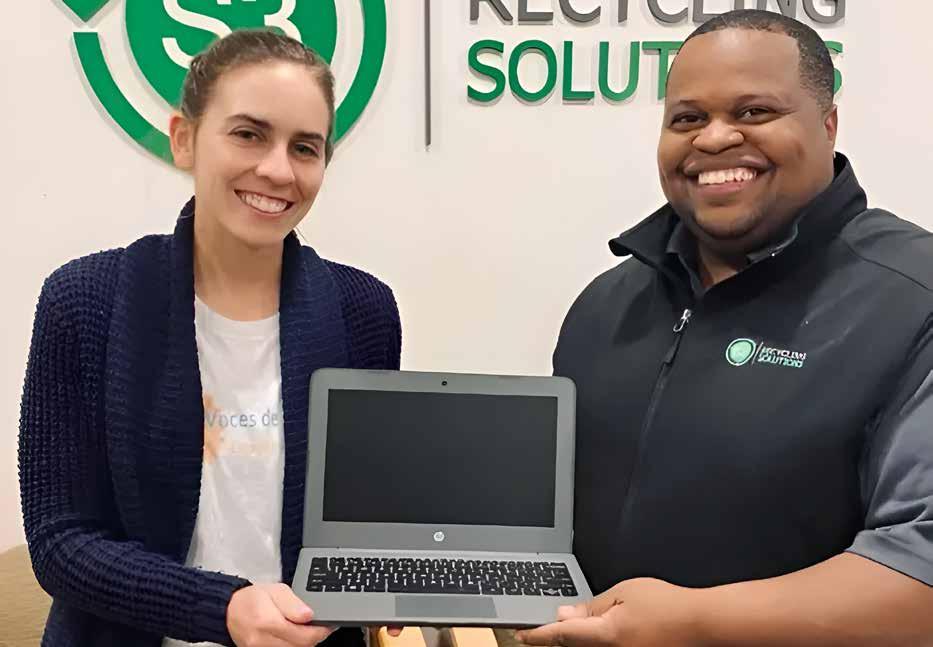
STEWARDSHIP.
With an increasing uptick in hacks and data security breaches, information technology equipment management and data-bearing device security are becoming critical business components. Many companies are putting more emphasis on physical destruction of hard drives and data wiping.
From onsite data destruction to IT asset removal, S3 protects clients’ data and interests. S3 performs data sanitization and destruction on all data-bearing devices including but not limited to hard drives, removable flash memory, removable storage devices, and solid-state drives. All S3 processing and recycling activities satisfy the regulatory standards set forth by HIPAA, GLB, PCI and the California Security Breach
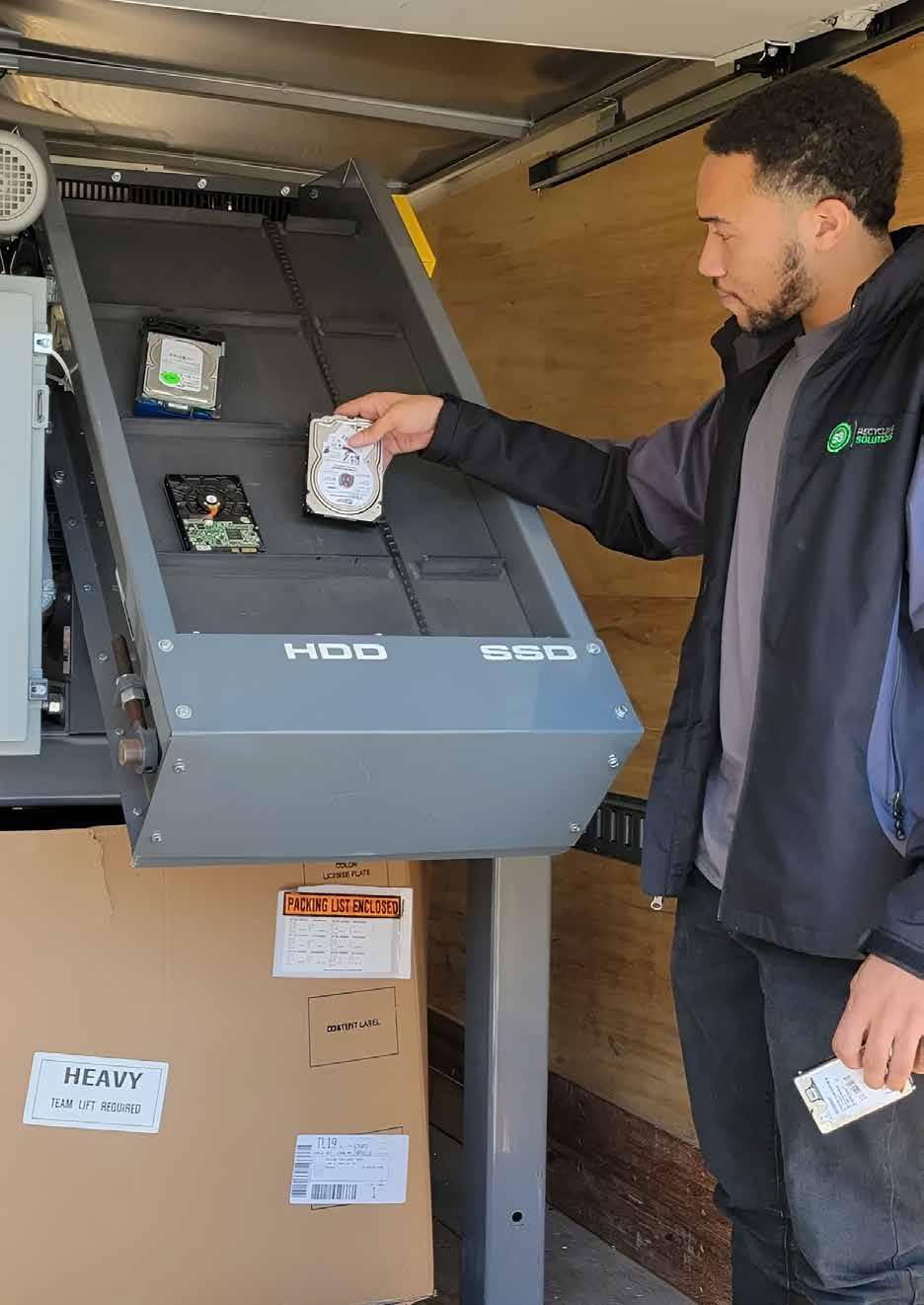
Information Act in accordance with U.S. DoD 5220.22-M and NIST SP 800-88 R1 guidelines. And all material designated for recycling is done in a zerolandfill manner.
As a member of the National Association for Information Destruction (NAID), S3 sanitizes or completely destroys all media in accordance with NIST guidelines and provides each client with a certificate of destruction. Full transparency is an important part of our service, so S3 produces detailed audit reports to clients for each device including: Asset ID, serial number, the security process that was performed, the name of the technician who performed it, and a real-time status report of where the device stands at any given time.
S3 is positioned to provide first-class data destruction, information technology asset disposition, mobility management and medical equipment disposal services to the business community at large.
One of the most important pillars of the electronics recycling industry is the ability to make a positive and lasting impact on the environment. For example, in 2021, S3 processed 3.1M pounds of electronics and technology devices, and the company’s recycling and reuse activity prevented 22,581 metric tons of carbon dioxide (CO2) from entering the atmosphere. In the
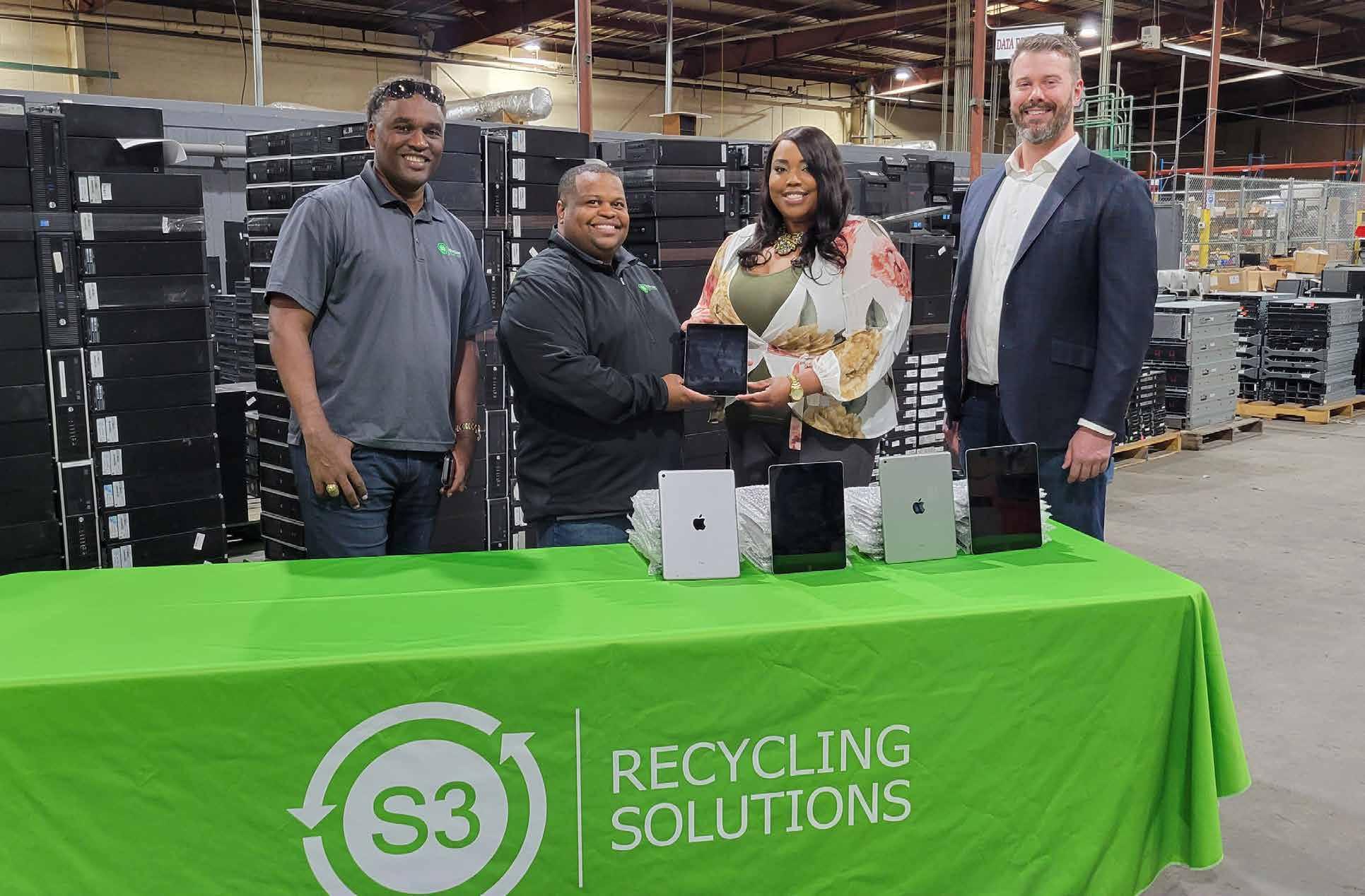
same year, S3’s energy efficiency improvements included decreased idling of the trucks that are used to pick up excess electronics and technology assets from customer sites. Truck idling was reduced from 12.4 percent to 5.14 percent, which contributed to an overall 7.26 percent reduction of carbon footprint.
S3 has more than one bottom line. We strive to be good corporate citizens that take a holistic approach to making our world a better place. We do all that we can to maintain a healthy and happy workforce, and we strive to create a culture at S3 where everyone feels valued and appreciated. We also make it a priority to give back to the communities in which we are located.
S3’s growth and leadership in the electronics recycling industry has made it an attractive workplace for top talent. For consecutive years, Inc. Magazine named S3 to its annual Inc. 5000 list, a prestigious ranking of the nation’s fastest-growing private companies. Because of this business success, S3 is able to offer competitive wages and benefits, professional development for employees, and opportunities for long-term career paths.
A strong workforce is the best foundation for a sustainable and viable organization, so S3 leadership strives to stay in tune with the desires of
its team members. It monitors the morale within the organization – at the individual level as well as the collective company morale – with an overall goal of creating forums where all team members are comfortable and confident to share their thoughts, ideas and suggestions. This approach has resulted in more collaboration and unity in the S3 team, and S3 was named a 2022 Best Places to Work honoree by the Nashville Business Journal.
From drivers who regularly visit client sites for pickups, to account managers who are on-call to assist clients, S3 is committed to creating an environment of professionalism, fun and wellness for the entire team.
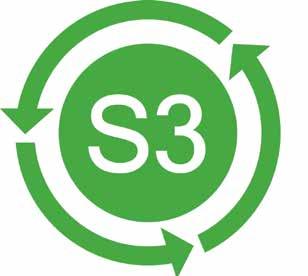
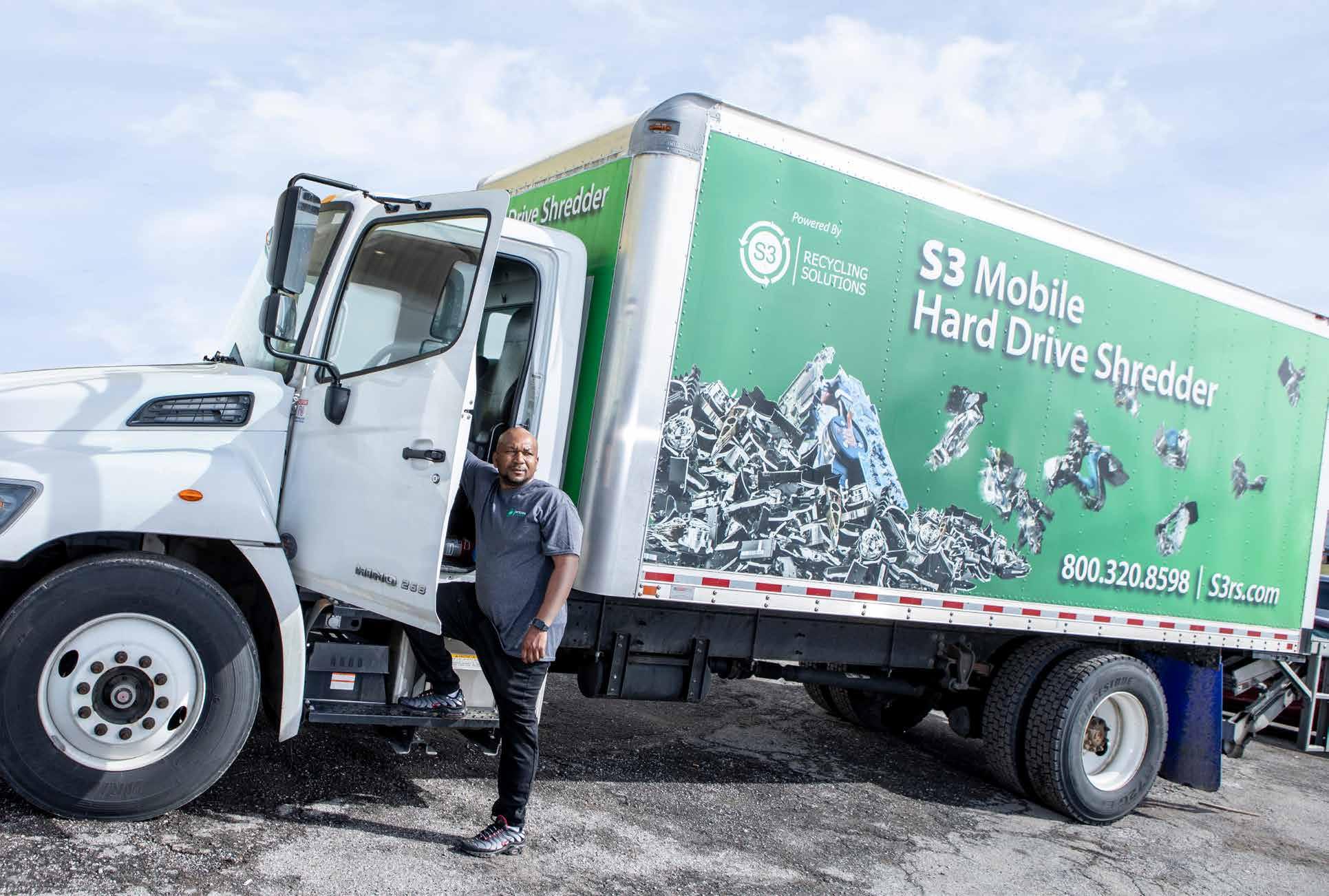
- Competitive wages for all employees
- A company-wide minimum wage that is double Tennessee’s official rate
- 100 percent coverage of medical, dental, vision, and life insurance for employees
- Holiday pay and paid time off for salaried and hourly employees
- Short-term and long-term disability
- Assistance with costs for therapy and counseling
- Work programs for students with Autism
- Weekly team lunches
- Opportunities for overtime hours on the weekend
Community
S3 supports numerous organizations and individuals with financial resources, volunteer hours, and donated technology and supplies. Everything from strengthening the literacy of at-risk children by donating iPads to grooming the next generation of leaders through mentoring, S3 takes a proactive approach to doing good in the community.
A spirit of servant leadership and community service permeates throughout S3. It’s a company value that is important to the CEO, Rod McDaniel, and is actively displayed with events and opportunities for all team members to participate.
Our Founder Brian Fox’s focus was always to “help the good guys catch the bad guys” through the use of the Confirmation.com service which garnered 7 patents and throughout the years caught billions in financial fraud while processing more than a trillion dollars in confirmation data every year.
With the business plan written in Germain Boer’s Entrepreneurship class at Vanderbilt’s Owen Business School, and the seed capital coming from his father’s life insurance after a hiking accident took his life during Brian’s first year of business school, Brian, Janette Houser, Chris Schellhorn and Dave Malone founded the business and spent the first 2 years building it in Brian’s grandmother’s garage. Having started the business right after the Internet dotcom bust and right before 9/11, the business rarely had more than 30-60 days of capital with which to operate in those first 2 years. Clark Hudgins and Paul Strudivant played key roles in the early lean years in the garage.
With dedication, creativity and a “never give up” attitude the four founders created success in the marketplace and the business grew over the years eventually allowing them to raise $11M of capital lead by angel
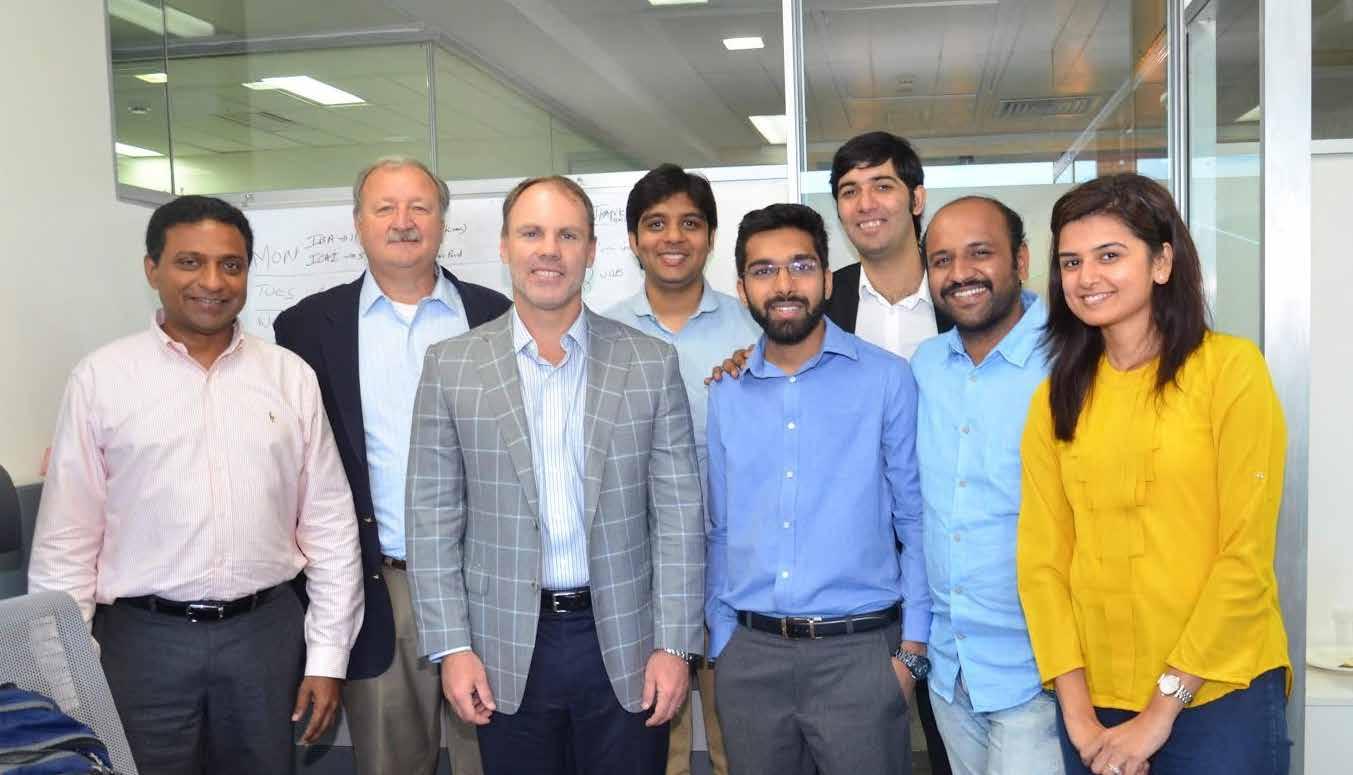
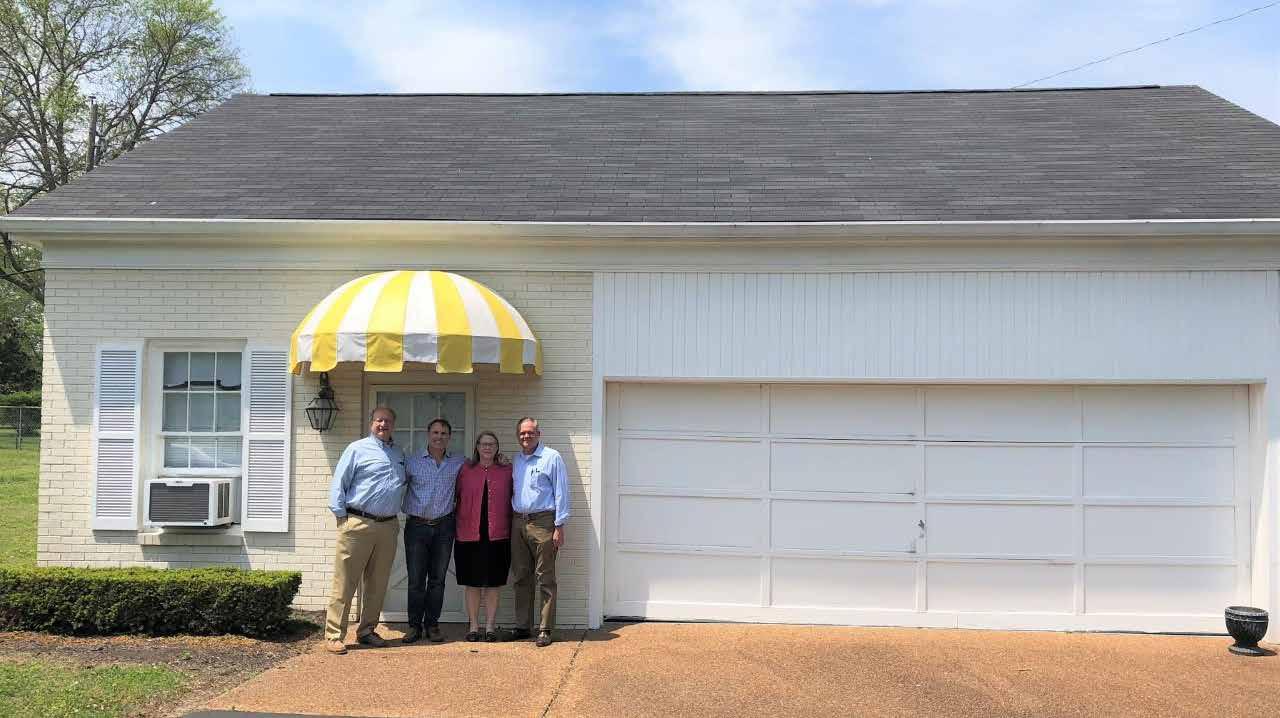 Suresh, Chris, Brian, Kiran, Harsh, Ahmed, Hardik & Nikita in India
Suresh, Chris, Brian, Kiran, Harsh, Ahmed, Hardik & Nikita in India
investors Crom Carmichael and Townes Duncan and the Nashville Capital Network run by Sid Chambliss and Chase Perry. In 2017 Confirmation. com raised $60M from Great Hill Partners led by Matt Vettel, Nick Cayer and Joe Germanese with help from Steve McLaughlin at FT Partners. In 2010 Confirmation.com ranked #96 on the Inc. 500 and was #169 in 2011. It remained on the Inc. 5000 for 10 years in a row until it sold to ThomsonReuters for $430M in 2019.
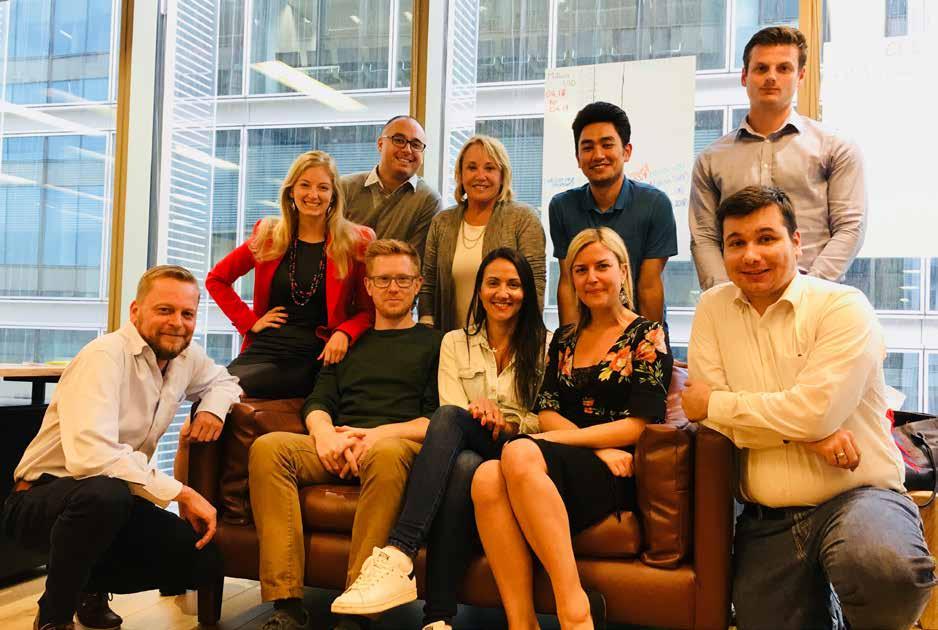
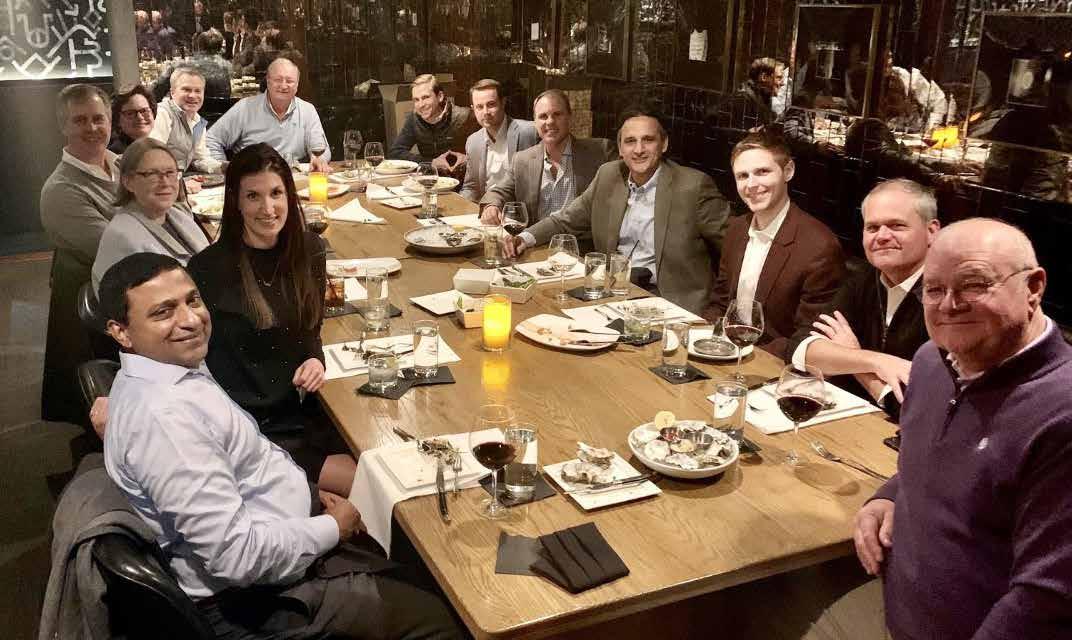
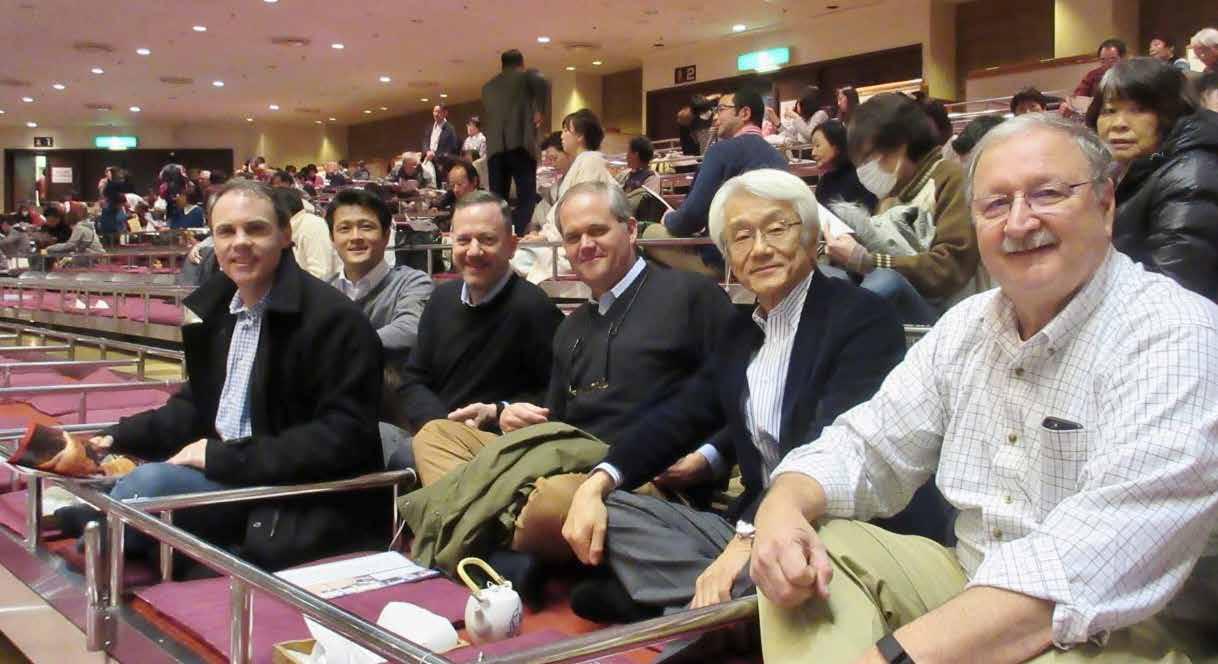
Over the years the business grew to operating in 184 countries with offices in 15. The first interim CTO was Jim Cox. Jim Hamilton was the first full-time CTO until his retirement when Suresh Babu became CTO. Shepley Smith was the CPO aka “the QB”, Mark Portanova led Global Sales, Elizabeth Fuller created and ran global HR, David Crenshaw was the CFO and internal legal counsel and Erik Carlson was the CMO. Stan Litow was the first outside board member who served all 19 years, Charlie Schellhorn was the second longest serving outside board member, Kayleigh Collins managed our offices and Scrum implementation, Jim Clancy led IT Operations and Dan Zangwill was the CSO.
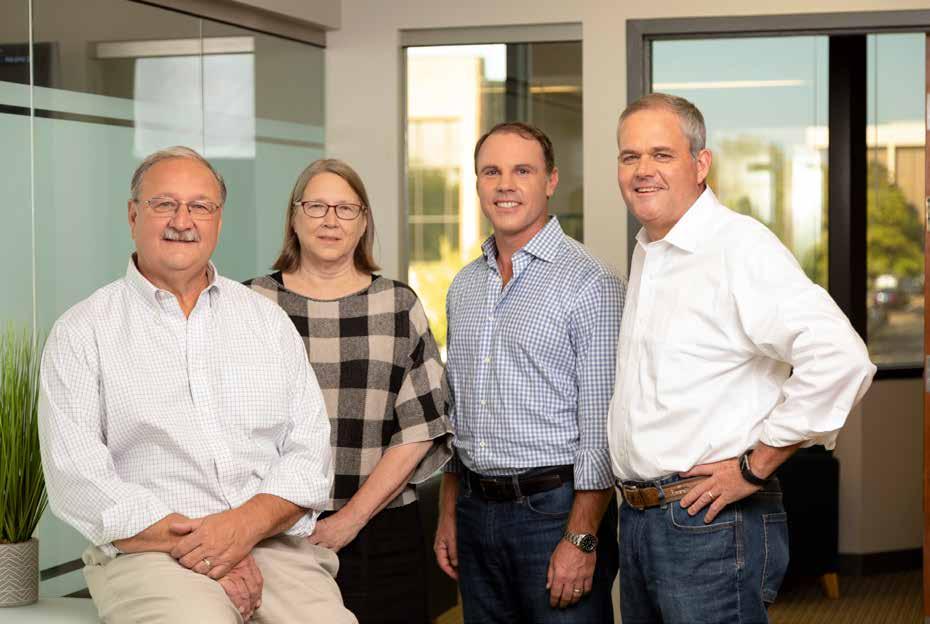
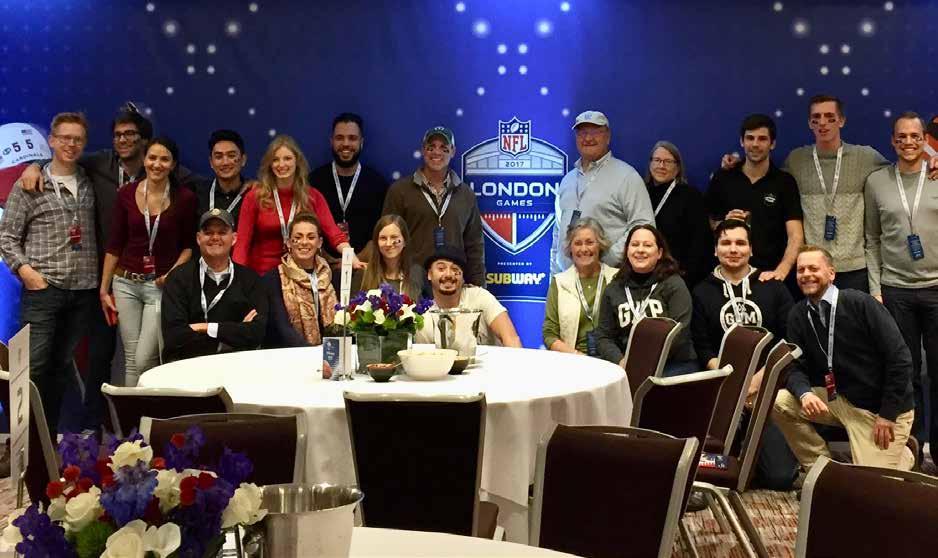 UK Team: “London team at the NFL London game.
UK Team & Izzy: “Brian’s mom - Confirmation.com’s first investor! - visits the UK Team in London
Sumo Wrestling: “Brian, Koji, Matthew, Dave, Keizo & Chris attend a Sumo Tournament in Japan”
GHP/ Board Dinner: “Closing dinner with Great Hill Partners after TR Acquisition”
UK Team: “London team at the NFL London game.
UK Team & Izzy: “Brian’s mom - Confirmation.com’s first investor! - visits the UK Team in London
Sumo Wrestling: “Brian, Koji, Matthew, Dave, Keizo & Chris attend a Sumo Tournament in Japan”
GHP/ Board Dinner: “Closing dinner with Great Hill Partners after TR Acquisition”
Confirmation.com acquired LegalConfirm from Payton Baran in the US as well as VeriFirm in India from Kiran Bafna, Harsh Jogani and Nikita Gulechha, and ProConfirm in the UK from Sam O’Connor and Adam Goodall which Anders Jensen and Kyle Gibbons both spearheaded to grow the European, Middle East and North African markets until Anders opened Confirmation.com’s office in Dubai. Matthew Grace - a classmate of Brian’s from Vanderbilt - lead operations in Japan while business partners Tony Hallam and Natalie Lewicki oversaw APAC out of Australia until Victor Pineiro took over the region. Partners Ashely Cohen, Ryan Mer and Brett Chait in South Africa ran central and southern Africa. Felipe Lima established the South and Central American offices with help from Partner Rocher Cyrus in the Caribbean. Partners Yousef AlMobarak and Omar AlHoshan ran Confirmations Ltd. in Saudi Arabia.
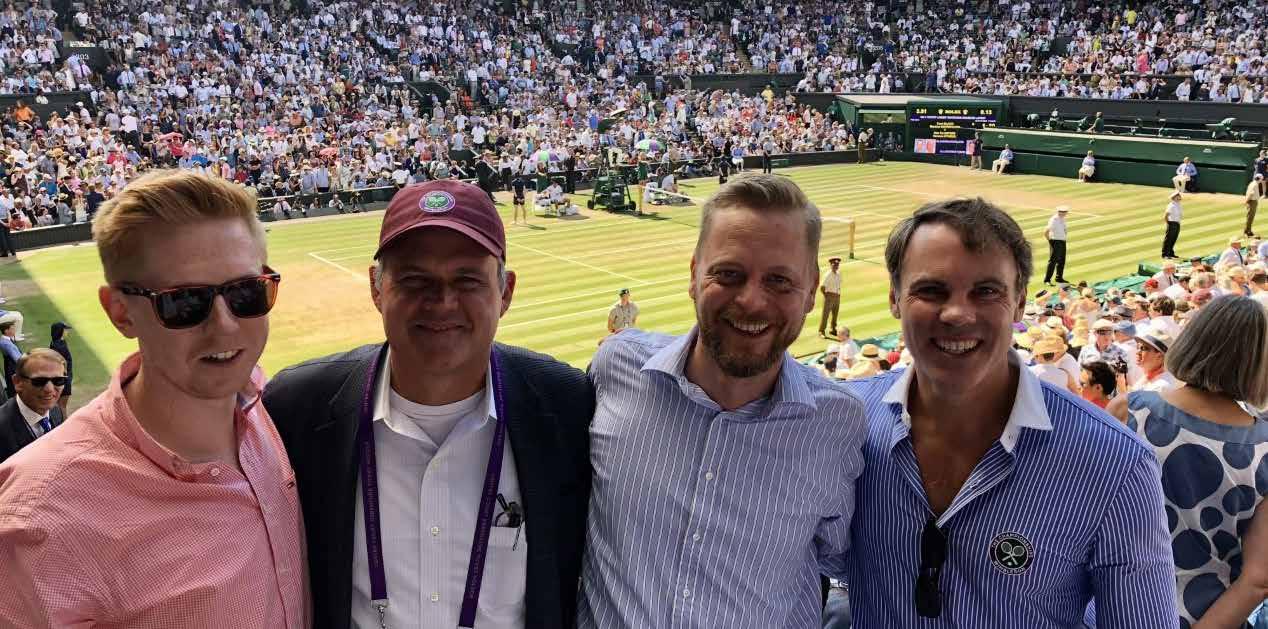
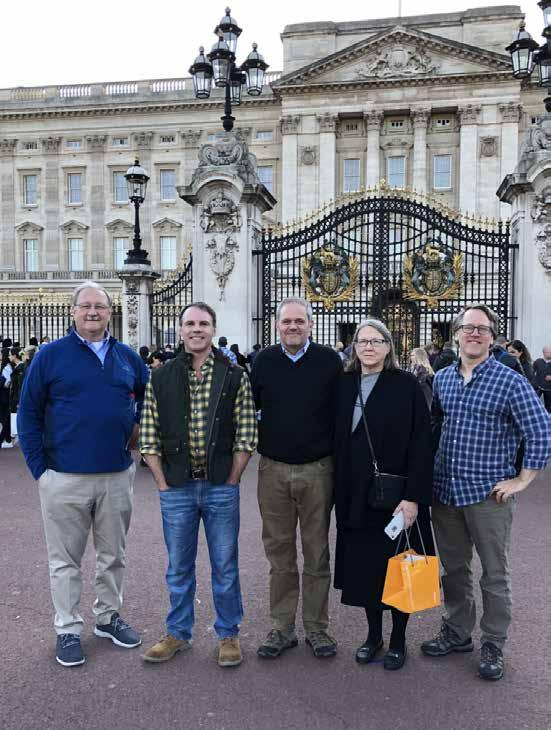
Confirmation.com’s success is because of the many people both inside and outside the company who gave so much to see it succeed. It was such an
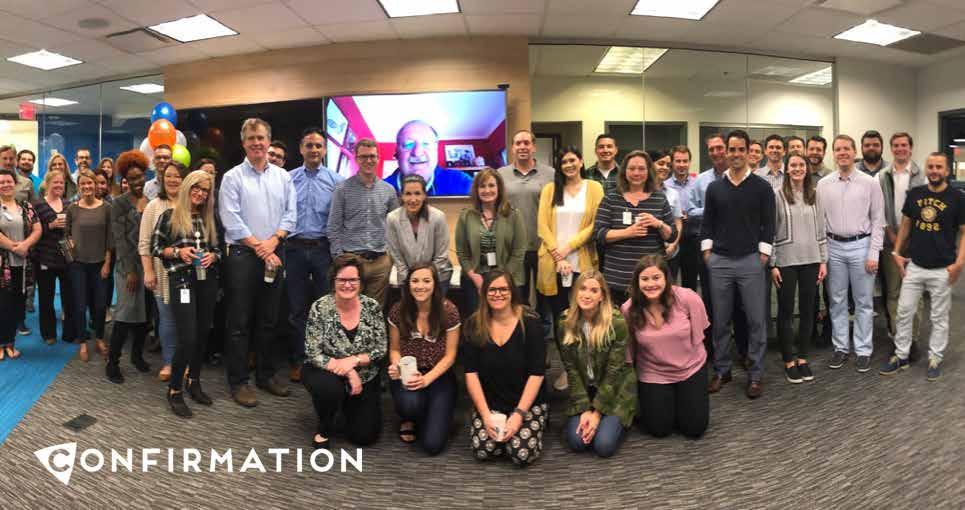
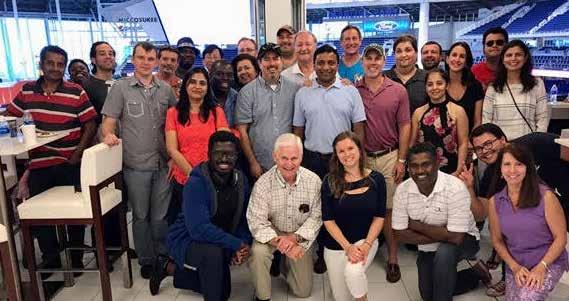
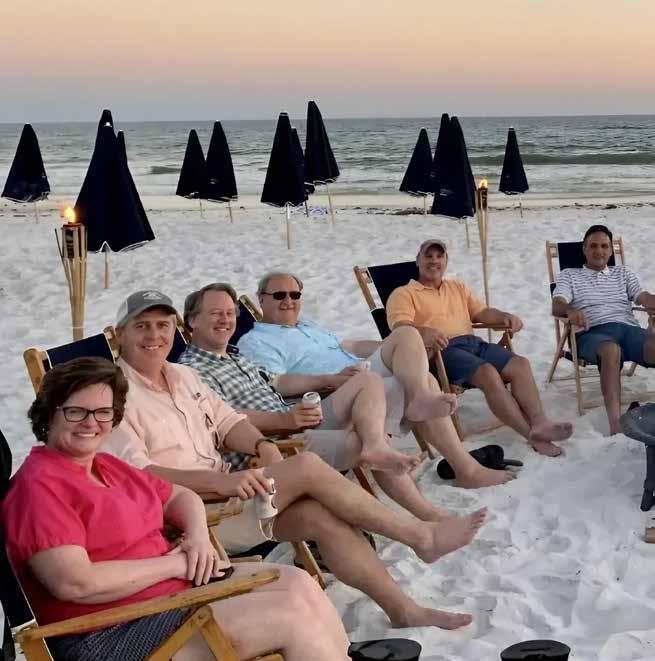 Florida team having fun at an MLB baseball game.
Brentwood office: “First day in the new expanded Nashville Office!”
Sightseeing: “Chris, Brian, Dave, Janette & Erik in London”
Wimbledon: “Kyle, Dave, Anders & Brian celebrate at Wimbledon”
Florida team having fun at an MLB baseball game.
Brentwood office: “First day in the new expanded Nashville Office!”
Sightseeing: “Chris, Brian, Dave, Janette & Erik in London”
Wimbledon: “Kyle, Dave, Anders & Brian celebrate at Wimbledon”
amazing adventure to see it grow from four people in the garage to the global success it became with the same 4 founders – Brian, Chris, Janette and Dave – starting together in the garage to still being there together the day it was sold 19 years later. That’s a story you don’t often hear about happening! From the chili cookoffs, parking lot BBQs, pints in the pubs, Sumo matches in Japan, NFL games in London, cricket matches in India, football and soccer games in Florida and Tennessee, Star Wars movie premiers and bonfires on the beach, what great memories. Thank you to each and every person who was part of the Confirmation.com success story, we will be forever grateful and thankful to have worked alongside such incredible people with amazing stories.
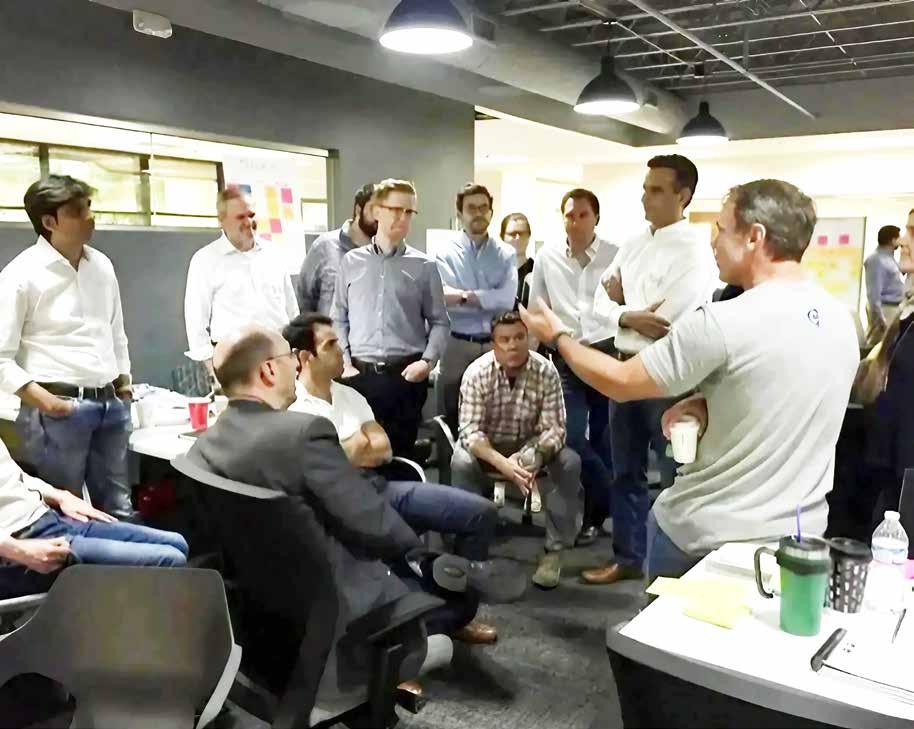
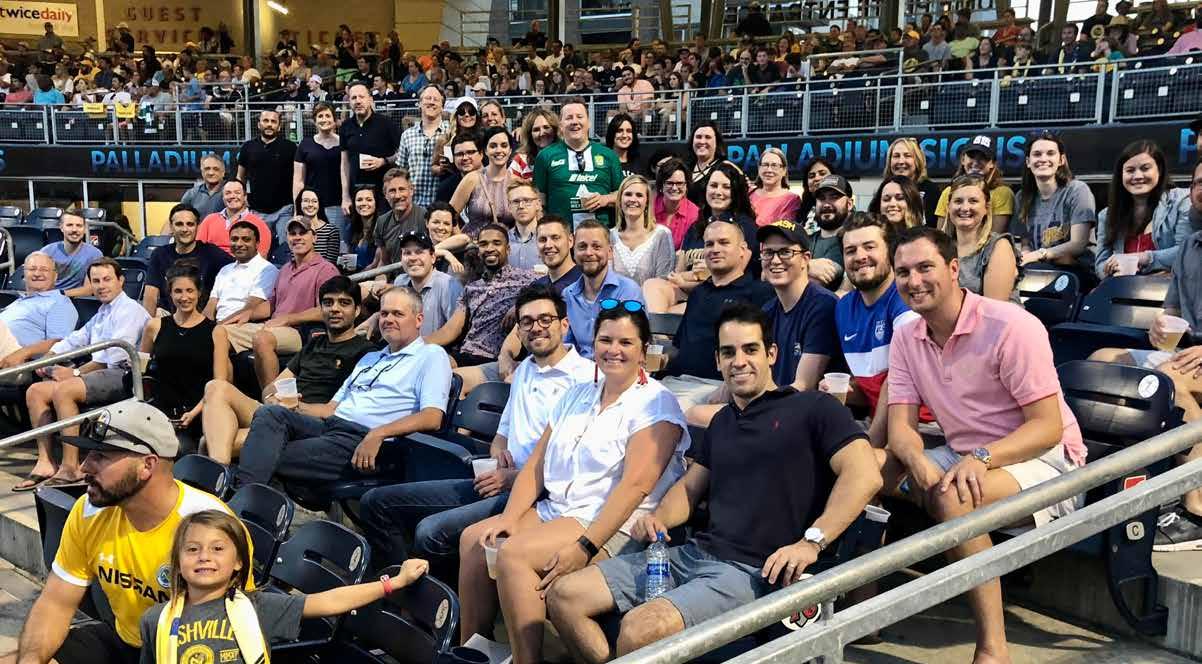
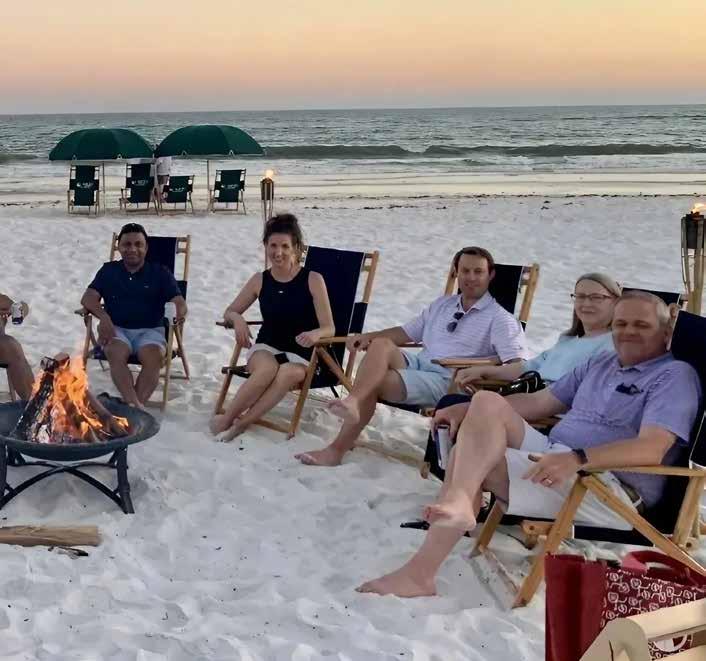
Thank you and God bless you!
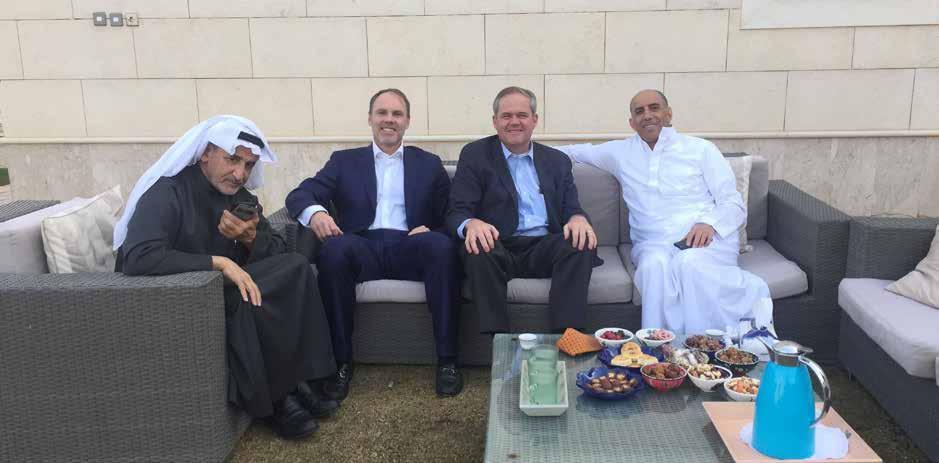
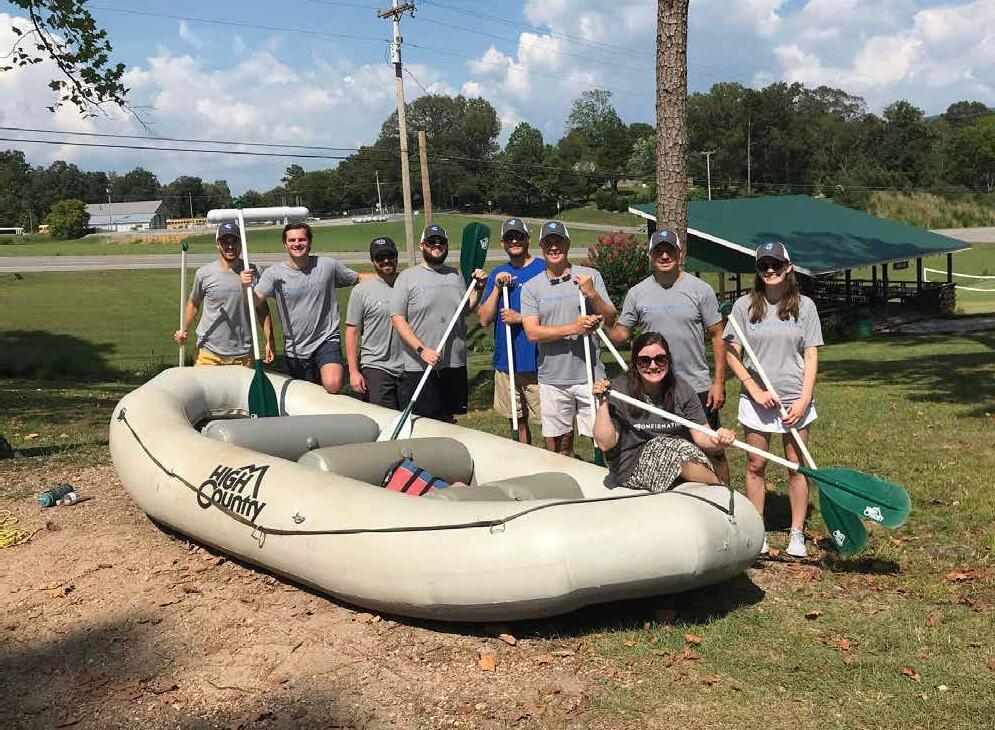
In March 1996, Casey Mayfield interviewed with a small biometrics company in Springfield, IL in a stylish business suit she’d purchased for $25 at a secondhand store. She met the owners, was fascinated with the technology, and signed on to be a Fingerprint Technician. She soon met Erik Wolle, who was leading the technology team linking data elements together to facilitate the capture of applicant data, schedule customer appointments, capture fingerprints and submit them electronically to Illinois State Police. Casey joined the team leading a pilot project on behalf of the IL Dept of Children and Family Services that had recently been expanded to include all childcare workers in Illinois.
The team expanded operations, moving into the California market ,and from there began the development of a nationwide network of locations to support biometric collection for background checks. Over time, the team added IT, Customer Service, and Finance resources, and expanded their operational footprint as adjacent states looked to leverage the technology to solve their need for access to electronic fingerprinting for constituents
required to complete Criminal History Record Inquiries. As the events of September 11th unfolded, the team couldn’t imagine the changes that were in store for the travel industry and biometric background checks. The team spent most of 2002 supporting biometric criminal history enrollment projects across the transportation industry.
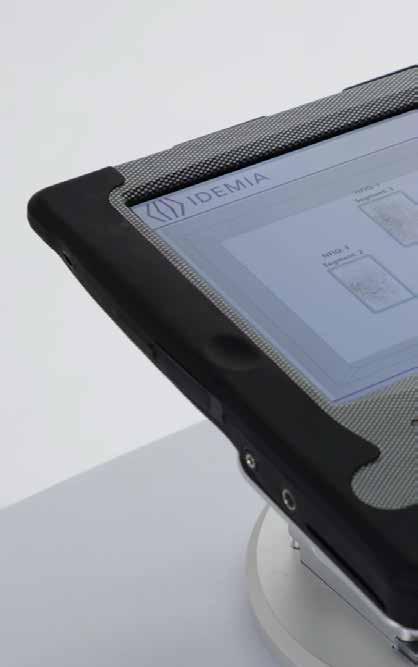
At the end of 2006, the Springfield business, which was operating several state programs with a large team of technology, operations, and customer service employees, merged with Integrated Biometric Technology (IBT) operating out of Nashville, TN, creating L-1 Identity Solutions. IBT had recently been awarded a project for the Transportation Safety Administration (TSA), also created in the aftermath of 9/11, supporting the nationwide collection of biometric background checks.
The Springfield and Nashville teams worked tirelessly through their integration and growth, becoming what is today known as the Enrollment Services business line. The new team, once housed in a small office on
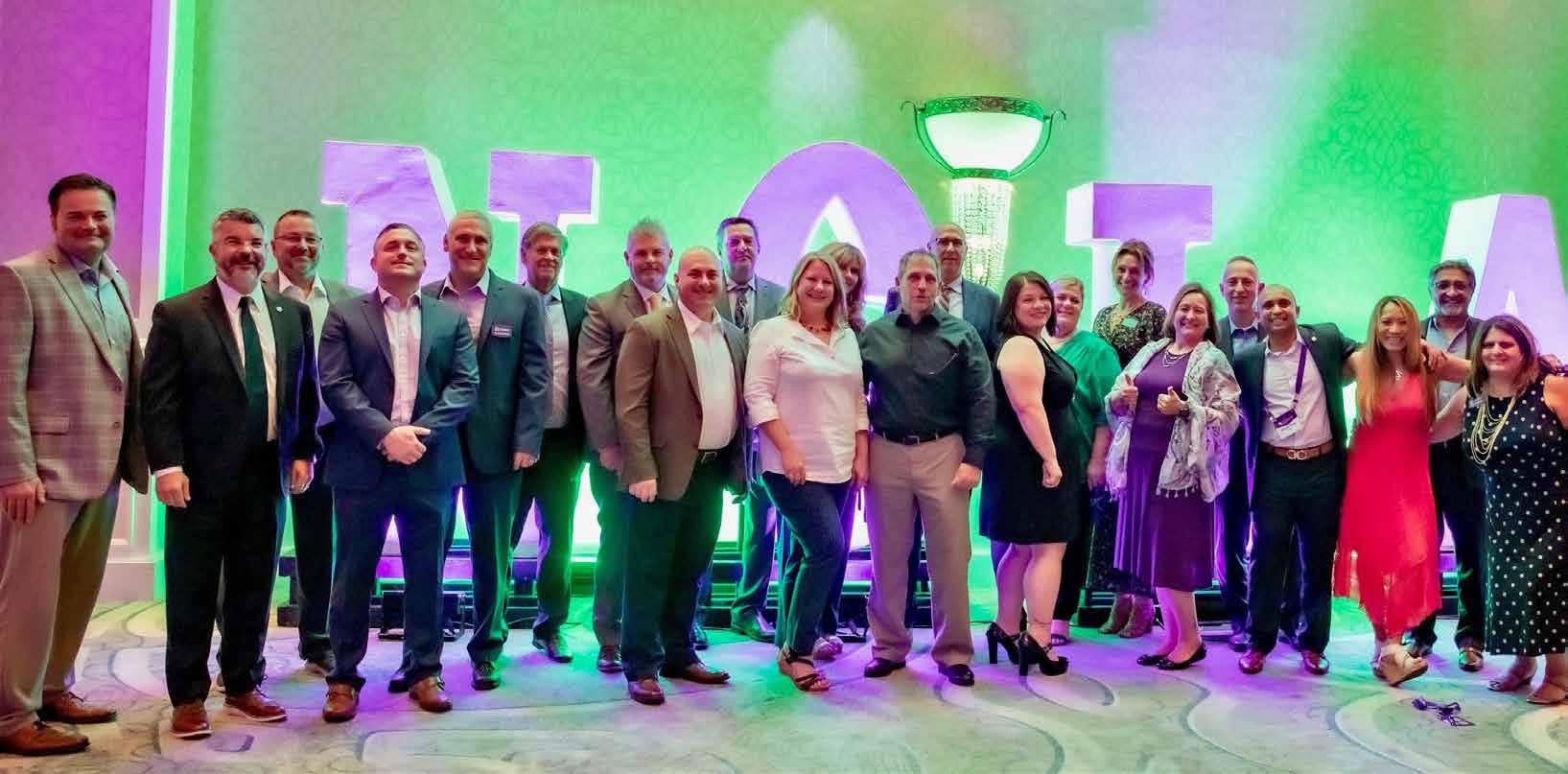

Century Blvd near the Nashville airport, moved to an adjacent larger space and as their growth continued across a variety of markets, later moved to the Cool Springs area in Franklin, again expanding from the original suite to eventually occupying two floors, with nearly 200 employees.
For the next 15 years, they continued launching statewide enrollment programs across State and Federal governments. As a result of the organization’s expertise ín operating fingerprint collection sites, L-1 Identity Solutions was selected by Lockheed Martin to assume the responsibility for managing the enrollment operations for the Transportation Worker Credential Identification (TWIC) program. In 2011, the group was awarded the Universal Enrollment Services (UES) contract by the TSA. New statewide programs were added, the group rolled out a new enrollment technology platform, and teamed with TSA partners to launch what would become the TSA Pre✓® program. In 2017, the Enrollment Services business became one of the three primary business units in the IDEMIA Identity & Security business group, which is owned by Advent International, a private equity firm. The Enrollment Services business unit was headquartered in their offices in Franklin.
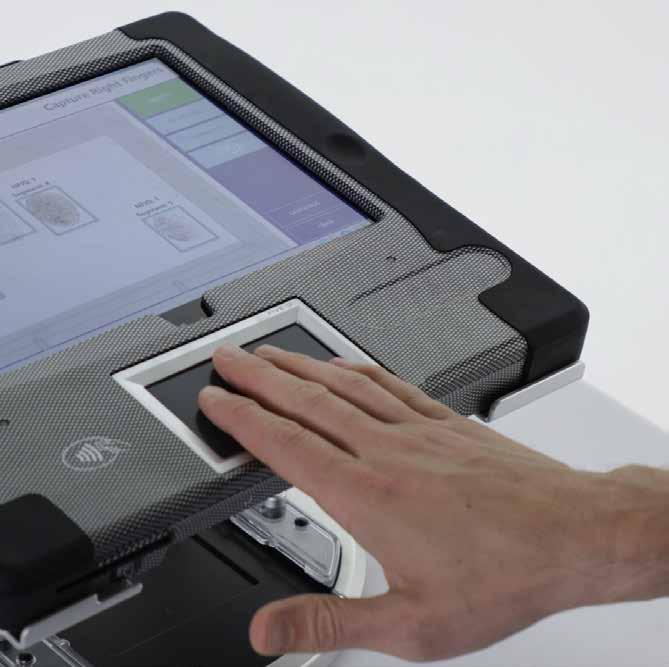
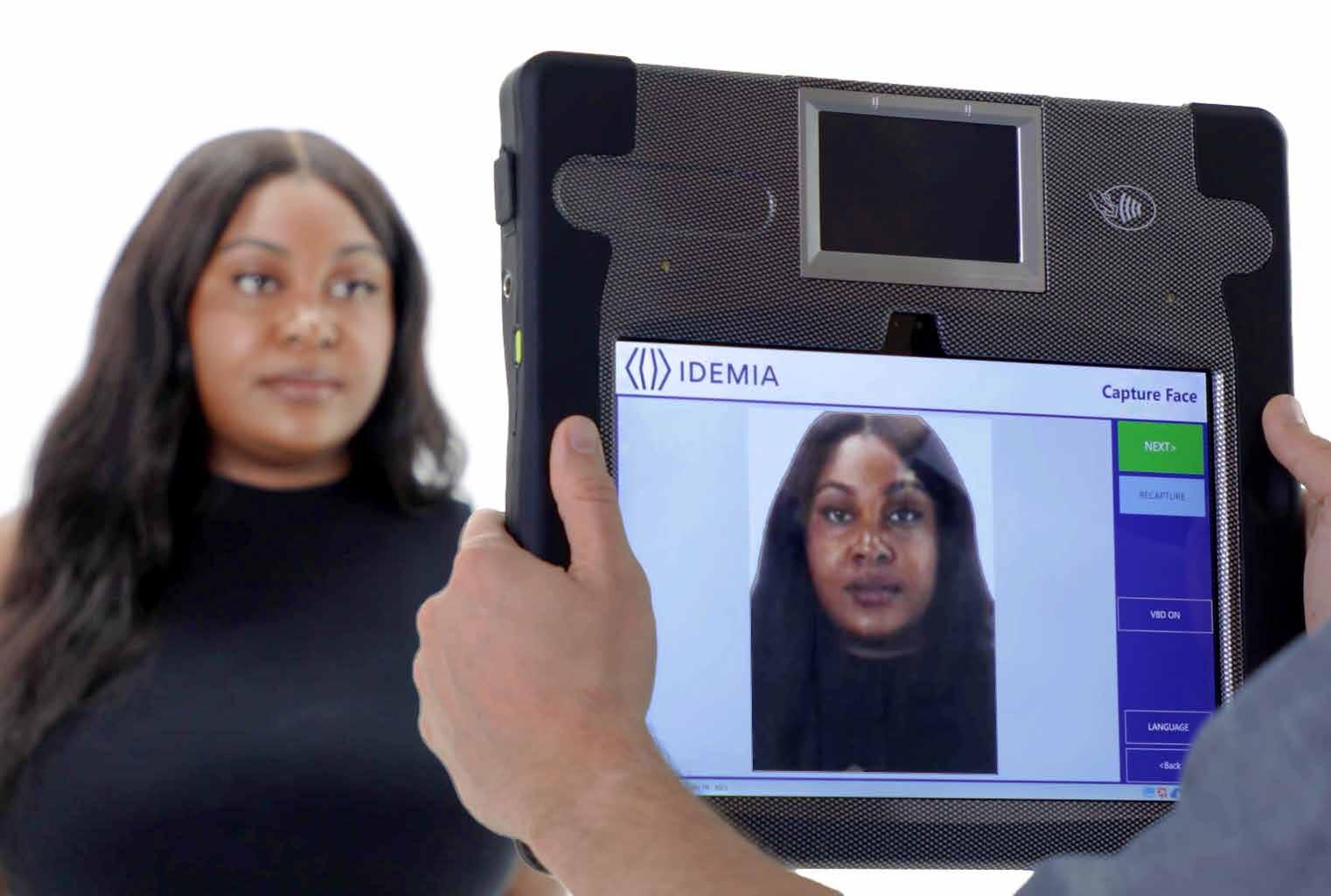
In 2019, the Enrollment Services business unit merged with the IDEMIA Public Security business unit, uniquely aligned to serve the law enforcement, criminal justice, and biometric use case needs of state and local customers. In January 2022, IDEMIA named Casey Mayfield as Senior Vice President of the Justice and Public Safety business unit. After relocating from Franklin to Brentwood in early 2020, Casey and the team continue to have an expansive presence, where they count the state of Tennessee, along with three dozen other states, as longtime customers in the civil identity, criminal justice, and enrollment services market.
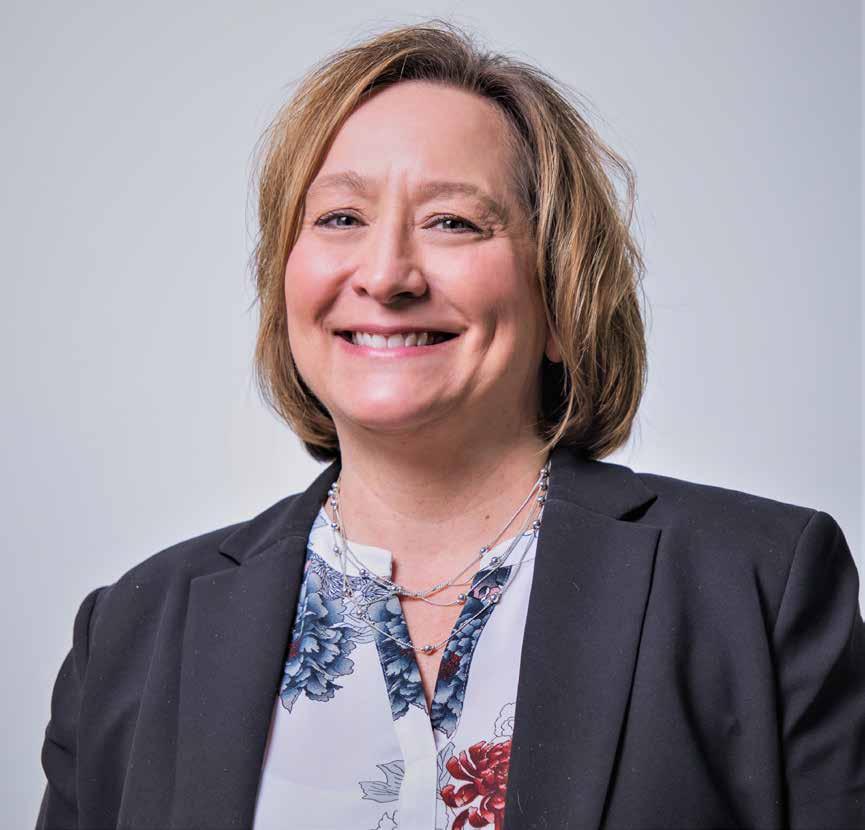
Since 1989, truly understanding people has been a unique trait of Dalton – a leading advertising, public relations and digital marketing agency with offices across the Southeast, in Nashville, Atlanta and Jacksonville. On every project, Dalton digs deep to uncover the insights and human truths that get to the emotional core of its client’s audiences. It’s what moves them. And it’s what drives the Dalton team to take action, continuously searching for innovative and provocative ways to engage with audiences in meaningful ways.
It’s helped Dalton grow to over 100 employees spread across offices in three of America’s most economically strong cities. But more importantly, it’s helped their clients grow and succeed. “We’re a curious bunch who are honest and open-minded. We think it’s the only way to be, and it’s why we get people,” said Dalton chairman Jim Dalton, “which gets results for our clients.”

To stay ahead of the curve and at the forefront of innovative thinking, Dalton ensures its capabilities evolve as new technology unfolds. They are equipped to quickly react and provide services that meet the needs of an everchanging landscape. Breakthrough branding. Eye-catching content. Powerful media coverage. Custom programming and creative technology—Dalton has the capabilities to meet any need or challenge.
When Flagler Health wanted to make a big impact, Dalton used large-format LED panels to communicate Flagler’s mobile health services to travelers in the Jacksonville International Airport. They incorporated a specialized camera to transform passenger silhouettes into reactive graphics to emphasize Flagler’s focus on the individual. Environmental graphics and unique seating with builtin plugs created a welcome respite to travelers.
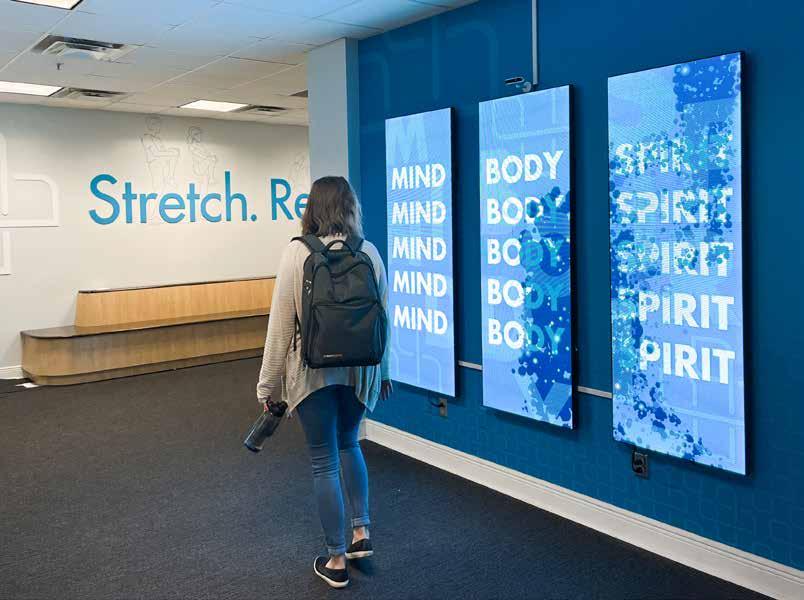
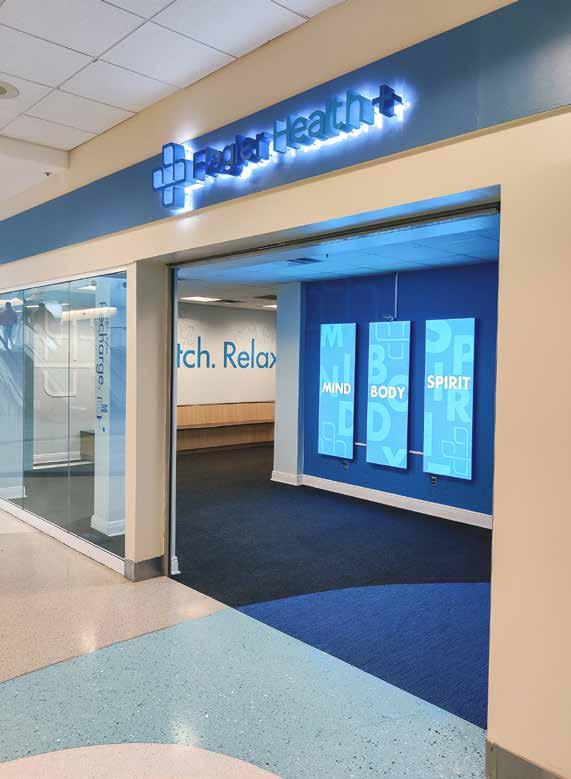
For the Votes for Women Room at the Nashville Public Library, Dalton created six interactive exhibits to highlight how gender, race, politics and Nashville itself played pivotal roles in passage of the 19th Amendment. A central element is a curved LED ribbon featuring engaging digital content and an interactive voting experience that engages large groups of visitors in discussion on current voting and women’s rights issues. As participants select one of the physical yes/no buttons in front of them, the real-time tallies appear on the LED ribbon.
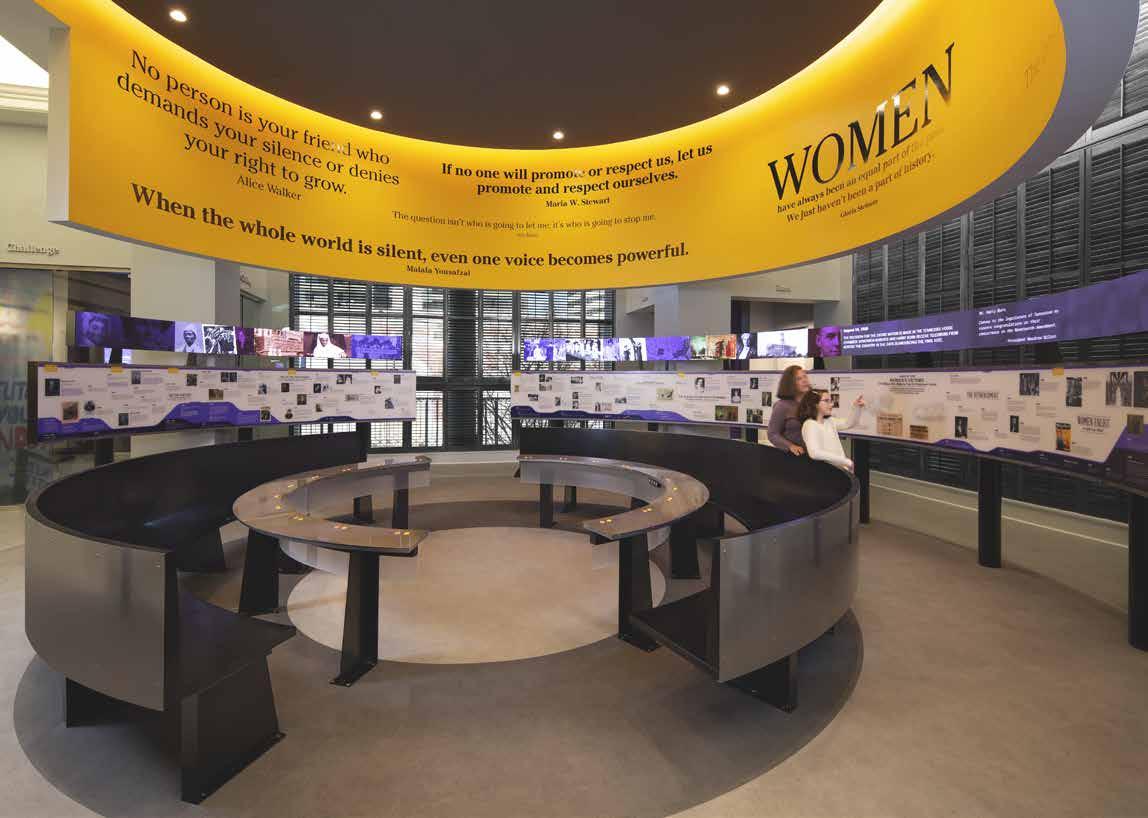
When the Legacy Gallery wanted to communicate the history of the Franklin Special School District, Dalton told the story in an innovative and engaging new way. The agency brought content to life through environmental graphics, interactive applications and a diorama of collected artifacts. The centerpiece of the gallery is a multi-user touch table featuring a map of past, current, and future locations. Personal stories retell the shared experiences of students from the early 1900s through today. To accommodate multiple users, Dalton custom engineered an audio solution that creates four individual listening stations around the touch table.
For the Country Music Hall of Fame and Museum, the Dalton team helped drive engagement with visitors by designing harmony between environmental graphics and the physical exhibit footprint. The exhibit includes a content-rich experience featuring a vast library of more than 700 digital assets.
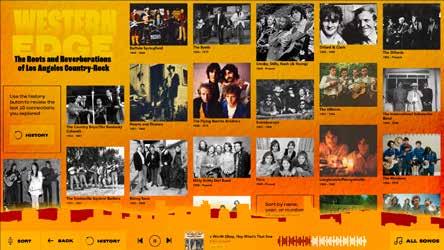
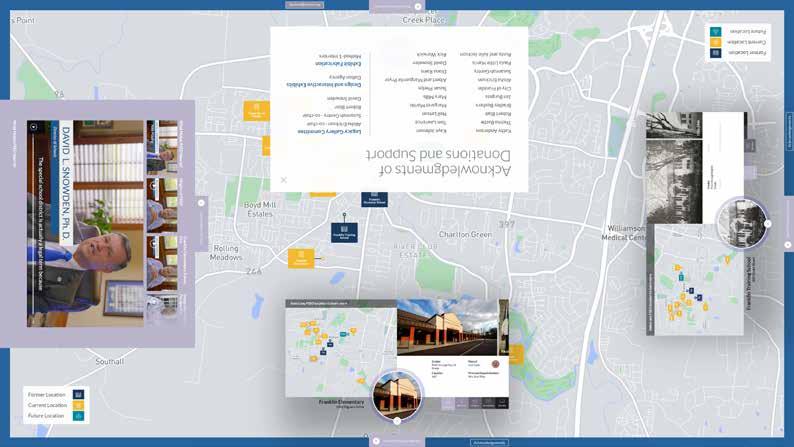
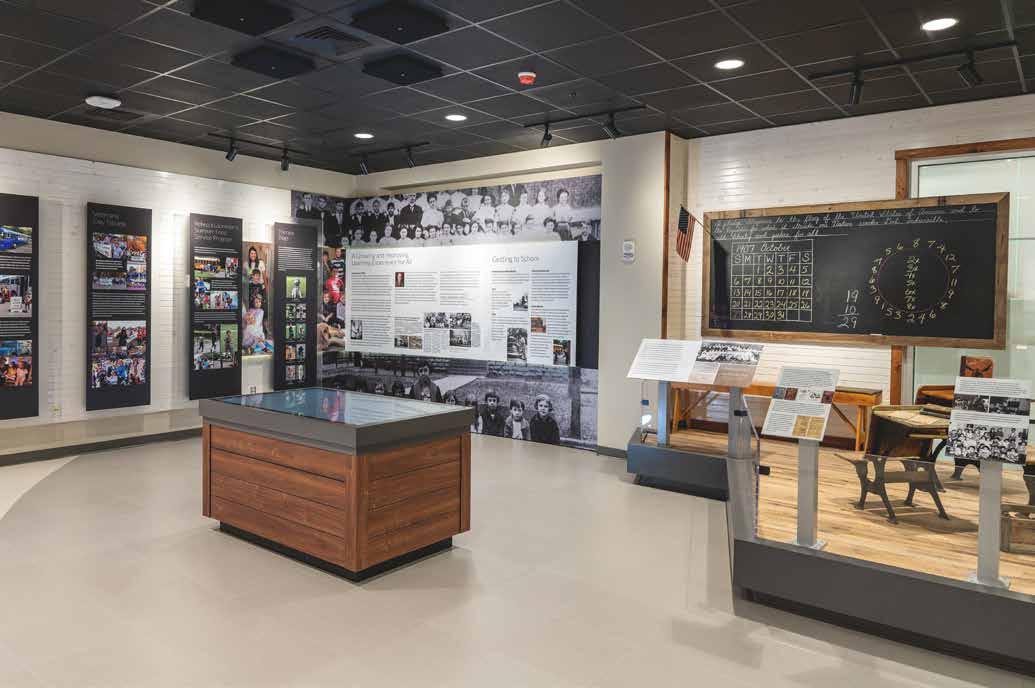
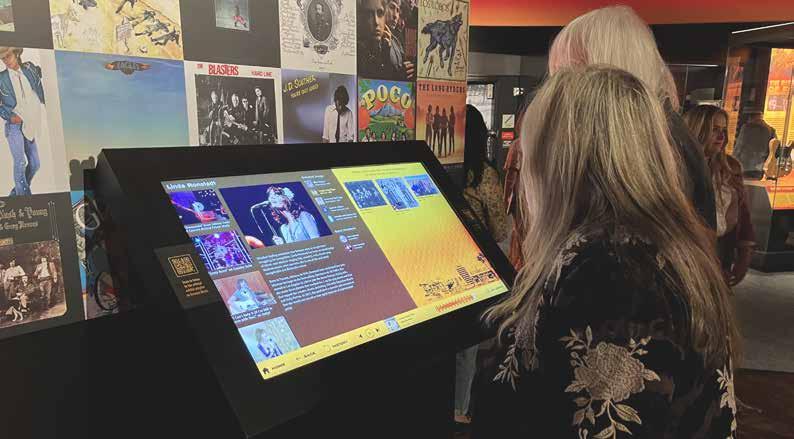
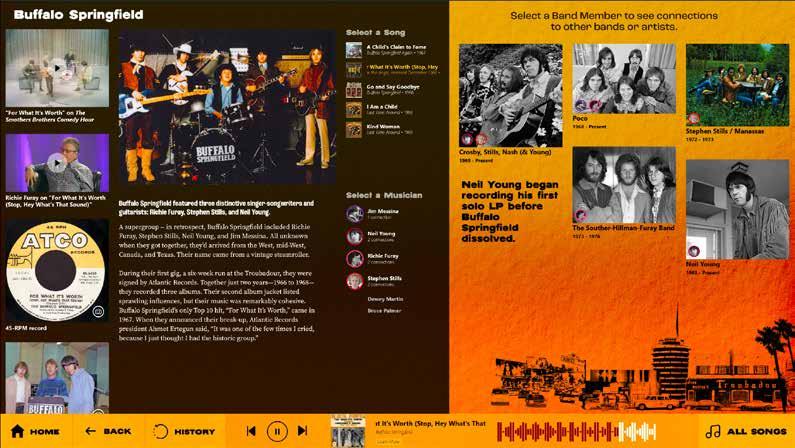
To keep visitors engaged and to put the music front and center, the interactive exhibit auto plays audio recordings as visitors explore content. With so much content to explore, the agency created a back-end table structure to link and cross-reference all content. As users select a band, they are also presented with featured band members, as well as other bands those members were a part of. Virtually every element on screen is touchable, so Dalton also applied the web-based concept of the breadcrumb trail for visitors to always find their way back to any starting point. It’s an engaging way for anyone – from a casual visitor to a die-hard fan – to explore unexpected connections based on their individual interests.
With an extensive range of capabilities, deep experience in current and breaking technology, and an always curious mindset, Dalton simply gets it done. Their multi-disciplinary team thrives on curiosity and does whatever it takes to create the most engaging and compelling experiences for a diverse range of audiences. So yes, Dalton gets people, and they know how to get their attention, and that is how they get results.
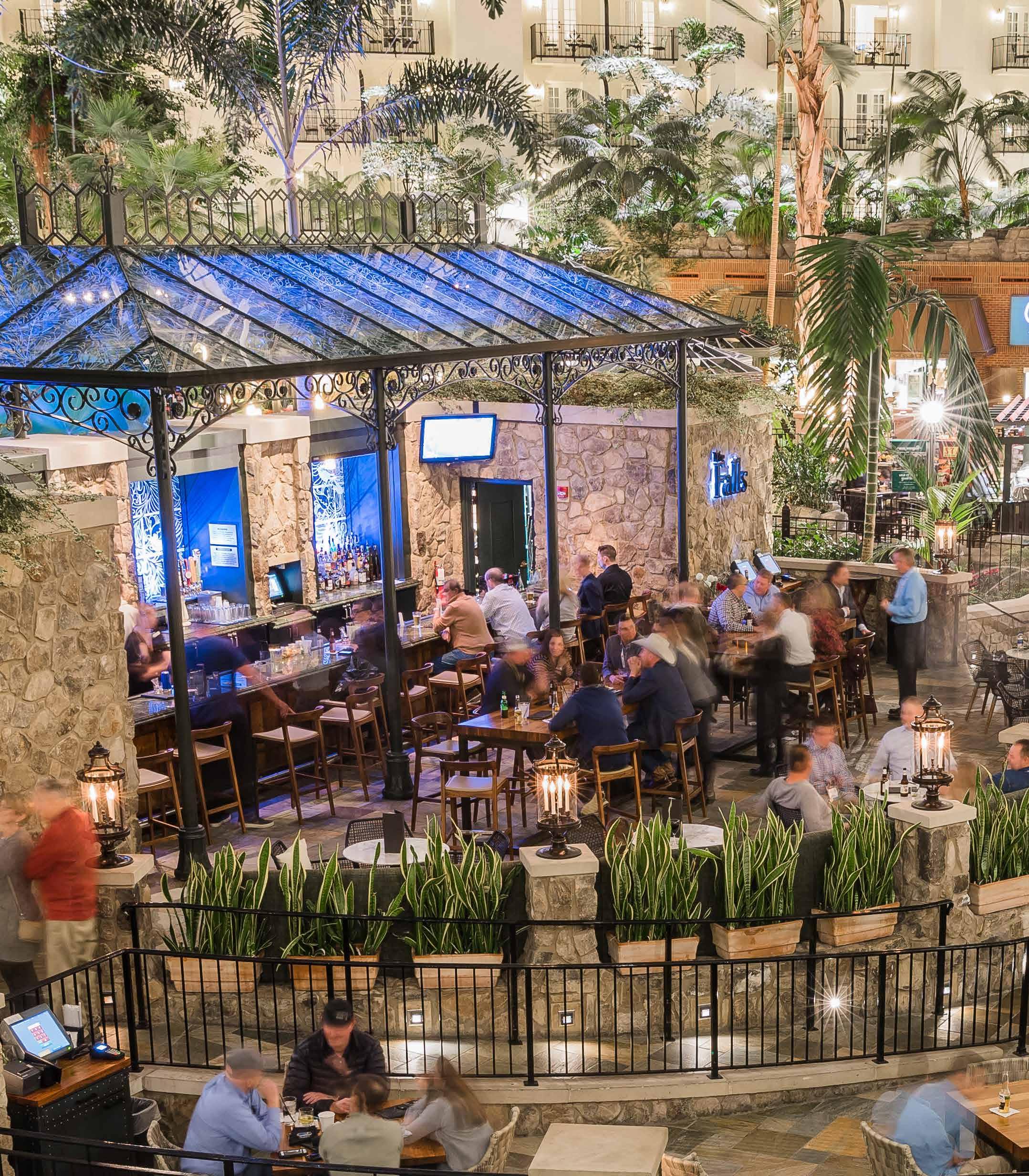
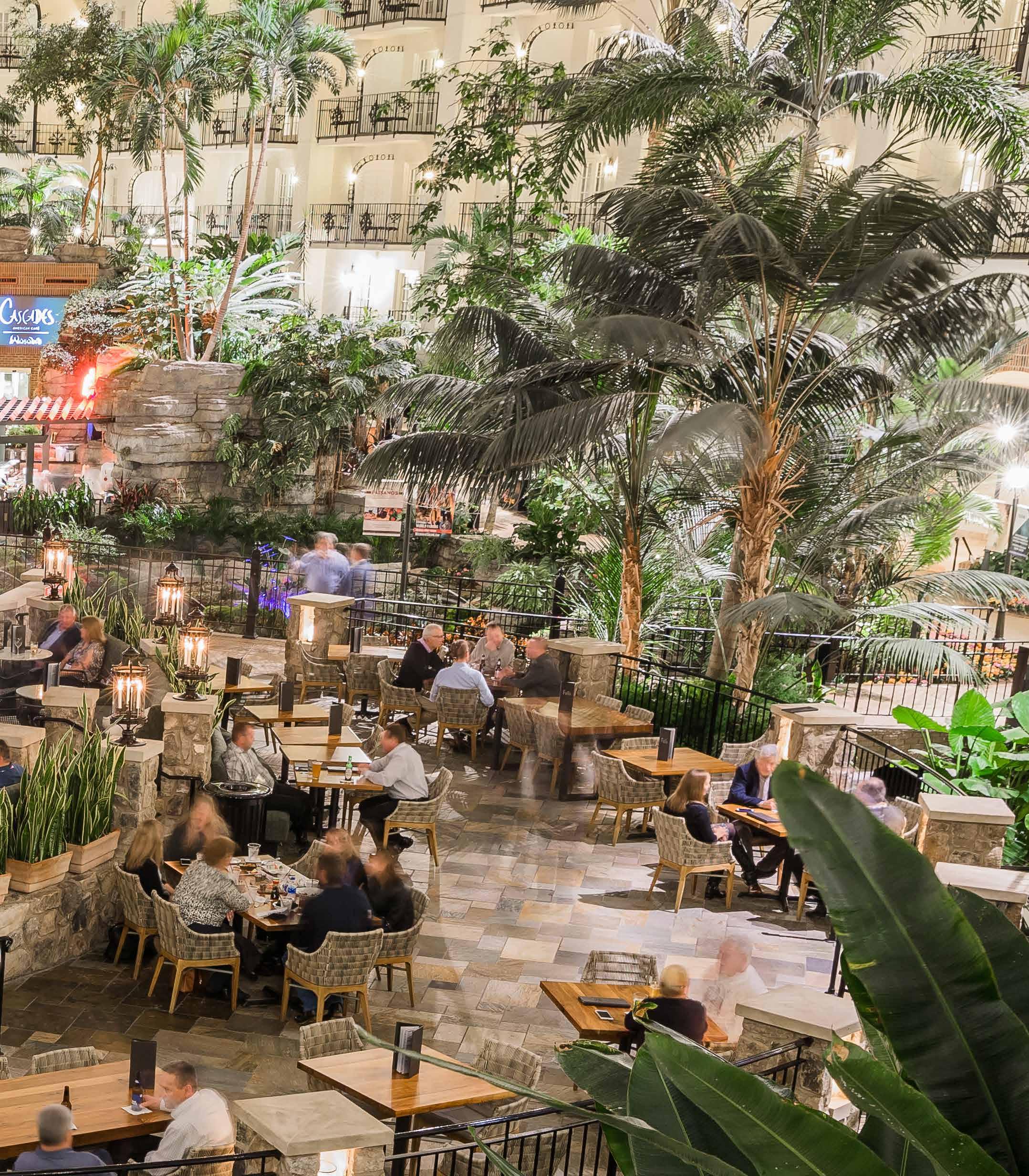
“If you look at history, innovation doesn’t come just from giving people incentives; it comes from creating environments where their ideas can connect.”
—STEVENJOHNSON
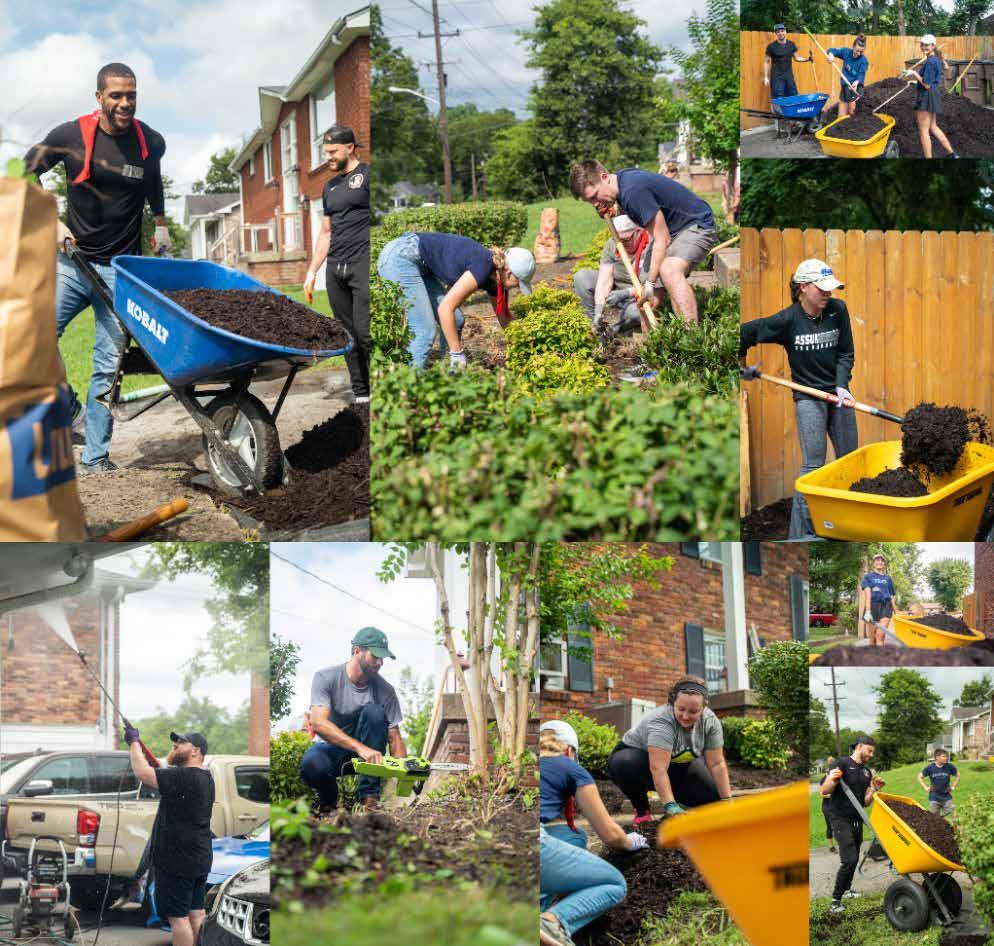
At Thnks, our mission is to leverage technology and the science of gratitude to help establish and build strong relationships for the modern world, through efficient, personalized, and thoughtful appreciation. Thnks has created a movement in workplaces with over 15,000 Thnks sent every week — helping business professionals improve their relationships through gratitude.
In envisioning what Thnks would be, our founders, Larry and Brendan, asked themselves, if our client got in line behind us at a coffee shop what would we do? The answer was simple — every time they would buy their coffee and something to eat. That’s not a gift, no one would see that as a gift - Thnks is not about gifts. Instead, Thnks is about small, regular investments in relationships that build your personal brand over time with people whom you will hopefully do business with throughout your career.
Thnks started in part as a response to a lack of gratitude in the culture of our business world. We believe that people choose to
do business with people they like, and everybody likes to feel appreciated. Gratitude and appreciation lead to greater relationship building and help teams to connect and drive company growth.
Thnks provides business professionals with a convenient, timely, personalized and compliant way to share gestures of appreciation in the workplace, whether it’s to a client, prospect, colleague, or employee. Small gestures of appreciation go a long way in forging stronger relationships.
Thnks is about cutting through the ordinary with a simple but personalized message. It is about sending hot chocolate to a contact on a cold day, a ride-share to get them home during a storm, a movie night with their family, chicken soup when a meeting is canceled because of a cold, and lunch for the team just because. It’s about being thoughtful, and Thnks is the first of its kind to use the science behind gratitude in conjunction with mobile and browser apps to give professionals the opportunity to spread gratitude and genuine appreciation quickly and easily.
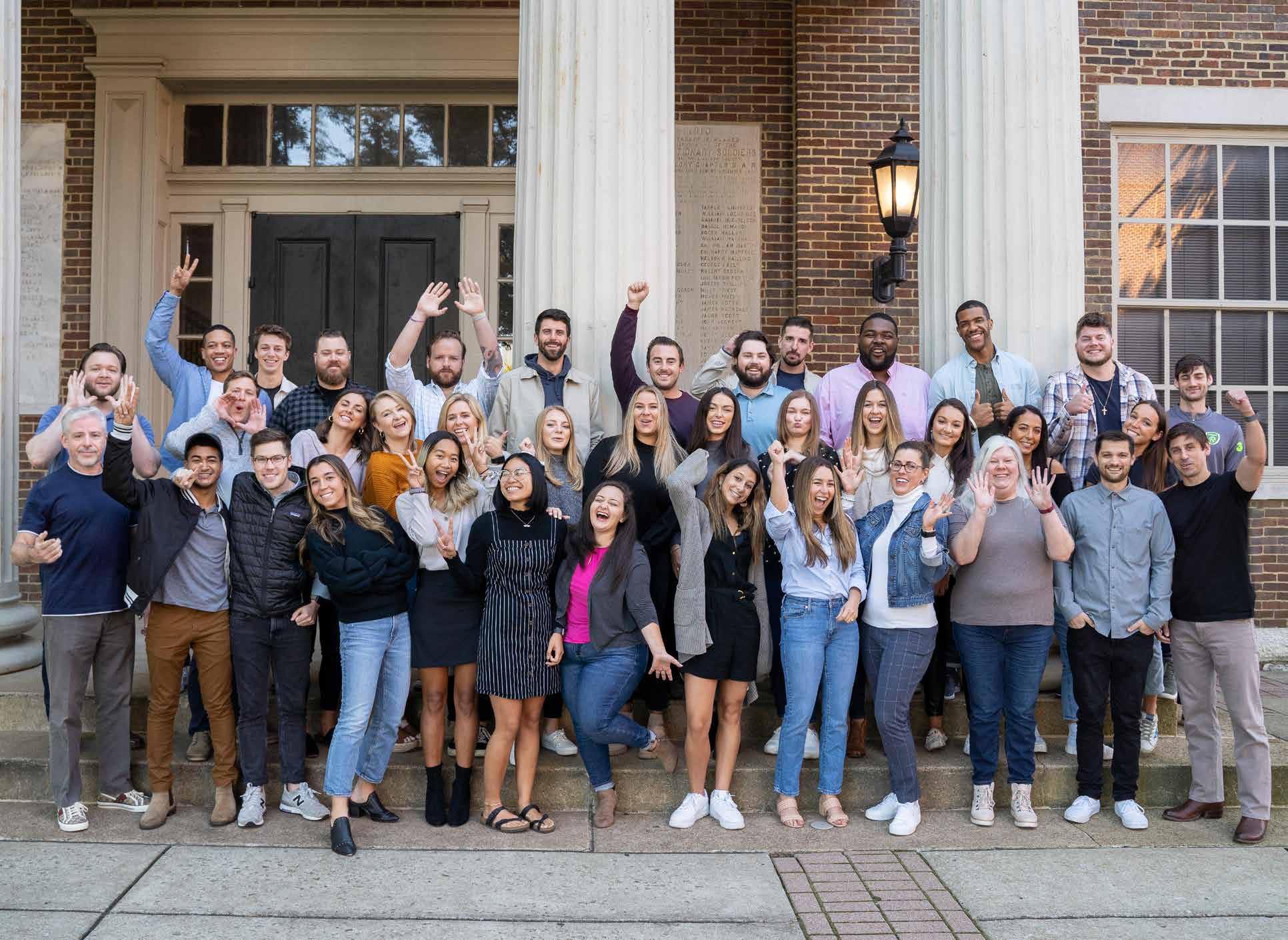
As one of our proudest accomplishments, Thnks has facilitated more than $1.6M in charitable donations through the platform’s “donate to charity” option. Today, over 7,500 teams and 68 of the Fortune 500 companies use Thnks. In 2021, Thnks surpassed the milestone of helping business professionals share more than 1 million ‘Thnks’ while doubling their user base. The business has grown exponentially, and as Thnks becomes a staple in more organizations, they are sparking a movement of gratitude in workplaces worldwide. Thnks is actively spreading positivity to make business and the world a better place.
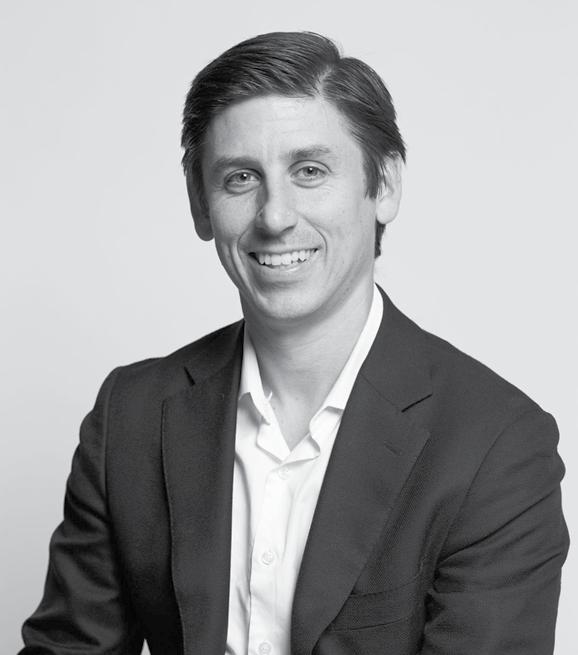
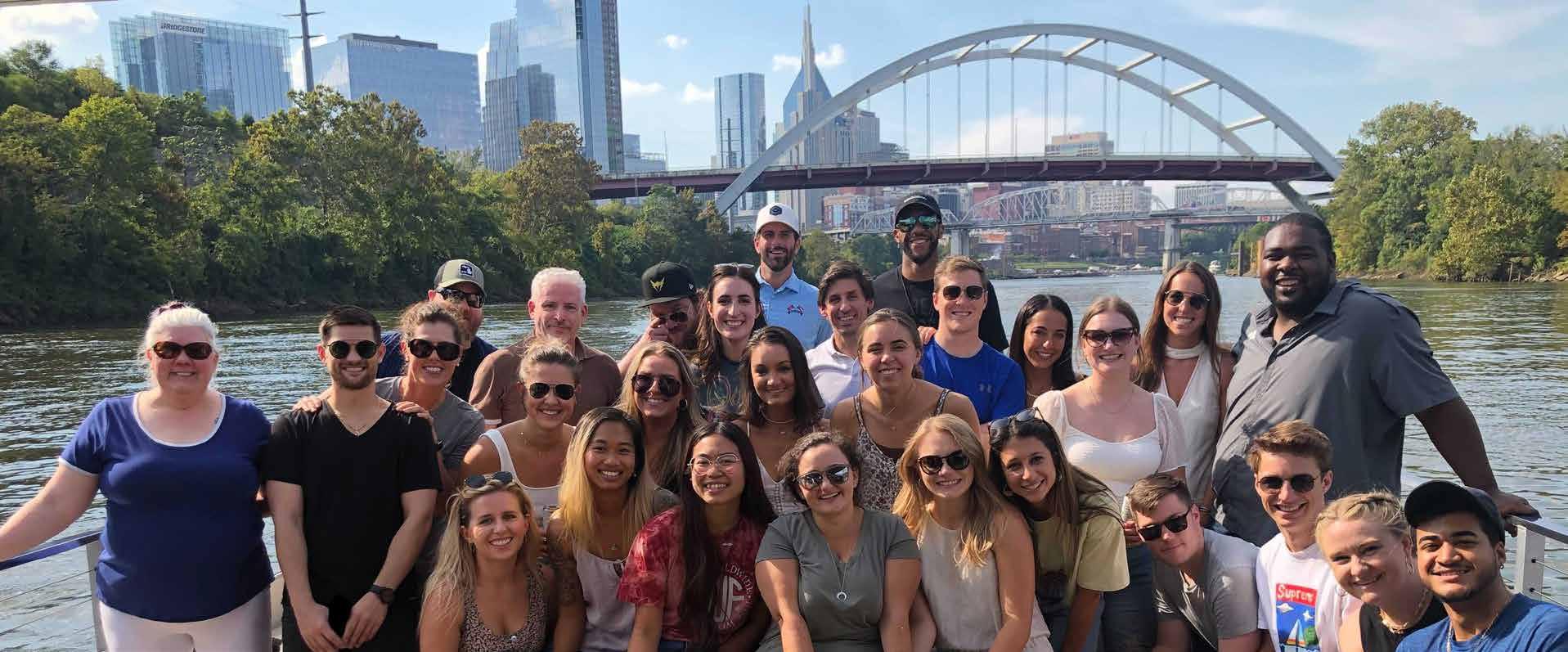
Thnks alwayssaythnks thnks
thnks.com
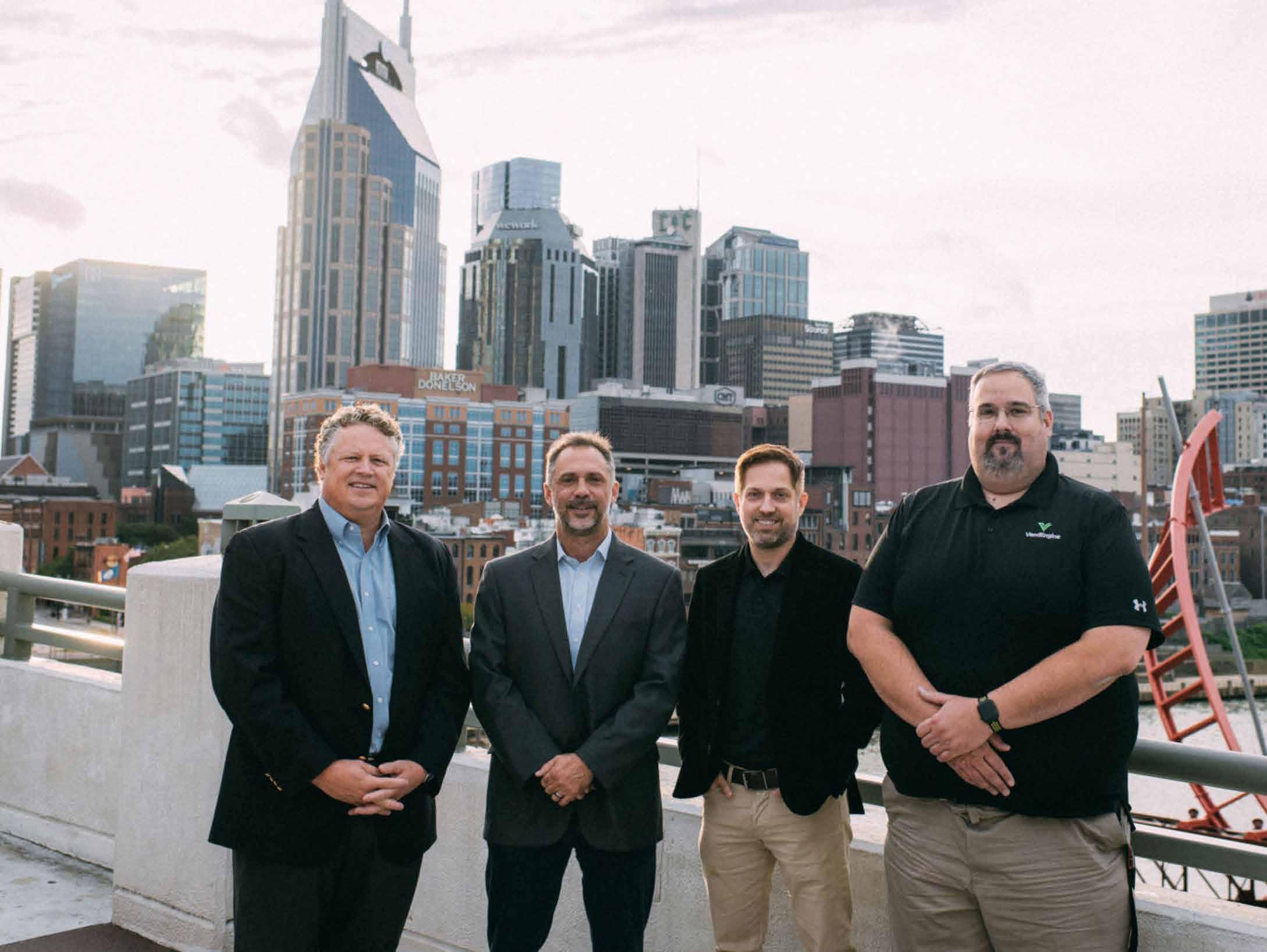
In 2011, VendEngine started as a simple concept -- digitizing financial transactions for law enforcement, jails and prisons while providing easy, safe, and secure methods to transmit money between family members and inmates. Once the company got going however, this simple concept, something that had been done in nearly every other economic sector, except law enforcement, turned into one of the top 300 fastest growing companies in North America by 2019 according to Deloitte and Touche.
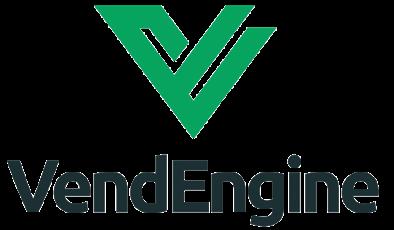
The idea came along when serial entrepreneur Silas Deane was listening to National Public Radio about a family dealing with the impacts of incarceration – the loneliness, the separation, the lack of communication between the father, his kids and wife, while serving his time – what struck Deane and some of his family and colleagues the most though were the predatory fees and lack of clarity around money that was supposed to be coming in for the father to use for toiletries, clothing and commissary while incarcerated. “The system was a mess -- there was simply very little clarity around money inside these facilities, where was the money going, inmates extorting each other with cash in their pockets, officers that could be less
than ethical – cash and jails don’t mix well. We found most wanted to do it right, but it was just a scenario that was ripe for problems while many inside the jail and their families don’t operate with much voice or choice in the matter,” said Deane.
So, Deane, a serial entrepreneur and some industrious colleagues set off to create one of the first digital currency systems specifically designed for the law enforcement and corrections world -- founding VendEngine as a side gig and a passion to solve a complex problem. Once built, the cloud-based concept quickly found immediate success in one of the most unexpected places – rural county jail facilities across Tennessee. These facilities and their suppliers loved the idea of providing cash-less (digital) access to families that had a hard time making it to the jail to deposit funds. The opportunities to use the VendEngine website www.CorrectPay.com, the CorrectPay app, the 1-800-live person call center and even kiosks at the local grocery store, quickly became the avenue of choice for family members to provide immediate funds to their loved ones for a small $2 convenience fee. Law enforcement professionals quickly found they loved it as well – they could provide more
secure access to providing ways to fund an inmates journey, have a clean money trail that stopped grift and money laundering inside jails while also doubling/ tripling their commissary store sales -- profits of which typically go to provide additional educational and training programs inside the jails and to their staff.
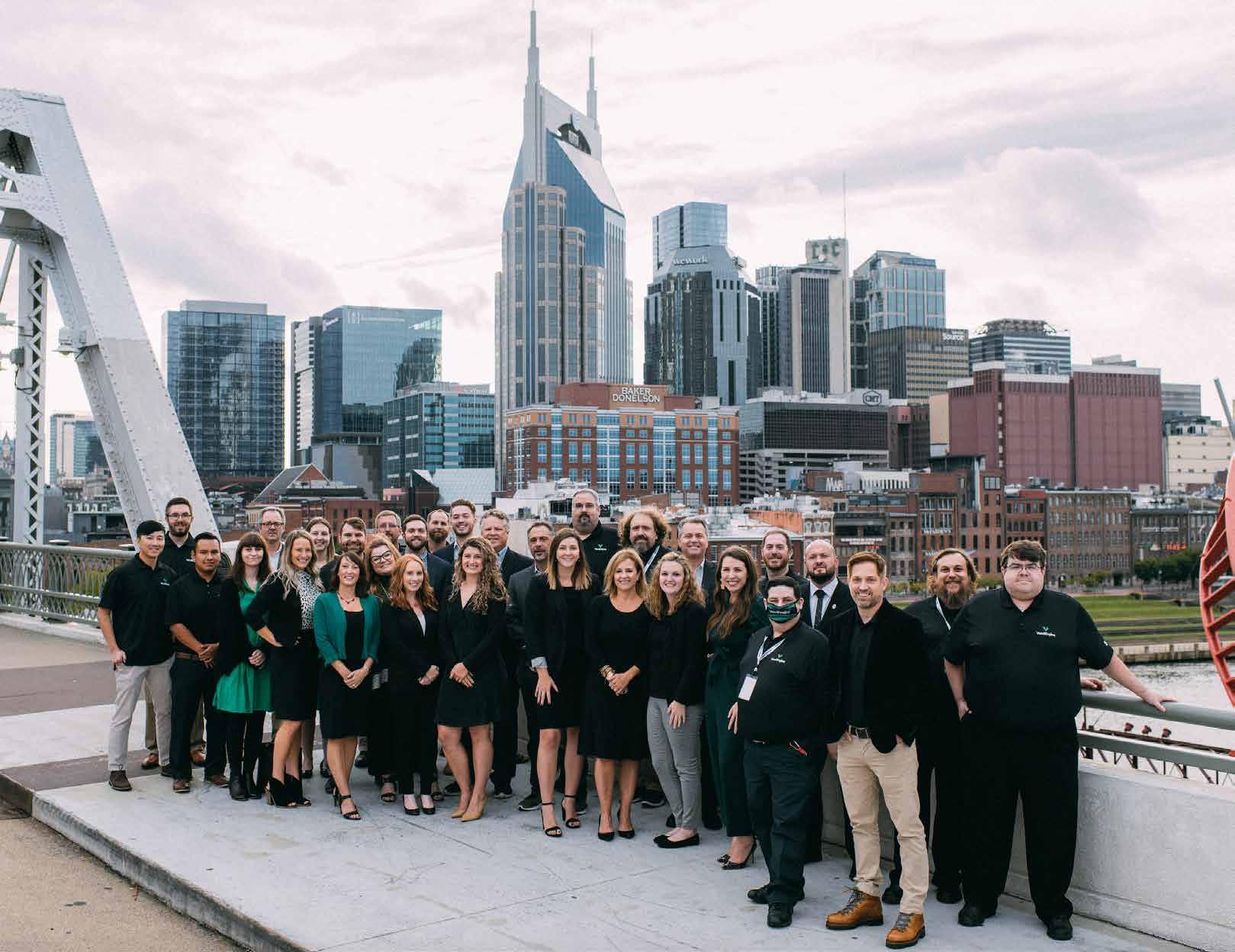

The concept was a win-win-win, and the word spread fast. Before long VendEngine was in over 60% of the county facilities across TN, KY, AL and growing quickly -- all with no investors, no marketing budget and having never hiring a single sales-person. Interestingly, in these early days despite the healthy growth and strong recurring revenue, the management team was having no luck finding any potential investors and even had to pay top rates to find a credit card processor to even transact a card and a bank that would even bank them. The concept was just too novel – “high risk profiles”, working with corrections, inmates and a highly unbanked group of customers --VendEngine was truly pioneering a new field and that mix of customers just did not fit the traditional financing profiles. As a result, Deane and the team decided to just self-fund it, manage the company through hard-earned sweat equity and good old-fashioned cash flow management --- and boy, did that ever pay off.
As the company continued to double and triple growth year after year, VendEngine quickly found solid financial footing and evolved beyond simply providing digital transactions, evolving into a full-blown accounting system, a communications platform and even a hardware system for these facilities and more. “For many of these facilities, we became a part of their IT team, we would brainstorm ideas with them, lock ourselves in with the inmates, connect with
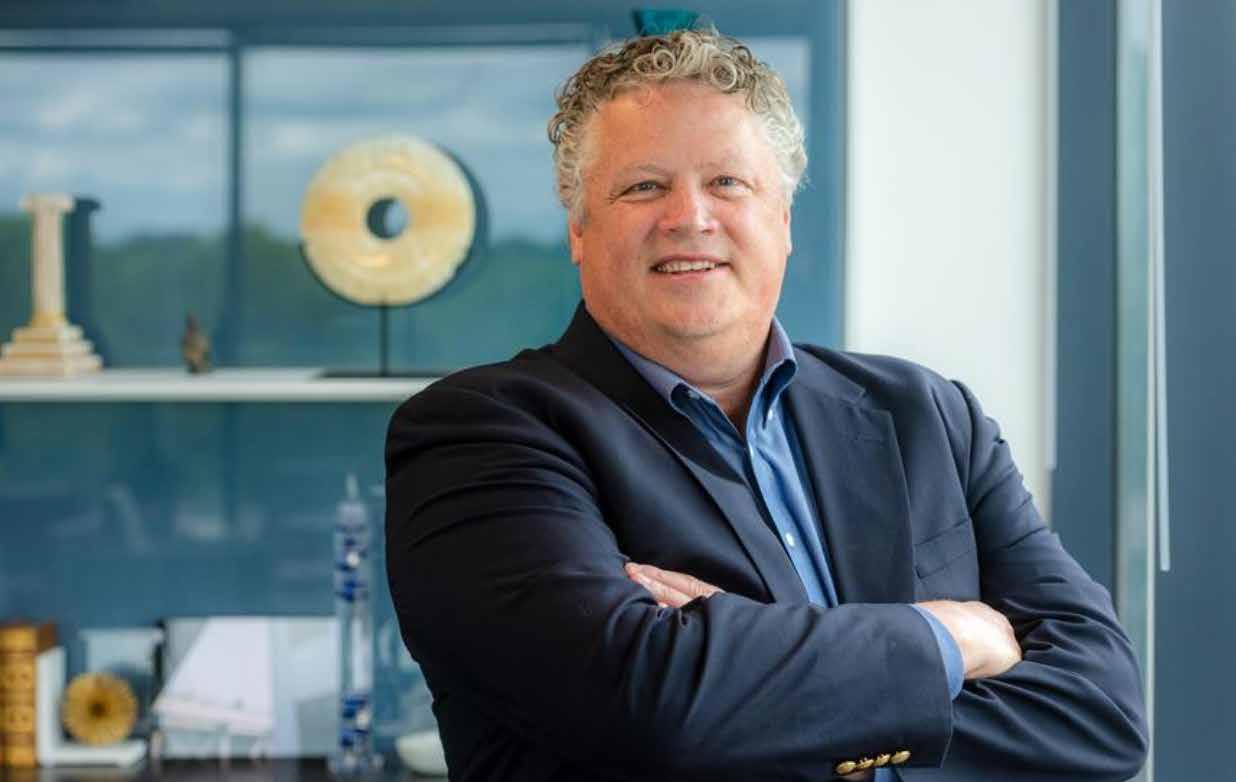 Silas Deane, President and CEO, VendEngine
Silas Deane, President and CEO, VendEngine
the inmates families -- before we knew it our system was providing multiple services to the facilities.”” said Deane. “VendEngine was a system built by the officers, by the inmates and by the families. They gave us problems to solve, we listened and we had an awesome team that executed.” In 2018, the company even went out and bought a hardware manufacturing company, Harpeth Industries, so that they could provide hardened, specialized kiosks for the inmates to use to conduct their business.
VendEngine now offers multiple services to correctional facilities including full-blown video visitation, video chat services, electronic messaging, electronic monitoring, grievance management, point of sale system, digital currency vending machine integrations, suicide alert systems, education programming on tablet and handheld devices for inmates, entertainment options for inmates and even free access to legal law libraries, digital document signing and many, many more features.
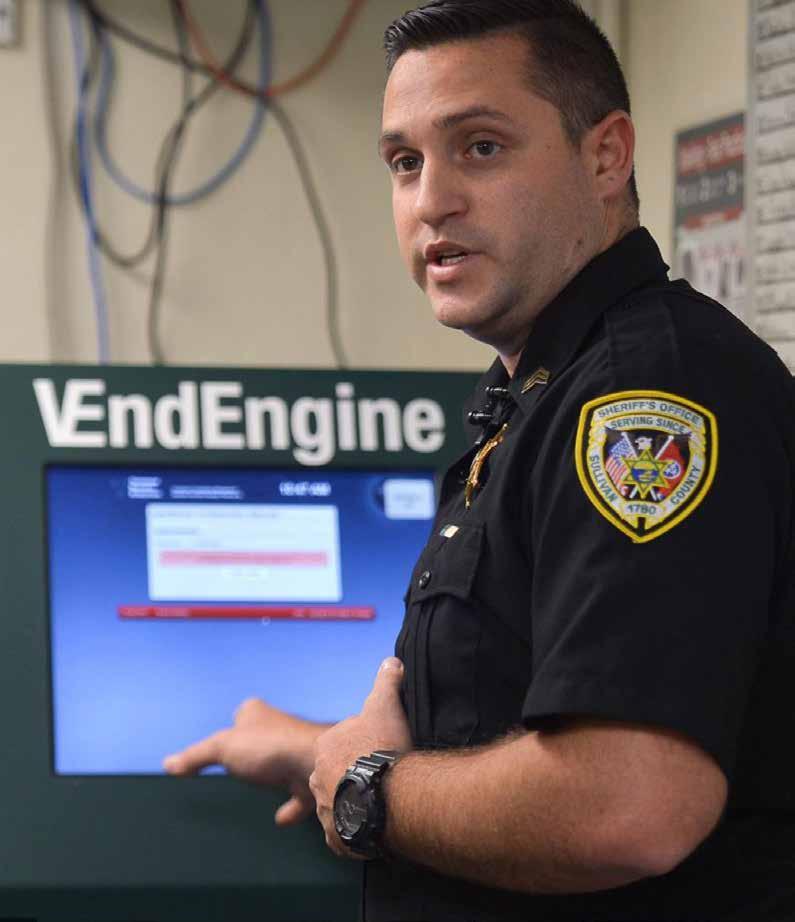
In 2020, when Covid hit – inmates, officers and corrections agencies were among one of the hardest hit areas of the population. Jails that were not letting inmates out, were having to go into full lock-down mode with inmates and their staff and cutting off all on-site visits and communications with family members and loved ones. It was a scary and lonely time for officers, inmates and their families. However, that is when the benefits of a cloudbased system VendEngine had been evangelizing for many years now, REALLY took off. By having a no premise server, app-driven infrastructure where inmates and their families could spend time together across video chat, electronic messaging and other applications with the simple-use of their smart phone at home, the company saw a tremendous spike in growth and the realization of the cloud-based system became most obvious. That is when, the investors and the buyers came calling.
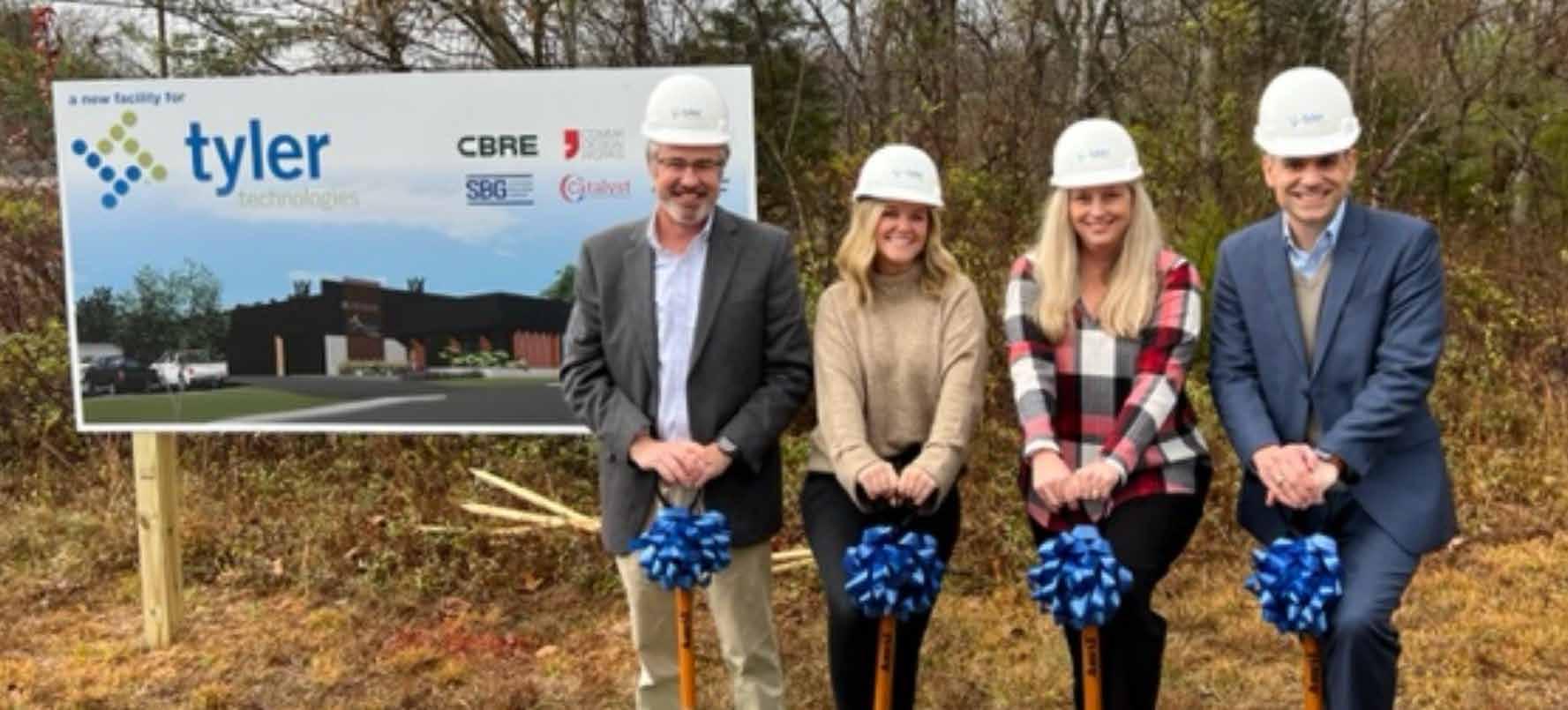
Before 2020 rolled around, Deane and the VendEngine team had begun a new effort to woo some investors again, deciding it was it was time to put the pedal to the metal and grow the market even larger. Already operating now in 15+ states and growing – still without a sales force -- the team decided it was time to take off the gloves and seize the market. VendEngine had only scraped the surface so far with only about 15% of the TAM under contract. Unlike earlier though, there were plenty of suitors interested in the market
that VendEngine had created in such a short time. With the company carrying no debt and pushing strong year over year revenue growth while pumping profit margins back into more growth the model had been proven.
Tyler Technology executives break ground on new manufacturing facility in Kingston Springs, TN – November 2022. Sullivan Co, TN law enforcement professional using our software.The VendEngine team took most of 2019 to meet with every single VC firm, partner or interested party who came calling. “I think I personally participated in no less than 50+ meetings in 2019, listening to their pitch, hearing why their firm was different, better or more connected than the others,” said Deane. “It was a blast. I think I got my second and third MBA during that experience.”. The process paid off.
By late 2020, after having so much interest and feeling overwhelmed, the team hired Brentwood Capital of Nashville, TN to put together the investment portfolio and “The Book” dubbing the opportunity as” Operation Klink”. Once ready, Brentwood Capital turned on the spigot and immediately secured a lot of interest in the company – so much, that they quickly began narrowing down the players to a handful of VC firms and others that had some expertise in the government payments space.
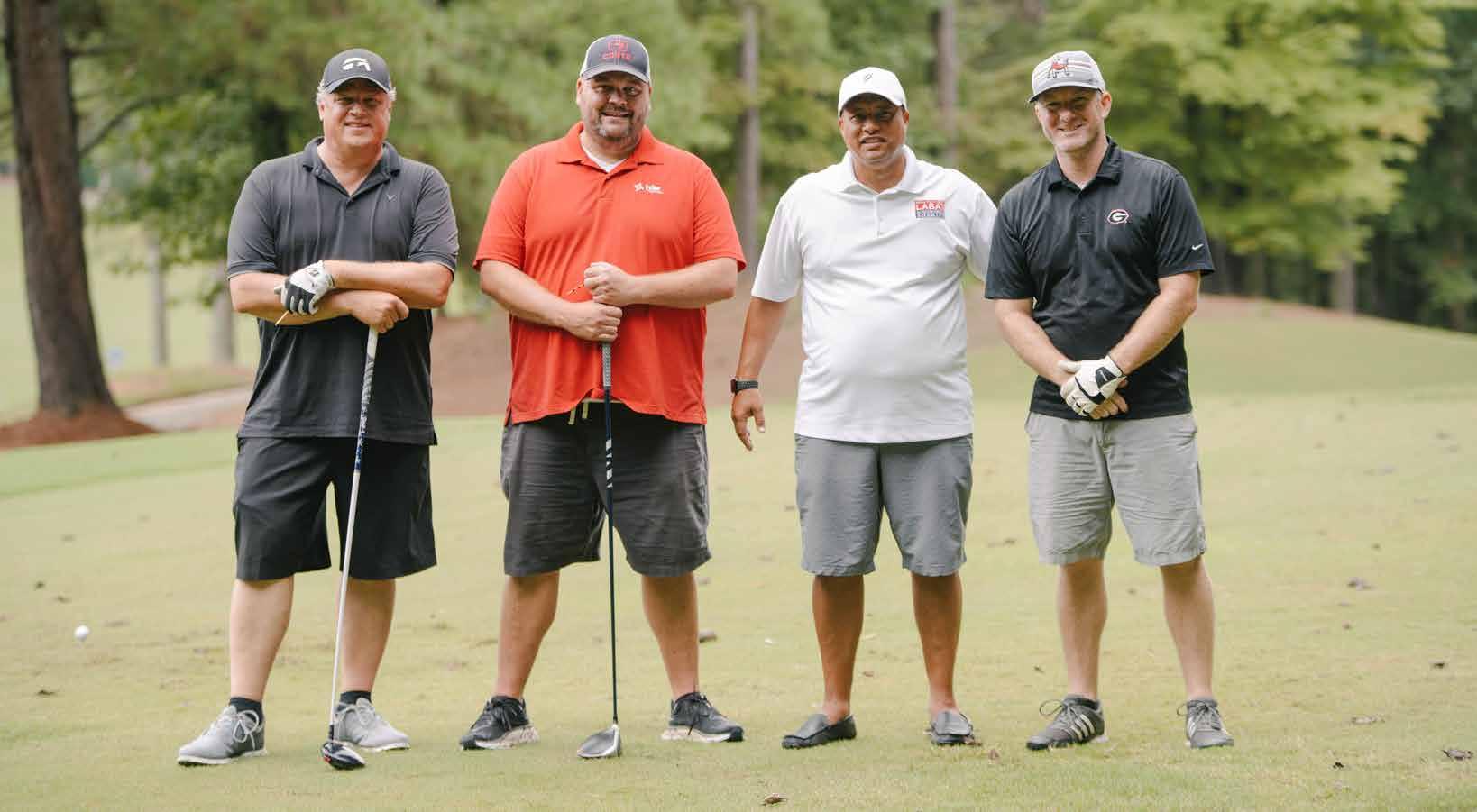
It was during this time that one of the company’s Account Representatives happened to be attending a trade show in Texas, when a representative from Tyler Technologies, an S&P 500 company well-known as one of the largest government IT companies in the world, approached the booth we were sharing with another company, wanting to learn more about our services. Tyler had already done their homework and knew all about VendEngine, but that conversation, led to a phone call, led to a meeting and then the question – “would you all be interested in being acquired?” and it was love at first sight. The rest is now history.
Tyler Technologies acquired VendEngine September 1, 2021 for $88 million, an amount the Nashville Business Journal heralded as the largest-ever technology acquisition in Nashville history. Deane still serves as the business unit’s General Manager with his full team still intact after the acquisition. In addition, Tyler most recently announced an expansion of the hardware and kiosk manufacturing capabilities by breaking ground on a new 18,000 square foot kiosk manufacturing facility in middle-Tennessee.
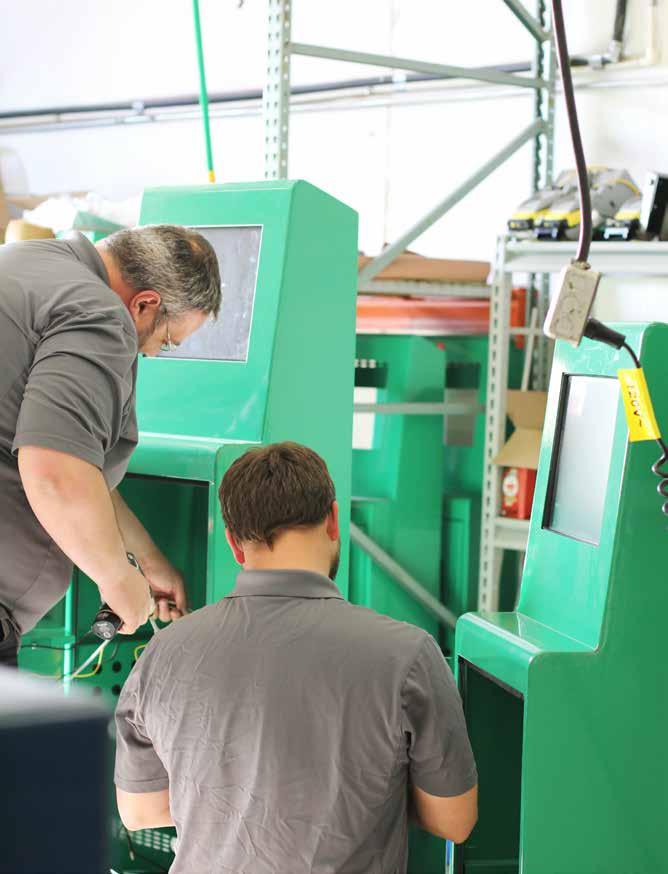
Now the software is a key part of Tyler’s Enterprise Corrections portfolio, serving over 350+ correctional facilities across the United States and the Caribbean and growing quickly.
A perfect match that all began with a single, simple vision.
VendEngine
Silas.Deane@tylertech.com
silasdeane VendEngine
Tyler Technologies team playing golf with Atlanta Sheriff Pat Labatt –August 2022.AN EXCERPT FROM CLIFF GOLDMACHER’S BOOK,
“The leader of this team has been skeptical all day, they’re pretty much afraid of him and they do whatever he says. Oh, and before this job he was a prison warden for almost twenty years.”
That was the last thing my liaison said to me before she introduced me and I walked up on stage in front of a team of senior executives at a Fortune 500 company who had no idea I was about to ask them to write a song.
As I explained to the team who I was and why I was there, I kept an eye on the faces in the crowd. Generally, when I tell a group of businesspeople that I’m going to get them to write a song, I get a mixture of responses from nervous laughter to disbelief to confusion but the team leader—let’s call him “the warden” from now on—could have been playing high stakes poker for his lack of facial cues.
I spoke for about twenty minutes laying out the ground rules but no matter what I said, the warden remained stone-faced. I’ll admit I was getting a bit concerned that there was no way we were going to make a connection.
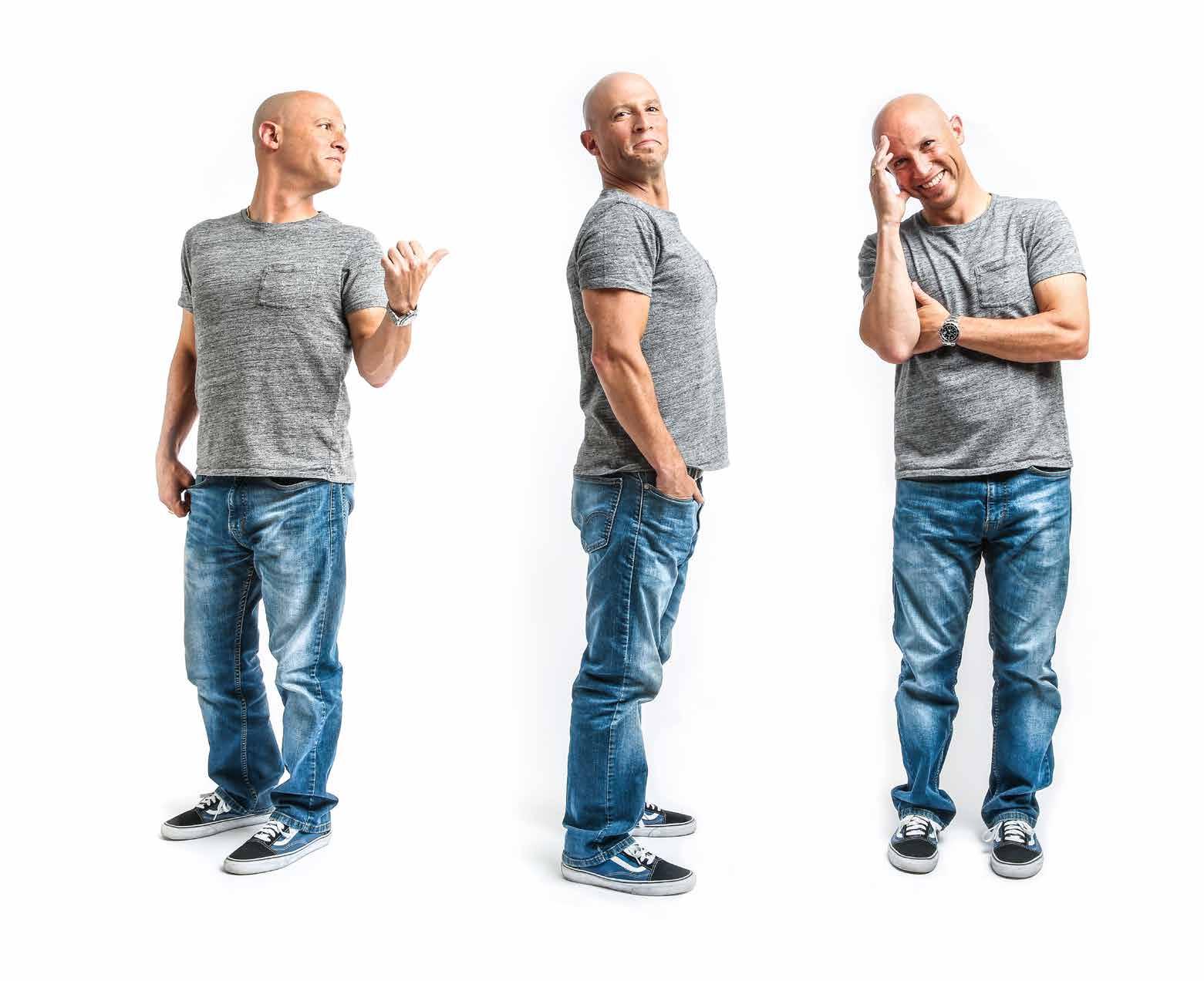 Photo credits, Juan Patino
Photo credits, Juan Patino
Then, as I broke up the group into smaller teams to write their songs, I noticed that—as predicted—the team the warden was on was deferring to him as they began writing their song’s lyrics. I checked in several times nudging them in this direction or that to help them refine their message but still there were no outward signs from the warden of anything but a businesslike desire to get through yet another “exercise.”
In my songwriting workshops, once the teams have written the lyrics to their song’s verse and chorus, I ask them what genre they think their song should be. Country? Blues? Pop? Jazz? When the warden stated that he’d envisioned this song as a heavy metal ballad in the style of the Scorpions, I got my first indication that maybe there was something going on beneath his stoic facade.
As I started playing chords and creating a melody for their song, it was like someone flipped a switch and—truly out of the blue— the warden became animated, engaged and totally immersed in what he and his team were doing.
If ninety minutes earlier, someone had told me that this taciturn business executive would be up in front of his assembled colleagues enthusiastically singing his newly written 80s-style heavy metal ballad, it would have been my turn to be skeptical.
The power of songs to challenge, transform, communicate and connect is equal parts inspiring and humbling. It’s why I write songs and why I now teach others to do the same.
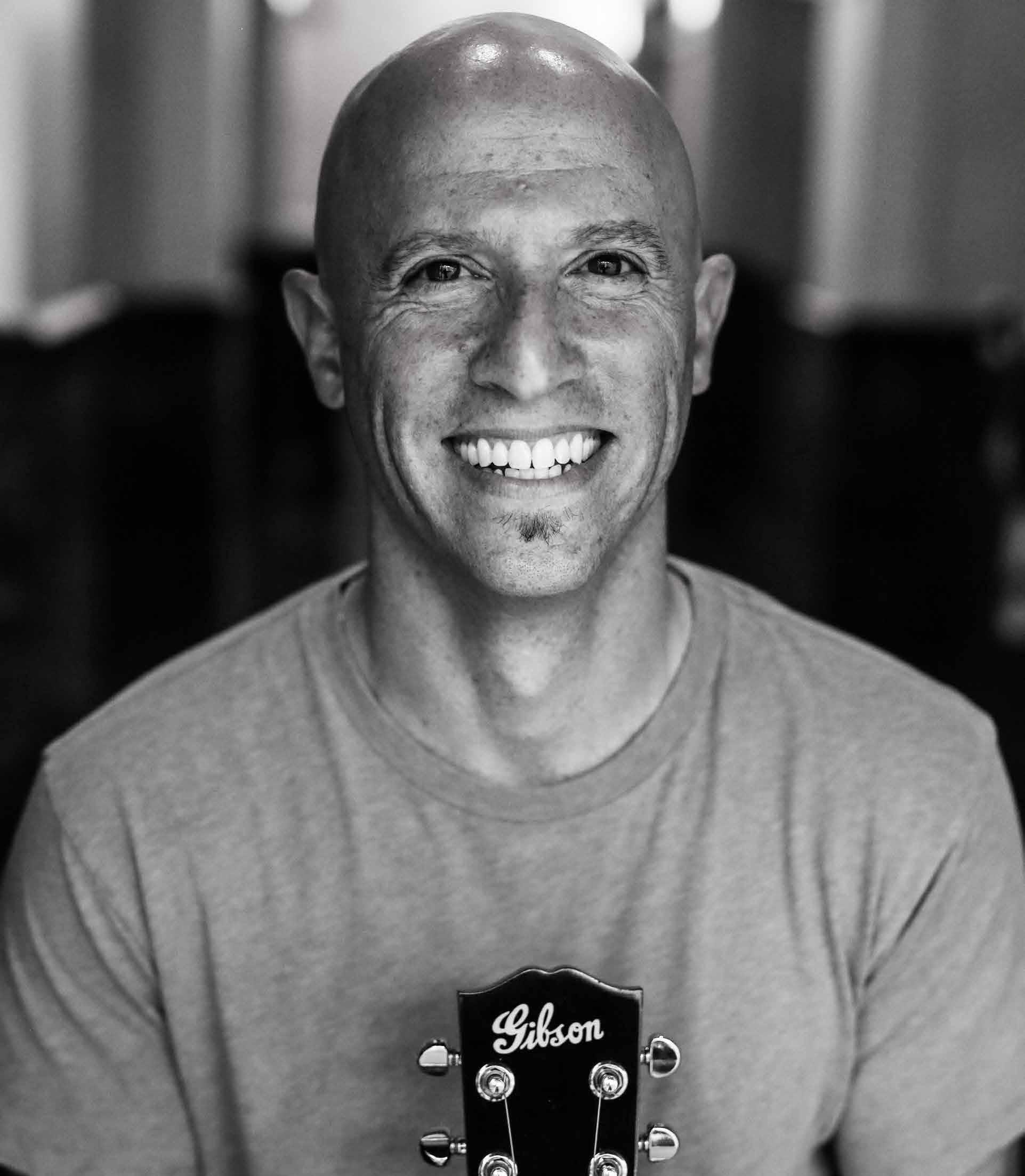
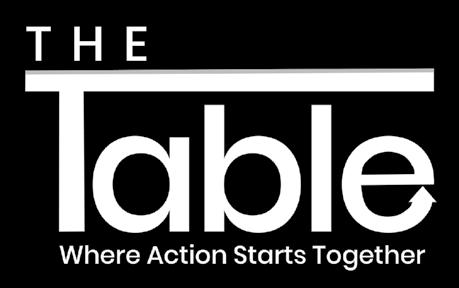
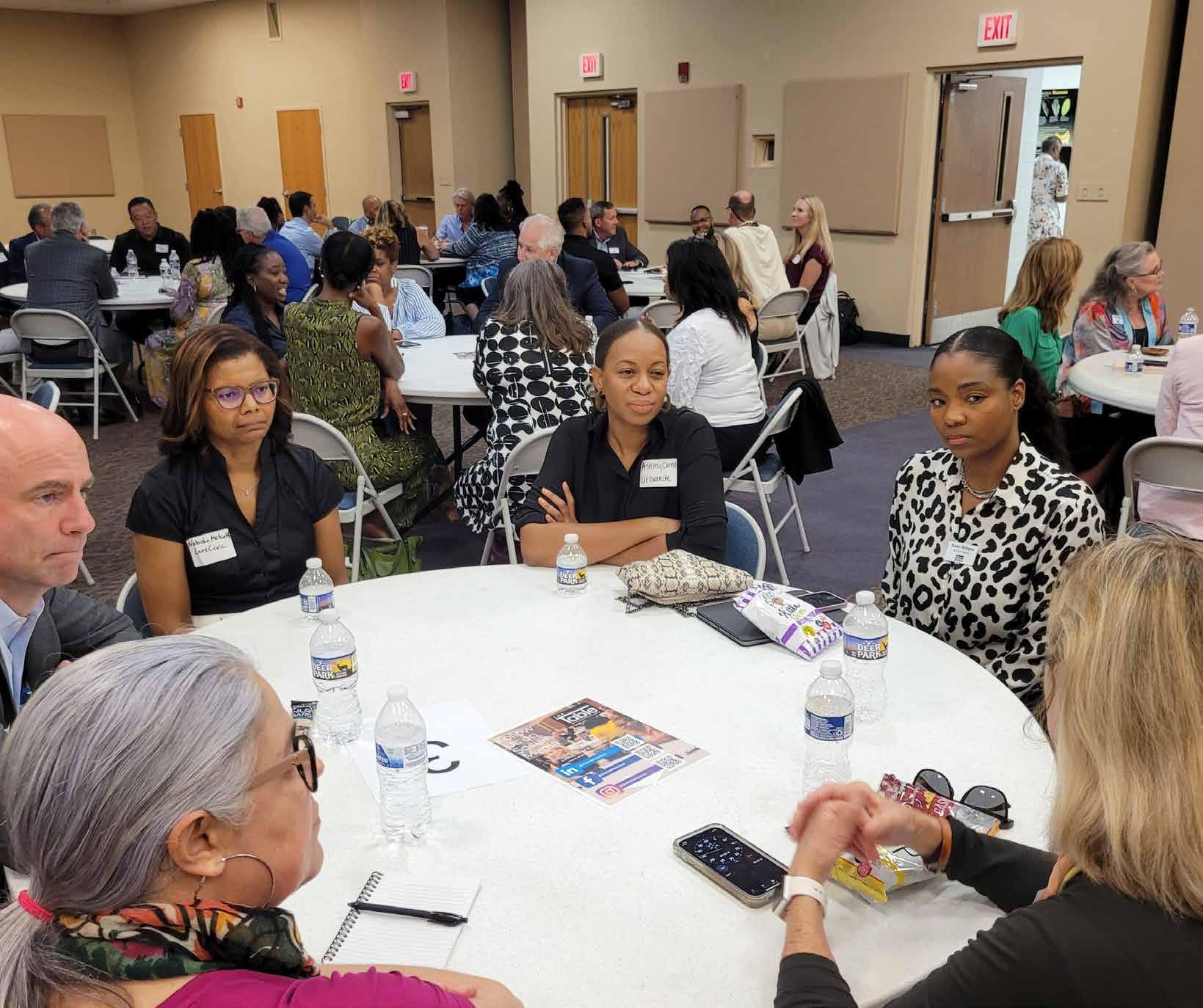
A new membership organization started in Nashville is growing rapidly.The Table is resonating with the business community because the goal is bold - to make Nashville the model city for equity and inclusiveness by taking action to create opportunities to grow prosperity for people of color.
Started in October of 2020 by Lee Molette and Kate Wood,The Table now has over 250 members and the support of companies such as Amazon, Ascend Federal Credit Union, Bank of America, CMA Country Music Association, CNM, CoreCivic, EO Nashville, Fisk University, Gresham Smith, HCA Healthcare, Ingram, JE Dunn, Pinnacle Financial Partners, Skanska, Tennessee State University, Truxton Trust, UBS and Vaco.
“What’s different about our organization compared with what has been done before is action. We have open discussions on race in a safe environment that allows our members to learn without judgment. This builds relationships and then quickly moves beyond that to take action to help other members with what they come to The Table with. This could be mentoring, introductions that open doors or sharing best practices in DEI efforts, for example,” stated Lee Molette.
Members bring their needs or intentions toward the mission which are very individual. Other Table leaders and members fulfill these and it is a very organic process. Members commit to working toward a solution beyond politics, creating safety and inclusiveness, creating a “class of” go-to leaders in the community, showcasing Nashville as a leader in a global issue that has gotten more polarizing instead of unified, and creating more economic opportunities for all.
“We’ve taken a different approach as to how to measure effectiveness. We are measuring it by gathering and communicating results stories from our members. These results show that change is happening now. Our members want to do something, they want to see change and The Table is a way for them to quickly get involved, get to know others they maybe would not have the opportunity to meet and to create a positive change in the community,” said Kate Wood.
The Table has seen many significant results, including real estate development mentoring and partnering on large scale projects, paid board positions, and contracts awarded, to name just a few.
The Table membership is $250 with scholarships available.To learn more, or become a member or sponsor of the table go to https://thetableaction.com/ .
You can also join an informational session to learn more about our mission and how you can help make an impact. A list of upcoming meetings can be found here https://thetableaction.com/contact-us/.
As I drove back from my first membership meeting at the Table today, my eyes filled with tears and gratitude for being offered a seat at The Table. It has been hard to find a seat at the table in Nashville over the last 12 years, and today I felt intentionally included. It is this alignment of mission with action that makes The Table a one-of-akind organization!”
— Table MemberWith a passion for cultivating the greatest potential of individuals and teams, Kate merges business acumen, intuition, and executive coaching to offer a unique service.
Her clients include entrepreneurs, corporate executives, and creatives seeking business and career growth along with personal satisfaction and happiness. Kate balances tactical business solutions, developmental coaching, and perceptive psychology, a combination creating lasting, actionable results. She often sees what individuals can’t see for themselves, providing fresh and impactful insight. She has also authored a book, workbook and journal titled Clarity Compass: Moving Forward for Those Who Feel Stuck in Place found on Amazon.
In 2020, Kate built upon her desire to initiate conversation and change concerning race and inclusion and co-founded The Table.
Lee Molette II Co-Founder, The Table Founder, Molette Investment Services Founder/CEO, Frank Stanton Developers, LLCLee Molette is passionate about helping people learn from each other in order to foster better sustainable relationships.Early on his journey to success, Lee was an investment adviser with Edward Jones and then opened his own Investment firm, Molette Investment Services Group. After 27 yrs. in the industry, he retired to focus on building Frank Stanton Developers LLC, a commercial and residential development named after his grandfather. Not one to have only one iron in the fire, he also co-leads The Table, which he cofounded in October 2020. Lastly, Molette is now spending time developing podcasts/live streams such as Women With Grit.
In addition to Lee’s business interest, he is very involved in the community, serving in leadership of boards such as 100 Blackmen, Teach For America, Una Youth Sports, Easter Seals, and as the chair of The Red Zone club at his oldest son’s high school, Ravenwood.He’s also a member of Omega Psi Phi Fraternity, the Nashville Rotary Club, and a member of the 2004 class of Leadership Nashville.
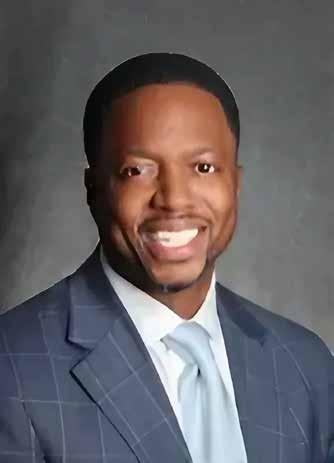
Kate has been a leader in business strategy and coaching individuals her entire career, previously as Market President and Publisher of the Nashville Business Journal, a post held for 13 years. Her career with the NBJ’s parent company American City Business Journals spanned 25 years, equipping Kate with multidimensional business savvy and an insider’s perspective. Along with running Nashville’s premier business publication, Kate also trained sales executives from across the U.S., partnered with clients to achieve their goals and hosted more than 50 community events annually.
Kate is a board member of the Nashville Area Chamber of Commerce and the YWCA, on the steering committee of the Private Director’s Association and on Nashville’s Agenda. She is a graduate of the Leadership Nashville class of 2009.
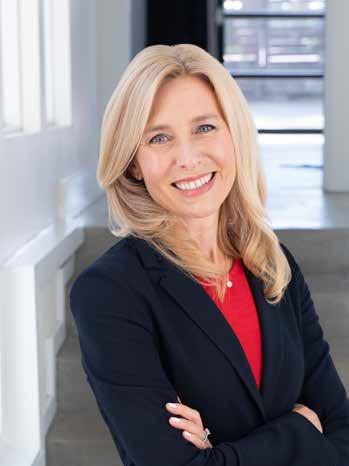


“The art challenges the technology, and the technology inspires the art.”
JOHNLASSETER

Classical musicians and technologists rarely interact with one another, but the people behind Living Opera believe that they can be important allies in the journey to produce transformative content that makes societies better off. Living Opera demonstrates how the collaboration of artists and technologists will be a pivotal element in breaking down stereotypes, expanding communities, and building profitability through cross-creativity for all segments of society and industries in the coming decades.
Living Opera is the first company to bring the blockchain and opera sector together through NFT collections and other Web3 based technologies. This includes applications, decentralized autonomous organizations, and decentralized financial programs, including the Living Arts DAO and micro grants initiative, a bold program that removes the many intermediaries and administrative expenses that are traditionally present in arts organizations.

While some skeptics wonder why a classical music company would find their headquarters in the heart of country music, CEO Soula Parassidis felt that the move was strategic. Before the 2020 pandemic, Living Opera was based in Vienna, Austria, which is widely considered the capital of classical music. Vienna provided the natural backdrop for an EdTech platform that catered solely to emerging classical singers, but Soula felt that Nashville provided more opportunity to take the platform to a world-wide audience for three important factors: ease of excellent music production (including collaboration with other genres of music), political support demonstrated by the legislation that allows DAOs (decentralized autonomous organizations) to be treated as non-profits, and an informed, robust blockchain community.
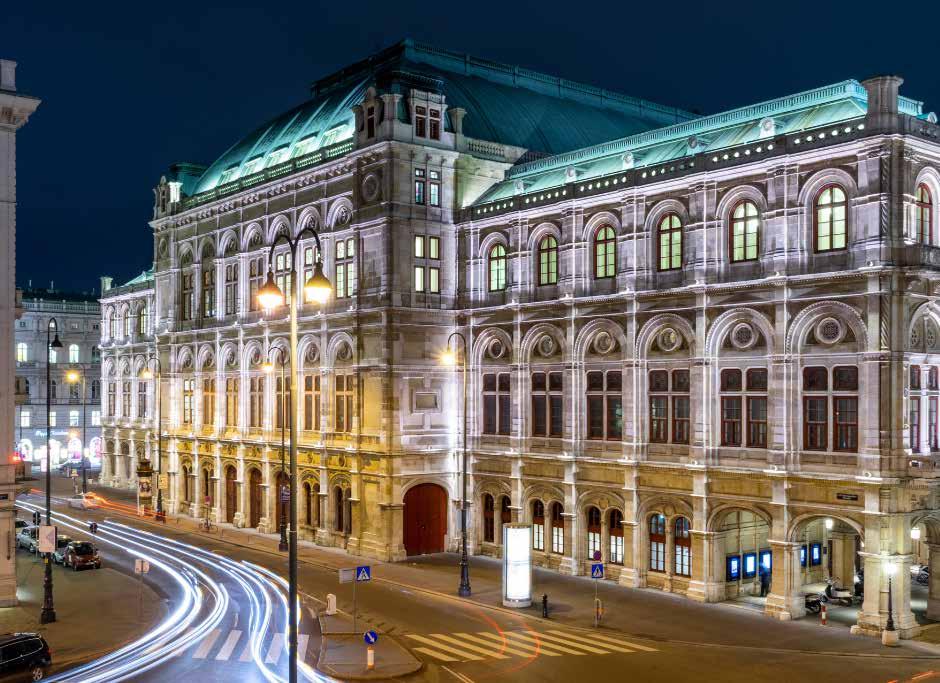
Their first major NFT collection, Magic Mozart is a 6,000 piece generative art collection inspired by the opera The Magic Flute, which was written by Austrian composer Wolfgang Amadeus Mozart in 1791 shortly before his death. Each artwork combines an all new original portrait of the composer with multilayered art bearing homage to characters of The Magic Flute, and is further personalized through the airdropping of an 18th century generative minuet from Ein Musikalisches Würfelspiele, a game that was attributed to Mozart posthumously. Each minuet is “composed” on-chain based on the unique attributes of the NFT.
In Italian, the word “opera”, deriving from the Latin, means to work or to labor. Opera lirica refers to a work on stage. This small, but important, differentiation has inspired the Living Opera team to build products and services with a similar progressive view of human behavior that is ever changing and growing, all with an aim to foster healthy development and human flourishing.
These values are best exemplified in Living Opera’s three core verticals: educational services that empower creatives to build relevant skills, an app that allows creatives to gamify their practice time and help build consistency and habit as they hone those skills, and finally, digital assets that combine classical music and digital art in novel expressions and thereby enabling new income-generating opportunities for creatives after they have mastered their craft.
In addition to Living Opera’s core services and the Living Arts DAO program, the founding team is creating opportunities for artists, civic leaders, and private donors to further join forces using NFTs.
Vienna State Opera
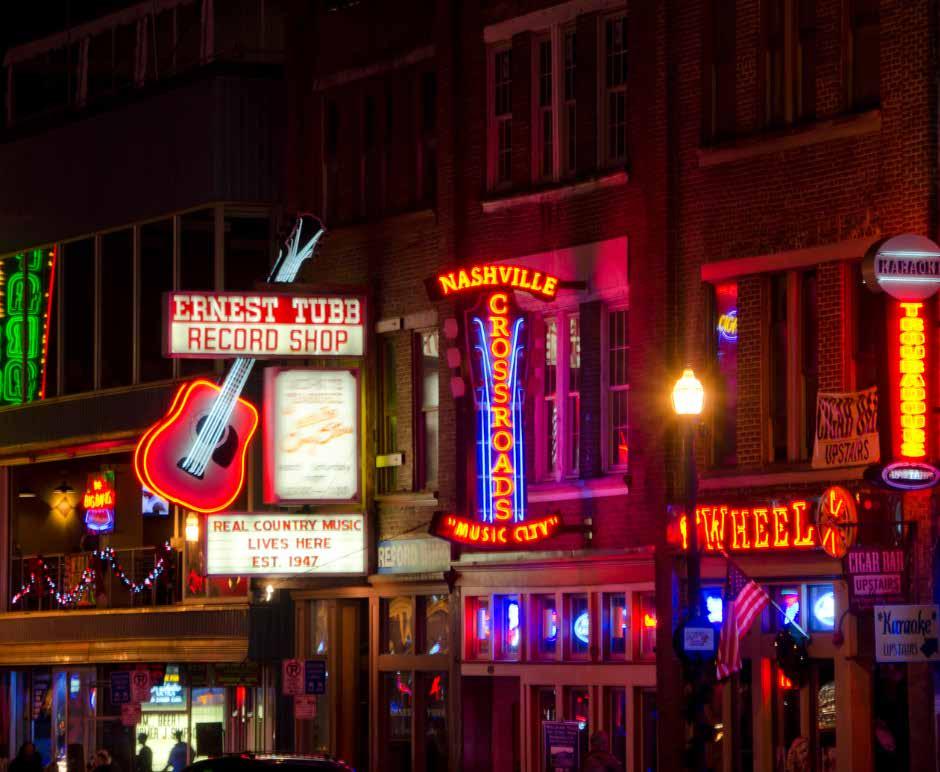

Like any emerging, highly scalable technology, the Web3 ecosystem holds exciting possibilities for visionaries and consumers alike. While the Living Opera team believes that NFTs are a key for remunerating artists and expanding the ways that people can interact with brands, they are not stopping with traditional digital assets. Living Opera plans to create the first full-scale opera experience in the metaverse, inviting millions of people to experience the power of the operatic voice right in the comfort of their homes. With virtual reality technology poised to reduce the barriers for people to engage with classical music and provide more employment opportunities for artists on an international scale, the future of the classical arts looks brighter than ever.
Living Opera will lead a large-scale project in Athens, Greece to refurbish and restore the former home of Maria Callas into a vibrant meeting place anchored on her legacy. Visitors will be able to talk with an AIpowered version of Maria Callas with virtual reality and NFT holders will receive an array of perks, including potential new use-cases around tokenized real estate.

While the Living Opera team believes that NFTs are a key for remunerating artists and expanding the ways that people can interact with brands, they are not stopping with traditional digital assets. Living Opera plans to create the first full-scale opera experience in the metaverse, inviting millions of people to experience the power of the operatic voice right in the comfort of their homes.
 Music Row Nashville
Music Row Nashville
On October 31st 2008, a white paper was published by an obscure character named Satoshi Nakamoto. Curiously, this paper titled “Bitcoin: A Peer-to-Peer Electronic Cash System” came to dominate media headlines and popular consciousness a decade later. The excitement surrounding Bitcoin, and its underlying technology Blockchain, became eerily similar to the Gold Rush of 1849. In similar fashion to the gold rush of yesteryear, the hype took on a life of its own and with it provided a great distraction from the real opportunities in the emergent ecosystem that arose to support the influx of interested parties.
“Nearly every bubble begins with a grain of truth. It is only when the truth becomes distorted through human narrative that the danger is made manifest.” - Behavioral
Economist Daniel Crosby PhD.The human condition is deeply intertwined with stories of booms and busts. These events of speculative manias have suckered in some of history’s most intelligent minds such as Sir Isaac Newton’s disastrous experience with the South Sea Bubble of 1720. But what emerges after the exhaustion of speculative energy is of equal importance. This is especially true with respect to the most recent speculative fever surrounding Bitcoin, cryptocurrencies, NFT’s and the technology that underlies them all: blockchain.
I have spent the past several years working with institutions and universities to help cut through the hype and focus on the long-term prospects of the next stage of the technology revolution. There is a larger story taking place around you. The headlines have focused popular attention on speculation in “cryptocurrencies” and NFT’s, but those are just two actors in a much bigger storyline. What we are really talking about is the next step in a multi-decade evolution of technology. Whereas the creation of the transistor & integrated circuit increased computing power, and the internet ushered in a new era of computer usage, blockchain ushers in a new format to distribute information securely without a centralized trusted party. In short, Blockchain is revolutionizing the data ecosystem with applications well beyond cryptocurrency and NFT’s.
Blockchain is not some emergent phenomenon; it is instead the next phase of the much larger arc of computing evolution. The Massachusetts Institute of Technology described the primary phases of computing integration: While the 1980s were about data, the 1990s about functionality, the 2000s about service, and the 2010s about microservices, the 2020s are the decade of blockchain integration!
All technology-inspired advances result in gold-rush thinking in their earliest stages, as people scramble to leverage what’s new to gain an advantage. History, however, shows us that “rush” thinking is typically followed by a “bust” reality. We seem doomed to repeat these cycles over and over; Dot-com’s in the late 1990s, home computers and biotechnology in the ‘80s, computer time-sharing in the ‘60s, transistor electronics in the ‘50s, television in the ‘40s, radio in the ‘20s, automobiles in the early 20th century, and railroads in the 1840s, all began with a rush and ran head first into the reality wall.
Blockchain is no different. But the rush for perceived digital-gold has created lingering confusion that must be addressed.
Popular consciousness has mis-interpreted blockchain as “currencies” due to the understandable misnomer of the digital assets after the creation of Bitcoin. Bitcoin was in fact a proof-of-concept project attempting to serve a financial function. It was very much a digital method to exchange value that relied on cryptographic tools, namely the public and private key, to function. This new digital asset was quickly labeled appropriately as a crypto-currency. However, many of the projects that followed Bitcoin were also built on blockchain technology but were intended as altogether different types of applications, i.e. not intended to be currencies. This concept was overlooked when labeling these other digital assets as “cryptocurrencies”, in the same vein as Bitcoin.


The ubiquitous use of the word “currency” to describe a vast spectrum of digital applications has caused mass public confusion since.
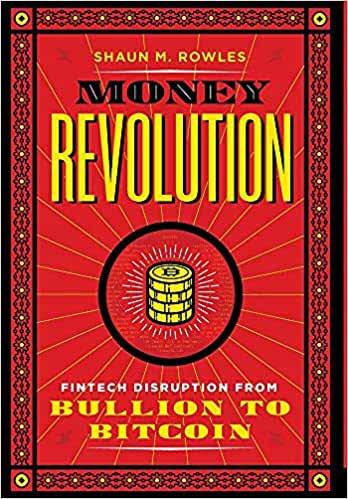
Blockchain is a new methodology that allows data to be distributed across a multitude of computers while maintaining data integrity. This process offers a wide array of efficiencies such as high fault tolerances, elimination of data concentration risks, and a framework to establish trust in a trust-less system without a centralized authority or institution to serve as intermediary. This is by no means a risk-free system, but does unlock a new wave of potential applications for enhanced safety and operational efficiencies. Not the least of which is serving as the underlying architecture for a new internet (Web 3.0), a new virtual frontier (metaverse), and a revolutionary component for digital commerce (NFT).
Are the Metaverse, Web 3.0, and NFT’s not just another hyped up digital speculative bubble? No.
Despite NFT’s entering popular consciousness as digital images of apes, the underlying technology that enables NFT’s is quite revolutionary and will have far reaching and very mundane applications. NFT’s allow for digital scarcity and authenticity. It is not unreasonable to expect drivers’ licenses, titles, and passports to be NFT’s on wholly owned government blockchains in the future.
This technology of blockchain and NFT’s enable a more reliable and efficient architecture to build out a more comprehensive digital economy. This work is already well underway and has the potential to equal and surpass the current physical-based economy. These are not innovations that should be ignored or taken lightly. Just as most individuals, businesses and governments shifted from almost no interaction with computers in the late 1980’s to almost ubiquitous interactions with websites, electronic payments, and communication today, so too will be our experience with blockchain, NFT’s, Web 3.0 and the metaverse.
I am excited at the opportunity this brings and view the potential for economic value to be in its infancy.
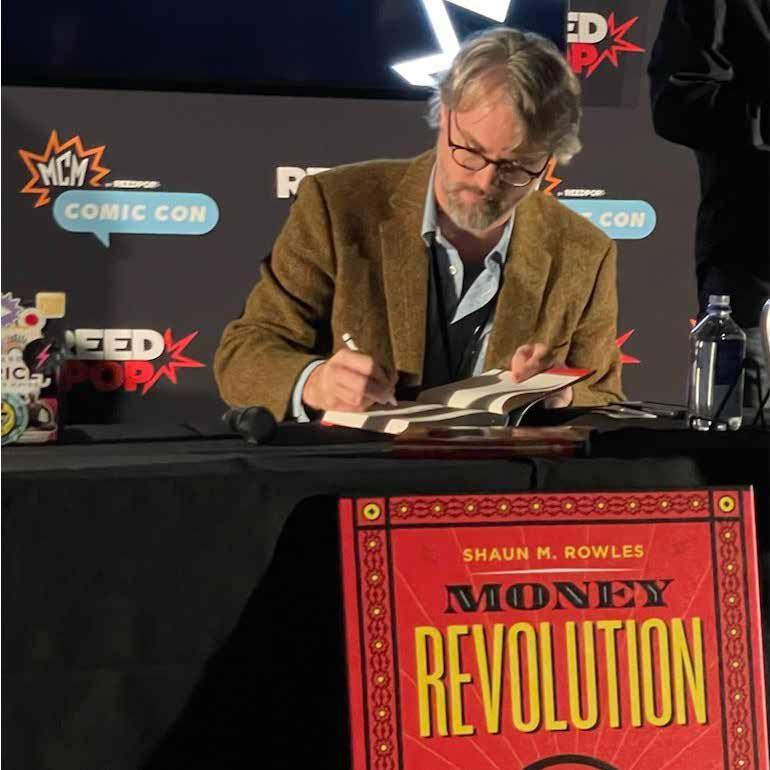
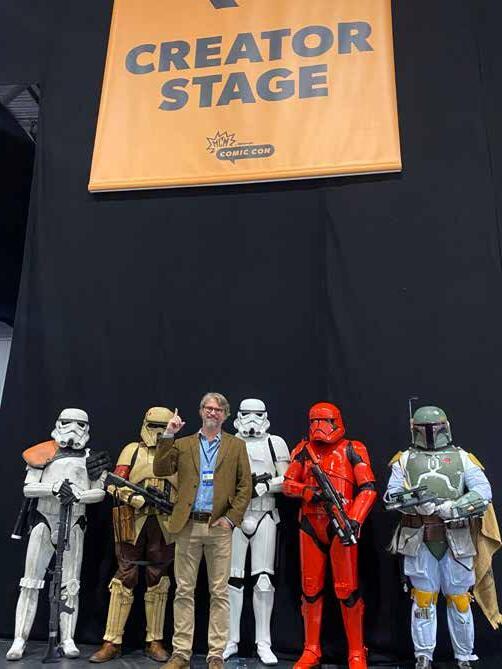
Shaun Rowles is a Nashville based Institutional Consultant & Portfolio Manager for one of the world’s largest Wealth Management companies. Mr. Rowles is author of “Money Revolution: Fintech Disruption from Bullion to Bitcoin” and routinely guest lectures for a number of universities, most notably Vanderbilt University Owen School of Management in Macroeconomics and Ringling College of Art & Design in the Business of Art on NFT’s and the Metaverse.
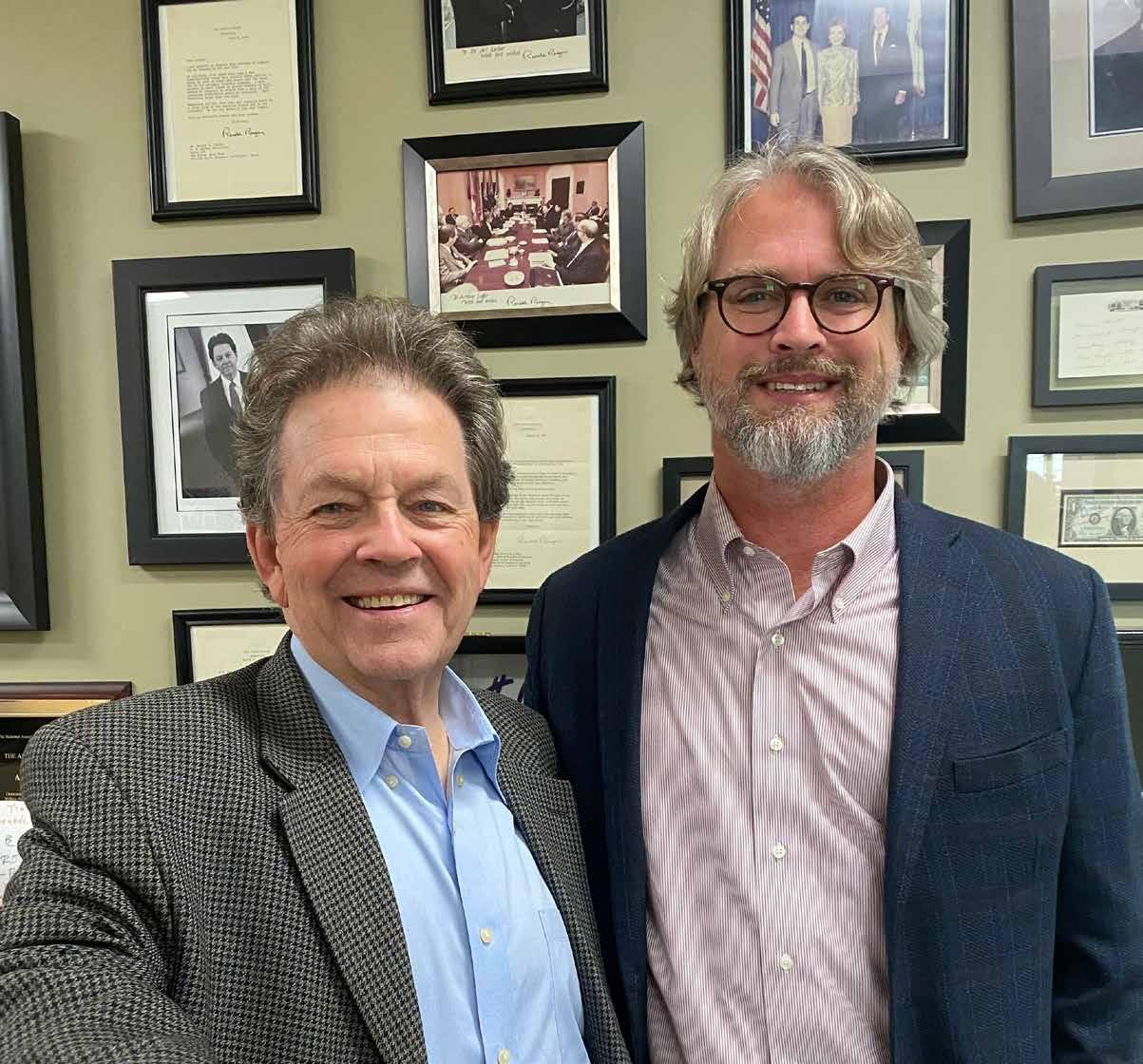
shaun.rcg@icloud.com shaun-rowles
 Mr. Rowles with friend and supporter of Mr. Rowles’ work on blockchain Arthur B. Laffer, PhD Recipient of the President Medal of Freedom for contributions in the field of economics.
Mr. Rowles hosting the first Panel on Blockchain & NFT’s at Reed Pop’s MCM Comic Con London 2021.
Mr. Rowles with friend and supporter of Mr. Rowles’ work on blockchain Arthur B. Laffer, PhD Recipient of the President Medal of Freedom for contributions in the field of economics.
Mr. Rowles hosting the first Panel on Blockchain & NFT’s at Reed Pop’s MCM Comic Con London 2021.
People used to wonder whether blockchain technology would survive. Then the question transitioned to “It’s not a matter of if, but when it will take hold?”
Now the key question being asked is “who is using it and how?”
To answer that question, you must understand that Web2 and Web3 are not competitors. They are parallel technologies that when used properly can increase each other’s capabilities. Just as Web2 did not replace the internet, and the internet did not replace brick and mortar business, Web3 will not replace Web2. Each new technology merely enables and

enhances what preceded it. This is true for traditional financial products as well, new vehicles for financial products simply enhance and improve the current ones. In the case of blockchain most people question its compliance. Blockchain is the perfect vehicle for compliant assets, with the ability to carry information on rules and regulations and even enforce transaction rule sets when built to do so. Blockchain is a technology, much like excel spreadsheets and how we utilize them to do innumerable functions.
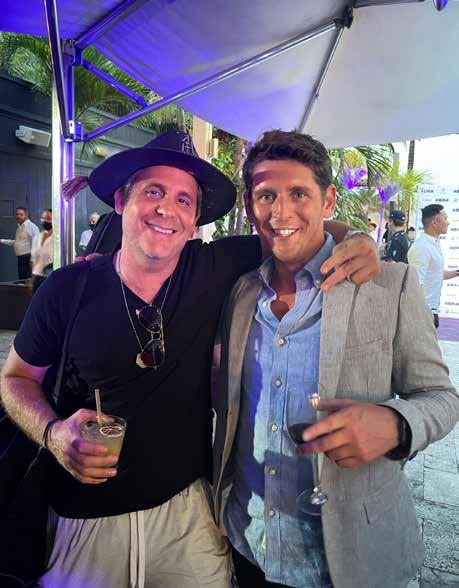
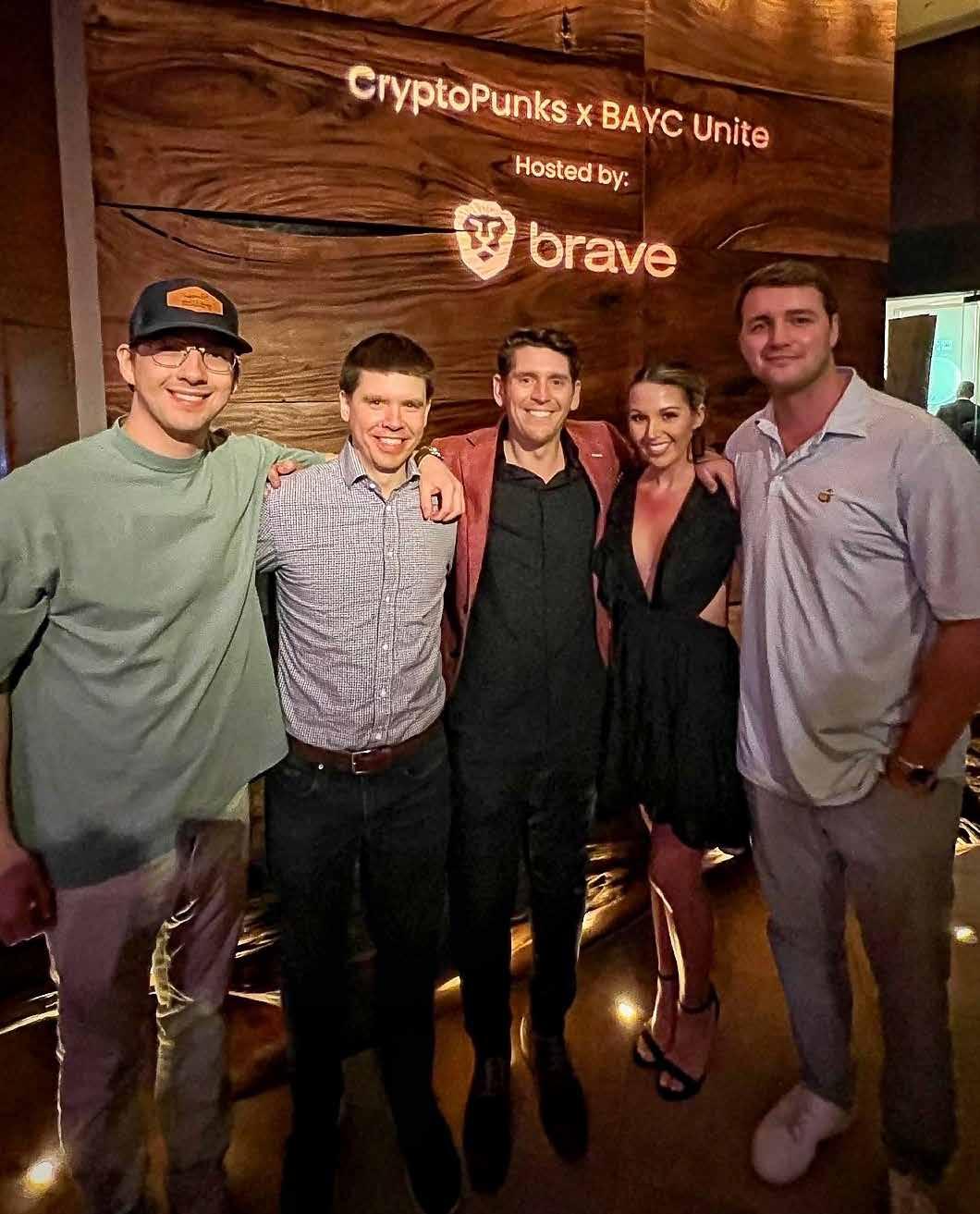
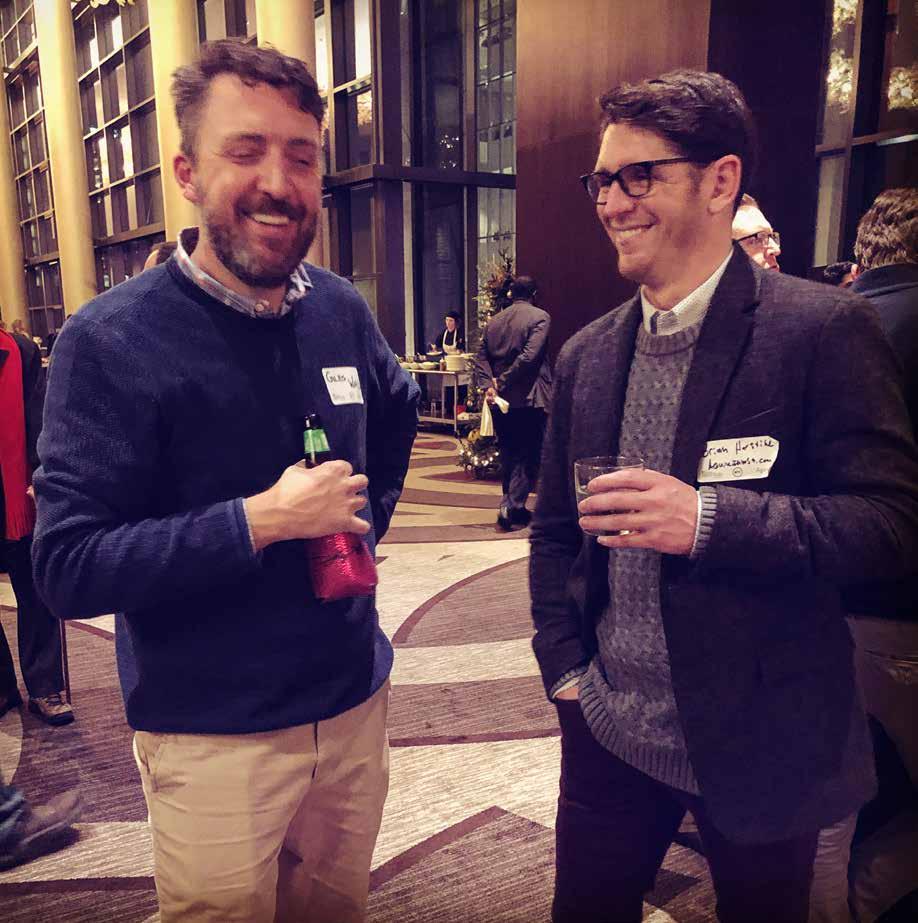
Some changes happen slower than others, and change frequently occurs out of the sight of the masses. Before you know it much of what you use
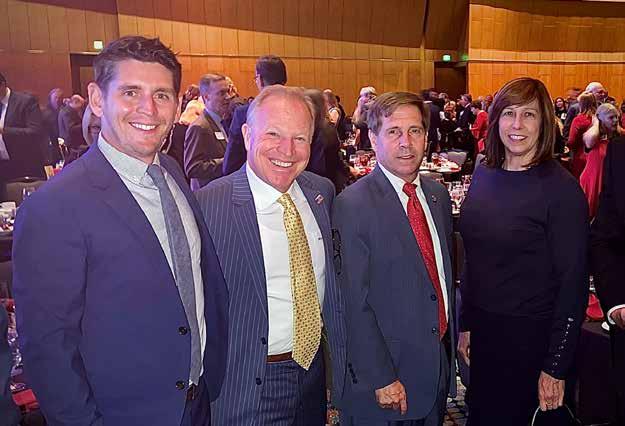
The last time we had a technology this versatile, it changed and improved every element of nearly every business.
today will in some way be powered by a Web3 technology. Your banking app does not tell you when they change backend tech and they do frequently to enhance features and save money. Currently Blockchain is actively being applied and used across the breadth of the financial industry by individual businesses, funds, transaction providers, licensed agents… all the way up to institutions. Franklin Templeton, JP Morgan, State Street, Goldman Sachs, Wisdom Tree, and nearly every major financial organization has active applications and investments in the space.
The universal constant is change.
Today the industry is engaged in turf wars at two major levels. The first territory grab is for the right to define where this technology fits in the domestic and international regulatory regimes and which agencies will have the right to enforce? Second, is which financial giants and general purpose companies will take market share and retain their dominance in their fields? These territory wars have a negative impact on developers, founders, companies and consumers across the entire landscape of Web3, however, this history provides undeniable legitimization and consumer confidence. This war also provides the insight we need to mitigate the collateral damage, because this “land grab” is a mirror image of multiple historic events, of which all were triggered by a fundamental improvement in a core technology.
The invention of electricity led to mass behavioral change and innovation stemming from it. Manufacturing lead to product availability and cost efficiencies and in turn a wide vocation and societal change. The movie, tv, and music industries were stuck in their physical distribution and business models for decades, until the internet disrupted and improved distribution, operations, and income models, ultimately the internet changed the face of consumer behavior forever. All of these examples became land grabs and fights for regulatory authority, with some still going on to this day, this is no different than what is occurring now with Web 3 blockchain technologies.
Each of these events and many more were led by a widespread expansion of knowledge across the general masses. We all know the saying “Where the water flows the easiest, the masses follow” today that is blockchain and the benefits it brings to its applications. Blockchain faced the same challenges and hurdles that these previous innovations did in their early adoption cycles. But the cycle has reached critical mass, and the biggest remaining hurdle is legitimization, institutional adoption, led by regulation, and hopefully thoughtful regulation.
The blockchain industry needs better regulation and clearer rules. Even if many of the rules that already exist do not change, they still need to be clarified, what fits where, and when. Today the fight for turf is exposing this industry’s weaknesses, showing which experiments and applications are flawed and which are prime for success; but this is no different than what occurred during the birth of the internet and the change of music and media distribution and consumption, or when the lights literally turned on. Each grew quickly on all fronts and exposed flaws that needed fixing, and that led to changes in the law and ultimately legitimization, and mass adoption.
This is the natural cycle of fundamentally world changing inventions and technologies and these cycle elements should be expected not feared. We sit in the adoption cycle, at that critical mass where territory is being taken and this can be an opportunity and it should be leveraged now.
At ACQUIRE, we are positioned for this opportunity and leveraging the impending bridge of traditional financial products, and web 2 with web 3 blockchain application for a key sector of assets!
At acquireinvest.com we embrace the evolving regulatory environment, both in the US and globally. We provide technology layers to the blockchain, and a seamless, user-centric venue of access for traditional private and alternative investments. Powered by our permission’ed tokens called “smart-shares,” our solution helps traditional funds, asset managers, and investment issuers comply with regulatory requirements, speed up investor onboarding and capital closing, with near instant settlement times. Our platform also saves fund managers and fund administrators significant time and money on middle and back office functions and reporting. Our vision is to bring the robin hood of private investments to market for both retail and accredited investors.
Brian Harstine has been a blockchain strategist of almost a decade, Brian has successfully built, grown and exited companies across three separate industries; media & entertainment, insurance, and infrastructure. After years spent managing the private investments of high net worth individuals, conducting due diligence, building our finance and business strategies and helping their investments into private businesses succeed, Brian was exposed to blockchain while working with investors venturing into blockchain opportunities around 2015. He quickly realized the need for codified regulation and compliance what is now known as securities tokenization and he has been passionately working in the space ever since.
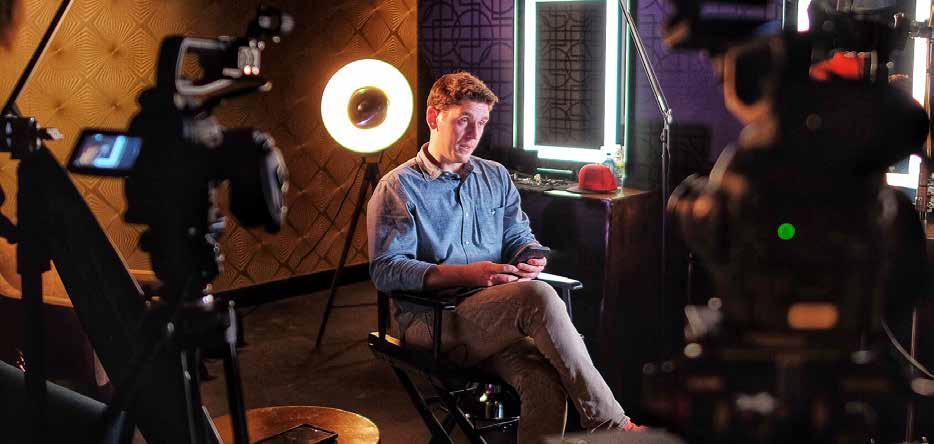
“The change to our financial technology systems is inevitable, it is happening now at the institutional level. During times of change, there is massive opportunity. I want this power in the hands of every level of investor... anywhere there is change like this, there is massive opportunity.”
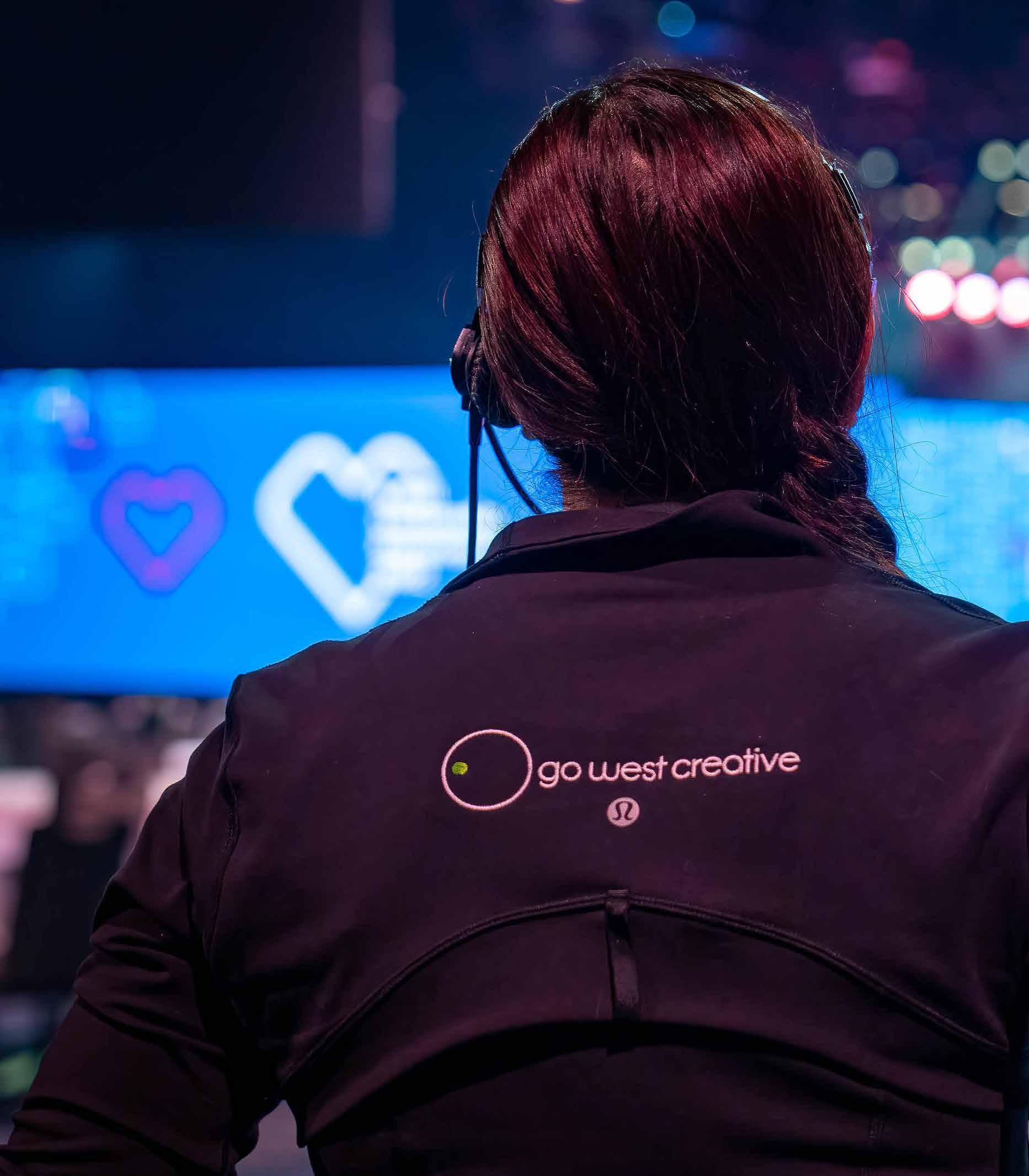
“There is such power in the ability to motivate emotions and actions through live events and original content.”
DAVIDFISCHETTE CEO&CHIEFCREATIVE GOWESTCREATIVE
CHAPTER 14

Go West isn’t a Direction… it’s a state of mind…and that state of mind is filled with Curiosity & Innovation!
Go West Creative.
We think about things differently. Not just some things, all things.
You see, our company has never seen the word NO as an absolute. There is always a why behind the NO and we want to know why? What went wrong before? What didn’t work? Why NO? Let’s see if we can look at the situation from a different angle, do a little bit of deep exploration and come up with a way to make that NO…a maybe and then, a resounding YES!.
And that sense of exploration is at the core of who we are. Actually, that is precisely what we mean when we say Go West.
It isn’t a direction…it’s a state of mind.
And that state of mind, that sense of curiosity is present in every project we work on. We don’t do things the same way twice. Where’s the fun in that?
Let’s play, let’s dream, let’s unpack every last “What If” and find not just a new way, but the best way to communicate brand messages in ways that feel…
Emotional Spiritual Joyful Impactful…
For 38 years, Go West Creative has existed to connect brands and their messages to the hearts of those they care to reach.
We do this through:
Live & Virtual Event Production
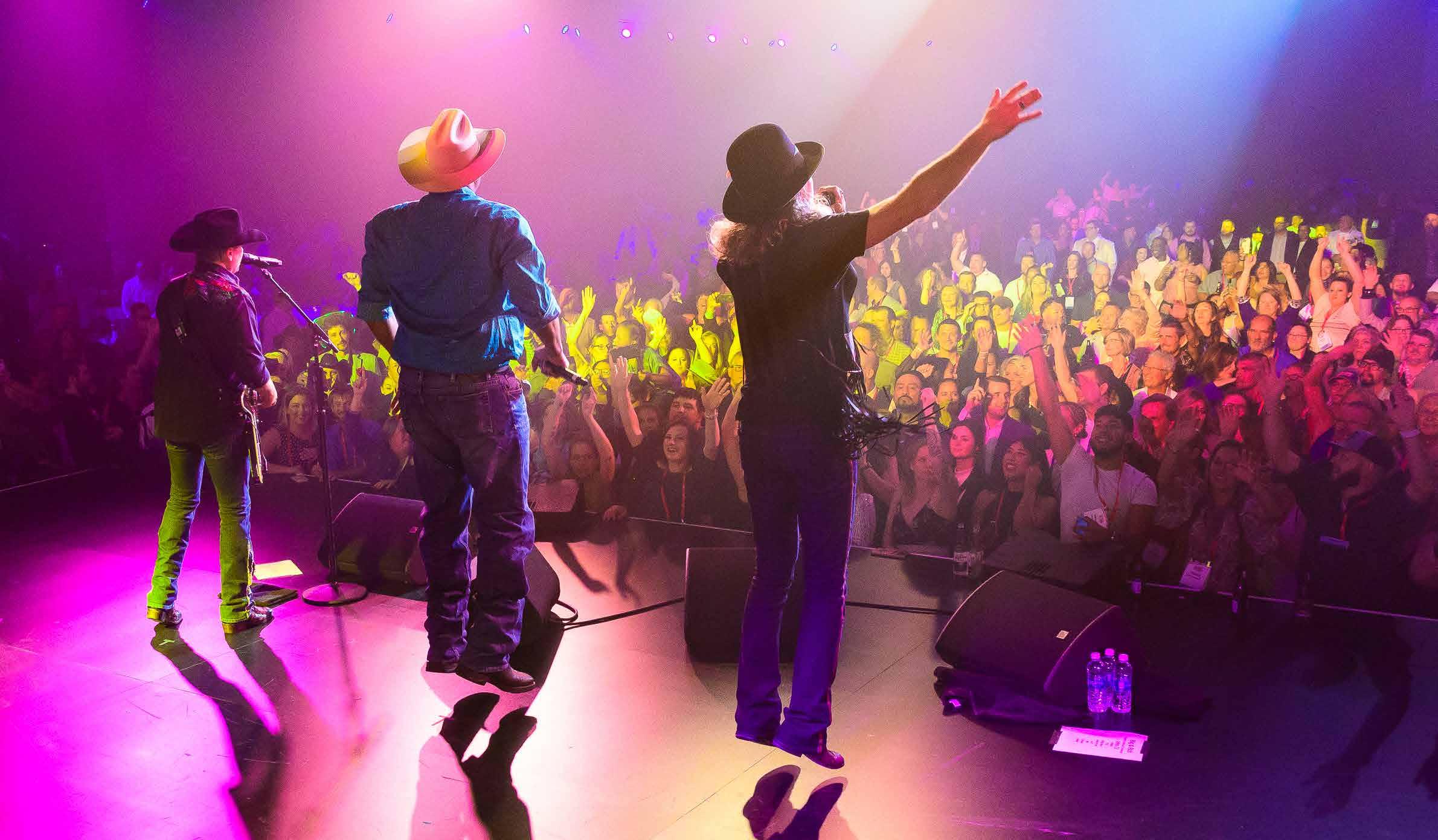
Original Content Creation
Entertainment
Studio Services within The Studio Collection at Go West
And our innovative Spoken Cinema®
No matter what direction you are hoping to take your brand, we suggest you simply Go West.
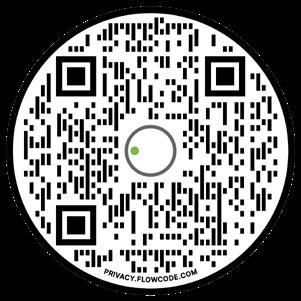
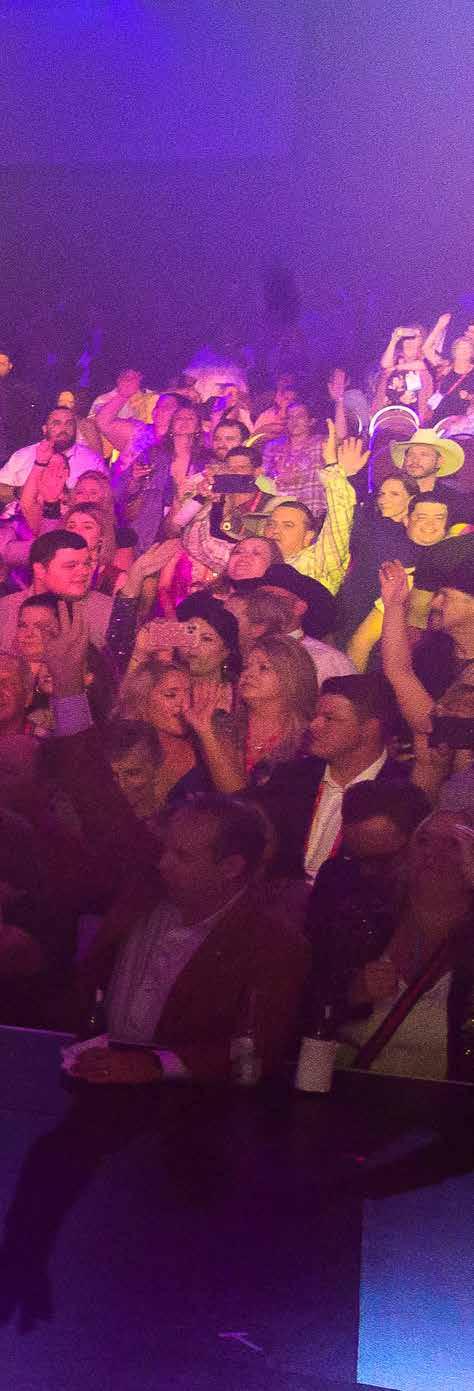
“It’s 2022! Welcome back to live in-person events!”
That was the mantra that carried us into this year. For many of us, it was long overdue. Attendees were eager to get back together, after two years of sitting in front of their computer screens. We were all longing for the excitement that comes when 5000 people fill a convention center and the “show” begins…That is our time to shine…to impact the audience and to communicate with creativity.
However, re-starting the events industry was not without its challenges. Supply chain issues affected goods and services across the board. Skilled event labor and lead positions were fewer in number and charged at a premium. The availability of event spaces dwindled, as clients scrambled to renegotiate and secure their preferred venues. And all of this resulting in increased production costs across the board.
So, with expectations high for a return to live events, Go West knew that we needed to be Innovative in our design, our scope, and execution to be strategic and cost effective. We learned how to go bigger, sometimes in a smaller space. We also worked to enhance every aspect of the live event experience, with emphasis on cutting edge event technology. Digital was the keyword across all event disciplines. Lighting systems have become more intelligent and dynamic, while using less power. Higher resolution video standards can now be displayed through crystal clear LED wall panels and laser projection systems that Go West continues to integrate into its set designs and use to
display our own custom designed media content. Not only do these new, improved technologies provide an elevated attendee experience, but they also allow budgets to go further. In addition to reduced acquisition costs, these technologies come with cost efficiencies in power, rigging, and freight.
It used to be a standard practice that we would request that all live attendees “Silence their cell phones and electronic devices”. This was done to avoid distraction and direct focus to the program. There’s been a major paradigm shift here as we now embrace the use of the smartphone in every attendee’s hand.Through this “third screen”, we can interact with attendees on a much deeper level. Go West works with our clients to design and deploy robust event apps that uniquely enhance the attendees’ experience. These custom branded apps can provide personalized agendas, travel and venue information, as well as a portal to interactive tools such as chat, Q&A, polling, and gamification. Additionally, we often make attendees part of the show by using a new app technology that integrates every individual’s smartphone into a collective light show in the audience, which is synchronized to the live event content. This technology is also used to connect attendees as remote video participants through their selfie cameras.
And for our attendees that still choose to remain virtual, we continued to leverage our design and logistic experience and global partnerships to create immersive virtual event platforms. In 2022 we pushed the boundaries to design virtual event experiences that were on par with the live attendee experience.
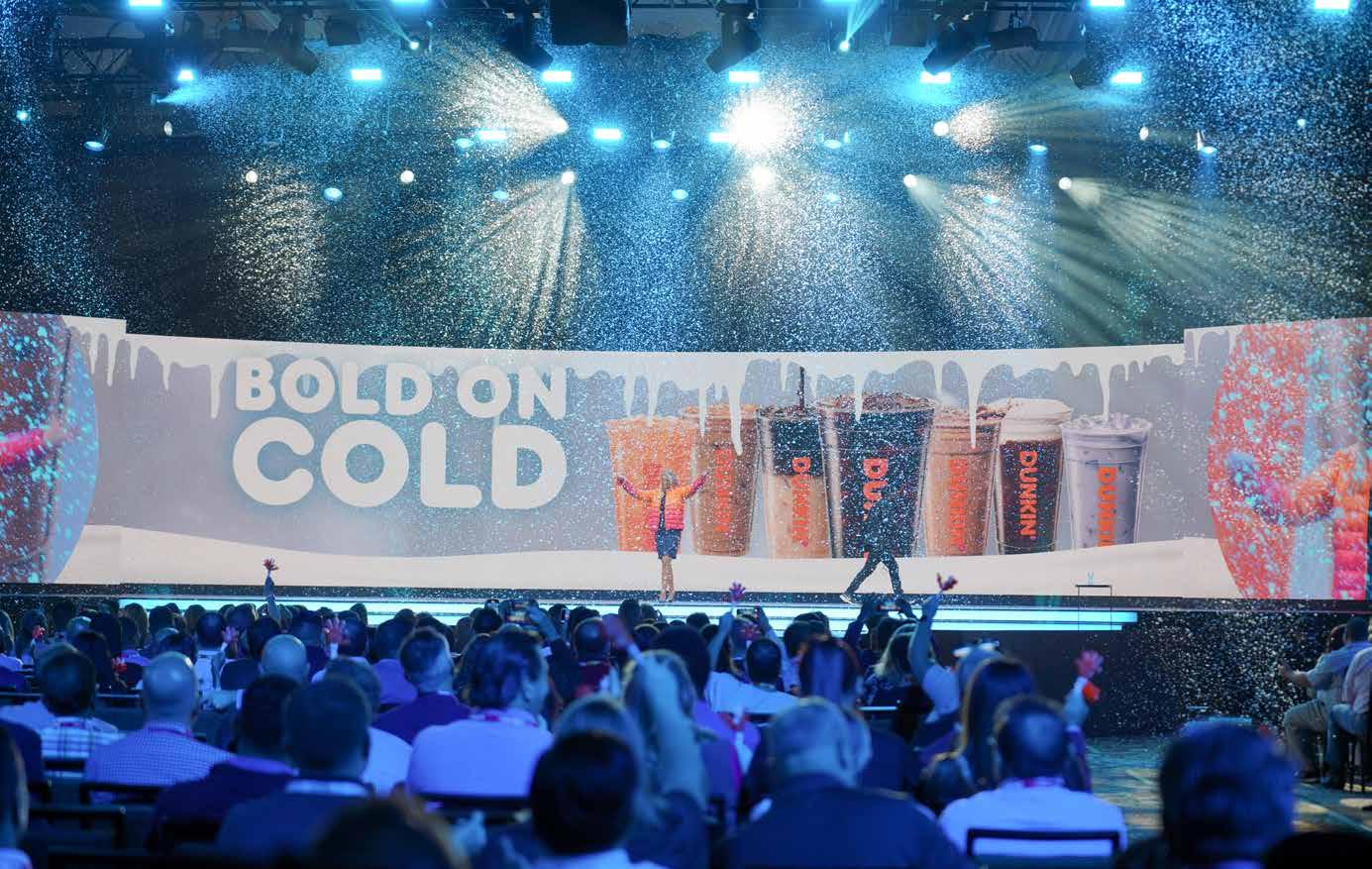
Nothing in the story of Go West Creative says Innovation like The Studio Collection at Go West. When a global crisis brought the entire events industry to a grinding halt, we didn’t take NO for an answer. We saw the opportunity that was placed before us and we knew that it rested solely on a line of our business that typically represented less than 2% of our revenue…Virtual Broadcasting.
Our clients had messages they needed to share, and we knew that we could bring those messages to life in a compelling way that reached the hearts and minds of their audiences. The constant cry from clients and industry professionals was “how do we get people to engage with a screen?” This was the big challenge…for most people. But at GWC, we knew something so obvious, that most others looked right past it. You see, we’ve all been engaging with screens since we were kids! We know what to do with Ellen and CNN, ESPN and SNL. The trick was figuring out how to incorporate the elements of broadcast television into Corporate Broadcasting in an authentic way that did not come off as cheesy. So, as our competitors were streaming 45 minute talking head presentations that we were all accustomed to inside on ballrooms, we were writing TV Shows. And it worked.
The first studio in our “collection” was constructed early on in the Covid-19 pandemic in 2020. With a little ingenuity, some production technology and a vision for how to connect brands and their audiences, we built a small green screen studio in our Nashville Headquarters. Many of our clients went on this journey with us, and some new clients joined us as well, resulting in a most successful year for Go West Creative, despite the total collapse of our industry.
The success from our first studio, prompted additional “What if?” questions.
-“What if…
…we continue to push the boundaries of studio production for corporate broadcasting?”
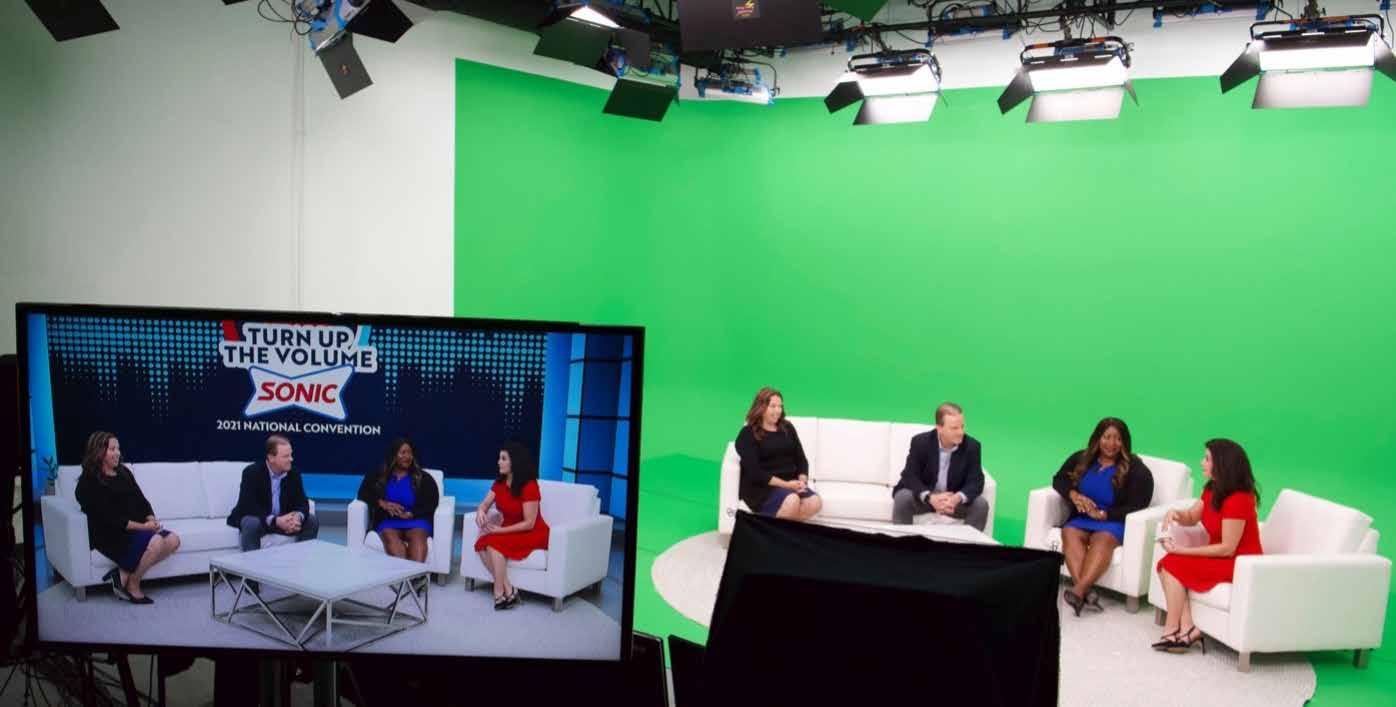
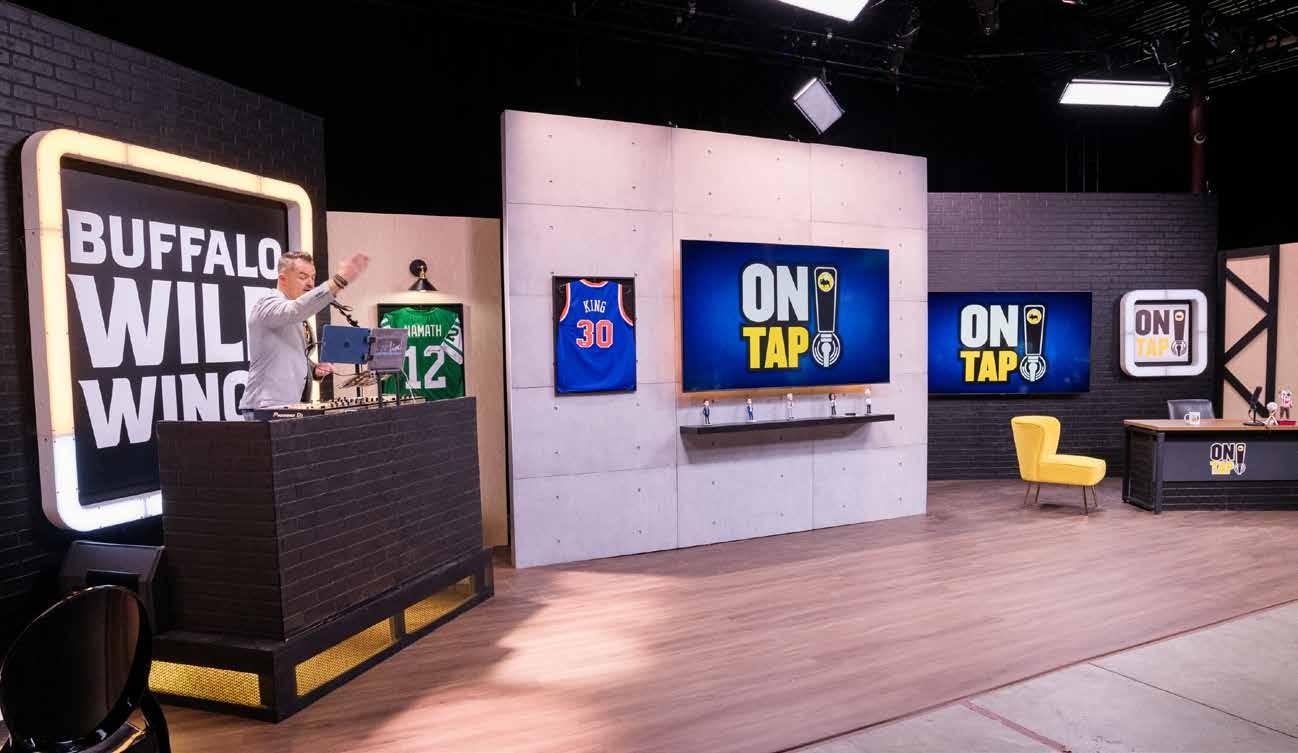
…we build even larger studio spaces that allows us to partner with clients in music, sports, film and television in Nashville?”
…we create spaces that provide a blank canvas and spark creativity?”
…we can connect virtual audiences with live studio audiences for truly hybrid events?
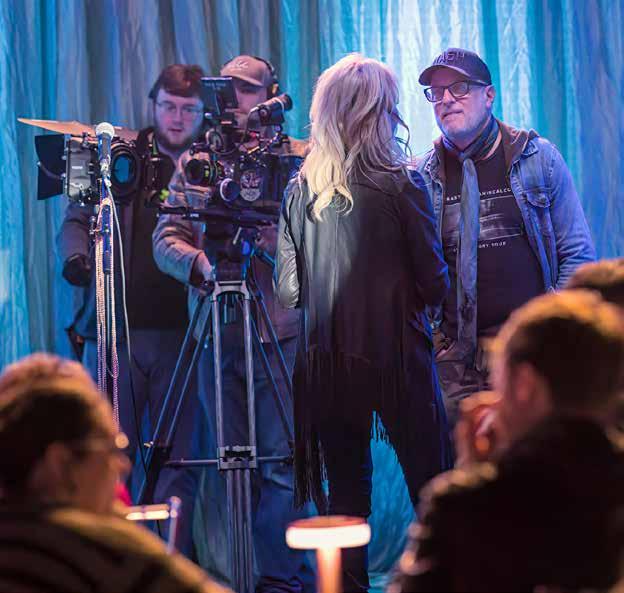

…we create a space that can easily transform into an event venue?”.
The answer came in the form of 10,000 square feet of contiguous space located next to our headquarters building. This now includes multiple studios and performance areas with state-of-the-art lighting, audio technologies and individual control rooms.
As a creative agency and event agency, we invested in the infrastructure to support our own production needs, while also creating a facility that could be utilized by other production professionals. This includes hardware and software technology that enables our designers and engineers to create the next generation of visual story-telling, through immersive virtual environments. We’ve integrated, a robust power and secured network infrastructure. We have soft spaces for clients to relax, including a lounge space to listen to a favorite vinyl or connect with their team.
From aesthetic design to technical logistics, The Studio Collection at GO West is the perfect space for creativity and innovation right here in Nashville.

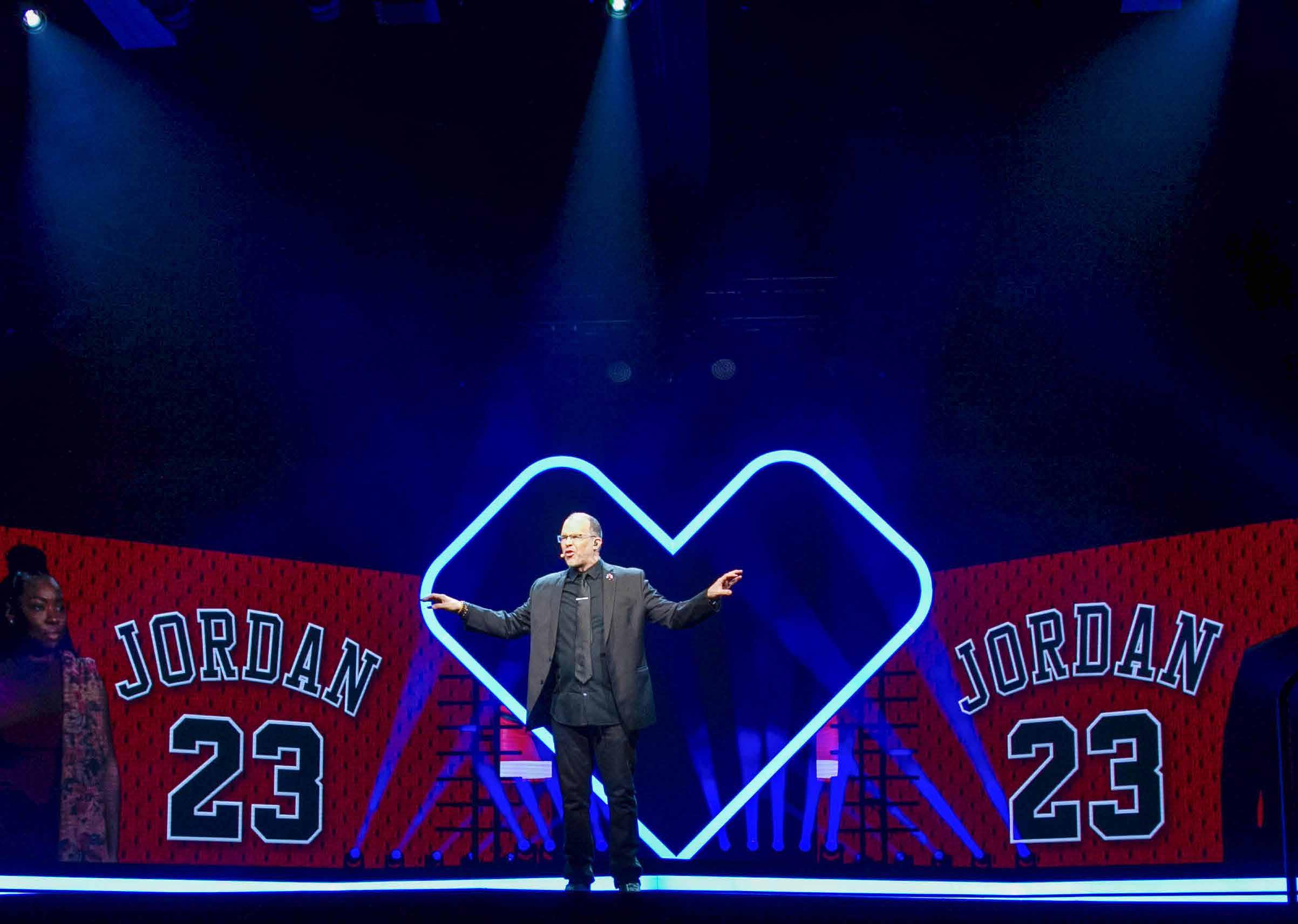
For the past decade, Spoken Cinema® has been a bit of Lightning in a Bottle for us here at Go West Creative. We have been able to bring stories to life in an unusual way by combining powerful words, immersive visuals and original music. Spoken Cinema® impacts the heart AND the head simultaneously, ultimately engaging your audience in a truly one-of-a-kind experience.
Acclaimed Spoken Word artist, Steve Connell, and Award-Winning Executive Producer, (GWC CEO & Chief Creative) David Fischette, have partnered together to create this innovative new art form, and together they are a powerful duo who take brand messaging to a place that is completely unexpected. With nearly 250 original pieces created in the past 10 years, it is a labor of love that allows each individual piece to speak directly to the audience before them.
Spoken Cinema® envelops spoken word poetry in dynamic custom motion graphics and an original cinematic score, all in synchronization, to create a bold and innovative experience. We pride ourselves on taking a vision and creating a unique moment in time that communicates that story to the target audience. Clients can choose between live performances or in-studio videos created for television, commercial use or for social media.
To ensure your message is transformational and unforgettable, let Spoken Cinema® tell your brand’s story in a way that the audience has never heard or seen before. Brand messages deserve to be unforgettable, and Spoken Cinema® is the innovative product to leave a lasting impression for all. Spoken Cinema® has created live and digital works on myriad themes across all industries and for such diverse companies as CVS, Salesforce, Sonic Drive-in, Dunkin’, Deloitte, Farmers Insurance, Aetna, Petco and many others.
The agency side of Go West Creative is truly boutique in nature. We provide great flexibility and agility. Our size gives us an advantage over larger agencies, because our time is spent investing in the client relationship. We listen and learn. The better we know your business, the better we can communicate to your stakeholders and customers. We care deeply about the work we create and about getting it right for our clients. In a world that is hyper-connected and overly saturated with content, we understand that captivating an audience needs to be strategic and surgical. We know that cutting through all the noise is important to capture attention, but it is the authentic content that communicates emotion or humanity that makes the message stick. That’s why we exist. To communicate the heart of what you do…not what you make, or the services you offer necessarily, but what it is that you really do…what do you do that makes the lives of our fellow man better, for a moment or for a lifetime? We are committed to help you communicate that story with power and excellence and we are always there for our clients, as we drive awareness to their brand.
We do not rinse and repeat. Each deliverable needs to be tailored to meet the brand. This is where we thrive. We lean on each other’s ideas. We believe in curiosity. And we constantly ideate and dream about the “what ifs” together. That is how our relationship grows internally and with our brand partners.
We want to make brands come to life through the power of creativity with highly effective and targeted mediums. Whether its data driven, innovative technology, or provocative experiential to wow the world, we are relentless in pursuit to surpass your ROI goals.
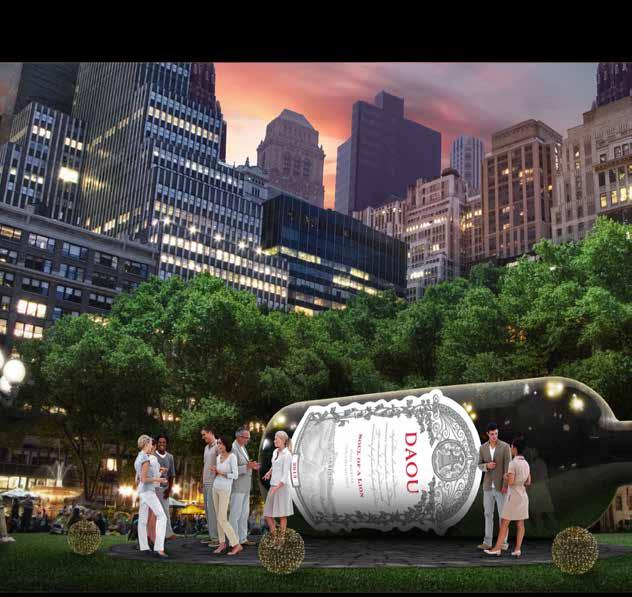



To us, your message is more than a story, more than words or art. It is the essence of who you are and who you want the world to see.
That’s the driving force behind our process. That’s what invigorates us as a team. That’s why we never settle and why it’s more fun to be extraordinary.
We could say that all of that gives you the full picture of who Go West Creative is…but it is not even close. This is just the tip of the iceberg. We are so much more.


When you are stuck and you need a new way of thinking, we encourage you to think about the courage and the commitment it took for the early settlers to load up all their possessions and their family in a covered wagon…hitch up the horses and head out in the direction of the sunset…they went West. And they created a
whole new path, a whole new future. Things were done in a way that they had never been done before.
We look forward to going west with you. Go
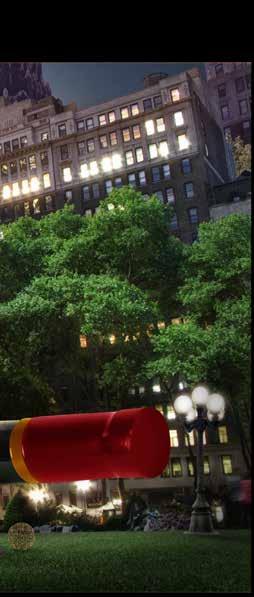
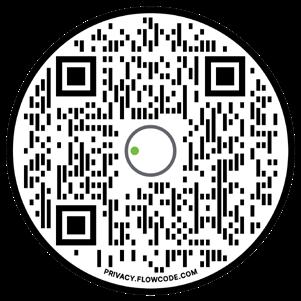
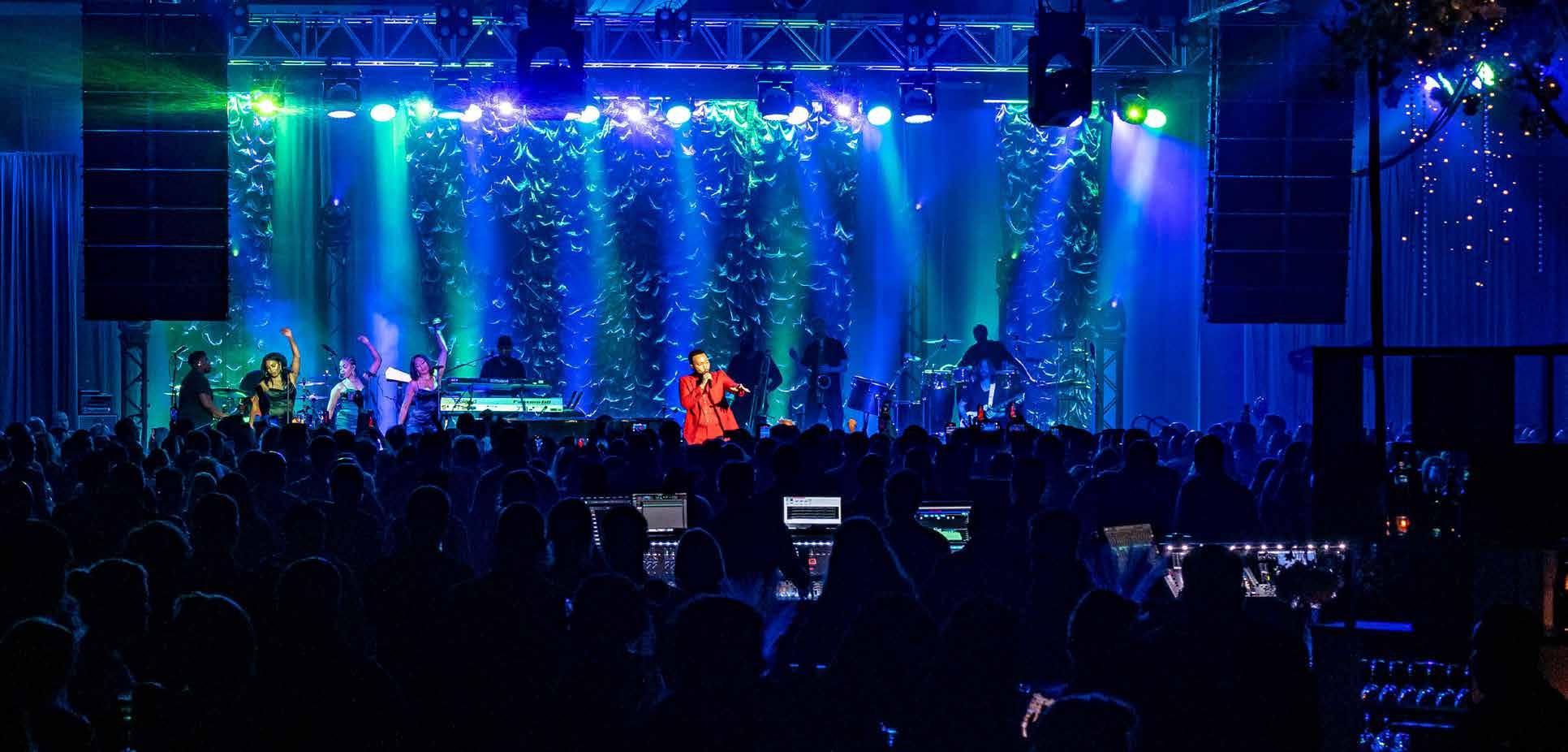

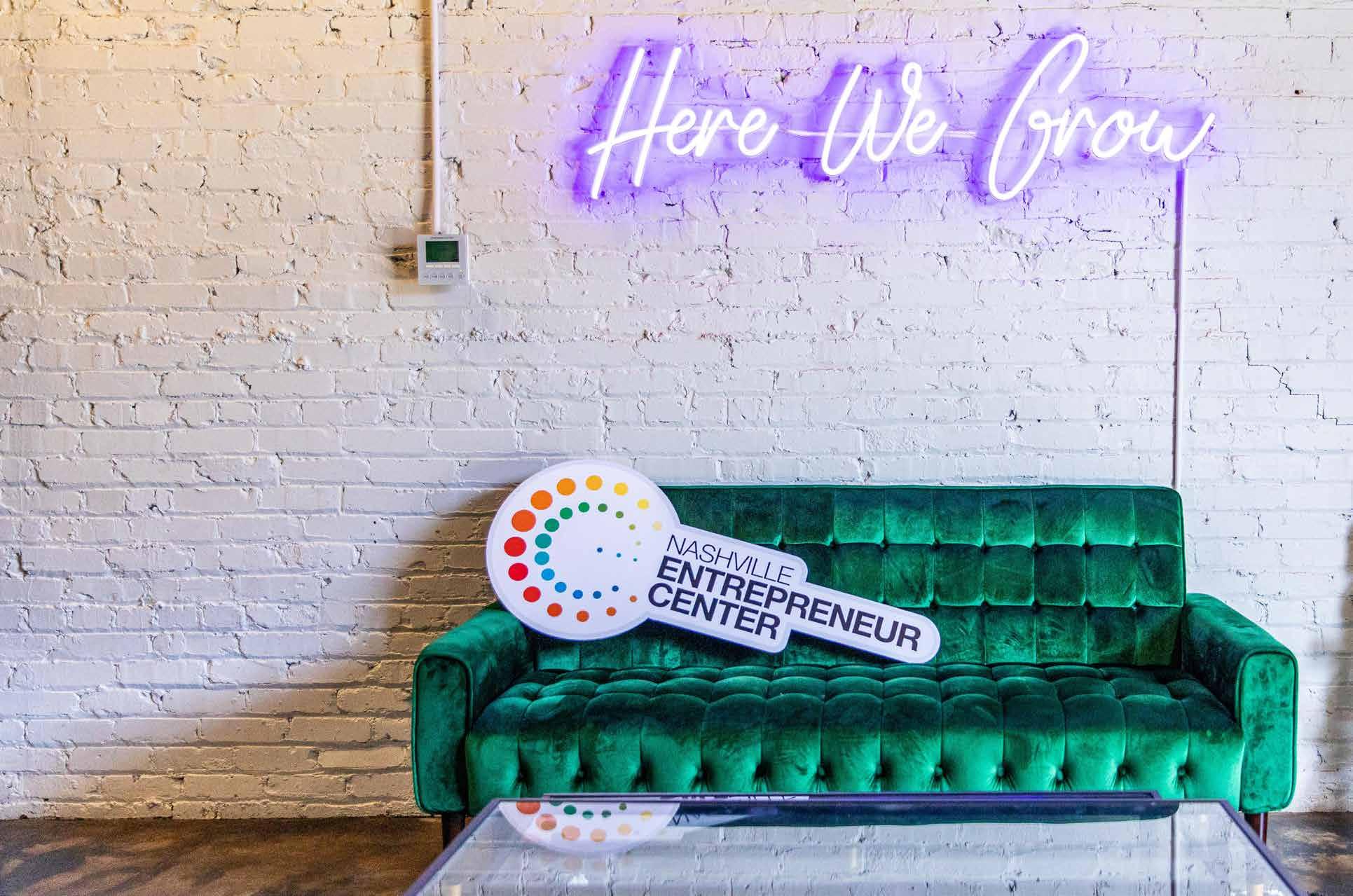
At the heart of innovation lies a problem and entrepreneurs are the needed visionaries that see a better way to live, work, or play. At the Nashville Entrepreneur Center, commonly known as “the EC,” we help entrepreneurs develop and build upon their business with an organizational vision to make our Nashville community the best place to start and grow a business. To realize this vision, the Entrepreneur Center helps to foster connections and collaborations across the larger Nashville entrepreneurial ecosystem.
As the “front door” to entrepreneurship, we have a pulse on the city’s entrepreneurial past, present and future. We walk alongside entrepreneurs at any stage of development, from start-up to post-exit, and in all industries. It’s our mission to equip entrepreneurs with the critical resources they need to increase their likelihood of success. We do that through our programs, services, and connections in a growing network of partners and supporters, and by sharing the stories of founders and entrepreneurial growth that are positively impacting Nashville’s economy.
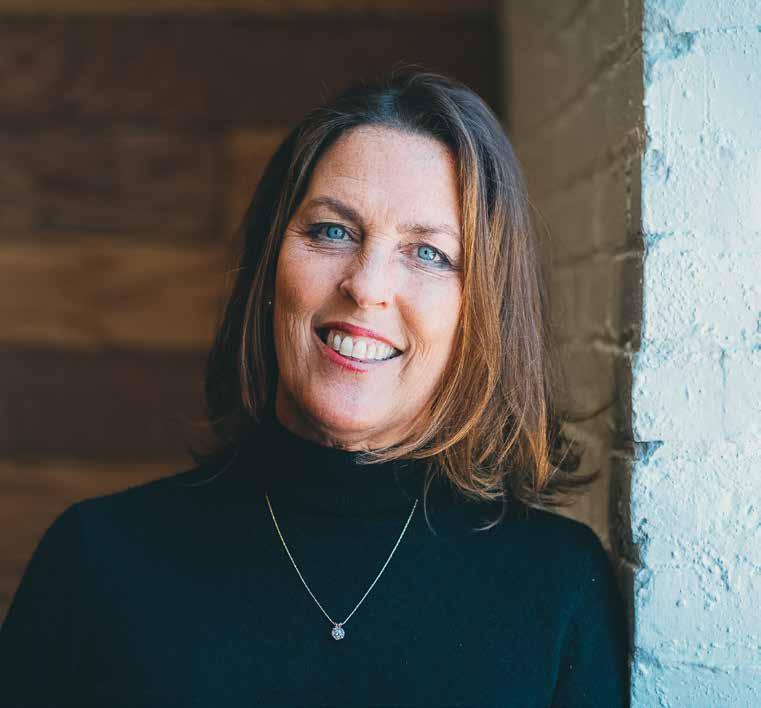
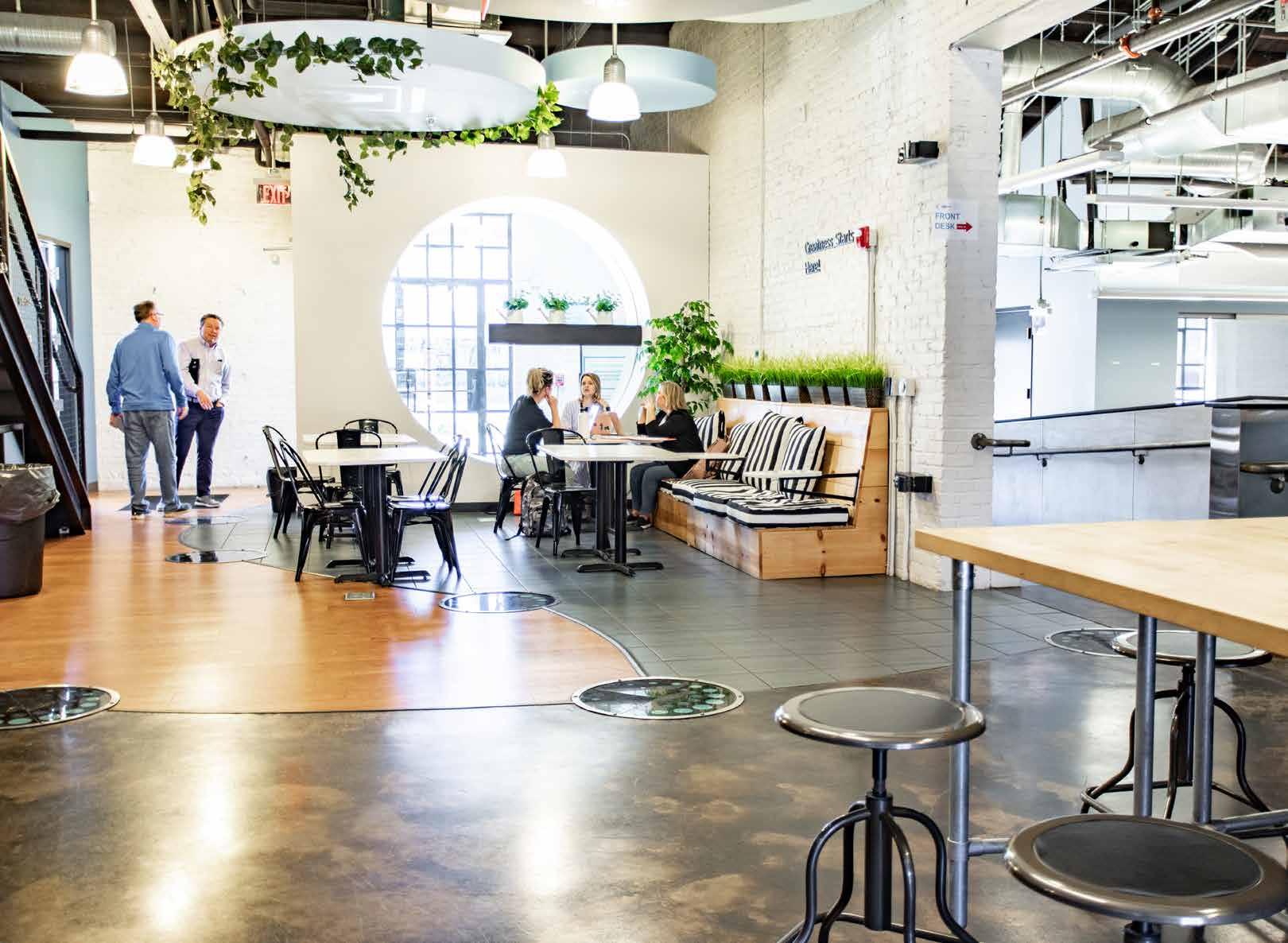
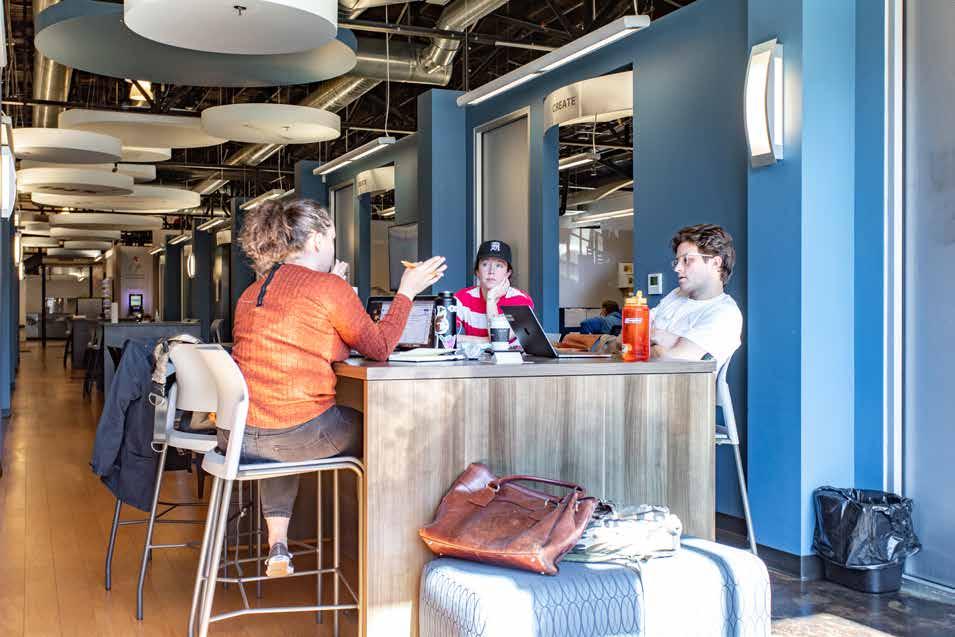
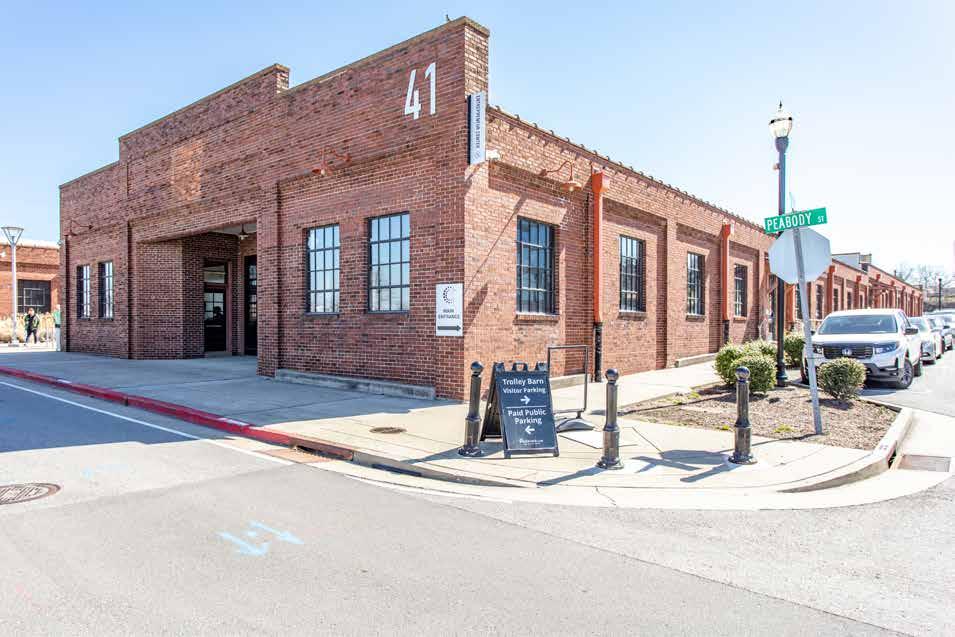

At the time, tech businesses were on the rise and needed access to customers, investors, stakeholder training, mentorship, affordable workspace, and a community to connect with others on the same path. The EC helps Nashville’s economy thrive by providing the means for communities to break the cycle of need by empowering founders and their businesses to create jobs, wealth, and economic growth for the city.
Many who choose to be an entrepreneur experience gaps in access to: Building a foundational business upon which to grow and scale
Mentorship
Assistance with evolving as the business grows

Funding
Today, Nashville is home to more than 53,000 businesses with entrepreneurial companies making up 23% of the city’s economy.
The EC’s suite of programs serves about 2,000 entrepreneurs annually. Our programs are designed to drive innovation for industry needs as well as to level the playing field through an intentional inclusive atmosphere that fosters opportunity for all founders, no matter who they are, what they look like or where they’re from.
founders and their businesses through our programs and memberships. We connect entrepreneurs with a variety of resources from potential investors/customers, experts who have “been there, done that,” to a handson curriculum on how to run a business. We also have a network of 300+ advisors in marketing, accounting, legal and human resources, and we offer workspace and events that bring our community together on a regular basis.
Setting our sights as the best place in America to start and grow a business, the Nashville EC has served more than 10,000 entrepreneurs. Of those, more than 800 of our high-touch program participants have raised above $319M in capital and generated more than $417M in revenue with successful exits of $100M+.
The Nashville EC helps increase entrepreneurs’ probability of success far beyond the 50% U.S. average rate of survival. In fact, 84% of those who have gone through our programs still employ people or have had successful exits. Today, we’re seeing the overall exit numbers culminate to an unprecedented boom with exits occurring at 14x growth in 2022 alone.
The EC is gaining critical mass in terms of our continued growth, the maturity of businesses we currently support, and the increasing attention on our one-of-a-kind Nashville community. This rise in momentum with founders across industries and sectors is incredibly exciting, and the series of recent exits validates our approach, programs, and expertise we’ve built since it was founded over a decade ago. If one is an entrepreneur in Nashville, the EC is an asset that can help them on their journey.
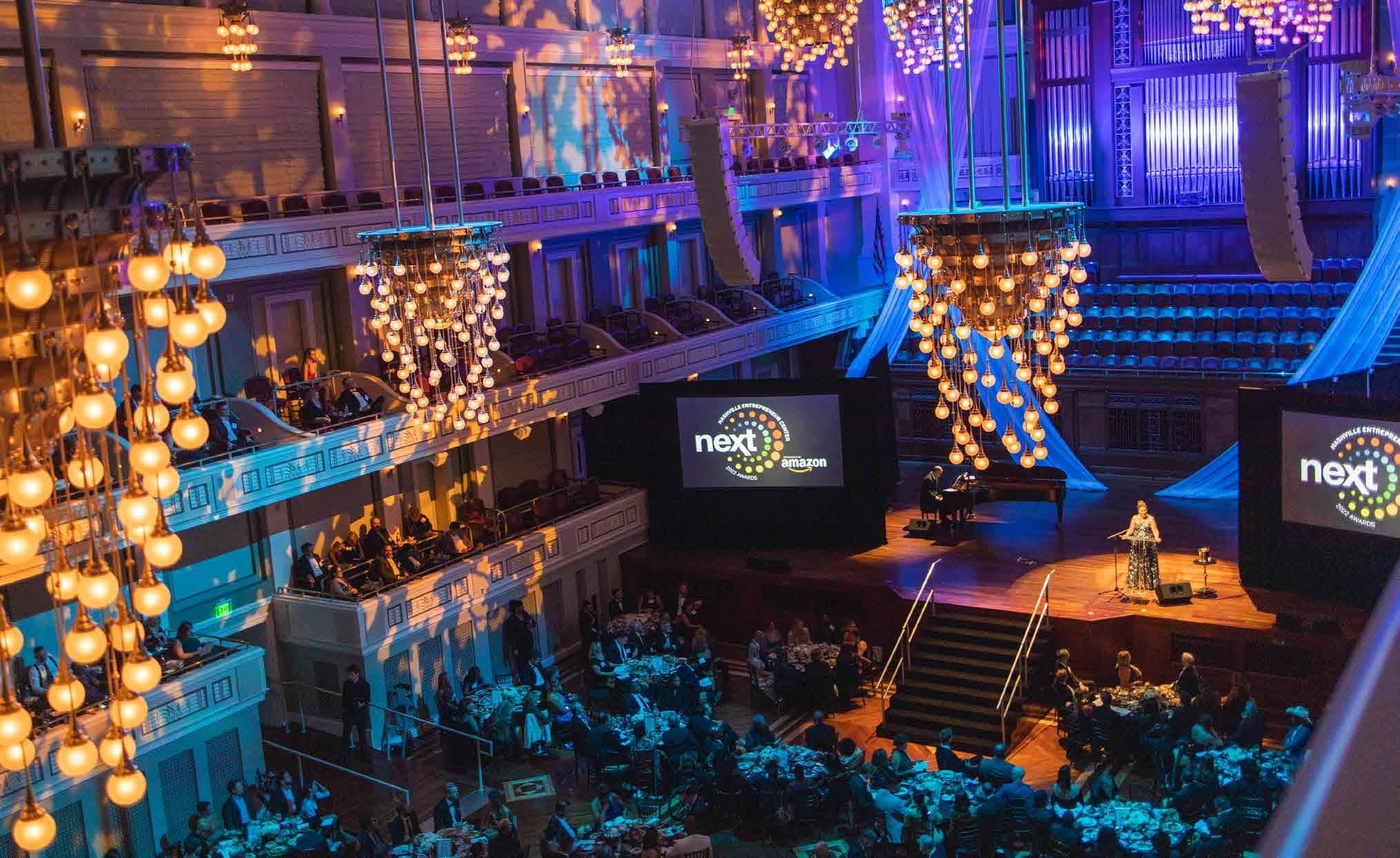

Our CEO, Jane Allen, believes that our greatest differentiators are the experienced people, especially those entrepreneurs who have had successful exits, who freely invest their time and talents into helping the next generation of entrepreneurs. Entrepreneurship is rooted in Nashville’s DNA and through our Circle Back podcast and Entrepreneurs’ Hall of Fame, we’ve become a platform for sharing the story of the Nashville entrepreneur.
Each year, an exceptional new class of lifetime achievers are inducted into the Entrepreneurs’ Hall of Fame and honored on stage at our annual NEXT Awards, an event where we recognize Middle Tennessee’s successful entrepreneurs who make a significant impact on the economy in Middle Tennessee.

The Hall of Fame honor celebrates Nashville’s most iconic entrepreneurs: those who demonstrate a remarkable aptitude for transforming vision into action. These exceptional founders not only shape individual lives, industries, and communities, but also help to foster the entrepreneurial spirit in Nashville, making an indelible mark on our city—past, present, and future. Inductees are included in the Circle Back podcast to inspire and educate the next generation of problem solvers–a generation that is driving innovation.
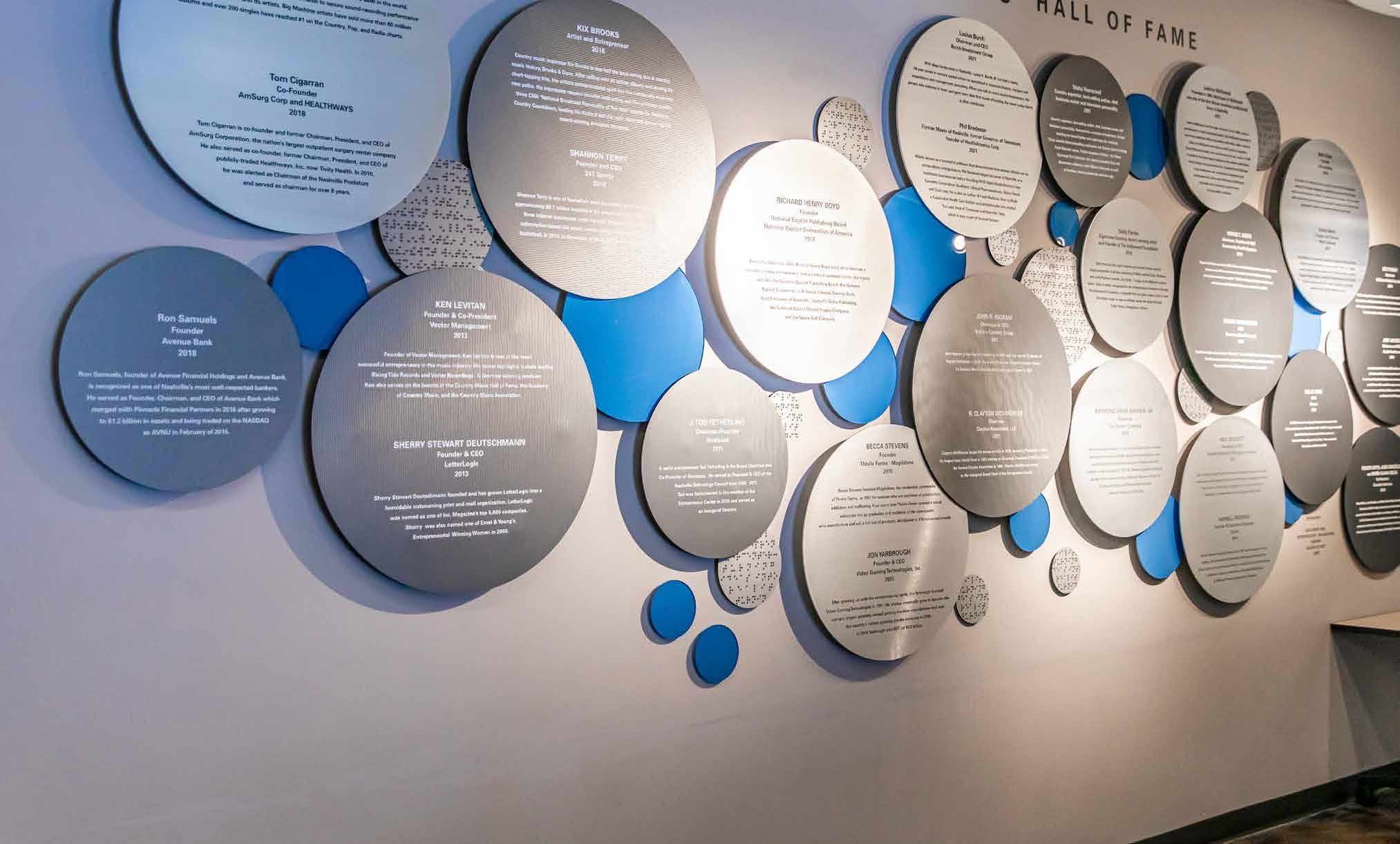
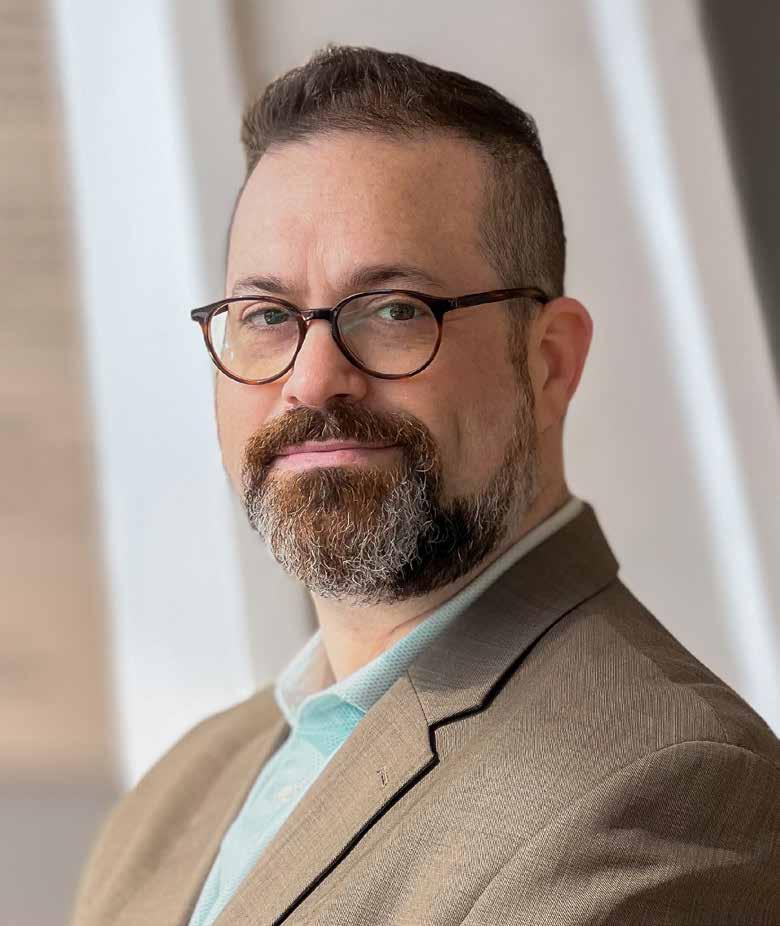
It’s all too easy to get swept up in the fervor of “innovation”.
In the polished, produced world of prime-time, venture capitalists drop seven figures into start-ups while founders celebrate exits. Like most things that reach a level of celebrity status in our world of “reality” entertainment, the true story isn’t what we watch on our screens.
Don’t believe it? Ask Jeff Bezos or Tom Clancy, who argue that overnight success takes “about 10 years.” Or, Eddie Cantor, who famously proclaimed that it takes twenty. Or Steve Jobs, who simply observed that “most overnight successes took a long time.”
Yet, that’s not the innovation culture we celebrate. We champion the “start-ups.” We celebrate the “exits.” We laud the “unicorns.” We praise the “disruptors.” Unfortunately, we tend to forget the “keep goings.”
In the process, and despite the rumors, innovation is neither fast nor polished. And, yes, it often disrupts. To quote Timothy Snyder, disruption implies “nothing can really change, that the chaos that excites us will eventually be absorbed by a self-regulating system. The man who runs naked across a football field certainly disrupts, but he does not change the rules of the game. The whole notion of disruption is adolescent.”
If you’re more inclined to listen to billionaire industrialists than Ivy League professors, try Charles Koch. He holds that innovation only comes through experimentation, failure, and “experimental discovery processes” that are “inevitable, and any attempt to eliminate them only ensures overall failure. The key is to recognize when we’re experimenting and limit the bet accordingly.” Spoken like a true innovator.
Today, we watch innovation materialize at breakneck speeds. And we often get fooled by the press and pageantry. Let’s not do that anymore. It’s time for a reset.
Innovation is not a dream. Innovation is not a result of funding rounds. Innovation is not celebrity-founder status. Innovation is not an award. Innovation is not photo-ops in front of step-and-repeat backdrops. It is the polar opposite.
Innovation is solving real problems. Innovation is effort and persistence. Innovation is systematic observation and measurement. Innovation is experimentation and reformulation. Innovation is testing and retesting. Innovation is modifying hypotheses and challenging assumptions. And, yes, innovation is messy and terribly inefficient.
“Innovation and progress happen when we allow ourselves to embrace uncertainty.” So says Simon Sinek, who aptly describes innovation as “seeing the light at the end of the tunnel and not walking away even though we’ve fallen a few times.”
I first moved here in the summer of ’78, when Nashville was a very different place. My family laughs each time we recount the story of my mother’s first trip here. Born in the Bronx and raised in Queens, Mom thought Nashville was populated by overall-wearing cowpokes riding in the back of pickups with bleach blondes in Daisy Dukes.
My father, a Boston native, convinced her to join him for a weekend trip after interviewing here. He assured her that he never saw a “Hee Haw” crowd when he had visited a few weeks earlier. So, reluctantly, my mother made her first trip to Music City only to break down sobbing when she stepped into the Nashville Municipal Airport and walked into a scene out of Altman’s 1975 opus. No one warned my parents that “Fan Fair” week (now CMA Music Fest) was underway. Neither would forget Fan Fair after that.
In the spring of ‘89, I graduated from Hume-Fogg Academic High and began college at Tennessee State University. Back then, Lower Broad was home to Service Merchandise, Tootsies, Gruhn’s Guitars, a plethora of souvenir, boot, and pawn shops, and the Classic Cat (or, as the HFA students of the late ‘80s called it, “the playground”). Jack Cawthon (Jack’s Bar-B-Que) recalled that, in the early ‘90s, downtown “was really a red-light district...you wouldn’t be caught dead on Broadway.”
Fast forward to May 2010. Nashville suffered what was reportedly the worst inland natural disaster in U.S. history. Some 13.5” of rain fell in 36 hours. Nearly 11,000 properties were damaged or destroyed, and 10,000 people displaced. Some 400 businesses closed for more than a year. Many never returned. Damages were estimated at $2 billion to private property and $120 million to public infrastructure. And the federal government designated more than 30% of the State of Tennessee a major disaster area.
I moved back in October 2010 after 20 years away to find piles of rubble and debris still lining the streets nearly six months later. Lower Broad was quiet. Bellevue, Pennington Bend, and Antioch were strewn with deserted homes and businesses left by owners who couldn’t afford to rebuild.
Yet, here we are. Thriving. Nashville innovated.
Today, led by our flourishing Lower Broadway entertainment district, Nashville brings in a whopping $7.4 billion annually in tourism alone. Median home values have risen 300% since 2010. For years, Nashville has seen 75-100 people permanently relocate daily as dozens of companies move headquarters here. And the growth is projected to continue well into the next decade.
An “overnight success?” Or a unified proclamation that “We are Nashville.”
For more than 20 years, I was privileged to lead teams of creatives and storytellers in the video game industry. I had a front-row seat to some of the most exciting technological advances in artificial intelligence, blockchain, graphics, 3d imaging, and advanced simulation. With games, innovation is everything. Innovation is the prerequisite to all else. The discipline to master.

After the Great Recession, many of my game industry peers, like myself, moved on to “serious” pursuits when the game industry contracted. These innovation experts entered the business world with a unique set of skills and introduced the rest of the world to design thinking, user experience (UX) design, achieving flow through game-based learning, agile methodologies, and rapid iteration. The direct impact of games can be felt in almost every vertical, including education, healthcare, automotive, aerospace, supply chain, sports, entertainment, and music. You know, Nashville’s most thriving industries.
And the game industry’s track record speaks for itself. Even during my own game career, I led or significantly contributed to the development of more than 40 titles from concept to shelf (each on or under time and budget). Each made a profit and, collectively, they generated nearly $500 million in revenue. Not bad for a few dozen games.
Start with fostering collaborative environments that emphasize learning and mentoring and help people perform at their natural best. Promote
safe spaces where teams can make more mistakes and fail early and often in the service of discovering great ideas and products. Sprinkle in the wisdom of my former professor, Jack Shea, and proclaim that “you don’t have to be different to be good because being good is different enough.” Amen.
In 2012, I stepped into a little experiment in innovation: the Nashville Entrepreneur Center. There, Michael Burcham cultivated a space for entrepreneurs to gather, learn, and grow. The EC didn’t take 10 years for its “overnight success” to put Nashville on the global innovation map.
The same can be said for the Wond’ry at Vanderbilt; the Nashville Business Incubation Center; Pathway’s Women’s Business Center; the entrepreneur programs at Vanderbilt’s Owen School and Belmont’s Massey College; Belmont University College of Law (my alma mater); the Nashville Technology Council; Nashville Software School; Pivot Technology School; and countless other organizations that innovate to build up and give back.
That’s why I’ve volunteered for nearly 10 years as an advisor/mentor at the EC, the Wond’ry, BEST, and elsewhere.
It’s working with the “keep goings” that excites me the most. That’s why at Boon Legal – a firm of entrepreneurs for entrepreneurs – we serve clients with innovative legal solutions borne from experience. We build relationships. We listen and learn. We embrace technology and efficiency. We offer flat-fee pricing for every project from formation to M&A. We don’t charge clients to have a conversation. And we offer monthly legal plans to allow entrepreneurs to innovate with confidence.
And we do it in a city of innovation, right here in Nashville.
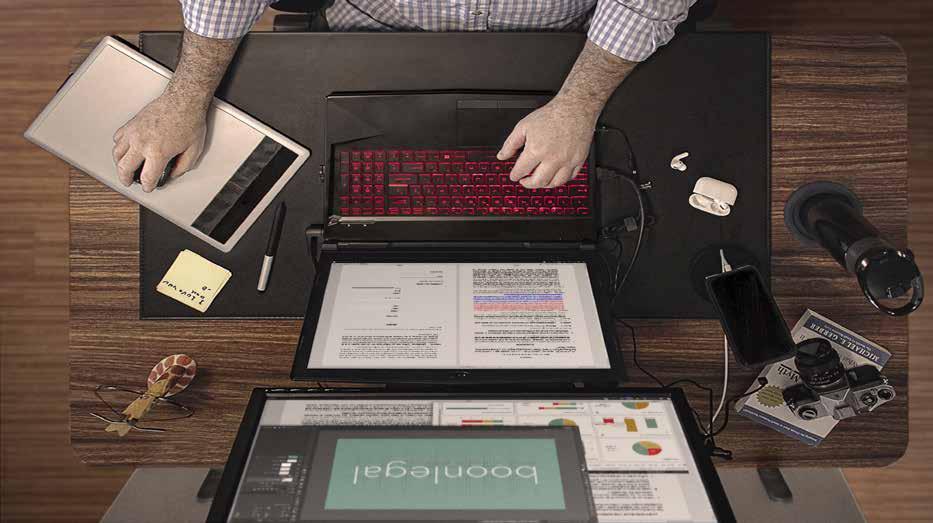

In 2018, Build In SE was launched with a mission to increase the number of startup success stories in the Southeastern U.S. by leveraging a collaborative, cross-regional network.
Headquartered in Nashville, Tennessee, Build In SE defines the Southeast as a collection of 10 states including Alabama, Florida, Georgia, Kentucky, Mississippi, North Carolina, South Carolina, Tennessee, Virginia, and West Virginia.
Co-founders Monique Villa and Grace Huefner met after relocating to Nashville and quickly found a shared interest in community building and impact initiatives, each having worked for non-profits as volunteers, employees, and board members. Monique’s background in venture capital combined with Grace’s background in consulting and media entertainment provided a cross-industry opportunity to build something new.
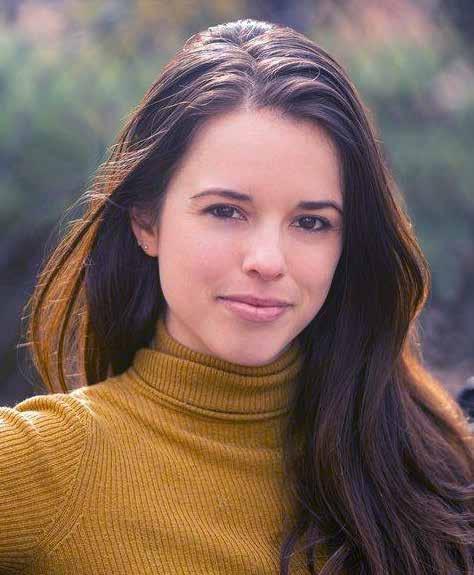
After completing a driving tour from Nashville to over a dozen emerging startup ecosystems in the Southeast, Build In SE launched with an initial focus on research, published resources for startup founders, and hosted events. The core of Build In SE’s purpose is to foster collaboration across the region to build a more connected community in support of entrepreneurs choosing to build in the Southeast (#BuildInSE).
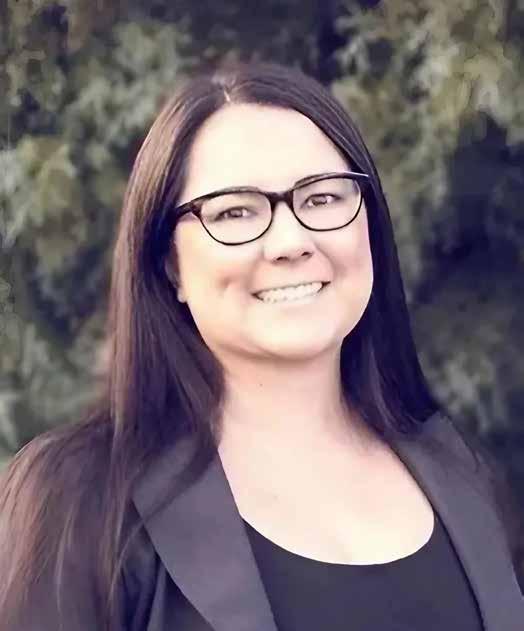
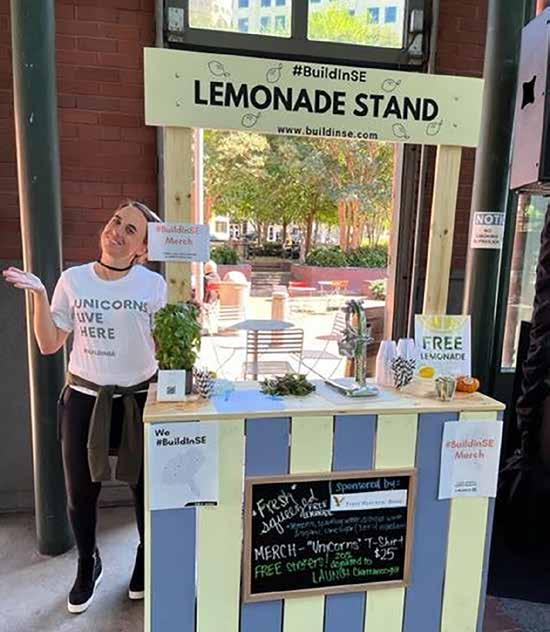
Since launching, Build In SE’s team launched several regional initiatives, produced over 25 events, curated 60 investor-founder meetings for the Southeast CEO Summit, and published over 40 online resources for the Southeast, including:
Annual Southeast Capital Landscape - a tool to help founders and entrepreneurs identify active venture capital firms throughout the Southeast, produced in partnership with Tampa-based Embarc Collective
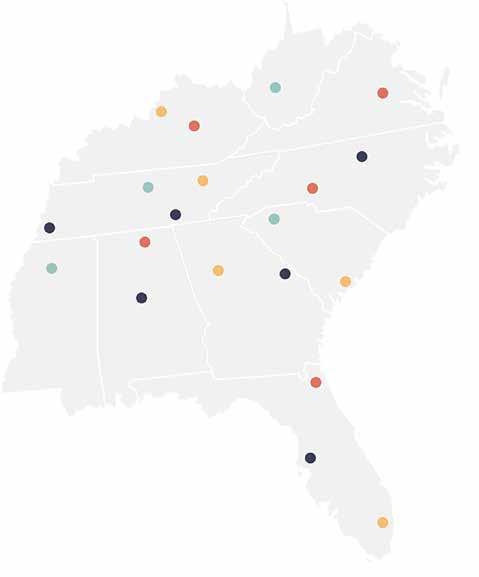 Monique Villa, Co-Founder, Build In SE
#BuildInSE’s Pop-Up Lemonade Stand at Chattanooga Startup Week
Monique Villa, Co-Founder, Build In SE
#BuildInSE’s Pop-Up Lemonade Stand at Chattanooga Startup Week
WISE (Women Investors in the Southeast) - bringing together a growing community of women investors based across the Southeastern U.S. with monthly deal flow calls, curated annual dinners (Comfort Food + Conversation during 3686 Festival) and breakfast events (Women in VC Coffee Chat during Venture Atlanta), and an online community
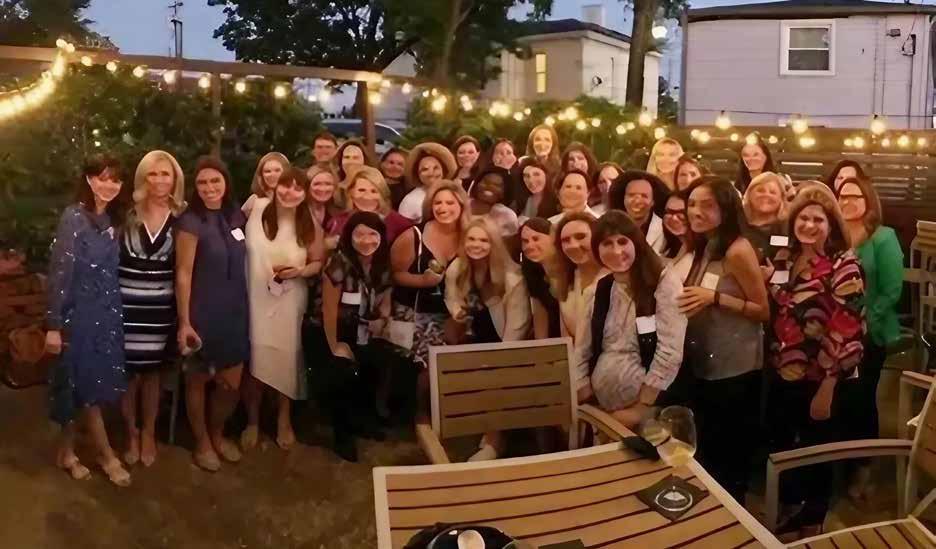
#BuildInSE Founder Dinners - a curated, invite-only dinner series for CEOs and founders building growth-stage startups in the Southeast Tech Ecosystem Guides - guides for each of our cities to accelerate access to the Southeast, created by Build In SE’s team of Ecosystem Curators (local experts in cities across the region)
SE Exit Database - a growing database and analysis for the region to highlight the remarkable home-grown startup success stories
SE Accelerators - a growing database of Southeast-based accelerators that help entrepreneurs to build, market, and ultimately find funding for their startups
#BuildInSE Alliance - a curated network of the Southeast region’s leading organizations providing brick-and-mortar space, programming, and networks for local startups
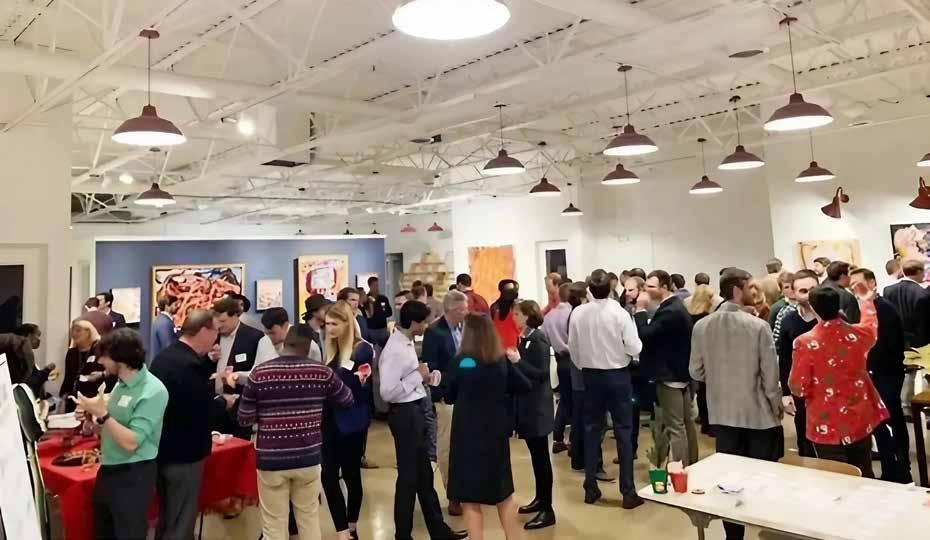
#BuildInSE Pop-Up Lemonade Stand - a mobile initiative launched during Chattanooga Startup Week to serve fresh lemonade and connect with local startup founders, funders, and supporters
These initiatives were made possible by Build In SE’s team members from all across the Southeast (listed in alphabetical order): Beca Ramón, Charlton Cunningham, Colleen Flynn, Chris Redd, Dan Holahan, Ellie Puckett, Emily Elia, Emily Jerkins Hall, Genesee Semon, Jalen Hatton, Jordan DeTar, Kathy Quigley, Kelly Reeser, Kristen Ostro (Strategic Advisor), Ryan Pellegrino, Sasha Pines, Sean McCroskey, Topher Price, and Virginia Sauer.
In 2020, Build In SE partnered locally with Nashville Entrepreneur Week and AllianceBernstein to launch Nashville Tech Gives Back – an annual charity drive (#615TechDrive) and gatherings bringing together tech leaders with the greater purpose of giving back to our neighbors in need. In 2022, Build In SE partnered with local startup communities StartupNash and NashTech to raise funds for charities and host events for Nashville’s tech ecosystem. More information can be found online: nashvilletechgivesback.com
Are you a founder, funder, ecosystem builder, or just love the SE? Whether you are an SE native who never left, maybe left and came back, or are a newcomer, what matters most is your choice to #BuildInSE. Join us: buildinse.com

Build In SE, Inc. is an entirely volunteer-led organization and, as of 2022, is a registered Benefit Corporation in the State of Tennessee.
We all know that innovation fuels business, and that innovators are adept at spotting synergies, disrupting technology and industry, and seeing patterns and opportunities that others do not. What many do not know is they have another talent not often tapped.
It seems that innovators everywhere have an eye for spotting awesome, boss, cool, copacetic, down, excellent, fab, fantabulous, first-class, first-rate, grand, hot, heavenly, keen, out-of-sight, peachy, phat, primo, radical, righteous, stellar, stupendous, topflight, top-notch [insert name of activity here].
Since we were creating a book about innovation that would eventually be read by hundreds, or even thousands, of business people traveling to Nashville, we thought we’d harness that energy on their behalf.

So we asked the participants of INNOVATE Nashville to point us to the most unique places in the city where a visitor would find something to be remembered. We received more than 100 suggestions, but we had room for only 44. In most cases, we chose the ones that were unique to Nashville itself, or that were one-off locations, venues, businesses, etc. (rather than chains). We had only so much room for giving them all some love, so we went for the ones who might appreciate it the most.
While you’re in the fair city of Nashville launching companies, visiting with funders, looking for partners, serving clients, and so on, please be certain to mix in a bit of pleasure by visiting “The Best of Nashville” as well.
They’ll love to see you, and you’ll take away some unique memories.

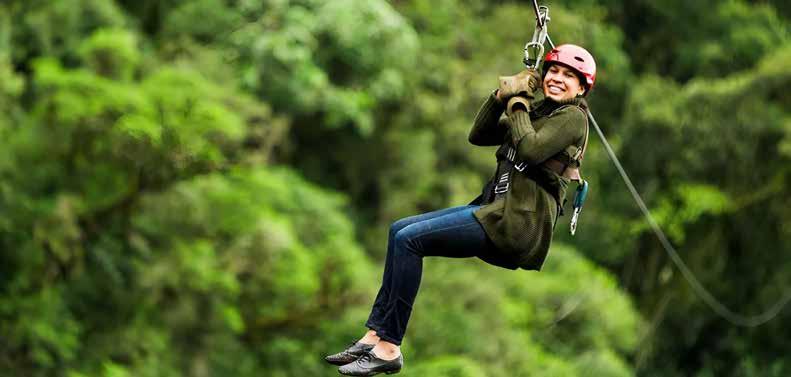 Nominated by: Teresa Wu and Yesi Sevilla
Nominated by: Teresa Wu and Yesi Sevilla

Fun Factor: 5 Stars
Why: Flying through the forest!
Flying through a forest 80 feet above the ground is thrilling. As an outdoor activity, canopy tours and ziplining don’t come more fun than Adventureworks. Its two locations in the Nashville area bring the excitement of amusement park rides with the supreme scenic beauty of a forest adventure unlike any other.
While Adventureworks offers great family fun – and excellent walking trails – the star of the show is undoubtedly the 1.5-miles of ziplines. Dangling above the forest floor may seem unsafe, but you’re bedecked in loads of safety equipment – but it still takes a leap of faith to step off the platform to fly between the trees at speed. This activity is a tried and trusted team-building experience, ideal for companies, organizations, or teams looking to add more zip to their creativity.
That’s why ziplining activities offer excellent interactive team-building sessions. Adventureworks has honed its sessions to deliver experience-based training and development for team bonding, problem-solving, and enhancing collaboration. Their signature team-building programs include scavenger hunts, rescue challenges, escape rooms and ‘co-opetition’ experiences.
This outdoor activity is also more than just adrenaline-fuelled fun: it focuses participants on environmental awareness and respect for nature, helps to empower local people, creates positive experiences, and shows how being ‘green’ and using natural resources efficiently and responsibly can make for sustainability.
adventureworks.com
Nominated by: Mark Deutschmann, JJ
Rosen and Greg JonesEspresso Strength: 5 Stars
Why: Must try the Mother Teresa ‘NunBun’
Mark Deutschmann shares this about his favorite coffeehouse in Nashville: “It is Nashville’s first authentic ‘coffee shop’ in the new era and is home of the Mother Teresa ‘NunBun.’ Bongo Java is too cool to franchise.”
Bongo Java is Nashville’s most popular coffeehouse, operating since 1993 in the popular Belmont/Hillsboro Village neighborhood. It is synonymous with artists, students, musicians, and freelancers and is filled with a creative spirit.
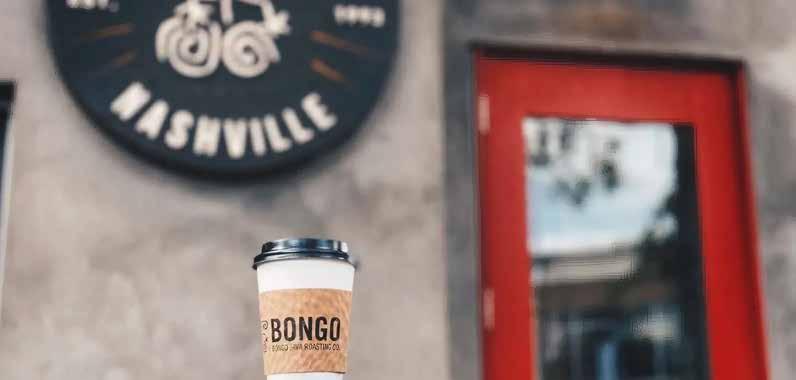
The coffeehouse is a meeting place for the young and old, coffee lovers and passersby. All of its coffee is 100% organic and is purchased from small farmers and cooperatives at prices above the Fair Trade minimum.
The “NunBun” is a cinnamon delight that kinda looks like Mother Teresa. Take a bite, and it is just as sweet too. This confection has since become a worldwide sensation (and meme) – and the coffeehouse even received a letter from Mother Teresa asking them to stop using the image of the “NunBun.” A crazy –yet true – story. It can only happen in Nashville.
Three locations are operating around Nashville, but the original on Belmont Boulevard is the go-to for the authentic experience. All serve up the same excellent roasted goodness.
bongojava.com
Nominated by: Kevin Jones and Deanna Meador
Espresso Strength: 5 Stars
Why: Must try the Golden Monkey signature coffee
Frothy Monkey is a coffeehouse that is renowned as THE all-day café, specialty coffee roaster and wholesale bakery in Nashville. It has been in business since 2004 and has won “Best Coffee Shop” accolades nearly every year since.
It is a great hangout for those looking for an all-day breakfast menu, lunch, dinner, alcoholic beverages, and a kids’ menu. Food and drinks are made from scratch, meaning mouth-watering freshness, original recipes, and thoughtfully sourced ingredients from regional farmers and producers whenever possible.
From its original location in the 12 South neighborhood, Frothy Monkey has sprouted three other shops around Nashville, as well as opened cafes in

Nominated by:
 Mark Deutschmann
Mark Deutschmann
Fun Factor: 5 Stars
Why: Flying through the forest!
Mark shares why he recommends Radnor Lake State Park: “It is close to the heart of the city and shows how connected our city is to nature (which is why so many people from dense locales are moving here). See the new Bald Eagle pair when you take a hike around the loop.”
It is an oasis for nature lovers in Nashville – and a must-see on any visitor’s (and resident’s) activity list. Owls, eagles, herons, waterfowl, amphibians, reptiles, and mammals, such as mink and otter, abound in Radnor Lake State Park.
Stop to smell the flowers, too. There are hundreds of species of wildflowers, mosses, fungi, ferns, trees, and more that not only add to its picturesque beauty but maintain its ecological diversity.
Franklin, Chattanooga, Knoxville, and further afield in Birmingham, Alabama. It also operates BAKERY by Frothy Monkey and Frothy Monkey Roasting Co. in Nashville, which wholesale supplies its goodness to its coffeehouses and other establishments in the region. The BAKERY provides preservative-free and artisanal baked goods, beautiful (and healthy) wedding cakes, and custommade occasion cakes.
Kevin Jones, Deanna Meador and Dr. Natalie Curcio recommended the Frothy Monkey. The Avo Toast was a favorite of the Frothy Monkey’s salads that were also mentioned.
frothymonkey.com
Radnor Lake State Park is a 1,368-acre park with fantastic wildlife and wildlife-viewing opportunities, environmental education programs, hiking, and picnicking. It has 7.75-miles of trails, with pets, running and cycling (only allowed on the Otter Creek Trail) allowed on the trails. A special trail, the Lake Trail, is accessible to people with all-terrain wheelchairs.
Activities at Radnor Lake State Park include ranger-led programs, such as canoe floats, wildflower walks, astronomy night hikes, nature hikes, and programs on snakes and birds of prey.
tnstateparks.com

Closed to Automobile Traffic Since: 1998
Why: Best cityscape views from the Cumberland River
Mark Deutschmann shares his reason for loving the John Seigenthaler Pedestrian Bridge: “This pedestrian bridge crosses the Cumberland River and offers one of the best views of the Nashville skyline up close.”
This lovely bridge, only open to foot traffic since 1998, connects downtown Nashville to the suburbs of East Nashville. When walking across the bridge, you’ll be able to count 48 spans, including four steel trusses and two reinforced concrete trusses. Interestingly, the spans over the old Tennessee Central Railroad tracks (now called CSX) are the only concrete trusses in the state of Tennessee.
The bridge is 3,150 feet long and does boast the best views of downtown Nashville. It is an excellent location for night-time photography and is popularly seen in country music videos. In fact, Big & Rich’s hit song “Save a Horse (Ride a Cowboy)” was shot entirely on this bridge. Scenes from Dolly Parton’s music video for “Together You and I” was also shot on the bridge.
The bridge was originally named the Shelby Street Bridge after construction was completed in 1908, but it was renamed the John Seigenthaler Pedestrian Bridge to honor journalist and civil rights advocate John Seigenthaler.

The John Seigenthaler Pedestrian Bridge was added to the National Register of Historic Places in 1998.
Nominated by: Dave Owens and Yesi Sevilla

Weight of the Bronze Doors: 7 tons
Why: Serves as Nashville’s art museum ’
created as part of the Tennessee Centennial and Exposition held in 1897 to commemorate the state’s 100th anniversary of its admission to the Union.
During the 19th century, Nashville was regarded as “The Athens of the South” thanks to its plentiful colleges and universities. It was highly regarded for its education – and still is.
The Parthenon is listed on the National Register of Historic Places. It is located at Centennial Park in the heart of the city and is unmistakably the world’s only full-size replica of the ancient Greek temple in Athens. It was originally

It also contains a full-scale replica of the Statue of Athena. This 42-foot-tall sculpture is housed inside the Parthenon, and is the tallest sculpture of its kind in the Western Hemisphere.
Inside the Parthenon, you’ll also see 63 oil paintings by American Impressionist artists dating from 1765 to 1923. These were donated from James M. Cowan’s personal collection.
One of the most fun and energising sporting events you can have in Nashville is cheering on for the home side, Nashville SC, at Geodis Park. Nashville SC is a Major League Soccer team, playing in the biggest North American soccer leagues since 2020. Interestingly, one of the soccer club’s owners is none other than actress Reese Witherspoon.
The soccer-specific stadium is a 30,000-seater at the Nashville Fairgrounds. Apart from being the home and training grounds for its soccer teams, Geodis Park is one of America’s premier sports and entertainment destinations. It features a 360-degree canopy, a 65-foot-wide shared concourse, and a safestanding section. It hosts music concerts, conferences, and holiday parties.
Nominated by: Marty Paslick (HCA Healthcare)
Goals Scored in 2022 : 52 goals
Why: Home to United States’ biggest soccer stadium
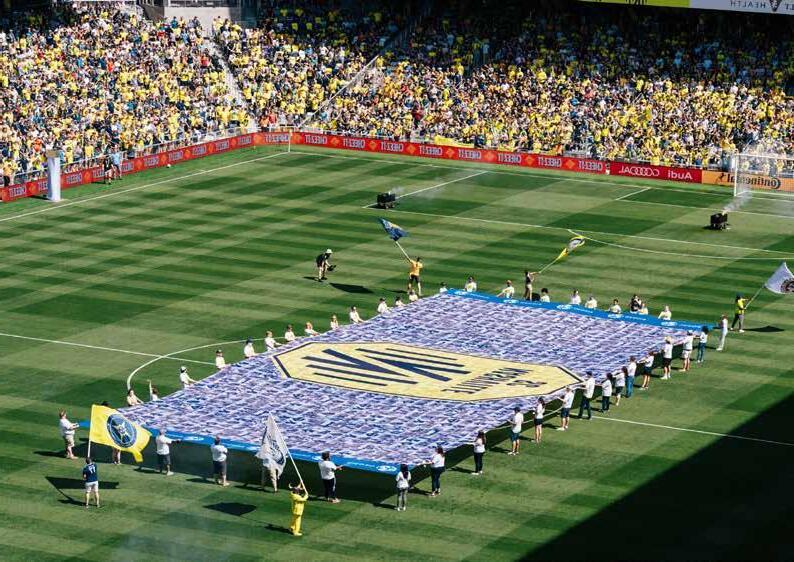
While you’re watching a soccer game, take time before or after to check out Geodis Park’s art installations. It houses 58 original Nashville works of art around the stadium’s facilities from 38 local artists. Cementing its cultural footprint, the National Museum for African American Music, the Cash Museum, Hatch Show Print Gallery, and Delgado Guitars contributed to the collection of artworks on display.
nashvillesc.com
Why: Named after the city’s association with the music industry

The Nashville Sounds are a Minor League Baseball team playing in the International League and the Triple-A affiliate of the Milwaukee Brewers (Major League Baseball team). The baseball team has its home ground at First Horizon Park.

The Minor League Baseball body recently announced that the team’s manager, Rick Sweet, was named International League Manager of the Year 2022. The team won the league and division title in 2022, giving home fans much to celebrate.
Interestingly, Nashville’s professional baseball history can be charted back to 1884 with the Nashville Americans, who played at the historic Sulphur Dell ballpark.
The stadium of the Sounds can seat 10,000 fans. Nashville players inducted into the National Baseball Hall of Fame for this club include Trevor Hoffman, Barry Larkin, Hoyt Wilhelm, and Tim Raines.
As legendary as the name Nashville Sounds, the team’s mascot is a rooster called Booster. He is a play on “boosting” the team’s morale and on Nashville’s prized delicacy, the Nashville hot chicken.
The team started the Nashville Sounds Foundation in 2004 as a 501(c)3 non-profit organization to help bring the Nashville community together in times of struggle. It uses baseball to bring about positive effects through social responsibility, education and the power of sport to transform the lives of its citizens and community.
Bonnaroo: It is Creole slang for “Good Stuff.”
Why: 150+ musicians on 10+ stages
The Bonnaroo Music and Arts Festival is an annual cultural event that takes place just outside Nashville. It is a premier music event, with 150-plus musicians performing for the thousands of music and art lovers that flock to the event.

There are 10-plus performance stages, four campground party barns, and all-night entertainment and food. That’s not all: The Bonnaroo Music and Arts Festival also hosts yoga sessions, art installations and classes, 5k runs, and a craft market.
The Bonnaroo Music and Arts Festival’s mission is to become the greenest such event, and it has sustainability and greening projects to realize these goals. It has set up a non-profit organization, the Bonnaroo Works Fund, to enact real-world change. This fund has so far raised $7.8 million for deserving
organizations in the area and has donated to over 50 projects over the fund’s 12-year existence to date.
Big-name artists to have performed at the festival include Mumford and Sons, Lionel Richie, Jack White, Eminem, Billy Joel, Widespread Panic, Pearl Jam, Bruce Springsteen, Jay-Z, U2, Nick Cave, and Radiohead.
This four-day music and arts festival grows from strength to strength each year!
bonnaroo.com
Nominated by: Yesi Sevilla

What: More than 300,000 people attend this Independence Day festival
Why: Music City lives up to its name with this celebration!
This outdoor music extravaganza caters to a broad audience of tastes, from country music to hip hop, rock, and rap – and classical music, thanks to the Grammy-winning Nashville Symphony. The main stage is held in Downtown Nashville, and the Nashville Symphony performs at the Ascend Amphitheatre. The parties don’t end when the music stops and the fireworks end: Downtown Nashville rocks with energy for days afterwards.
The Let Freedom Sing! is a celebration of the United States’ Independence Day in the best way Nashville can show: music. Downtown Nashville comes to a halt with performances from the biggest names in music, large fireworks shows, and even performances from the Nashville Symphony in time to the fireworks displays.
The line-up over the years has seen Old Dominion, Gramps Morgan, Cassadee Pope, Levi Hummon and Wendy Moten.
It is not only a celebration of Independence Day but a celebration of Nashville. Tour the city’s music scene, take in performances by outstanding artists, and enjoy the delicious food in the city’s many award-winning restaurants.
visitmusiccity.com/july4th
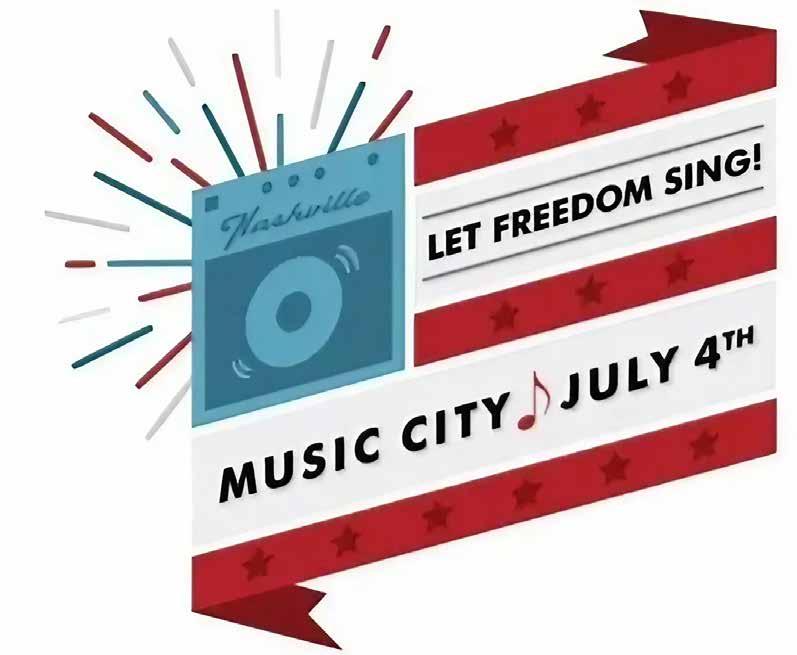

Opened in: 2011
Why: Co-owned by novelist Ann Patchett
Parnassus Books is beloved by many in Nashville and is a favorite haunt of Yesi Sevilla, who recommended this bookstore. She said: “Parnassus Books is an independent bookstore for independent people located in Nashville. It is co-owned by novelist Ann Patchett and has been in business since 2011.”
While Parnassus Books stocks an extensive selection of books ranging from nonfiction, fiction, children’s, arts, history, sport, and more, it is also a treasure trove of books written by local authors. It has also positioned itself as a meeting place for writers to connect with one another and with readers and for readers to connect with books. It also hosts many literary events, lectures, book signings, and more at the store.
Ann Patchett won the prestigious PEN/Faulkner Award in 2002 and the Orange Prize for Fiction in 2002 as well for her novel Bel Canto. She’s penned 13 books to date, all in the fiction genre. Recommended titles include The Magician’s Assistant, Bel Canto, Taft, Run, Commonwealth and Lambslide.
parnassusbooks.net
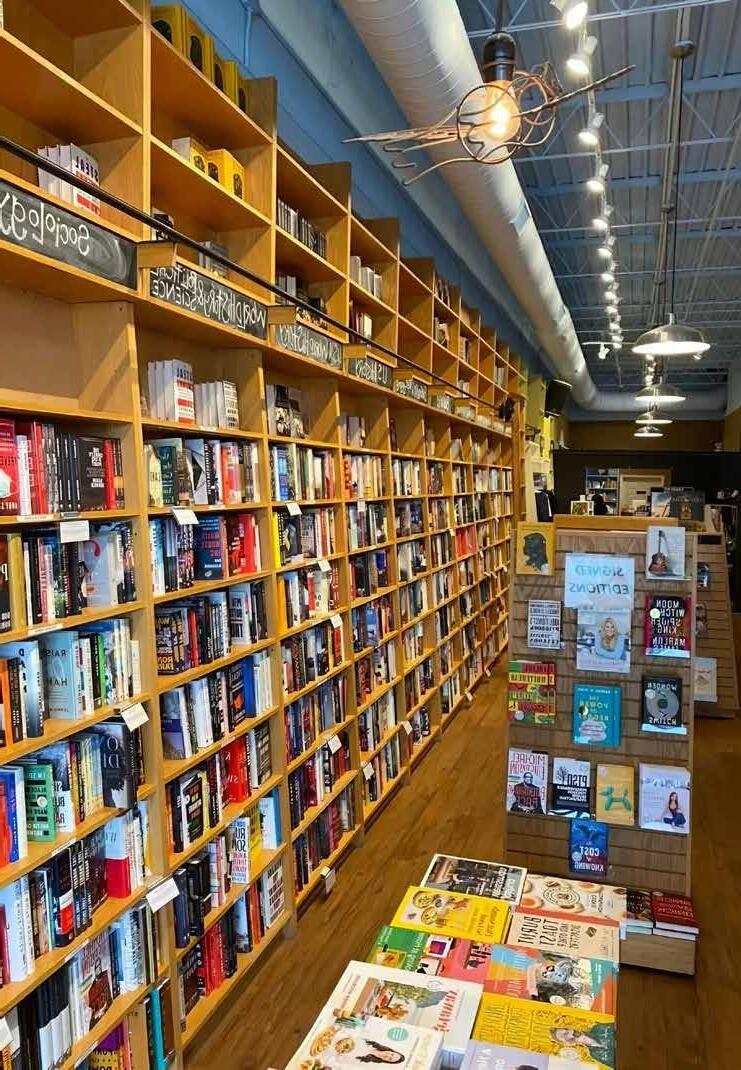
Nominated by: Natalie Curcio and Mark Deutschmann
Opened in: 1982
Why: The home of country music culture in Nashville
The Bluebird Cafe is a world-famous music location, often recognized as the hub of country music in the United States. Over the past 40 years, it has helped to bring talented musicians to the fore, such as Garth Brooks, Faith Hill and Taylor Swift.
It is synonymous with Nashville and country music and has starred in numerous TV shows, documentaries and films over the decades.
The Bluebird Cafe is a listening room with a wonderful “SHHHH!” policy during performances. Mark Deutschmann shares why he loves the Bluebird Cafe: “It is the best place to hear writers in the round, and was essential in creating and maintaining the brand of Music City for Nashville.”
It still has an “open mic” policy for emerging artists to share their love for music. Monday nights at The Bluebird Cafe are Open Mic Night for writers who haven’t played at The Bluebird Cafe before and writers from out of
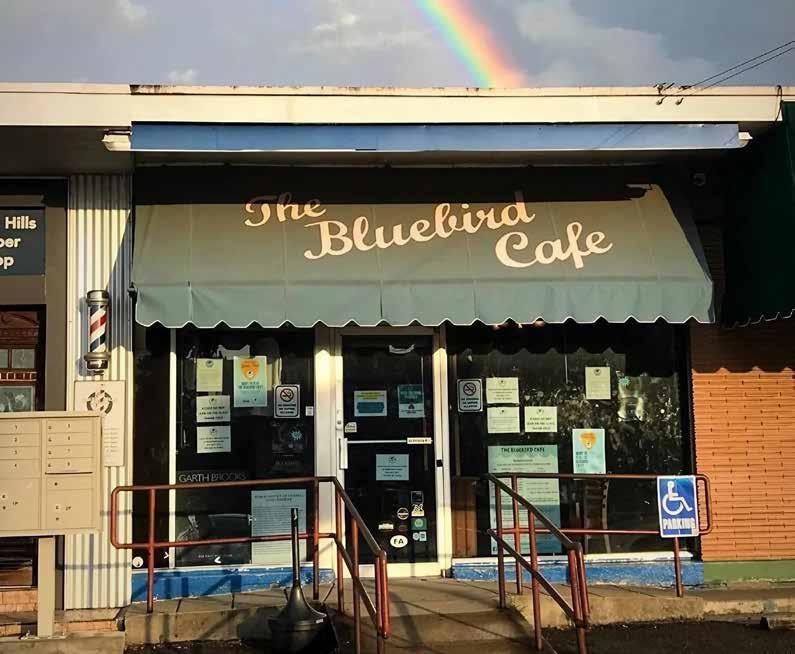
town. You can meet other artists at the venue, hone your craft, and have a wonderful evening’s entertainment.
The Bluebird Cafe has an events calendar of upcoming local and international artists. Check the listings to plan for your next night out in Nashville.
Nominated by: Yesi
 Sevilla
Sevilla
Opened in: 2002
Why: 554 cars to drool over
The Lane Motor Museum was opened in 2002 by Jeff Lane. An automotive enthusiast all his life, Jeff wanted to share his passion for all things motorized, and display his prized collection of vehicles that are technically significant or uniquely different. Today, it inspires people to collect and preserve automotive history.
This is a working museum, meaning that all of its displays are in perfect running order. Most are preserved in showroom condition, while others show a patina from their age. There are 554 cars, 75 motorcycles, ten flying machines, 13 floating vehicles, 51 bicycles, eight exhibits, and one military vehicle in the vast collection.
The museum’s standout vehicles are a 1935 Adler Trumpf Jr, a 1968 Alfa Romeo Spider, a Berger Rocket Powered Car from 1948, a 1960 BMW 700
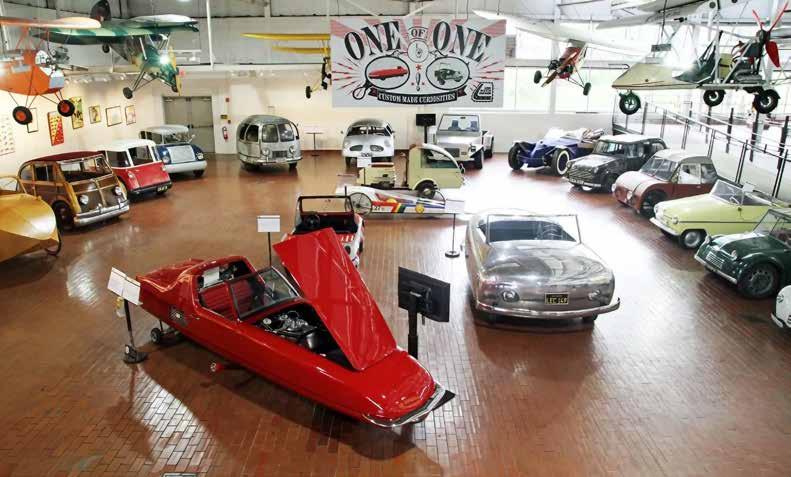
Sports Coupe, a 1961 Chevrolet Corphibian, a 1986 Peugeot 205 GTI, a 1983 Porsche 911 SC, and a 1956 Volkswagen Beetle.
There’s a little something special at every turn in the Lane Motor Museum. Fans of bicycles are in for a treat, too: the collection includes some of the first mountain bikes ever made, a range of BMX bikes, prototype racers, and even historical pieces such as a Dursley Pedersen bicycle for 1894.
lanemotormuseum.org
Nominated by: Natalie Curcio
Opened in: 1889
Why: It was the former home of the 7th U.S. President, Andrew Jackson
occupies 1,120 acres of pristine lands in the greater Nashville area and is a National Historic Landmark site today. Interestingly, the mansion was gutted by a severe fire in 1837, but Jackson oversaw the reconstruction to return it to its former beauty before his death in 1845.
The Hermitage was Jackson’s most prized residence. It is a fantastic glimpse into the life of a former president and the way of life in Nashville in the middle 1840s. You can also walk through the estate’s gardens, grounds, and the family’s cotton plantation.
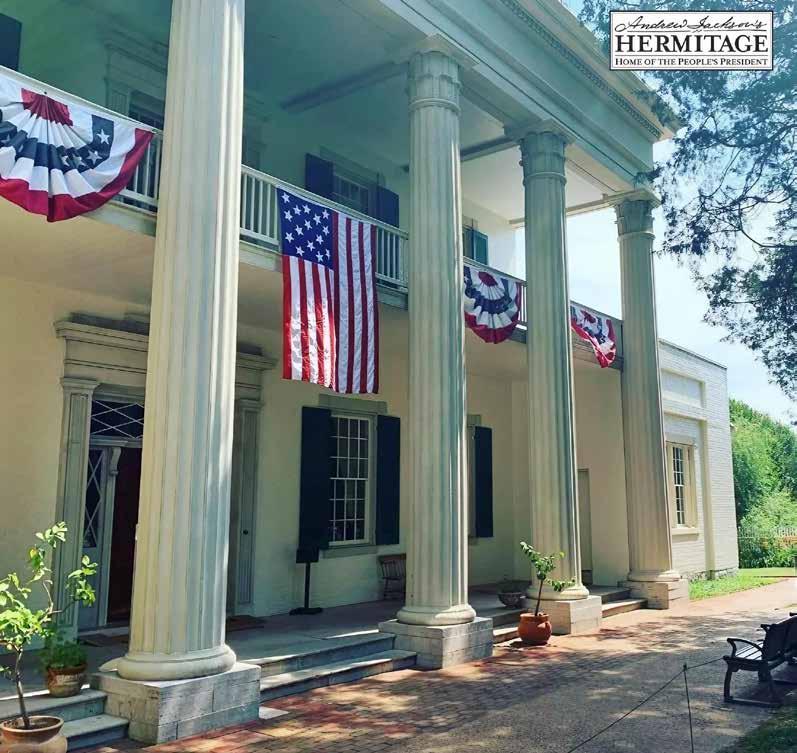
At the Hermitage, you can step back into history by looking into the life and times of the United States’ seventh president, Andrew Jackson.
It was the former president’s residence from 1804 until he died in 1845 and has been open to the public as a museum for more than 130 years. The estate
Around the corner is the Jackson’s Tomb, where he visited Rachel’s tomb daily in the gardens until his death. He is laid in the tomb beside Rachel and other Jackson family members in the tomb.
thehermitage.com
An Avid Catalina aircraft hangs from the ceiling, as do a few prized Mignets, including the awesome Mignet HM.14 and Mignet HM.293.Nominated by: Yesi Sevilla and Natalie Curcio
What did it invent? America’s first combination candy bar
Why: It is Nashville’s official candy company
Did you know that Nashville is the birthplace of America’s first combination candy bar? The Goo Goo Cluster has brought tons of flavor to the candy market – and changed the industry overnight.
Way back in 1912, Mr Howell Campbell and Mr Porter Moore oversaw the creation of the combination candy bar. The recipe has stayed pretty much the same over the decades, featuring caramel, marshmallow nougat, freshly roasted peanuts and real milk chocolate.
The Standard Candy Company operates a storefront at its factory premises. For true fans of the Goo Goo Cluster, this is a must-try stop in Nashville. While here, you can design your own candy bar, and tag along for a Chocolate
Nominated by:
 Greg Jones and Deanna Meador
Greg Jones and Deanna Meador
Mission: Healing women to be thriving survivors
Why: Every sale helps women survivors heal
Thistle Farms is a beacon of hope for women survivors in the Nashville area. Its mission is to help women survivors overcome and heal from systems of prostitution and exploitation. Through the manufacturing and sales of handcrafted products, it helps to support the Thistle Farms’ mission to heal as many women as possible.
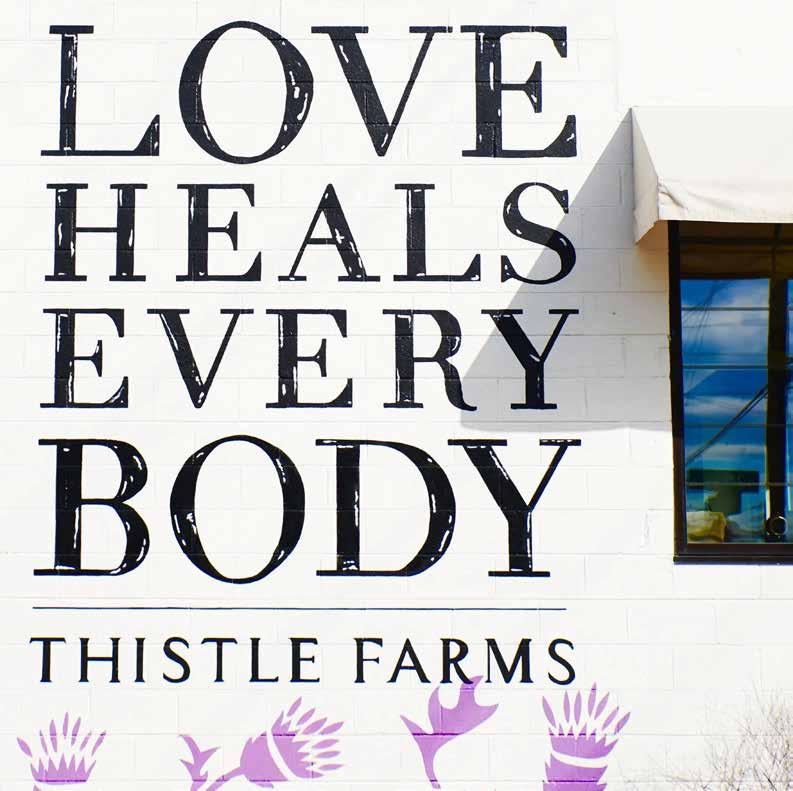
It is part of a network of social justice enterprises that help to uplift those in need of help. Thistle Farms supports these women, even providing them with two years of free housing, healthcare and trauma therapies, employment, and community projects.
Products available from Thistle Farms include candles, body and spa products, essential oils, décor items, apparel, jewellery, and bags.
Thistle Farms has been in operation for 25 years, serving first as a home and sanctuary for women survivors and then as a helping hand to enable them to become financially self-supporting through employment programs.
Experiences tour of the history of chocolate making in Nashville – and make your own candy bar in its kitchen. It also hosts tastings, chocolate-making classes, and more.
The shop also offers apparel, merchandise, chocolates and treats, and Goo Goo Clusters in original 3-count boxes for an authentic gift unlike any other. There’s much to love about this sweet spot in Nashville – and it is such a home-brewed success story!
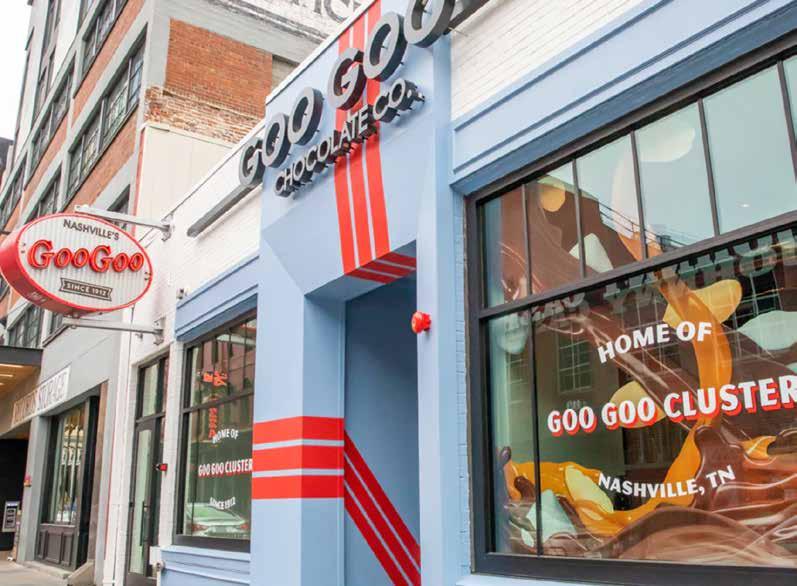
googoo.com
The Shop is beautiful, and the Café serves delicious treats at 5122 Charlotte Pike.
thistlefarms.org
Nominated by: Kevin Jones

What: Real Tennessee BBQ!
Why: Nashville’s best BBQ!
Kevin Jones nominated the Peg Leg Porker, calling it the “best for BBQ!” The Peg Leg Porker is a family-owned and operated restaurant and catering company that specializes in Tennessee-style BBQ. Carey Bringle is the pitmaster and has been supported by his wife, Delaniah, since its opening in 2013.
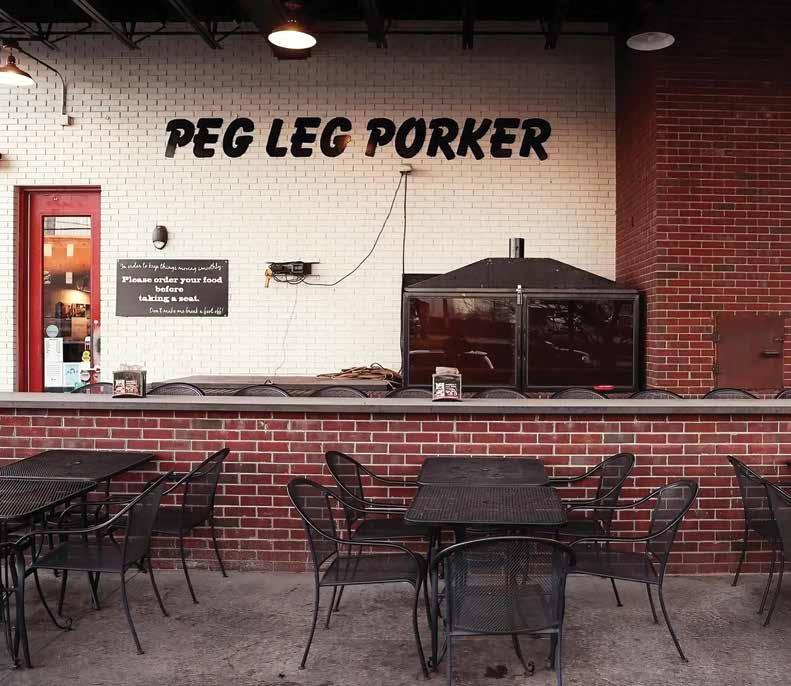
This eatery has won numerous awards for its dishes, and pitmaster Carey has been asked to cook at the prestigious James Beard House twice and has worked alongside top international chefs too.
Not only do they serve up the best BBQ in Nashville, but the Peg Leg Porker has also brought out its own line of bourbon whiskey, the Peg Leg Porker Bourbon Whiskey. It was awarded the Gold Medal at the San Francisco World Spirits competition in its first year and followed that with a Double Gold Medal for its Peg Leg Porker 12-Year-Old.
The catering arm of the business keeps the kitchen very busy. It offers an “On Time Guarantee” to deliver the best BBQ on time, every time. It, too, has won awards, such as the Best Of EZ Cater in 2017.
peglegporker.com
Nominated by: Natalie Curcio and Yesi Sevilla
What: 71 years of biscuits
Why: Top Down-Home Dining Spot
Back in 1951, Lon and Annie Loveless opened their cafe on Highway 100 outside Nashville, making Southern dishes for travellers and diners. Annie’s made-from-scratch biscuits are now some of the best in America. The Loveless Cafe has become a Nashville landmark – and has served more than half a million guests from its kitchen. The Loveless team makes 10,000 biscuits, every day.
The Loveless Cafe offers gift shops for visitors and tourists and two event spaces where guests can enjoy timeless Southern hospitality and mouthwatering dishes.
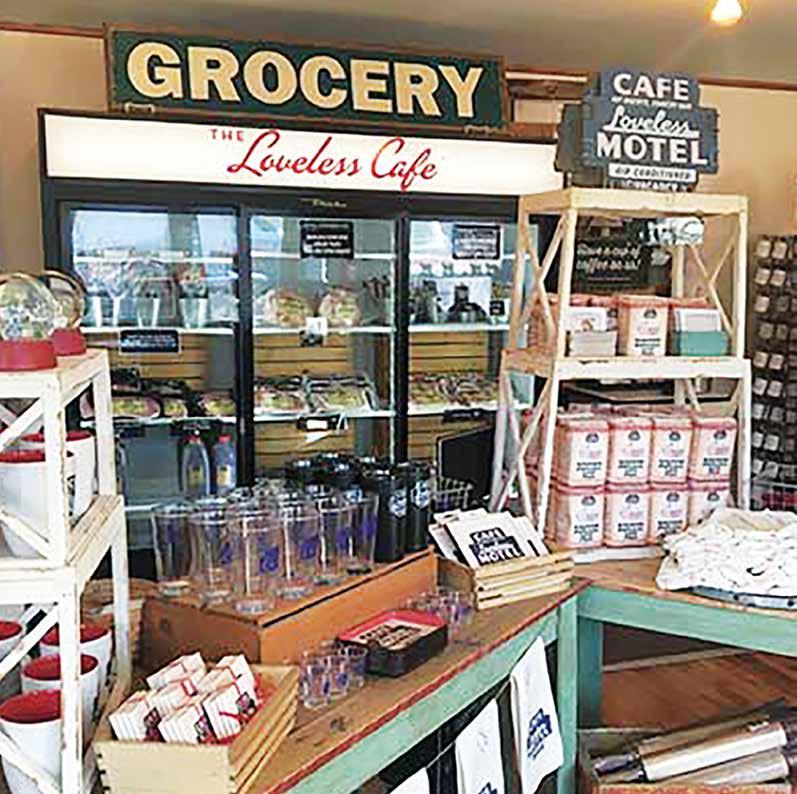
Ellen DeGeneres, Martha Stewart and The Today Show have all brought their cameras to the Loveless Cafe over the years, and the Southern favorites continue to be served hot. Try their sandwiches, Country Ham platter, the Loveless Cafe Fried Chicken, and pulled pork BBQ, too.
The Loveless Cafe has been in business for more than 70 years. USA Today recently named it the “Top Down-Home Dining Spot” and one of the “10 Greatest Places to get a Southern-style Biscuit.”
lovelesscafe.com
Blackstone Brewery Co. has been in business serving up craft beers in Nashville since 1994. It is the city’s oldest and most award-winning brewery, too. In 2011, it built a brewing and bottling facility. It is a 30-barrel brewhouse. The Blackstone TapHouse has 16 beers on tap.
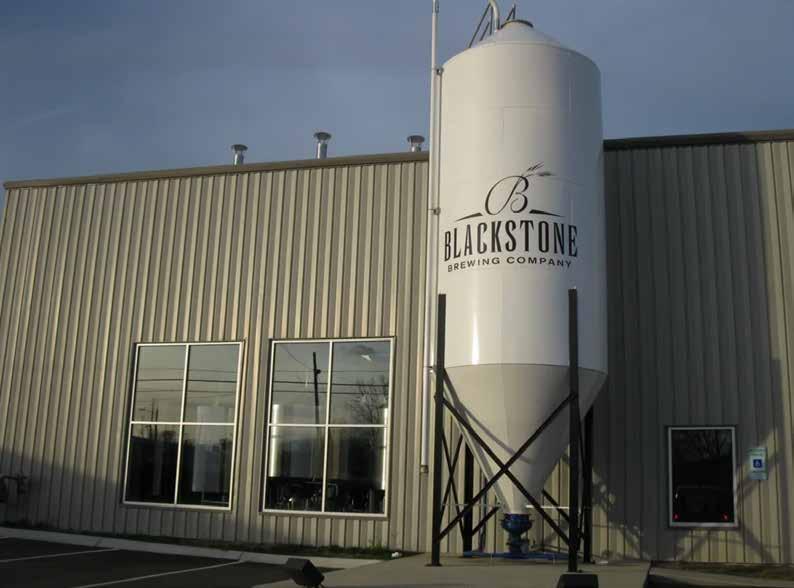
The location has a 1989 Ford School Bus that serves as its Food Bus. It has been fully retrofitted with a kitchen to create burgers, fish, and other tasty meals.
Nominated by: Dave Owens Brewing since: 1994
Why: Award-winning beers!
The golden liquid is the drawcard – and the Blackstone Brewing Co. doesn’t disappoint. It has claimed a string of awards for its craft bears, such as medals at the Great American Beer Festival and the World Beer Cup. Some of its beers have won overall awards, including its HopJack, Session Player IPA, St Charles Porter, Fancy Boy, and Ex-Girlfriend Sour Ale.
Its St Charles Porter has scored gold, silver and bronze medals since 1996 at the Great American Beer Festival and World Beer Cup, and the same can be said of the Nut Brown Ale and Chaser Pale beers.
blackstonebeer.com
by:
 Yesi Sevilla
Yesi Sevilla
How many beehives? More than 30!
Why: It harvests from more than 30 beehives located in Nashville.
Honeytree Meadery is the premier apiary and meadery located in Nashville. It bills its business as “Economy + Ecology + Education” to produce quality craft meads through environmentally-sustainable processes.
It is popular with Nashville’s residents and attracts tourists for its special drink. The Honeytree Meadery’s mission is to share the ancient beverage with a new audience, while retaining the age-old spirits of kinship and reverence for nature that comes with apiaries and meadery.
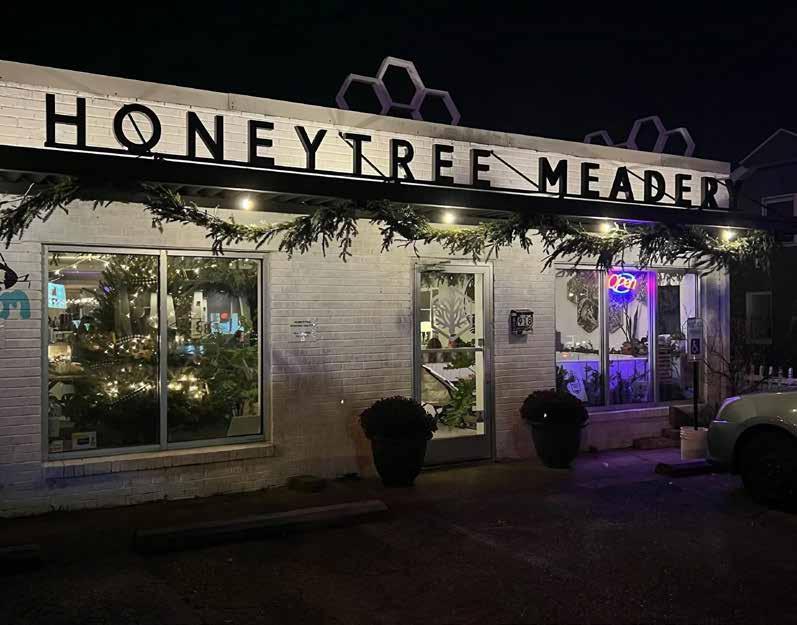
Mead is recognized as the oldest type of alcoholic drink in history. It was concocted long before even wine and beer were invented – by thousands of years. It is made from three simple ingredients: honey, yeast and water. It is then fermented and mixed with other flavorants, such as fruit, hops, grains, spices or others, to give it a unique and distinctive taste.
Patrons can enjoy Honeytree Meadery’s wide selection of craft meads, including the Basic Batch, Bouquet Toss, Sweet Baby Ginger, PS I love You, and their Signature Series. Each is also available for order for home deliveries.
The venue is available for indoor and outdoor events, too.
honeytreemeadery.com
Nominated by: Teresa Wu
Founded in: 2016
Why: Play the Frankenstein Game!
60 Minute Escape is a family-owned and operated business that aims to bring top-tier entertainment for individuals, groups, and families.
It has three Escape Rooms to choose from: The Fallout; Frankenstein; and Pharoah’s Chamber. Each is passionately detailed to exacting standards, with different degrees of difficulty and scariness. Beautifully built and devised, these are fantastic games to play!
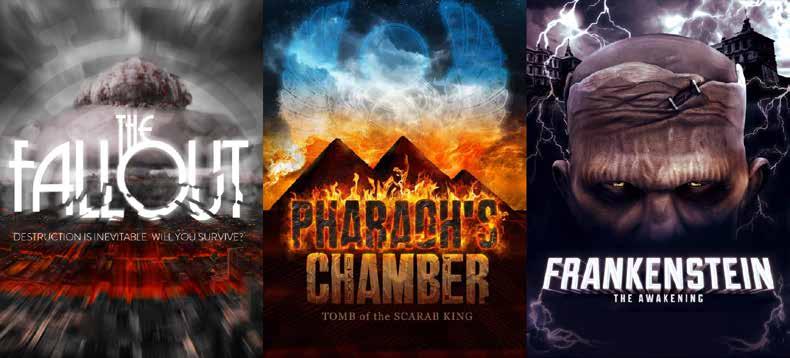
The Fallout is based around an alternate history of Oak Ridge, Tennessee, where the city is on the brink of destruction. Participants must find a way to survive in an old farmhouse. With only 60 minutes, you must find a way out of the farmhouse before the city’s total destruction.
Inside Pharoah’s Chamber, players must escape the Scarab King, survive the darkness of his tomb, find their friends, and search for the Jewel of the Scarab King to enable you and your team to reach safety. Time is against you. What a fun game!
Frankenstein is the most popular attraction at 60 Minute Escape. In this game, you are to help Dr Frankenstein’s creature awaken – before the townsfolk reach the study where you are. But Dr Frankenstein isn’t there: it is up to you and your team to revive the creature.
60minuteescape.com
Nominated by: Yesi Sevilla
Fact: A hub for local artists and musicians

Opened in 2021
Why: Serves a variety of coffee and craft beers on tap
Nestled in the artist hub of East Nashville, All People Coffee and Beverage Bar is the place to go for a warm java brew or a cold craft beer. All People Coffee and Beverage Hall is an icon in East Nashville and is one of the best establishments to visit for a light lunch. Wash it down with one of the many drinks on offer from the menu as you take in the many sights and sounds of Nashville’s artisan hub.
Not just your average coffee bar, All People hosts a weekly trivia night that draws in trivia lovers from across Nashville.
Choose from seasonal specials that include the Fall favorite Pumpkin Spiced Latte, the more traditional Americano, drip coffee, or the flavorful delights of Cortado or Cuban coffee. The hall also serves cocktails, wines, and craft beers.
allpeoplecoffee.com
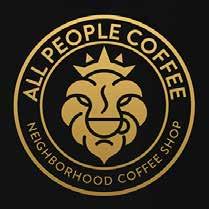
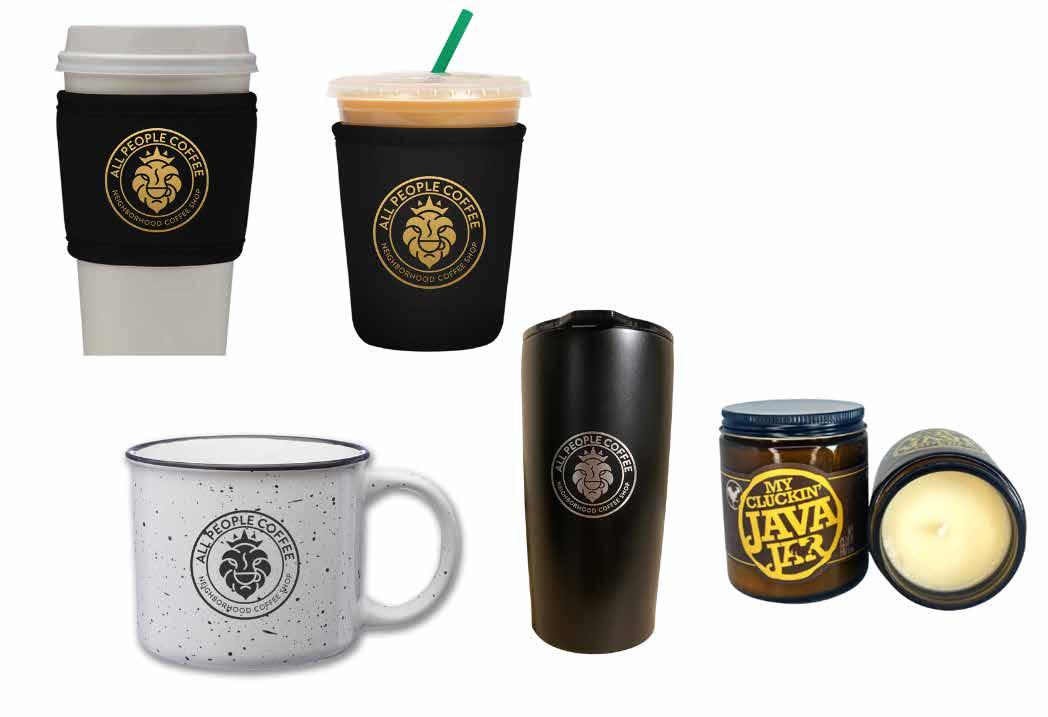
The Antiques and Garden Show in Nashville is the longest-running and largest event of this kind in the United States. It attracts over 16,000 attendees to this fantastic antiques and horticultural event, with over 150 dealers and exhibitors displaying their best.
The show is held in the heart of Music City, at the Music City Center. The three-day event held in early February since its inception in 1990, sees antiques dealers, cocktail parties, picture-perfect garden displays, landscape and architectural lectures, designers, and leaders in horticulture celebrate and share their passion.
This volunteer-run event benefits the Cheekwood Estate and Gardens, which is Nashville’s public botanical gardens, arboretum and art museum, and ECON Charities, which assists upliftment charities to better communities in the

Nominated by:
Yesi SevillaFact: Around one million people (or 5%) of America’s population are Vegan
Established: 2020
Why: Nashville’s best vegan dishes
Vegan foods are fast becoming a healthier alternative for many Americans. Located in Donelson, Nashville, BE-Hive Deli and Market is the local’s one-stop vegan food store offering delicious vegan options to popular foods. Starting from a home kitchen, the company has grown into a successful business today, thanks to six enthusiastic vegan friends who sought a way to provide delicious vegan dishes for Nashville.
Pop in for a meal or buy a few of their tasty grocery items to take home. Visitors to the market can sample one of the classic “burgers” or “subs” on the menu that have been created with only the best quality vegan products.
For those who prefer to order-in, The BE-Hive Deli and Market are available through Uber Eats or call in your order and collect it from the store.
Nominated by: Natalie
CurcioKeynote Speaker in 2022: Martha Stewart
First Show: 1990
Why: A fabulous celebration of antiques and horticulture
greater Nashville region. To date, the Antiques and Garden Show has raised over $9 million fit its beneficiaries.

For lovers of entertainment, design, and unique parties, this is most certainly an event to mark in your social calendar. Highlights of this event include the Bourbon Party, Music in the Gardens show, various book signings, fascinating lectures, and the closing Sunday Shopping in the Garden, which means you can shop all your favorite items you’ve spotted in the gardens and displays while enjoying coffees, bloody mary cocktails, snacks, and pastries with friends and stars of the show.
antiquesandgardenshow.com
Popular products include vegan fillets, breakfast sausage, plan-based chorizo, deli-slice pepperoni, or deli meats. All items are available in bulk and are great for home cooking or use in a cafeteria or restaurant.
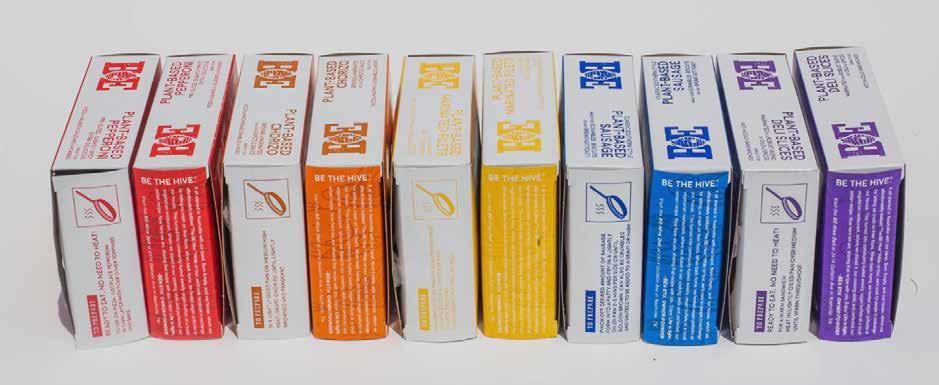
Newer items available for purchase are Italian crumbles, Taco meat, roast beef, and bacon.
The BE-Hive Deli and Market make it easier to adopt a vegan lifestyle and is one of Nashville’s top markets for plant-based foods.
thebehive.com
Nominated by: Teresa
 Wu
Wu
Fact: Harpeth River is nearly 125 miles long
Why: Explore the Harpeth River’s beauty
Firstly, Broken Paddle Outfitters offer no broken paddles. Instead, it serves up hours of outdoor fun along the majestic Harpeth River. Visitors can rent canoes, kayaks, and tubes from Broken Paddle Outfitters, enjoy canoe-ber boat shuttles (which means you bring your own boat to the launch location, then drop your car off at the take out zone, and the company will shuttle you back to the launch. It also offers boat rentals in Montgomery Bell State Park in Burns on Acorn Lake.
They operate four types of boats: Old Town Canoes, Ocean Kayak Single, Ocean Kayak Tandems, and Jackson Staxx Singles.
Trips range in length from 2, 3 and 6-hour trips. Times are estimates as trips may take longer or be slightly shorter due to the flow of the river and water levels on the day of the trip.
The best news for those with adventure-loving dogs? They’re welcome to go along too!
Broken Paddle Outfitters operate seasonally only. They’re ideal for teambuilding fun days and groups of friends to enjoy the summer days in Nashville to the maximum.
brokenpaddleoutfitters.com
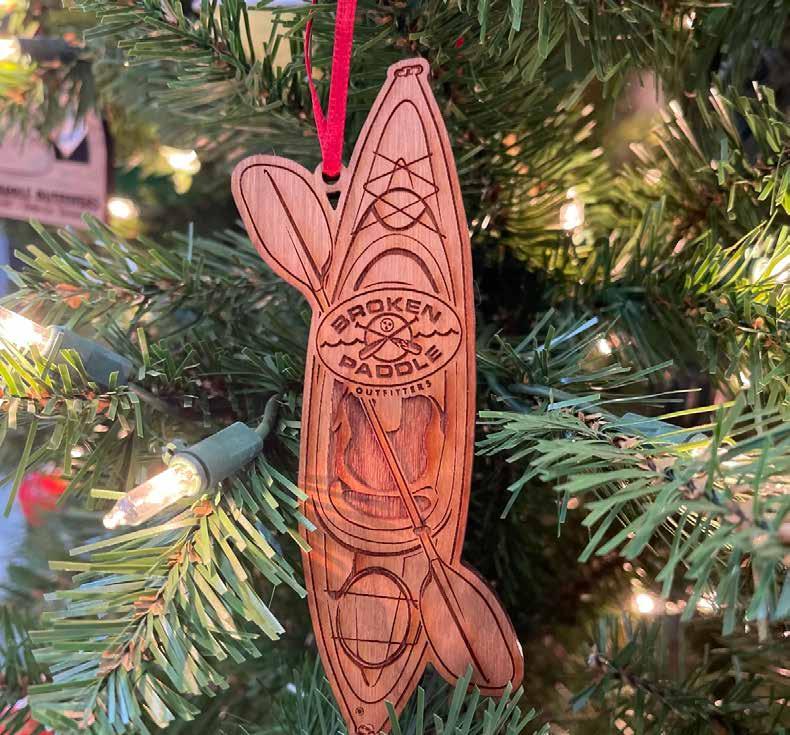
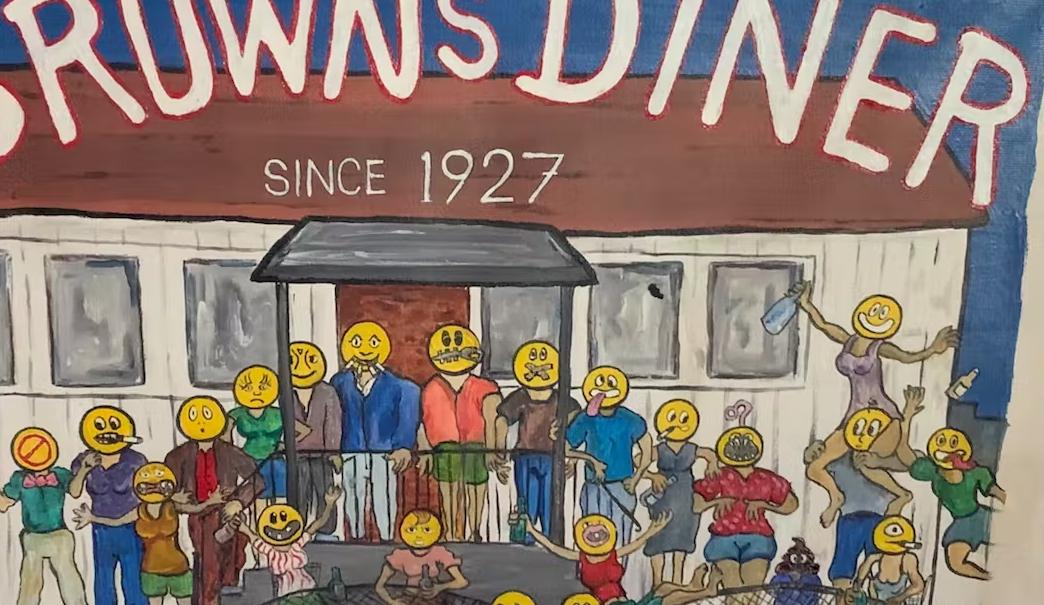
Nominated by: Dave Owens
Location: Blair Boulevard
Fact: Brown’s Diner has had the same menu since its establishment in 1927
Why: Classic Southern dishes
Choose from classic meal options like cheeseburgers, homemade chilli, and grilled wings. For the more adventurous guest, Brown’s Diner is famous for its Southern Fried Cornmeal Catfish Sandwich, a popular menu item enjoyed by locals and visitors to Nashville.
Winner of numerous “Best Cheeseburger” awards, Brown’s Diner is a family-owned business that has been in operation since the late 1920s. From relatively humble beginnings selling their classic dishes from a mule-drawn carriage, the restaurant has become a true Nashville institution. It is also the holder of the oldest bee license in the city.
Brown’s Diner has in-house entertainment, and the local builder and construction team can regularly be found entertaining the crowds on stage while guests enjoy only the best foods and drinks on offer.
The restaurant has only seen three owners in its century-long establishment and is a must-visit for those who love classic meals cooked the way grandma made them.
thebrownsdiner.com
Country music lovers are in for a treat when they visit the Country Music Hall of Fame in Nashville. Located in the famed “Rock Block,” the venue is home to over two million pieces of country music memorabilia from some of the biggest names in country.
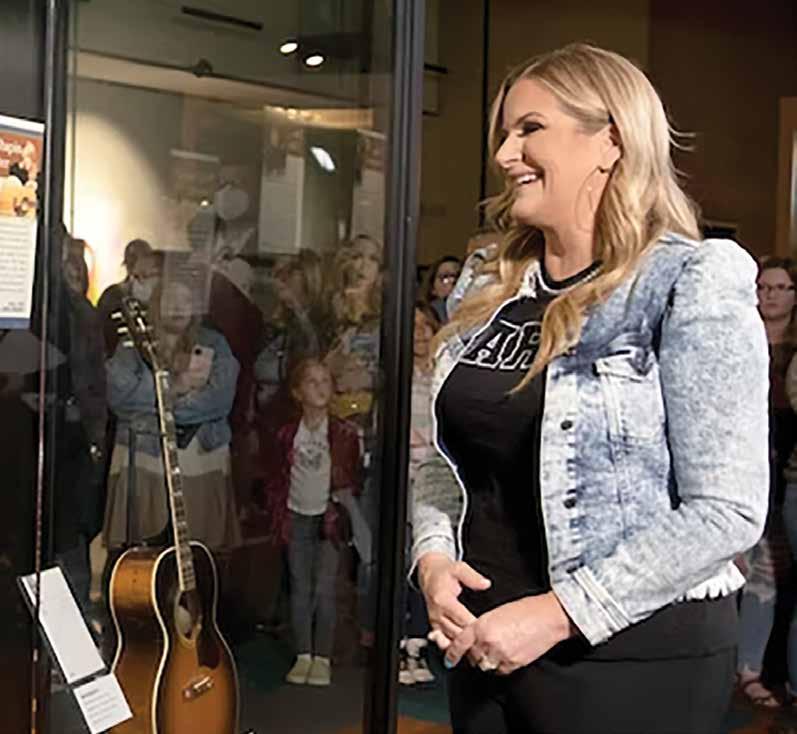
Visit one of the permanent on-site exhibitions that feature clothing, instruments, recordings, and never before seen footage of your favorite country music stars in action.
Nominated by: Yesi Sevilla

Fact: The Country Music Hall of Fame was created in 1961
Famous Names: First inductees include Jimmie Rodgers and Fred Rose
Why: A complete history of country music conveniently located under one roof
Nominated by: Yesi Sevilla and Natalie Curcio
Fact: It is a 5-time winner of the Best Bar-B-Que
Established: 2011
Why: Classic barbecued meals
A family-run restaurant, Edley’s Bar-B-Que is one of Nashville’s finest and has several locations to choose from. The establishment is now a five-time winner of the coveted Best Bar-B-Que award by the Nashville Scene Reader’s Poll and continues to provide classic southern barbecue dishes.
Choose from their delectable menu that consists of classic meal options like grilled or fried catfish, brisket and grits, chicken, and ribs, and of course, a range of barbecued and smoked meats that will have you wanting more.

Their barbecued classics are marinated in a habanero pepper mash for 24 hours before being smoked for another 12 hours to achieve that award-winning flavor that guests have come to know and love. Meat options include pork, chicken, and turkey.
Country music found its roots in Nashville, so it is only fitting that the Country Music Hall of Fame is located in the heart of this iconic city. Visitors to the hall of fame can enjoy a range of family activities, head to the CMA theater for a live show, or view the prized memorabilia from artists like Willie Nelson, Dolly Parton, Jerry Lee Lewis, and more as they are proudly displayed in the Hall of Fame.
countrymusichalloffame.org
Edley’s Bar-B-Que restaurants have a pleasant, homey atmosphere that provides just the right ambience for a romantic meal but can also be enjoyed by the whole family. Visit one of the locations today for classic Southern food cooked exactly right.
edleysbbq.com
What: Best Indian flavors in Nashville!
Why: Amazing selection of ales and wines!
No visit to Nashville is complete without a stop at Chauhan Ale and Masala House. It is Executive Chef Maneet Chauhan’s dream come true: her Indian roots, her love for travel, and her passion for Southern flavors are creatively and deliciously fused into amazing dishes.
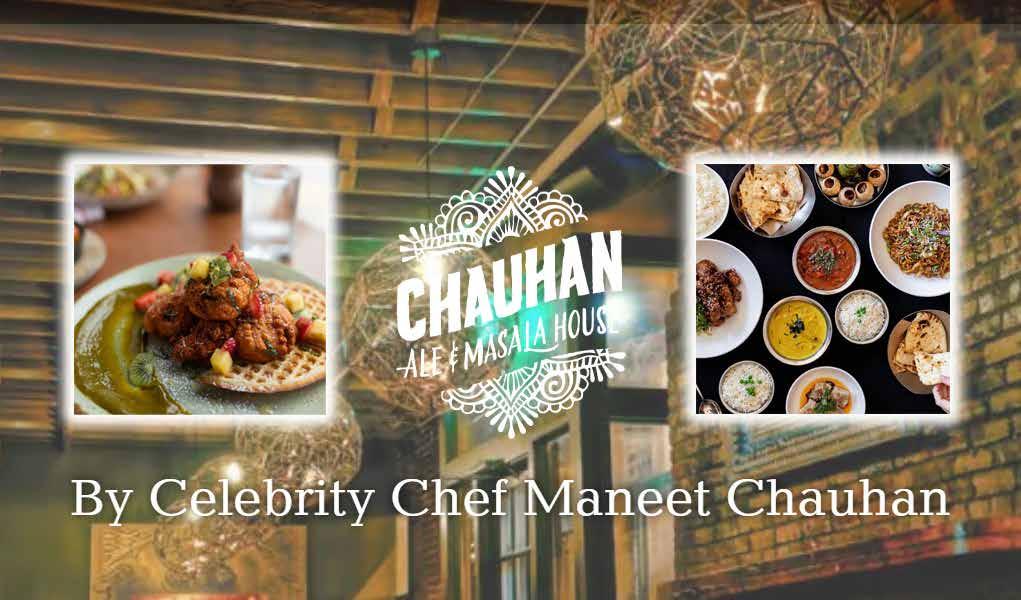
This chef and TV personality was featured as a judge on “Chopped” on the Food Network, the “Next Iron Chef” and “Iron Chef America.” She also serves as an ambassador of the Culinary Institute of America.
Not to be missed is this restaurant’s exceptional wine and ale selection, carefully picked from around the world by Chef Maneet. Wines, cocktails, spirits, beers, and craft ales can be beautifully paired with each meal.
Signature cocktails include “Road to Mumbai,” “Bartender’s Handshake” and “Ol’ Chauhan.” Also, try the Good People Indian lager.
Popular items on the award-winning menu include Tandoor Chicken Poutine, Pork Keema Papadi Nachos, Hanger Steak, Braised Pork Shank, and top it off with the Chauhan Chocolate Cake.
This restaurant was opened in 2014 and has won numerous awards since then, including Best New Restaurant, Best Lunch Spot, and Best Cocktails. It has also been featured by USA Today, The Huffington Post, and Travel + Leisure.
chauhannashville.com
Nominated by: Natalie Curcio
Established: 2011

Menu Favorite: Boneless chicken tenders with the homemade Comeback sauce Why: Classic Southern food lovingly created by a family-run restaurant with several locations
chicken meals served with traditional sides like fried pickles, red skin potato salad, greens, and coleslaw before finishing with a classic dessert of banana pudding, peach cobbler, ice cream, or an American favorite, root beer float.
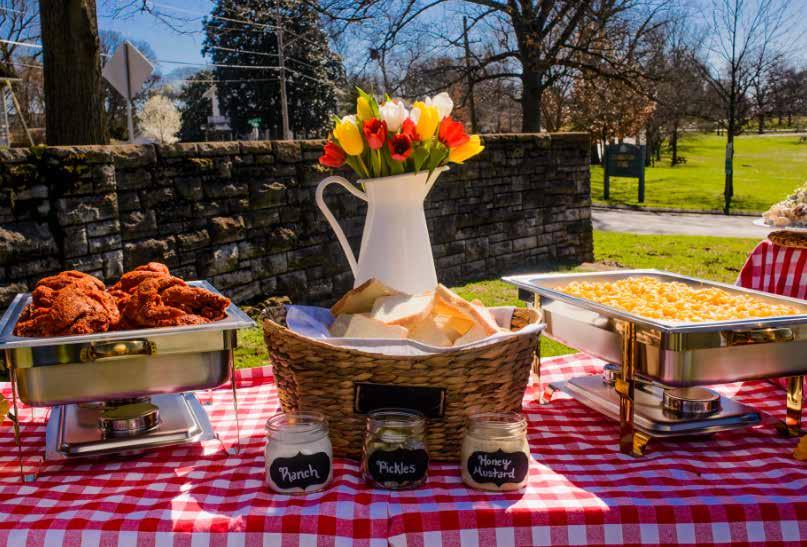
Father-and-son team Nick and Nick Bishop created Hattie B’s with the intention of bringing delicious, authentic chicken meals to the Southern parts of North America. Now a popular restaurant chain with 10 locations, Hattie B’s serves traditional Southern chicken to guests from across America.
All meals are served with a choice of six heat levels, namely Southern, mild, medium, hot, “d**n hot,” and their specialty – “SHUT THE CLUCK UP!” – which is so hot you will feel like you swallowed the sun. Choose from a range of
Nashville is home to a bustling craft beer industry, so it will come as no surprise that craft beer is just one of the choices available at Hattie B’s, along with drafts, ciders, and other local beers.
hattieb.com
Tour downtown Nashville with Sheri Lynn and Brenda Kay Jugg guiding you through some of the city’s best tourist attelly-hurts experience that will take you through Honky Tonk Row, past the Ryman Auditorium and stop off at the Country Music Hall of Fame for a little souvenir or a quick drink.
Nominated by: Marty Paslick
First Tour: 1997
Why: Hilarious commentary of Nashville’s top treasures on a tour bus
Nominated by: Teresa Wu

Festival Date: April 15, 2023
Why: The festival is a tradition in Nashville to pay tribute to Spring and Japanese Culture.

The Nashville Cherry Blossom Festival is an annual, free-to-the-public event celebrating the state’s relationship with Japanese culture. With over 10,000 visitors each year, the festival pays homage to all things Japanese with various food and exhibition stalls.
From anime art to cosplay and traditional Japanese dishes, the festival is a significant attraction that sees visitors from surrounding states flock to Nashville to participate in the biggest festival on the city’s calendar. The Nashville Cherry Blossom Festival is held in Public Square Park, which is the ideal venue that hosts hundreds of food stalls, art exhibitions, and trade stalls selling traditional Japanese books, clothing, music, and more.
Remember to take your camera as you pass by some of country music’s most famous venues, and of course, to capture memories of this once-in-a-lifetime tour. Just a side note that this show is not for the faint-of-heart or easily offended among us, so if you don’t like dirty humor, you might just need to skip this one.
nashtrash.com
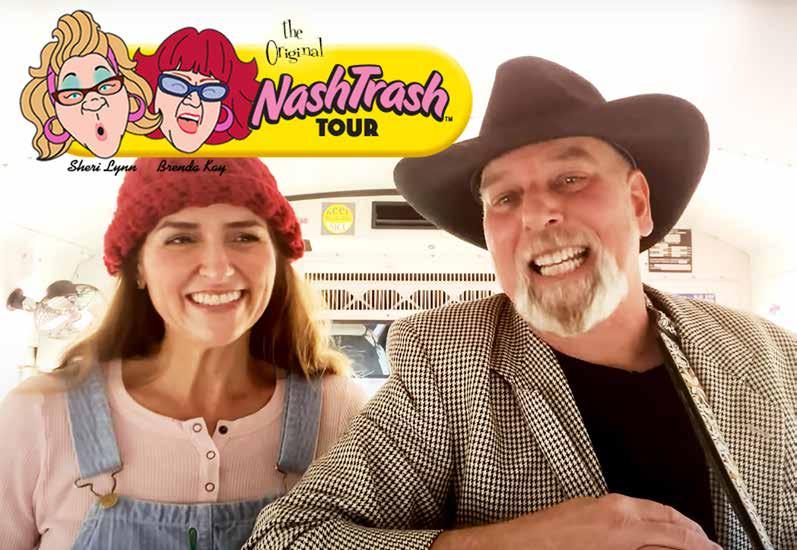
Highlights of the festival include the must-see Cherry Blossom Walk, sumo suit wrestling, a Pups in Pink parade in the park, and a few children’s activities to keep little hands and minds occupied. Grab some lunch at one of the many food stalls or enjoy one of the exhibitions that will delight the whole family.
nashvillecherryblossomfestival.org
Nominated by: Yesi Sevilla
Established: 2021
Fact: It is THE ultimate celebration of African American music
Why: See thousands of pieces of memorabilia
The National Museum of African American Music is the first and only of its kind. Born from an idea put forward by the Nashville Area Chamber of Commerce in 2002, the museum was finally opened in 2021, and has already seen visitors from across America making their way through its doors.
Meander through the six galleries that house information about more than fifty musical genres that helped shape the music we know and love, including blues, jazz, gospel music, hip hop, and R&B. Each gallery houses memorabilia from a particular music genre and includes items donated to the museum as well as never before seen memorabilia.
Visitors can buy an interactive ID bracelet that can be scanned at various exhibits to download music, videos, and other information to be enjoyed at home. A truly Music City gem!
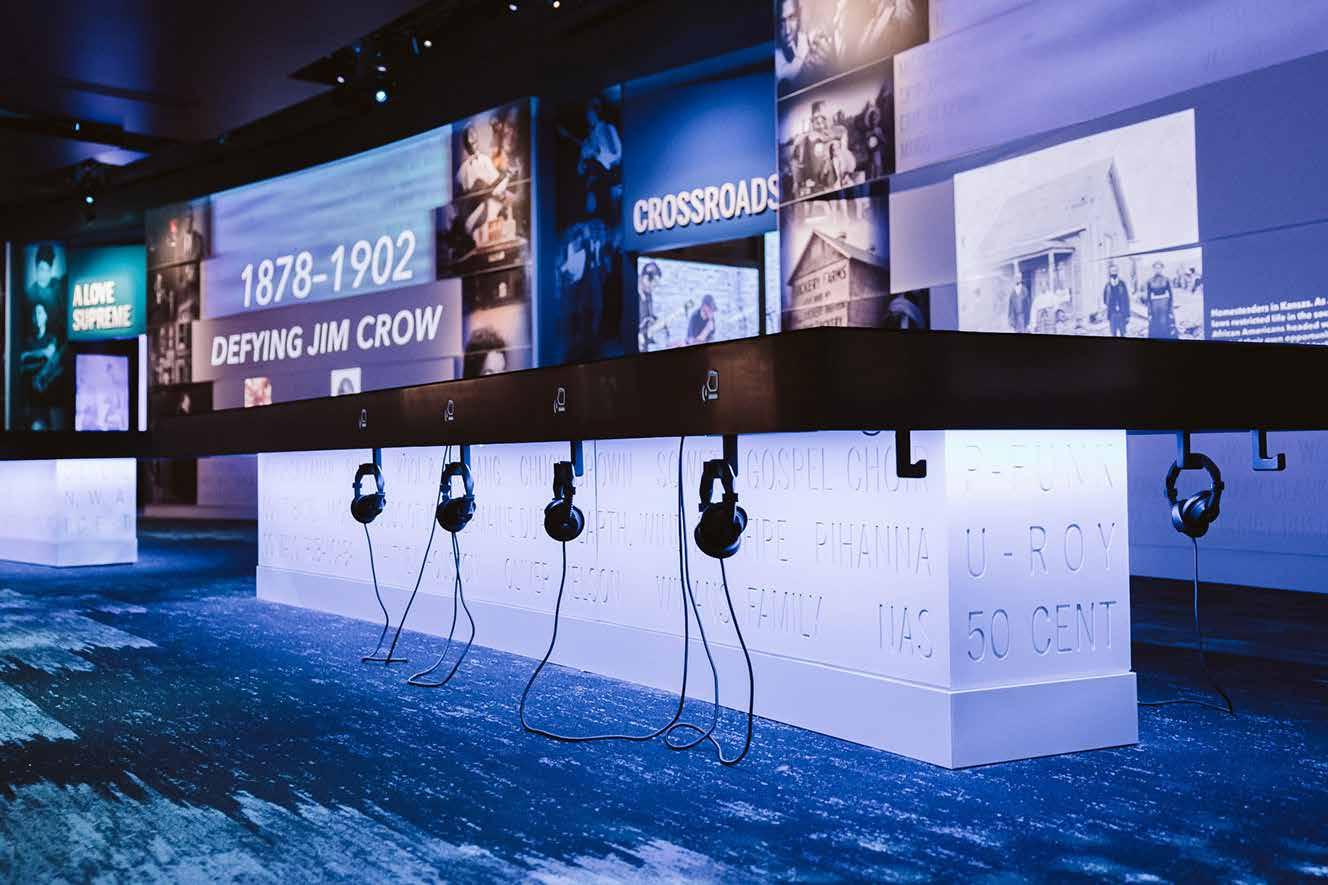
nmaam.org
Nominated by: Yesi Sevilla

First Held: 1988
Highlight: The Nashville Pride Parade
Why: Celebrate the Nashville Pride festival in a beautiful setting

With over 225 vendors to choose from, the market is a must for those who wish to indulge in some retail therapy and features both local and regional vendors. For more family-friendly entertainment, the Kids & Family Zone plays host to a mini-carnival that includes face painting, activities for the whole family, and art competitions that are sure to let your inner artist flourish.
The Nashville Pride parade has come a long way from its first event in 1988. The parade started with only 250 people when it was first held, but now boasts an attendance of roughly 10,000 people. Nashville Pride is held at Bicentennial Capitol Mall State Park.
The annual festival starts with a parade at 10am from Broadway and 8th Avenue corners and ends in the State Park. Join in the festivities by participating in the parade, visiting one of the many live entertainment acts, or sampling the delicacies at the various food stalls.
There is an assortment of lounges to choose from, namely the Youth area, VIP Area and a Friends of Pride Lounge. Each has a variety of activities and extras to enjoy. You can view these details on the website.
The Nashville Pride Parade and Festival has a strict code of conduct that must be adhered to and has a zero-tolerance policy for bullying, hate speech, and harassment.
nashvillepride.org
The Pilgrimage Music and Cultural Festival is an important event on Franklin’s social calendar, playing host to several big names in the country music and jazz scenes. The festival takes place over two days and draws in crowds from neighboring cities and towns to enjoy the music and culture in Tennessee’s Franklin.
Choose from one of four stages: The Midnight Sun, Gold Record Road, Shady Grove, and Americana Music Triangle Music Experience. Younger attendees can visit the Lil’ Pilgrim Family Stage and Mare Barn Theatre, run by Grammy award-winning producer Ralph Covert.
The Pilgrimage Music and Cultural Festival is guaranteed fun for the whole family and has hundreds of food and beverage stalls to choose from, each
Nominated by: Yesi Sevilla
Fact: Red Bicycle Coffee have created their own roast coffee beans
Establishment date: 2008
Why: Known throughout Nashville for its crepes and coffee.
Nominated by: Yesi Sevilla

Fact: Franklin, Tennessee is located 17 miles from Nashville and is a part of the Americana Music Triangle
Location of Festival: Harlinsdale Park, Franklin
Why: A unique music and cultural festival in one of Tennessee’s most historically rich towns
offering a range of local and regional dishes. The Farm-to-Table area is a must for those who enjoy naturally grown foods served with a bit of history and is in a shady area of the park.
Franklin, voted the greatest southern town by the Garden and Gun Magazine, was fondly named the “Great American Main Street” in 1995 and is the proud host of the annual Pilgrimage Music and Cultural Festival.
pilgrimagefestival.com

Coffee lovers are in for a treat when they visit Red Bicycle Coffee in Nashville. With six locations to choose from, the coffee house is known for its impeccable brews and freshly made mouthwatering crepes.

Not just another coffee shop, Red Bicycle Coffee hosts a “Seed to Cup” coffee workshop that aims to educate people, giving them insight into the life cycle of the humble coffee bean and how the company produces their famous coffee.
If you want to learn more about how to choose that perfect brew, Red Bicycle offers a 90-minute course titled “Behind the Bar,” which teaches you about what to look for in a coffee, how to brew your own coffee, and how to use various coffee brewing machines or equipment.
Coffee lovers who visit the store regularly can join its loyalty program, which gives them free offers and discounts.
redbicyclecoffee.com
Fact: Belmont has won NCAA Tournament games in men’s and women’s basketball
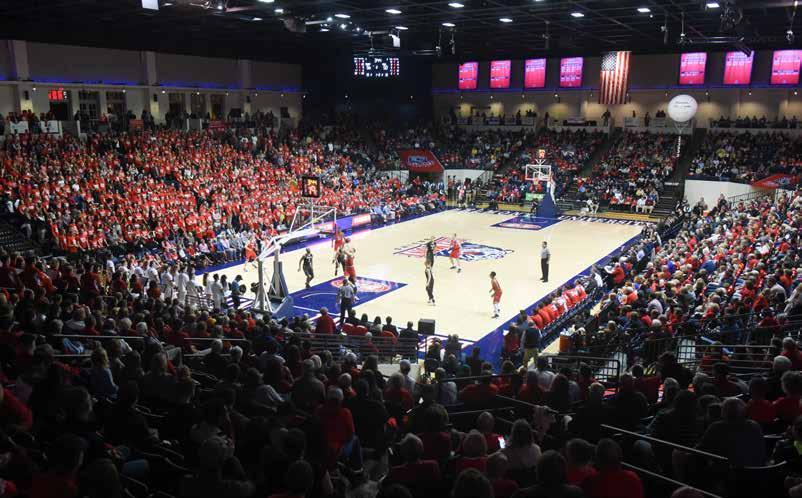
Why: College basketball provides an exciting gameday fan experience
Belmont University men’s and women’s basketball rank among the most decorated programs in NCAA Division I. The gameday environment at Belmont’s Curb Event Center offers a family-friendly fan experience, regarded as the best sports entertainment value in Nashville – including free covered parking, discounted tickets for youth sports teams and concessions featuring Music City restaurants and vendors. Building on the profound legacies of coaching legends Rick Byrd and Betty Wiseman, Belmont’s basketball programs have achieved unrivaled success on the court, in the classroom and in the community. From victories over many top teams, to an NCAA-leading number of Academic All-Americans and international mission trips, Belmont basketball student-athletes have made the Nashville community proud – during March Madness and throughout the calendar year. Belmont Basketball at the Curb Event Center is a “must have” on your What To Do in Nashville checklist.
Belmont’s goal has always been about far more than just winning basketball games. The program continues to seek to recruit excellent athletes of high character, who are focused on giving back to the community and representing Belmont in a first-class manner.”
— Rick Byrd, former Belmont Men’s Basketball Coach
belmontbruins.com

Nominated by: Natalie Curcio
Distance: 3 miles
Number of Spectators: 25,000
Why: Spring’s most fun social event
As one of Nashville’s annual social calendar highlights, it attracts more than 25,000 spectators. It is high fashion, great fun, and and exciting day along the track.

The Iroquois Steeplechase is an annual derby at the Percy Warner Park in Nashville. It was first held in 1941 – is now as much a part of Nashville as fried chicken.
This race attracts an international field of horses and jockeys, and the race benefits Monroe Carell Jr. Children’s Hospital at Vanderbilt as well as several other local community non-profit organizations.
This steeplechase is organized the Volunteer State Horsemen’s Foundation, which is the same body that arranged the very first edition way back in 1941. Today this organization is run as a 501c3 non-profit body with the aim of promoting steeplechase racing.
Interestingly, this race is named after the first American-bred race horse that won the prestigious English Derby in the 1880s. “Iroquois” was owned by Pierre Lorillard and the horse’s famous racing colors cherry red and black are a further tribute to the event’s namesake.
The Iroquois Steeplechase is held annually in May, and Spring’s most popular social event. The course is three-miles long, and the horses jump over national fences.
iroquoissteeplechase.org
American university life is synonymous with college baseball. Vanderbilt University introduced its baseball scholarship in 1968 and has seen many baseball greats passing through its doors. The team are former world champions and has an impressive game record that includes many remarkable wins against some of the best teams in America.
College baseball is more than just a sport and is more of an institution in American sports. Games are played throughout the baseball season and attract attendees from across the region who travel great distances to support their teams.

Nominated by: Marty Paslick
Fact: The Commodores are former college baseball world champions
Established: 2008
Why: College baseball has a massive fan following in America
The college baseball season is exciting for Nashville and is one of the most popular events on the calendar. Fans of the Vanderbilt Commodores can purchase season tickets via its website and enjoy watching their favorite team in action.
American baseball season officially starts in April, with games played for six months until October. Support the local Vanderbilt college baseball team and book tickets to see the Vanderbilt Commodores thrash it out in the next college baseball season.
vucommodores.com/sports/baseball
Nominated by: Yesi Sevilla

Established: 2018
Fact: A SCOBY is fermented sugar and tea used to make Kombucha
Why: Try their healthy Kombucha alternatives to craft beer
Regular craft beer can leave you feeling sluggish and bloated. Switch to Walker Brothers Kombucha for that beer taste with less sugar and calories per can. Available in a range of flavors – and alcoholic and non-alcoholic versions - the Kombucha has as little as 70 to 110 calories depending on which option you choose.
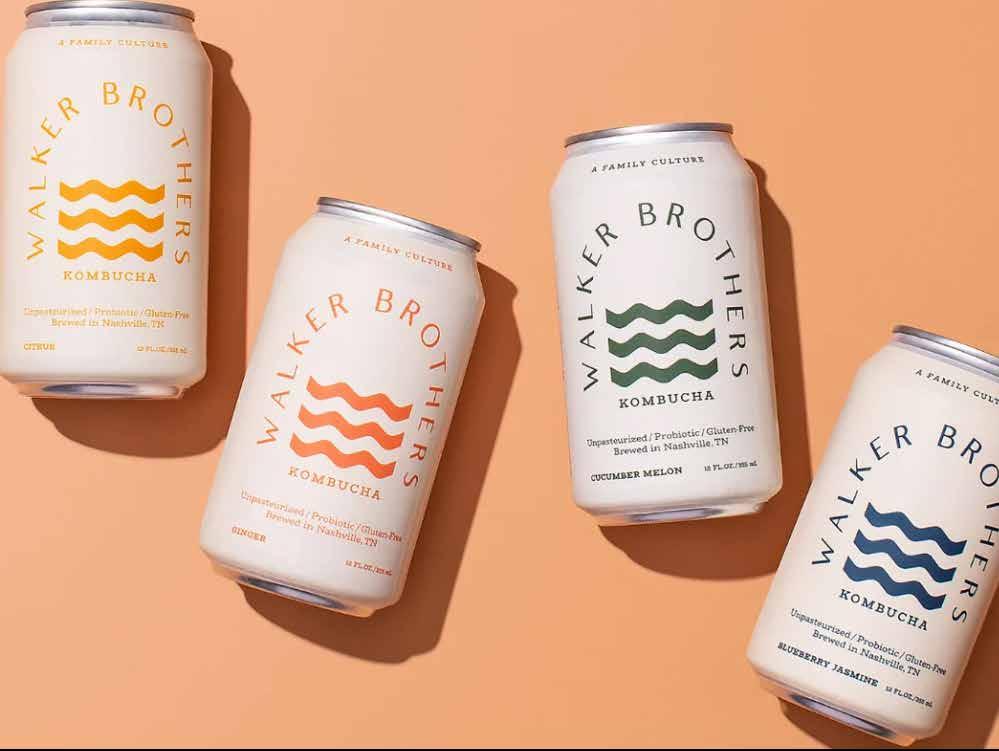
Located in Donelson, which is East Nashville’s Beer Works, the Walker Brothers Kombucha brewery uses only organic ingredients and a SCOBY that brothers Sam and Luke inherited from their aunt. This ties in nicely with their motto – A Family Culture (note the pun).
Choose from flavors like citrus, blueberry jasmine, ginger, and melon for a refreshing taste that is healthy and is produced using open-fermented Kombucha. The brand also sells seasonal flavors and options that are limited release options, so be sure to visit the website for more information on what is available.
Walker Brothers Kombucha drinks are available from their location or can be purchased online from their website. drinkwalkerbrothers.com
Nominated
by: Deanna MeadorFact: The Wond’ry is one of Nashville’s Vanderbilt University’s biggest campuses in the heart of Nashville.
First Held: 2022
Why: The Renaissance Women’s Summit is THE summit for women in business

The Renaissance Women’s Summit returns to Nashville for a second time in February 2023. Hosted at The Wond’ry at Vanderbilt University, the summit aims to educate and empower business-minded women with a range of workshops, coaching sessions, and life-altering speakers.
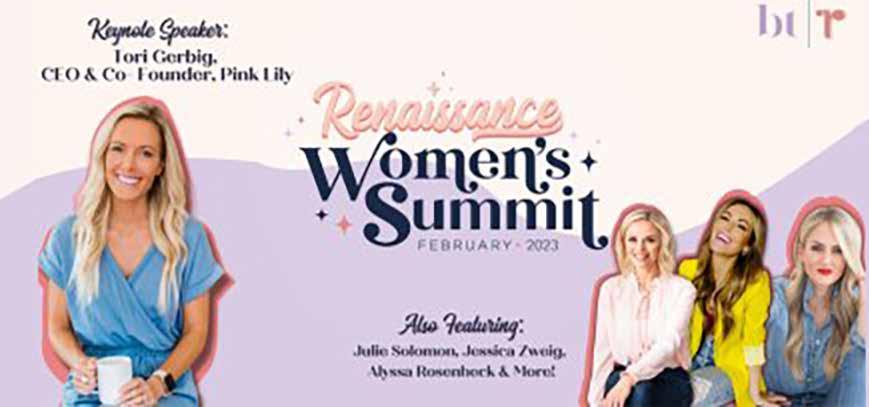
A few of the guest speakers for the 2023 summit include keynote speaker Tori Gerbig, whose business Pink Lily finished 2021 with an astounding $141 million in sales. Other worthy mentions include Jessica Zweig, owner of Simply Be Agency, country singer and podcast host Caroline Hobby and photographer and speaker Alyssa Rosenheck.
The summit takes place in February each year. It is hosted by Boss Talks and the Renaissance Marketing Group, two of Nashville’s biggest female-owned
businesses that strive to empower women and inspire them to become successful business owners.
Tickets are available for purchase from the Renaissance Women’s Summit website and have an upgrade option that gives you admission to the VIP cocktail event held on the eve of the summit. Sponsors include String for Hope, Brielle Cotterman Celebrity Maker, and Purple Fox Legal.

renaissancewomenssummit.com
Nominated by: Yesi Sevilla
Opened: 2018
Must: Try: Nashville Hot Scrapple Wraps
This restaurant’s innovative take on Pennsylvania Dutch food prepared with classic techniques means mouth-watering meals. However, the Josephine experience starts the moment you enter the door. It is renowned for gracious hospitality, friendliness, and helpfulness – without being overly fussy. Perfect serving staff, delectable mains, and simply superb wines: Josephine’s has it all.
Josephine is one of the most popular restaurants in 12 South, boasting a simple yet elegant atmosphere with American cuisine. Intimate, quaint, warm, refined, and comfortable are the best descriptors for this lovely eatery’s décor, which sets the tone beautifully for the delicious dishes.
Chef Andy Little’s Pennsylvania Dutch roots meet Southern hospitality: distinct and thoughtful dishes have earned him two James Beard semi-finalist nominations to date. General Manager and Sommelier Karen Van GuilderLittle’s carefully chosen selection of wines highlight Josephine’s attention to detail.
For dinner, don’t miss out on the Nashville Hot Scrapple Wraps (scrapple, smoked Duke’s mayo and pickles) or Duck Fat Hash Browns (with black truffle dip) for starters. Their Hanger Steak (served with french fries and chimichurri sauce) is famous, as is their Smoked Beef Cheek (wholegrain mustard spaetzle, pearl onion, and celery root) and Stone Brass (served with piperade, grits, olives, and gremolata).
josephineon12th.com
Thornton Prince opened his restaurant in 1945 with a secret recipe for hot fried chicken. Inspired by a dish served by a girlfriend hell-bent on revenge –she made him a fried chicken breakfast with hot pepper – he fell in love with the taste and flavor. Prince’s Hot Chicken was born!
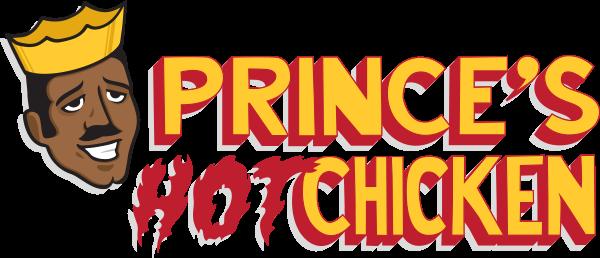

Its original location was close to the Ryman Auditorium, and the stars were famously spotted at Prince’s Hot Chicken after performances – and became an icon of Nashville.
Prince’s has claimed several awards and honors over the decades. The Travel Channel’s Food Paradise show named it Nashville’s best hot chicken, Gourmet Magazine’s “don’t-miss dining experiences” and The Daily Meal ranked it seventh in its 2017 list of America’s 75 Best Fried Chicken Spots.
Nominated by: Mark Deutschmann
Opened: 1945
Why: The home of hot chicken in Tennessee
It operates three locations across Nashville, namely on Nolensville Pike, Broadway Place, and 6th Avenue South. On its menu, you can choose your flavor: Plain, Lite Mild, Mild, Medium, Hot, X Hot, XX Hot, and XXX Hot. You’ve been warned.
Menu highlights include The Andre Chicken Sandwich, the 4 Tenders, their seasoned fries side, “Get it Girl” greens, and baked beans. It offers traditional pies, cakes, and lots of extras.
This is a dining experience not to be missed in Nashville.
princeshotchicken.com
Nominated by: Natalie Curcio
Opened: 1892
Why: Elvis Presley to Harry Styles have performed here!
Originally built as a church in 1892 as the Union Gospel Tabernacle, it was transformed into country music’s most hallowed space in the 1940s. First called the Grand Ole Opry in 1943, it launched many of today’s most popular music stars. It is celebrated as one of the foremost music stages in the world, playing critical roles in shaping the sound of country music and other genres for generations.
The Ryman Auditorium boasts incredible acoustics through its unique architecture and sound technology to make every performance unforgettable. It is a popular venue for hosting music awards shows, such as the ACM Honors, CMA Awards, and various tributes and memorial services.
Visitors to the Ryman Auditorium can take guided or self-guided tours to explore the space and learn more about its dressing rooms, backstage technologies, and more. There is a superb “Soul of Nashville” theater to watch an in-depth video about the Ryman.
The Ryman Auditorium is a country music landmark and plays host to rock, pop, indie, hip hop, folk, bluegrass, and more. You can also catch comedians and speakers utilizing the venue.
The Ryman Auditorium is a must-see!
ryman.com


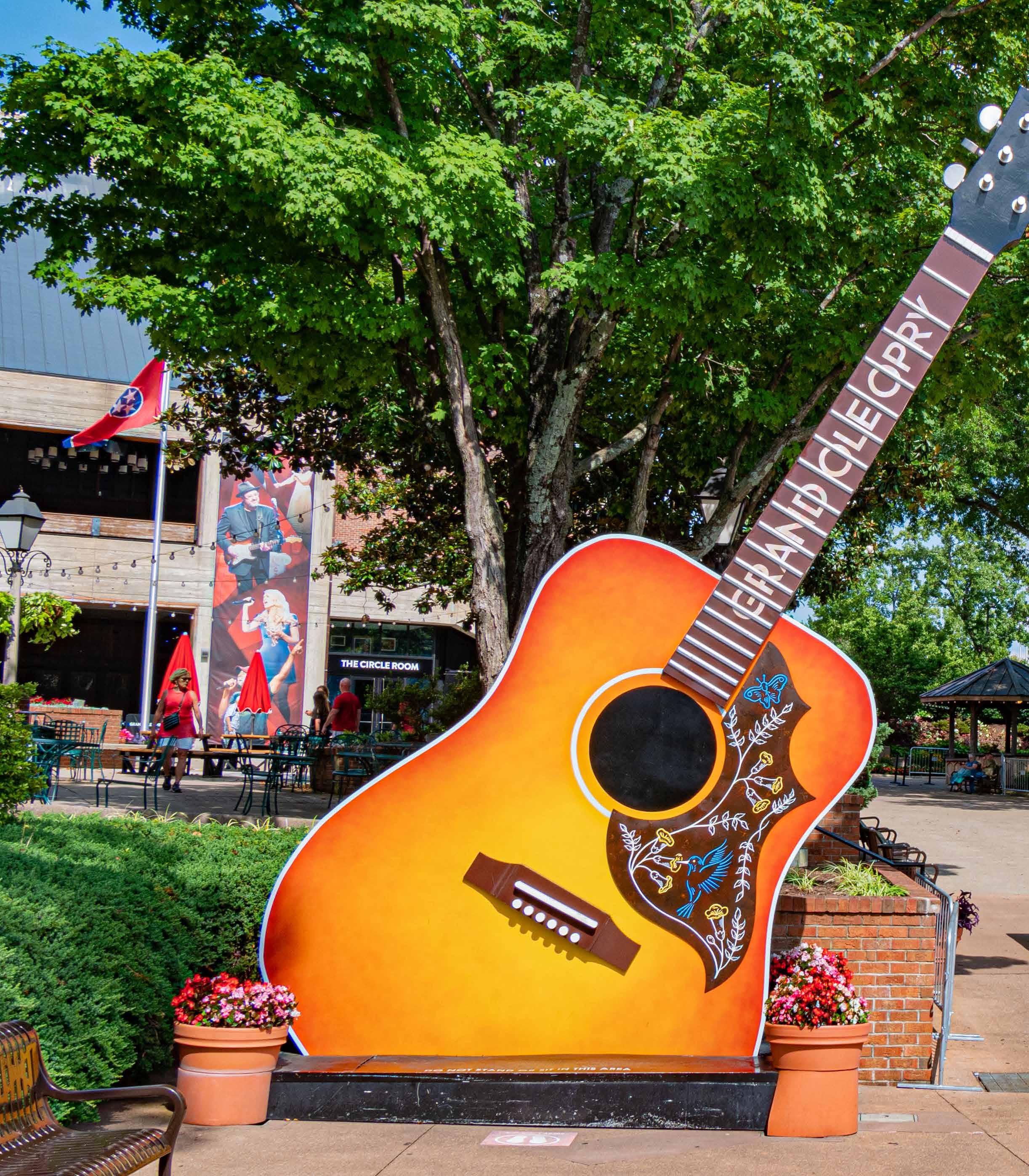
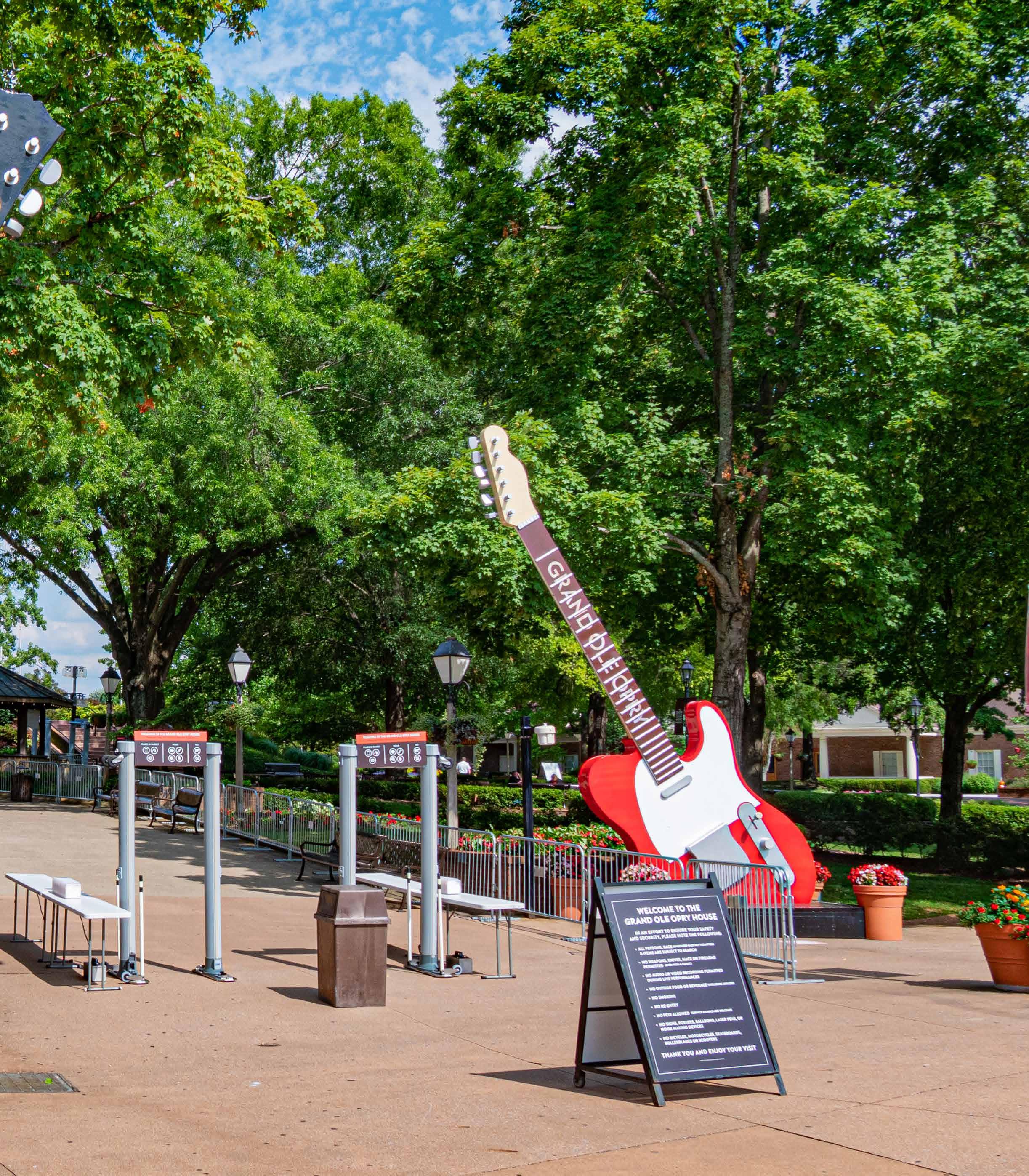
“I am humbled and honored to have been so immediately welcomed and completely adopted by this community.”
GILLWAGNER,PUBLISHINGPARTNER, GLOBALVILLAGEWORLD
Over a period of 40 years as an entrepreneur, while building six professional service firms and three nonprofits, I used to network like a madman. As you might imagine, with my hands in several things at once, it was sometimes difficult to answer the question: “So, Gill, what do you do?”
Over time, I developed the following response: “I meet people, stir the entrepreneurial pot, and make good things happen everywhere I can. Once in a while, I even get paid.”
My two-part goal was to (1) sidestep the question, because the response would have taken 30 elevator rides; and (2) inject some humor into the conversation, so a more personal relationship could begin. The result was that I got really good at meeting people, getting to know them on a friendly level, and learning enough about them to be able to spot the occasional “perfect connection.”
These days, instead of being “the best connector in St. Louis,” I’m “the Zoom guy” on INNOVATE celebrations around the country. And instead of shaking a thousand hands a year, I’m screen-to-screen with a thousand innovators,
enablers, thought leaders, and connectors, learning about them, their ideas, their passions, and their love of their communities.
In all the INNOVATE conversations I’ve had with this nation’s business leaders, I’ve never encountered a generosity of spirit as strong as the one that blankets the Nashville innovation scene. Don’t get me wrong, there are generous people everywhere, but the Nashville community itself has somehow imbibed this spirit: “Resistance is futile. You too will become generous.”
In reality, it’s probably more of a “birds of a feather flocking together” thing than a Borg mantra. Regardless, I am humbled and honored to have been so immediately welcomed and completely adopted by this community, despite being a literal outsider.
Take it from a master connector: The Nashville innovation community is one of the best places to hang out if you have a generous spirit and have a passion for innovation.


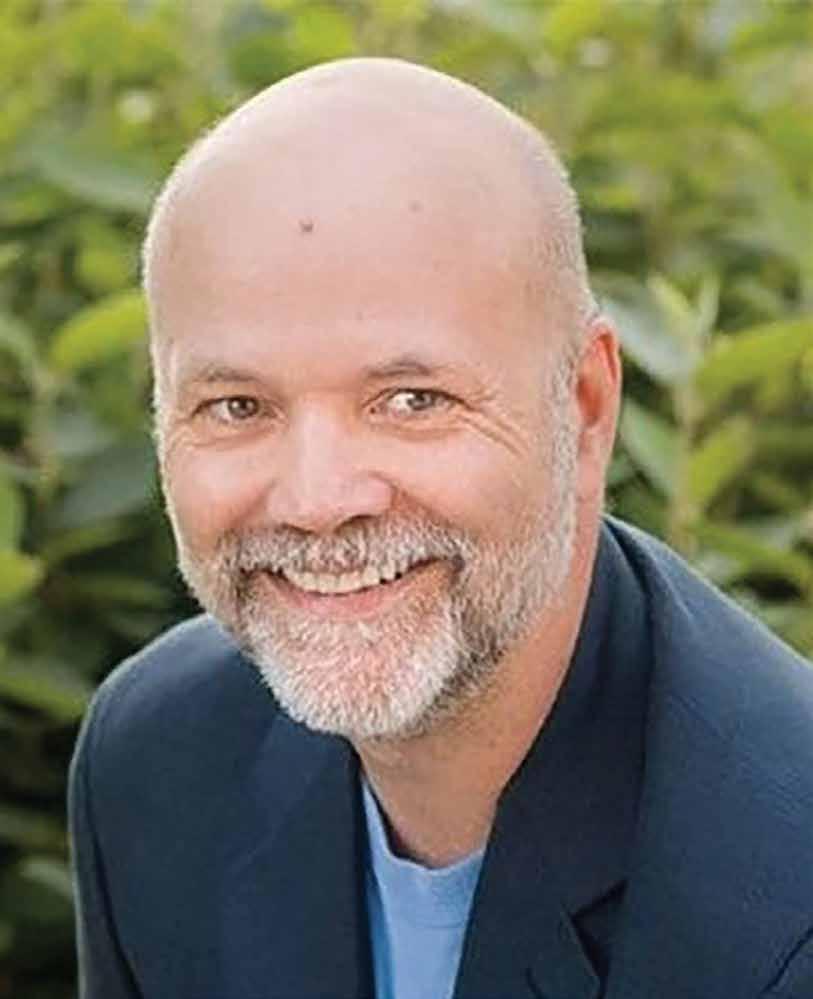

In all the INNOVATE conversations I’ve had with this nation’s business leaders, I’ve never encountered a generosity of spirit as strong as the one that blankets the Nashville innovation scene.”
TheInnovateseriesisa300-pagein-depthstudyandARvideoseriesthatshowcasesthepeopleandcompanies thatareleadingtheracewithintheinnovationandentrepreneurialecosystemsofeachcityandindustry.Abookwith augmentedrealityvideo,anonlineplatformandaglobalnetworkwithacommongoalofensuringthebrightest mindsoftheworldconnectandsucceed.
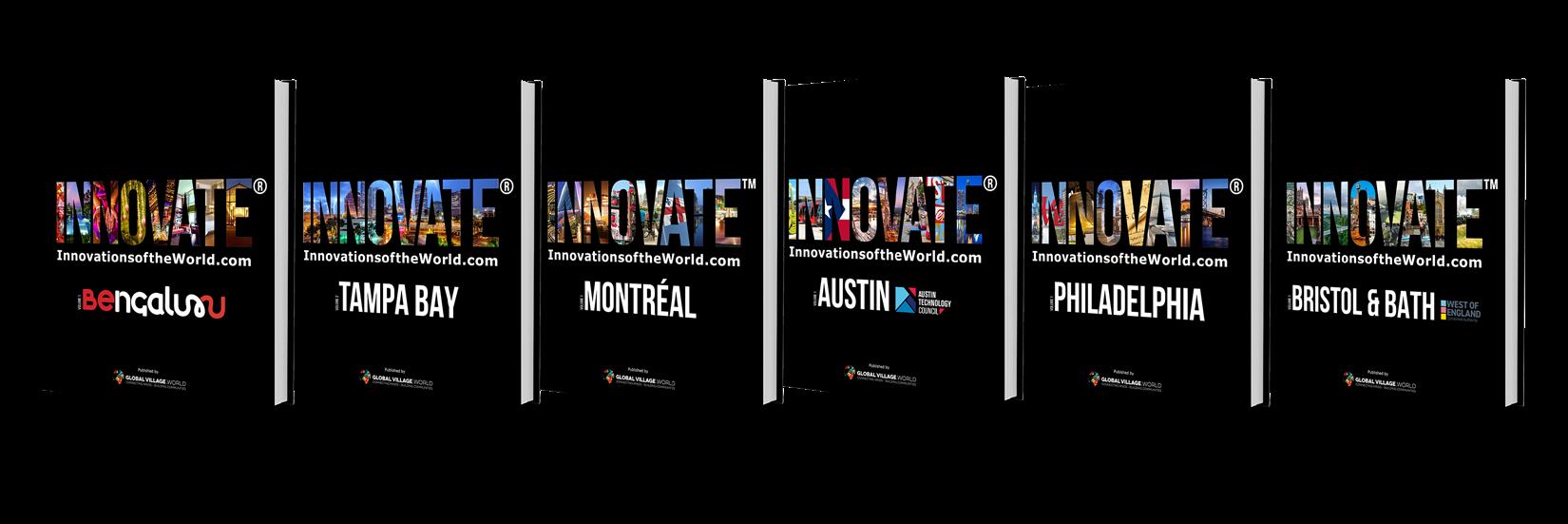
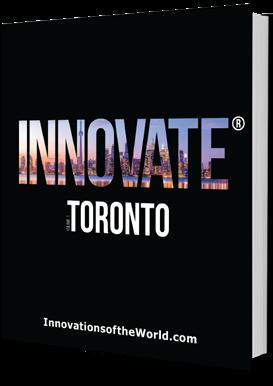
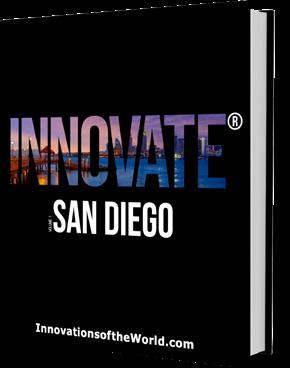
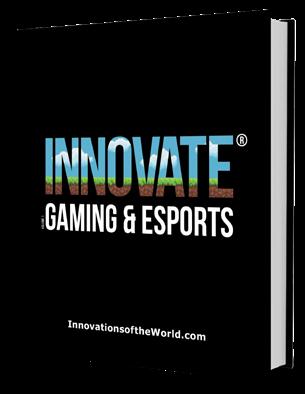
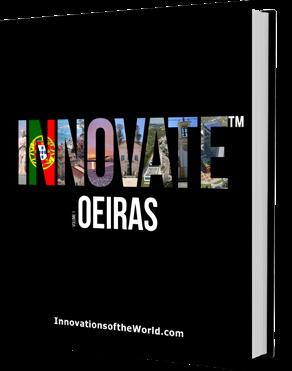
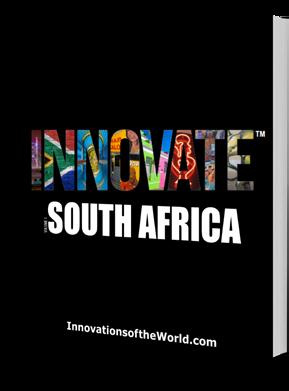
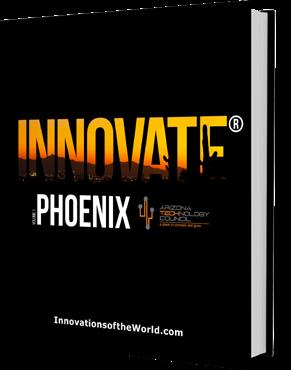
IT’S A KIND OF MAGIC...
To experience the future of print, download the Global Village AR App from the IOS or Android App stores. Open the App and hold it about 30cm above any page that contains an image with the “play” Icon.
Make sure your back camera is pointing at the page. Click the Play button that appears onscreen and immerse yourself in the latest updated content with reference to that page.

“Creativity is thinking up new things, innovation is doing new things.”
—THEODORELEVITT

Nashville is a place where bold ideas and the innovators behind them are warmly welcomed, productively challenged, and fiercely supported.


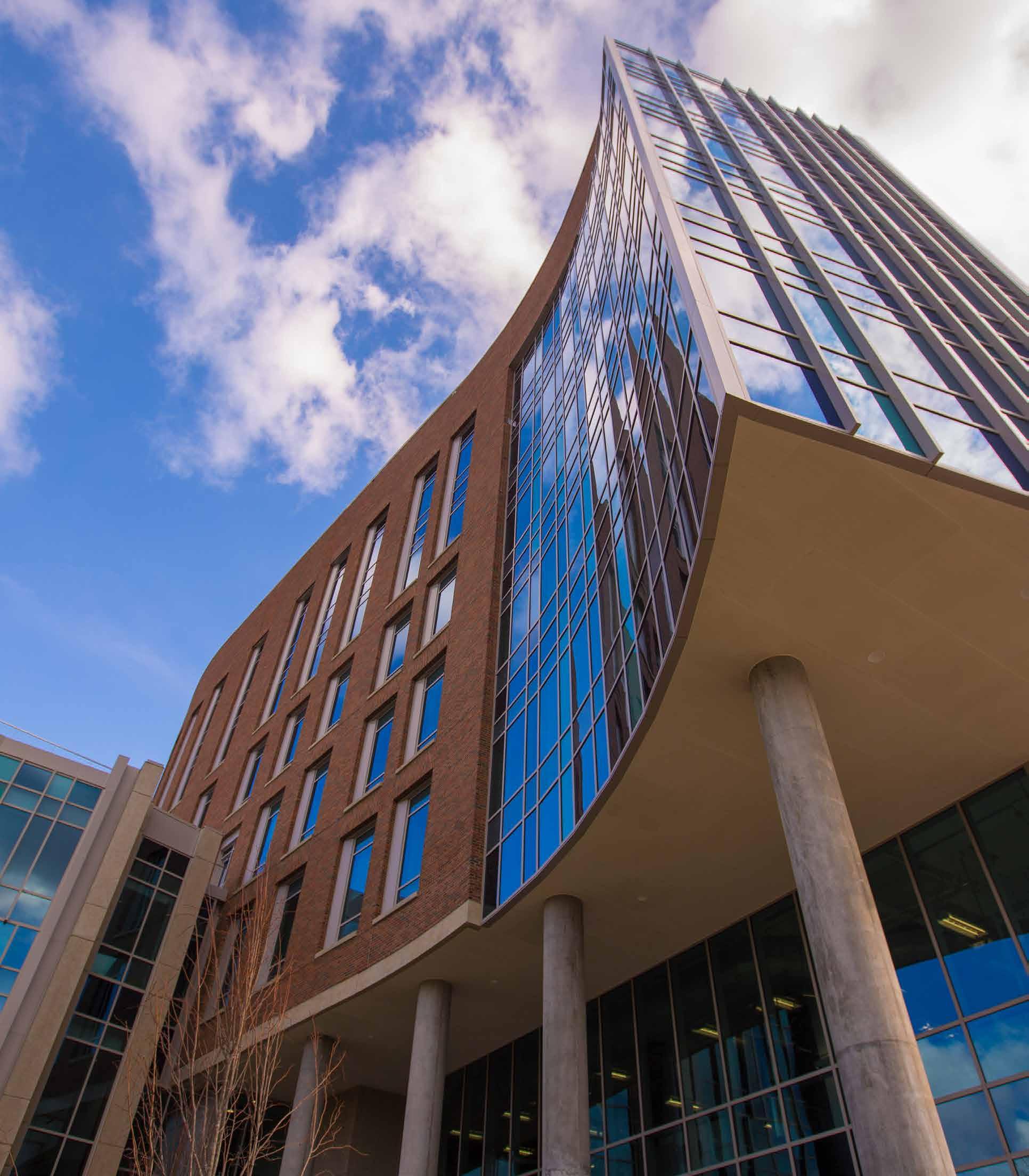
— Deanna Meador, Deputy Director, the Wond’ry

GLOBAL VILLAGE
GLOBAL VILLAGE
GLOBAL VILLAGE
© GlobalVillage Partnerships
ISBN: 978-1-949677-33-1